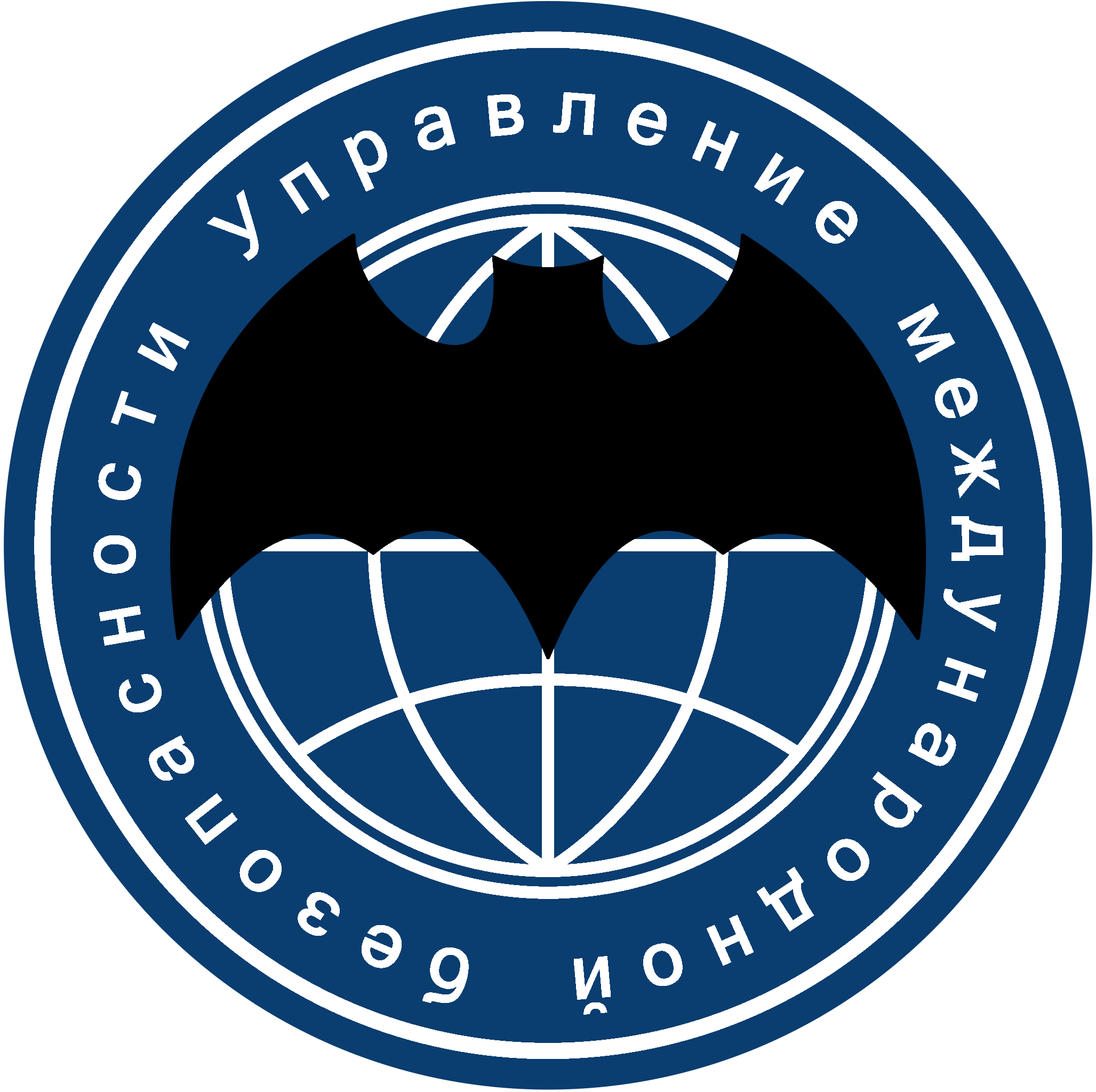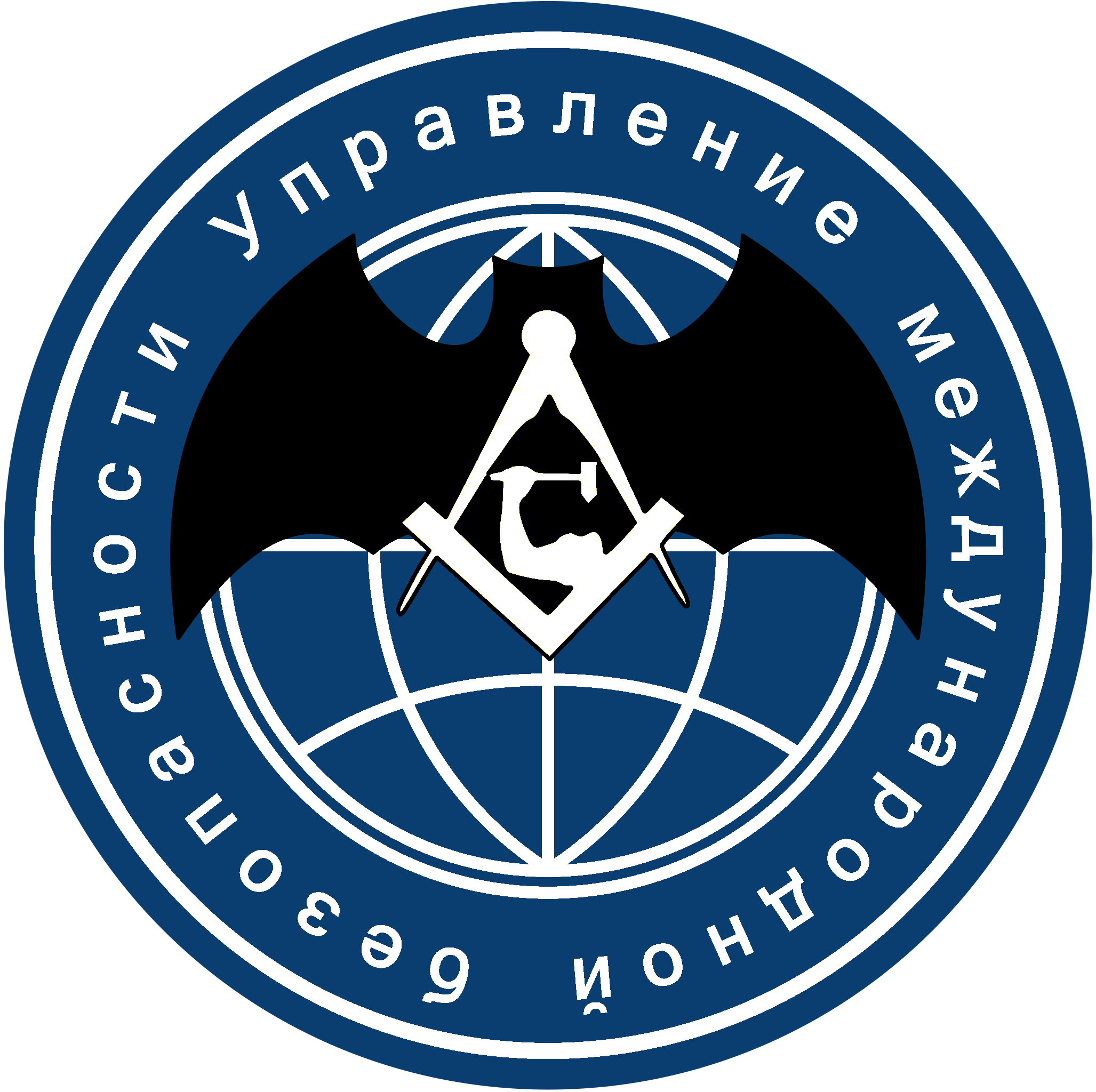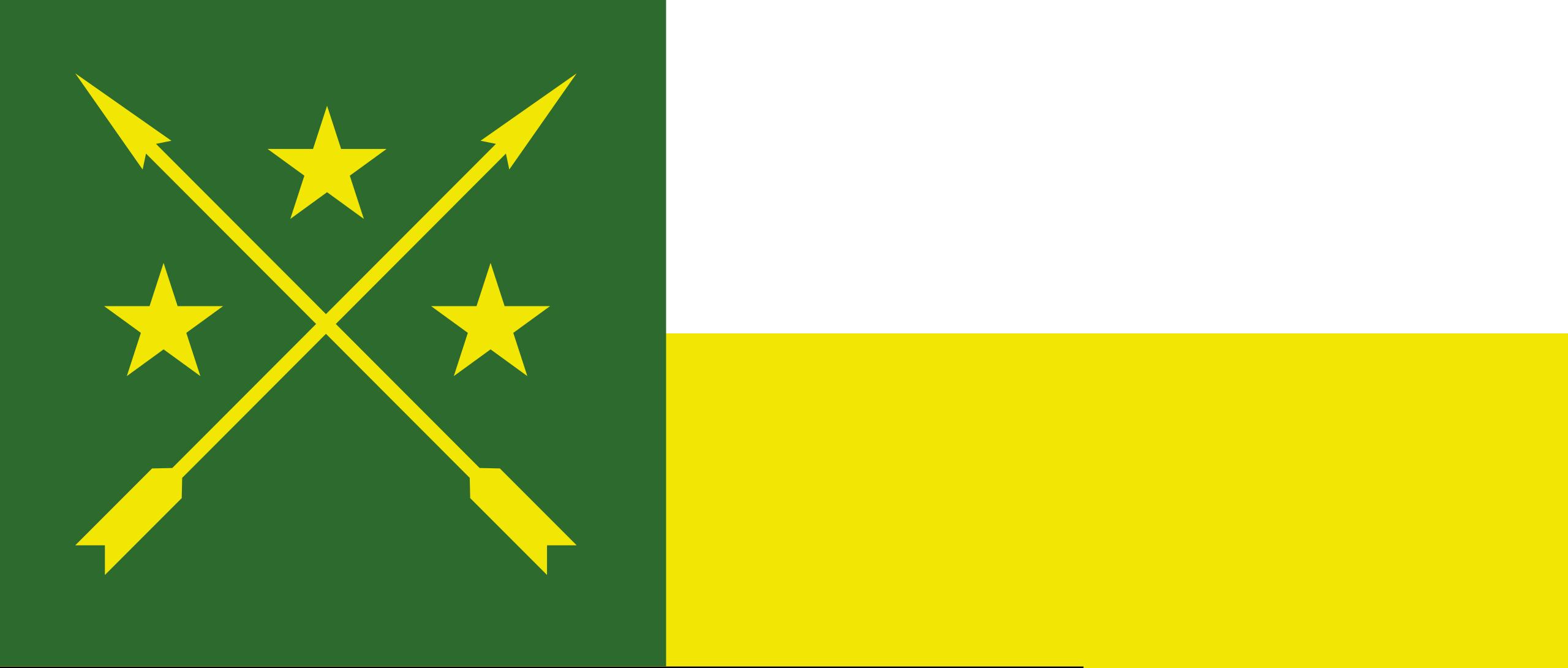The Confederacy
| The Confederacy | |
|---|---|
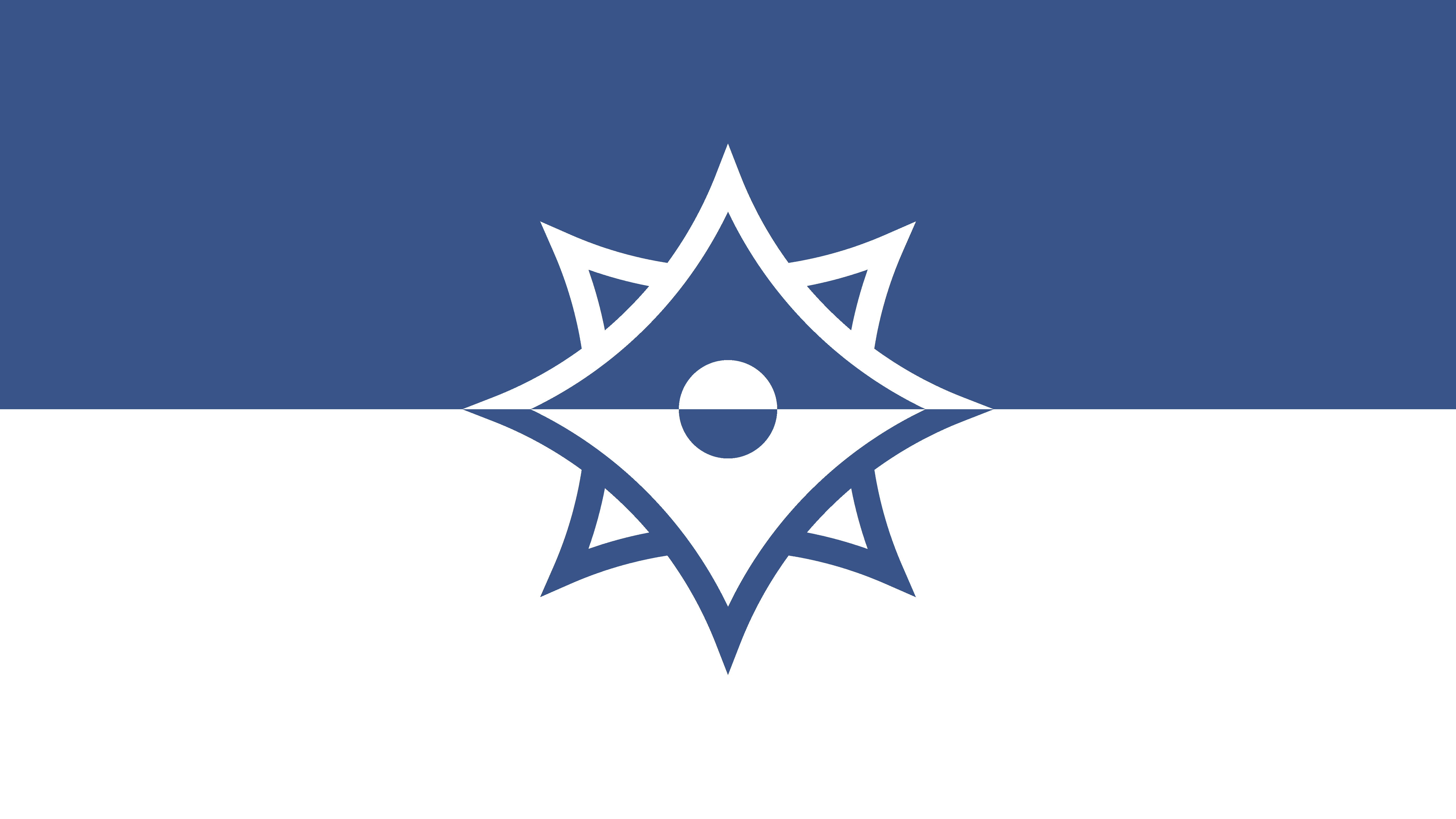  | |
| General Info | |
| Official Name | The Confederacy |
| Common Name |
|
| Motto | "Unitas vires facit" ("Unity makes strength") |
| Capital City | Mylatsk Metropolitan Area |
| Demonym | Confederate |
| Anthem | "United Nations on a March" |
| Politics | |
| Government | Confederated Semi-Presidential Republic |
| Ideology |
|
| Head of State | President Emija Āboliņa |
| Head of Government | Prime Minister Dhareef al-Shakir |
| Legislature | Confederate Senate |
| Ruling Party | CCP-CSP-EPP Coalition |
| Official Language(s) |
|
| State Religion | Secular |
| Currency | Confederate Ruble |
| Demographics | |
| Population | 7,881,035,487 |
| Species |
|
| Ethnic Groups | Various... |
| Major Languages |
|
| Minority Languages | Various... |
| Major Religions | |
| Assets | |
| Spacefleet | 962 Spacecrafts |
| Nuclear Arsenal | ~3450 Nuclear Weapons |
| Other Assets |
|
| Geography/Astrography | |
| Planet | Yata |
| Region | Global |
| Historical Info | |
| Founded | 350 |
| Dissolved | 397 |
| Preceded by | Mylonagrad Unification Treaty
Treaty of Perezatski War of Altai Liberation Syktyvkar Agreement Eurasian-Tanumian War Yetian-Eurasian War & 376 Referendums 380-381 Referendums 382-383 Post-War Referendums 384-386 Referendums 387-389 Sizzle Conflicts 389-391 Interwar Referendums Great War of Unity
393-394 Post-War Referendums
395 Integrations |
| Succeeded by |
|
| Other | |
| Created by | Hakced & Peter |
| Controlled by | Hakced & Peter |
The Confederacy, (Formerly the Eurasian Confederacy) was a sovereign confederal republic composed of several autonomous constituent states that each represented ethnolinguistic minorities within the nation as a whole. The Confederacy was situated across a vast majority of the world, making it by far the largest country in the history of Yata both territory-wise and population-wise (7.88 Billion) during its existence, though some nations that came after it would exceed its feats.
Summarised History
The Eurasian Confederacy was initially formed in the Mylonagrad Unification Treaty in 350, as the reunification of the Ruthenian and Tritonian Confederacies slowly expanded into a continental movement of unification, including Zapadoluvakhia, Eastern Idel-Ural, the Samoyed-Ugric Union and even Siberia, which until this point had been a bitter rival to the confederacy until the new chairman Zotov Konstantinovich held a speech known as "The Unthinkable Option" about the lack of a meaning behind the rivalry other than historical drama made no sense due to the linguistic and ethnic similarities between the two states. The new Eurasian Confederacy[1] was formed from the treaty ensuing from these talks as a unified political entity presiding above countless member republics and oblasts.
Following this initial declaration, the Eurasian Confederacy had greatly expanded with new member states acquired from the annexations of Luvakhia, Tanume, Altaylar, and much of Poland. A majority of these expansions were peaceful on Eurasia's end, or a intervention requested by a claimed republic, and then approved by the confederate senate. Despite these initial gains, Eurasia's first largescale expansion followed the Socialist Union of Yetia and its allies invading the entire Eurasian Confederacy, which ended up being unsuccessful on their part as the Eurasian Confederacy swept westward, initially merely occupying all of its captured territories in the formerly independent states of Poland, Turkestan, Kalevala, Svealand and Yetia, though eventually each of these nations was absorbed into the Eurasian Confederacy following a series of referendums. Following this more militaristic expansion, the Eurasian Confederacy returned to its method of more peaceful expansion, with the first series of post-war national admissions being in 380-381 with Nilastan, the Maldives, Scandimar, and Choros all voting to join the Eurasian Confederacy. During this period the Confederacy also had its first post-war conflict, with its brief intervention against Alduria which lead to limited territorial expansion. This first conflict, alongside Eurasia's meddling in foreign affairs, caused a significant crisis with the United Arab Republic, which launched a series of attacks on Confederate Territory, leading to the Confederacy launching a military intervention against both the UAR and Alduria, whom supported the UAR in its endeavour. This conflict ended in yet another Eurasian victory, and another round of referendums for new members of the confederacy. The nations of the Caucasian League, West Kurdistan, ex-Alduria, and ex-UAR all voted in favour of joining the Eurasian Confederacy following this conflict. Following this conflict, the Confederacy continued neutral expansion starting with Malta and a peacekeeping mission into Britannia, which eventually lead to Britannia joining the Confederacy. Several other nations which had already aligned themselves with the Confederacy joined in the same interwar period including the likes of Imperial Apothelis, Azeria, Nakmai, Nay'Bling, Italy and Yamalia.
In 387 the Eurasian Confederacy launched a peacekeeping intervention into the Xinan Uprising, occupying Utsong and portions of Sizzle. These territories were shortly afterwards integrated directly into the Confederacy following local demands to be granted full voting rights in the Confederacy considering they were under its occupation. Shortly afterwards conflict broke out within Sizzle once again, this time as a conflict between the puppet Beijing Government and its previous overlords in Minguk-Yakamoto. As this war turned in Sizzle's favour, becoming increasingly brutal in the process - especially towards civilians. Because of this, the Eurasian Confederacy launched several interventions into this conflict, occupying the Yakamotian islands, Jeju and Taiwan to secure their people from Sizzlean subjugation. During this same conflict the Confederacy supported an anti-authoritarian uprising in Poavak, which shortly afterwards ended up joining the Confederacy to prevent a descent towards ethnic violence. Following this there was a short period of peace until the nation of Uyghurstan stated its intentions to join the Eurasian Confederacy, causing the ultranationalist government in Sizzle to launch an invasion of Uyghurstan in order to regain former territories under the guise of 'protecting Uyghur sovereignty'. This invasion ended up failing however, as both the CIS and Confederacy moved to protect Uyghurstan, which eventually escalated into a full-scale conflict. This conflict rather swiftly turned to the Confederacy's favour thanks to its vast industrial and territorial might, ending with Sizzle being defeated and occupied. Following the conclusion of the war, Uyghurstan followed through with its plans to join the confederacy. Uyghurstan was shortly afterwards followed by the occupied Sizzle, whom voted in favour of joining the Confederacy for economic benefits and the advancement of minority rights. In the period of peace following the conflicts in Sizzle several other nations such as the Sizzlean Outer Territories Command, Ellaria, Corestias and Al'qitat joined the Confederacy.
In 392 a globe-spanning war broke out between the Eurasian Confederacy and the Anti-Globalist Pact, a alliance formed to stop the Confederacy's continued expansion, due to an AGP-orchestrated takeover of the Confederacy-aligned nation of Centroamerica. While the war was initially in the AGP's favour, once fully mobilized the Confederacy managed to launch a devastating counteroffensive, occupying much of africa. As the Confederacy pushed south down the continent, it cooperated with its various allies in the Americas in order to additionally invade and occupy the AGP's American members, eventually leading to the alliance's unconditional surrender to the Confederacy. Following the war, the AGP's former territories were briefly reorganized into Military Administrations, until being fully integrated into the Confederacy. Upon this massive expansion, the Eurasian Confederacy officially renamed itself to just "The Confederacy", signifying its dominance over a vast majority of the world. Following the conclusion of this war, several of the remaining sovereign states of the world began to hold referendums and join the confederacy, with Cotunauinia-Luvuria, Centroamerica, Ireland, Titicaca, Yorica, Midway, Spisos, Malagasia, Denasola and Asophania all holding referendums of their own. Following these acquisitions the Confederacy's power became significant enough to integrate a vast majority of its remaining aligned-regimes including the likes of the Red Army, Luxuria, Islandia, Floria, Argentina, Skye, Lustland, Nunland, Catania, Kauria, Noveau Normandie, Cajilia, Australis, and Celtic. Following this legislative and executive elections were held in which the Confederate Solidarity Party once again won re-election. Due to the still mixed opinions of the confederacy in much of its new territories, this election was accused of fraud leading to several new Anti-Globalist political parties to form a joint investigative commitee into the matter. While this was underway the Confederacy seized considerable portions of the Alicorn Kingdom, whom had evacuated up into the mountains in order to maintain their magical barrier with higher power in fear of the newly united humanity. The only other notable event following this period was the disappearance of The Holy Land, whose final communication was an omen predicting The Confederacy's fall.
The Anti Globalist Bloc made their move, hiring militants to launch "Operation Midnight" to seize classified documents from the Department of Security's regional headquarters in Palladia City. They successfully infiltrated and seized several documents before fleeing, which they handed over to the AGB. Fearing for their safety after reading the documents, the AGB and Militants headed out in a series of trucks towards the neutral Kalmykia. Confederate Spetsnaz were quick to intervene, sighting them moving throughout Ukraine. Roads were blocked near Rostov, forcing the AGB to flee off-road to escape the Spetsnaz, whom kept assembling obstacles to slow down the AGB. A firefight broke out along the border of Kalmykia, with only three individuals aligned with the AGB fleeing across the border with the documents, with all others dead or captured. The Confederacy promptly contacted Kalmykia, demanding the documents be returned or else. Kalmykia obliged, although secretly beginning to procure copies of said documents to distribute throughout the region. The documents quickly went public, revealing the Confederacy's manipulation of international events to gain its position of power, leading to several republics seizing emergency powers to nationalise all Confederate assets in their territories. In the subsequent emergency session of the Confederate Senate the Confederate Communist Party resigned from the ruling coalition following a proposal by prime minister Dhareef al-Shakir that stated that Kalmykia was to be destroyed, leading to the government losing its majority in the senate. According to the constitution this would lead to snap elections and the President Pro Tempore of the Senate becoming acting prime-minister, though pro tempore Serhij Sytnyk of the Confederate Communist Party refused, leading to no official government existing anymore. In response, President Emija Āboliņa seized emergency powers to respond to the crisis. Kalmykia was promptly invaded and occupied, yet it was too late as countless uprisings began throughout the country. The global economy was quick to collapse as the rebels advanced, leading to countless Republics seizing de-facto independence at an accelerating rate as the crisis escalated. The remaining loyalists legalised the President's emergency powers, while the Departments of Defence and Security were quick to warn that if the crisis isn't solved they would intervene. The first republic to declare full independence was Catania, leading to the Defence and Security departments under the influence of the military-industrial complex launching a military coup against President Abolina, handing over power to an emergency military government. This move lead to several republics becoming alienated from the central government, seizing further powers or also declaring their full independence. The Confederate Senate's remnants begin to work on a denouncement of the military government due to these failures, though they are stopped by military forces that lead to the majority of senators resigning, with the Military Government attempting to save face for the incident by admitting they had made mistakes but would keep fighting for The Confederacy. The secessionist Kipchakistan decided to take advantage of the situation, launching an invasion of Mylonagrad in order to seize power, leading to the powerful Rus Federative Republic marching its militia into the capital to stop both the Military Government and Kipchakistan, wiping out both of them only to withdraw afterwards. With the capital in chaos, the few remaining bureaucrats, senators, and local figures formed another emergency coalition government known as the 'January 27th government', though this was even less legitimate than the military leading to them losing essentially all power beyond Mylonagrad. One by one each republic declared their independence in local federations, as Mylonagrad also fell to secessionists leading to the January 27th Government fleeing to Pirtil. With the Confederacy now effectively non-existent, the January 27th Government officially announced the dissolution of The Confederacy and handed over their powers to the local governments in their final holdings in southern Nilastan, which was reorganized into the Confederacy of Dravida Nadu.
Decades after The Confederacy fell, Yata was reunified under the Yatan Comamonwealth as it sought to rid itself of the capitalistic ways that The Confederacy had implemented. This did not lst though, as the socialist experiment was soon crushed during the Yatan-Theian War as the Theian Federation ended up winning the race to unify (at least a majority of) humanity under one regime, leading to the birth of the Yatan-Theian Federation. The Coonfederacy is looked back upon with mixed views by the Federation which succeeded it, as it was seen as a first attempt of the dream that it had achieved, yet flawed due to its lack of regulations and corruption even if it managed to remain much more ideologically cohesive.
Government
The Confederacy's government was divided into two "levels" of government. On the internal perspective, the nation was a full confederacy, with each member being entirely self-governing in all matters other than foreign policy and defence (though some institutions did overlap over boundaries). This leads us to the second level of government, where the Confederate Senate had full power over the two matters alongside necessary administration.
Politics & the Confederate Senate
There were several hundred seats in the senate, most of which were directly elected[2]. Alongside the senators there were two speakers - the President and Prime Minister. Most republics elected twenty delegates, with some exceptions. These delegates were elected from each republic on a fairly equal basis, although most senators within the confederacy held seats in each republic's own Republic Senate instead of the much larger Confederate Senate.
In the Senate, there traditionally was three factions based on the left-right political spectrum, with a notable exception of the phase just after the Mylonagrad Unification Treaty, in which political parties from each of the formed nation states operated freely within the country. Since then though the situation had stabilised, with a majority of these parties clumping together into larger parties based on ideological similarities, leaving 8 remaining parties, only 1[3] of whom did not join up with a larger party. These new larger parties had returned to the left-right status quo, with a major far left to centre left bloc composed of the ECP, ESP and EPP, and a major centre right to far right bloc of the NCP, EOP and GEP. Two parties generally stayed out of the 2 large blocs, these being the NFP and TPP, who typically had not aligned with either side. The Left Bloc of the ECP-ESP-EPP was in charge for most of the nation's history, with President Emija Āboliņa from the Republic of Latvija and Prime Minister Dhareef al-Shakir from Al-Khaleej Province, Republic of Arabia being the final two recognised leaders.
| Logo | Name | Ideology | Position | Status |
|---|---|---|---|---|
| Pan-African Socialist Party |
|
Far-Left | Opposition | |
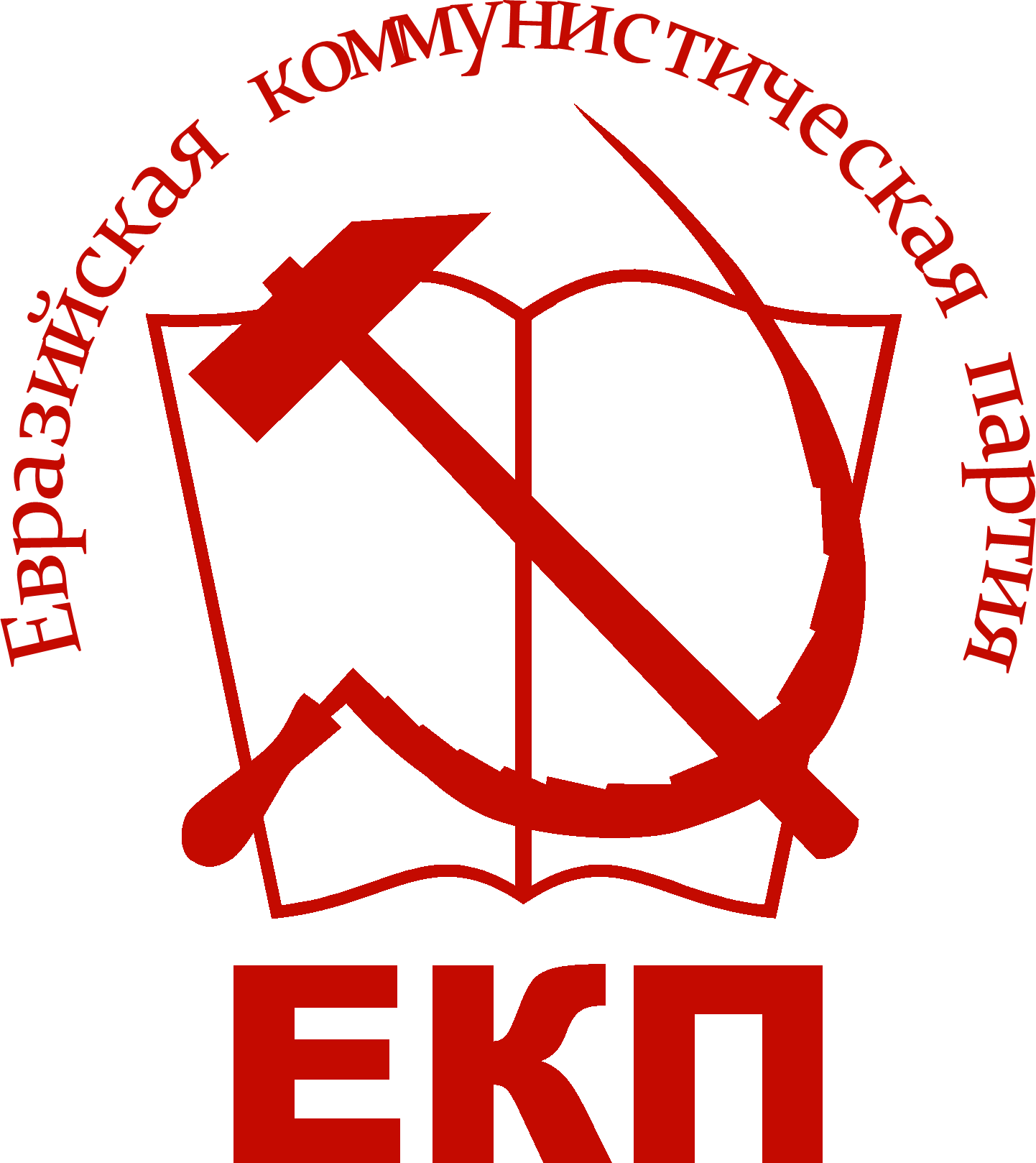 |
Confederate Communist Party |
|
Left-Wing to Far-Left | Government |
| People's Movement for Patria Grande |
|
Left-Wing | Opposition | |
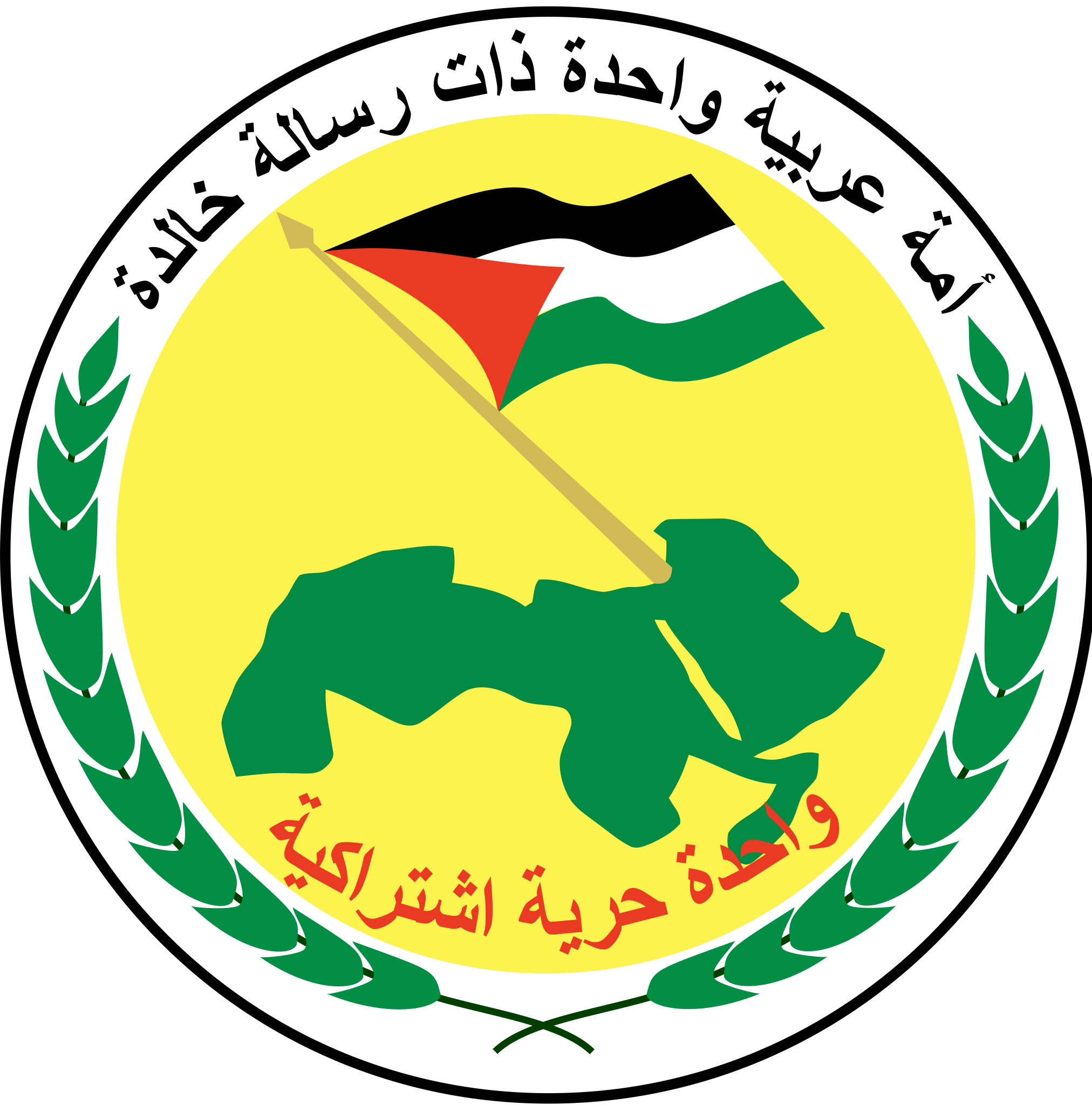 |
Arab Socialist Ba'ath Party |
|
Left-Wing | Fringe Opposition |
| Committee for the Total Liberation of Yatan Peoples | Anti-Globalism | Left-Wing | Opposition | |
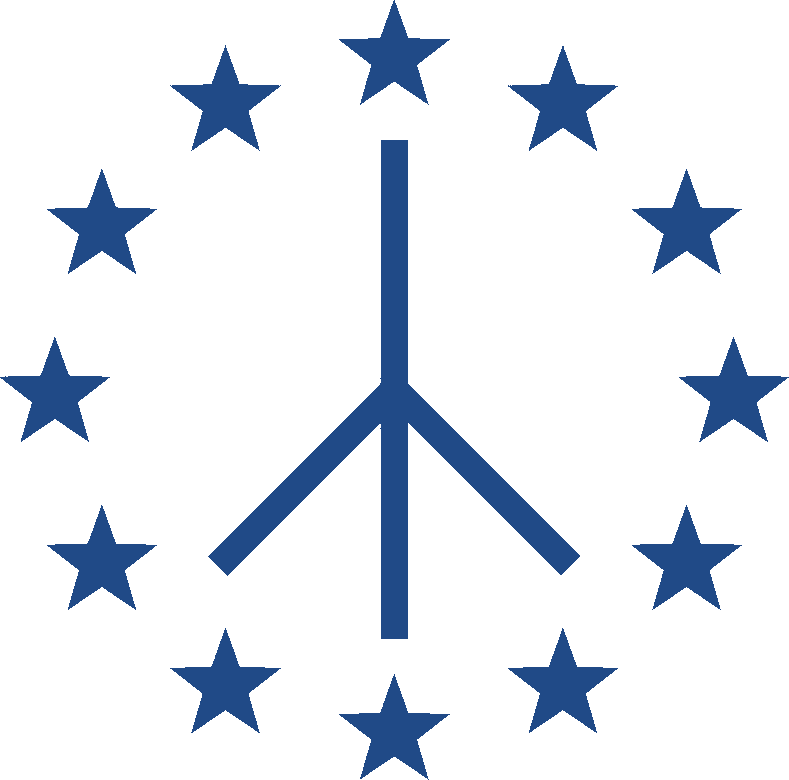 |
European Peace Party |
|
Centre to Centre-Left | Government |
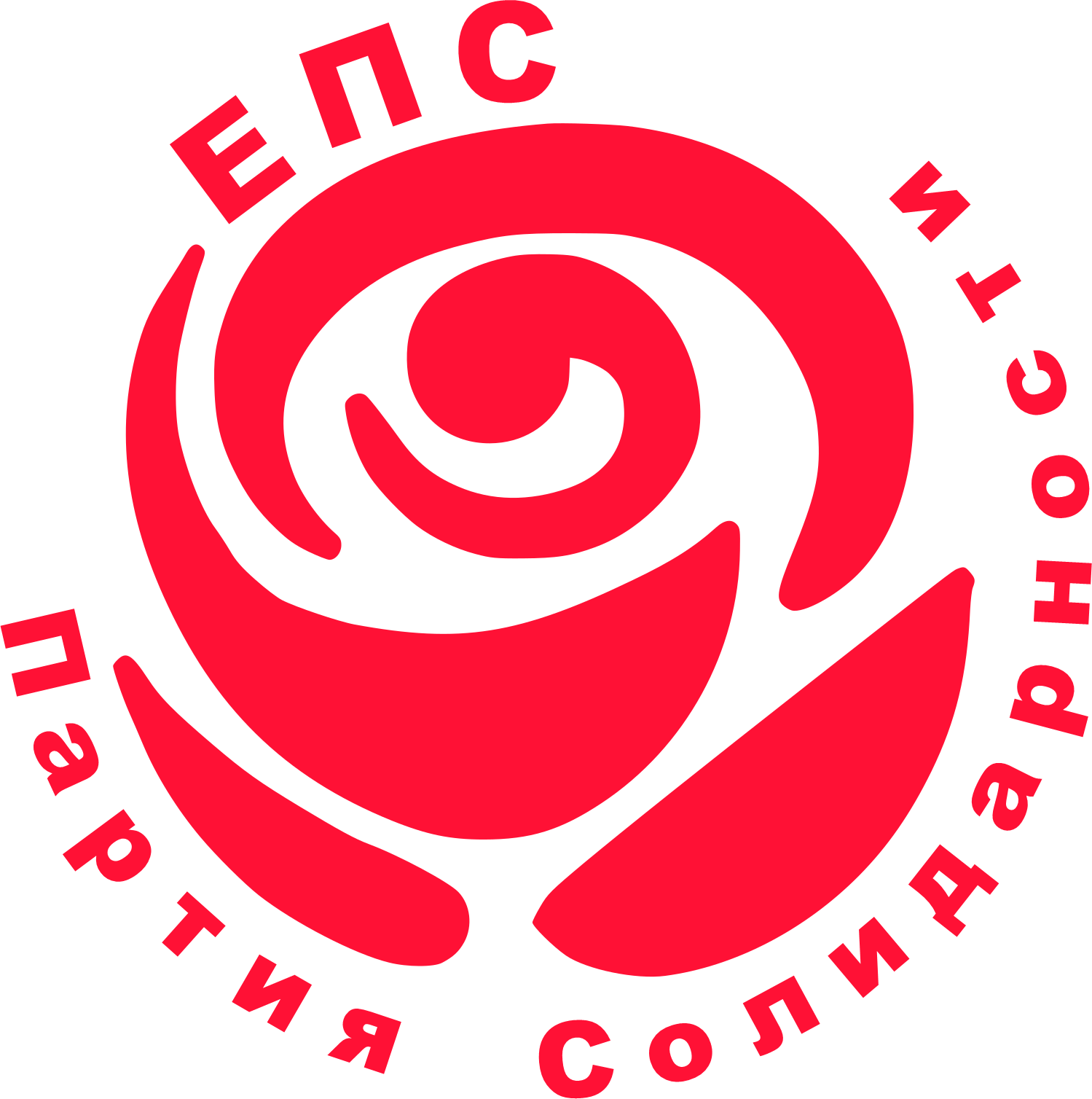 |
Confederate Solidarity Party |
|
Centre | Government |
 |
New Federalist Party |
|
Centre-Right | Opposition |
 |
National Confederate Party |
|
Centre-Right | Opposition |
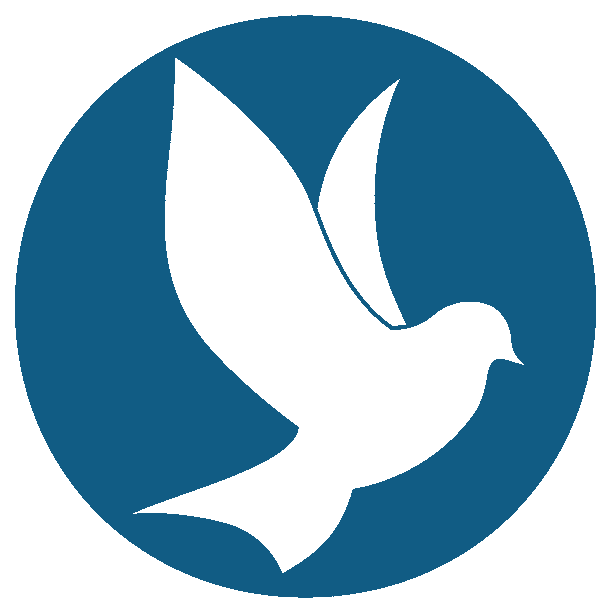 |
Confederate Orthodox Party |
|
Right-Wing | Opposition |
 |
Vieille Europe |
|
Right-Wing (Mostly) | Fringe Opposition |
 |
Greater Confederacy Party |
|
Syncretic | Opposition |
 |
Turkic People's Party |
|
Right-Wing to Far-Right | Fringe Opposition |
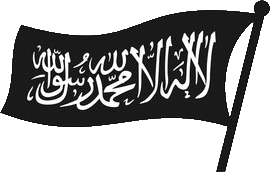 |
United Ummah Party |
|
Far-Right | Fringe Opposition |
Foreign Relations
The Confederacy was generally neutral geopolitically, as it was not a part of any major bloc. Therefore, most alliances the Confederacy had were with individual nations. Its closest allies were the myriad of 'aligned regimes' situated across the globe, whom had each declared their allegiance to The Confederacy's goals and ideals. Other than these, the Confederacy's closest allies included the likes of the Commonwealth of Independent Systems, Iujadogia, and several other Theian nations.
Departments and Ministries
Department of Defence
The Department of Defence was the governing body behind the Confederate Armed Forces. The President of the Confederacy was the commander-in-chief of the forces and directs the department, while the minister of defence exercised day-to-day administrative and operational authority over the forces.
Department of Security
The Department of Security was the governing body behind The Confederacy's internal, foreign and military intelligence agencies.
Confederal Security Bureau (CSB)
The Confederal Security Bureau was the main internal security agency for The Confederacy. It was under the command of the Department of Security, with the goal of carrying out internal security, foreign intelligence, counter-intelligence and secret police functions within and outside of The Confederacy.
International Security Directorate (ISD)
The International Security Directorate was The Confederacy's intelligence agency responsible for handling military intelligence, and was reportedly the largest intelligence service within the entire confederation. It was notable for executing more riskier operations than its contemporaries, making use spetsnaz forces.
Branches
Department Logos
-
KBB
-
UMB
-
Paradivizion
Culture
Due to its sheer size and diversity, the Confederacy generally lacked a unifying culture other than the core principles of the Confederacy. Because of this, the Senate had been handed the responsibility of handling cultural events that cover the whole Confederacy. These include expected traditions from religions such as Christianity and Islam, but also include more enigmatic traditions such as the ancient Zantozacorian festival known as "Psantis Valoris", itself based upon an even older Genian rite known as Tenandan.
Economy
The Confederacy has a mostly mixed economy, protecting private property and economic freedom while granting the government the right to interfere in the economy in order to achieve socioeconomic aims. While many of the more urban areas of the Confederacyare more service sector oriented, much of the nation is still dominated by the petrochemical sector, agricultural sector, and industrial sector.
The Confederacy has the largest economy out of any terrestrial nation within Alpha Sol as a whole, with Polsk being the second richest.
Confederal Subjects
The Confederacy was composed of several Confederal Subjects, all of whom were either classified as Republics, Oblasts/Provinces/Pradeshes, Autonomous Oblasts/Provinces/Pradeshes, Territories, Confederal Cities and Autonomous Okrugs/Districts. Out of these various types of subjects the most important and influential were Republics, to which all other subjects were subservient to.
- Provinces/Oblasts served as a first-level administrative division. Each province had its own state government and state legislature, the Provincial Assembly, that was democratically elected.
- Autonomous Provinces/Oblasts had increased powers compared to traditional provinces, but not enough to be considered a Republic. These were often home to ethnic minorities, although this is not always the case.
- Confederal Cities were cities that both held the status of an inhabited locality and a constituent confederal subject. These were often significant cities for state security, holding positions as capitals or major cities of larger republics, or were otherwise strategically significant.
- Territories/Krais were regions that historically served as borderlands, albeit usually no longer serving as such. Each territory had its own state government and state legislature, the Legislative Assembly, that is democratically elected.
- Autonomous Districts typically existed to give autonomy to small ethnolinguistic minorities. Then often had similar powers to Republics, although were often subservient to other Confederal Subjects. In the case of a Republic voting in favour of seceding from the Confederacy, the Autonomous Oblasts and Districts of said republic were granted the right to either remain under the Confederacy via referendum or become wholly independent via referendum.
Confederate Republics
Republics were autonomous nations that are part of The Confederacy, each acting like sovereign nations except for foreign policy and defence being relegated to the Confederate Government. Each republic had its own constitution, language and legislature, unlike most other Confederal-subjects. Most Republics were home to a specific ethnic minority (or group of minorities). All other types of Confederal Subject were part of, and thus subservient to a larger republic - though some Republics lack such subdivisions.

| Flag | Name | Full Title | Capital | Official Languages |
|---|---|---|---|---|
 |
Abard | Federative Republic of Abard | New Abard |
|
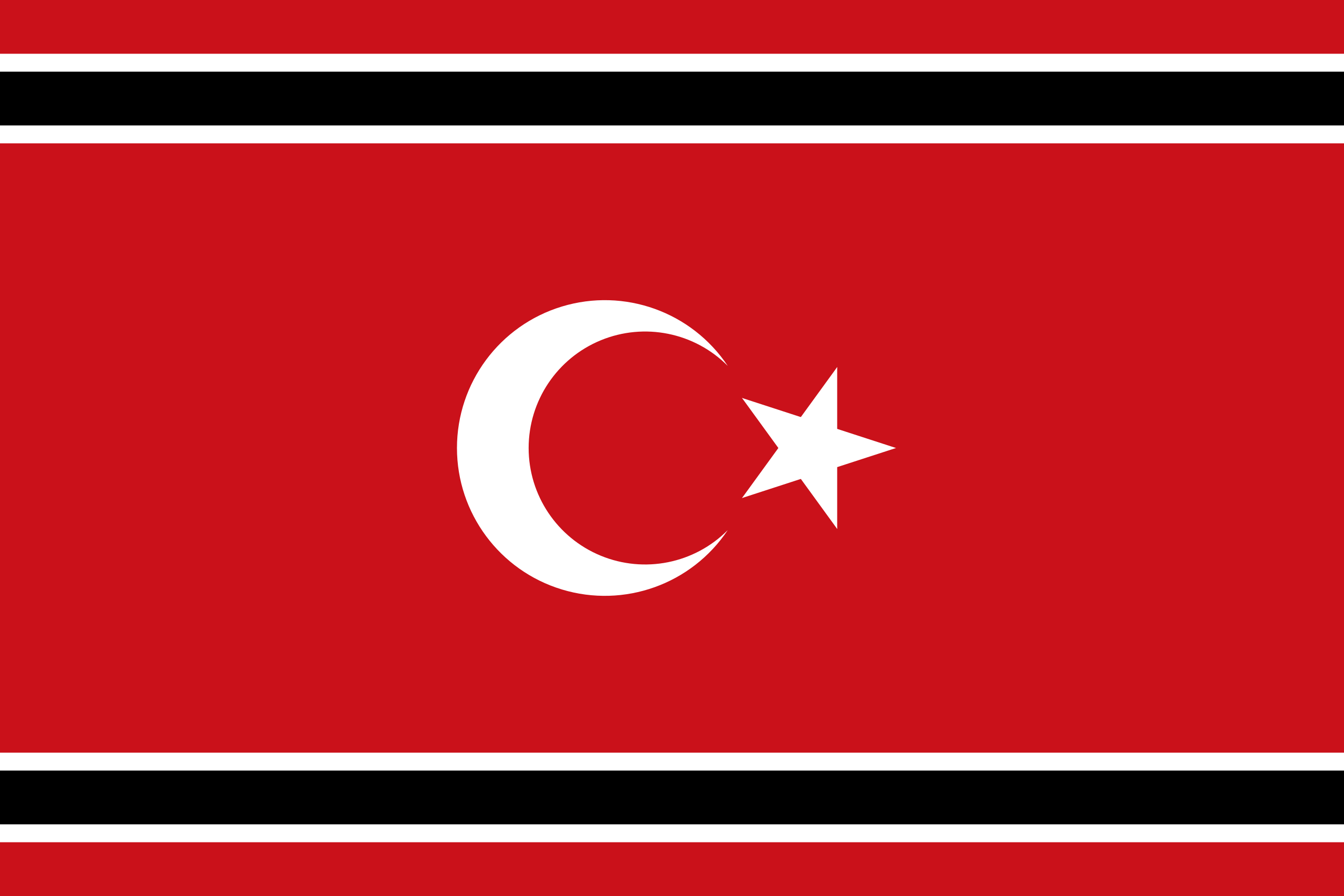 |
Aceh | Republic of Aceh | Banda Aceh | Acehnese |
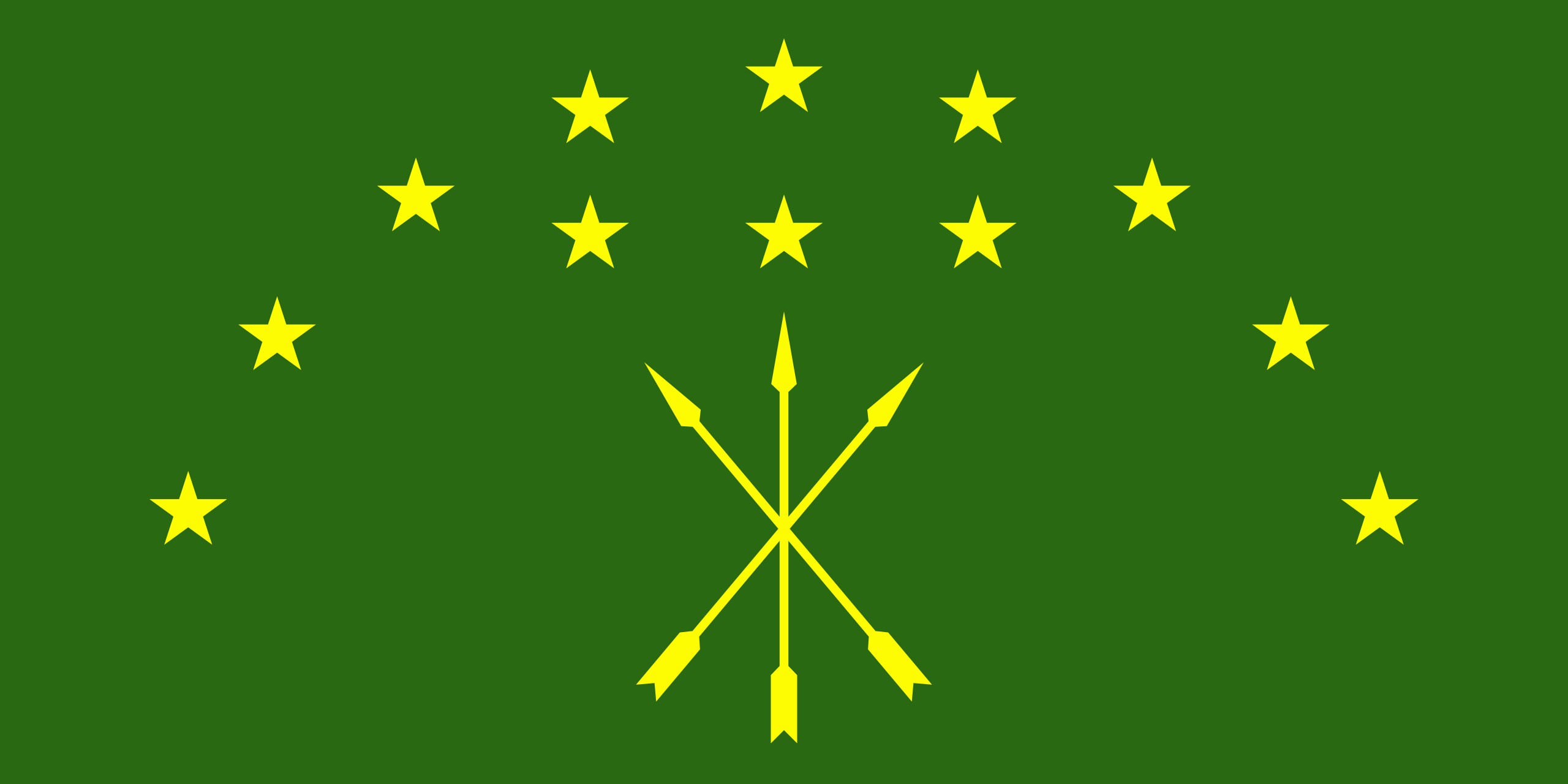 |
Adyghe | Republic of Adyghe | Maykop | Adyghe |
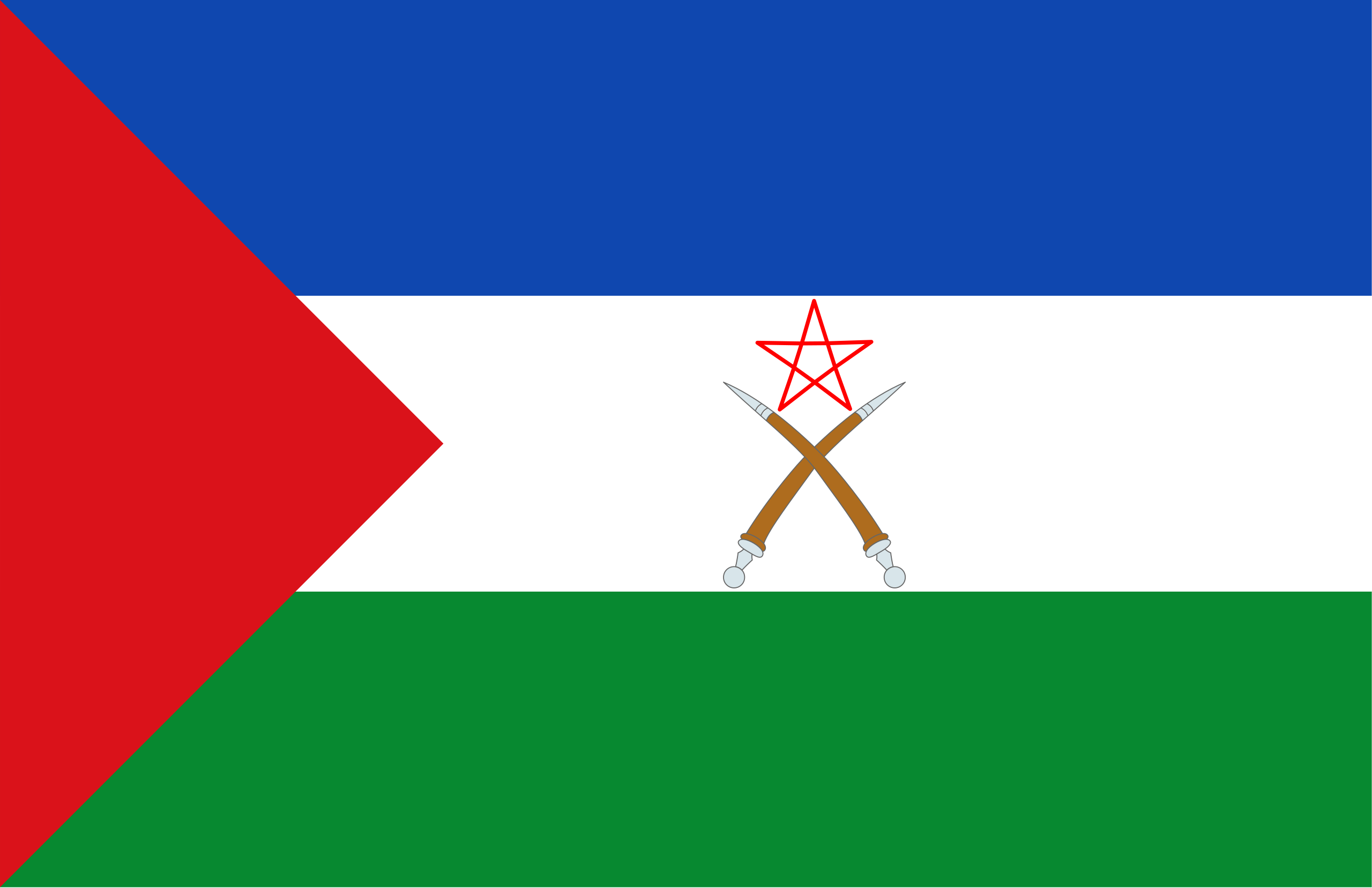 |
Afaria | Republic of Afaria | Aysaqiita | Afar |
 |
Afsharia | Republic of Afsharia | Sirjan |
|
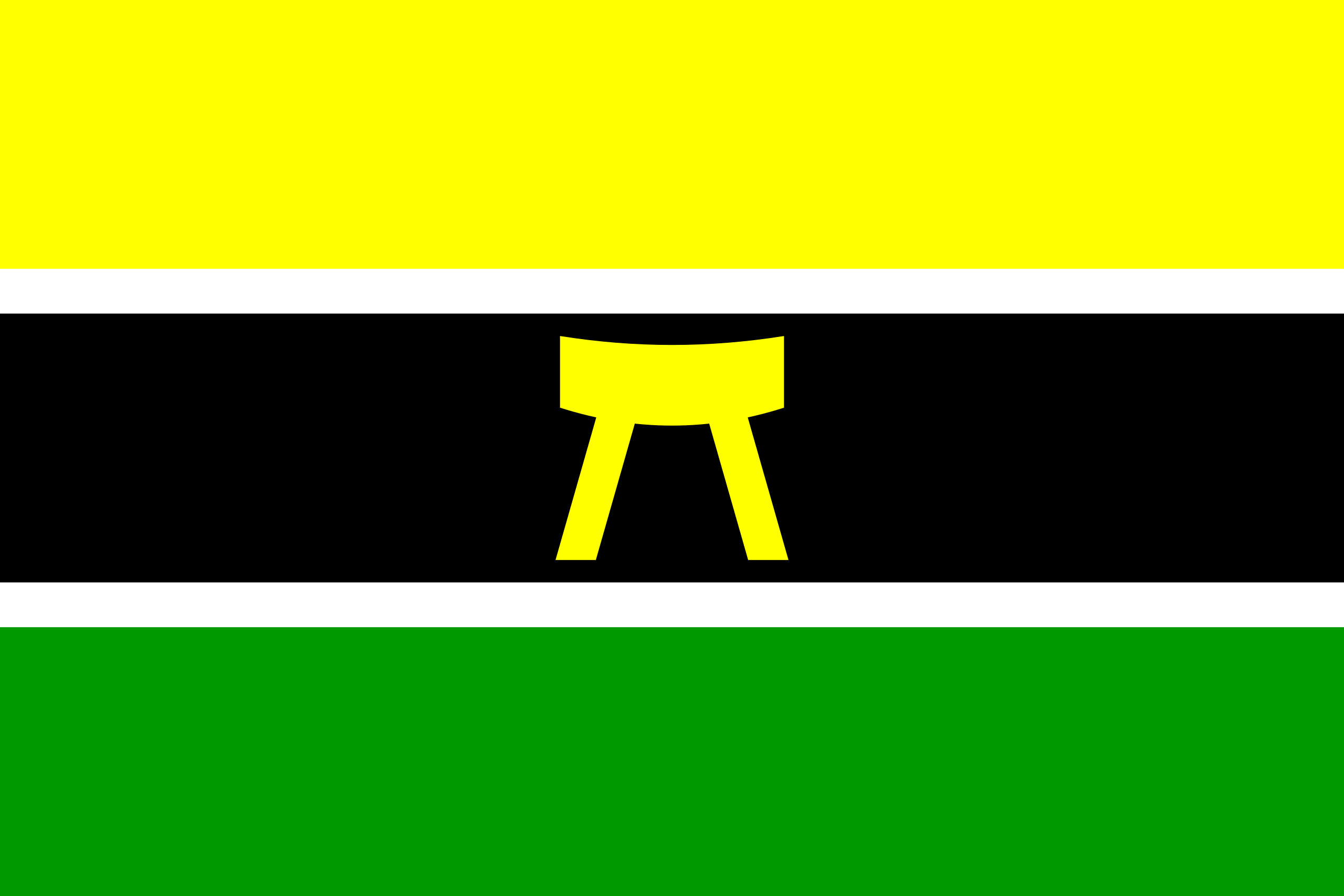 |
Akan-Kwa | Republic of Akan-Kwa | Accra |
|
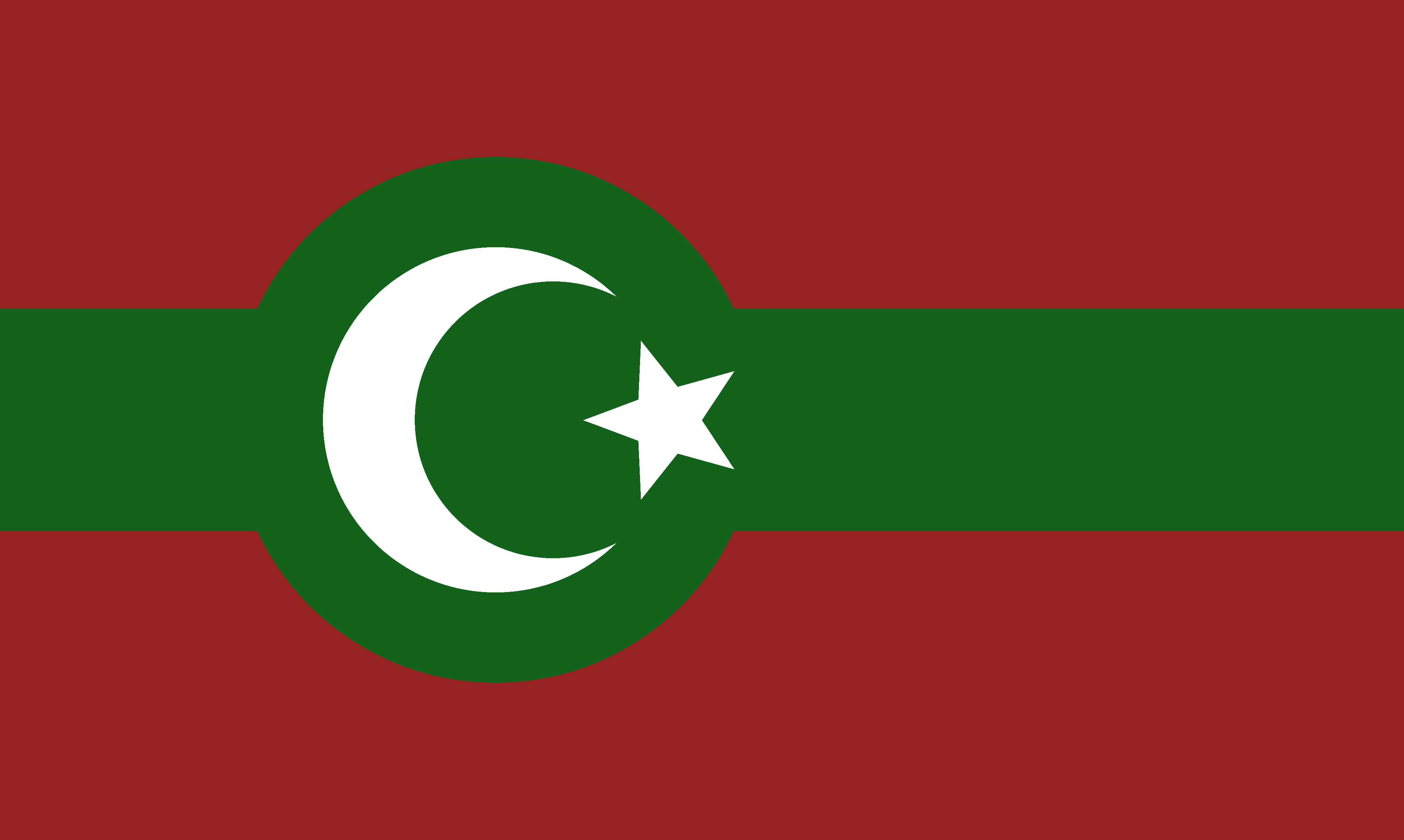 |
Alduria | Republic of Alduria | Basra |
|
 |
Altai | Altai Republic | Ulala (Gorno-Altaysk) | Altai |
 |
Alyphia | Republic of Alyphia | North City | English |
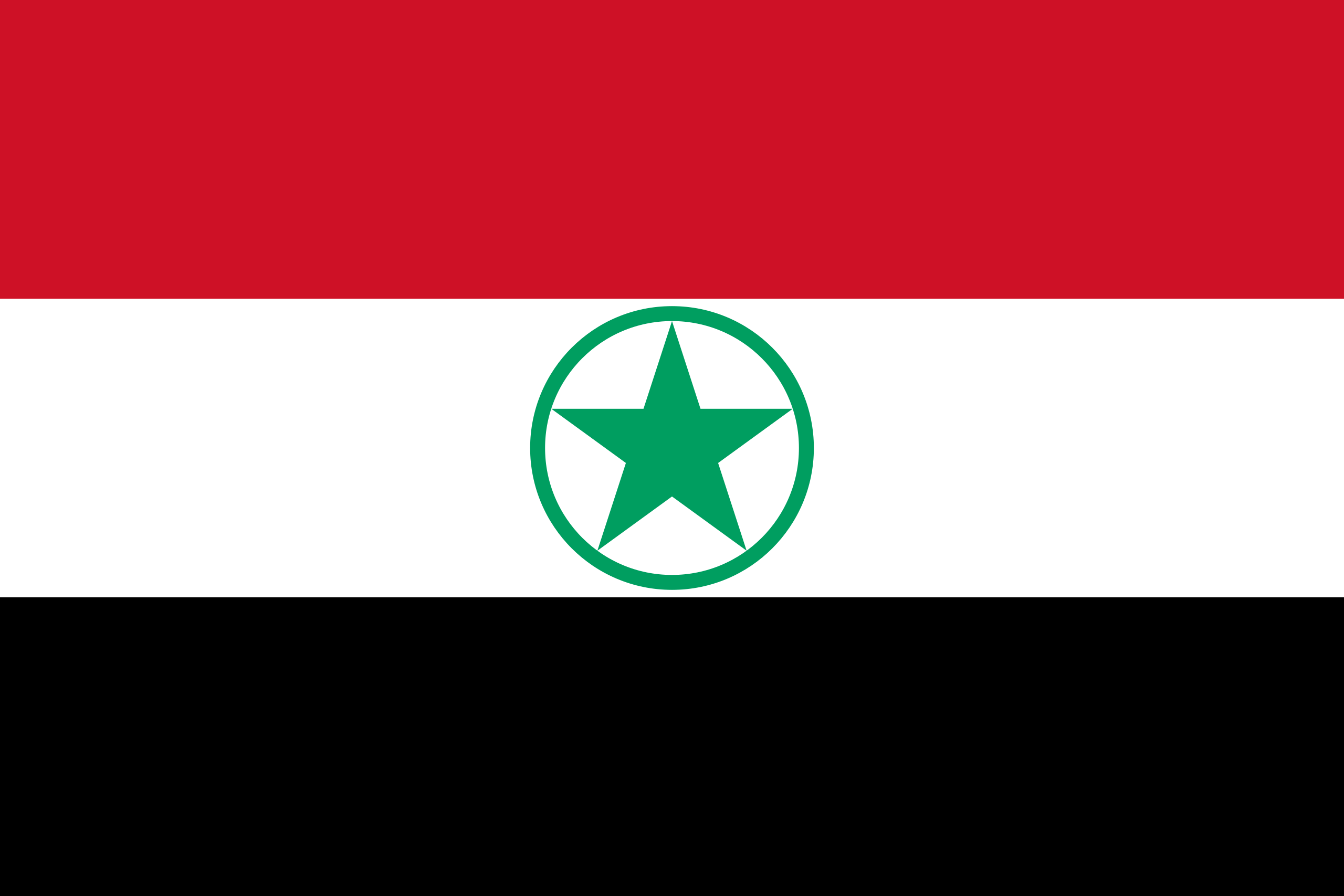 |
Alyunan | Republic of Alyunan | Kashmar |
|
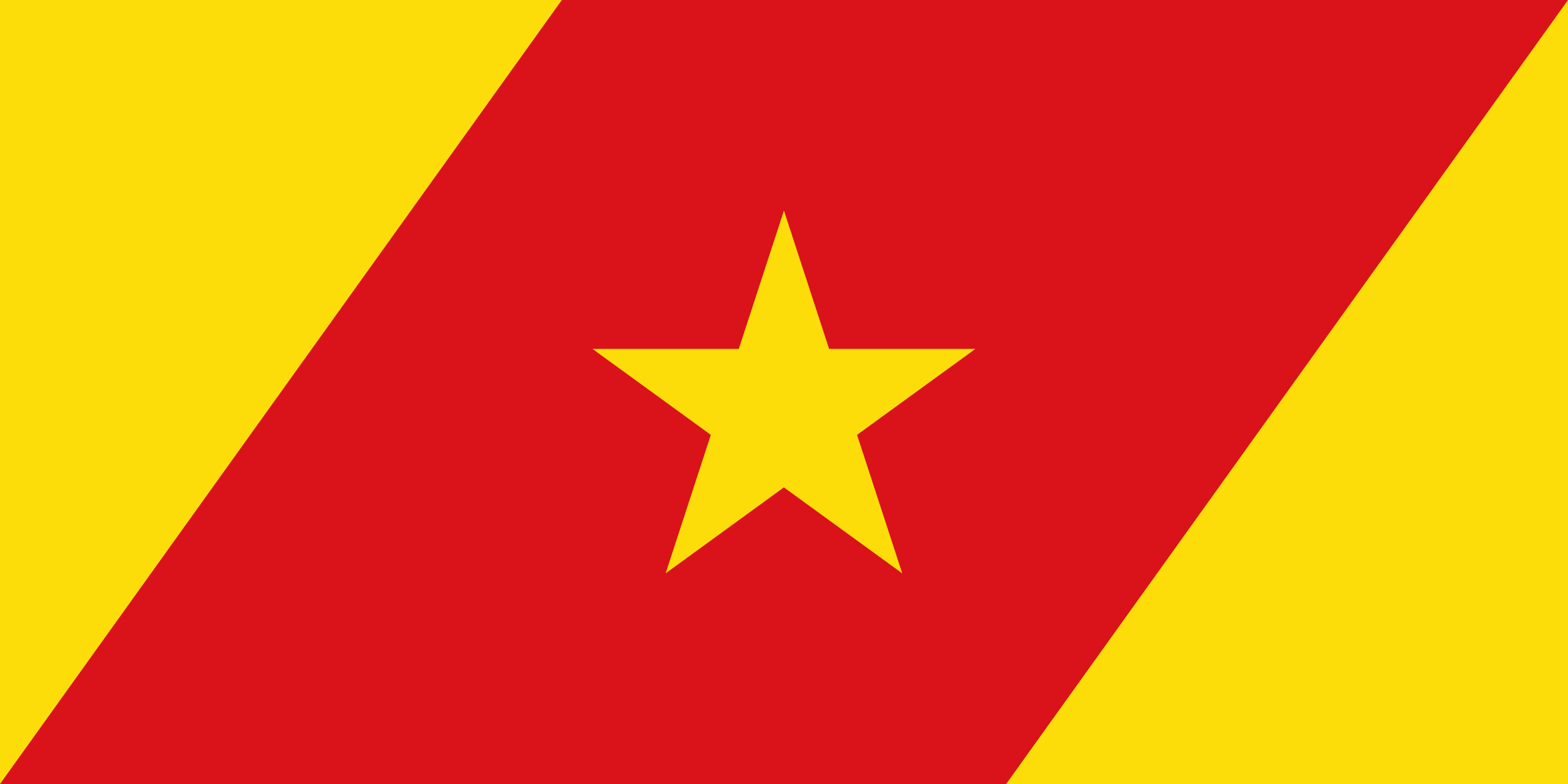 |
Amhara | Republic of Amhara | Bahir Dar | Amharic |
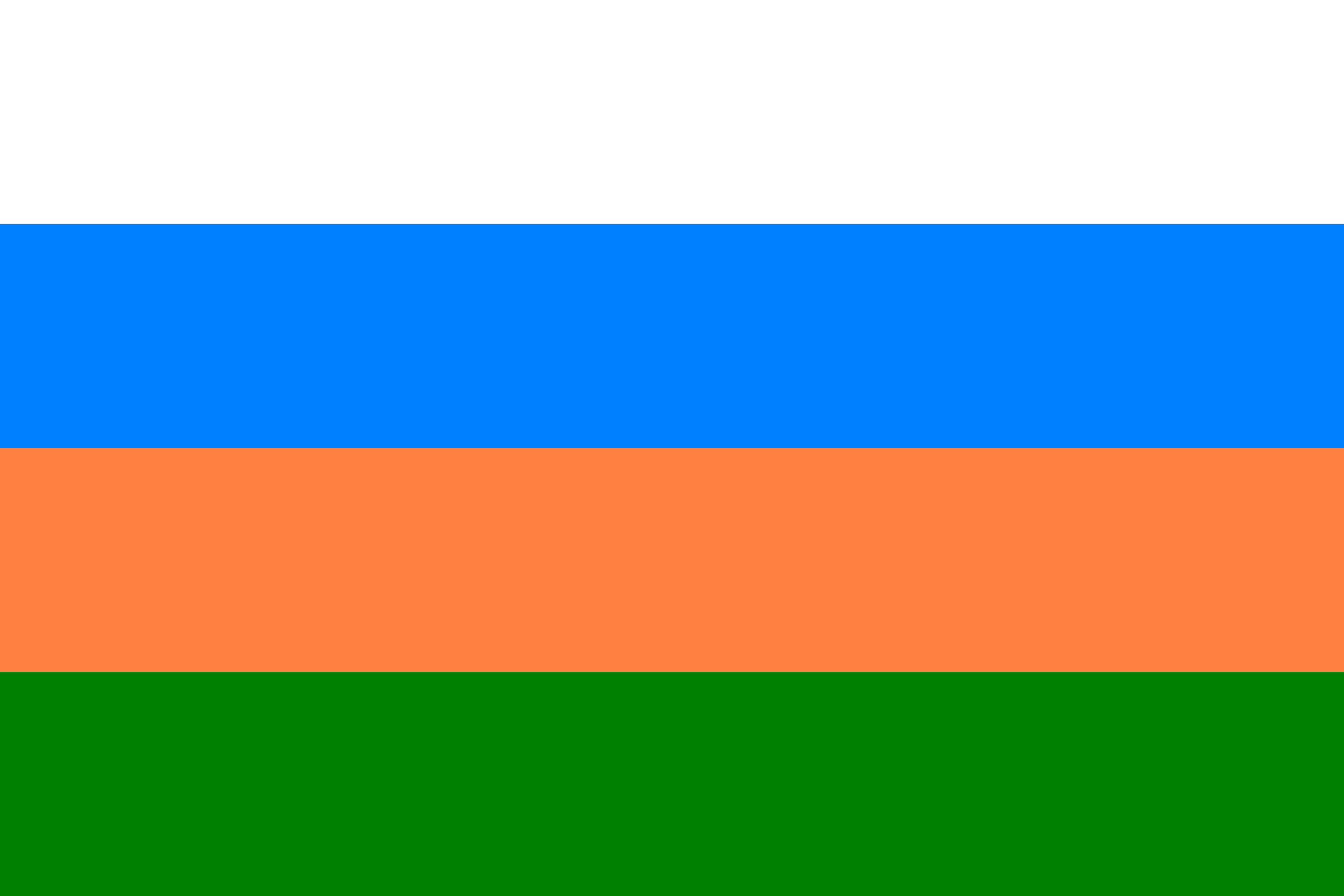 |
Andhra Desam | Republic of Andhra Desam | Hyderabad | Telugu |
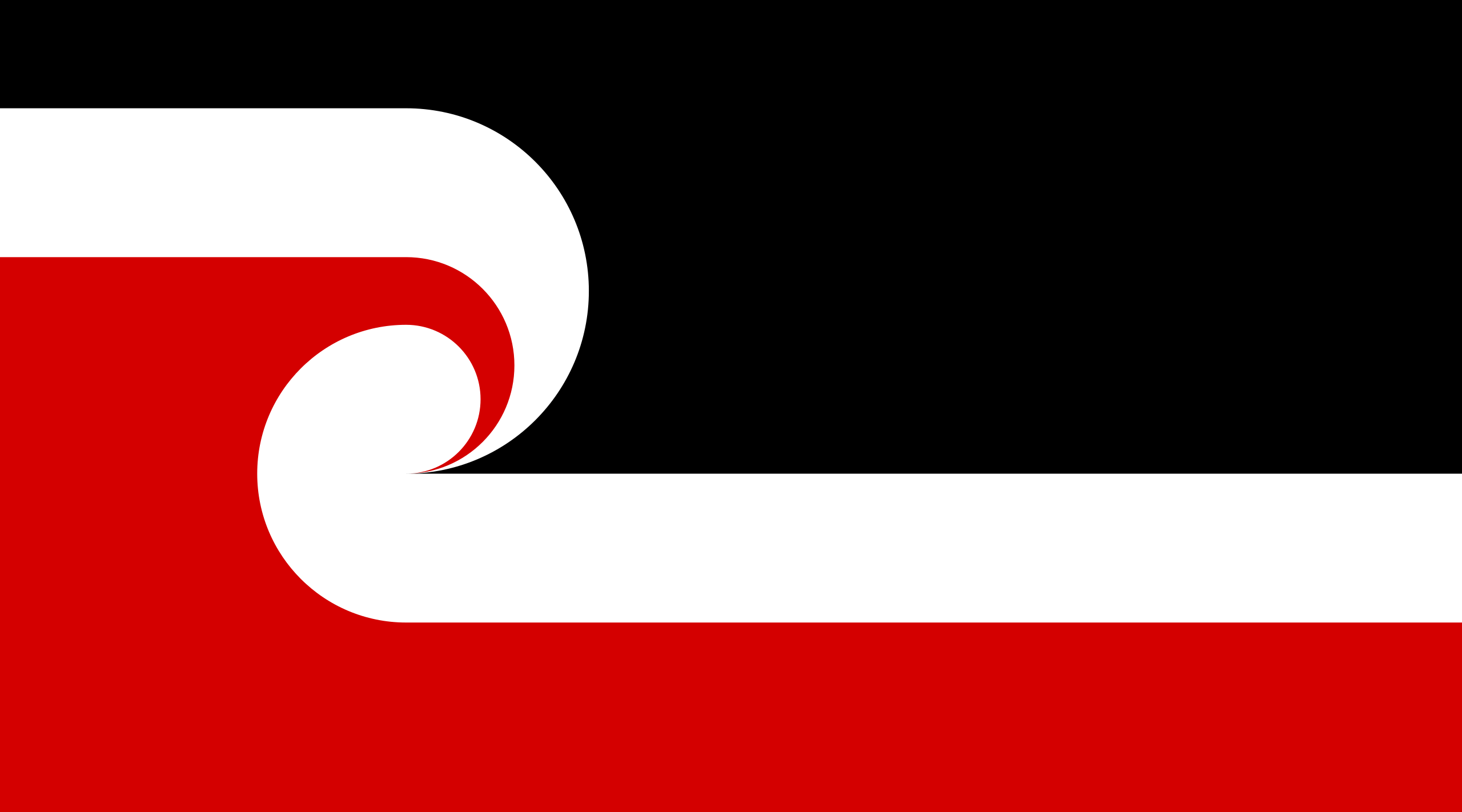 |
Aotearoa | Republic of Aotearoa | Tāmaki Makaurau | Maori |
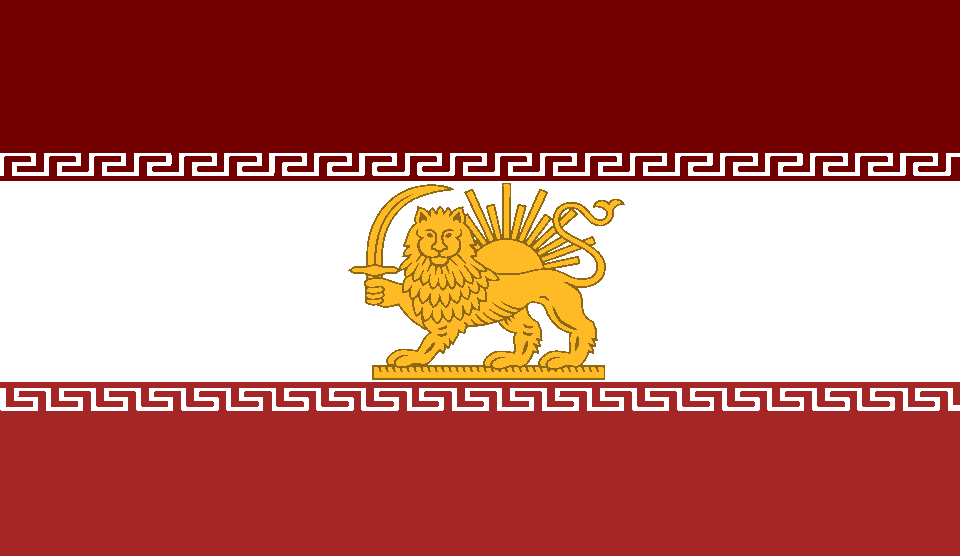 |
Apothelis | Federative Republic of Apothelis | Isfahan |
|
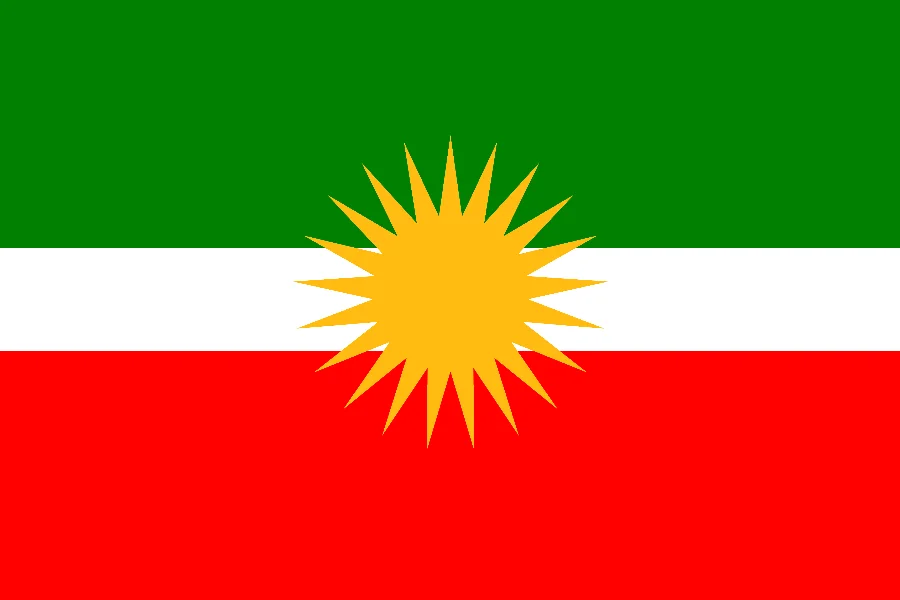 |
Apothilene Kurdistan | Republic of Apothilene Kurdistan | Quchan |
|
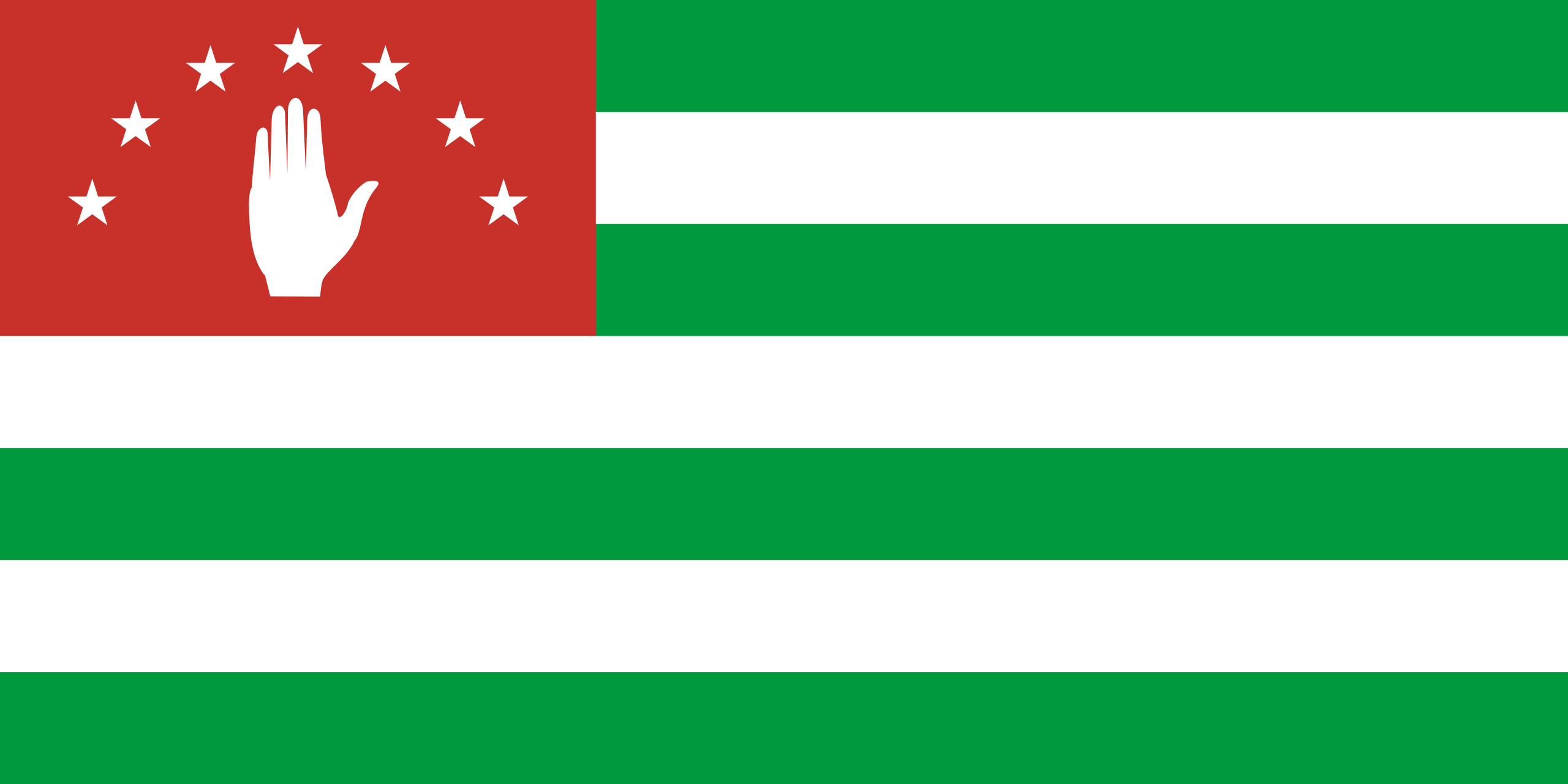 |
Apsny | Republic of Apsny | Sokhumi | Abkhaz |
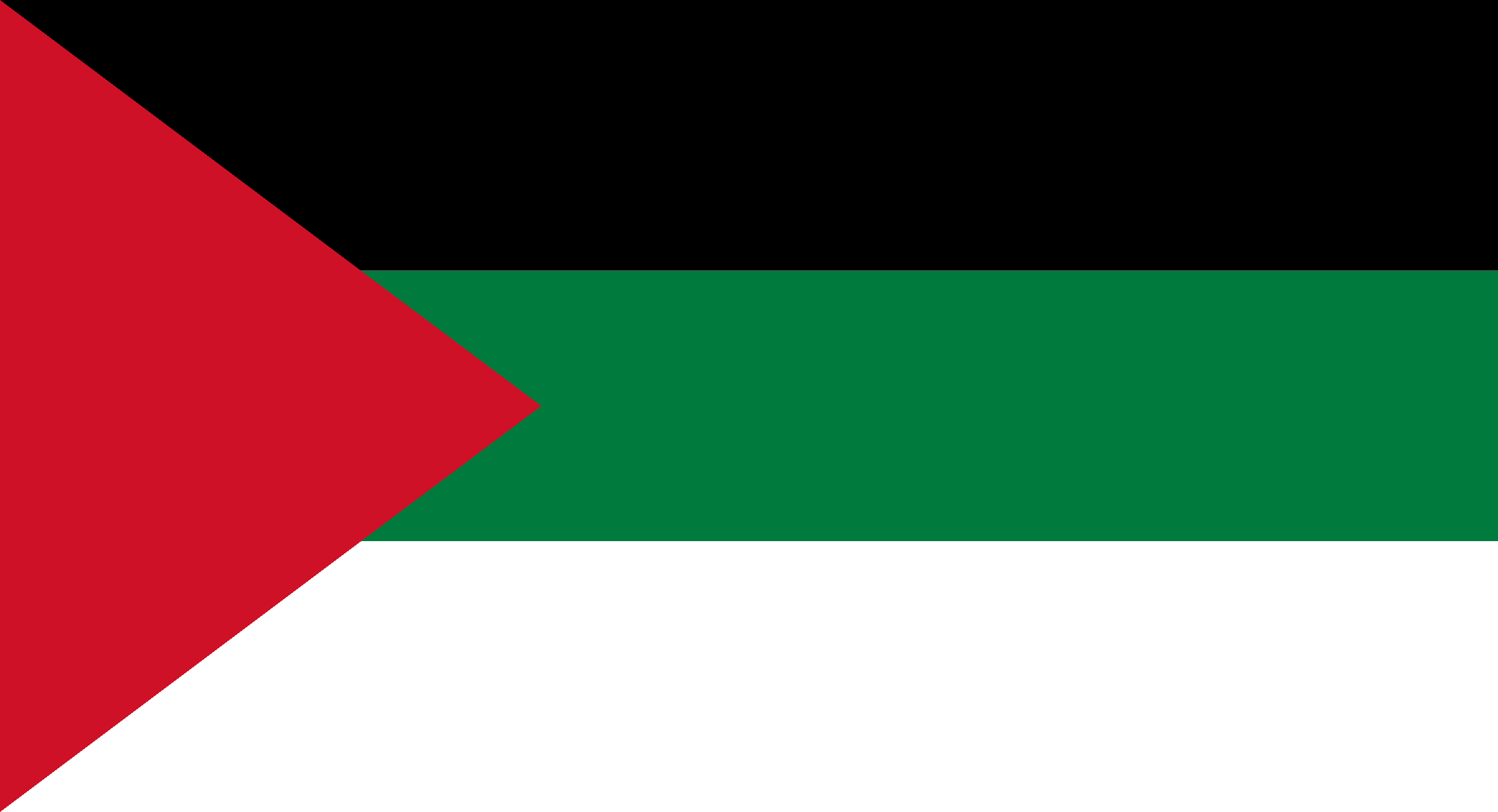 |
Arabia | Federative Republic of Arabia | Cairo | Arabic |
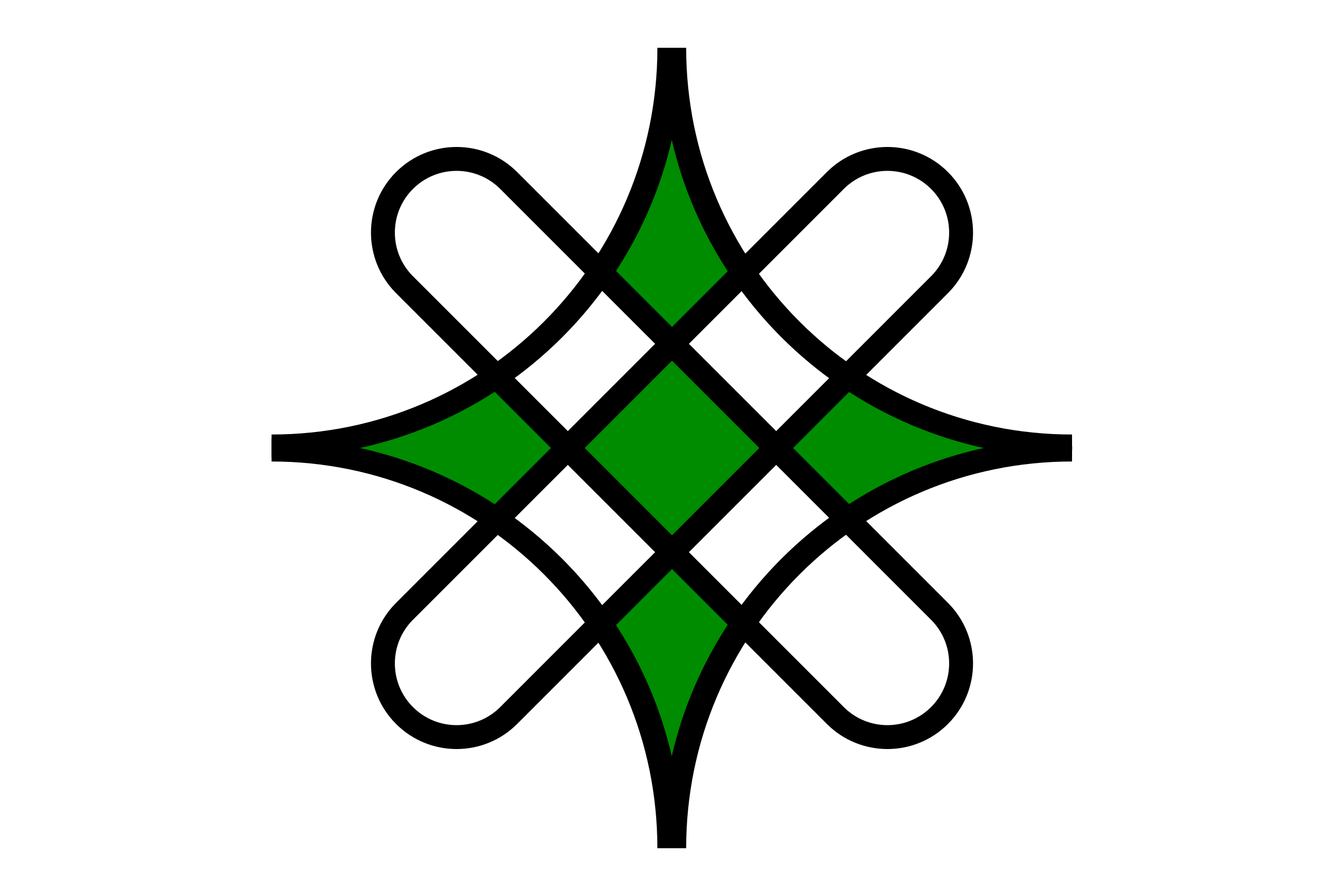 |
Arewa | Republic of Arewa | Kano |
|
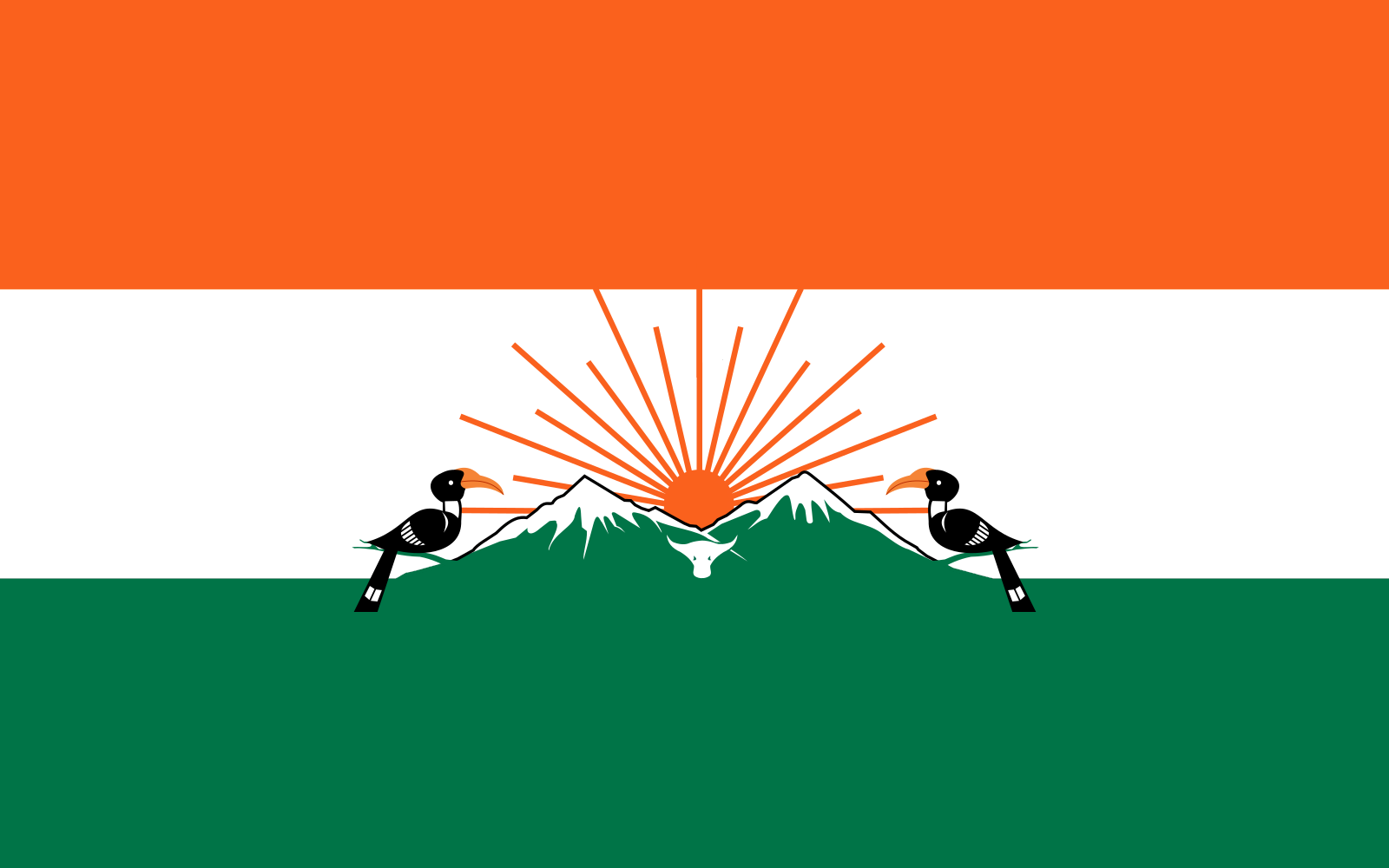 |
Arunachal Rastram | Republic of Arunachal Rastram | Itanagar |
|
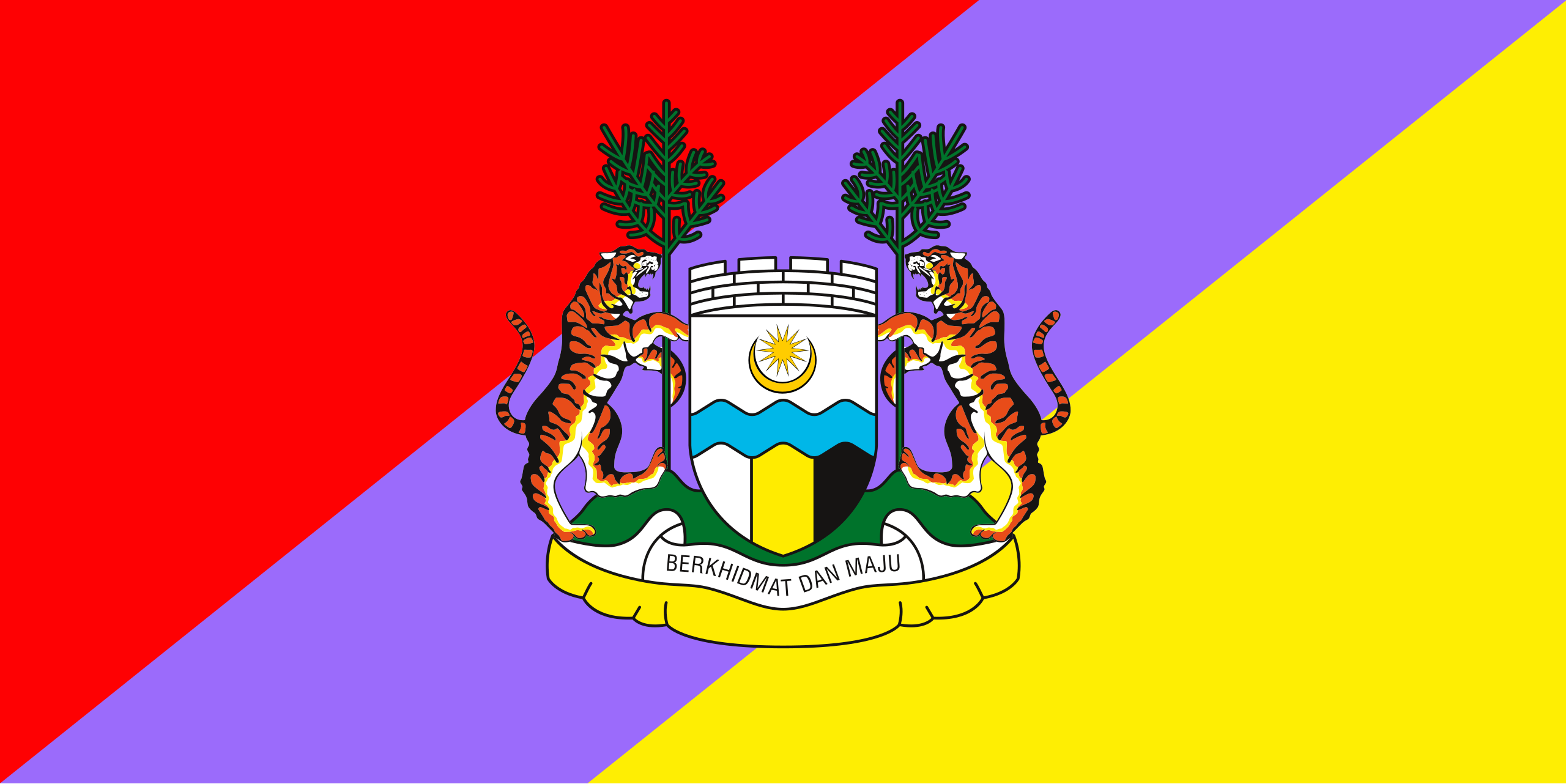 |
Aslia | Republic of Aslia | Gua Musang |
|
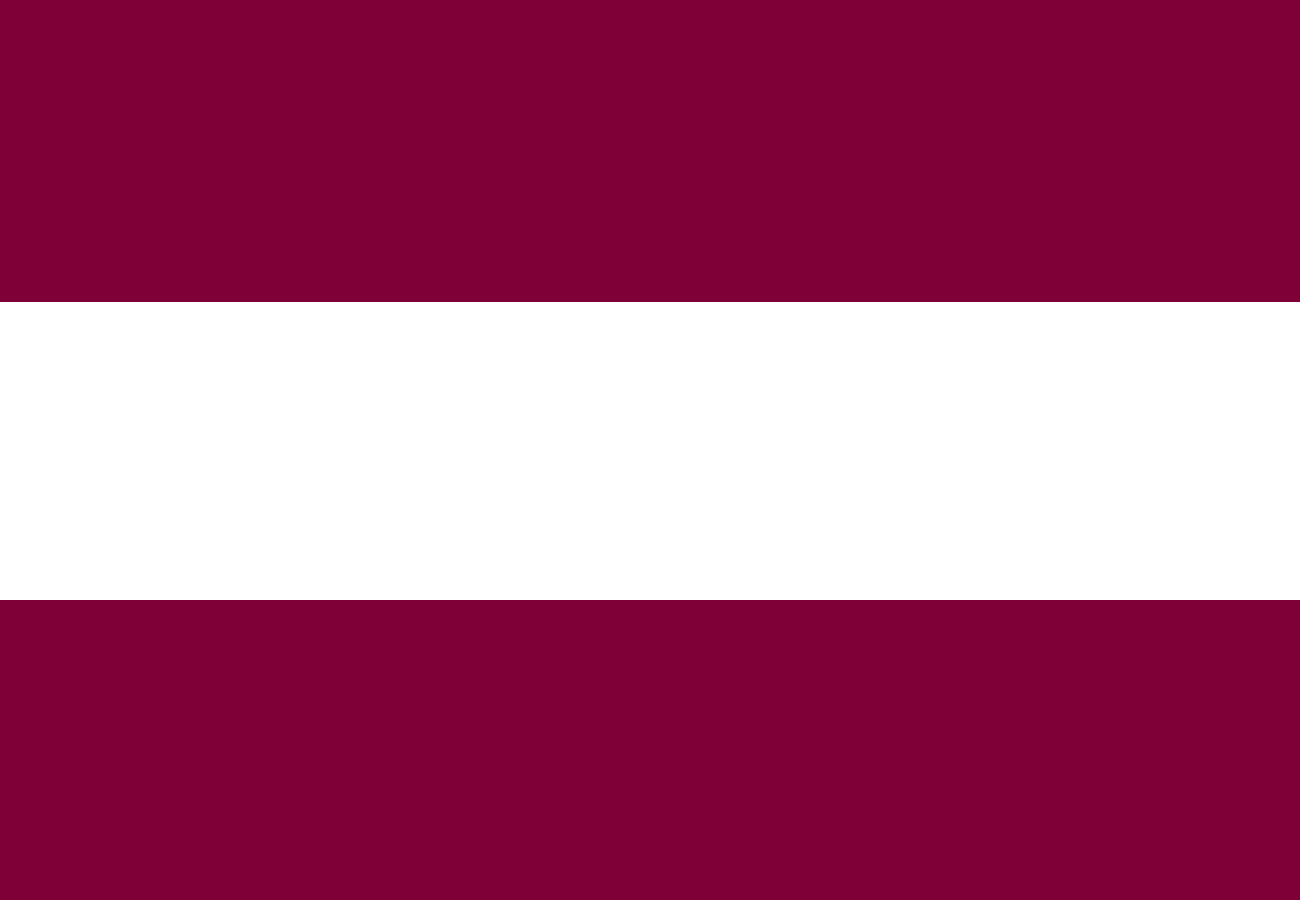 |
Asophania | Republic of Asophania | Chalonaja (De Facto) |
|
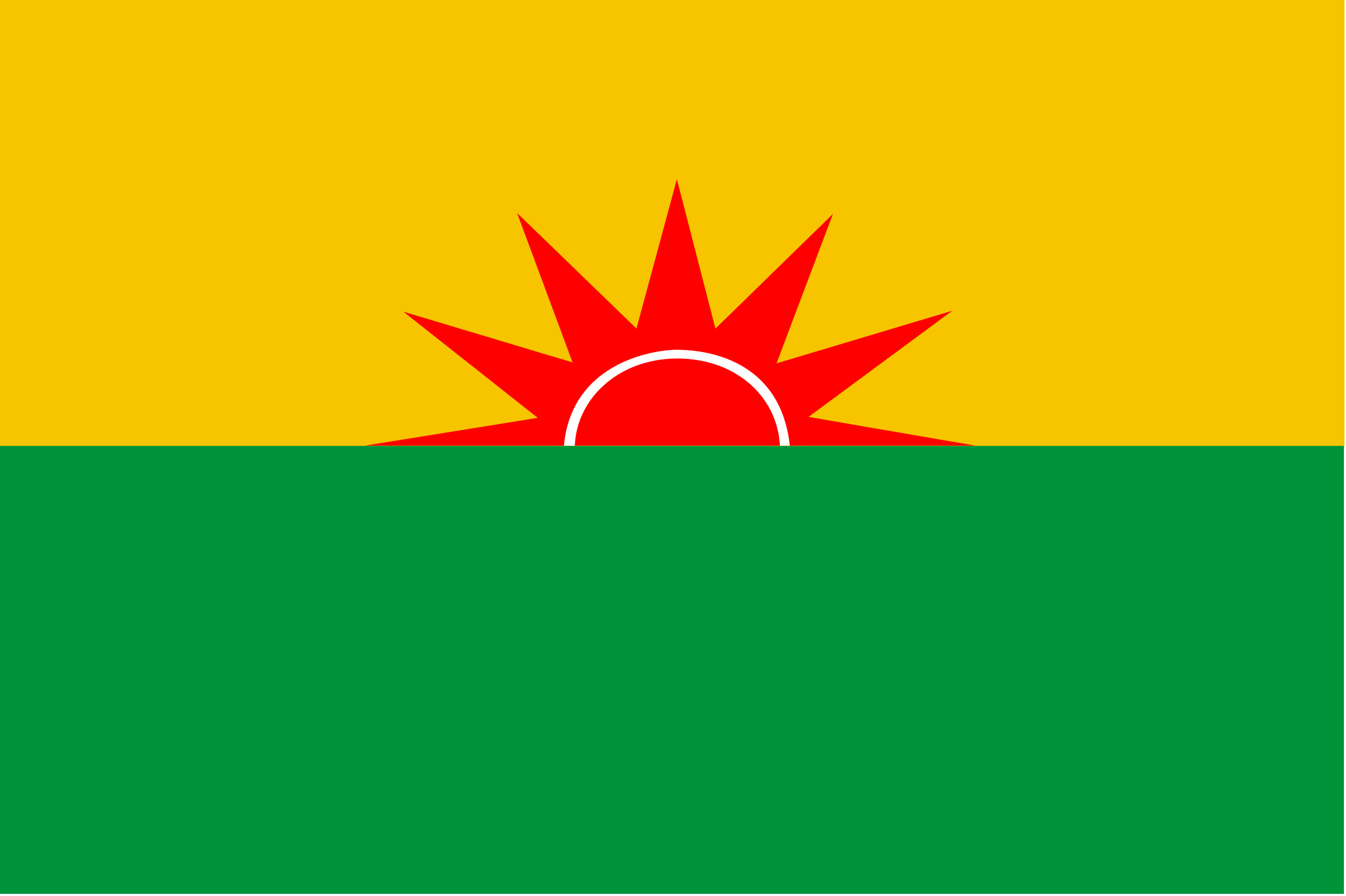 |
Assam | Republic of Assam | Dispur |
|
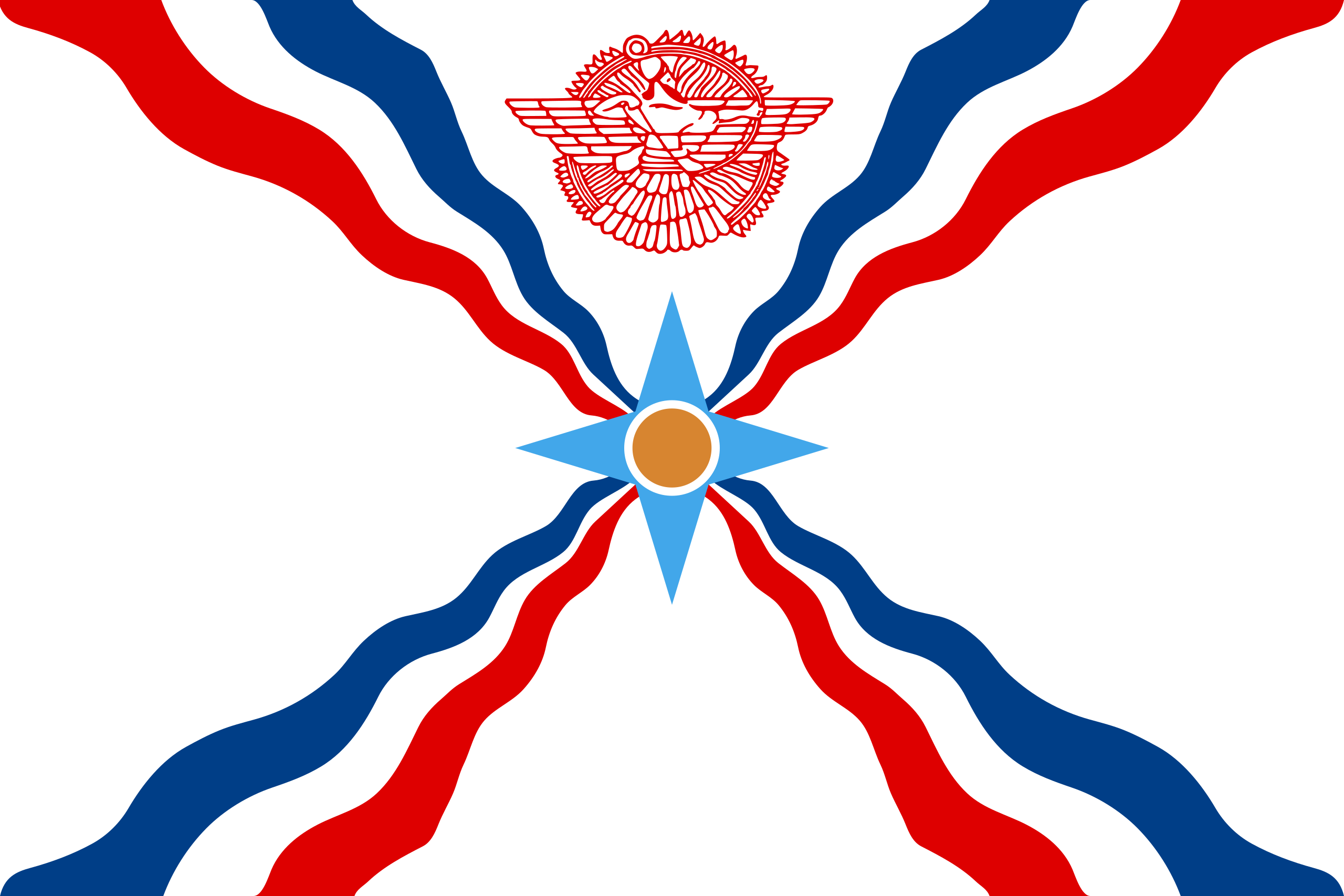 |
Assyria | Republic of Assyria | Shekhan |
|
 |
Australis | Republic of Australis | South City |
|
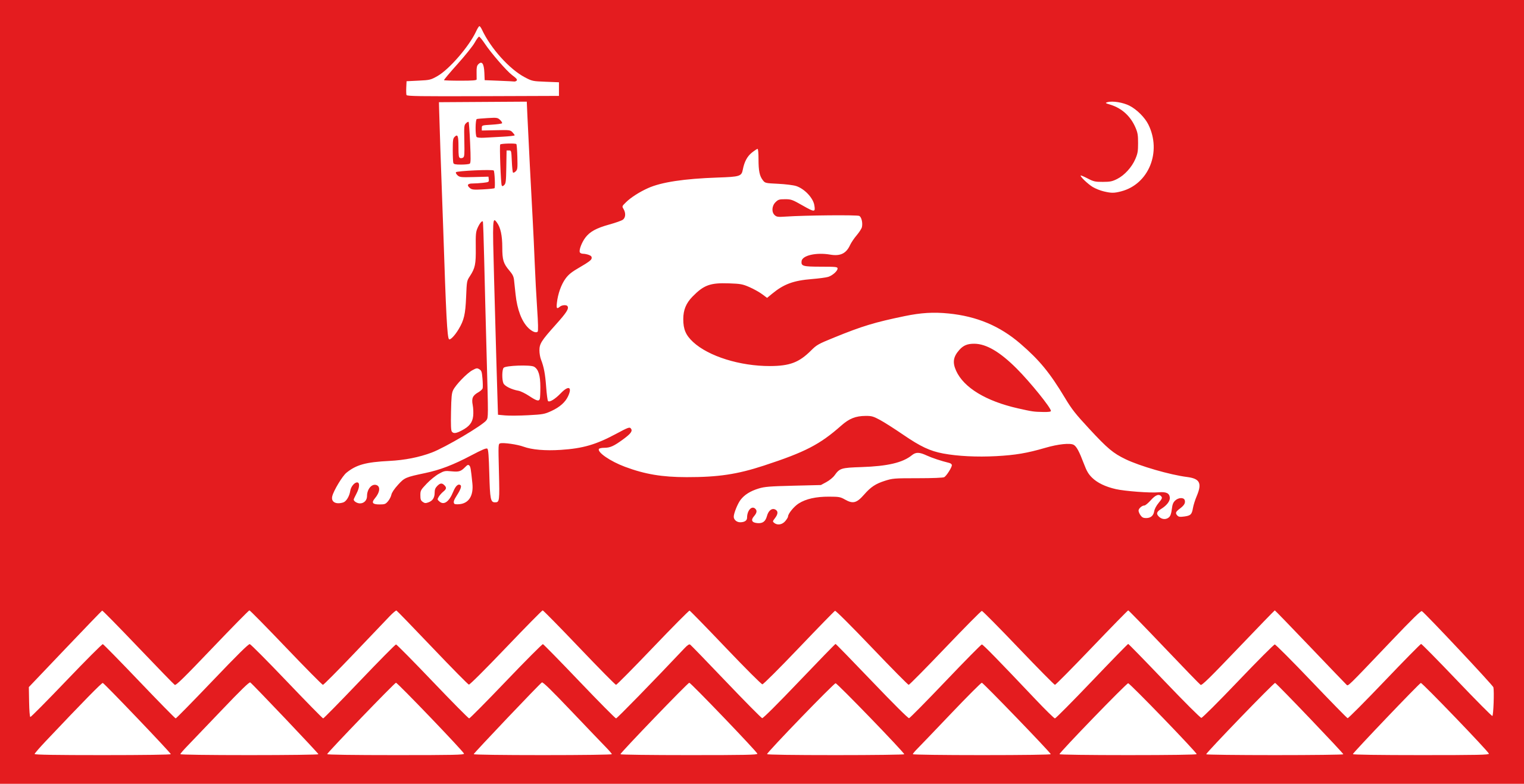 |
Avaria | Republic of Avaria | Derbent |
|
 |
Aymaria | Republic of Aymaria | La Paz |
|
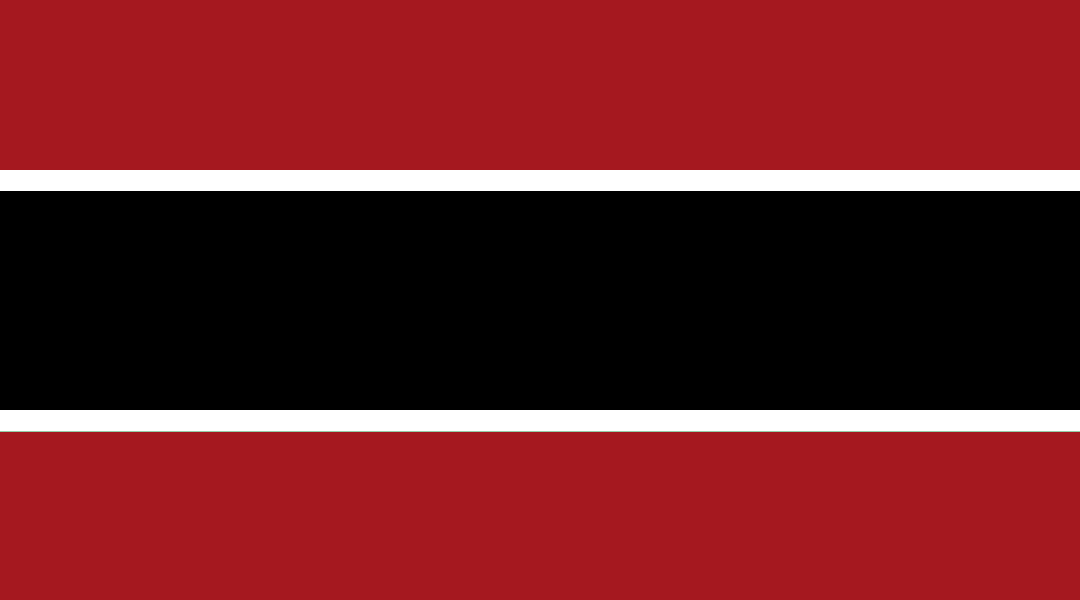 |
Azania | Federative Republic of Azania | Juba | (Nilotic Languages) |
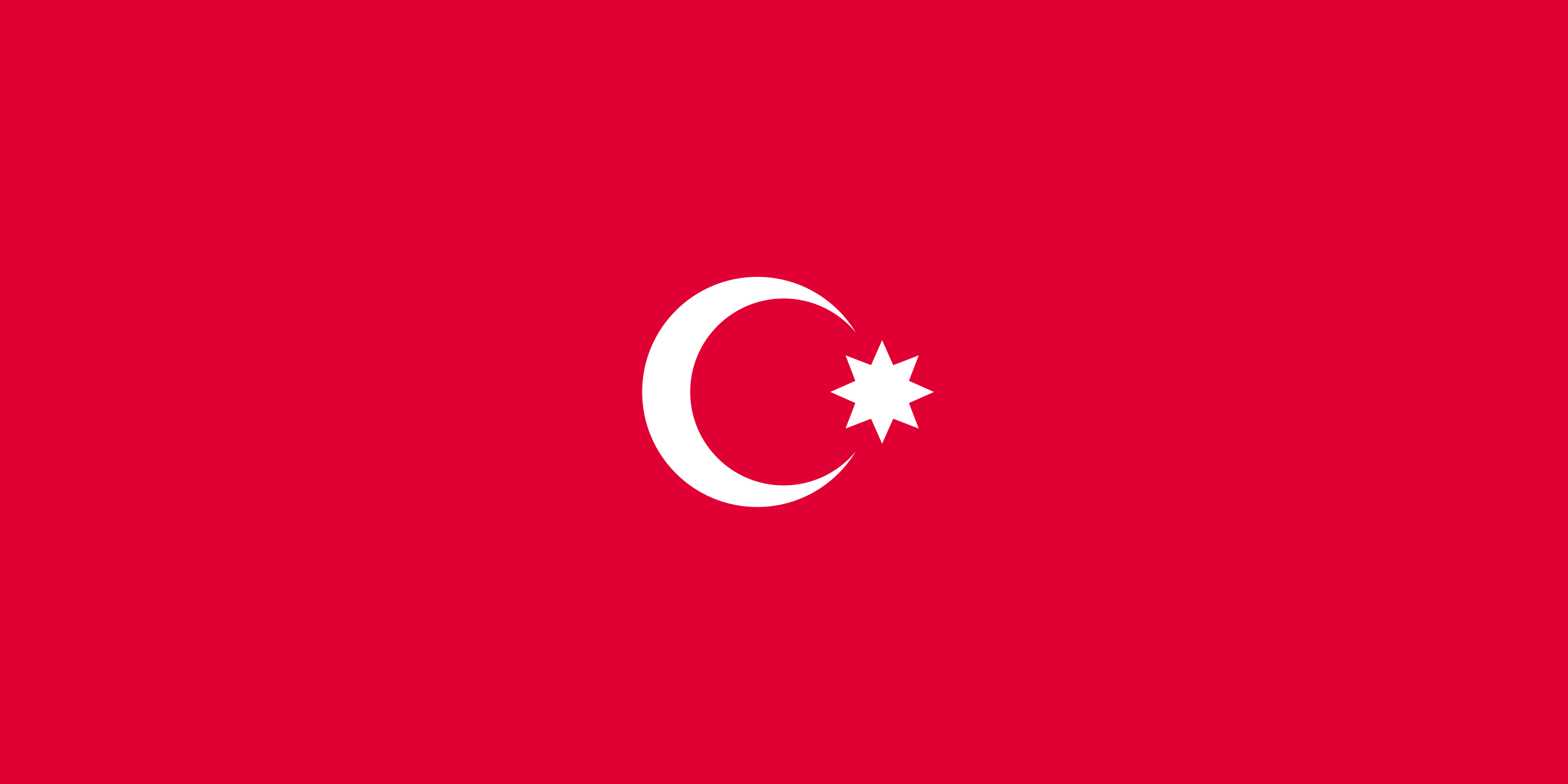 |
Azeria | Republic of Azeria | Shirvan | Azeri |
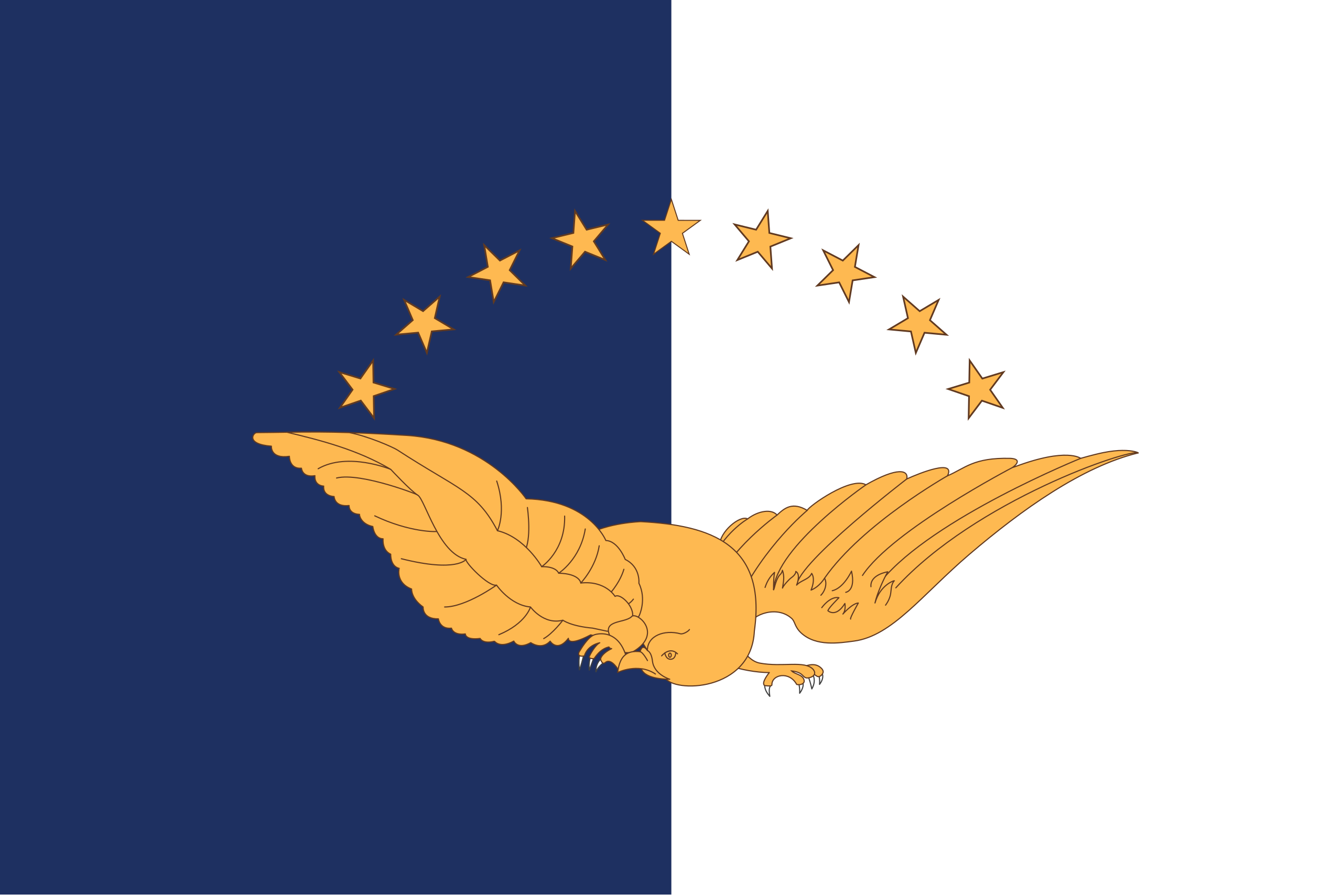 |
Azores | Republic of the Azores | Ponta Delgada |
|
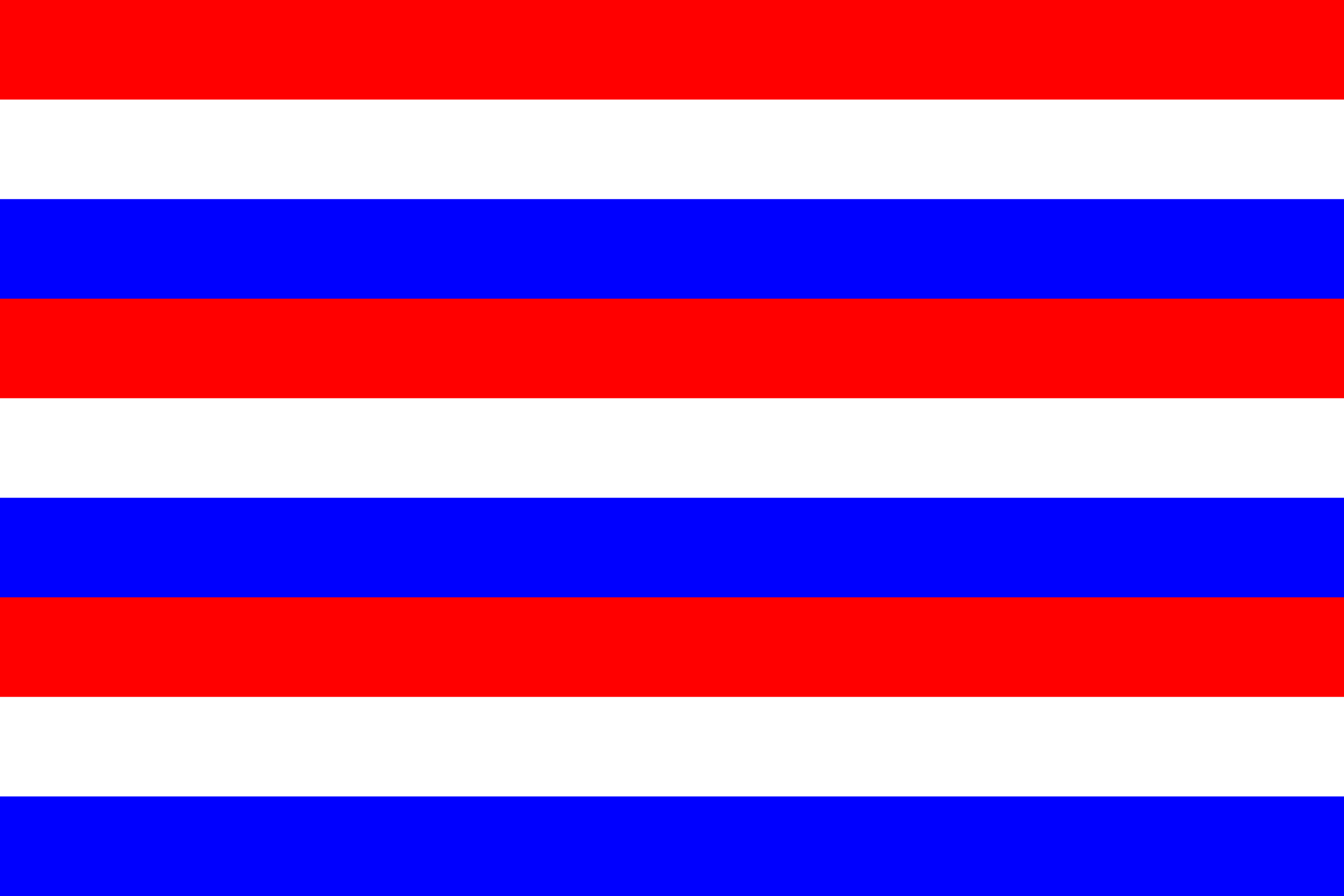 |
Bali-Sasak-Sumbawa | Republic of Bali-Sasak-Sumbawa | Denpasar |
|
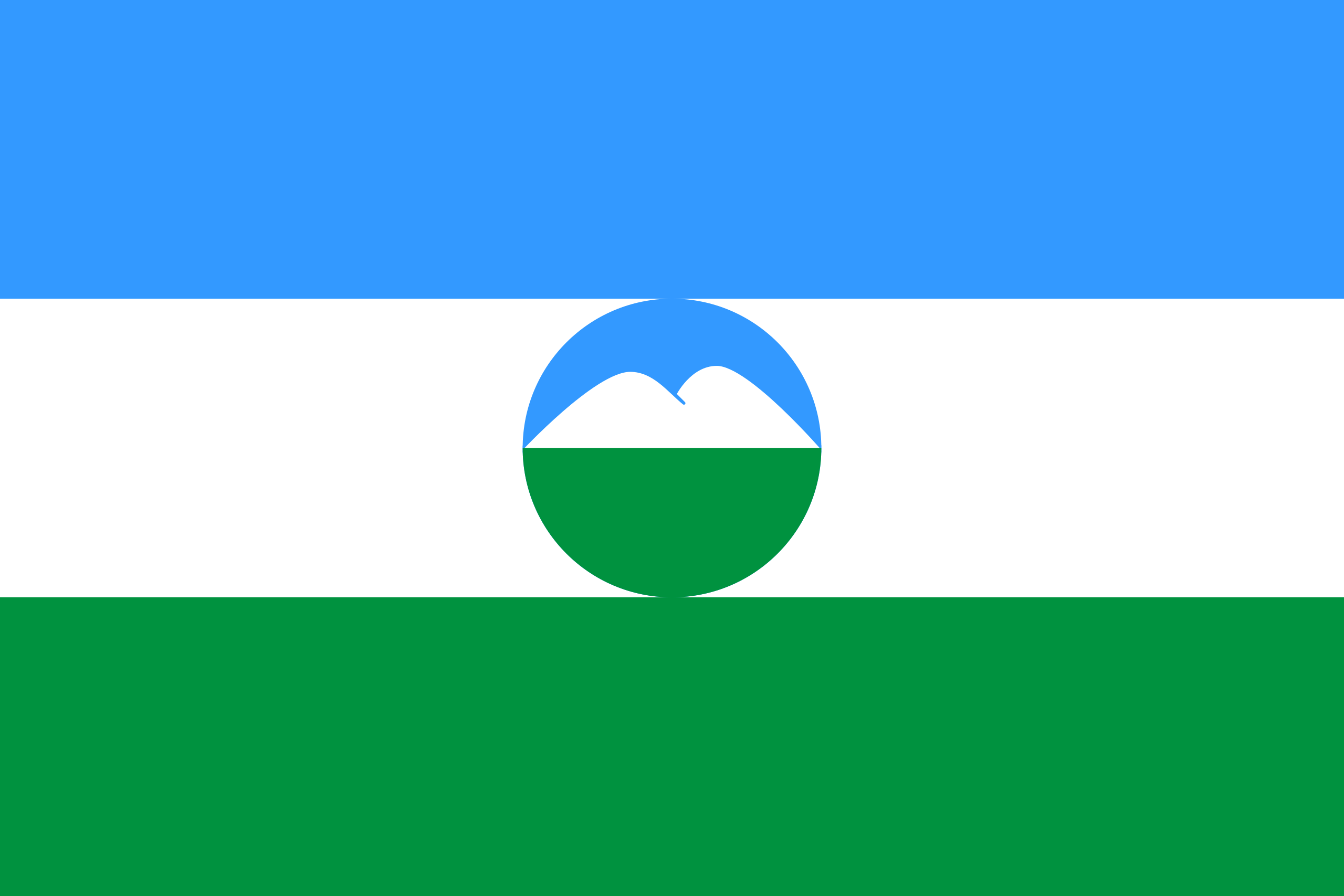 |
Balkaria | Republic of Balkaria | Karachayyesk |
|
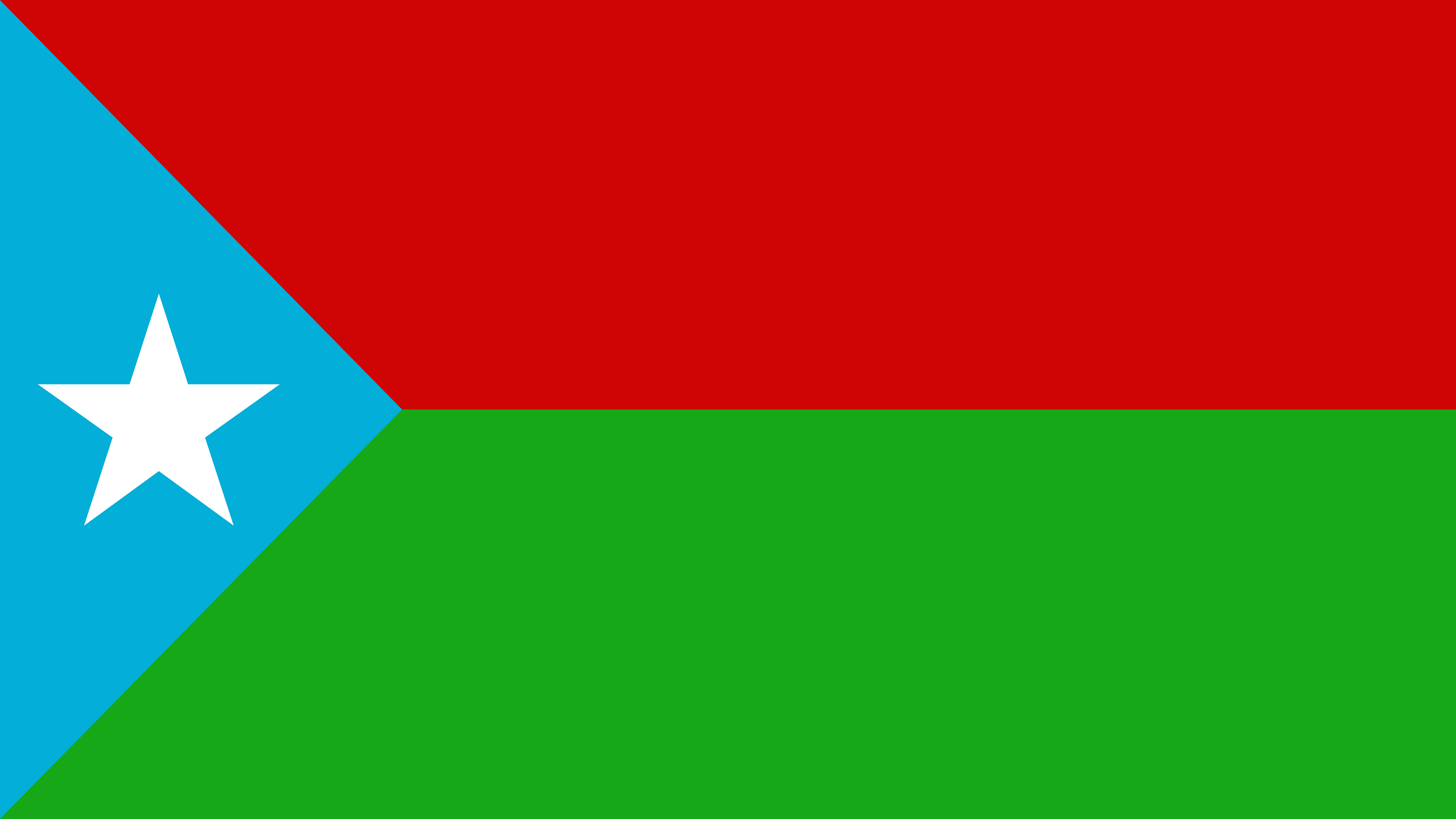 |
Balochistan | Republic of Balochistan | Quetta | Baloch |
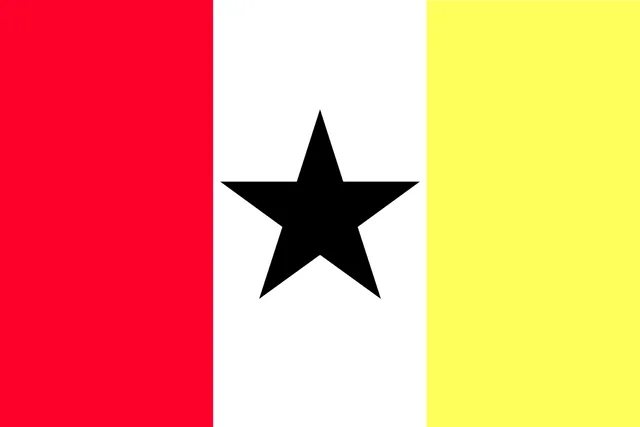 |
Barito | Barito Republic | Melayu | (Barito Languages) |
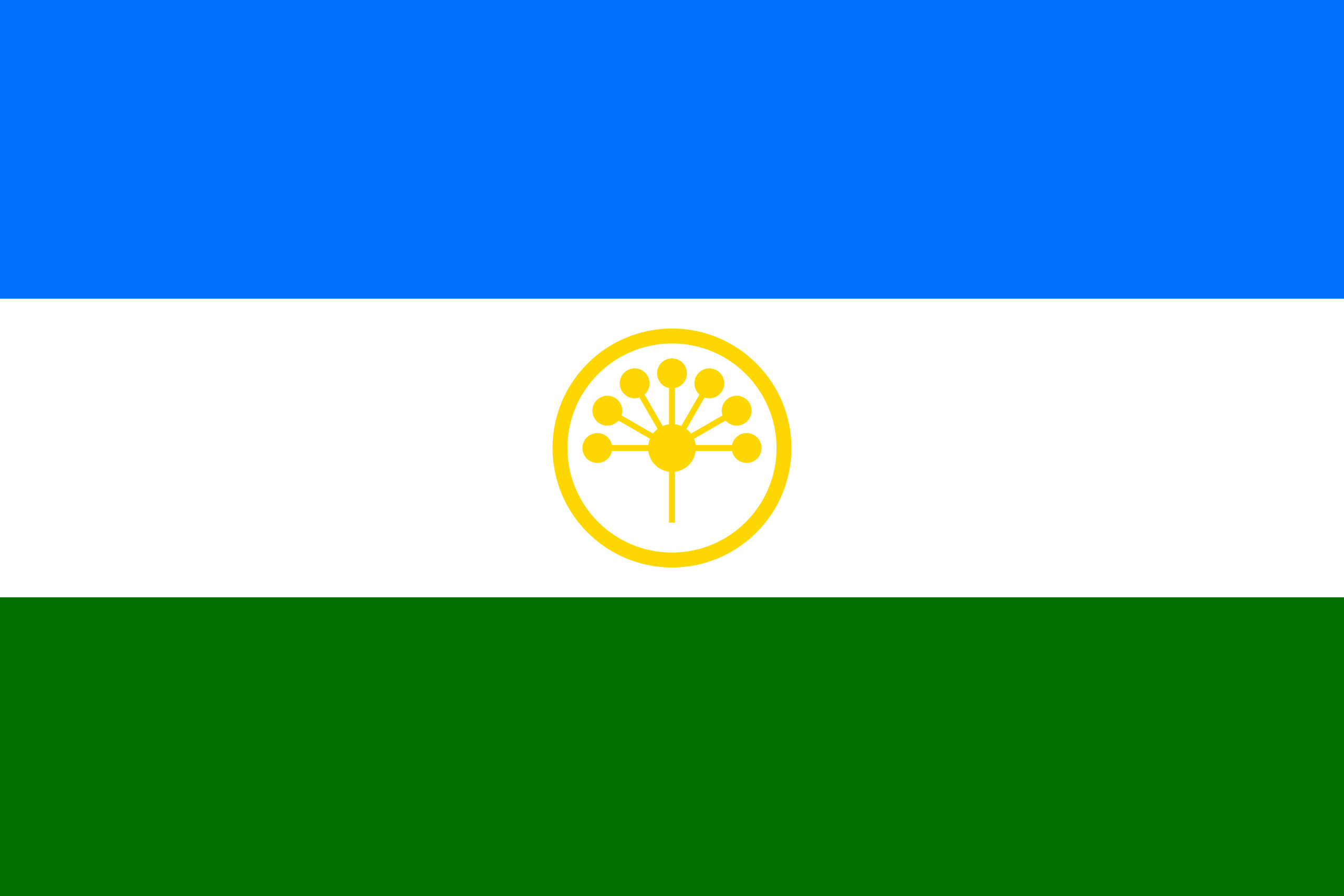 |
Bashkiria | Bashkir Republic | Ufu (Ufa) | Bashkir |
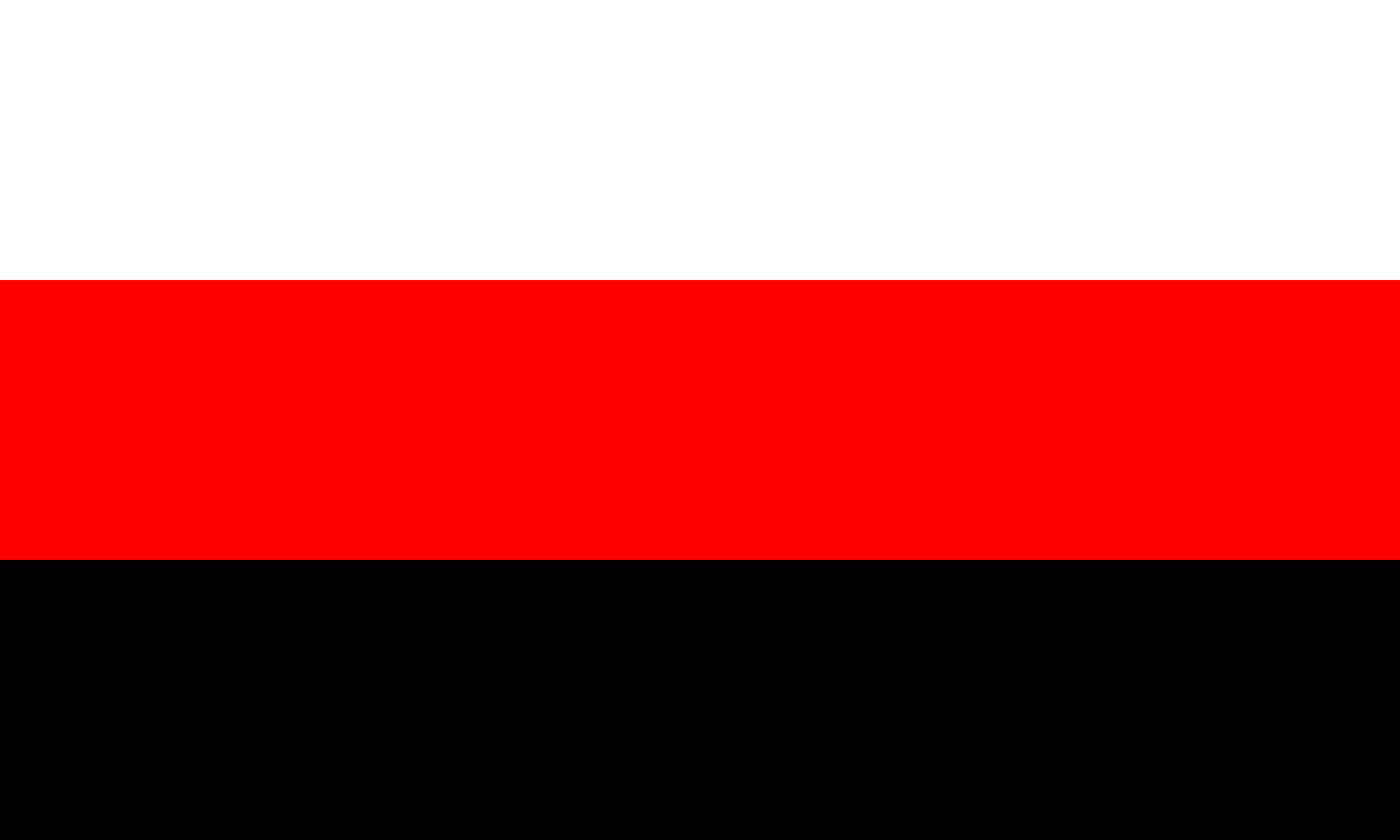 |
Batak | Batak Republic | Kota Pematangsiantar | (Batak Languages) |
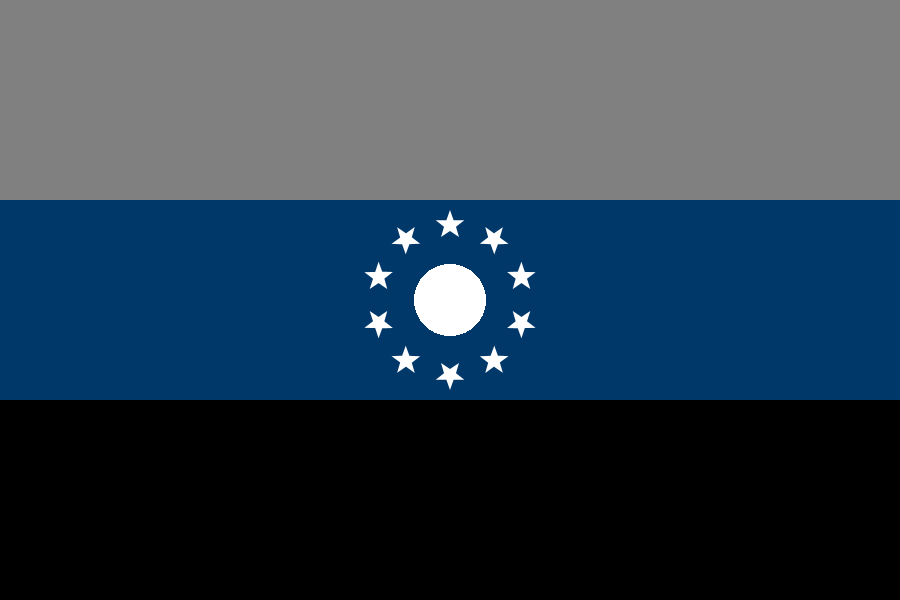 |
Beijiang | Republic of Beijiang | Shipeniye | Mandarin Chinese |
 |
Belarusia | Belarusian Republic | Minsk | Belarussian |
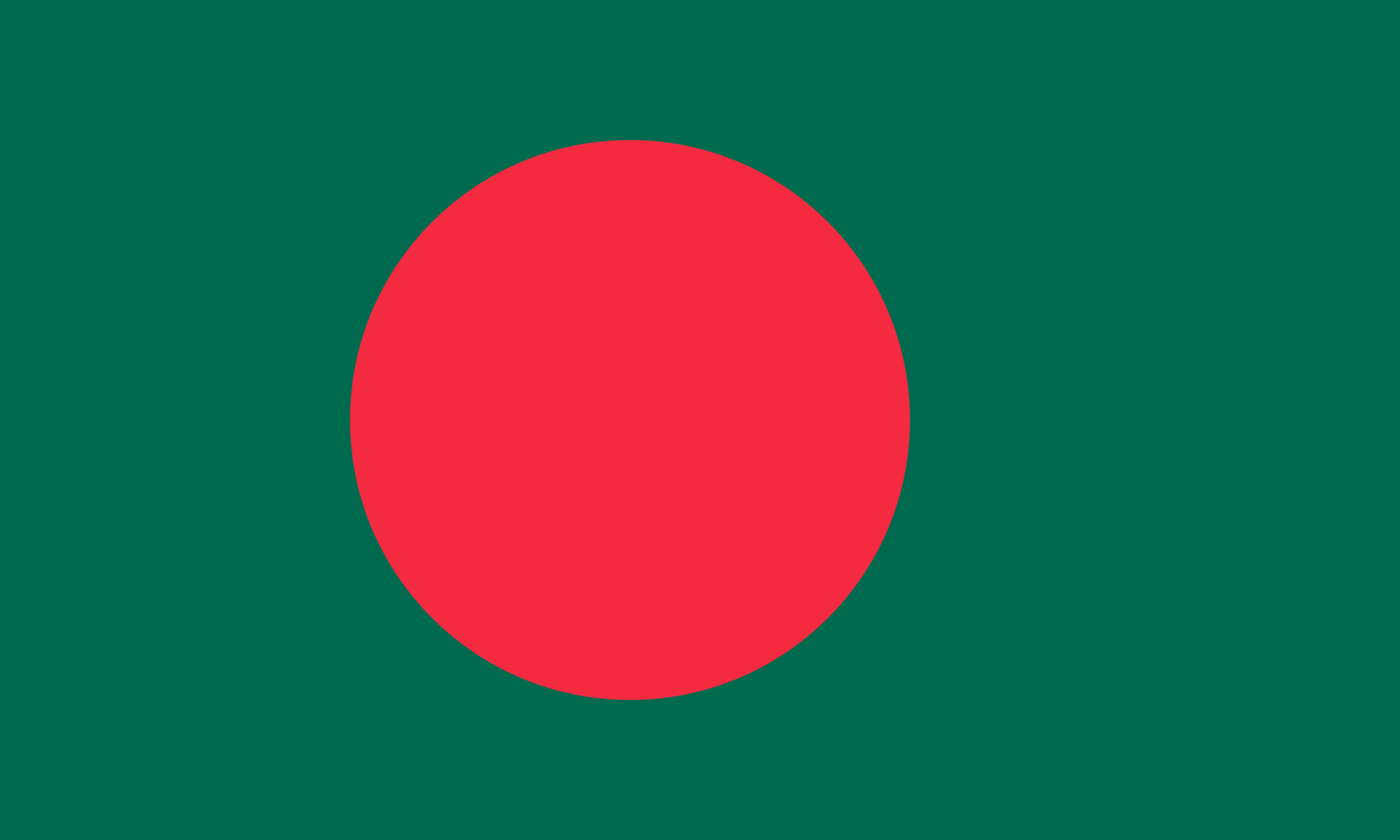 |
Bengal | Republic of Bengal | Kolkata | Bengali |
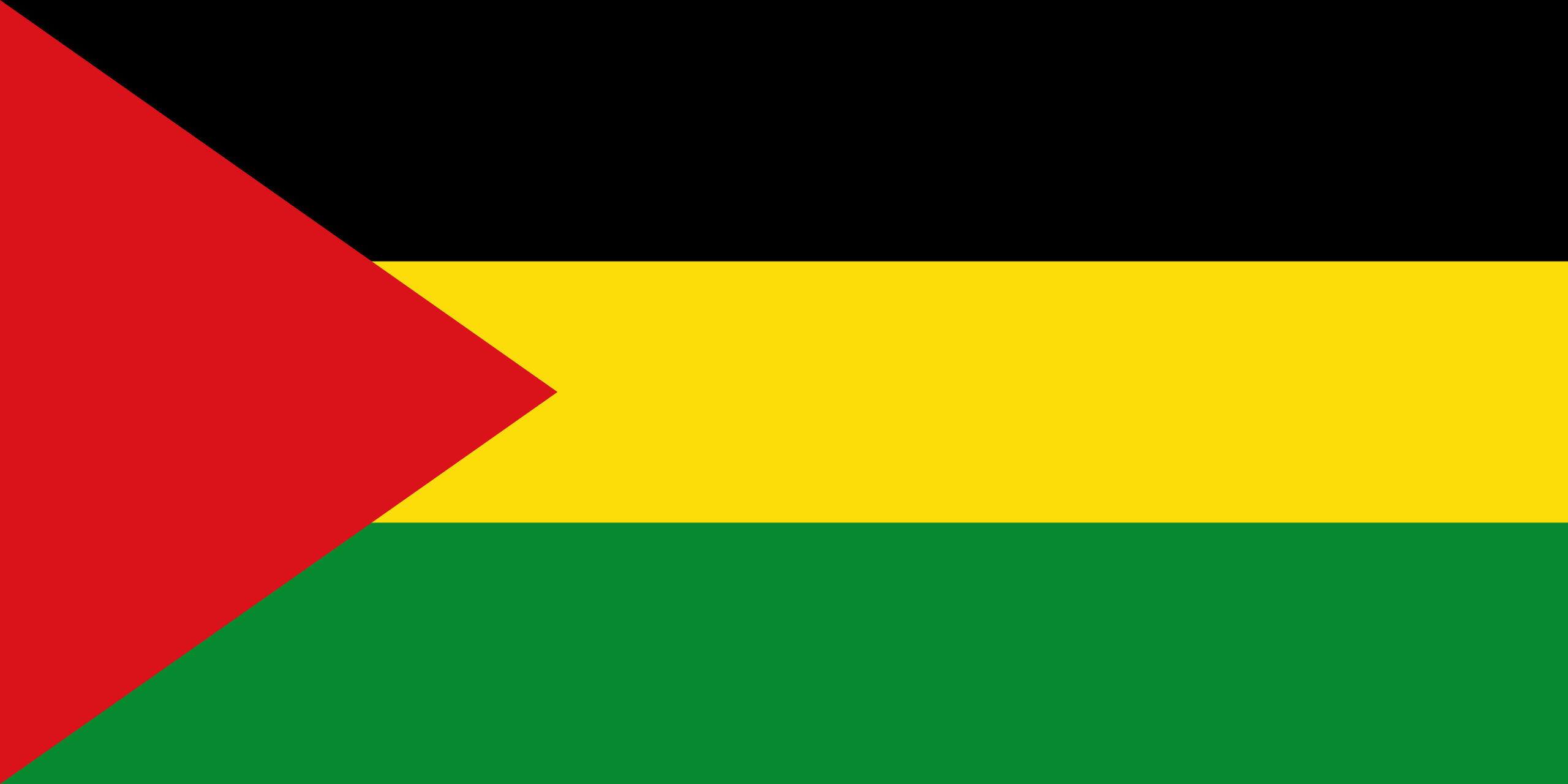 |
Berta-Gumuz | Republic of Berta-Gumuz | Asosa |
|
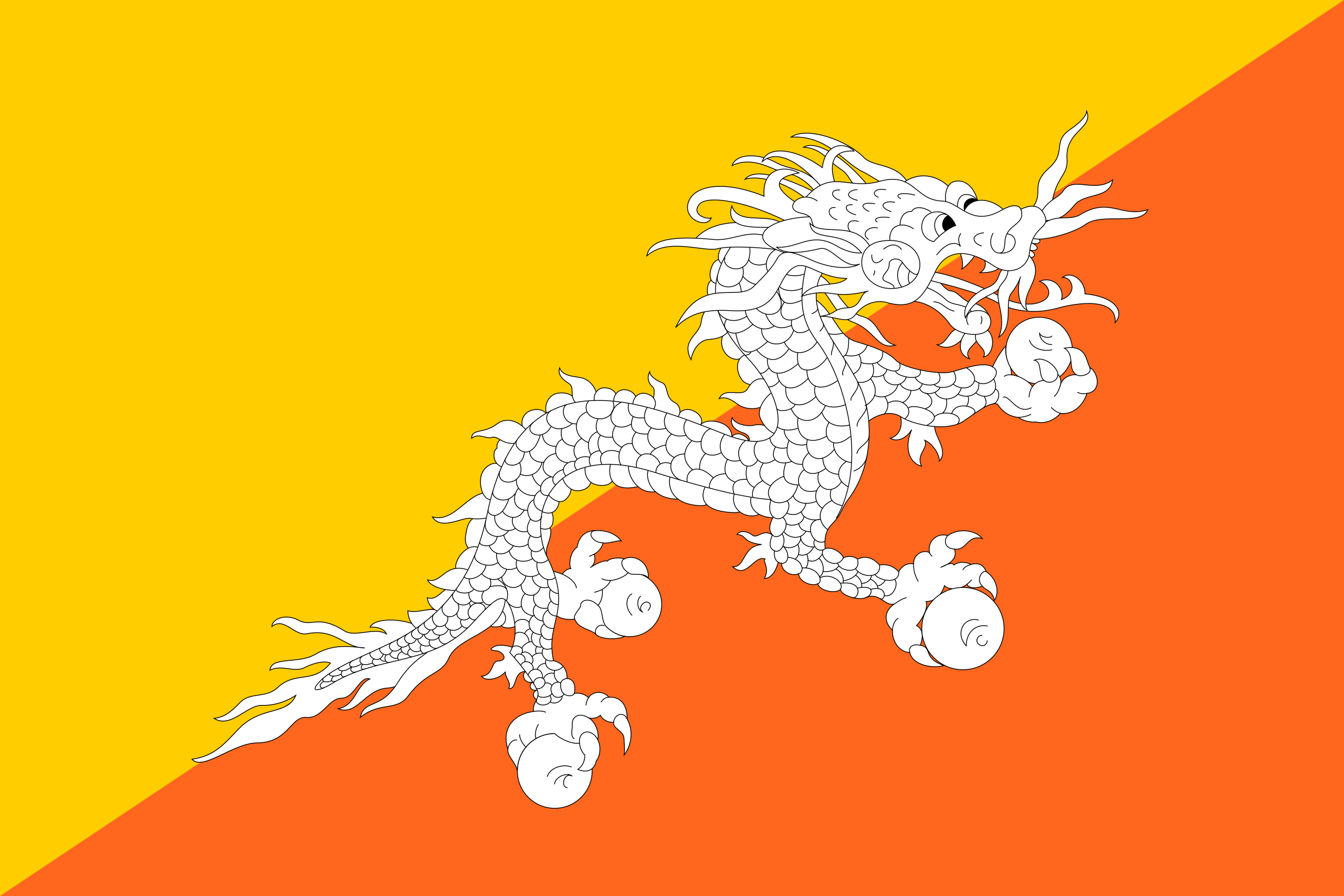 |
Bhutan | Republic of Bhutan | Thimphu | Dzongkha |
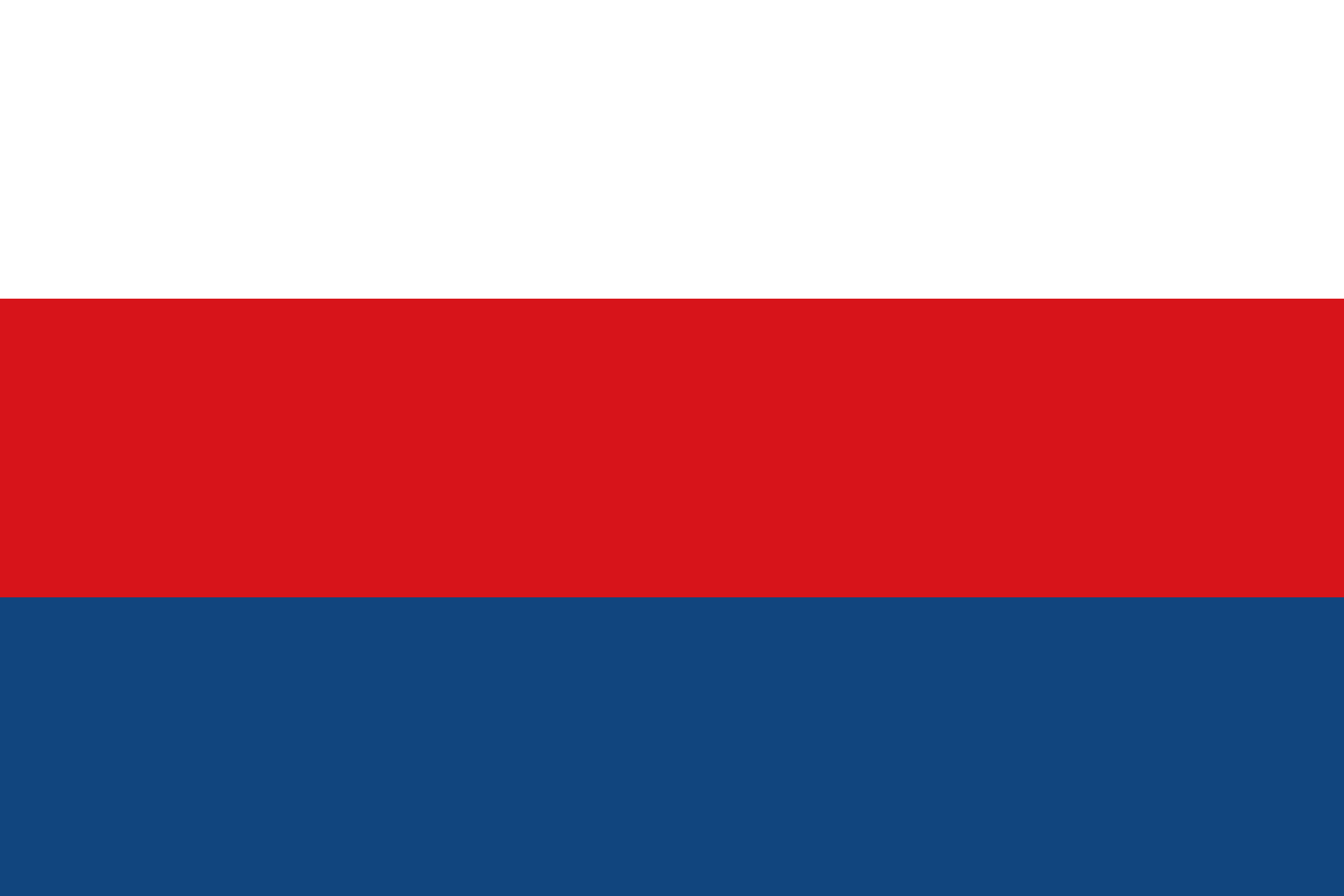 |
Bohemia | Republic of Bohemia | Prague | Czech |
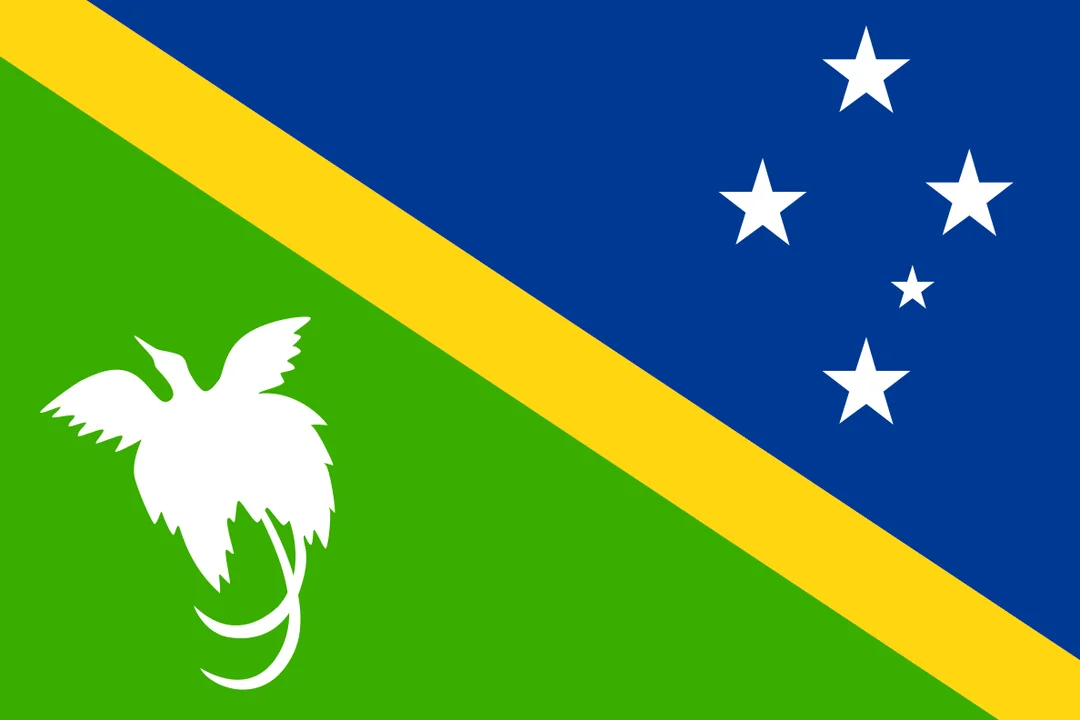 |
Bomberai | Republic of Bomberai | Fak-fak |
|
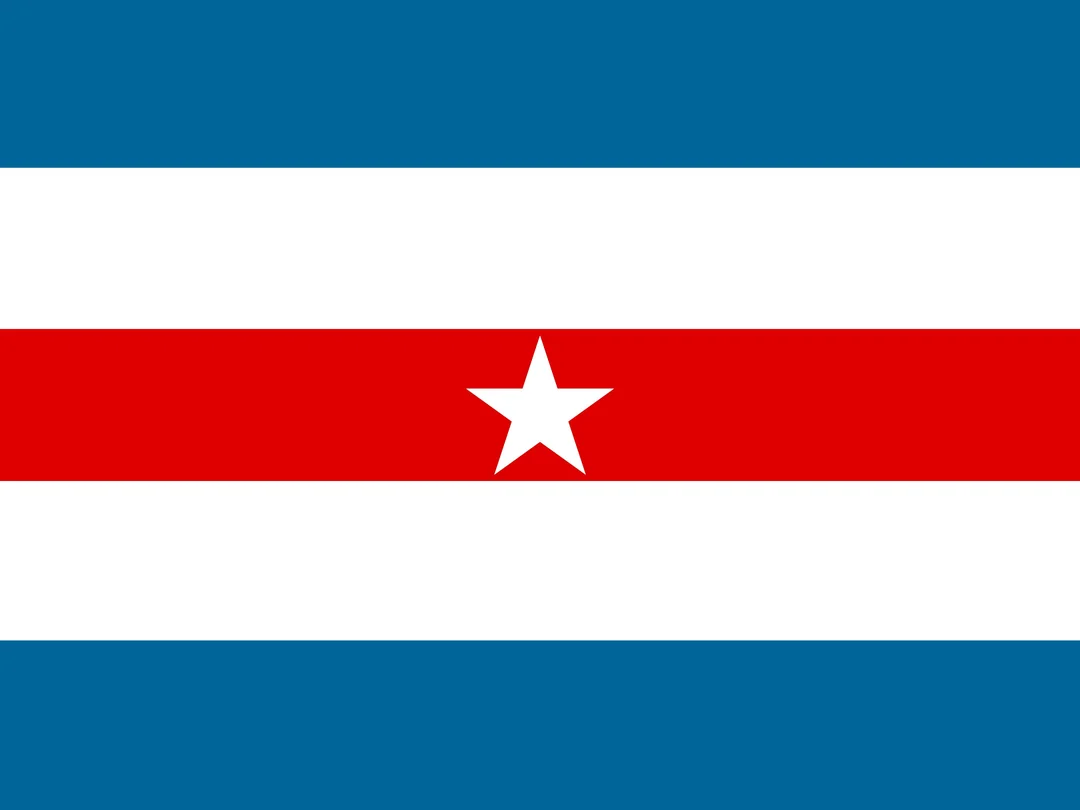 |
Border Papua | Republic of Border Papua | Jayapura |
|
 |
Bornuvia | Federative Republic of Bornuvia | Maiduguri |
|
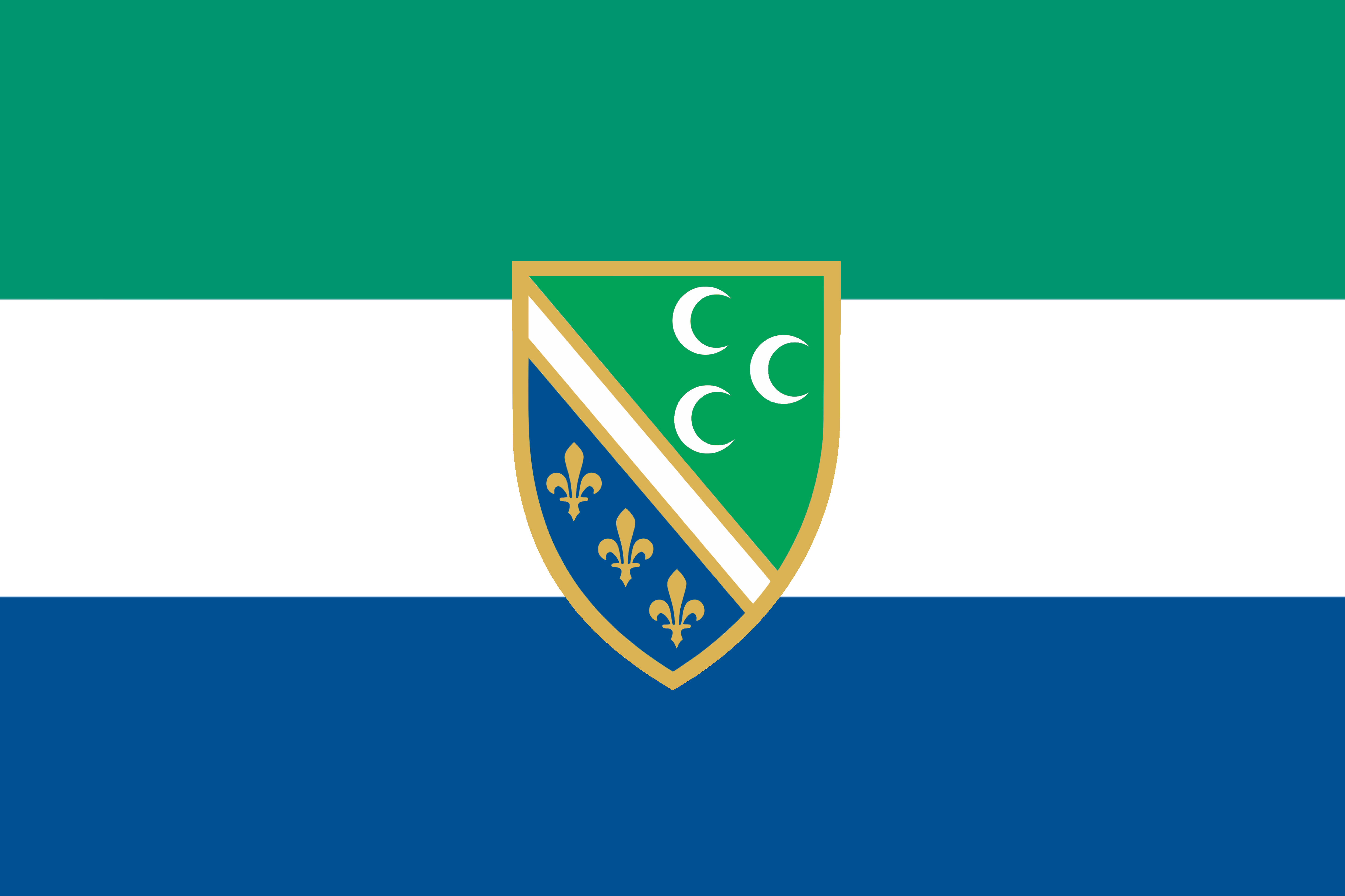 |
Bosna | Republic of Bosna | Sarajevo | Bosnian |
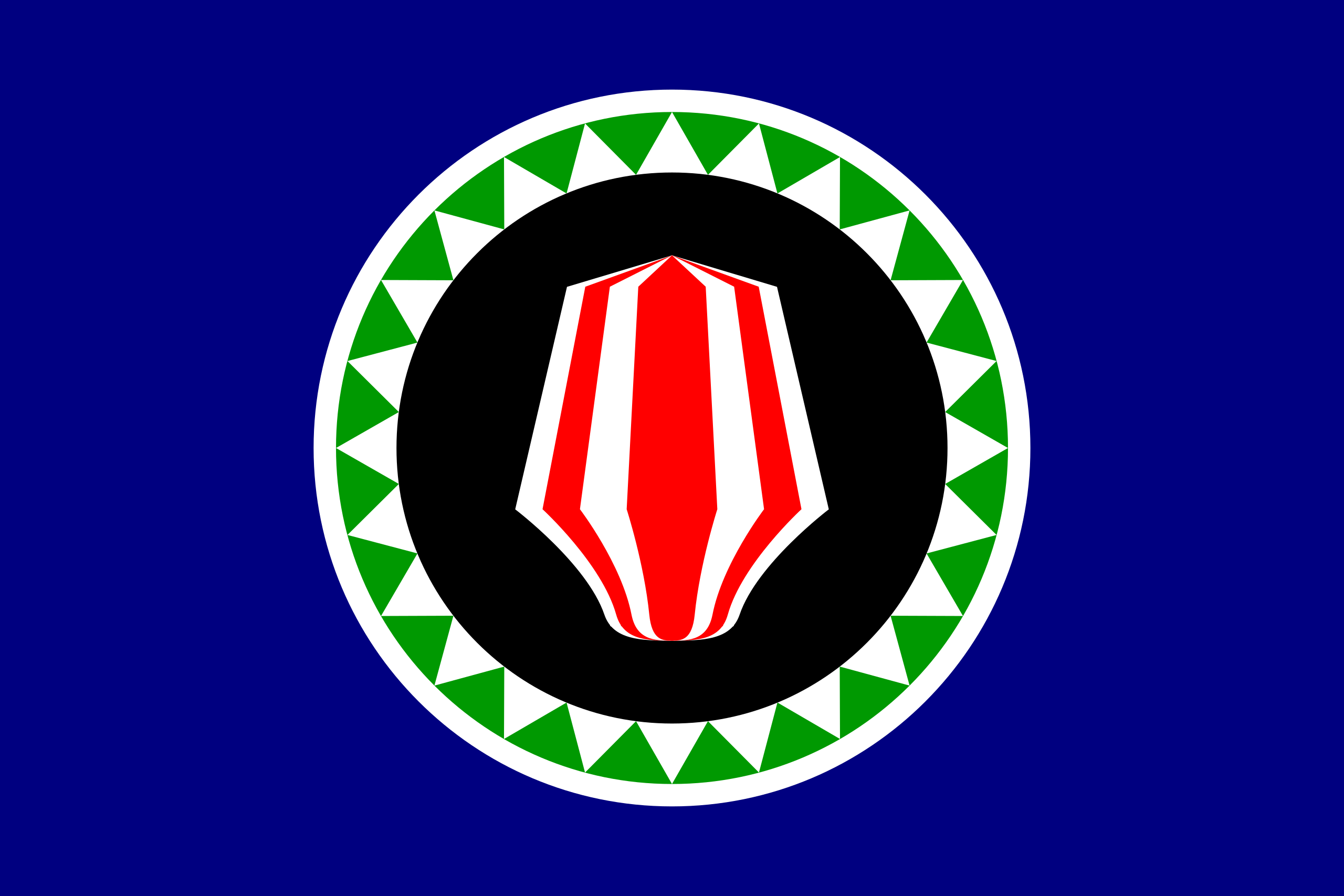 |
Bougainville | Republic of Bougainville | Arawa |
|
 |
Brahuistan | Republic of Brahuistan | Khuzdar | Brahui |
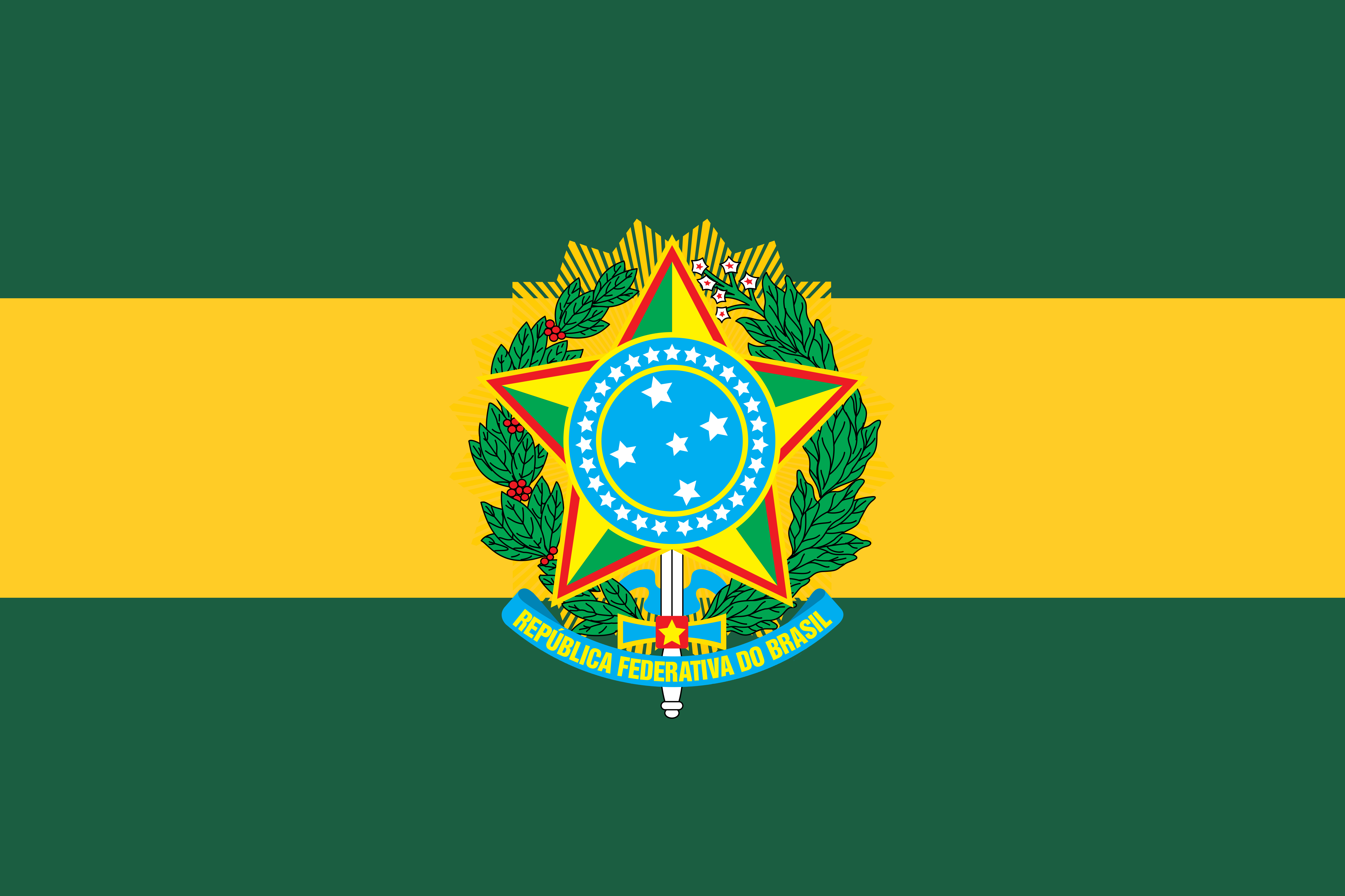 |
Brasil | Federative Republic of Brasil | Salvador |
|
 |
Breizh | Republic of Breizh | Brest |
|
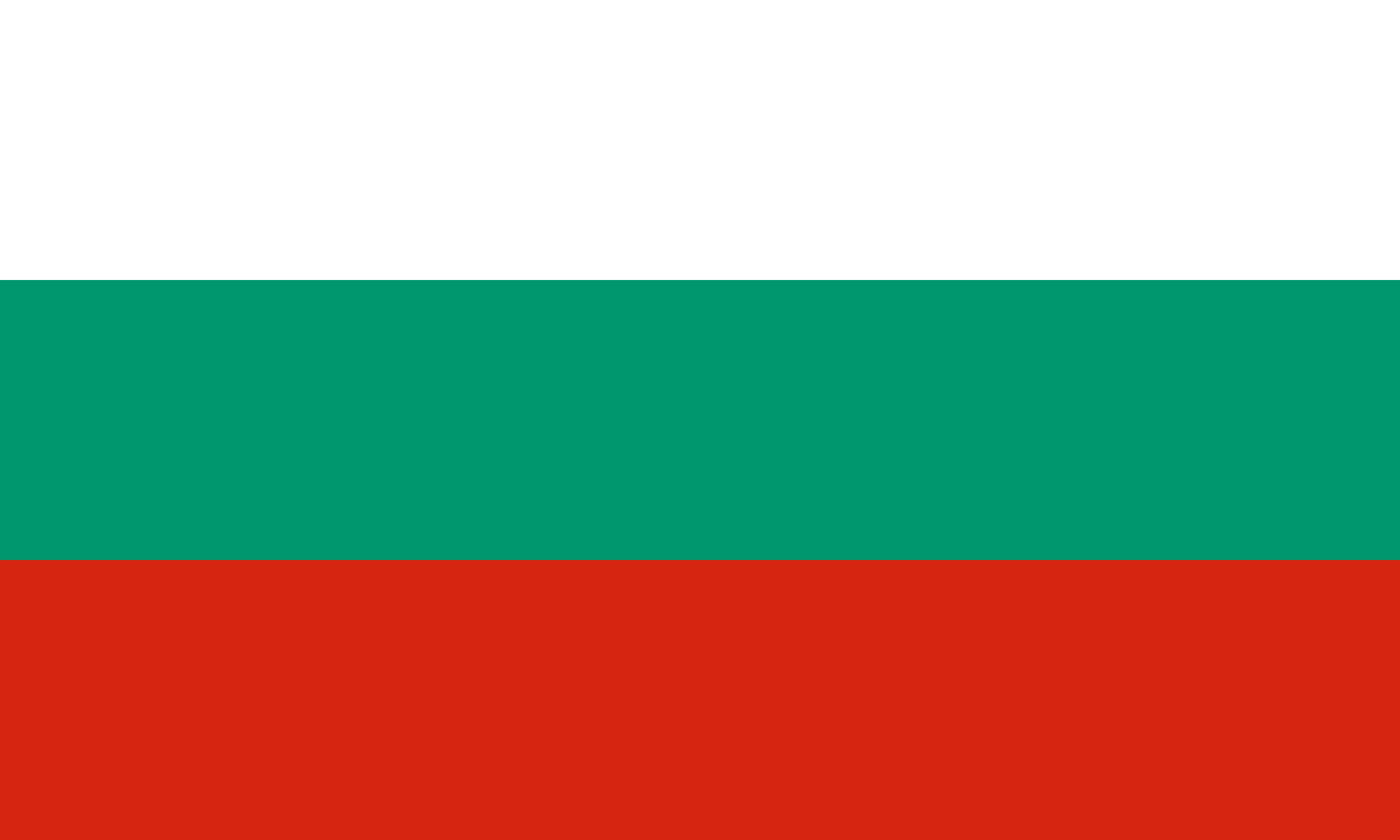 |
Bulgariya | Republic of Bulgariya | Serdica | Bulgarian |
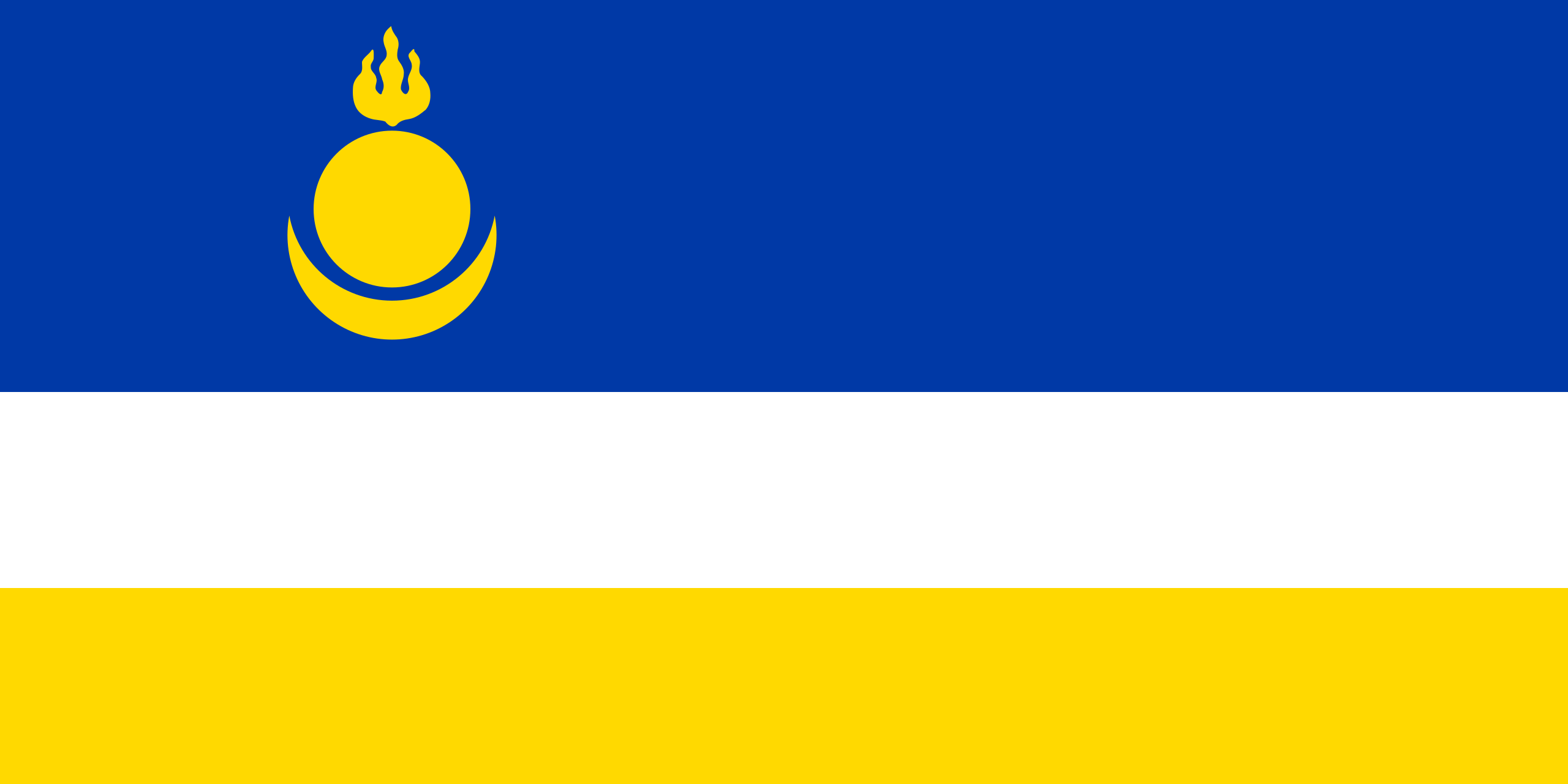 |
Buryatia | Republic of Buryatia | Baigal (Ozergorod) |
|
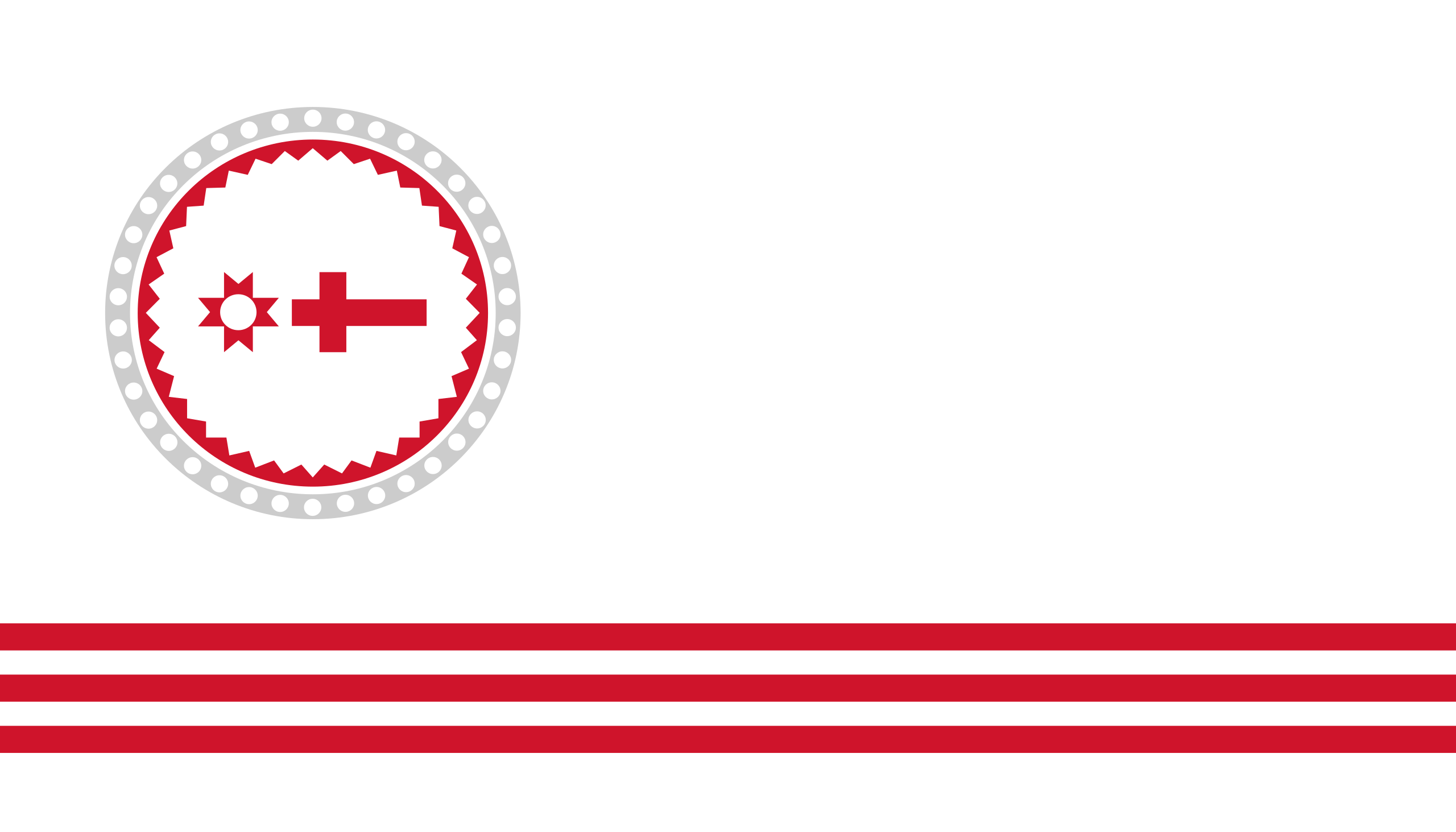 |
Cahita-Tarahumara | Republic of Cahita-Tarahumara | Los Mochis |
|
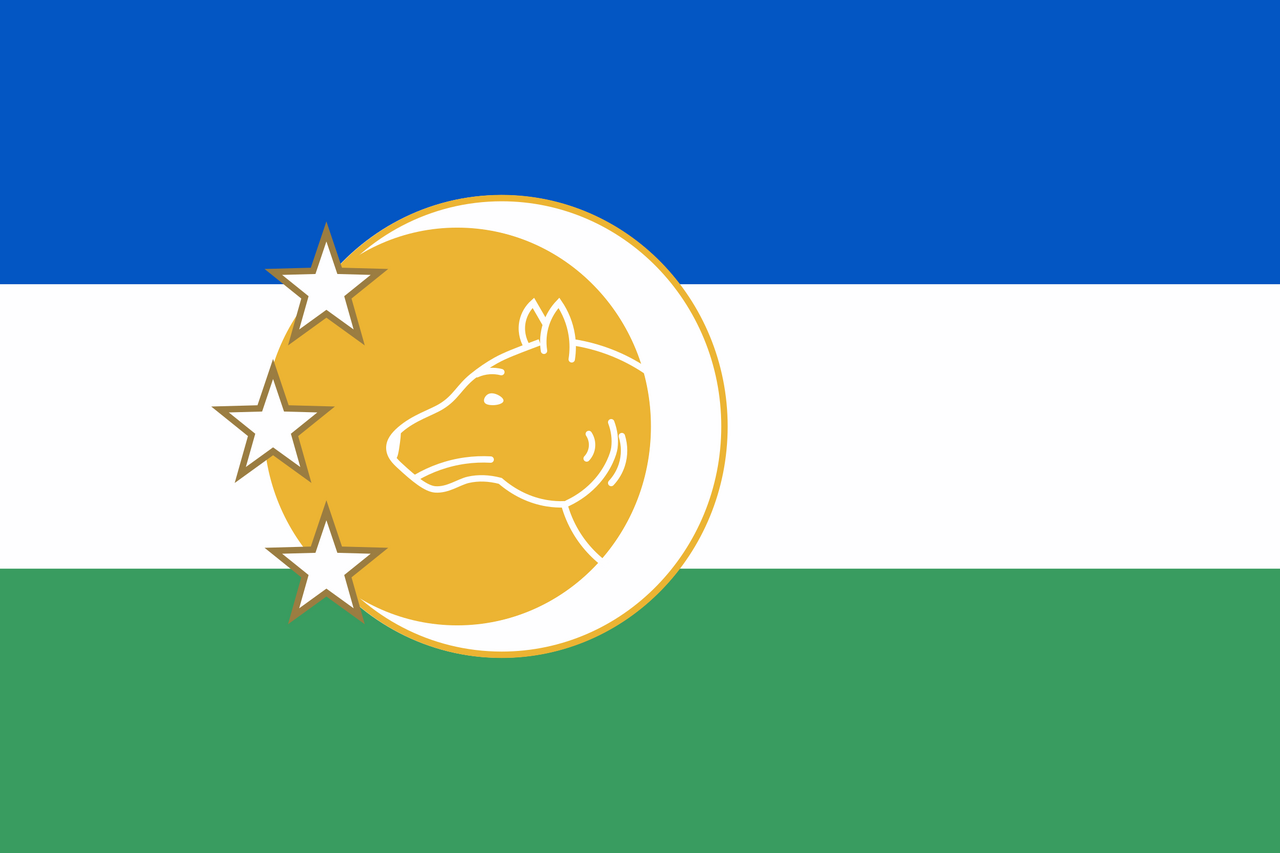 |
Calatay | Republic of Calatay[6] | Qarağandy (Karaganda) | Kazakh |
 |
Carbon | Republic of Carbon | Kungur | Iujadogian |
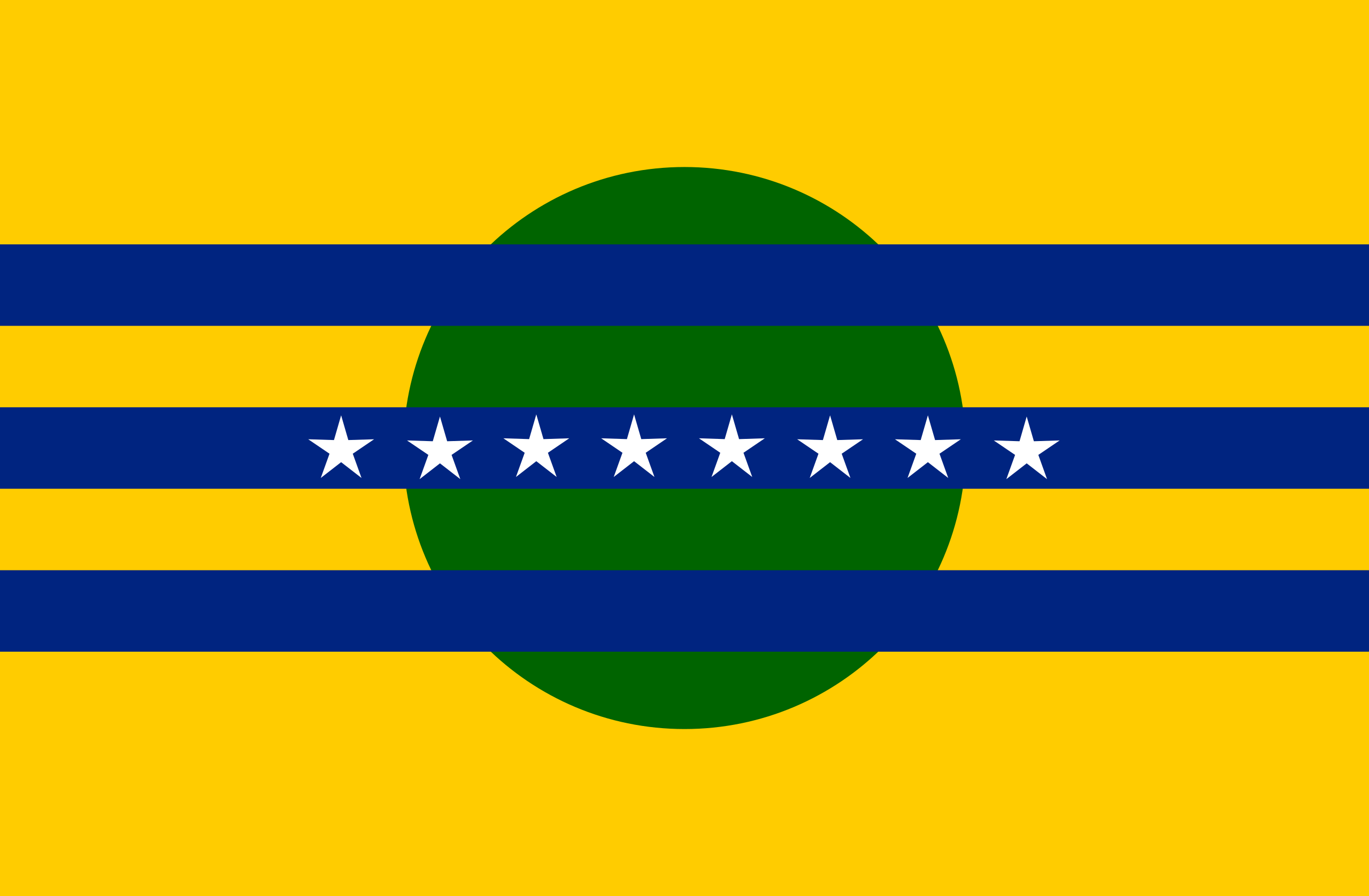 |
Cariba | Republic of Cariba | St. Thomas de Guyana |
|
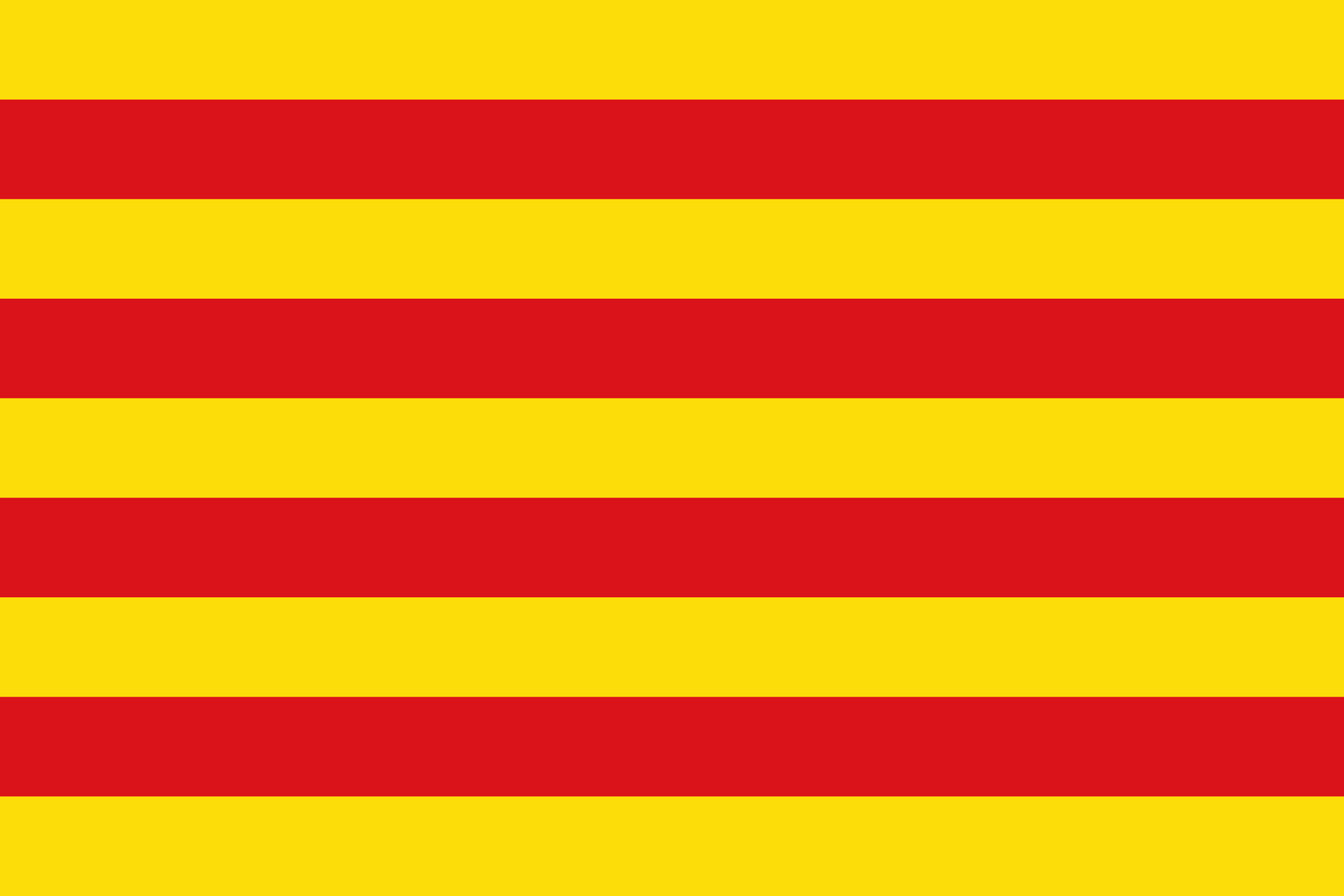 |
Catalunya | Republic of Catalunya | Barcelona | Catalan |
 |
Catania | Federative Republic of Catania | Montreal |
|
 |
Celtic-Aleutia | Republic of Celtic-Aleutia | Onze (De Facto) |
|
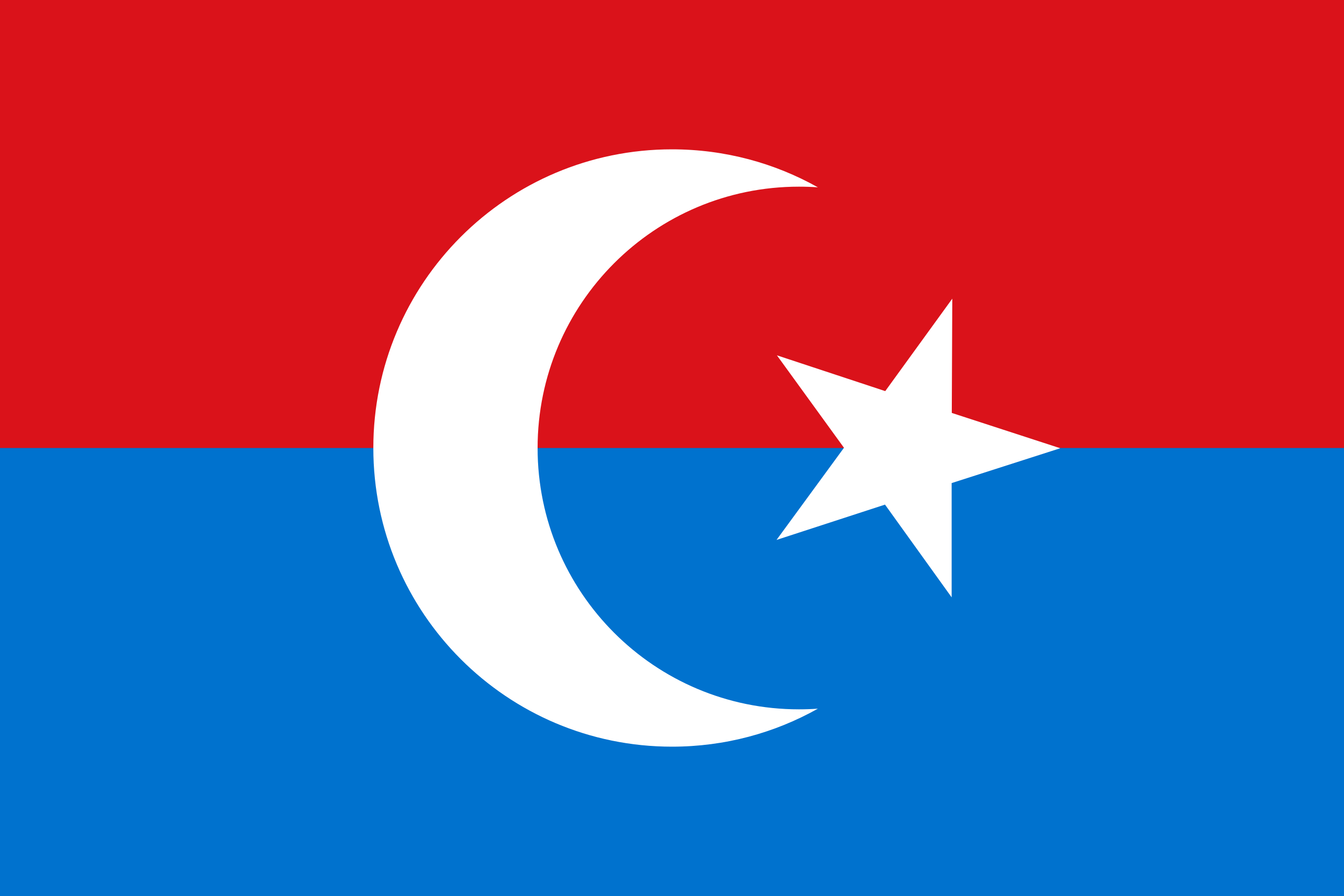 |
Central Turkistan | Republic of Central Turkistan | Shymkent | Kazakh |
 |
Chechnya | Republic of Noxciyn/Chechnya | Solza-Gala (Grozny) |
|
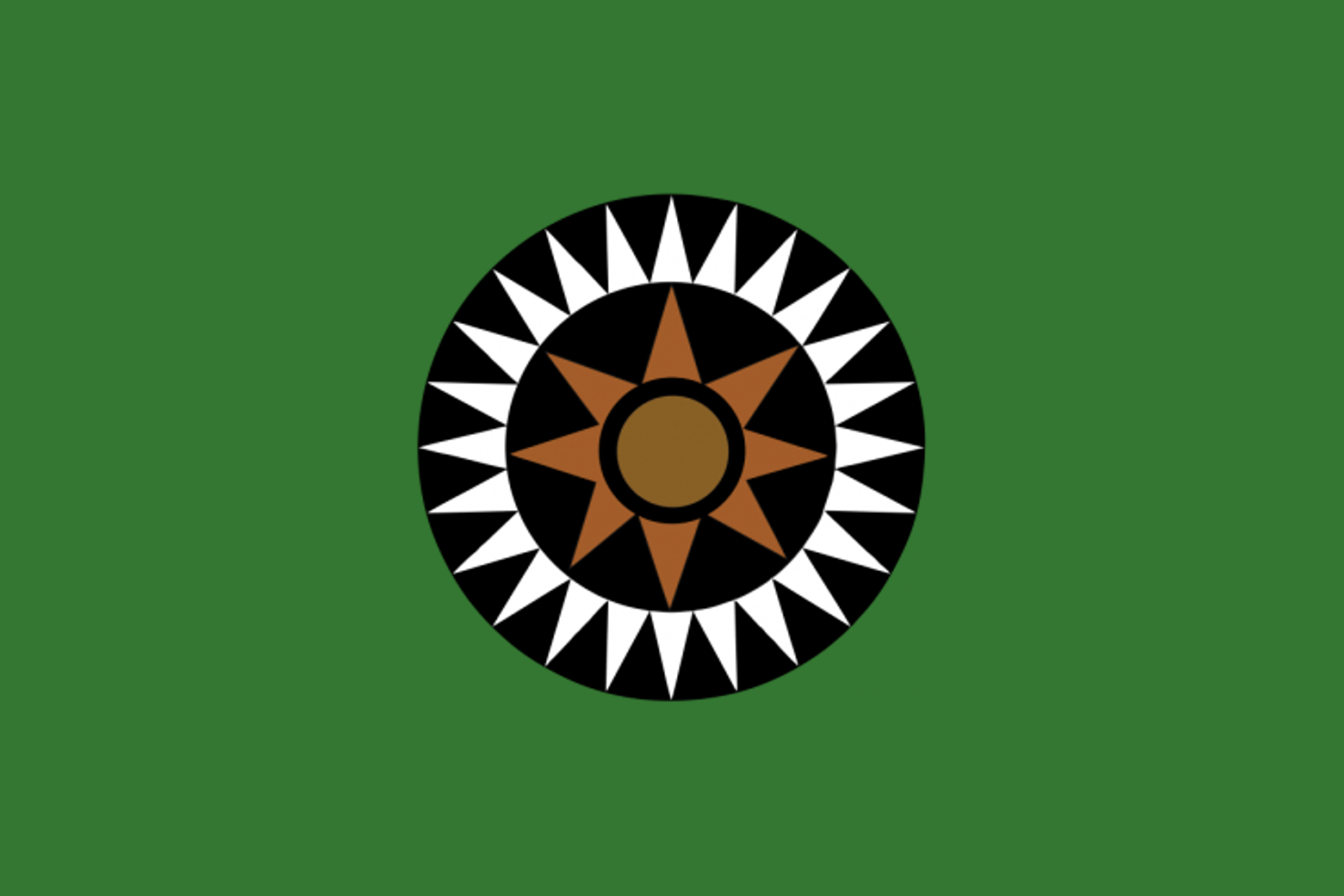 |
Chichamia | Republic of Chichamia | Jaén |
|
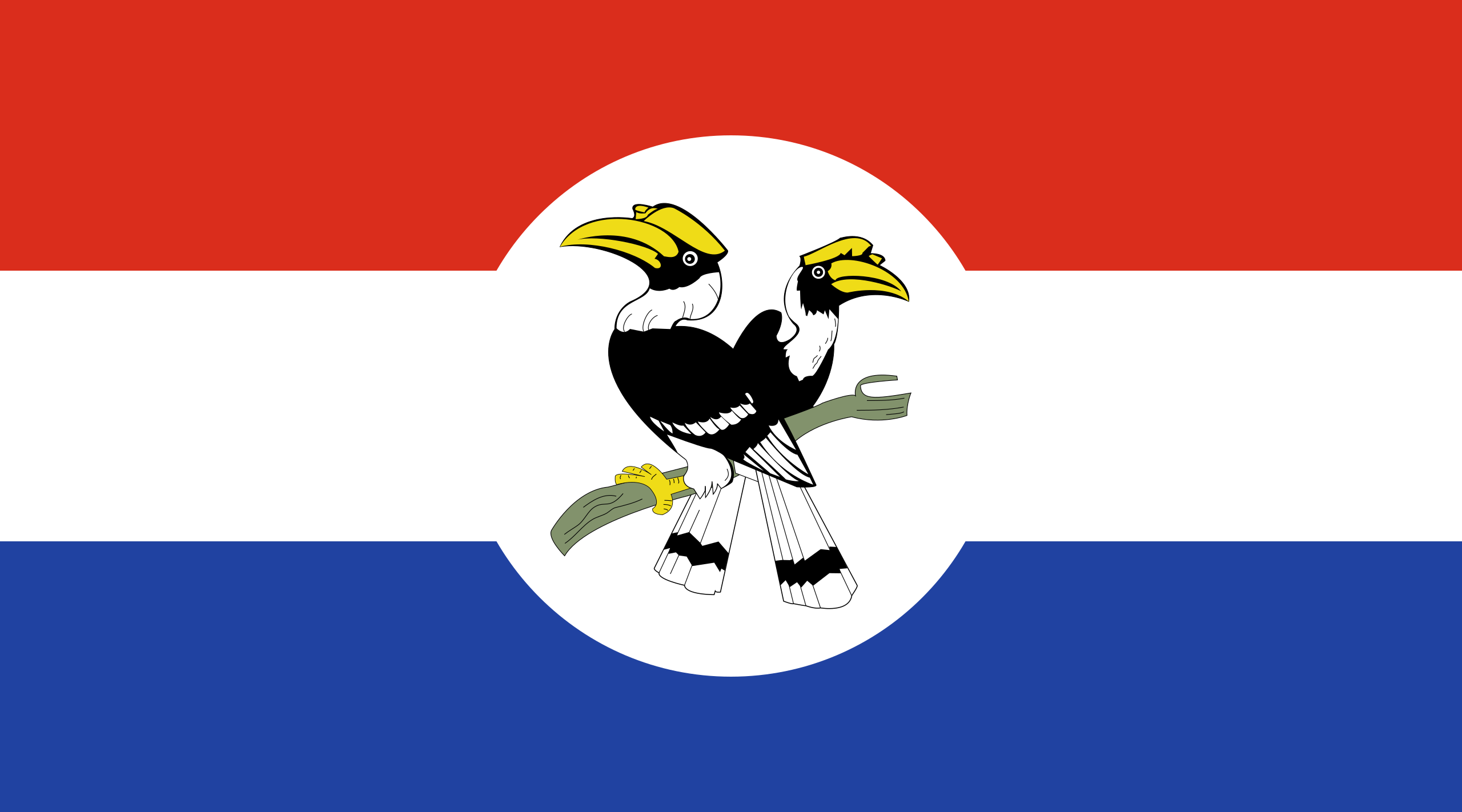 |
Chinland | Republic of Chinland | Hakha | (Kuki-Chin Languages) |
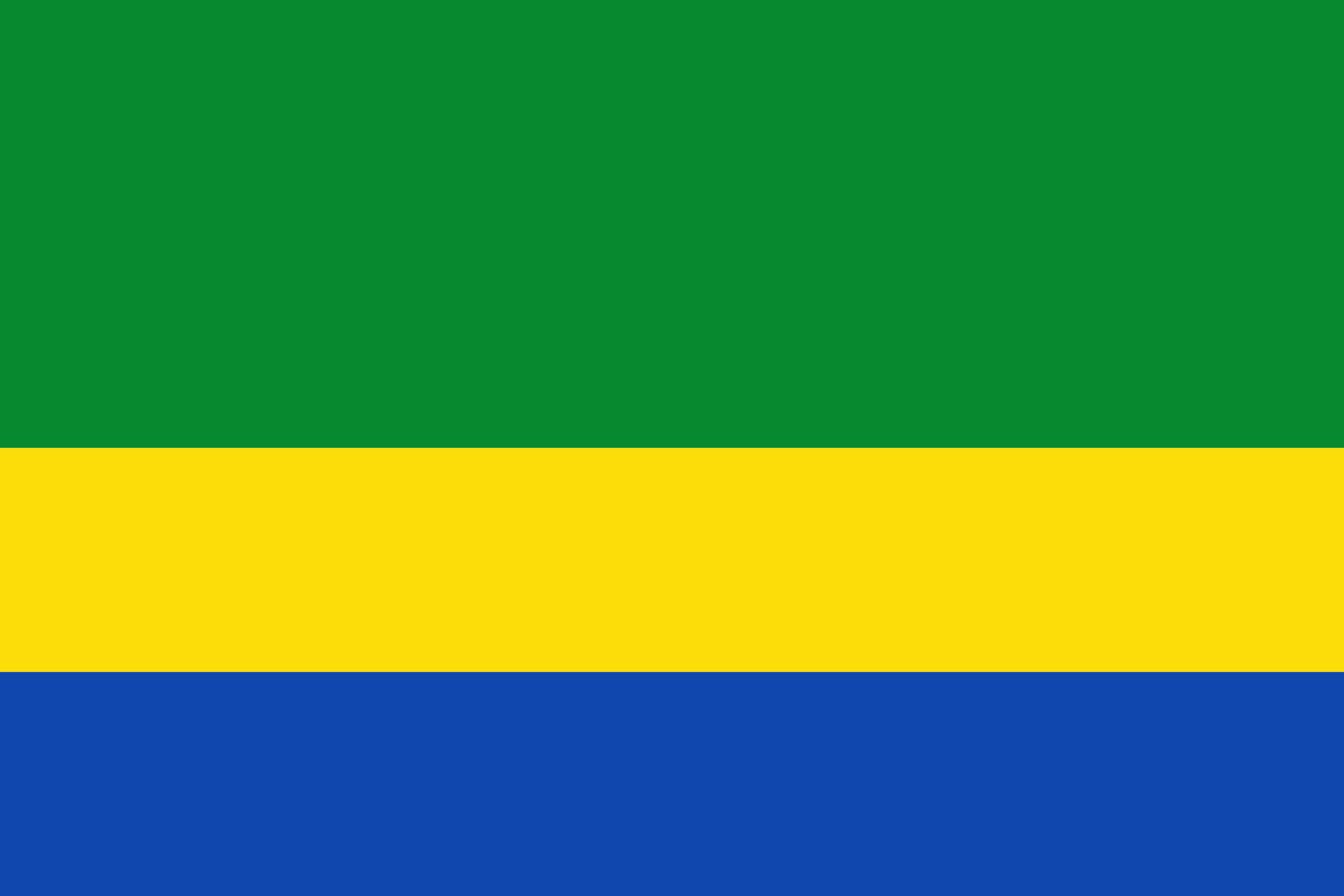 |
Chocóa | Republic of Chocóa | Pereira |
|
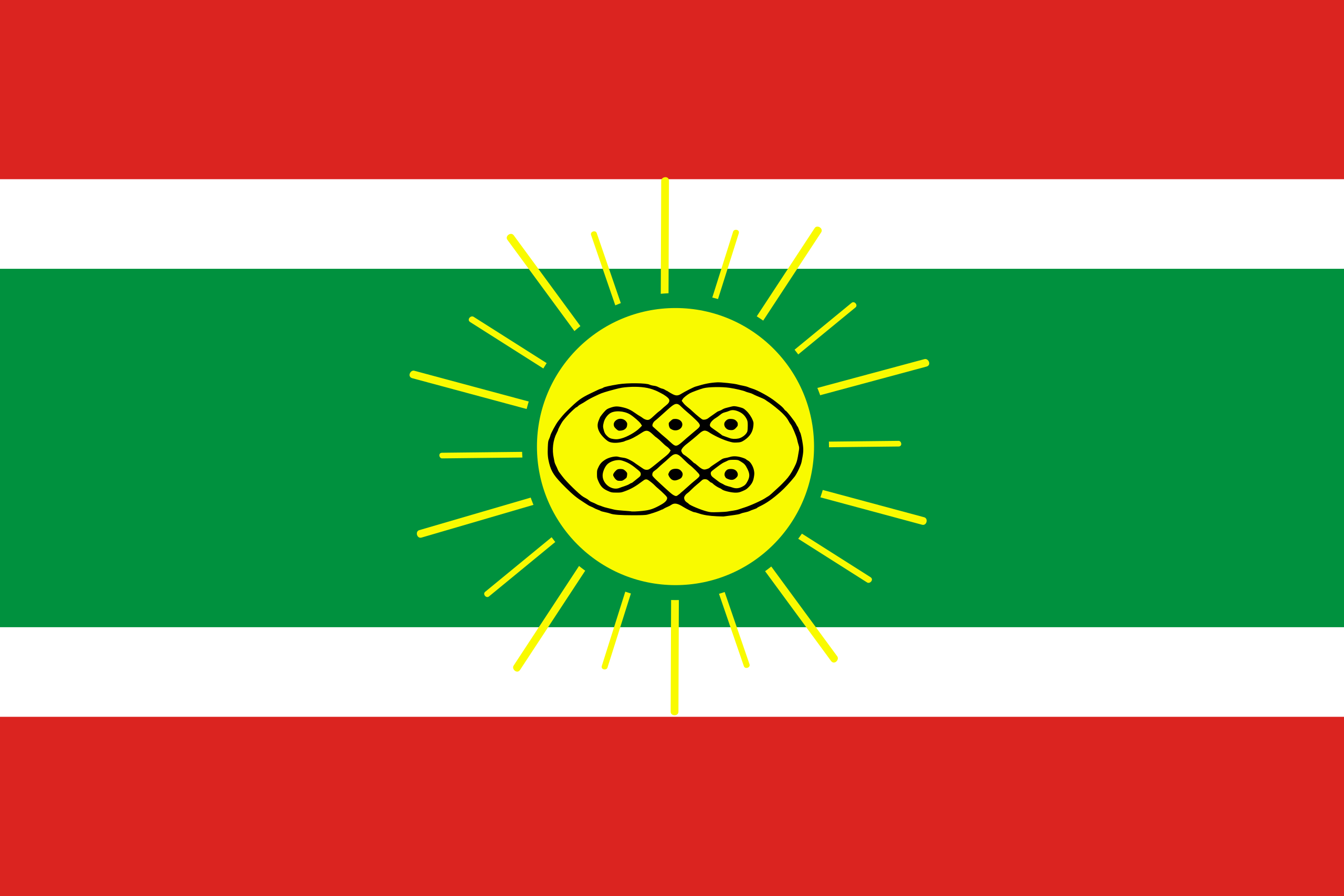 |
Choguela | Republic of Choguela | Kananga |
|
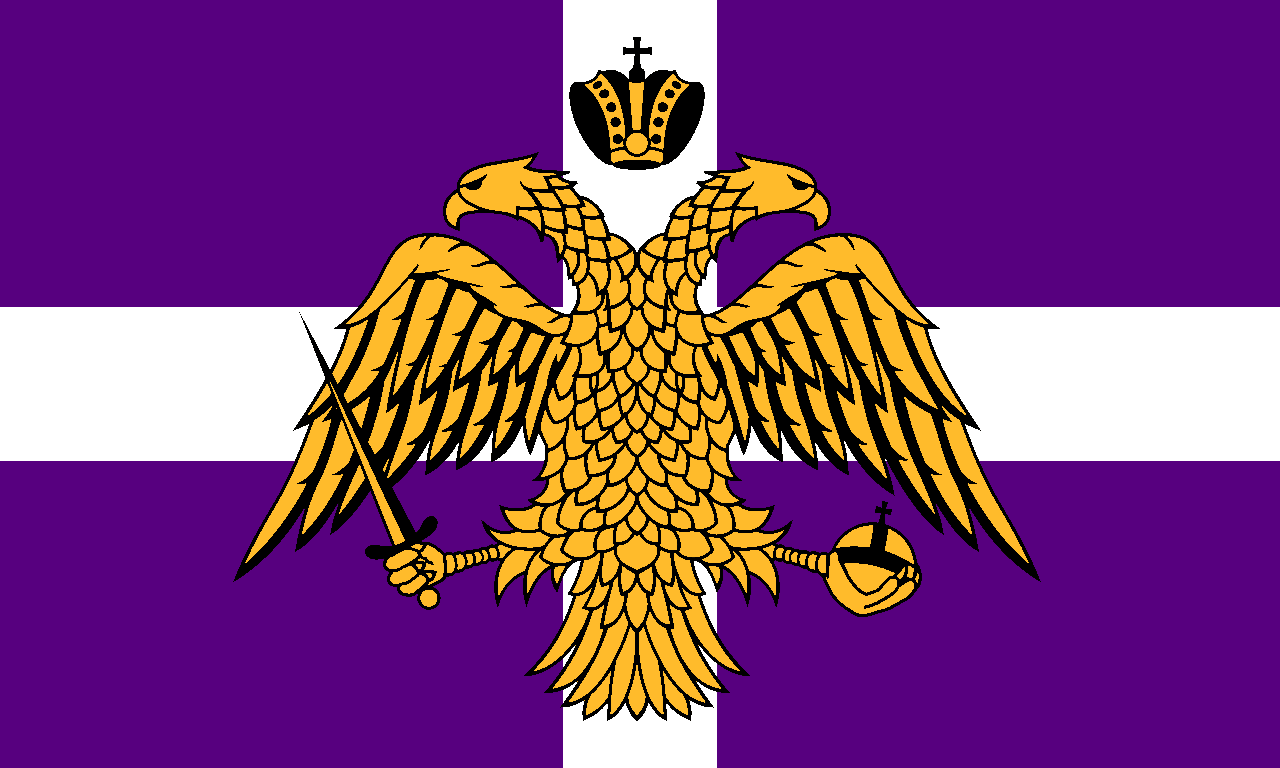 |
Choros | Republic of Choros | Athens | Greek |
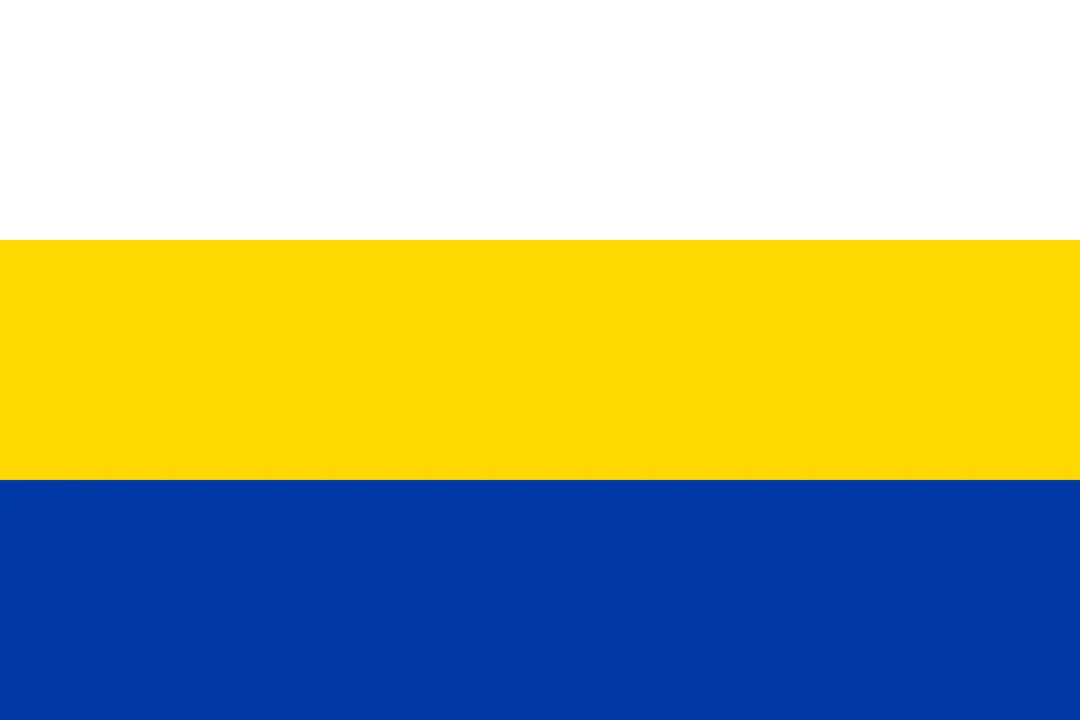 |
Chukotka | Chukchi Republic | Ḳytryn (Ulyḳ / Kholodok) |
|
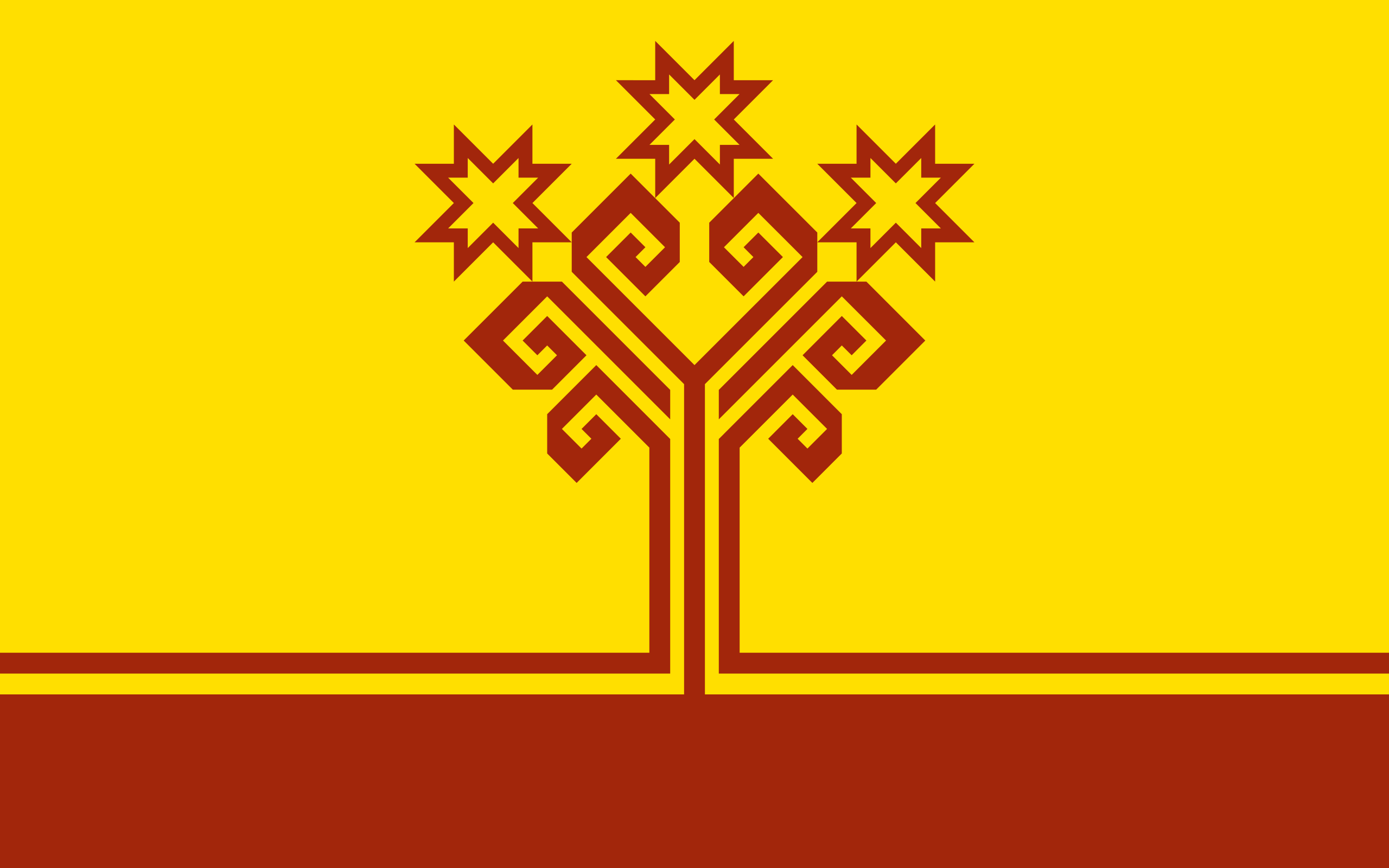 |
Chuvashia | Chuvash Republic | Šupaškar (Cheboksary) | Chuvash |
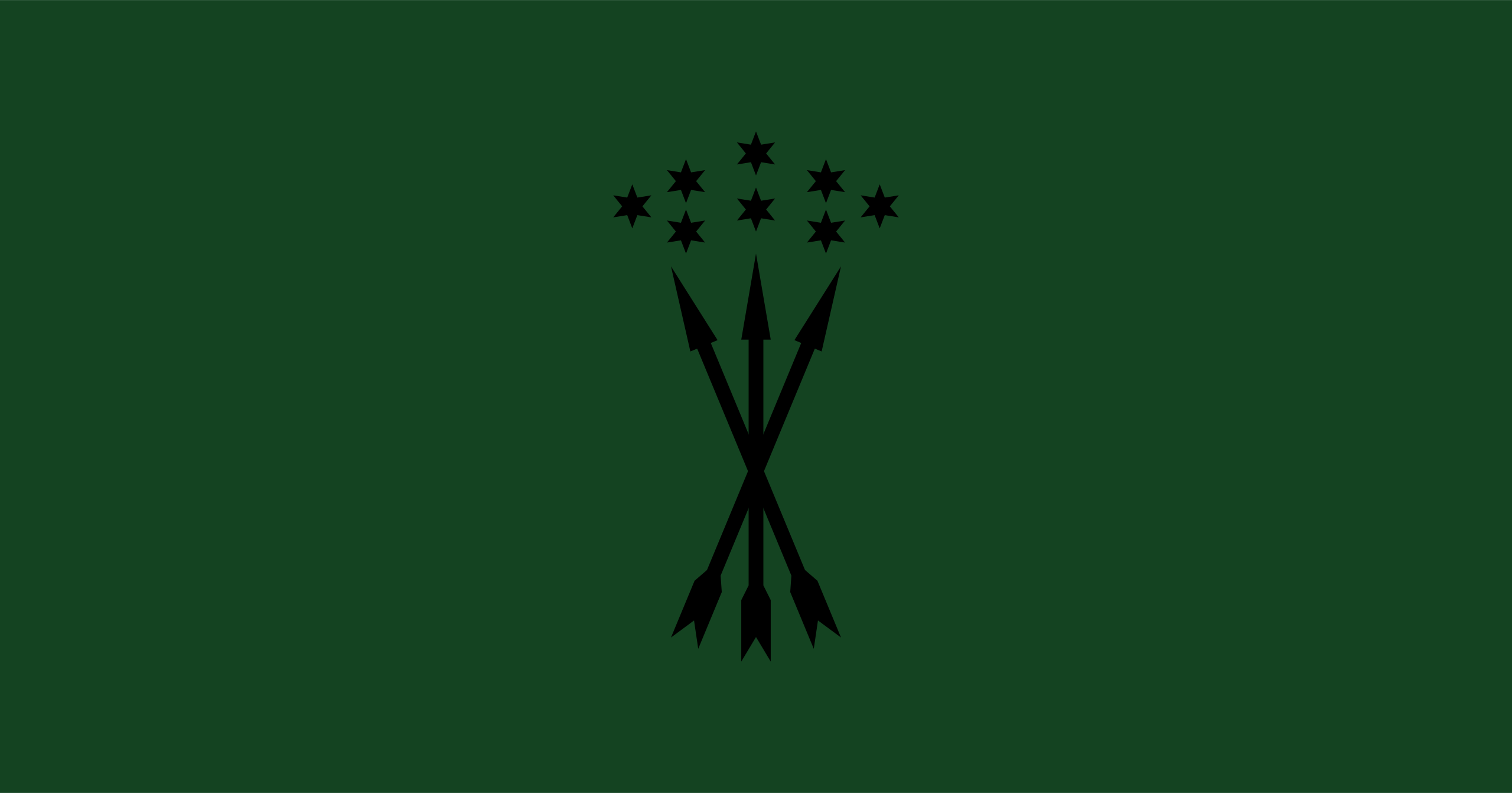 |
Circassia | Republic of Circassia | Novorossiysk |
|
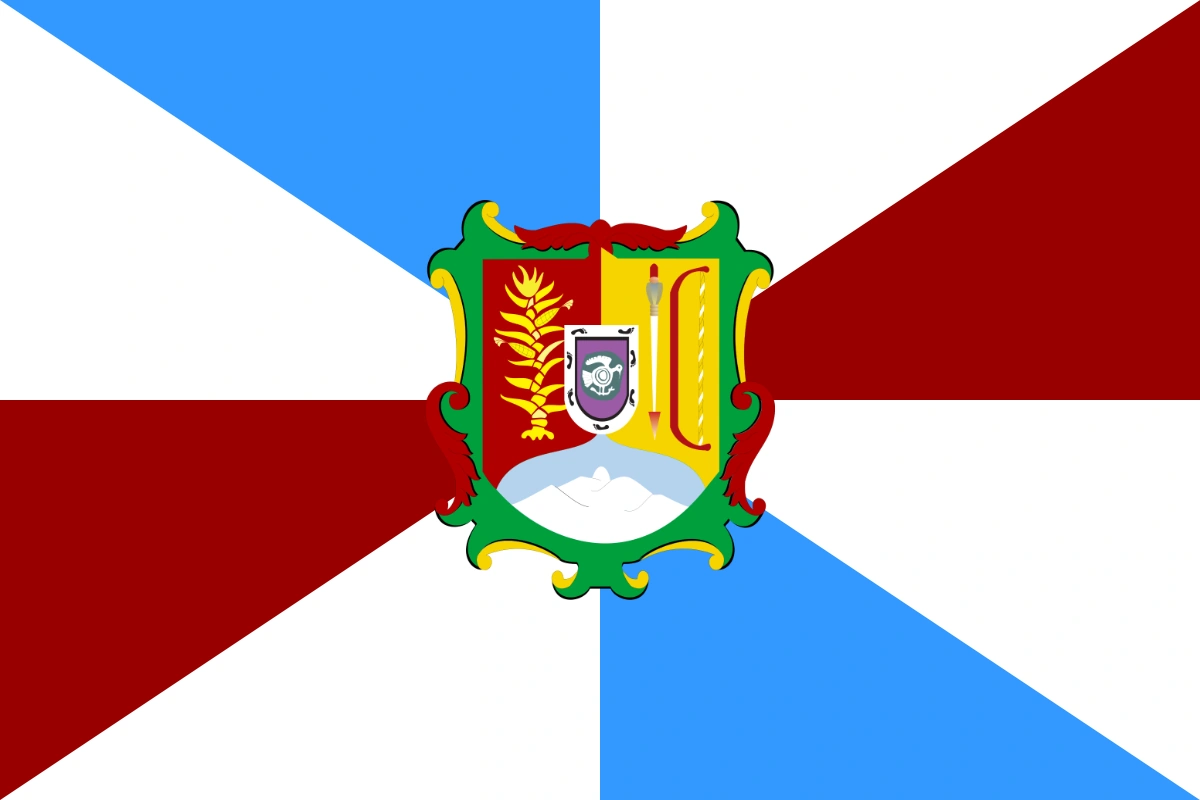 |
Corachol | Republic of Corachol | Huejuquilla El Alto |
|
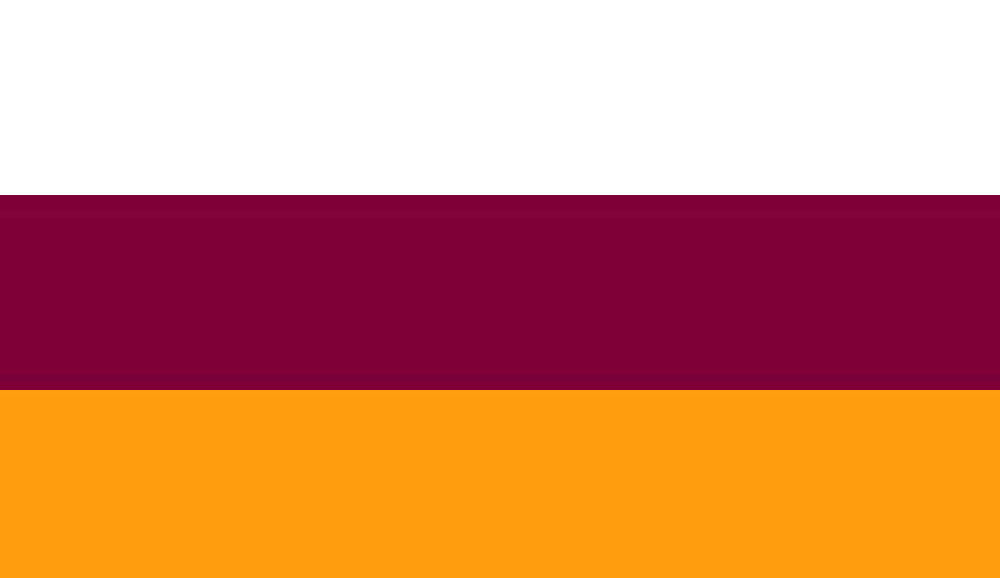 |
Cotunauinia | Republic of Cotunauinia | North Halmahera |
|
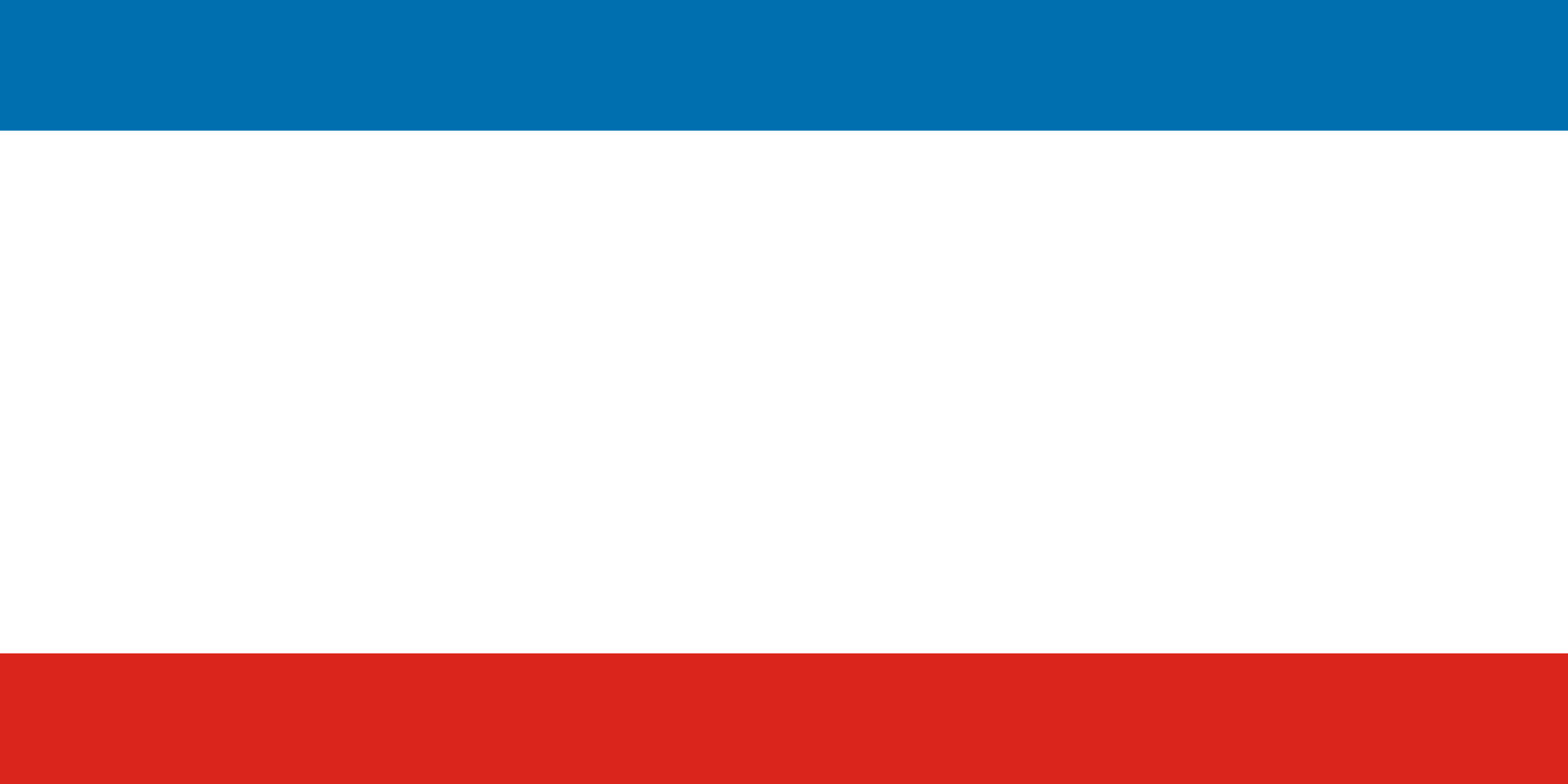 |
Crimea | Crimean Republic | Sevastopol |
|
 |
Crimea-Tatar | Republic of Crimea-Tataria | Keriç (Kerch) | Crimean Tatar |
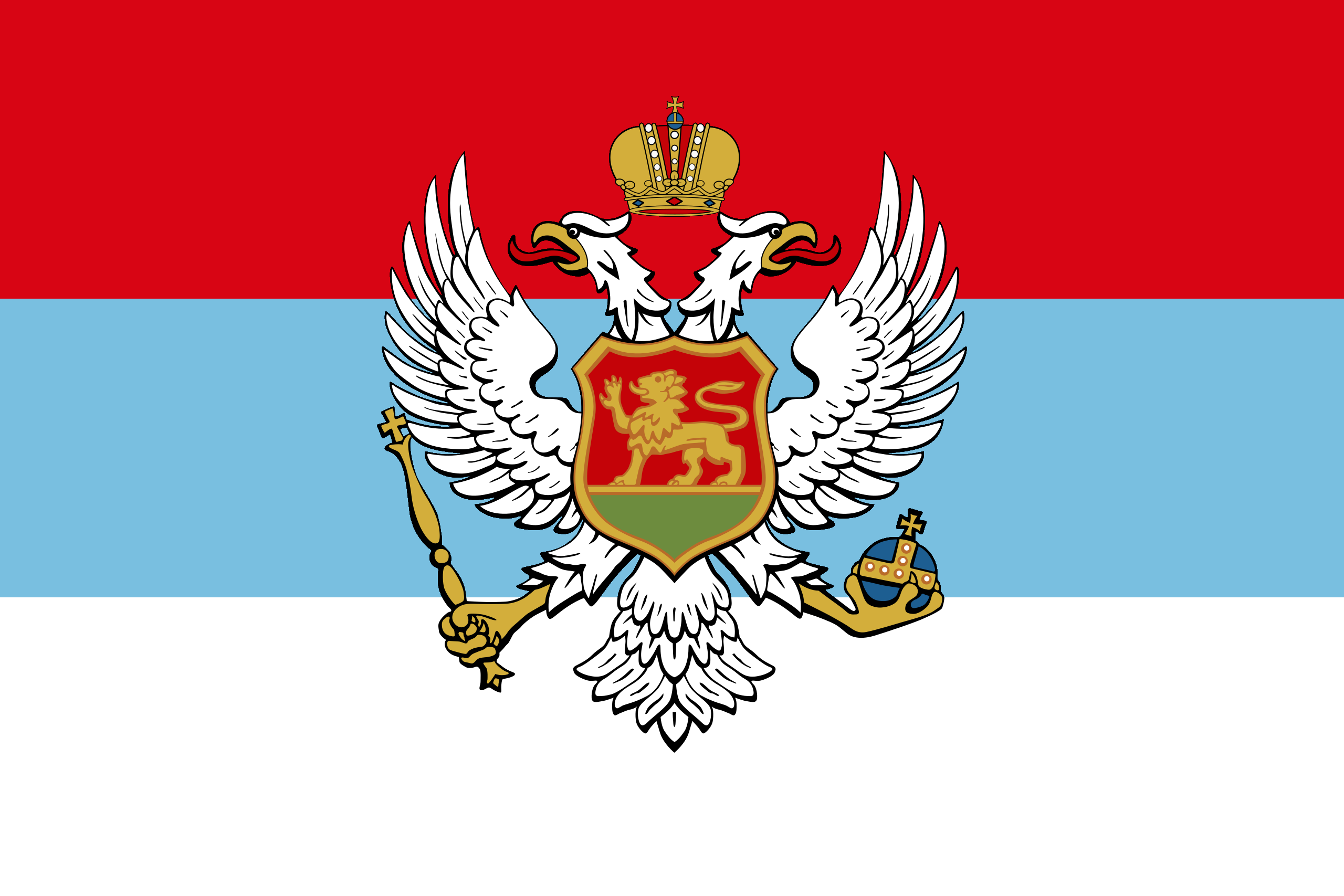 |
Crna Gora | Republic of Crna Gora | Podgorica | Montenegrin |
 |
Dagestan | Republic of Dagestan | Makhachkala |
|
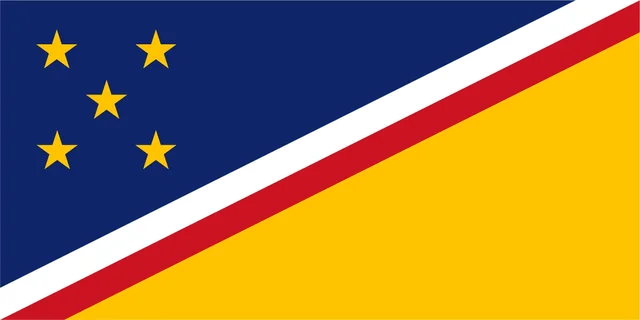 |
Dayak | Dayak Republic | Sambas | (Land Dayak Languages) |
 |
Denasola | Republic of Denasola | Chalonaja |
|
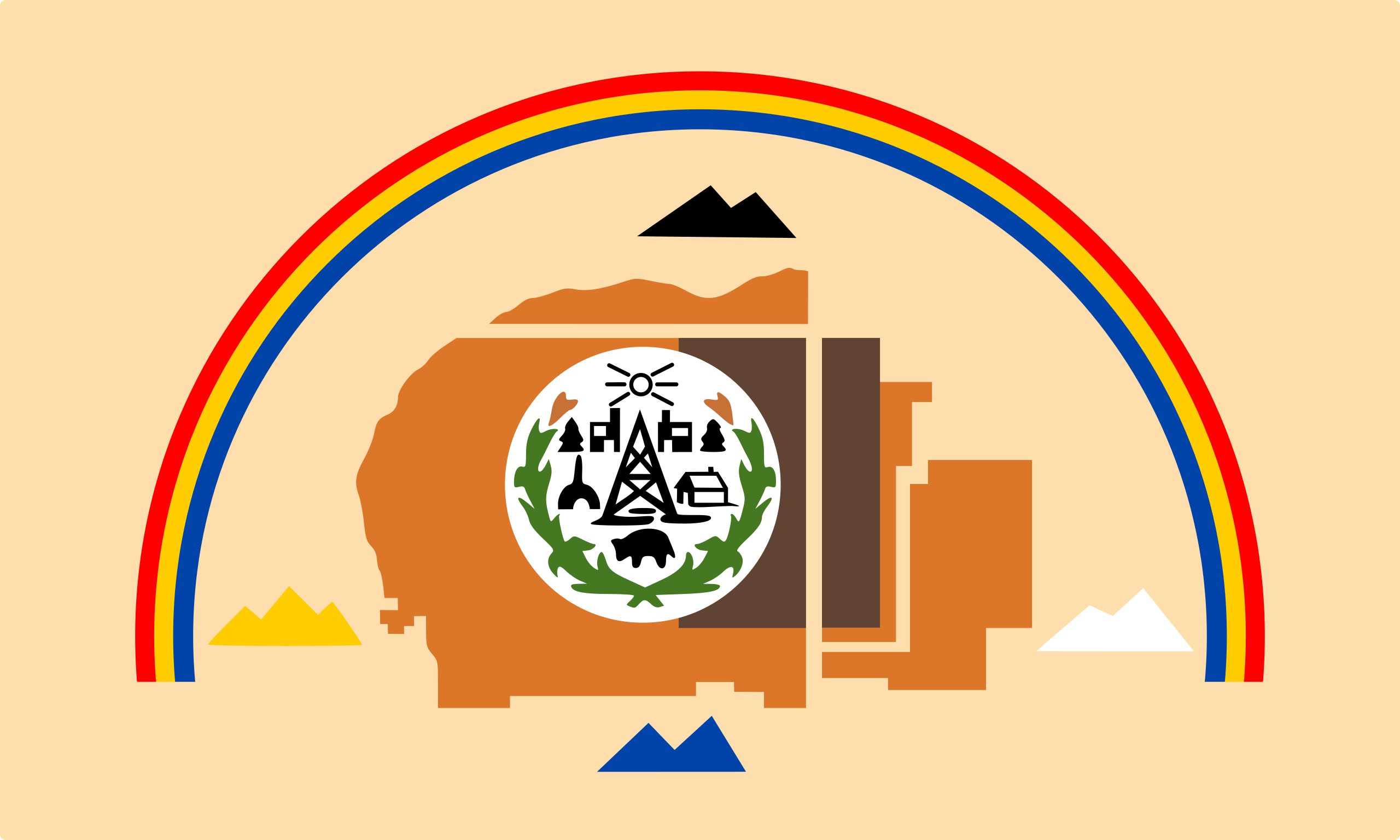 |
Diné | Republic of Dine | Tségháhoodzání |
|
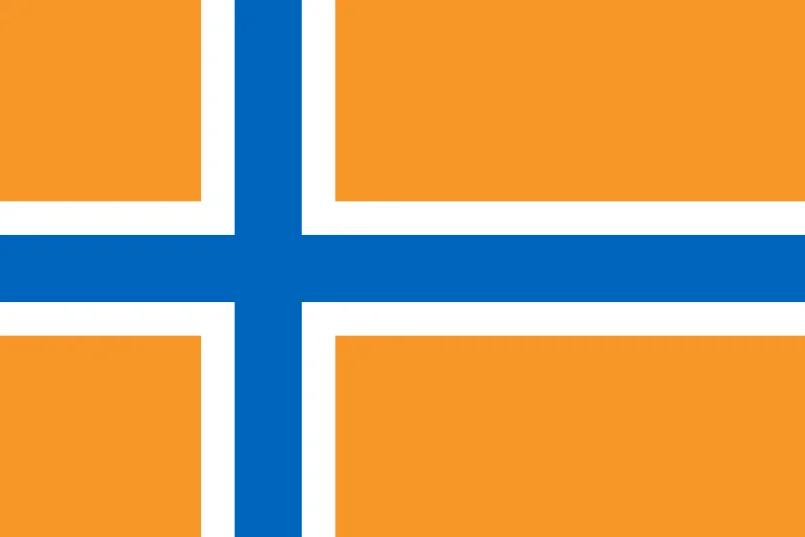 |
Doggerland | Republic of Doggerland | Nykøbenhavn | Danish |
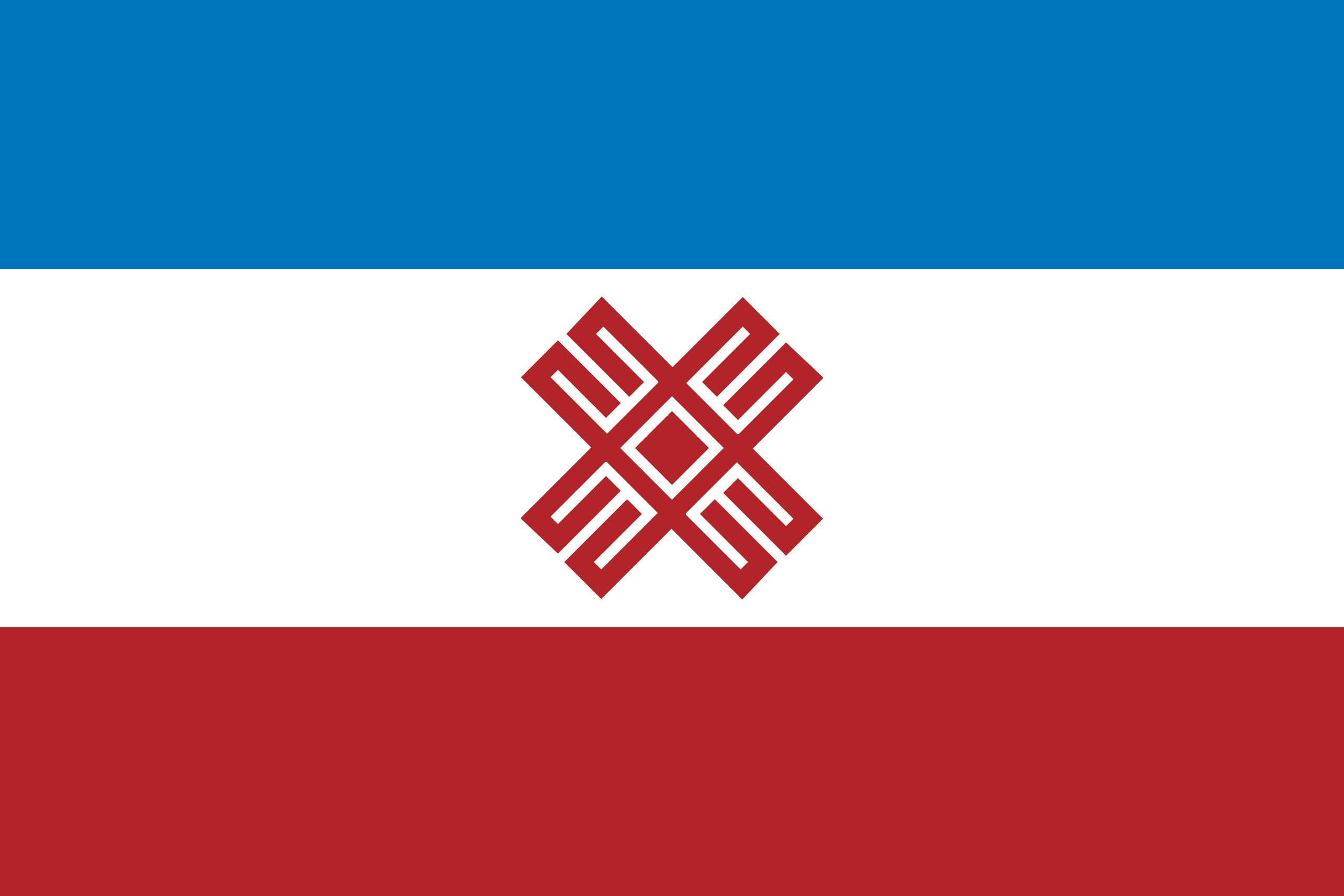 |
Eastern Mari | Republic of Eastern Mari | Sarapul | Eastern Mari |
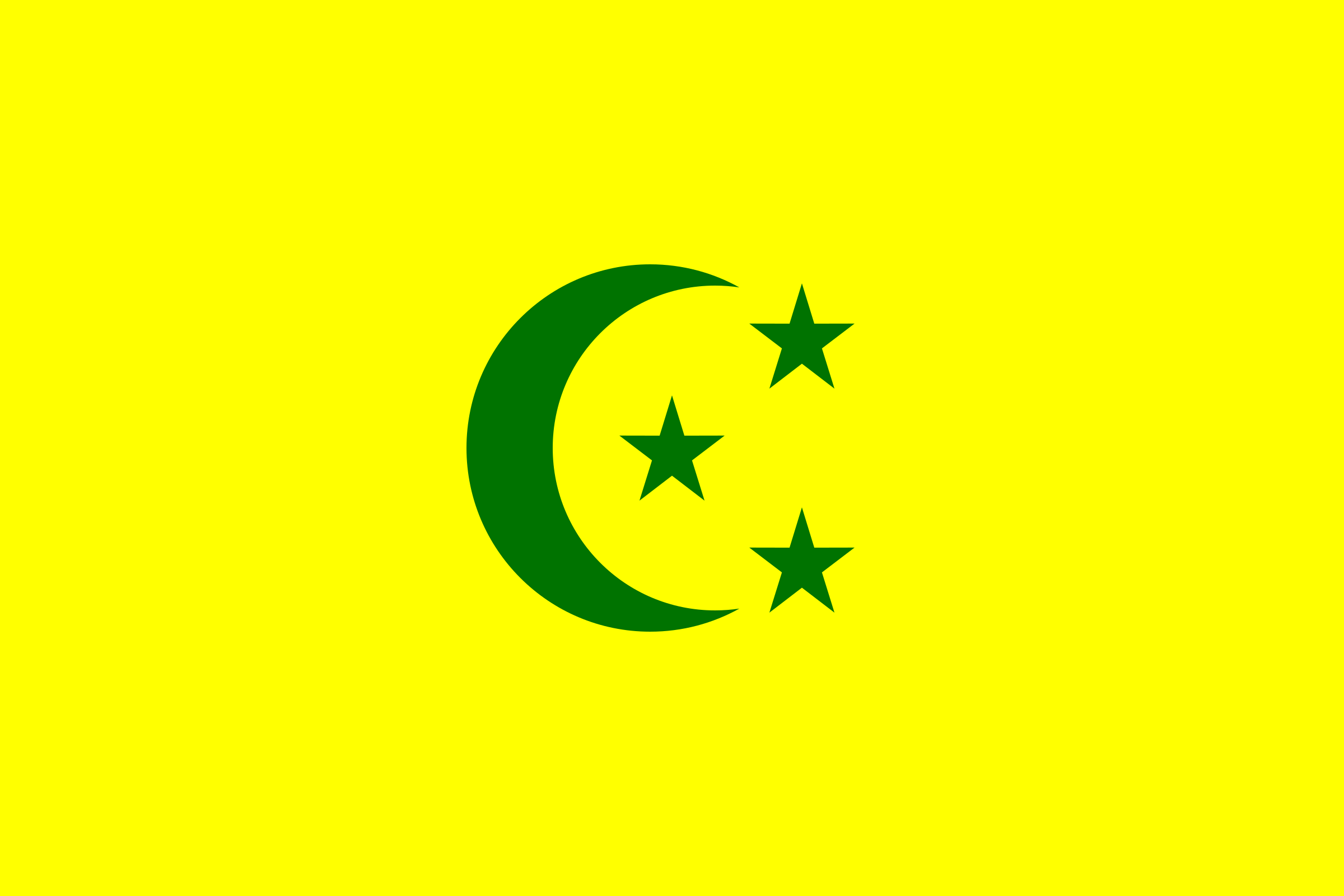 |
East Fulania | Republic of East Fulania | Mopti | Fula |
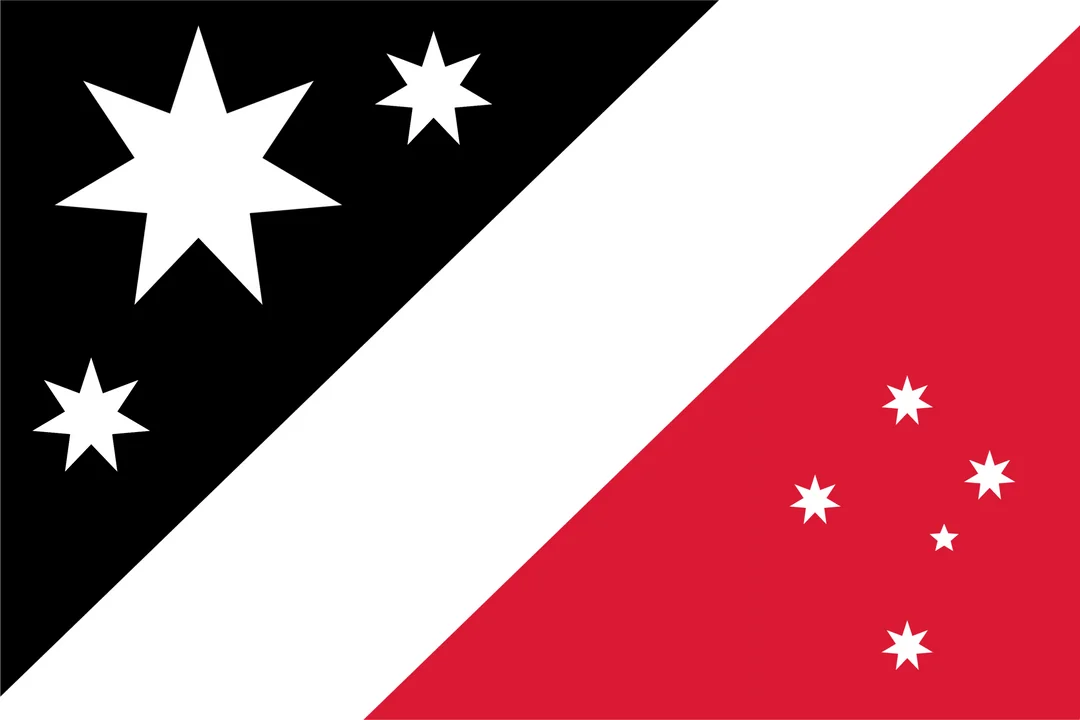 |
East Geelvink | Republic of Geelvink | Nabire |
|
 |
East Prussia | Republic of East Prussia | Königsberg | German |
 |
East Qazaqstan | Republic of East Qazaqstan | Oskemen |
|
 |
East Sakha | Republic of East Sakha | Chandyga (Khandyga) |
|
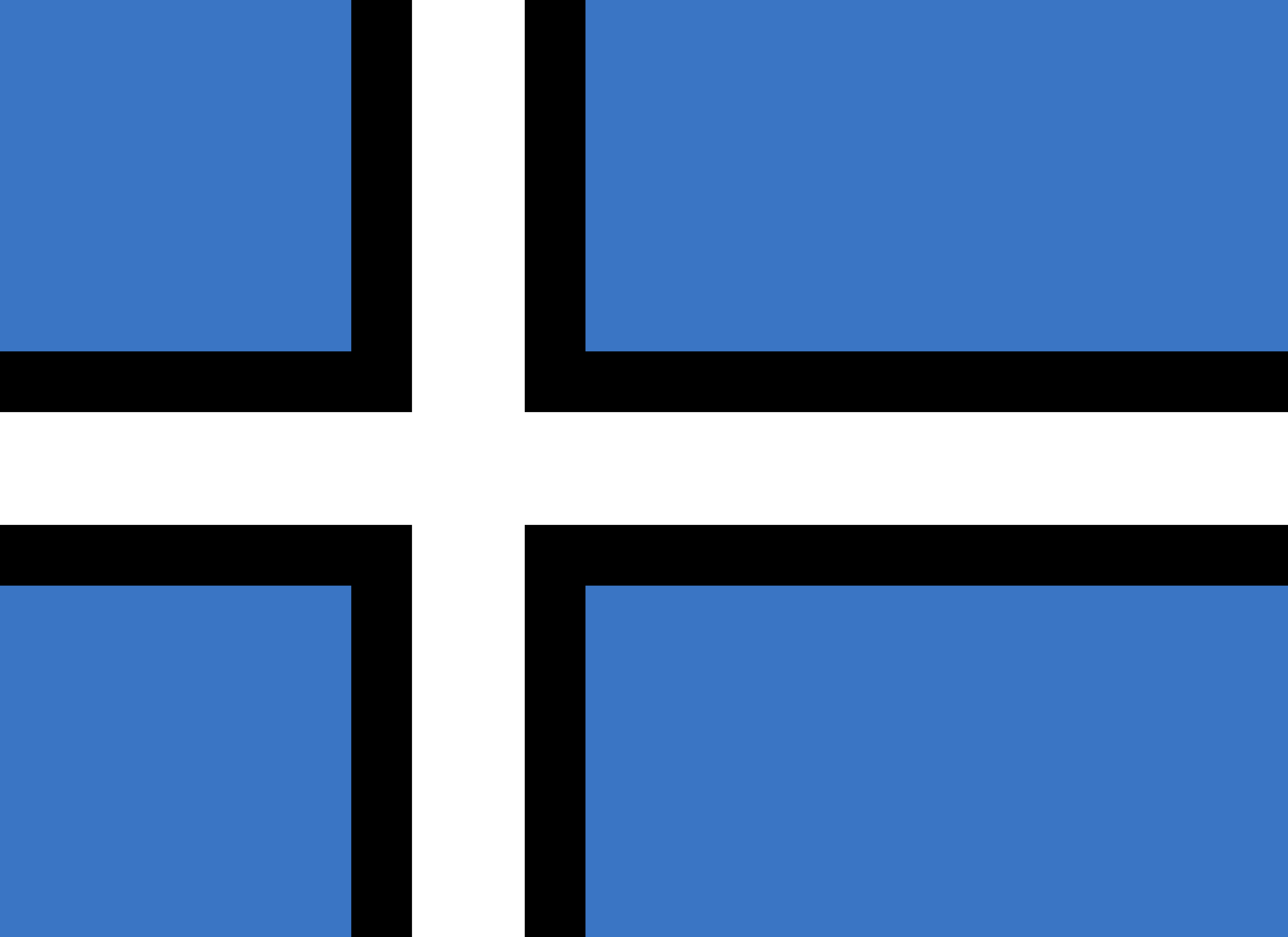 |
Eesti | Republic of Eesti | Talinn | Estonian |
 |
Eire | Republic of Eire | Dublin | Irish |
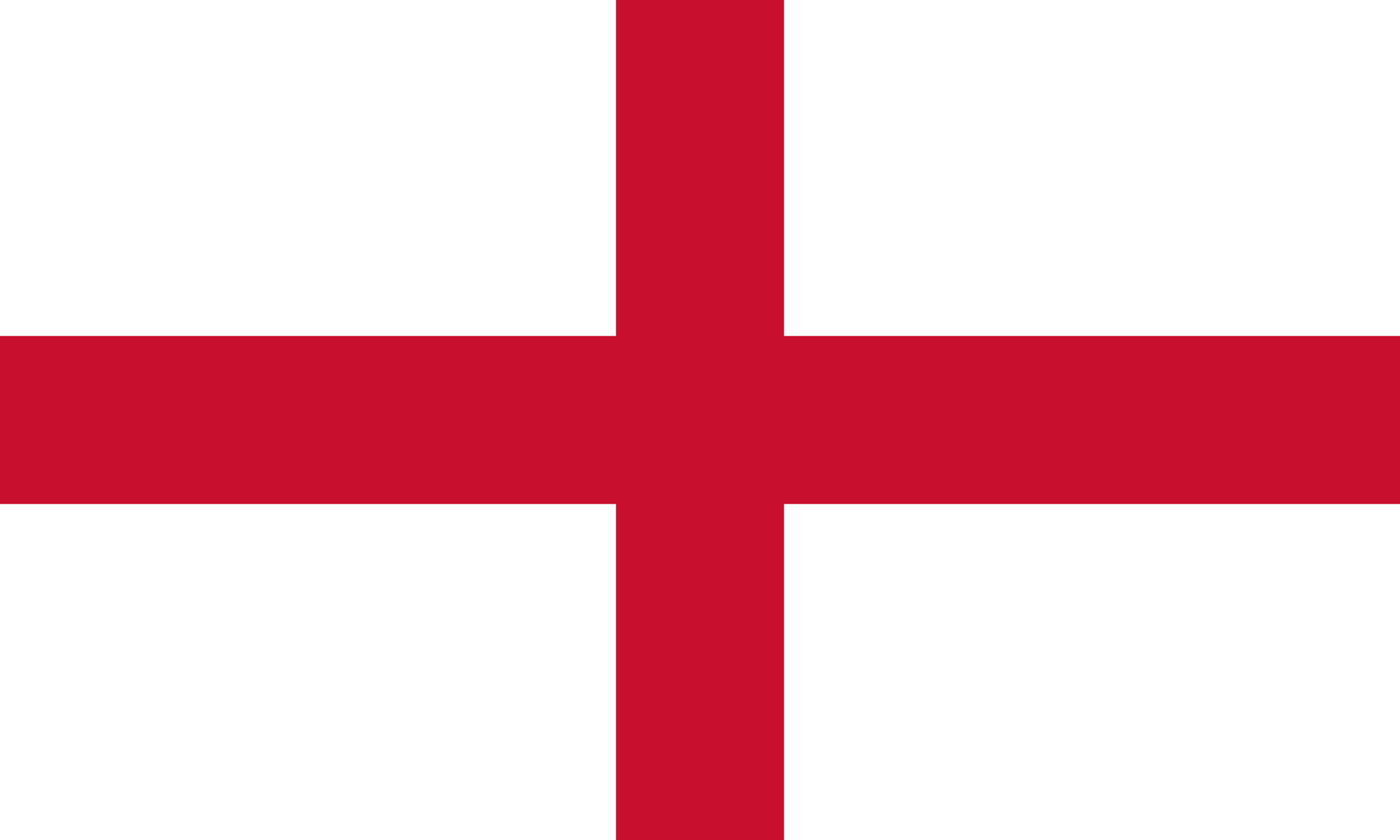 |
England | Republic of England | London |
|
 |
Equatoria | Republic of Equatoria | Port-Gentil |
|
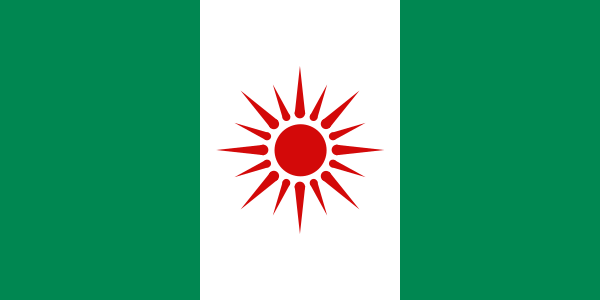 |
Erbuja | Republic of Erbuja | Abuja |
|
 |
Erzya | Erzya Republic | Bäläbäy (Belebey) | Erzya |
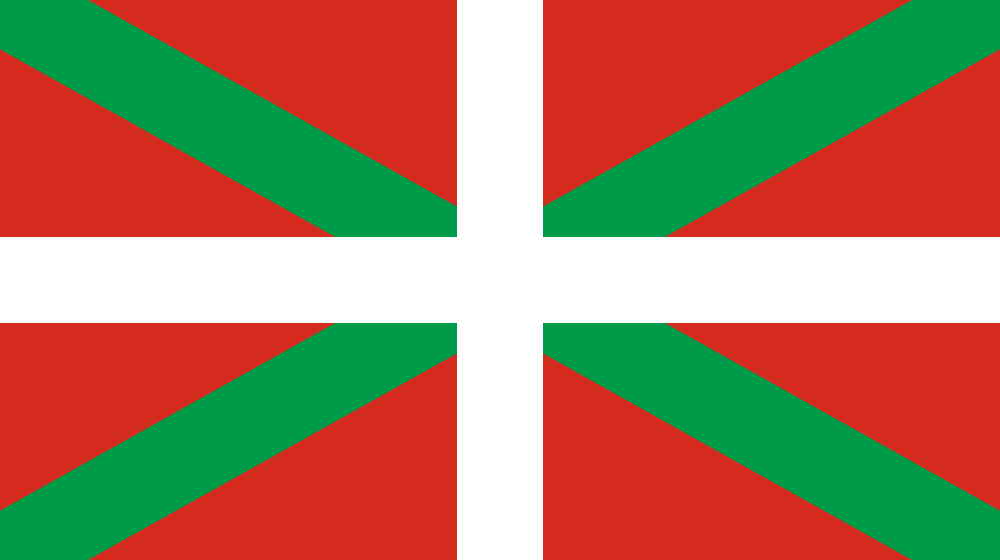 |
Euskadi | Republic of Euskadi | Itsederra (De Facto) | Basque |
 |
Evenkia | Republic of Evenkia | Turu (Tura) |
|
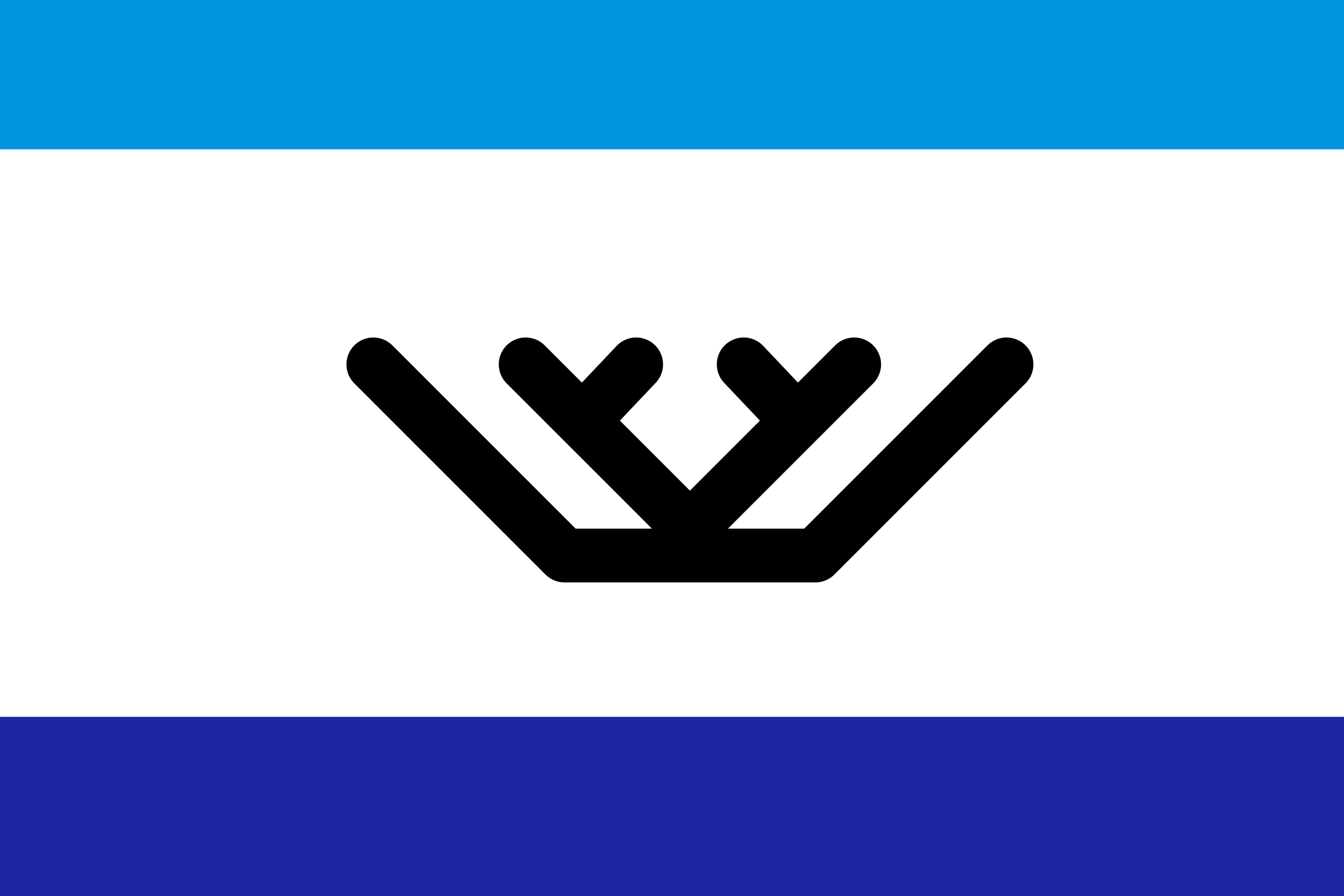 |
Evenkia-Olenyoksky | Republic of Evenkia-Olenyoksky | Olenyok |
|
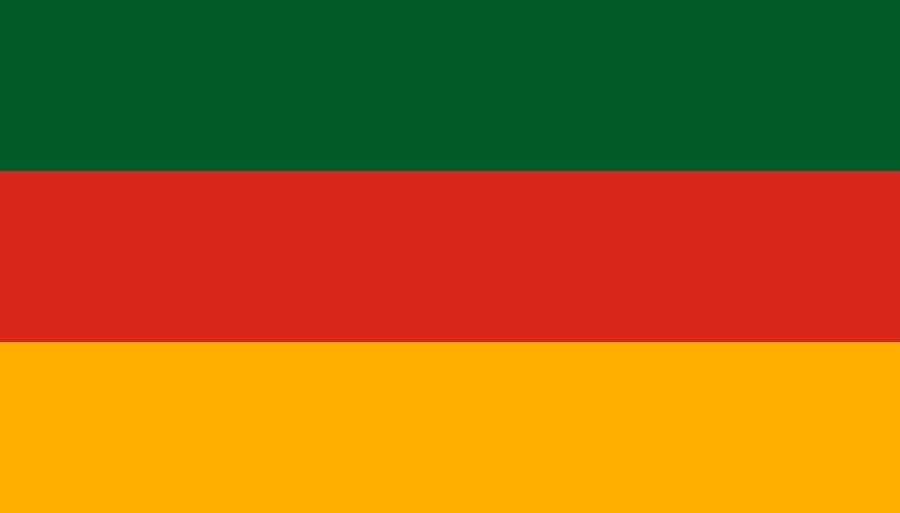 |
Fangabon | Republic of Fangabon | Douala |
|
 |
Floria | Republic of Floria | Floria City | Rumynskye |
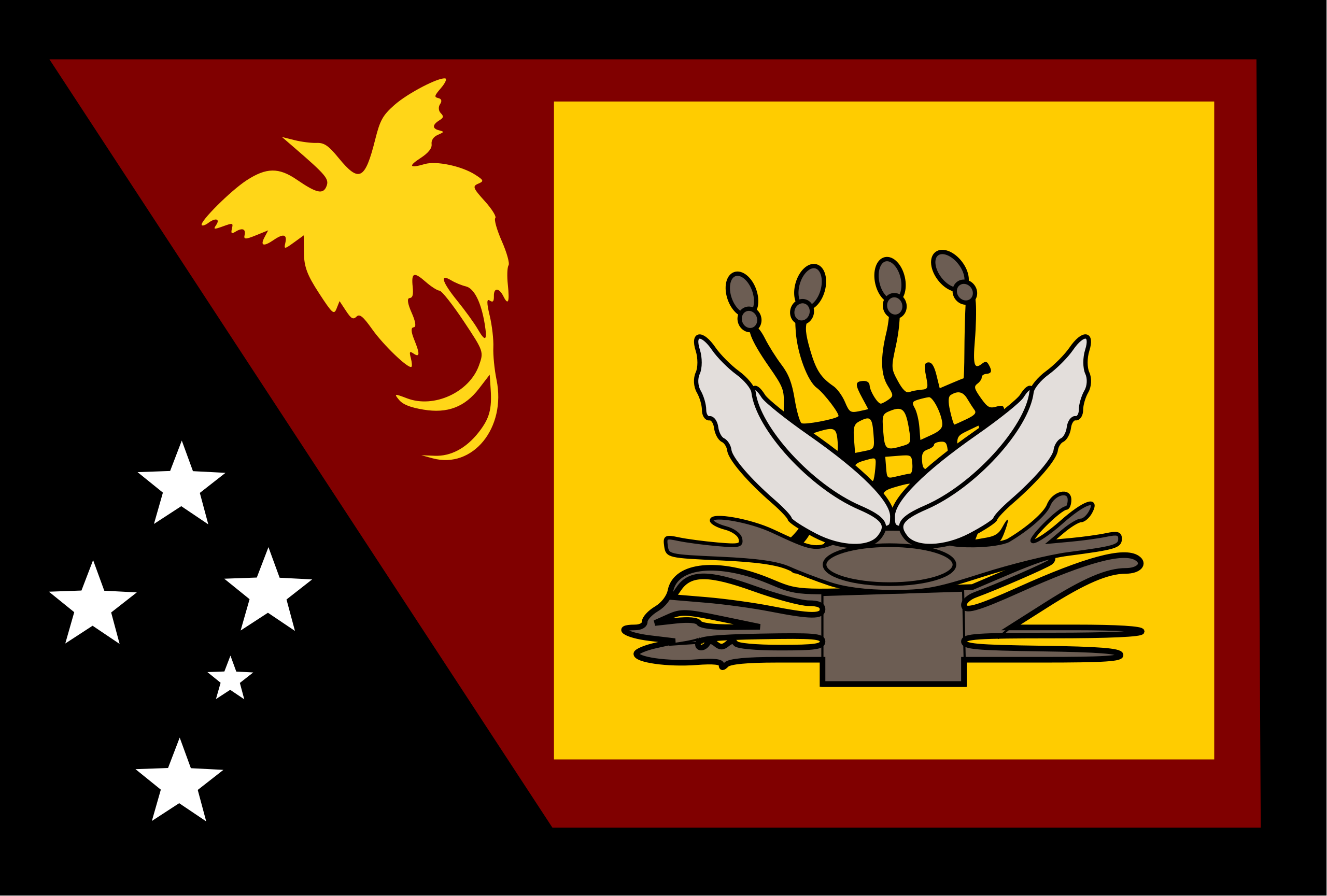 |
Fly-Bulaka | Republic of Fly-Bulaka | Daru |
|
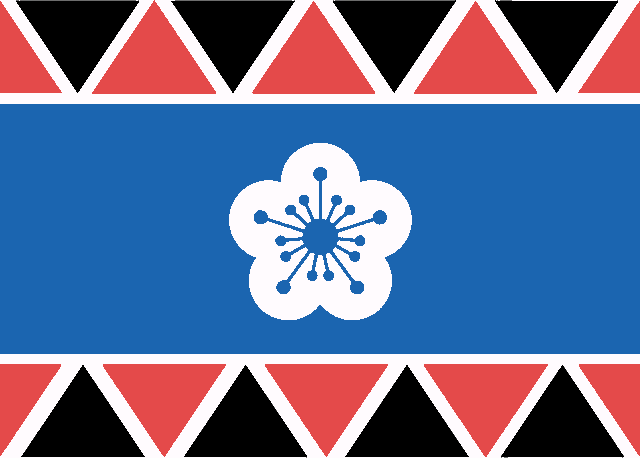 |
Formosa | Republic of Formosa | Taitung | (Formosan Languages) |
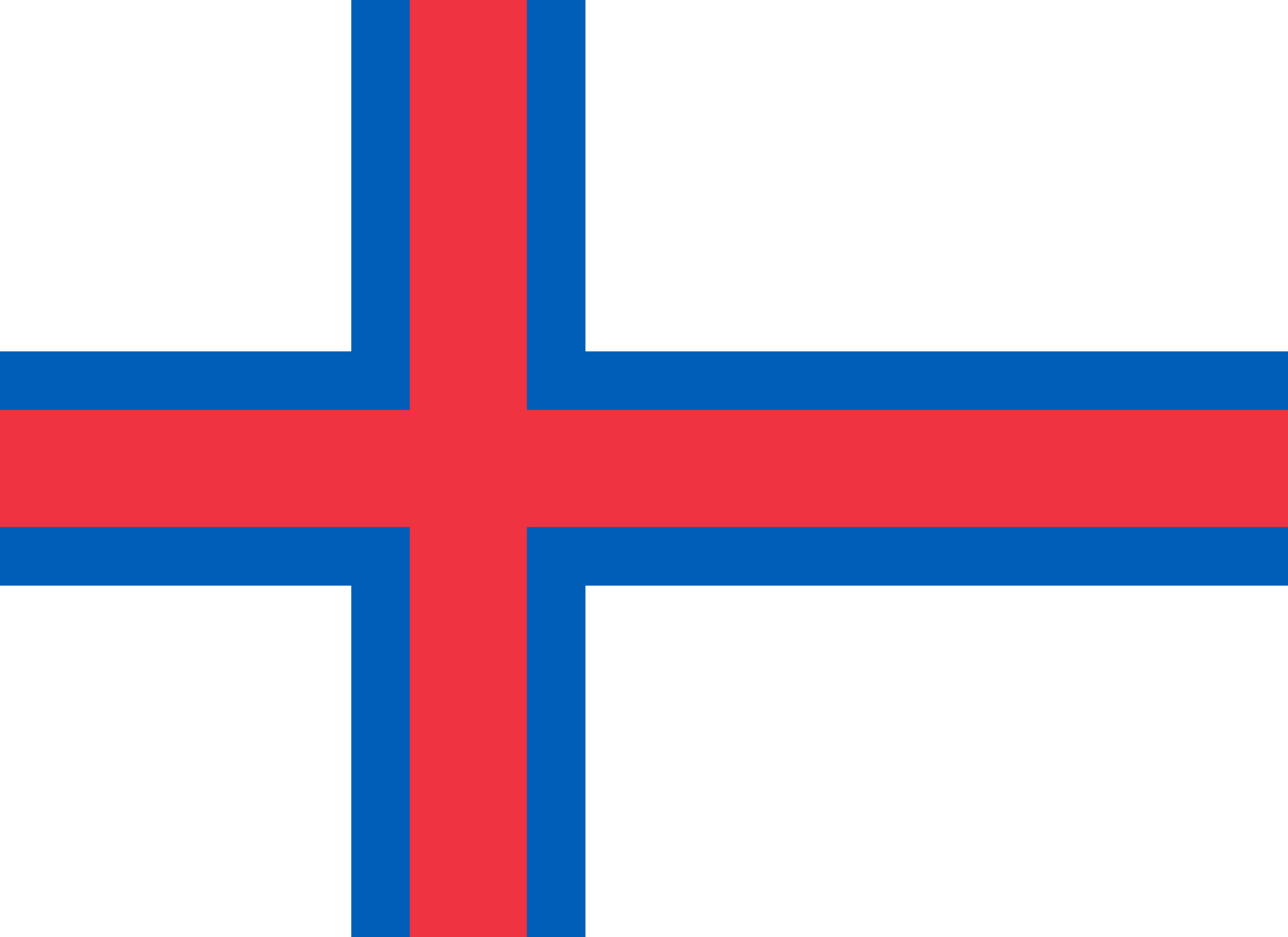 |
Føroyar | Republic of Føroyar | Tórshavn | Faroese |
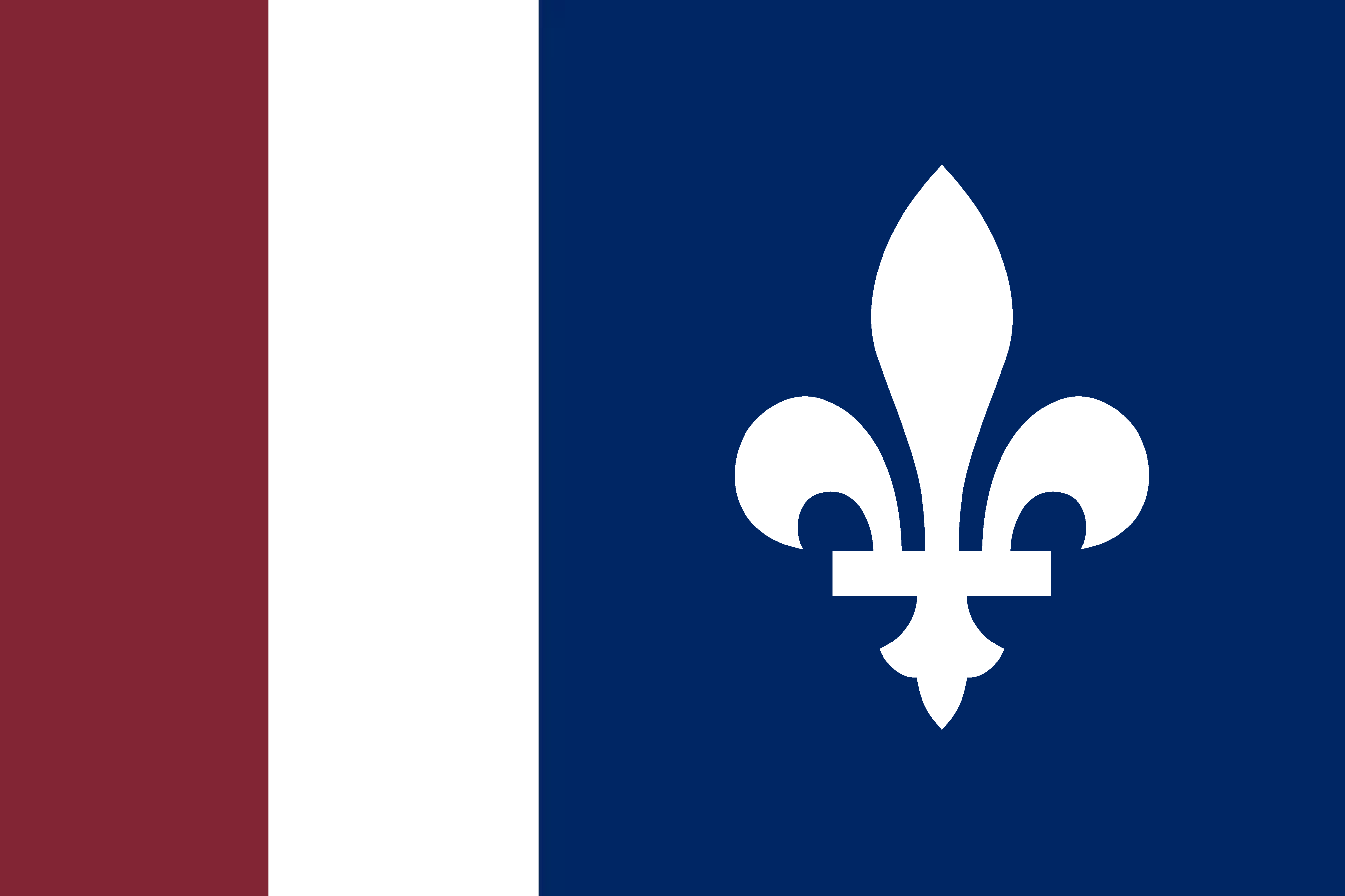 |
Francia | Federative -Republic of Francia | Ville de Yetia (Yetia City) | French |
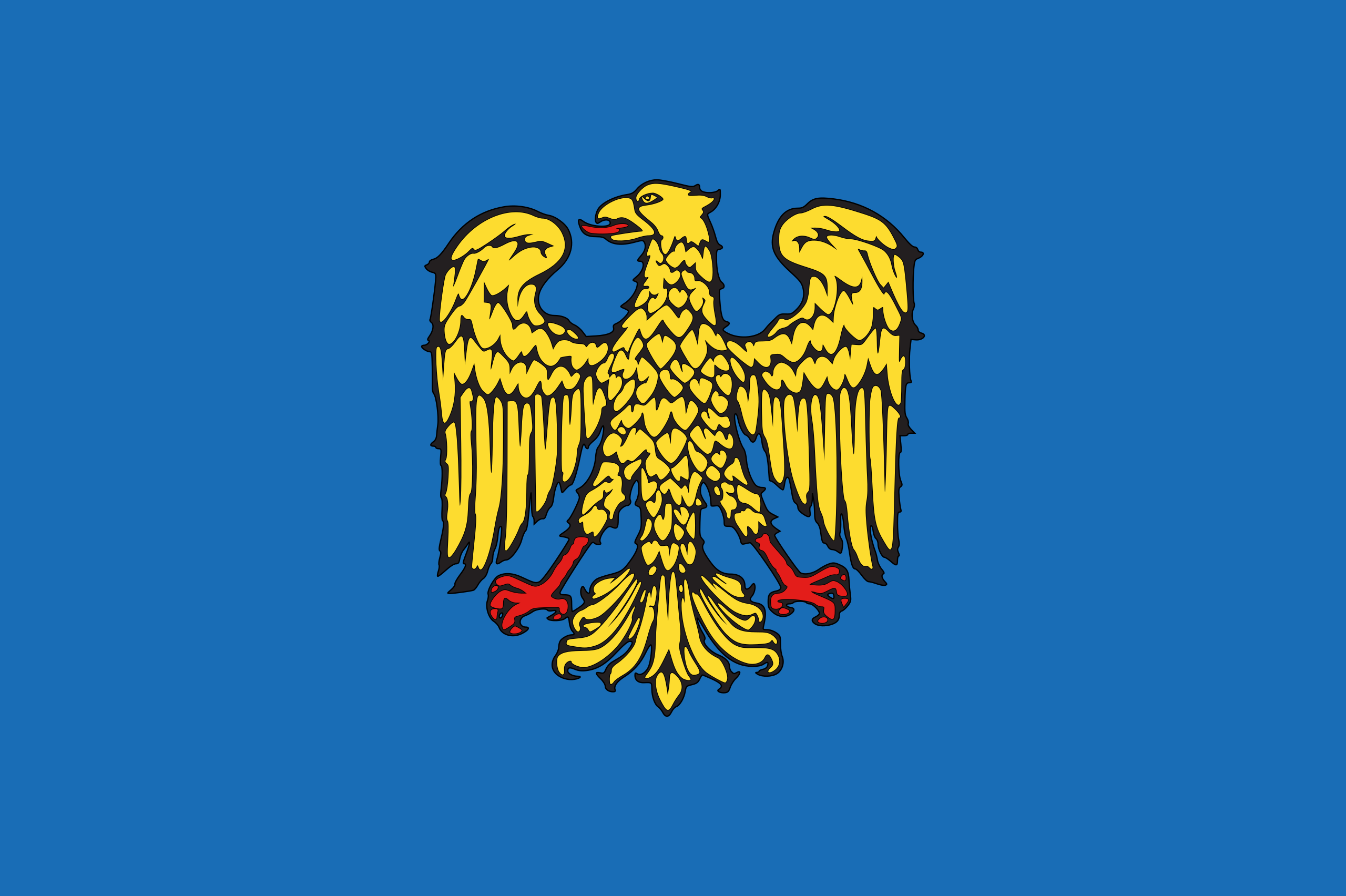 |
Friul | Republic of Friul | Trieste | Friulian |
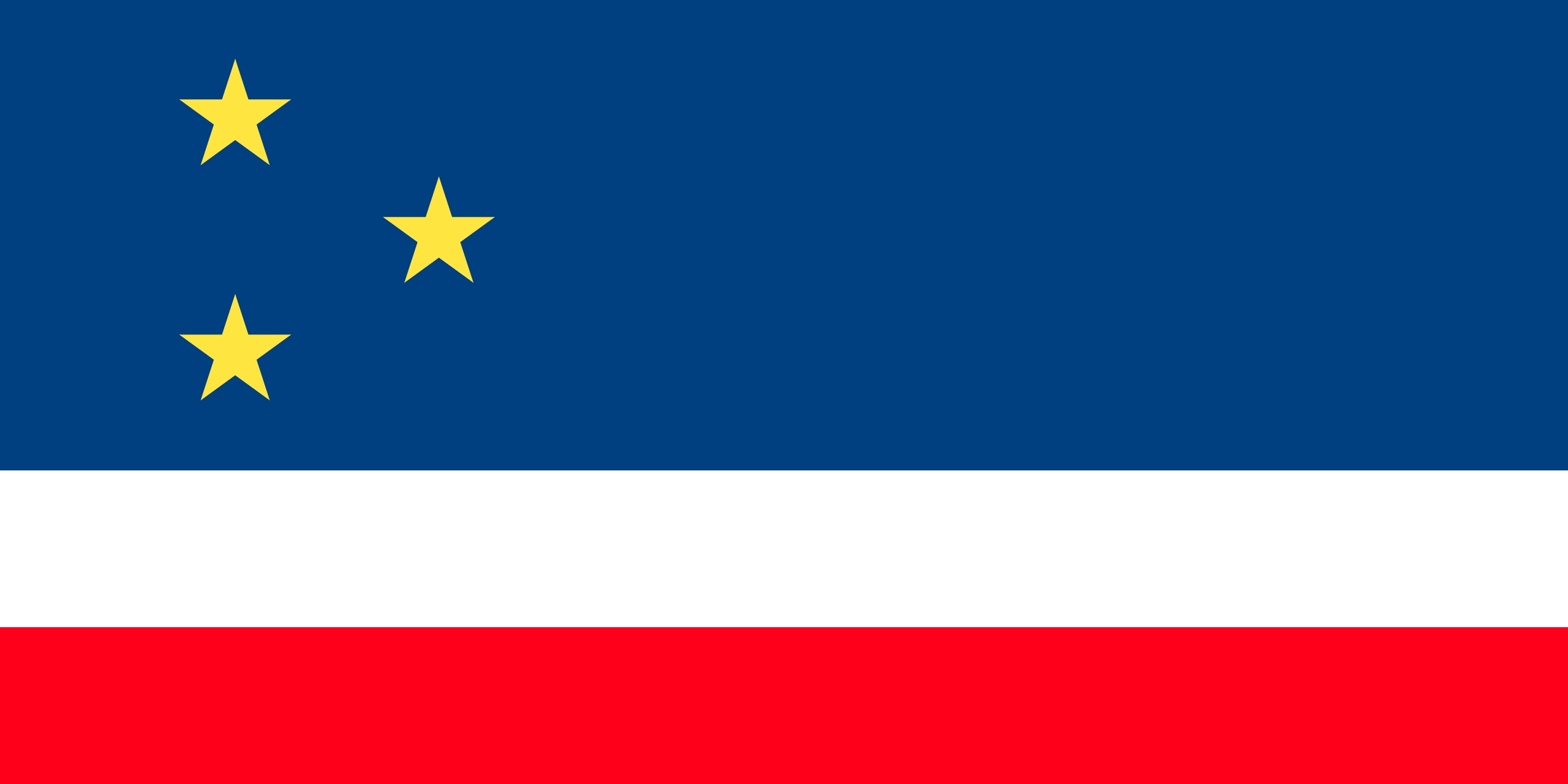 |
Gagauzia | Republic of Gagauzia | Komrat (Comrat) |
|
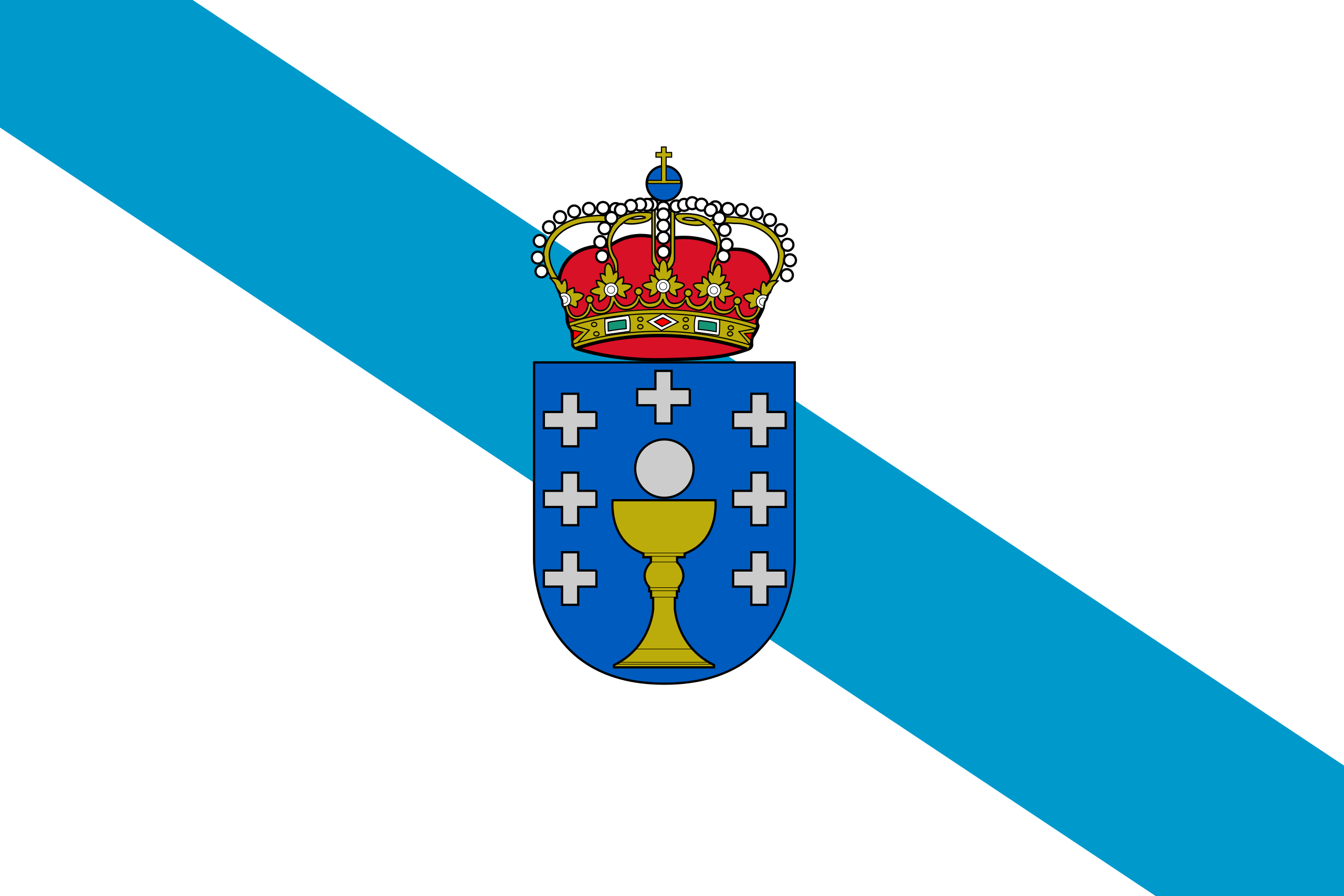 |
Galiza | Republic of Galiza | Santiago de Compostela | Galician |
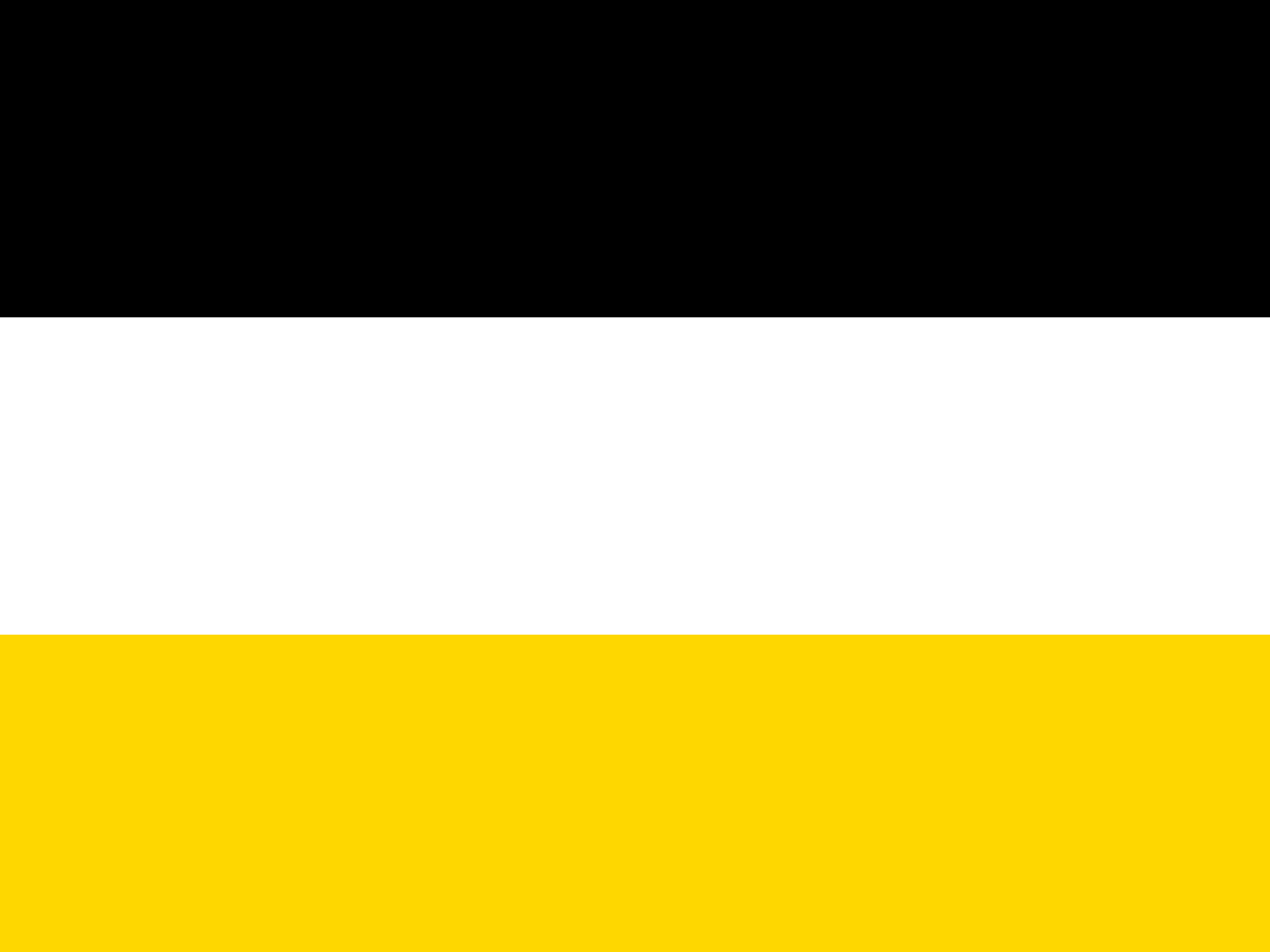 |
Garifuna | Republic of Garifuna | La Ceiba |
|
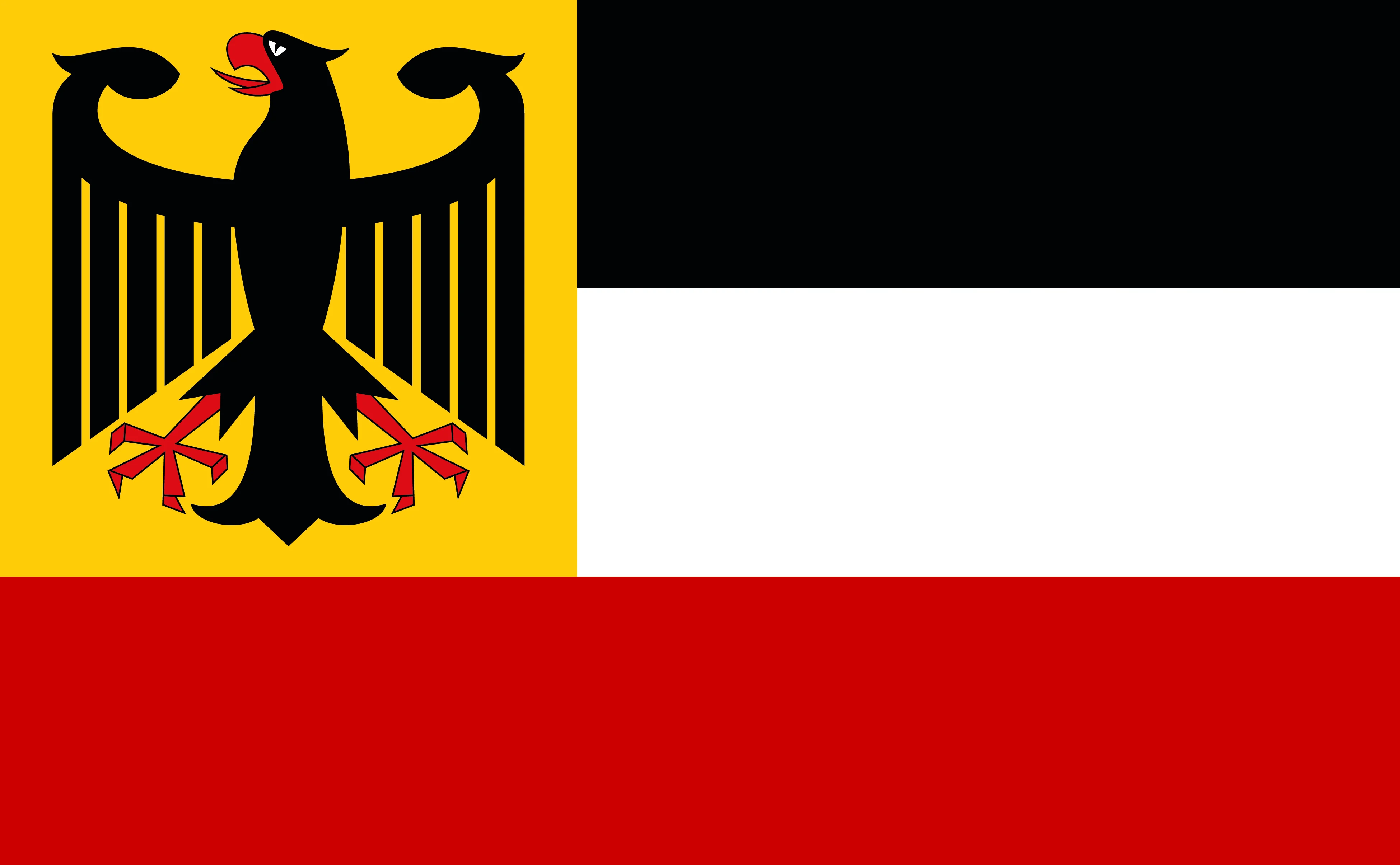 |
Germania | Germanic Federative Republic | Niederbach | German |
 |
Gilan | Republic of Gilan | Rasht |
|
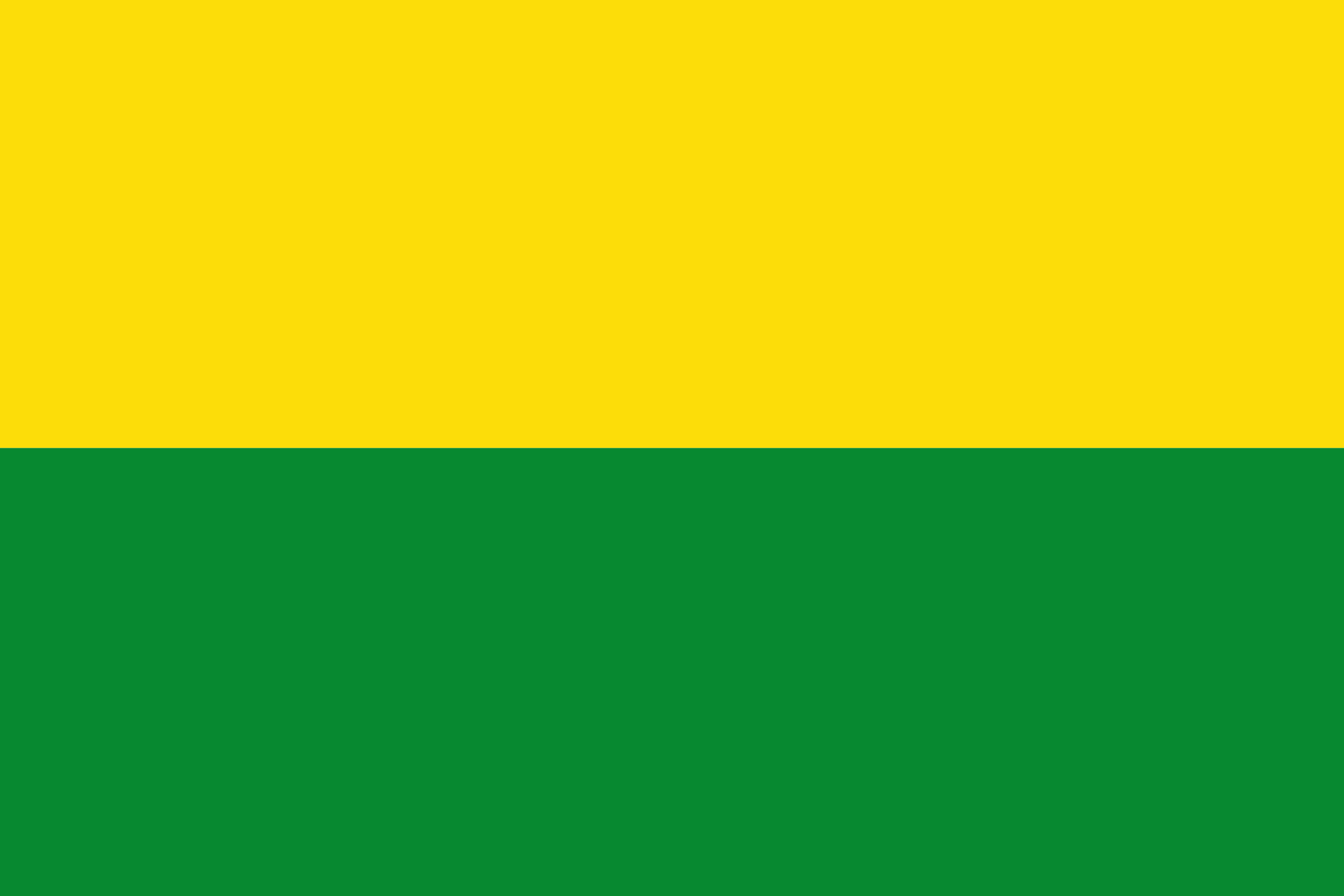 |
Guahiba | Republic of Guahiba | Puerto Carreño |
|
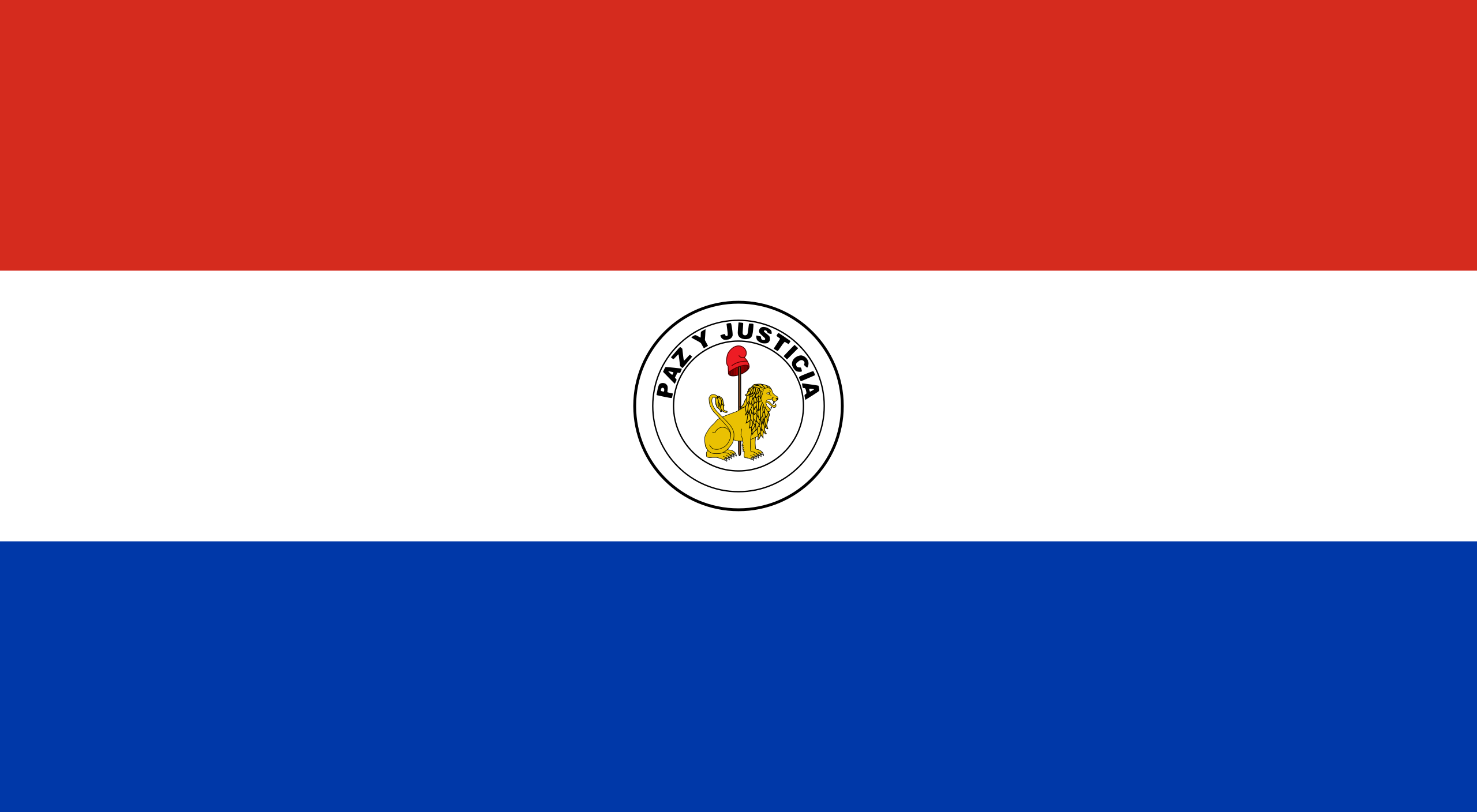 |
Guarania | Republic of Guarania | Asunción |
|
 |
Guaymi-Talamanca | Republic of Guaymi-Talamanca | Puerto Viejo de Talamanca |
|
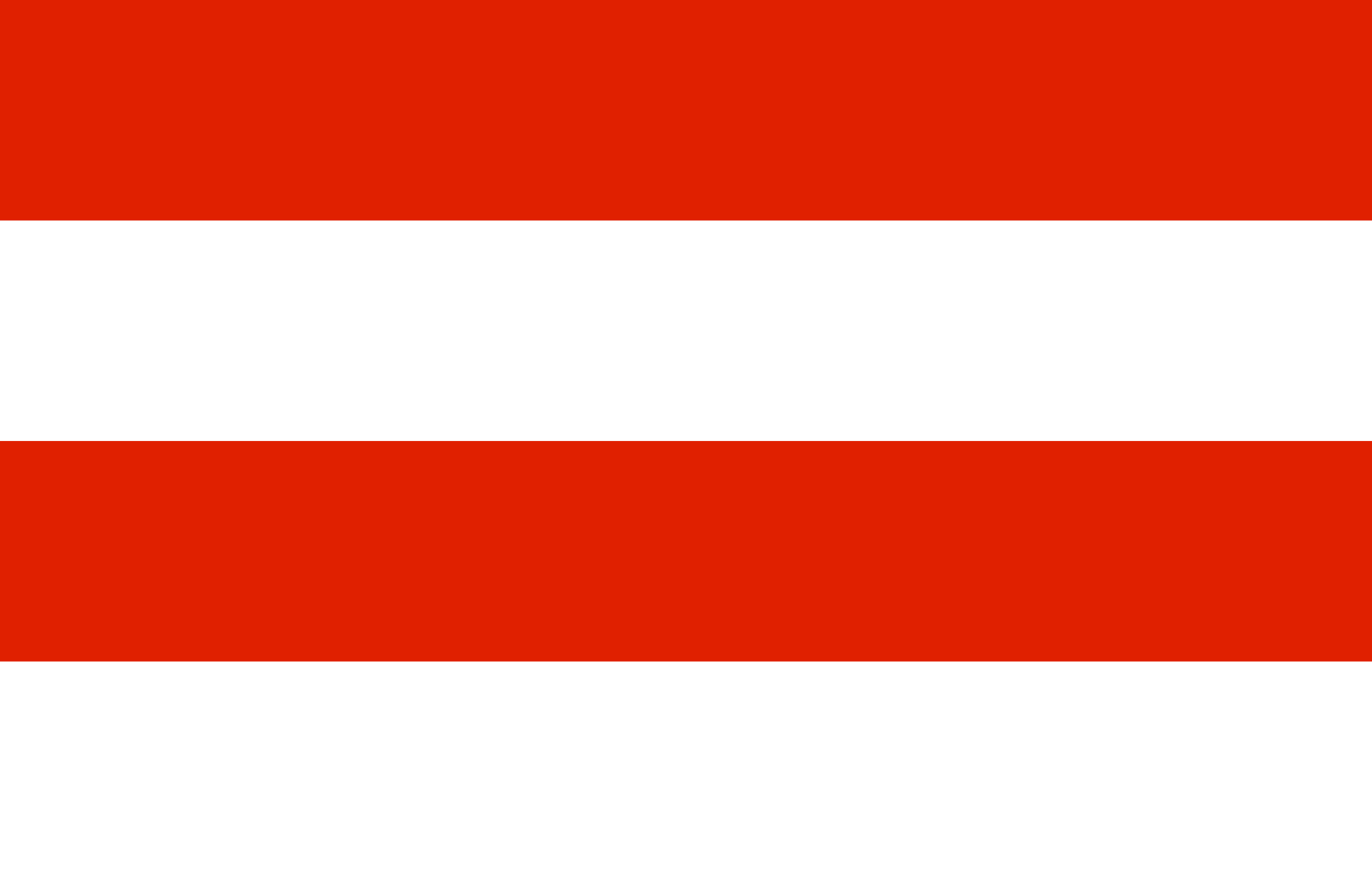 |
Gujarat | Republic of Gujarat | Ahmedabad | Gujarati |
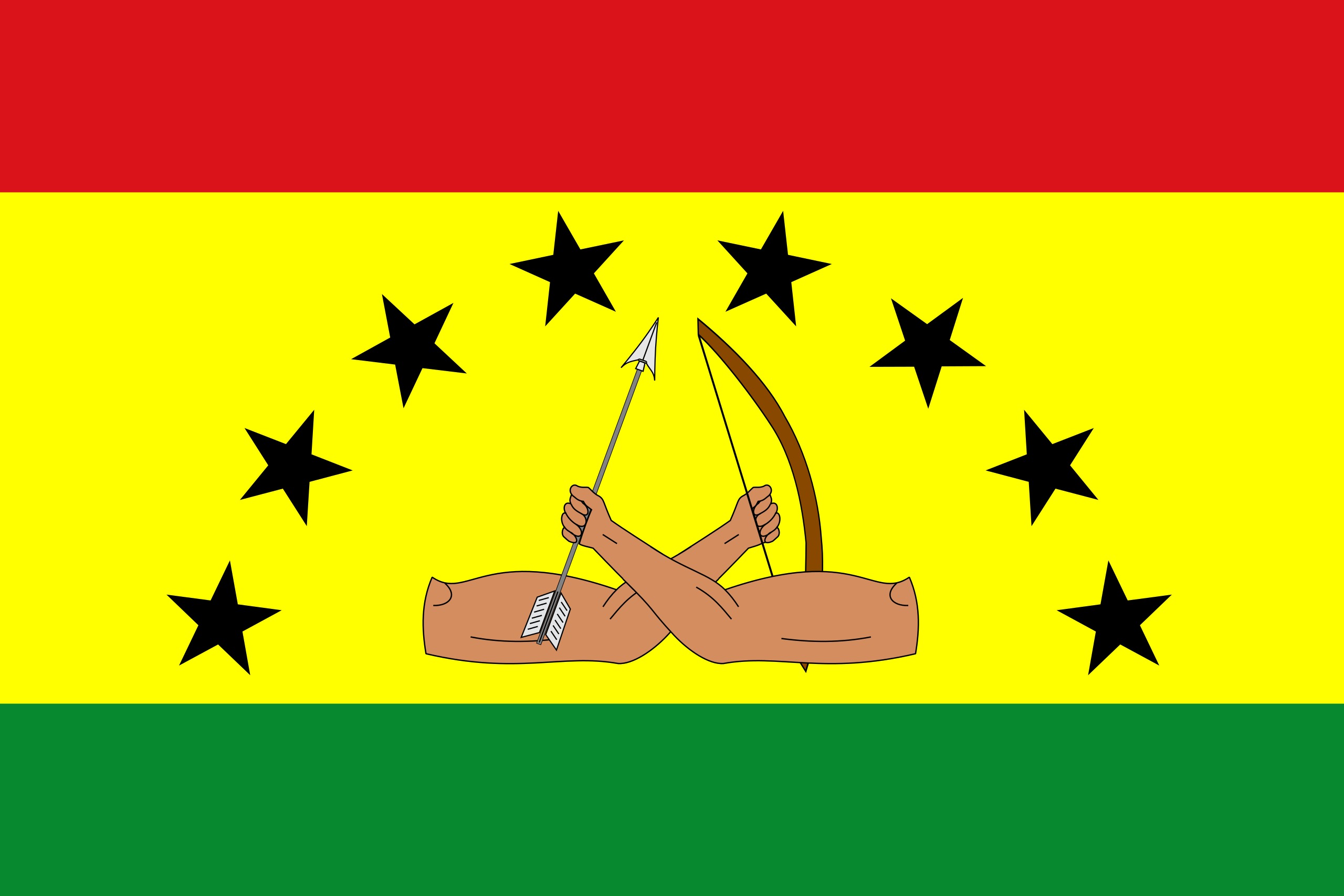 |
Guna | Republic of Guna | Gaigirgordub |
|
 |
Halmigla | Republic of Halmigla | Elista | Kalmyk |
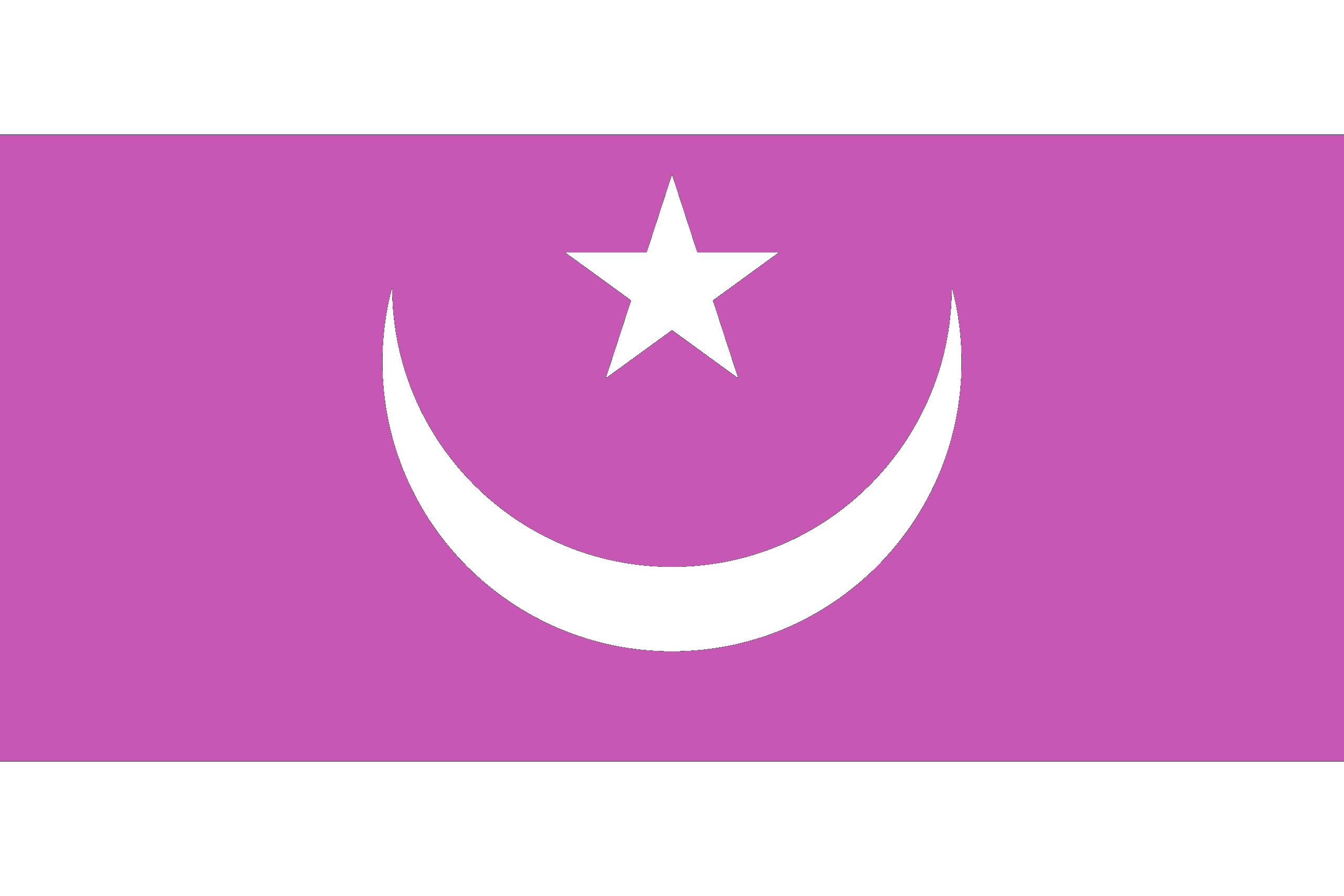 |
Hassiniya-Illariya | Republic of Hassiniya-Illariya | Alkatse | Hassaniya Arabic |
 |
Haudenosaunee | Republic of Haudenosaunee | Osininka |
|
 |
Hawai'i | Republic of Hawai'i | Honolulu |
|
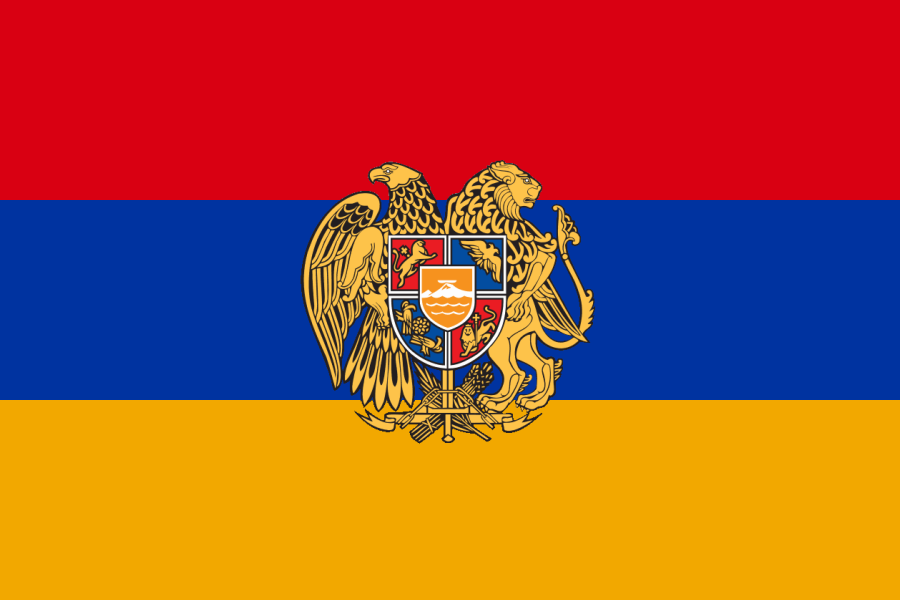 |
Hayastan | Hayastan | Yerevan |
|
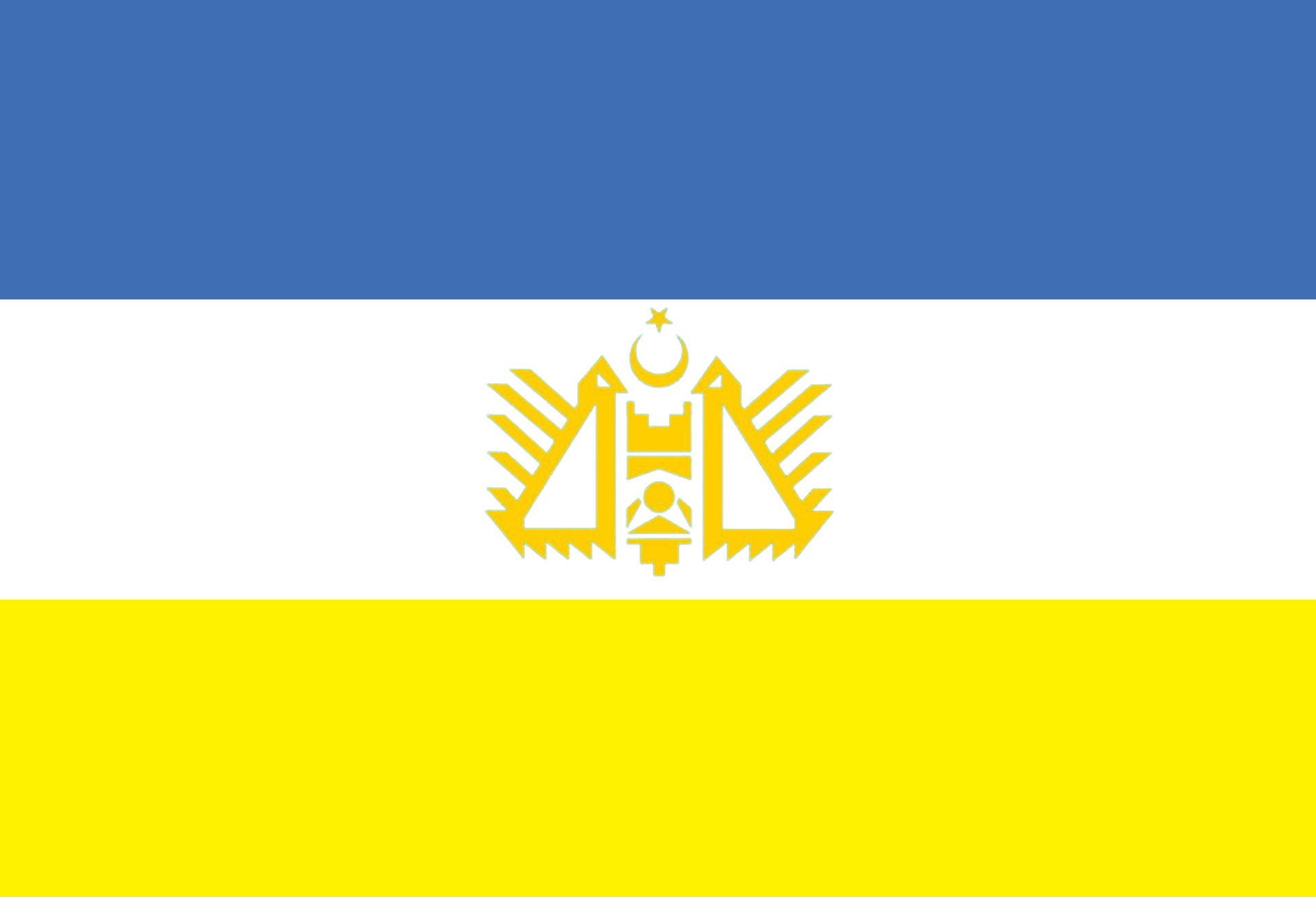 |
Hazaristan | Republic of Hazaristan | Yakawlang | Hazaragi Persian |
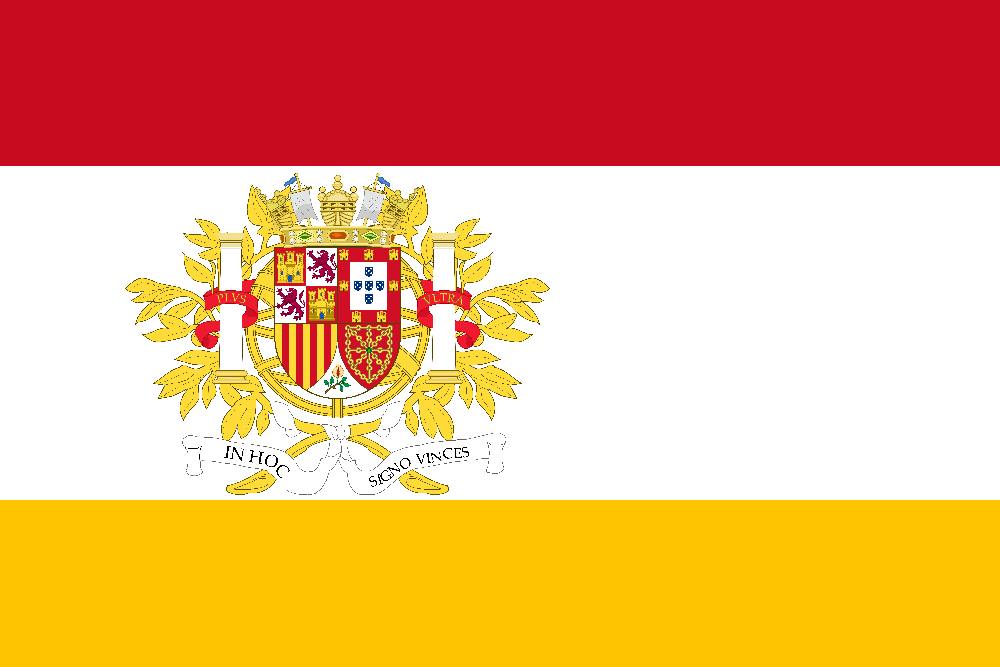 |
Hispania | Federative Republic of Hispania | Nuelo |
|
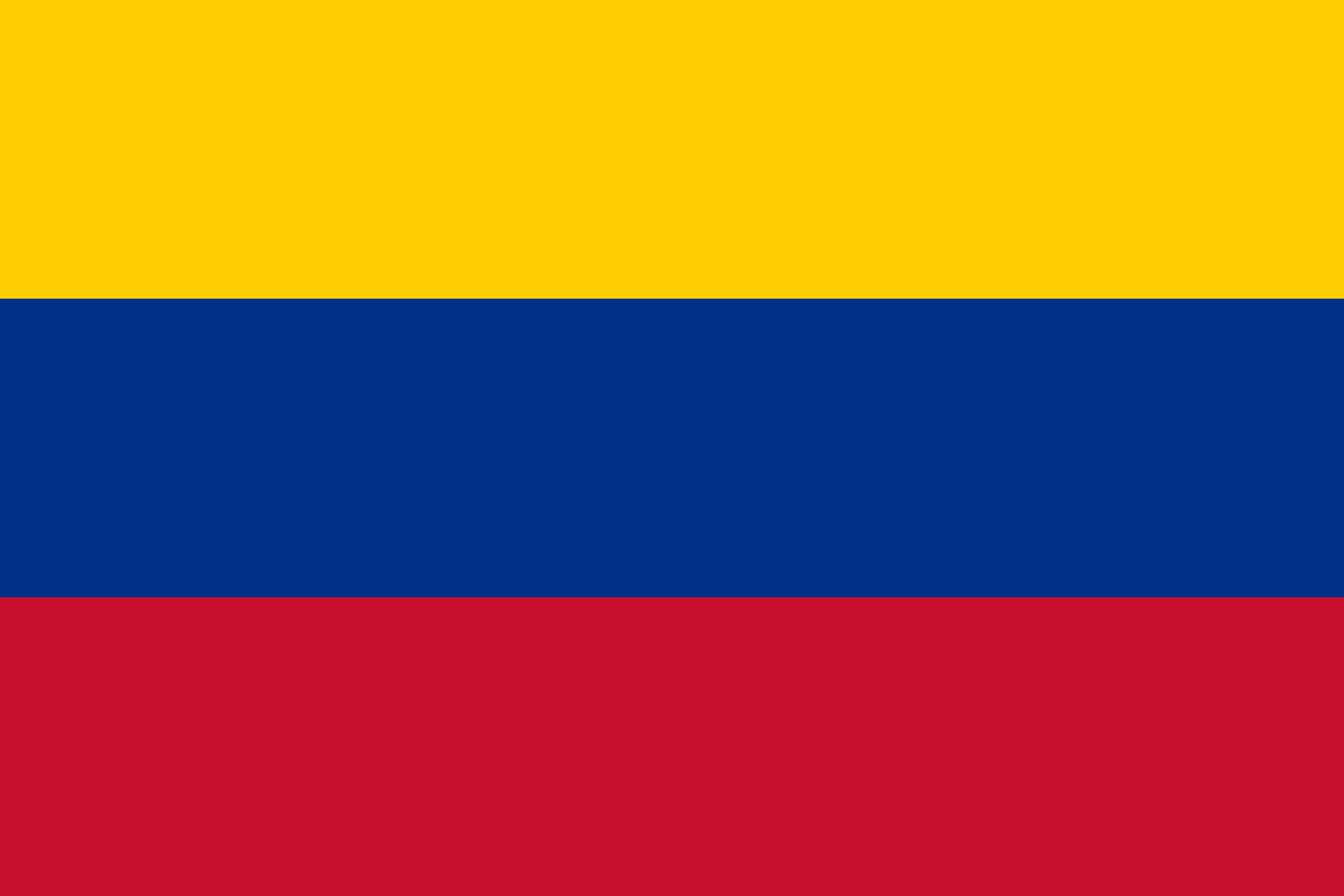 |
Hispanoamérica | Federative Republic of Hispanoamérica | Fietrar |
|
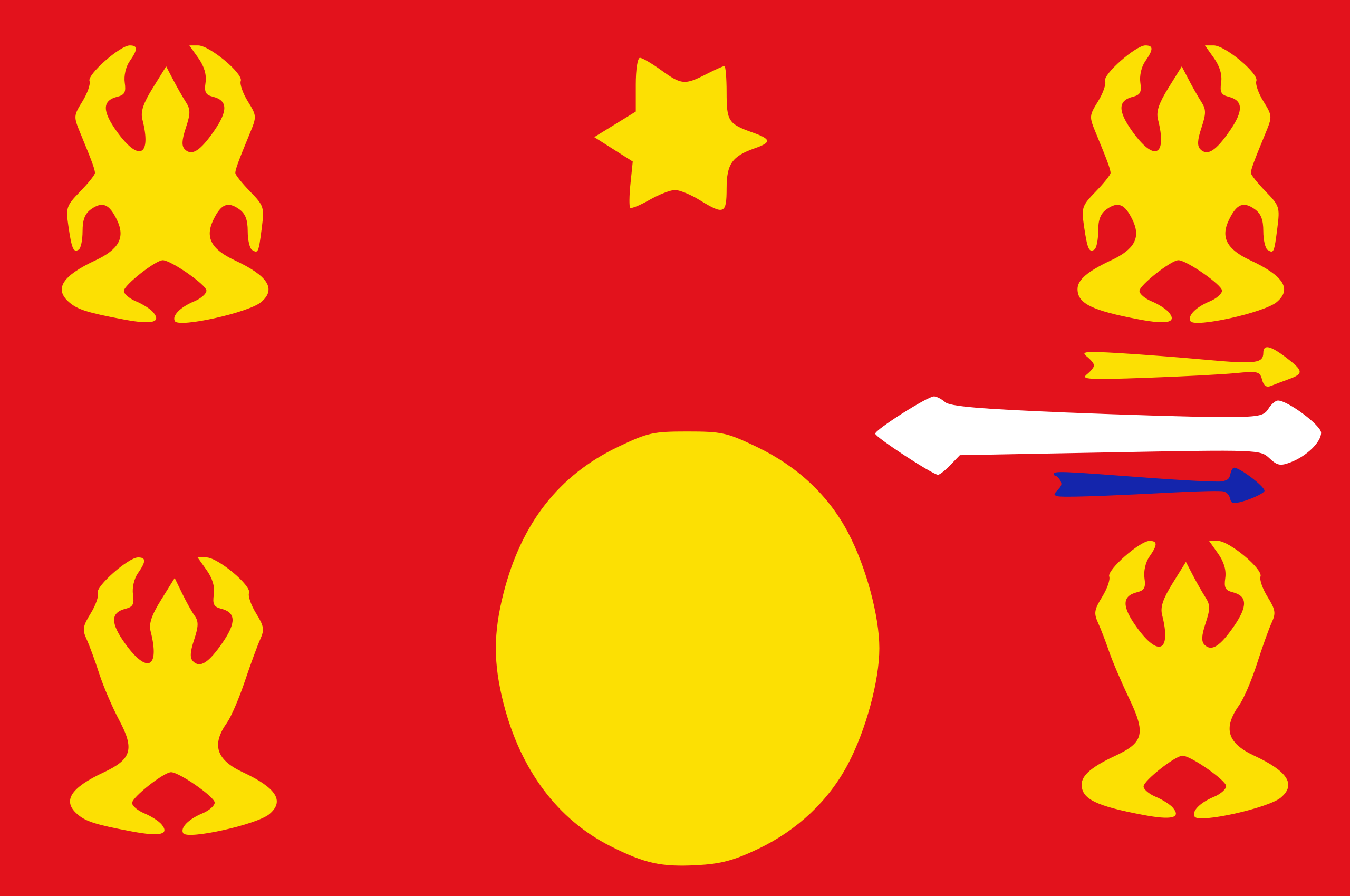 |
Hmong-Yangtze | Republic of Hmong-Yangtze | Jishou |
|
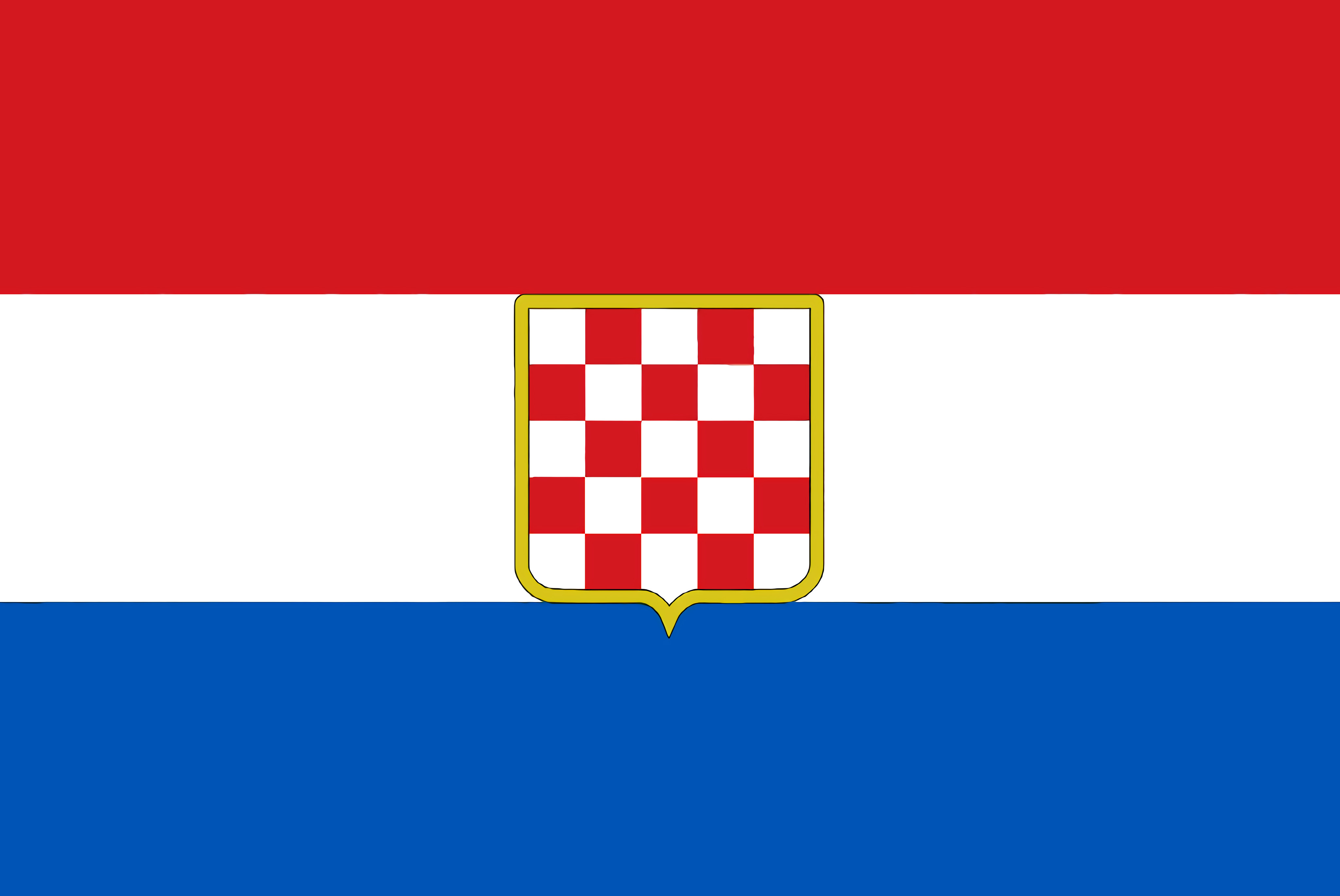 |
Hrvatska | Republic of Hrvatska | Zagreb | Croatian |
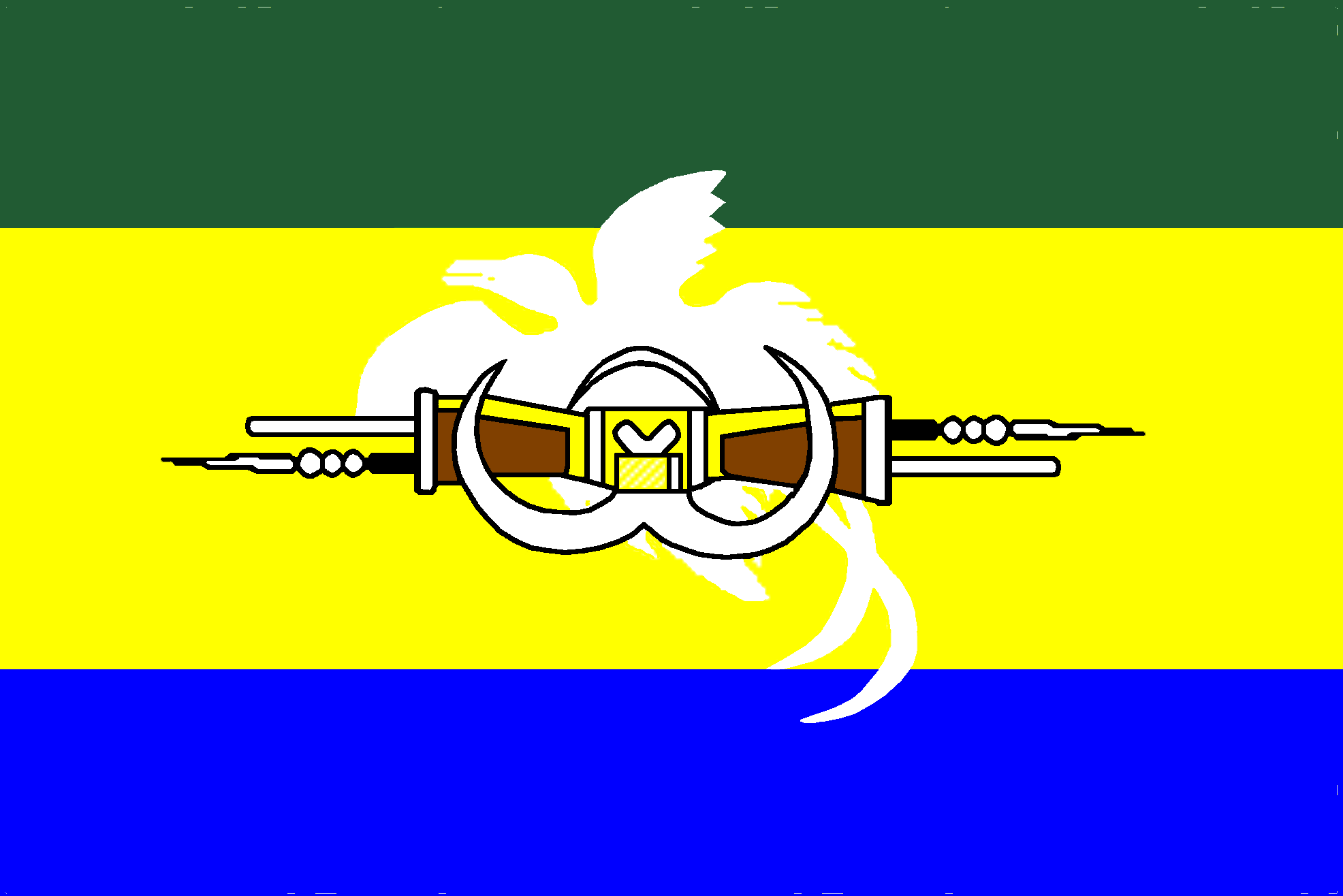 |
Huan-Tip | Republic of Huan-Tip | Lae |
|
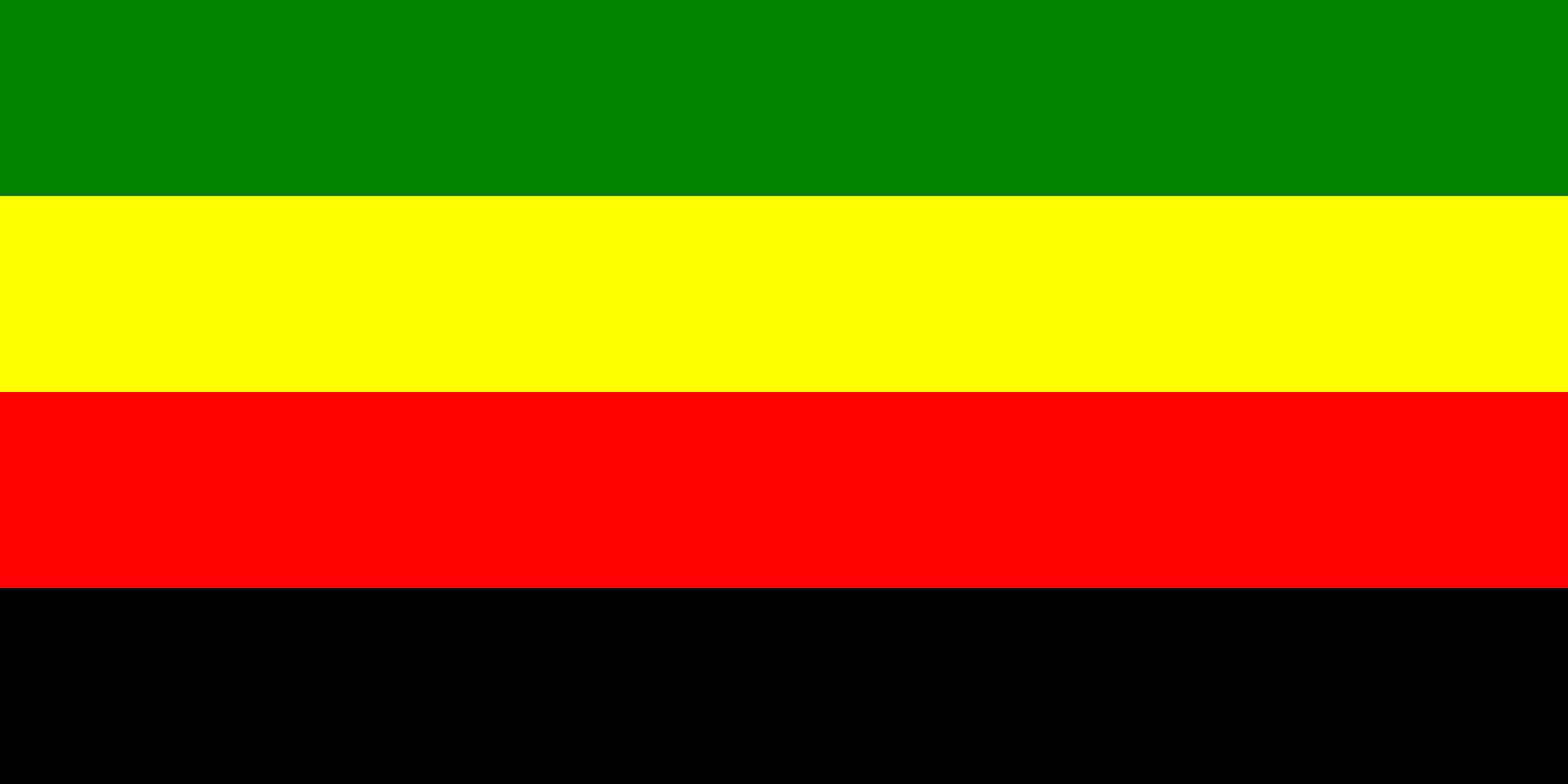 |
Humambo-Maputo | Republic of Humambo-Maputo | Maputo |
|
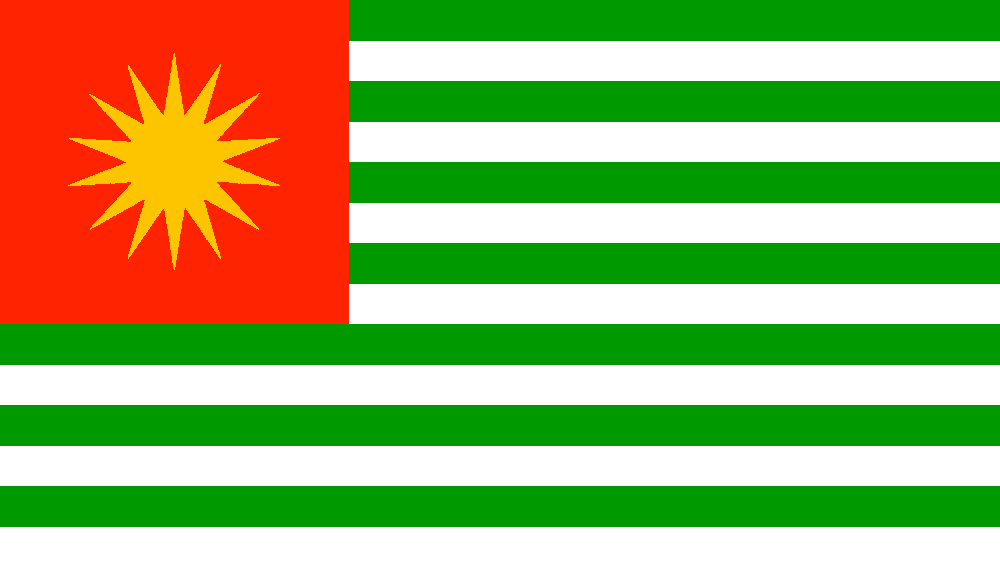 |
Iban | Iban Republic | Sibu |
|
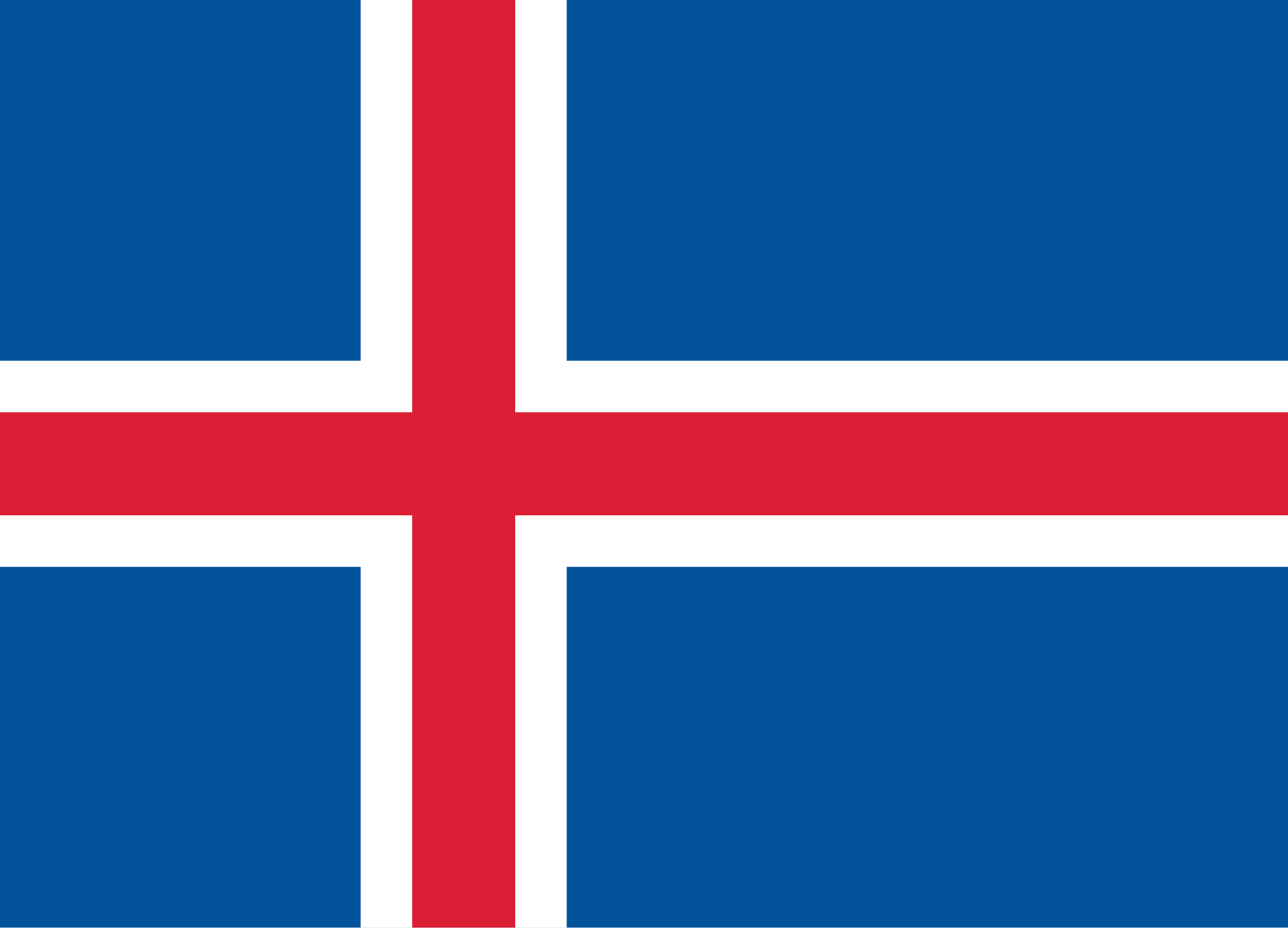 |
Iceland | Republic of Iceland | Reykjavik | Icelandic |
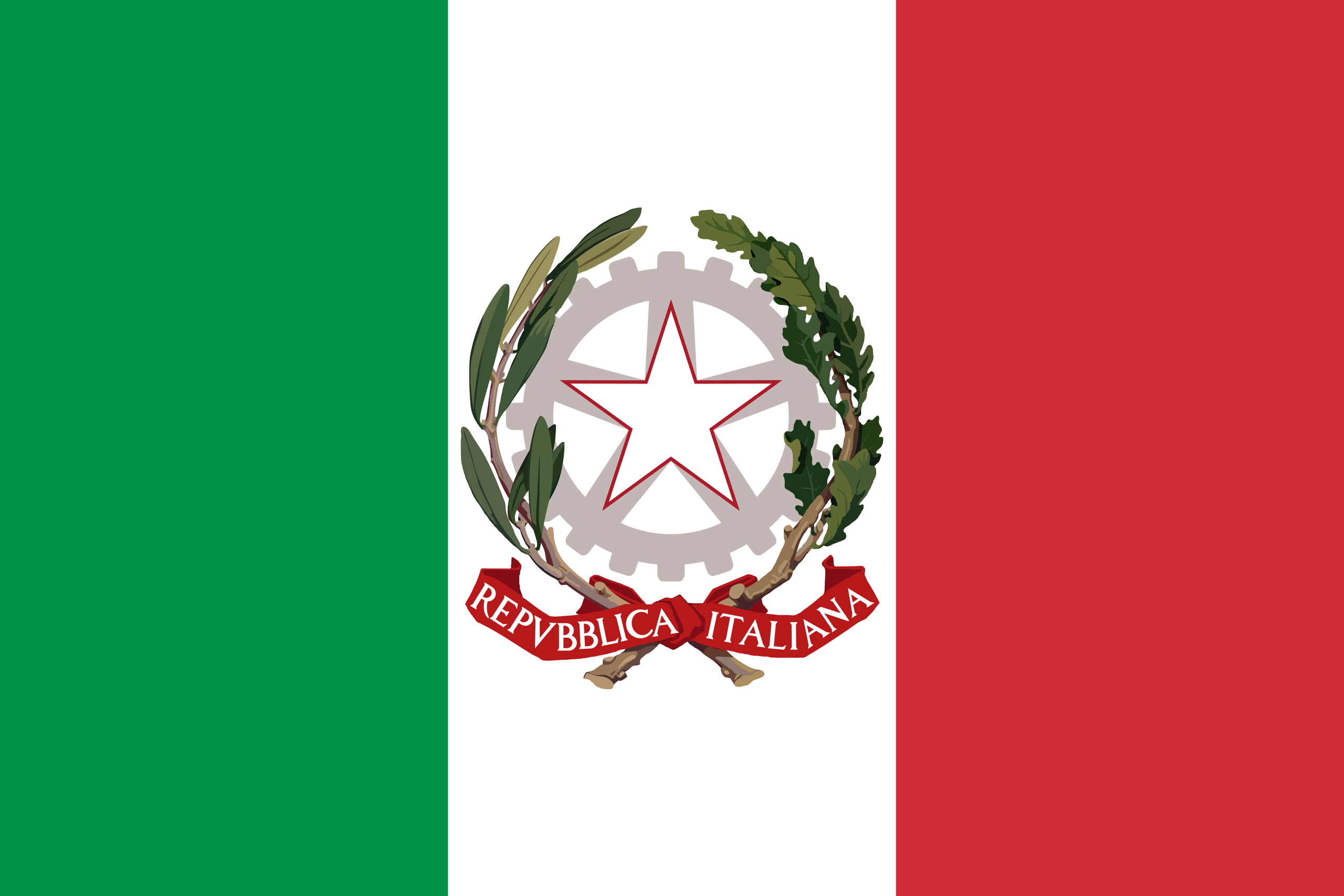 |
Italia | Republic of Italia | Napoli |
|
 |
Java | Republic of Java | Jakarta | Javanese |
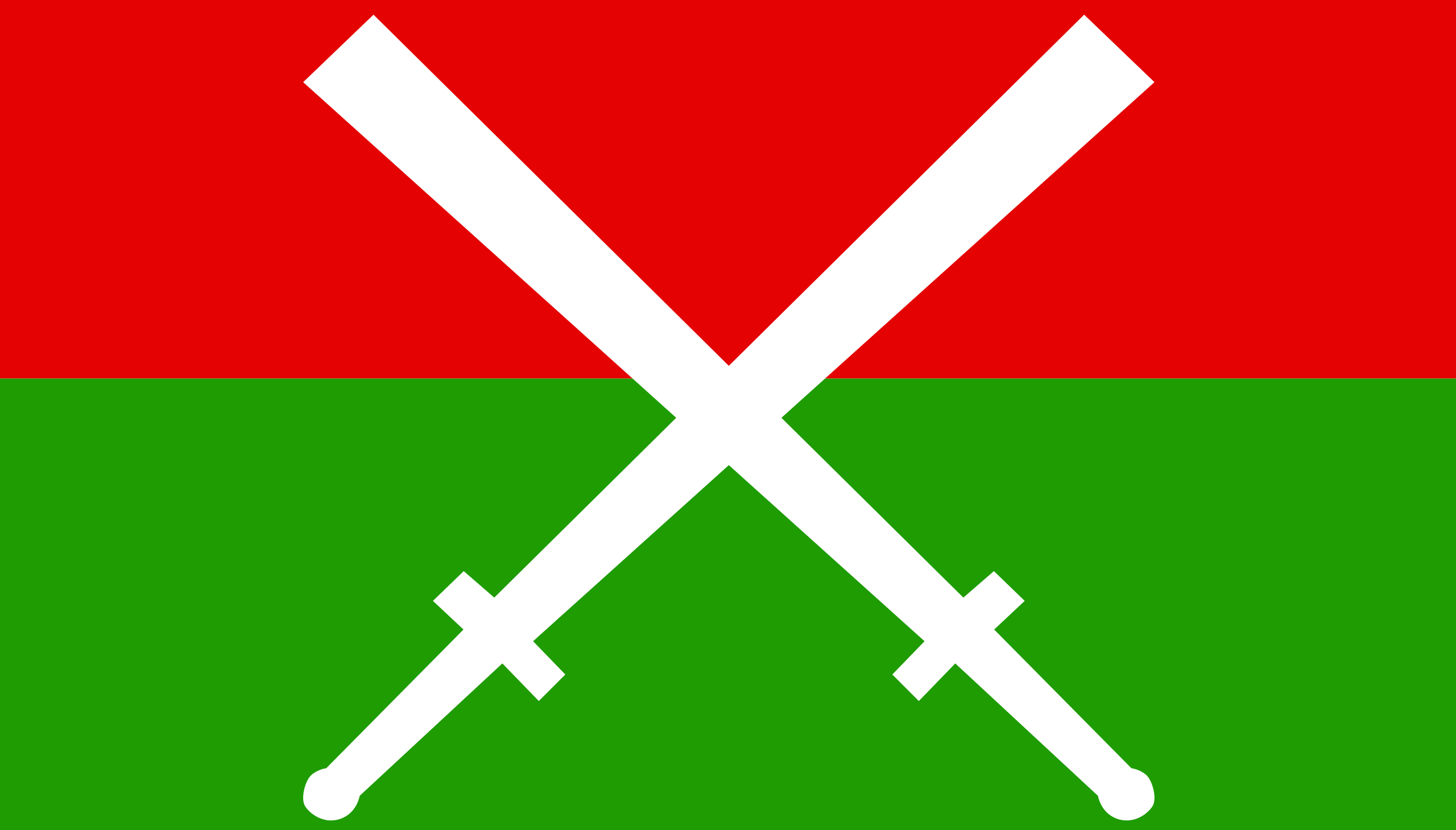 |
Jinghpaw | Republic of Jinghpaw | Myitkyina | Jingpo |
| Kabardia | Republic of Kabardia | Cherkessk | Kabardian | |
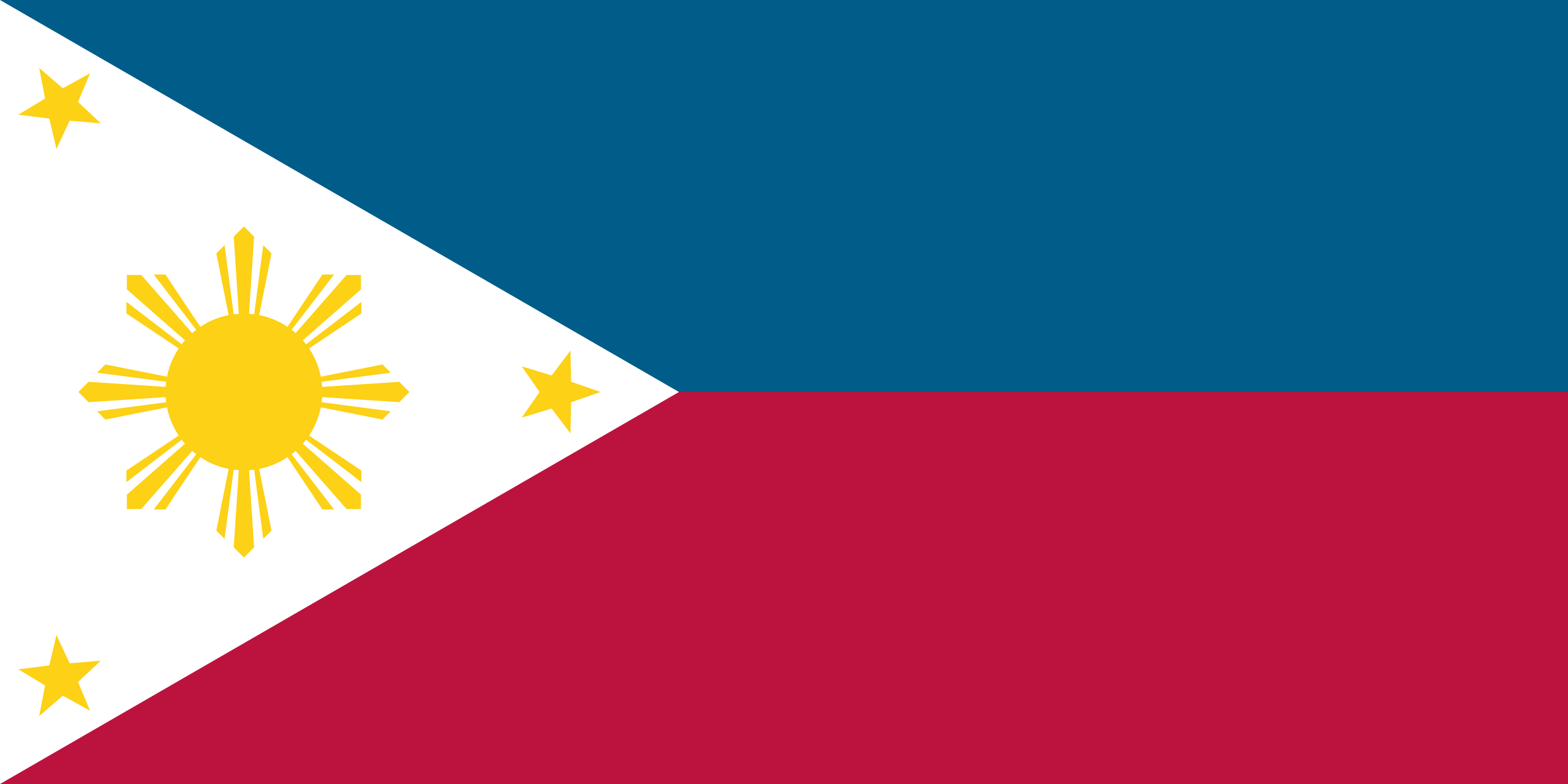 |
Kabisay-Mindanao | Republic of Kabisay-Mindanao | Davao |
|
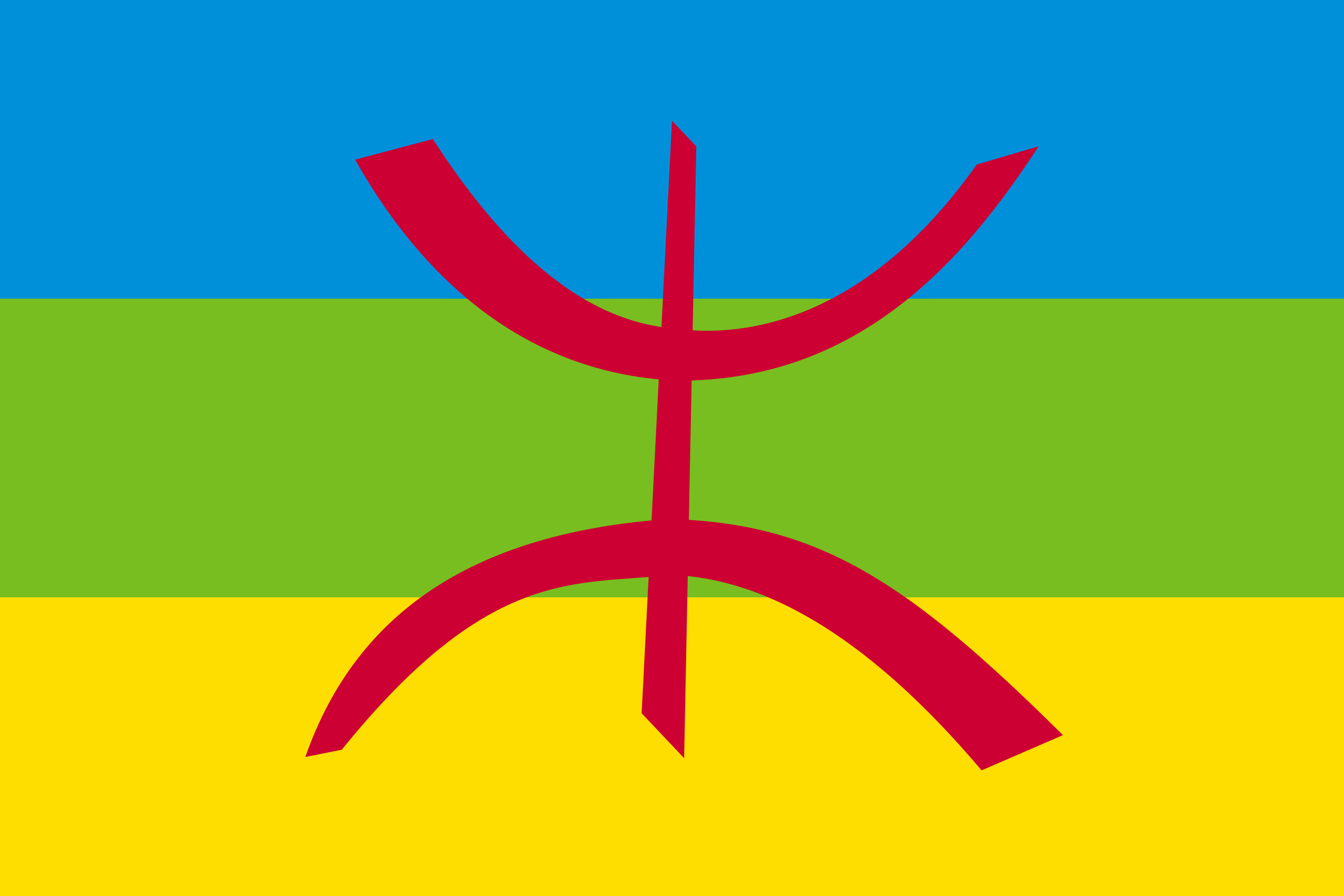 |
Kabylia | Republic of Kabylia | Bejaia | Kabyle |
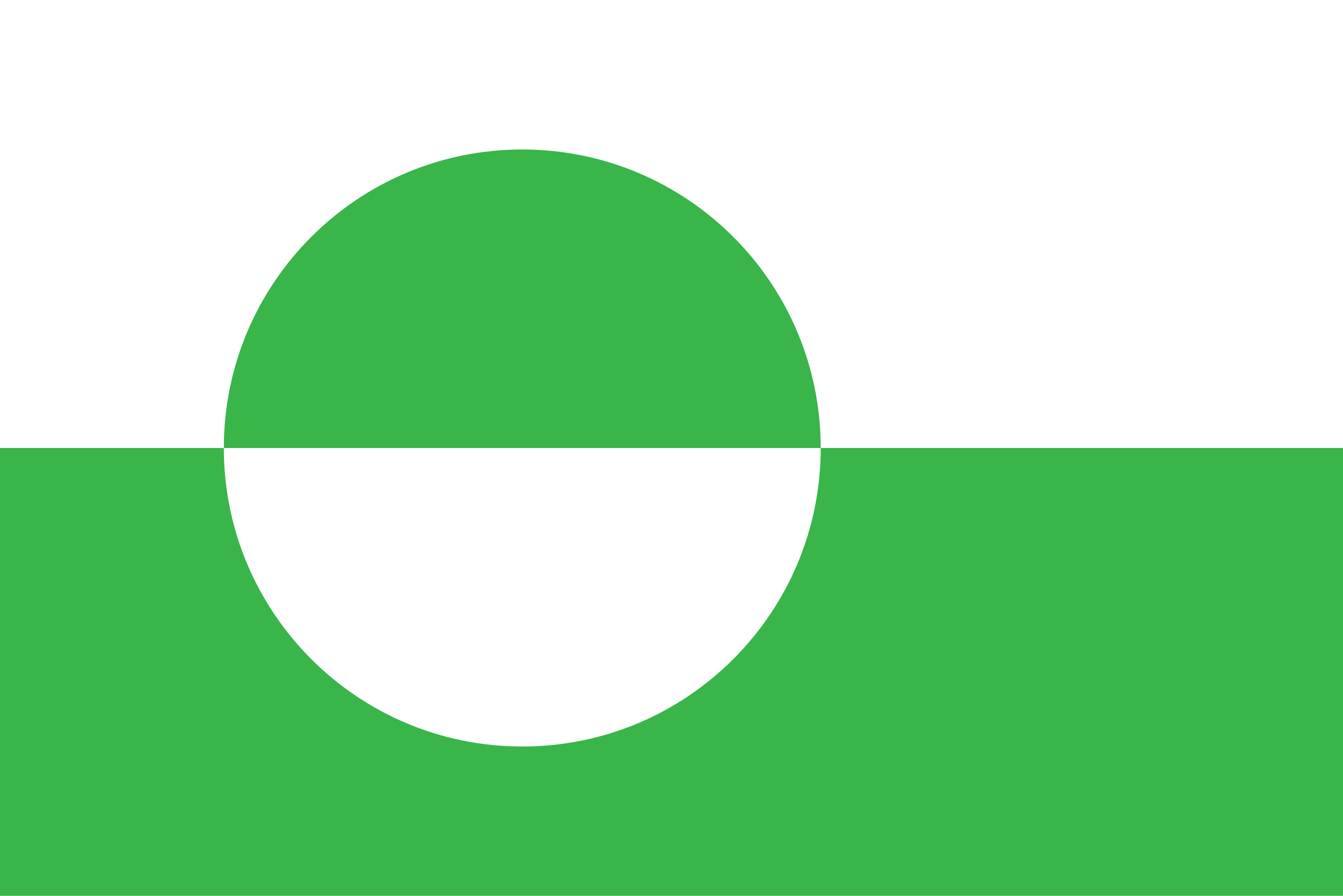 |
Kalaallit Nunaat | Republic of Kalaallit Nunaat | Ganaqq | Greenlandic |
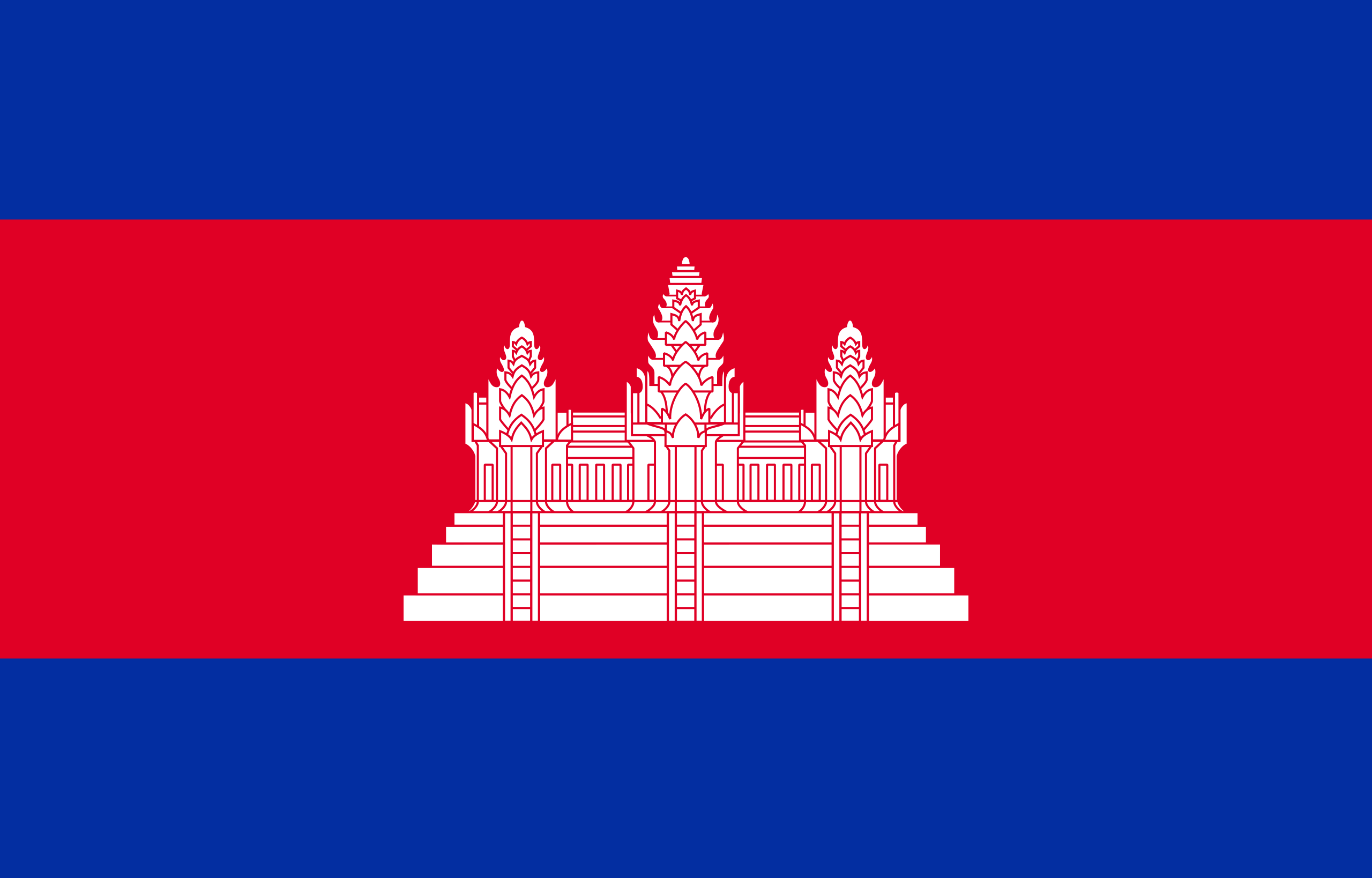 |
Kampuchea | Federative Republic of Kampuchea | Phnom Penh |
|
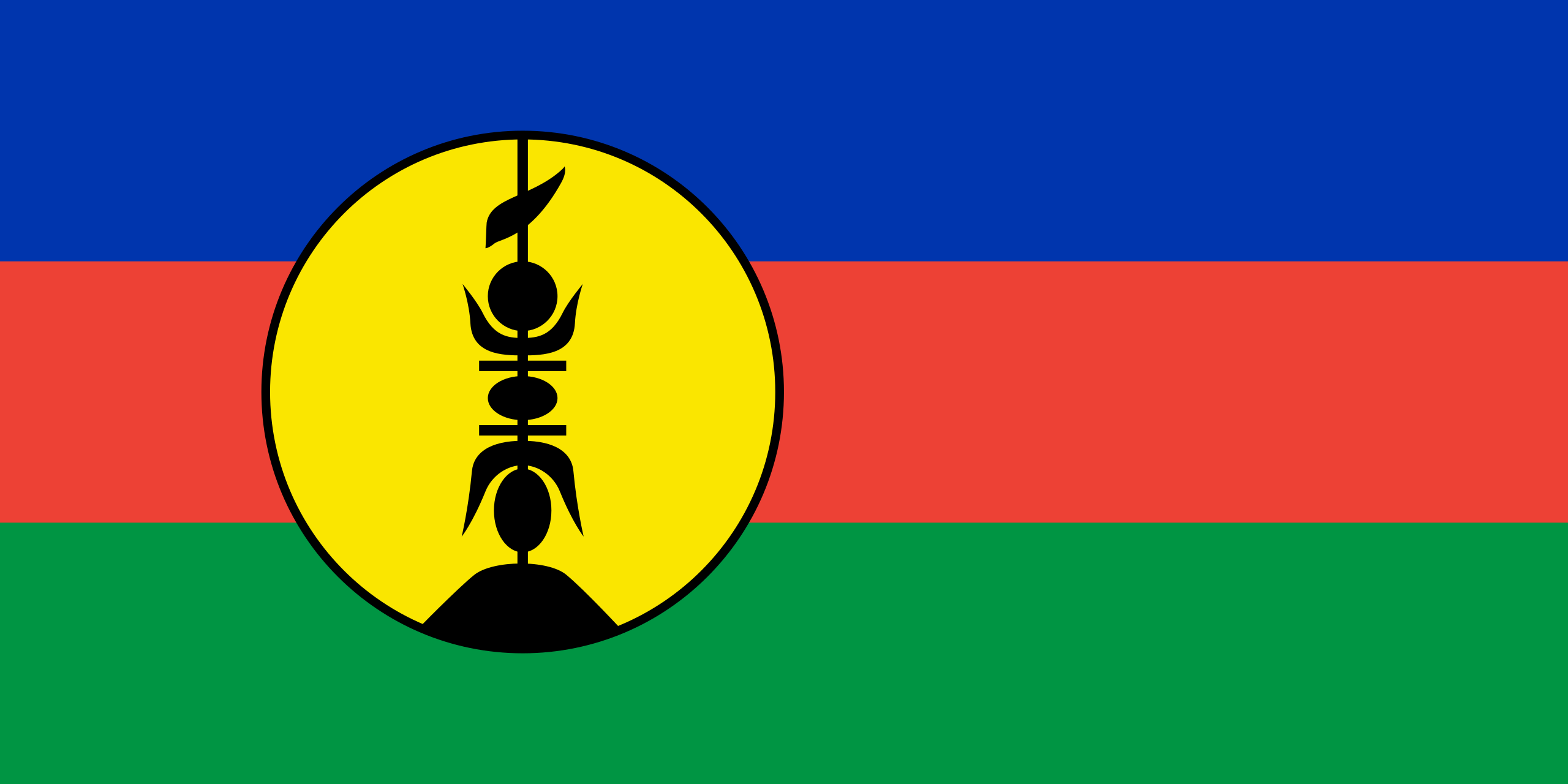 |
Kanaky | Republic of Kanaky | Nouméa |
|
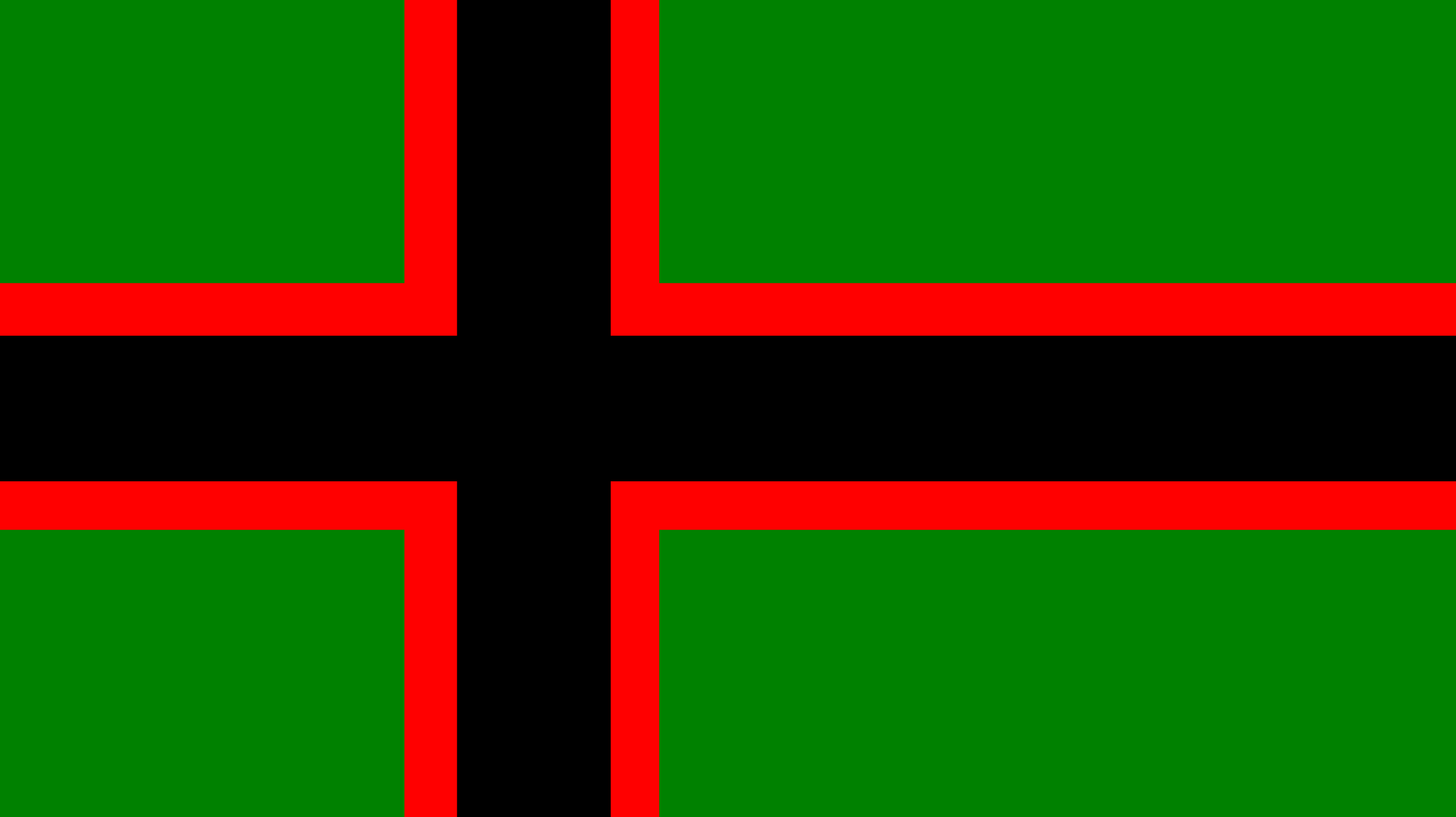 |
Karjala | Republic of Karjala | Äänislinna (Petrozavodsk) |
|
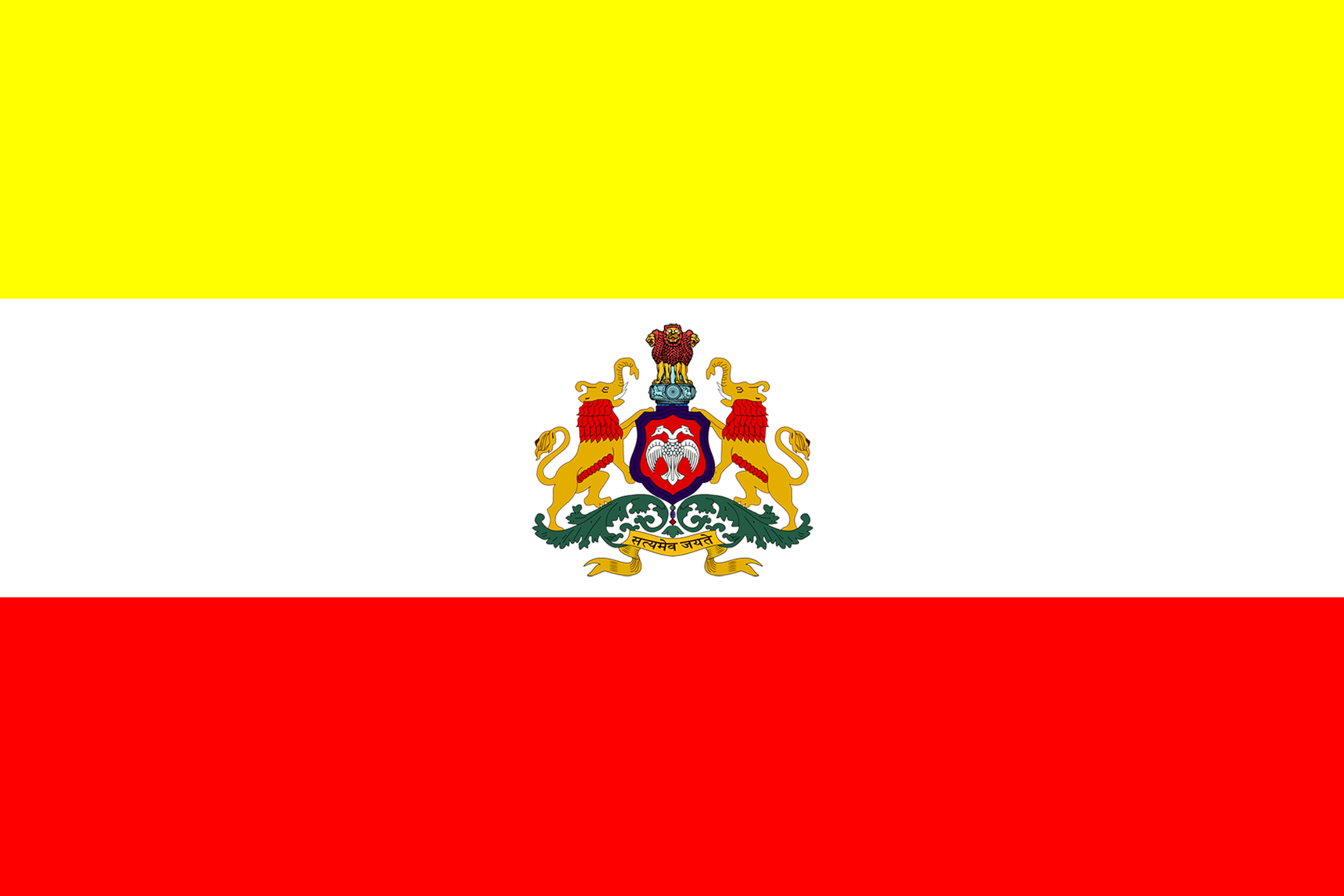 |
Karnataka | Republic of Karnataka | Bengaluru | Kannada |
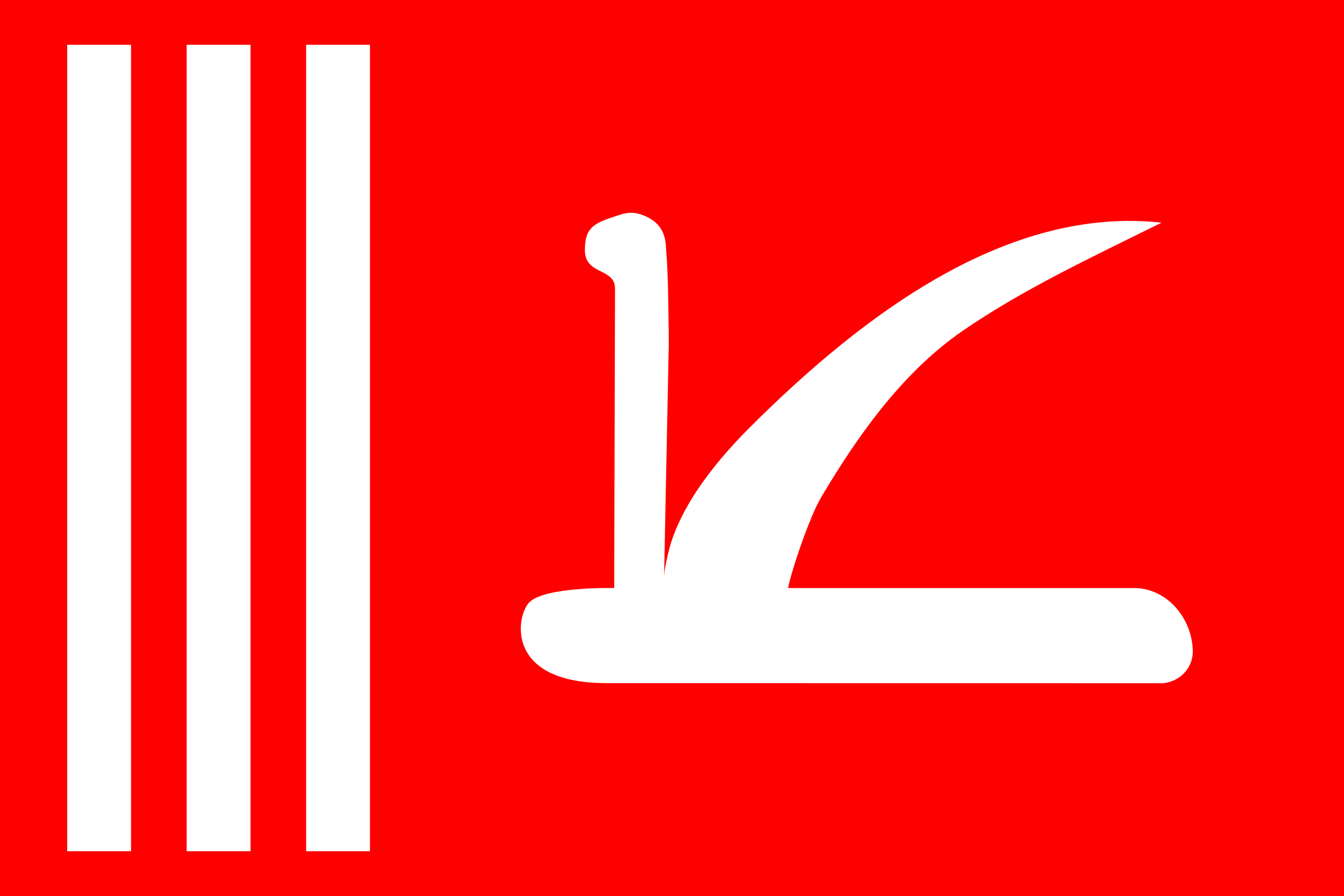 |
Kashmir | Republic of Kashmir | Srinagar |
|
 |
Kashubia | Republic of Kashubia | Kòscérzëna (Kościerzyna) |
|
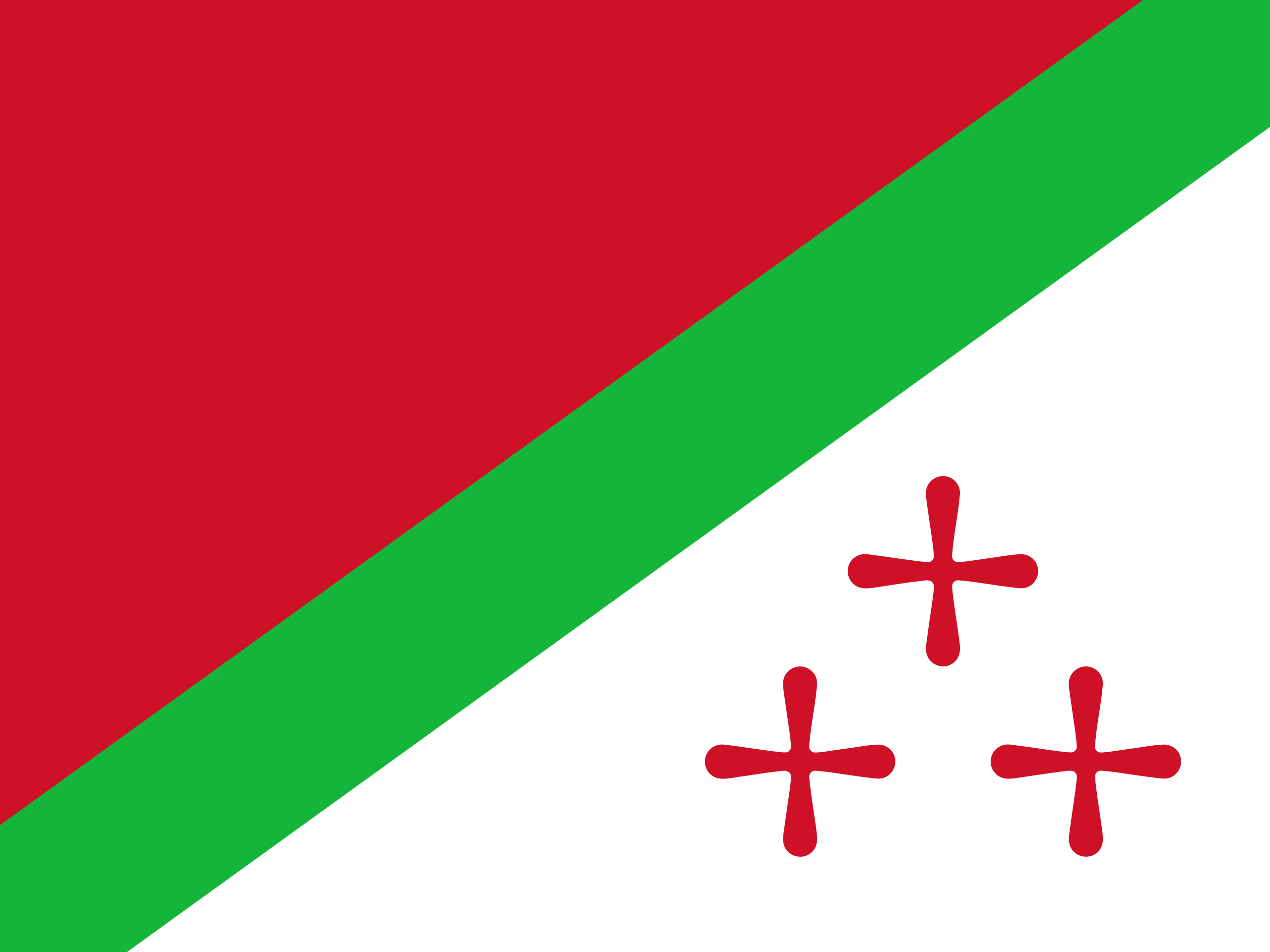 |
Katanga | Republic of Katanga | Lubumbashi |
|
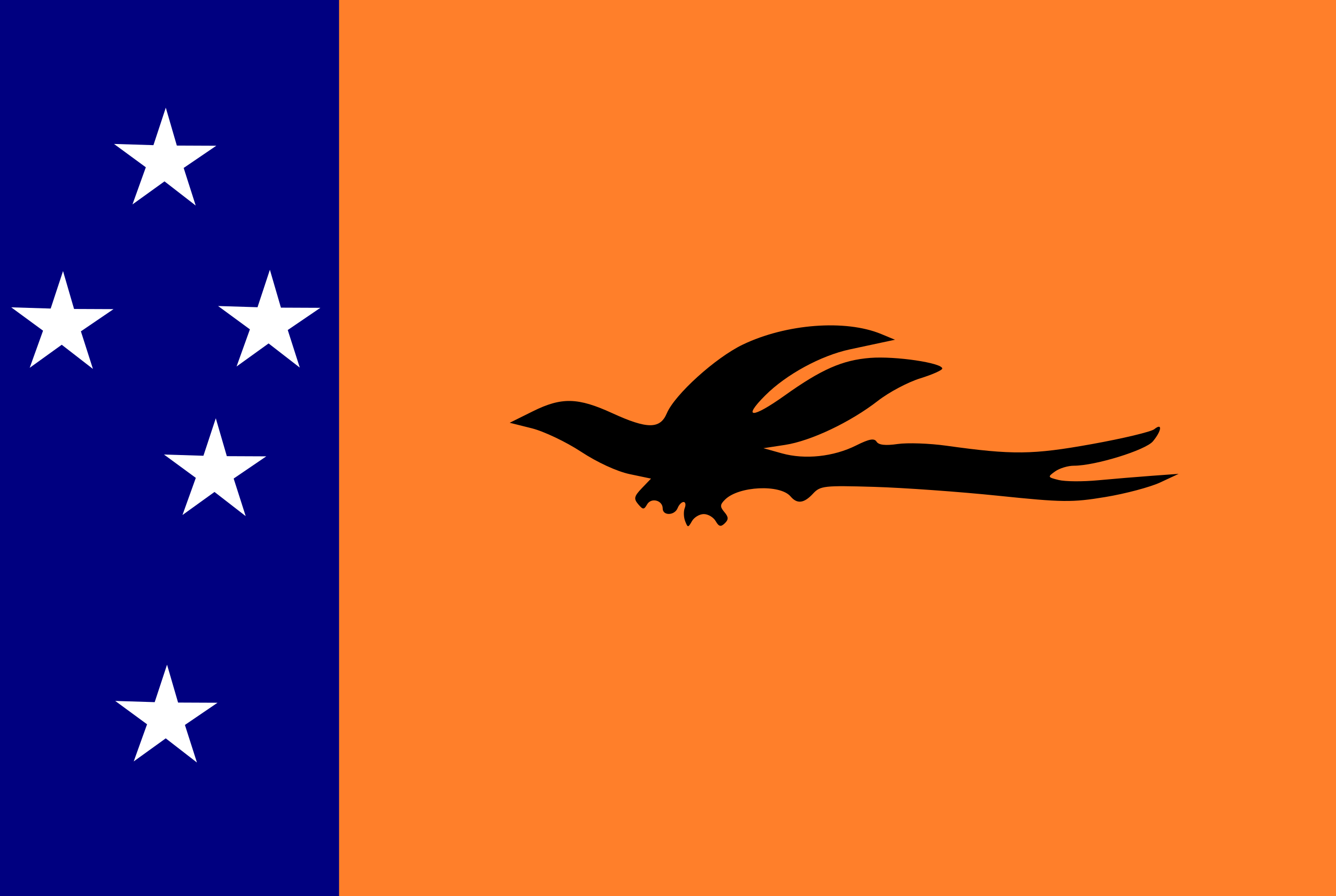 |
Kavieng-Namatanai | Republic of Kavieng-Namatanai | Kavieng |
|
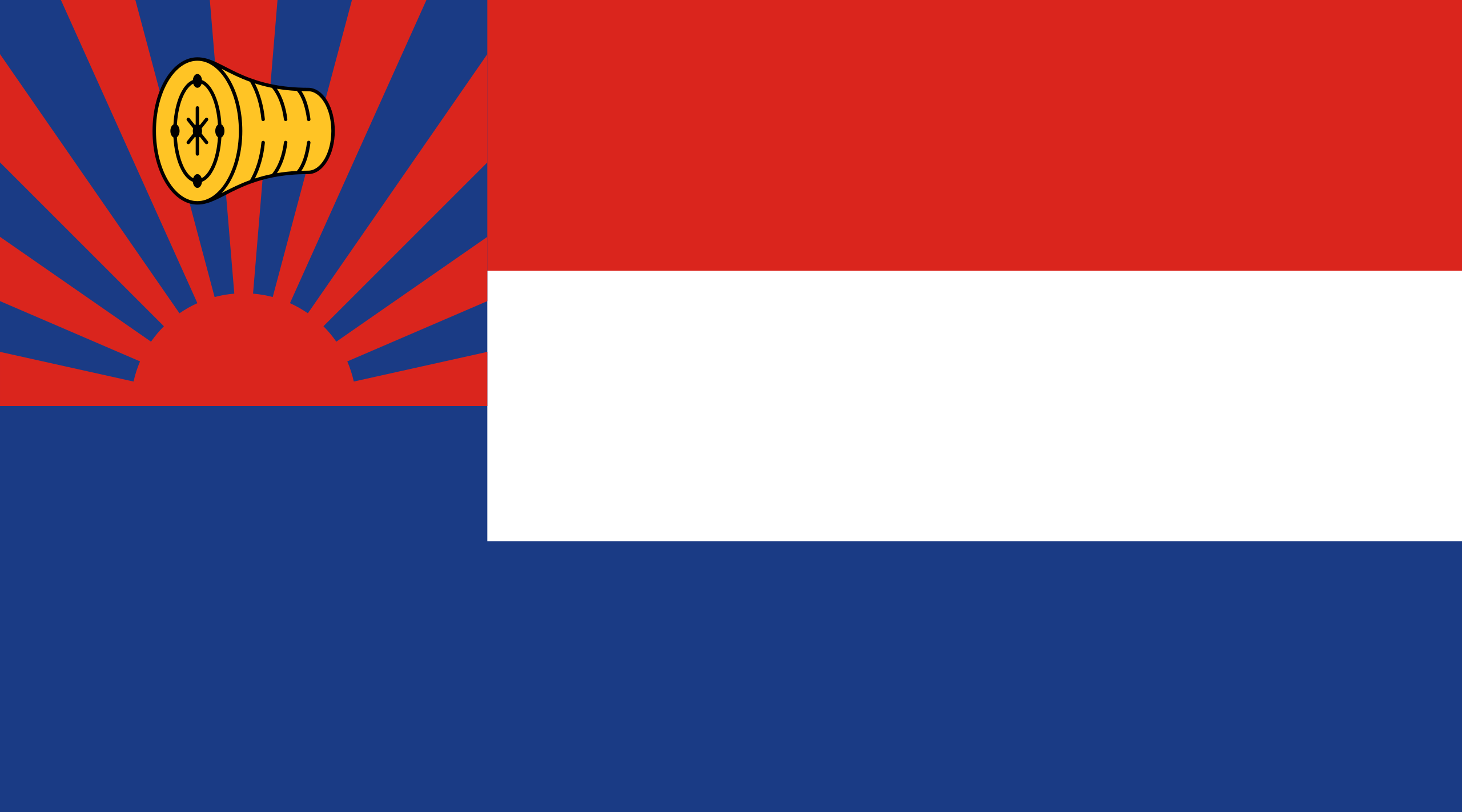 |
Kawthoolei | Republic of Kawthoolei | Hpa-An | (Karenic Languages) |
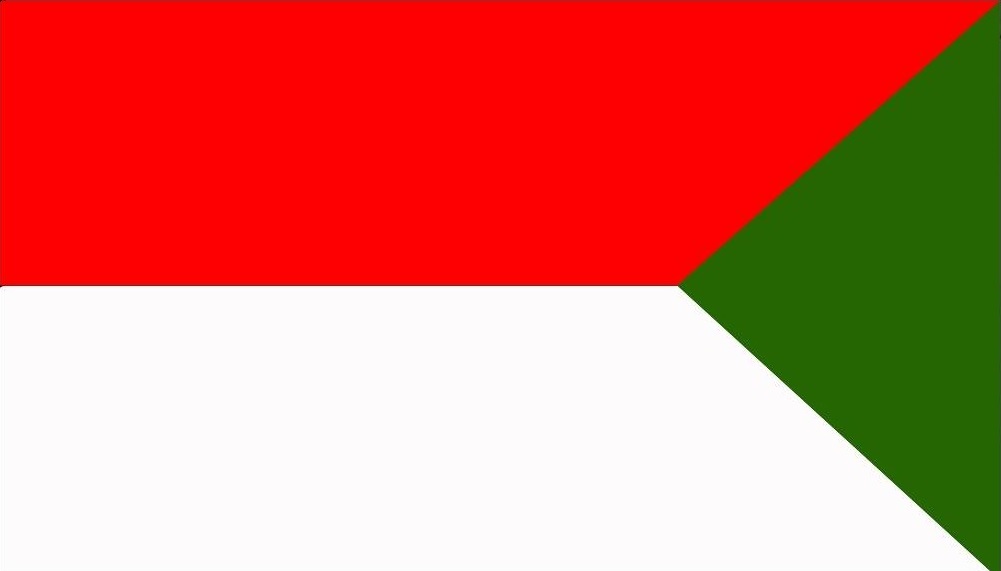 |
Kayan | Republic of Kayan | Kembang Janggut | (Kayan-Murik Languages) |
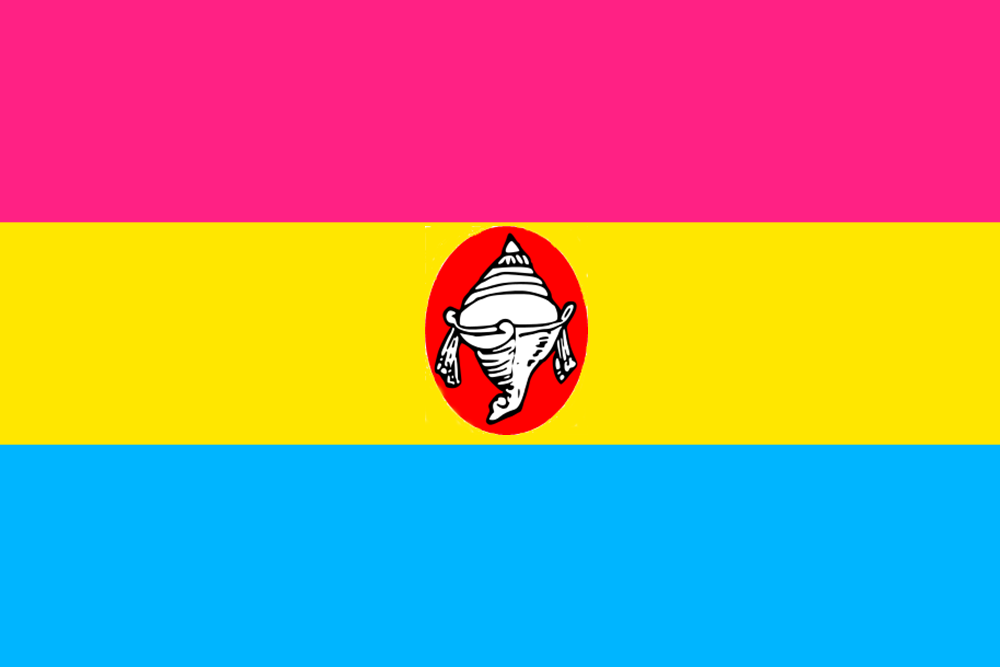 |
Kerala | Republic of Kerala | Thiruvananthapuram |
|
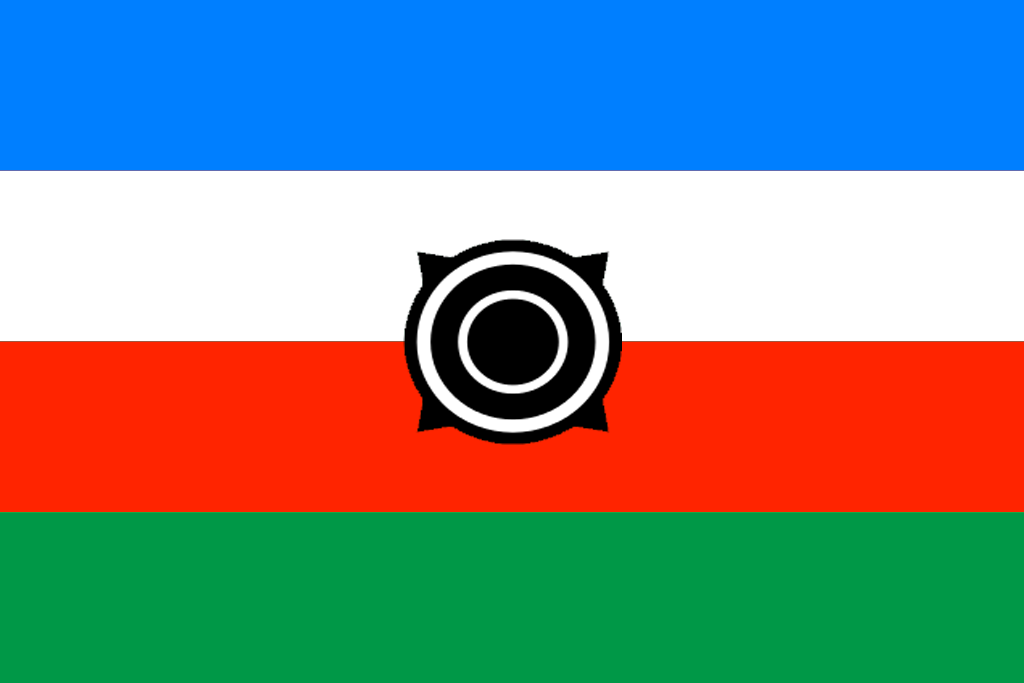 |
Khakassia | Republic of Khakassia | Ağban (Abakan) | Khakas |
 |
Khantia-Mansia | Republic of Khantia-Mansia | Nizhnevartovsk |
|
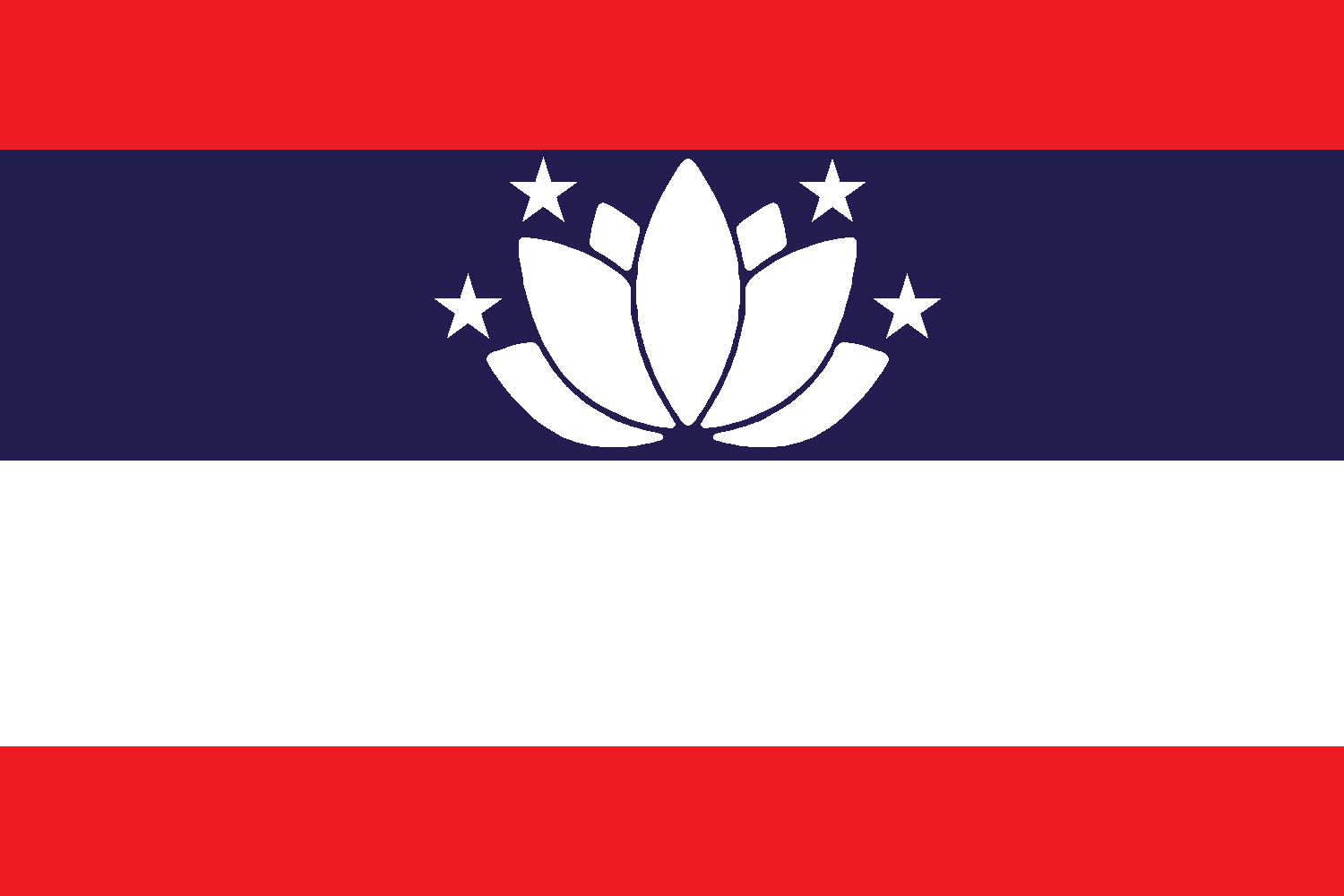 |
Khmuia | Republic of Khmuia | Phonsavan | (Khmuic Languages) |
 |
Khoshut | Republic of Khoshut | Golmud |
|
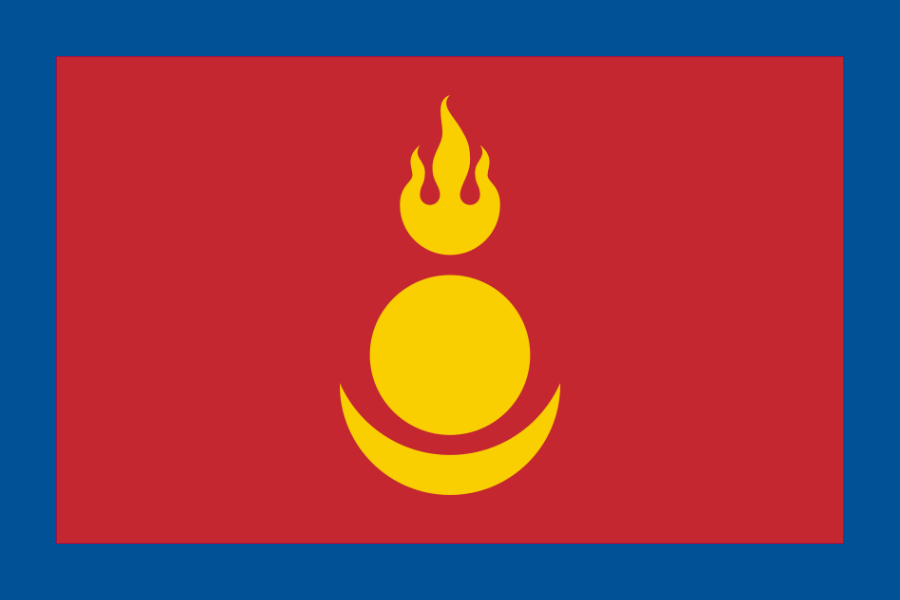 |
Khuree | Republic of Khuree | Ulaanbatar | Mongolian |
 |
Kichwa | Republic of Kichwa | Quito |
|
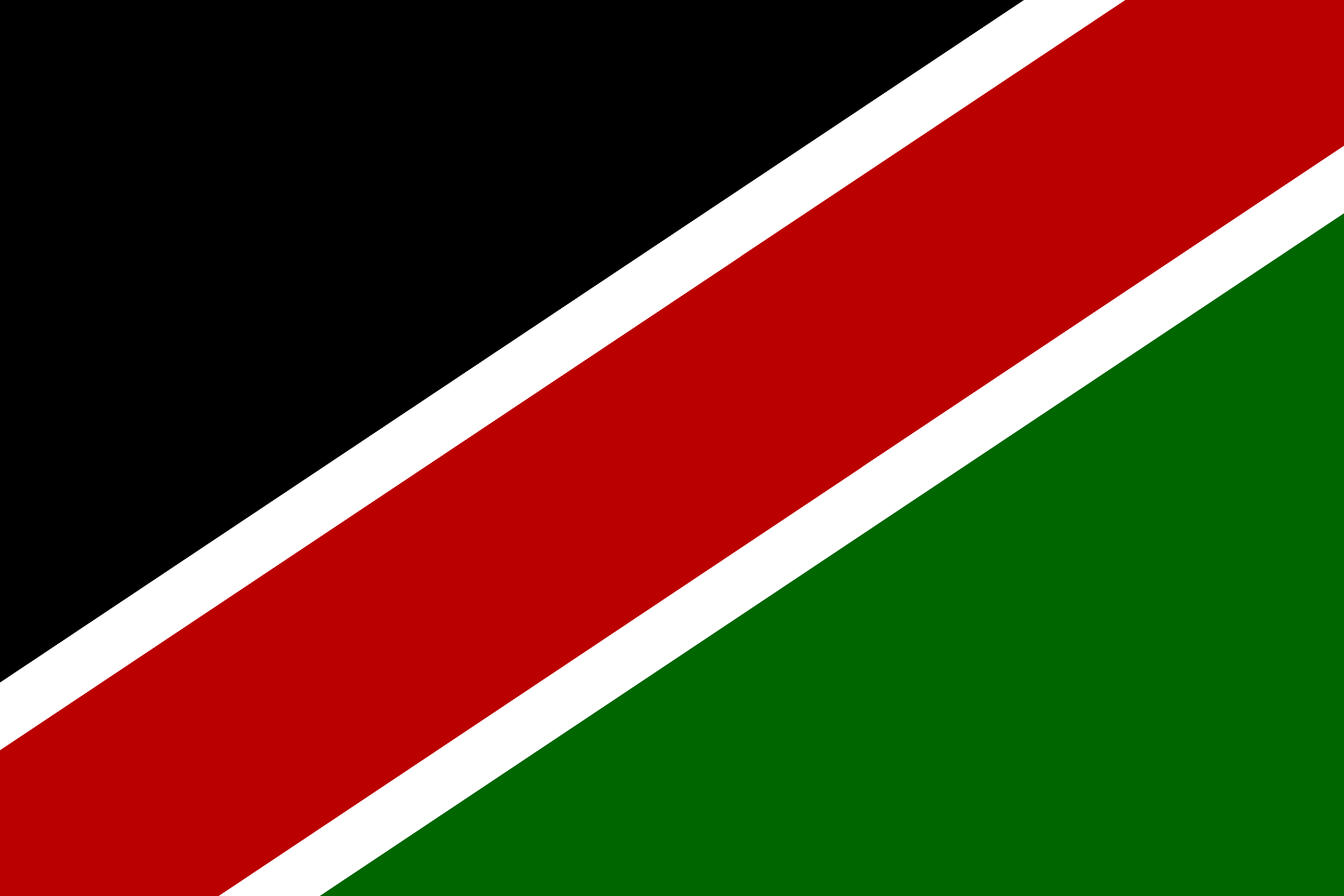 |
Kiswahili | Republic of Kiswahili | Umoja |
|
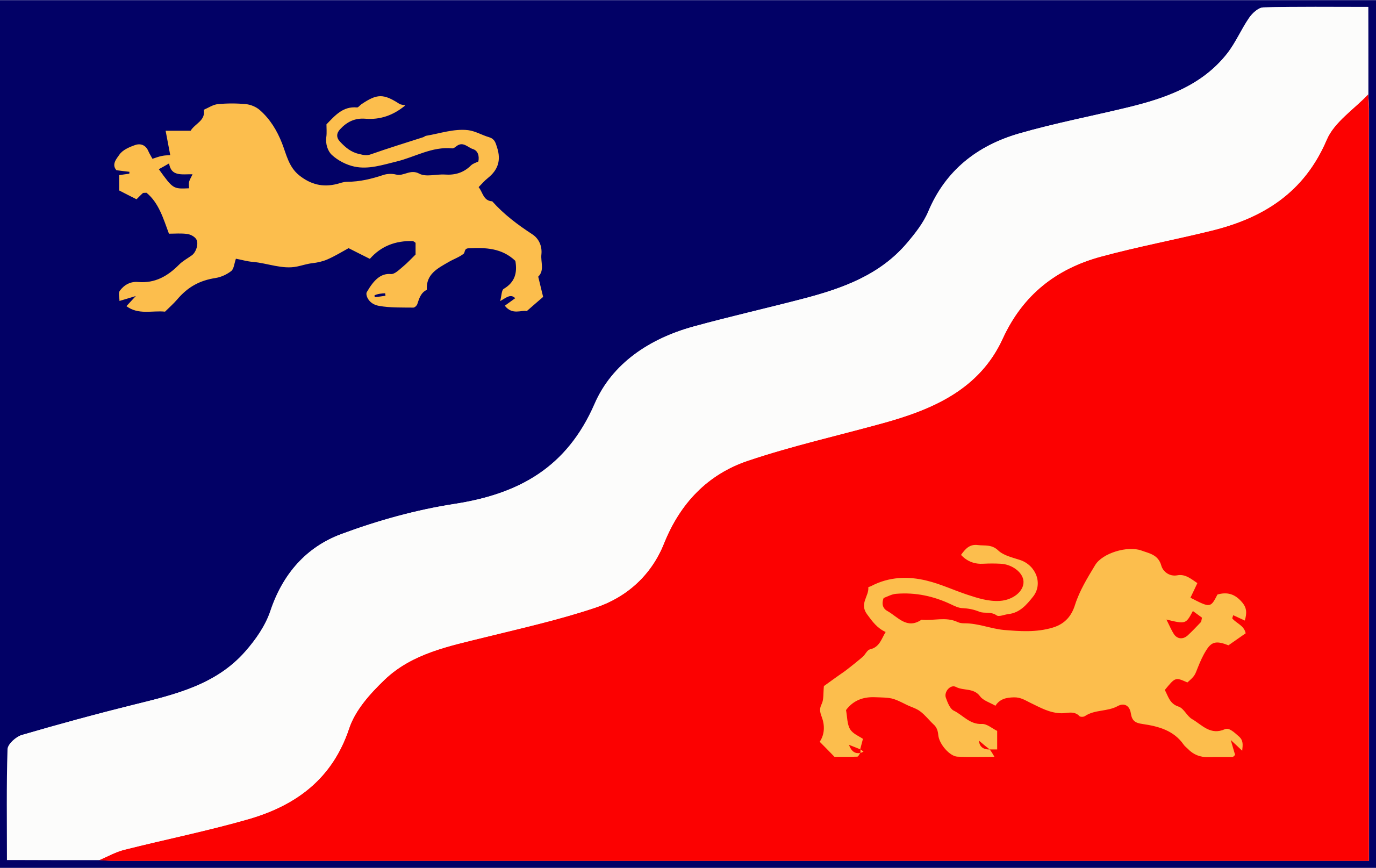 |
Kivu | Republic of Kivu | Beni |
|
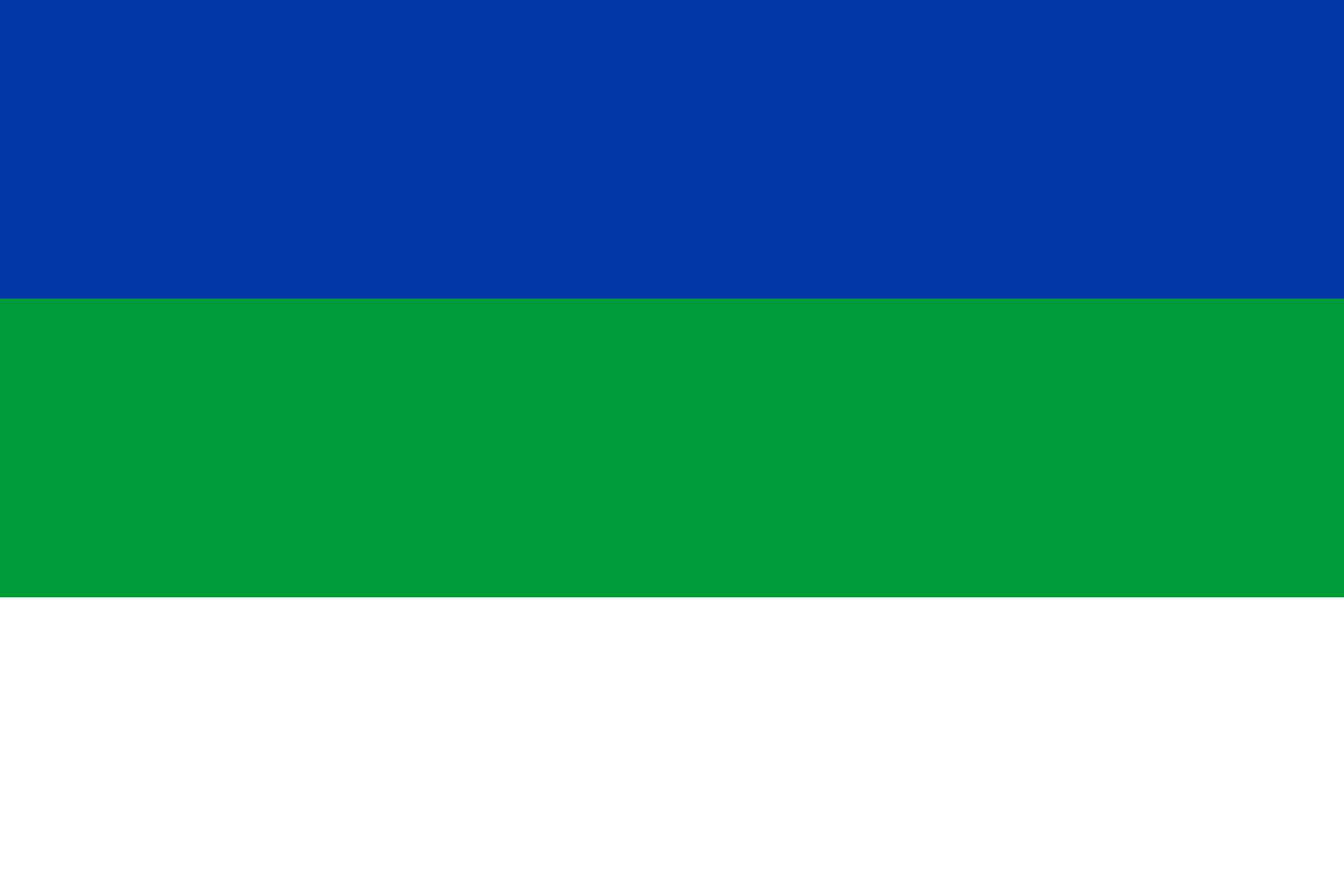 |
Komi | Komi Republic | Syktyvkar |
|
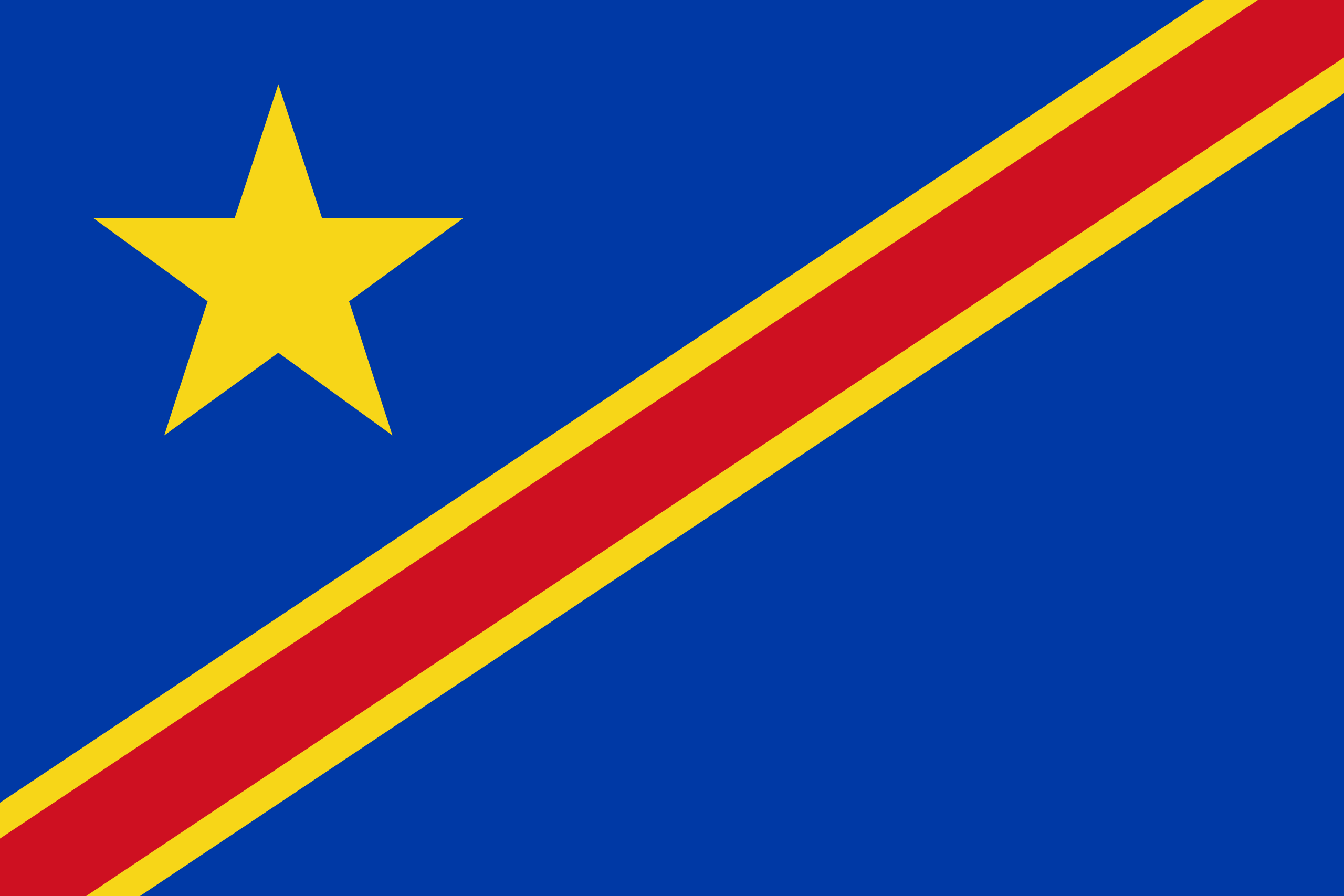 |
Kongo | Republic of Kongo | Nyumba |
|
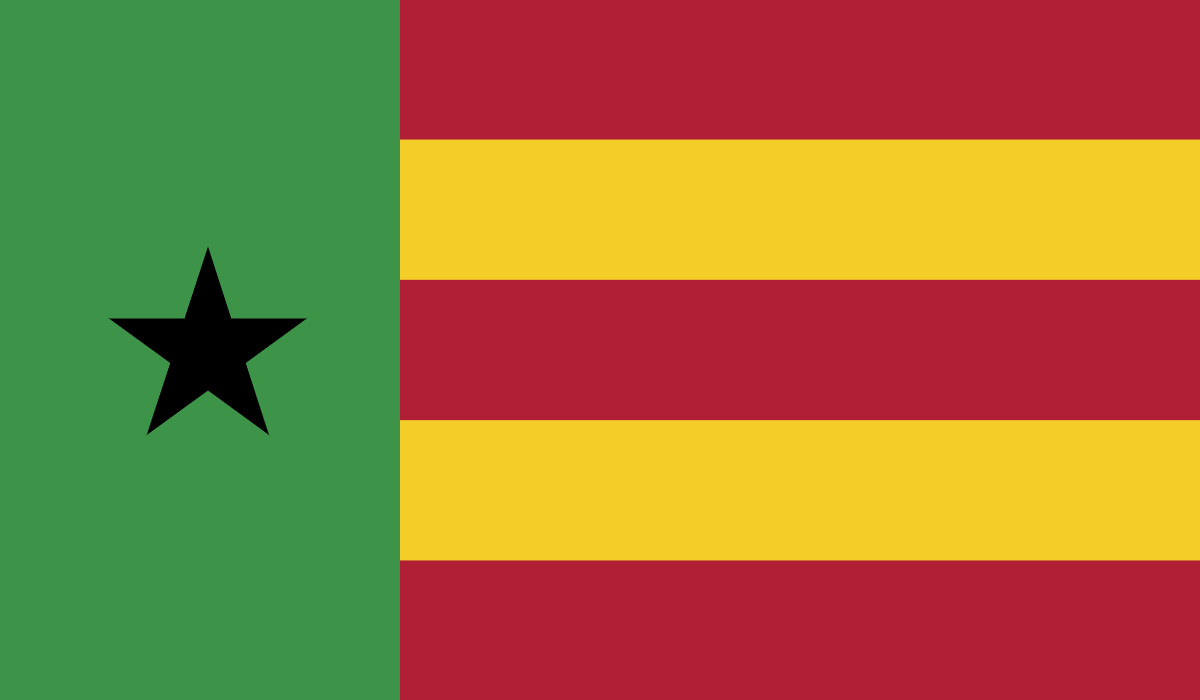 |
Kruland | Republic of Kruland | San-Pédro |
|
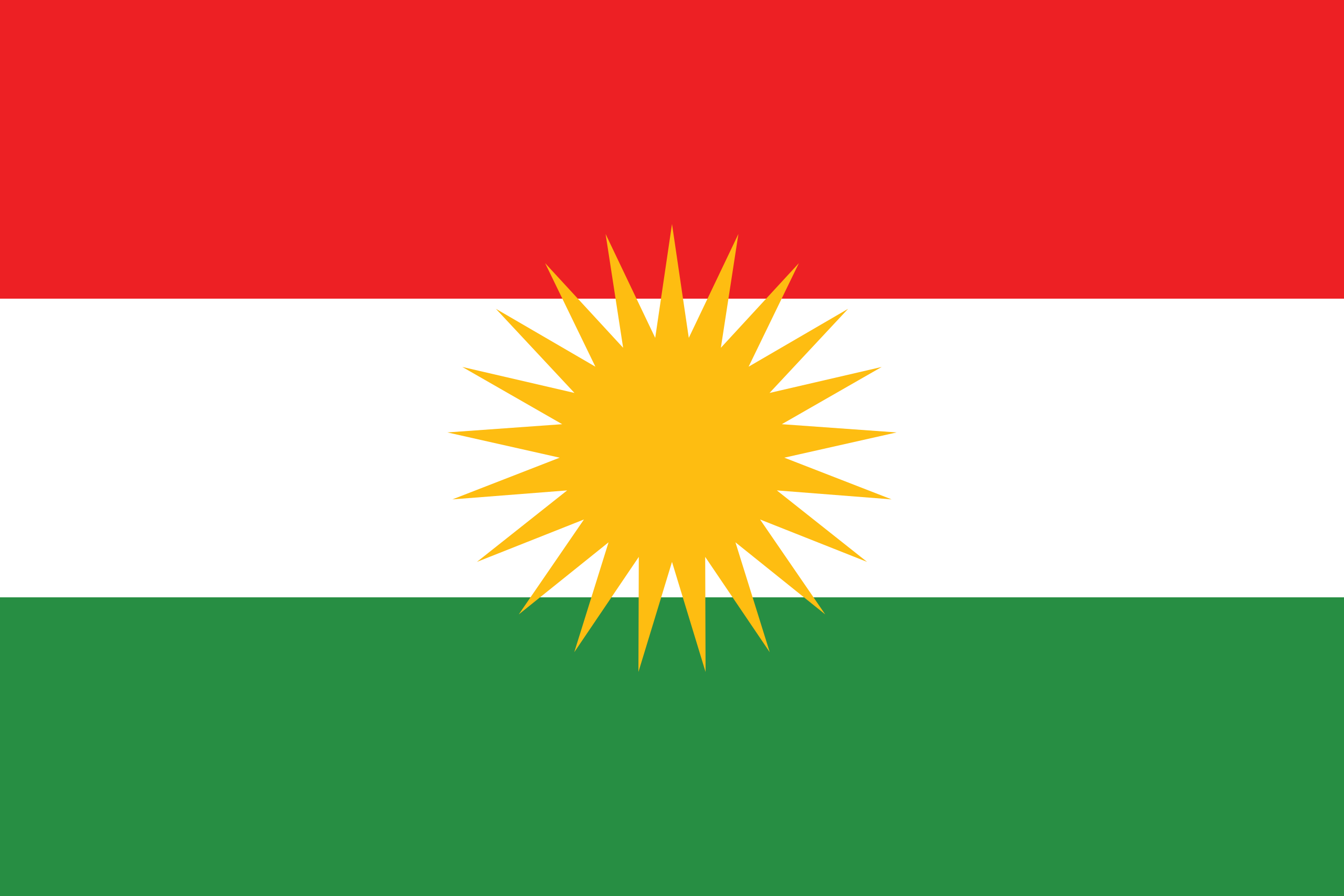 |
Kurdistan | Republic of Kurdistan | Amed (Diyarbakir) | Kurdish |
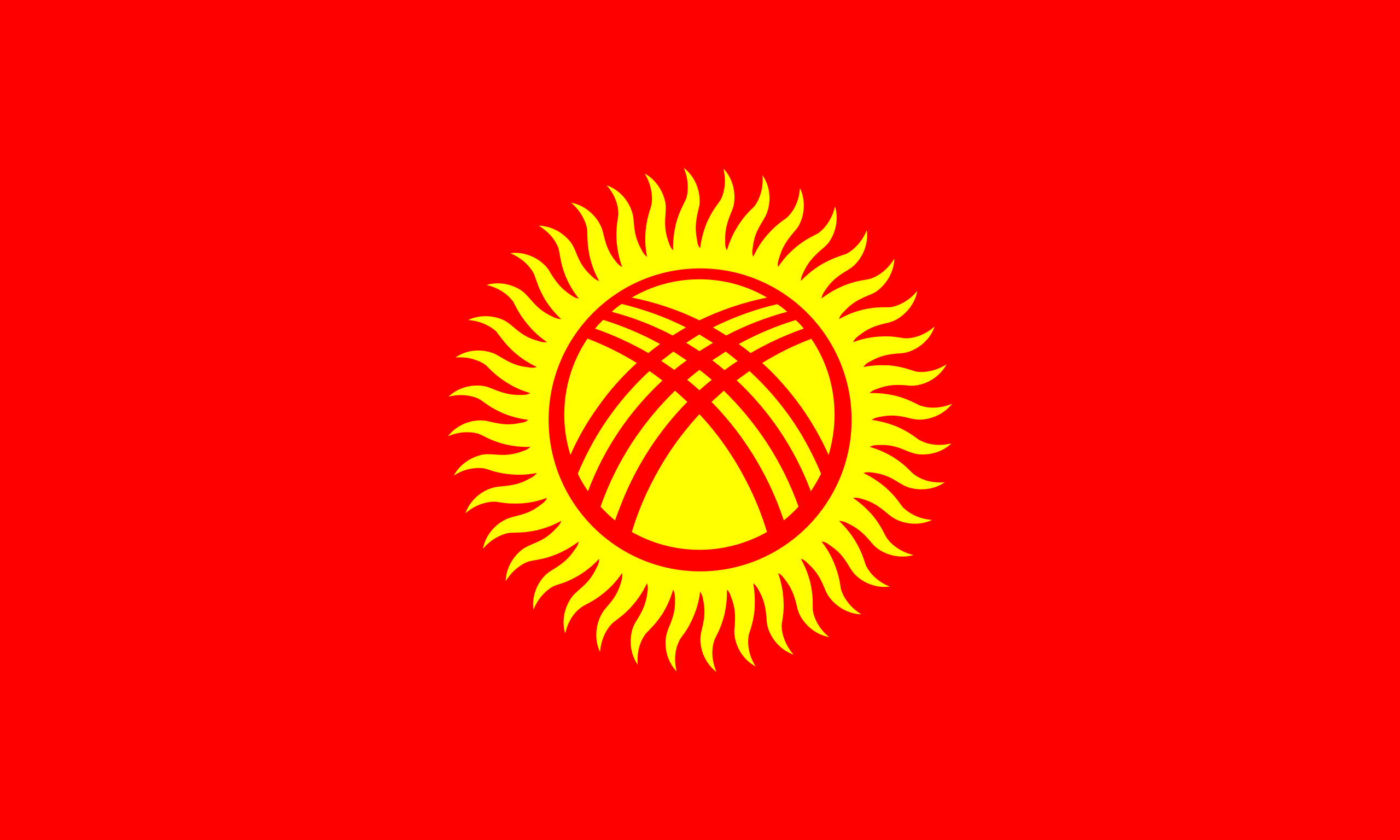 |
Kyrgyzstan | Republic of Kyrgyzstan | Bishkek | Kyrgyz |
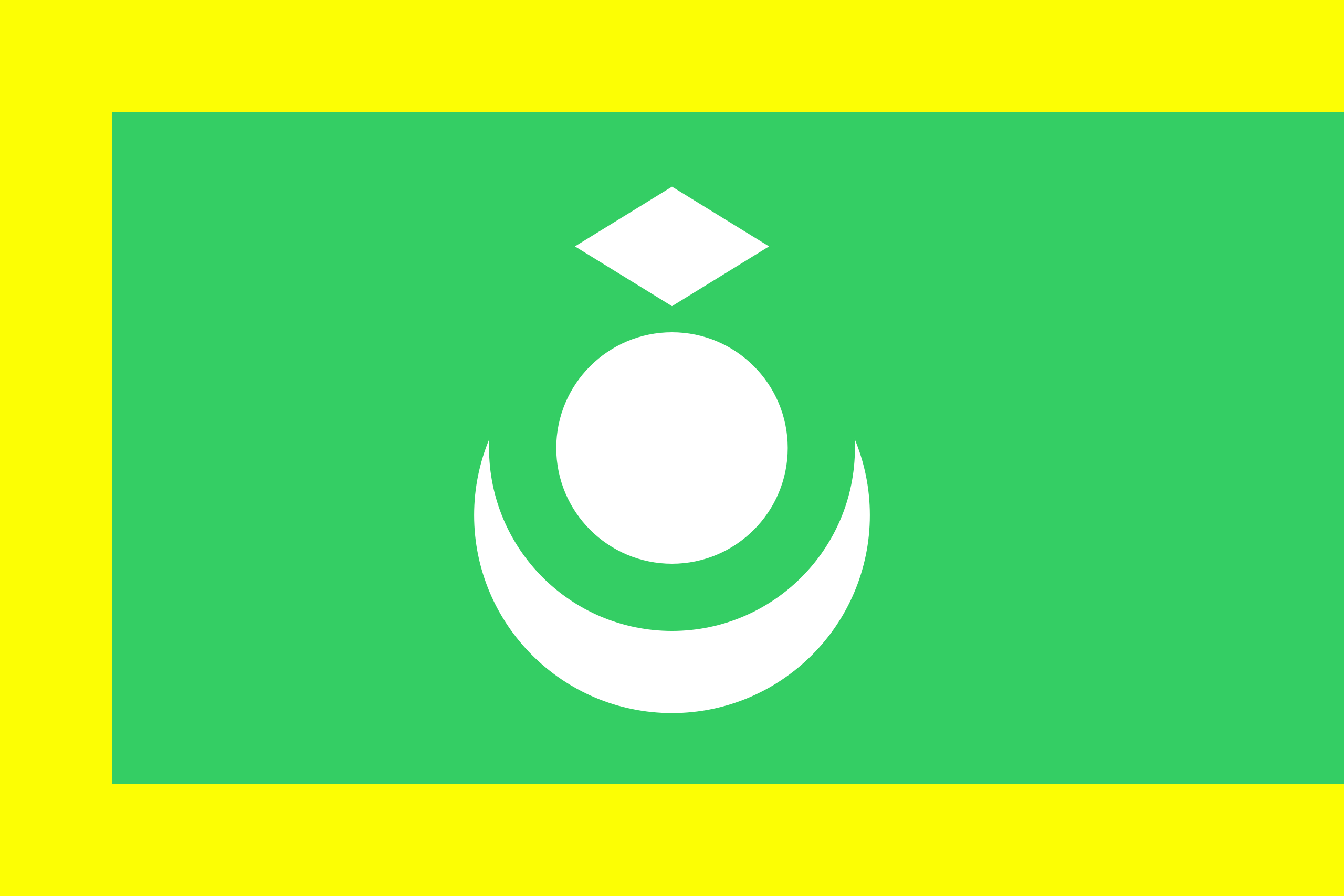 |
Ladakh | Republic of Ladakh | Leh |
|
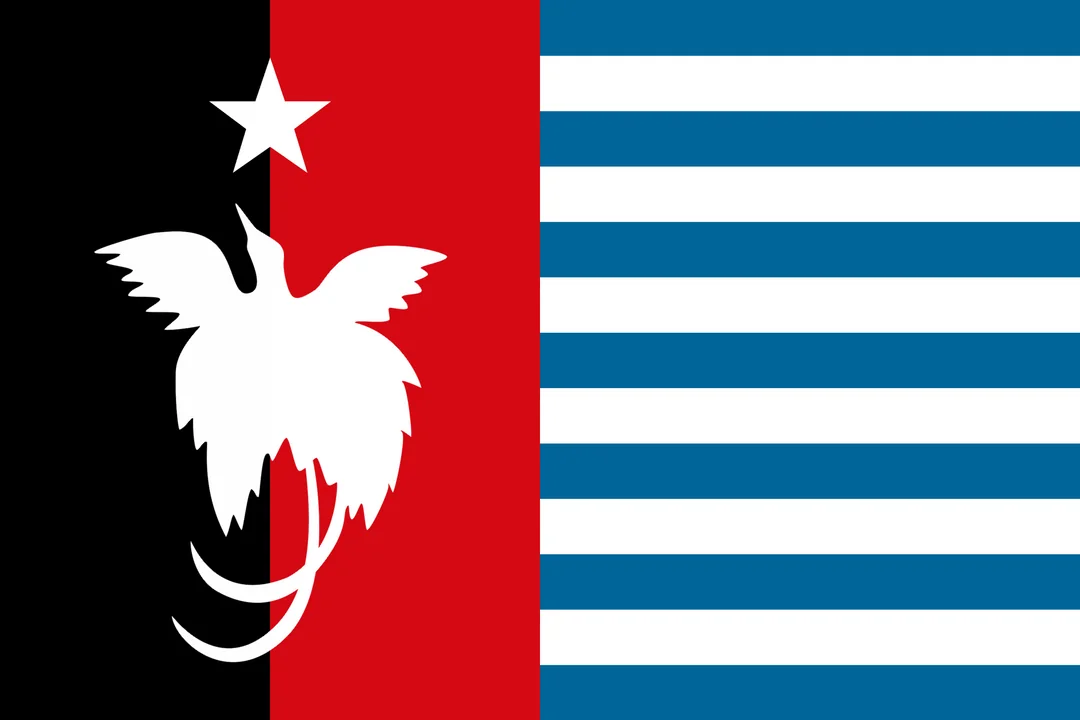 |
Lakes Plain | Republic of Lakes Plain | Jayawijaya |
|
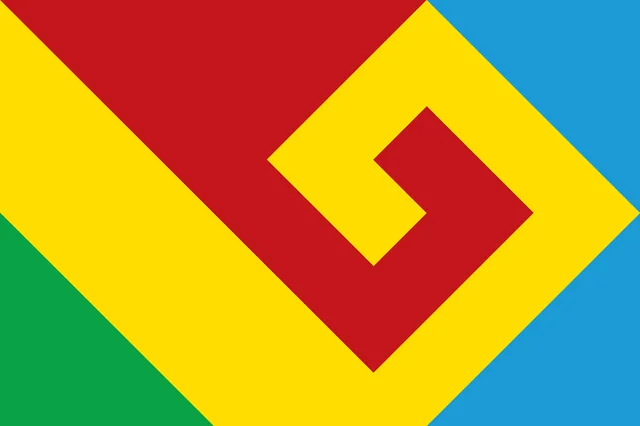 |
Lampung | Republic of Lampung | Bandar Lampung | Lampung |
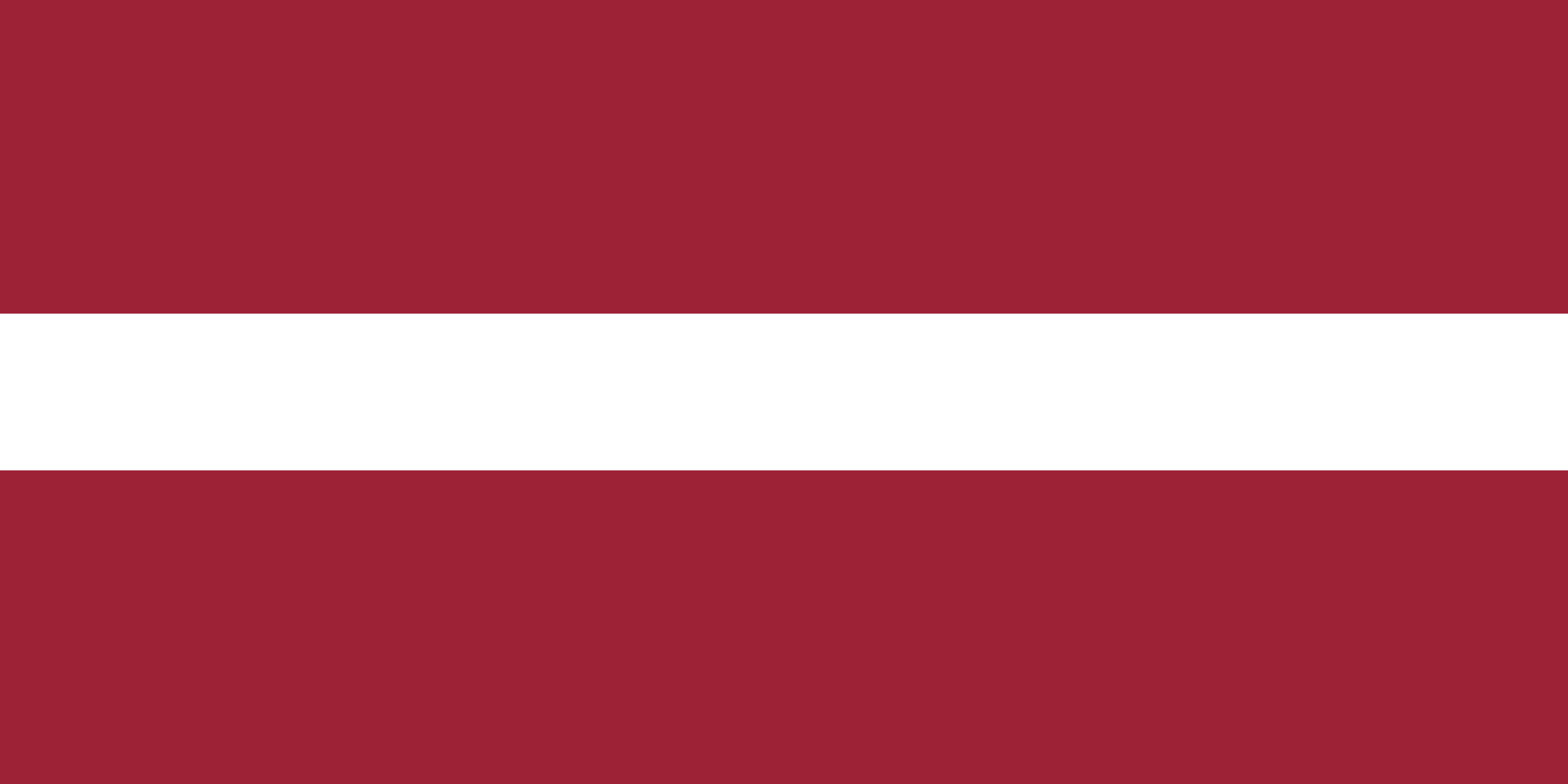 |
Latvija | Republic of Latvija | Riga | Latvian |
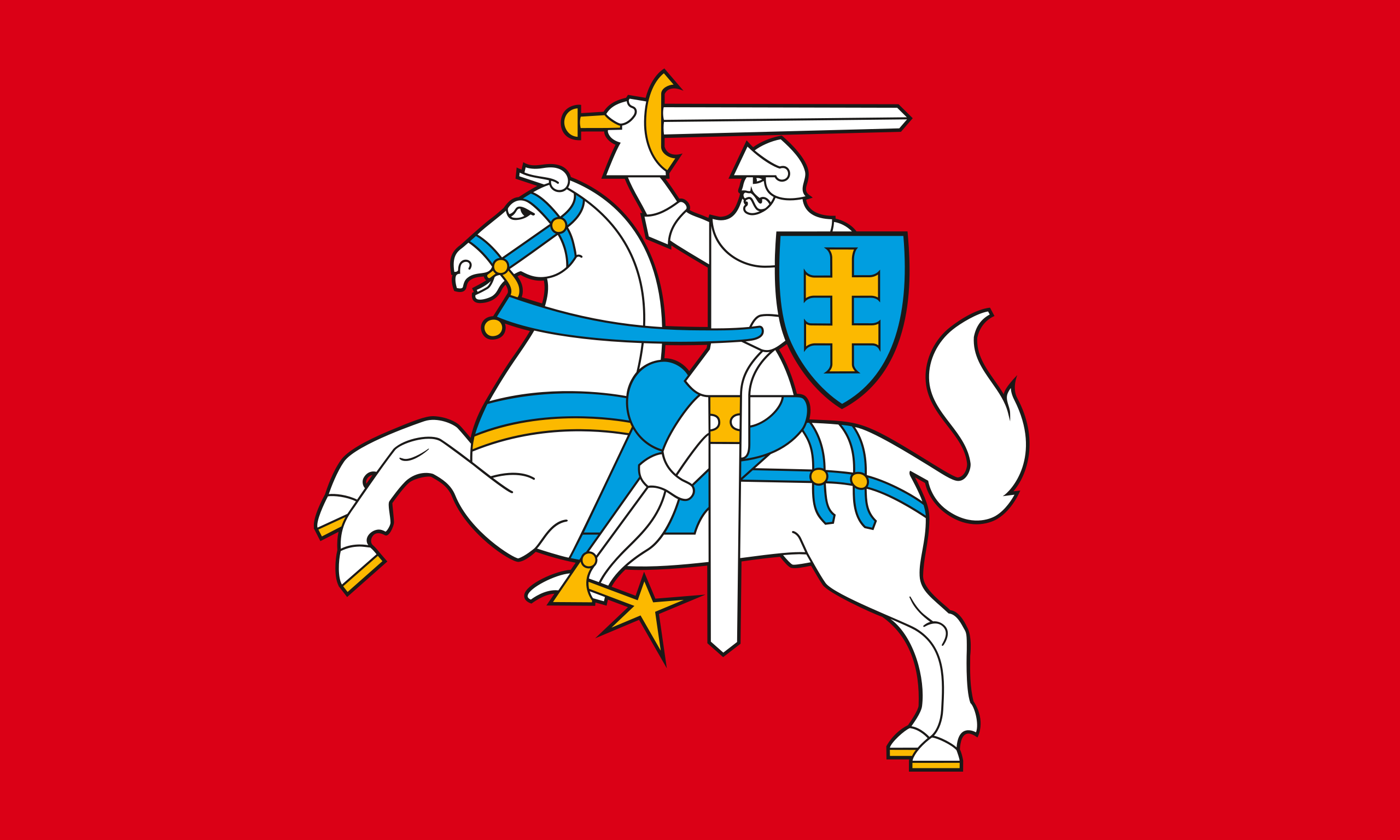 |
Lietuva | Republic of Lietuva | Vilnius |
|
 |
Lingalia | Republic of Lingalia | Kungani |
|
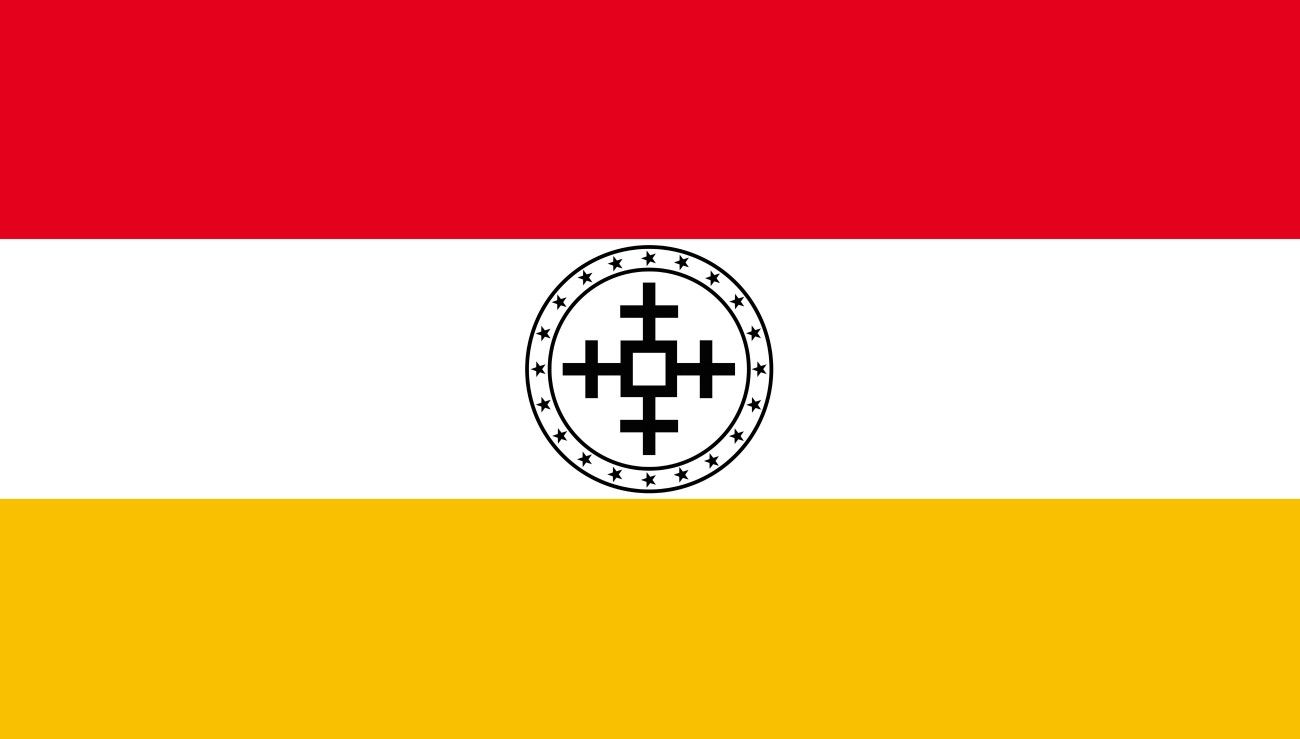 |
Lorestan | Republic of Lorestan | Dezful | Luri |
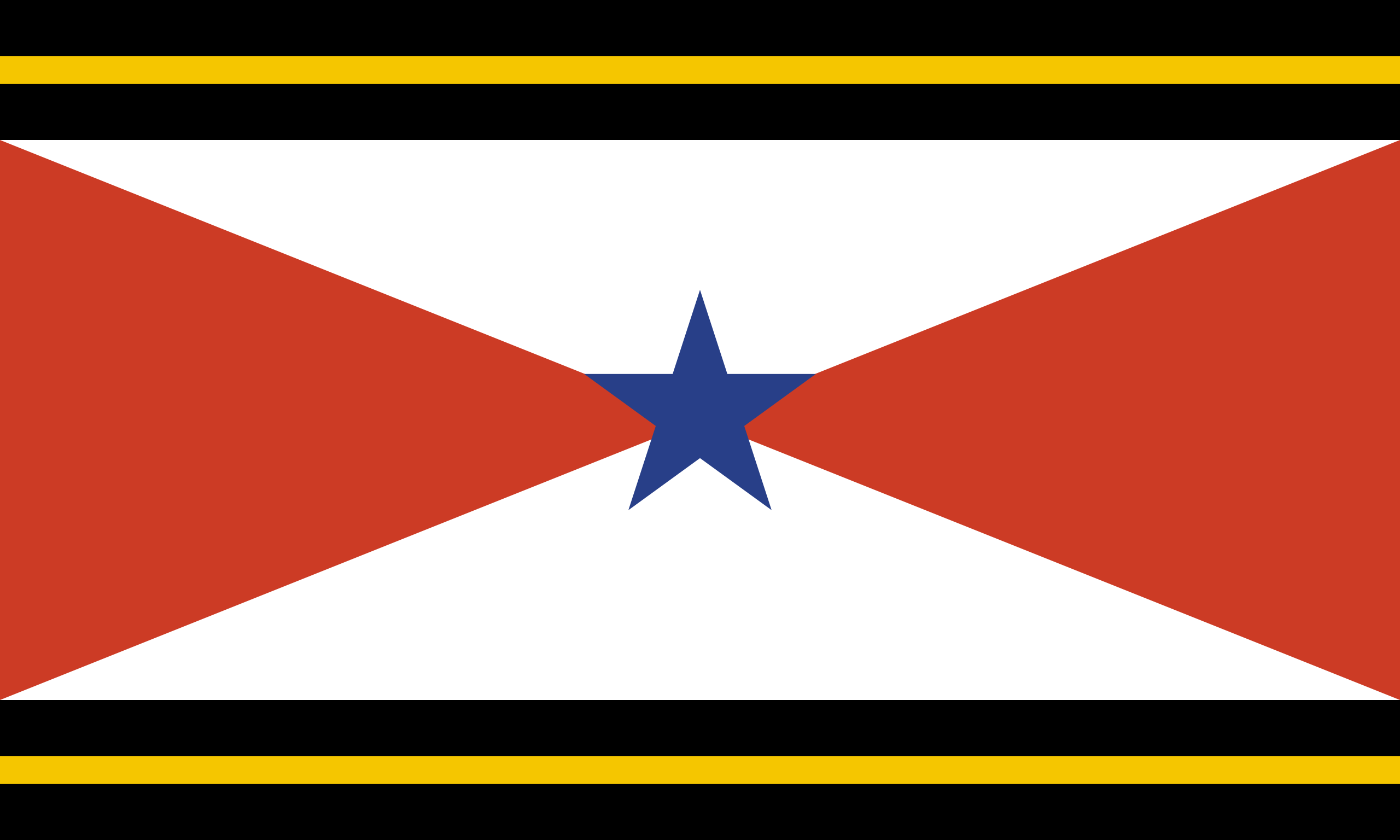 |
Confederate Republic of Lu-Akha | Republic of Lu-Akha | Mongla |
|
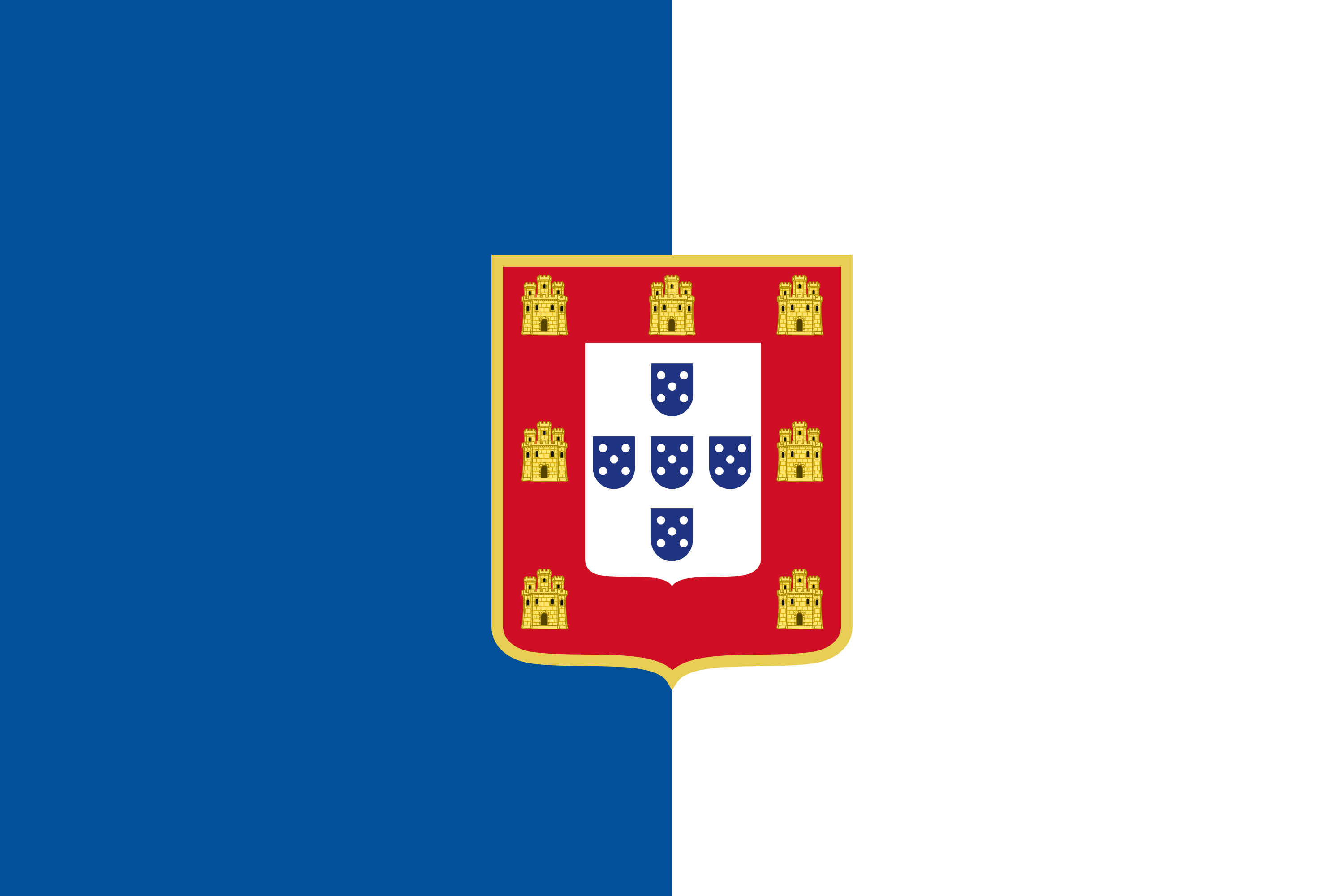 |
Lusitania | Republic of Lusitania | Lisbon | Portuguese |
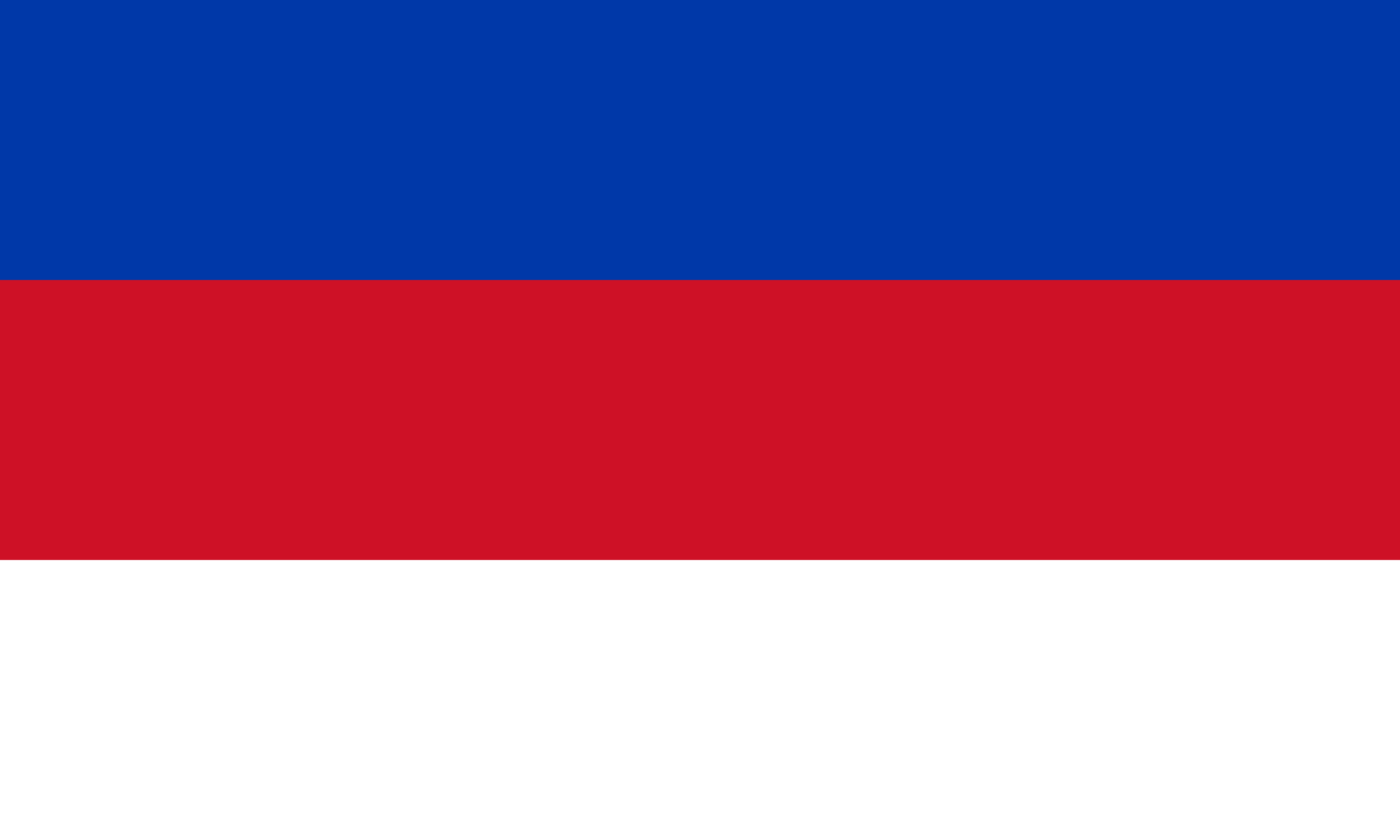 |
Łužica | Republic of Lusatia | Chóśebuz (Cottbus) |
|
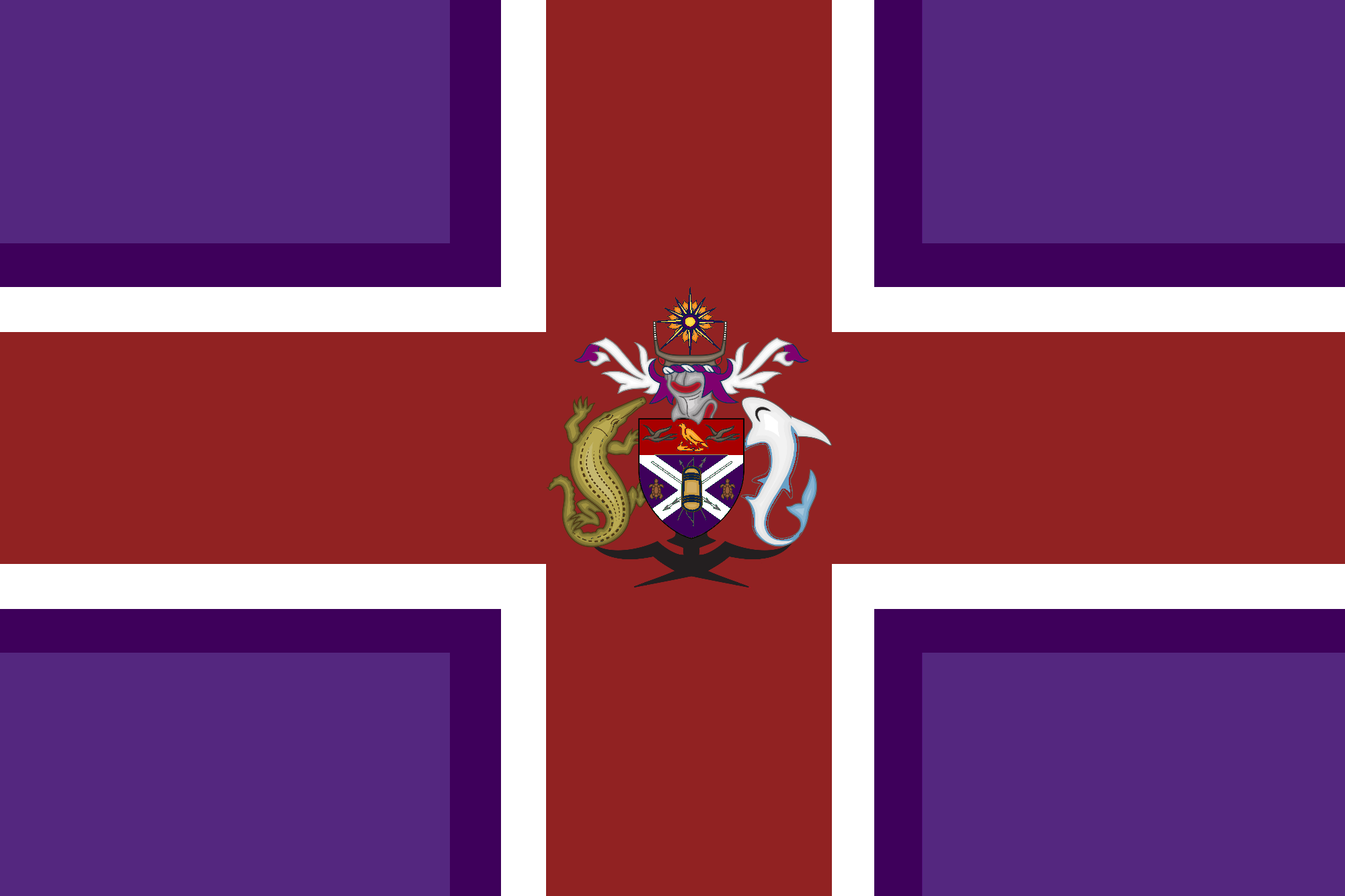 |
Luvuria | Federative Republic of Luvuria | Halmahera |
|
 |
Luxuria | Federative Republic of Luxuria | Alice Springs |
|
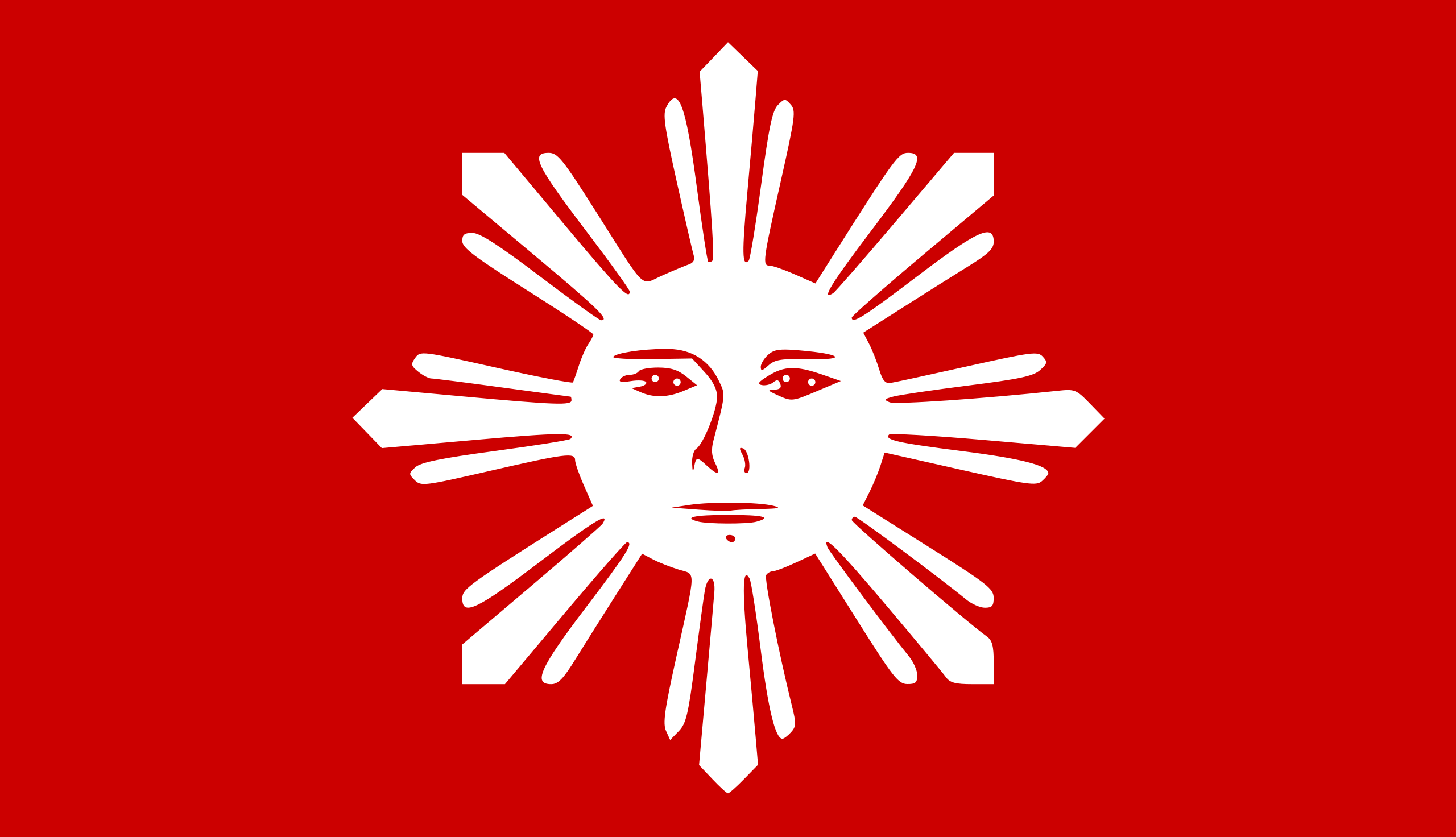 |
Luzon-Palawan | Republic of Luzon-Palawan | Manila |
|
 |
Madura | Republic of Madura | Pamekasan | Madurese |
 |
Maharashtra | Republic of Maharashtra | Mumbai |
|
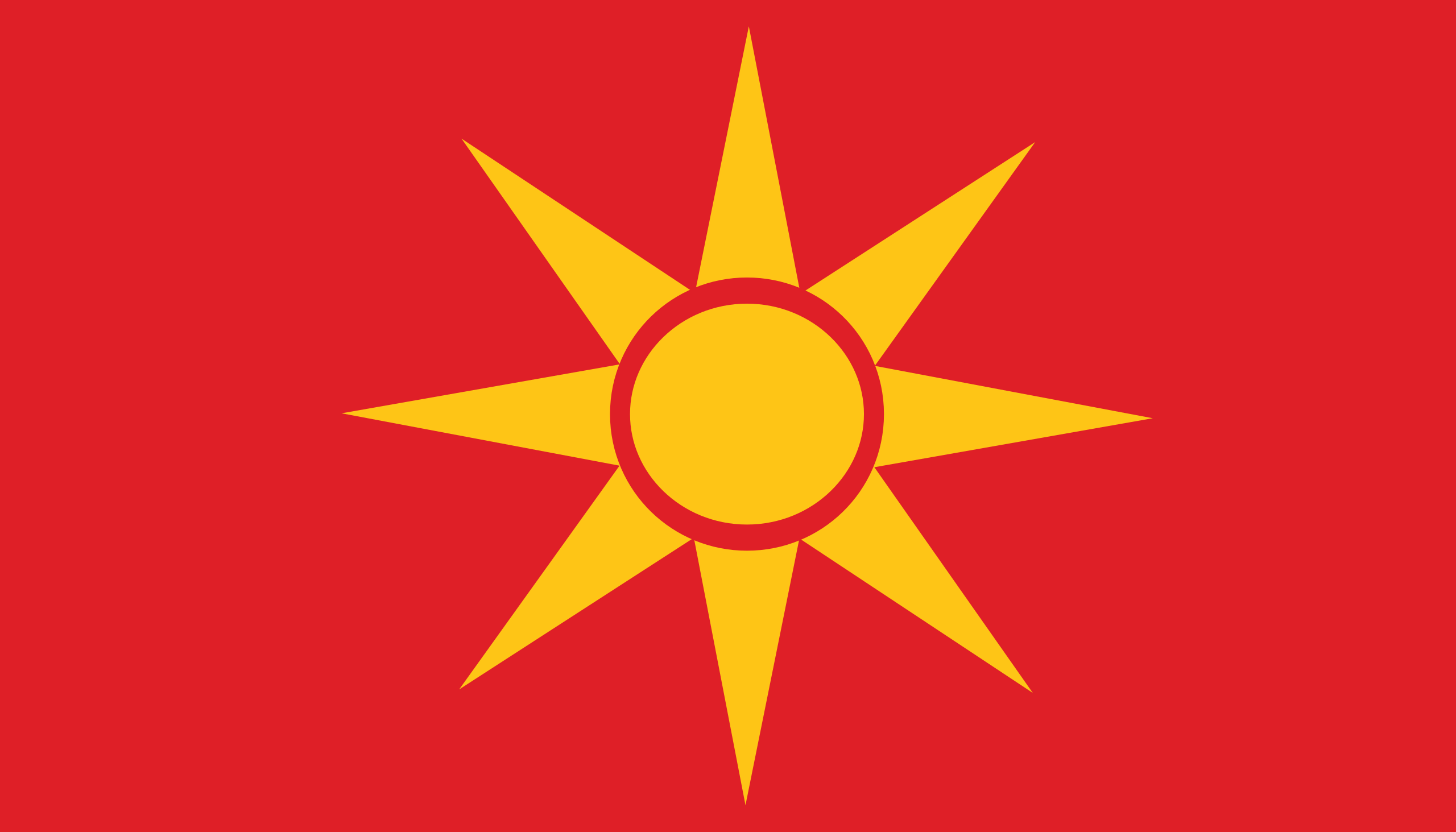 |
Makedonija | Republic of Makedonija | Skopje | Macedonian |
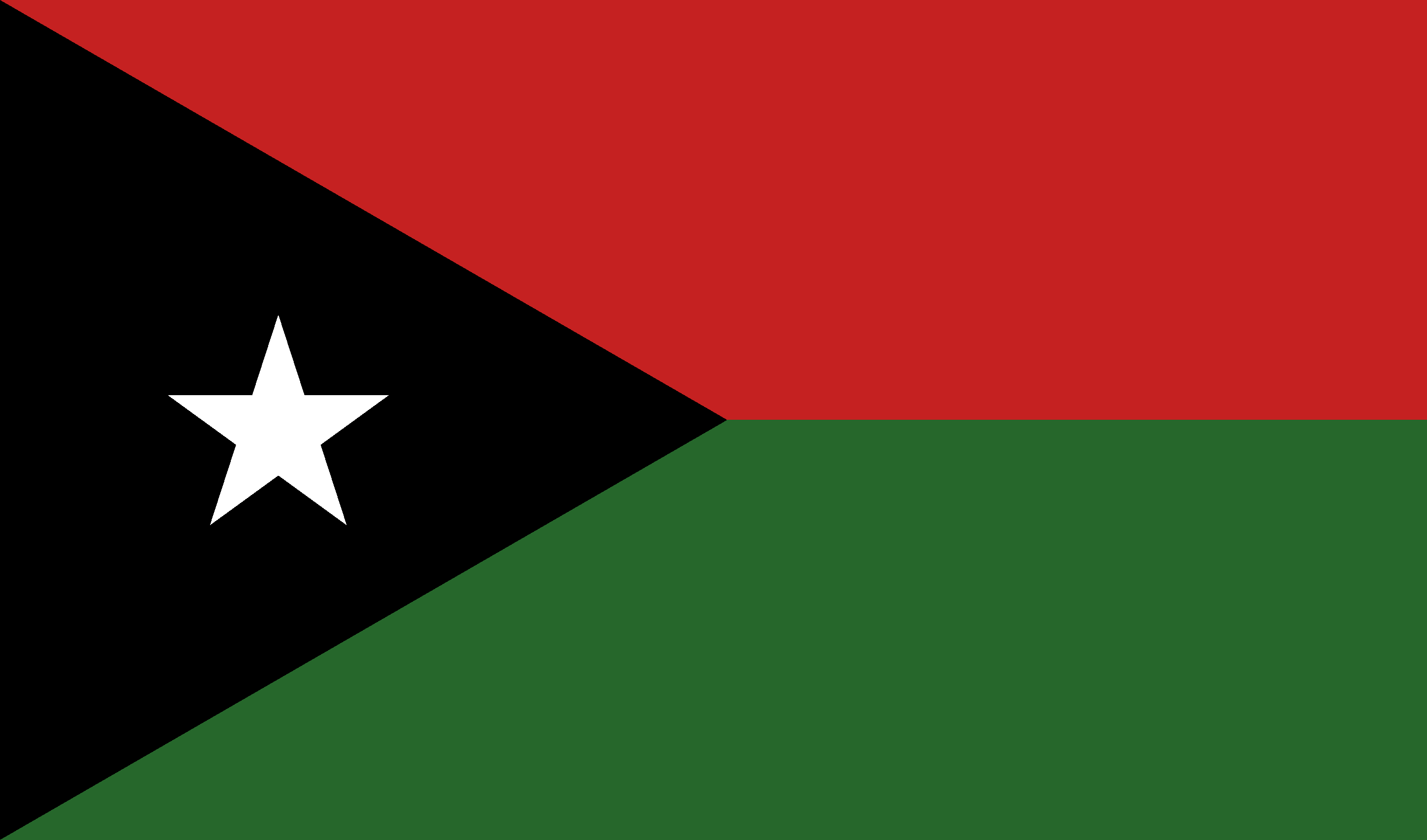 |
Malagasia | Republic of Malagasia | Antsiranana | Malagasy |
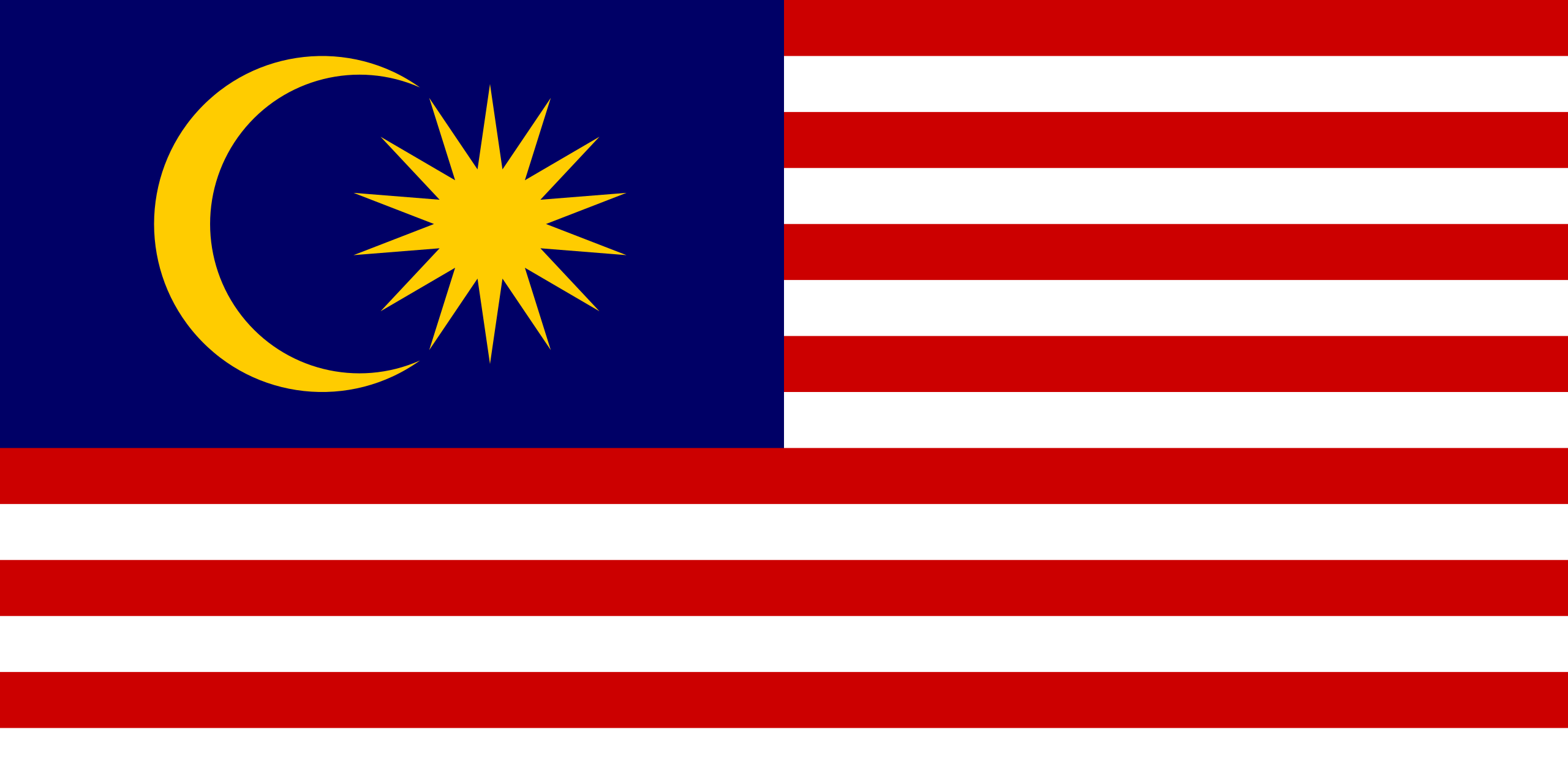 |
Malaya | Federative Republic of Malaya | Nay'Bling City | Malay |
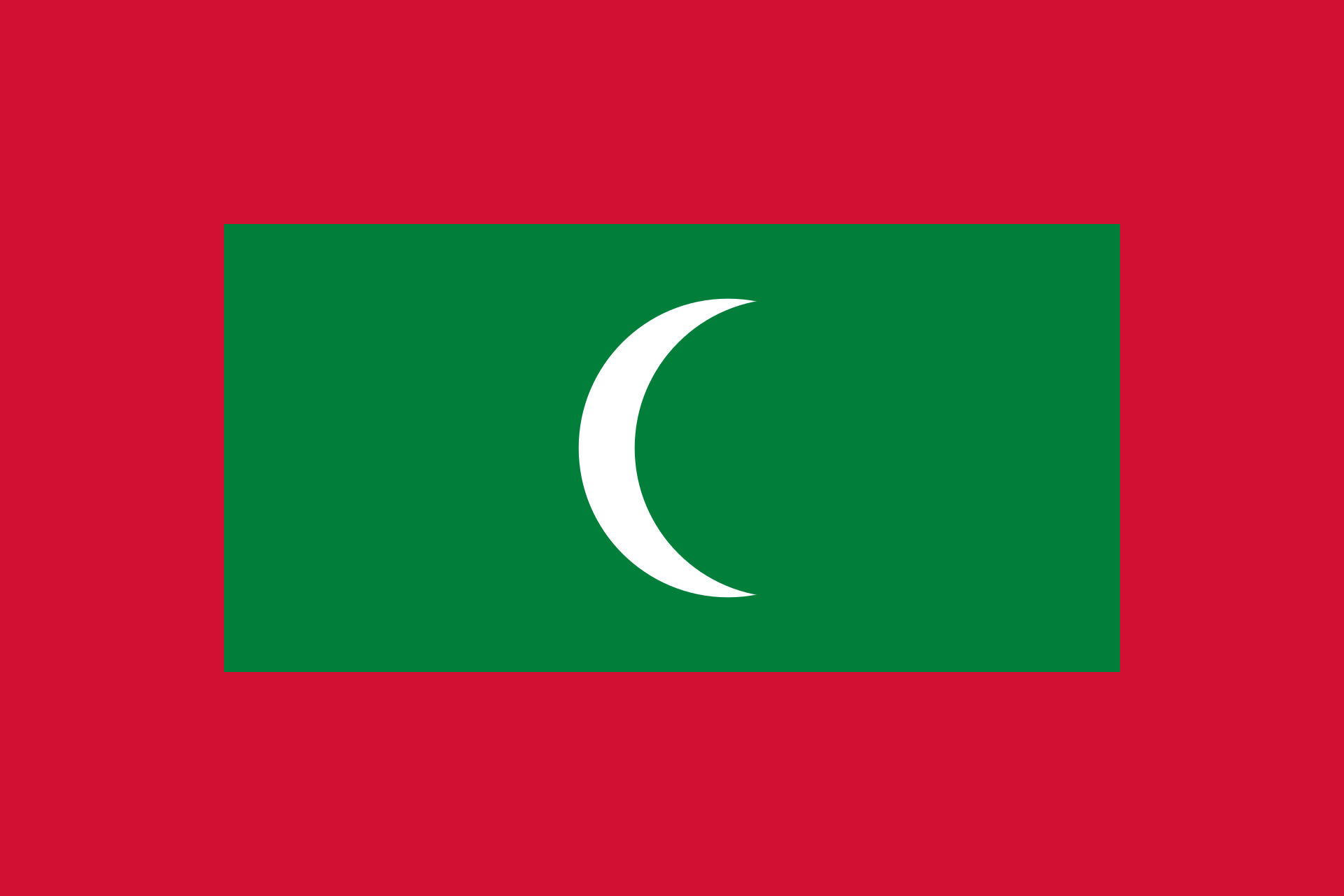 |
Maldives | Republic of the Maldives | Malé | Dhivehi |
 |
Malta | Republic of Malta | Moltani | Maltese |
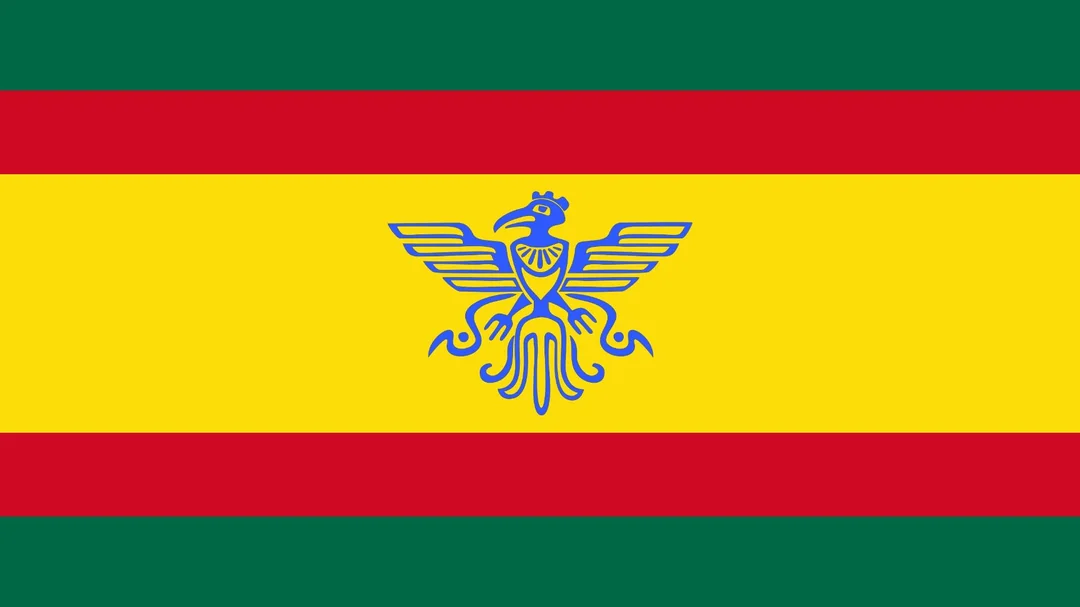 |
Mamea-Quichea | Republic of Mamea-Quichea | Quetzaltenango |
|
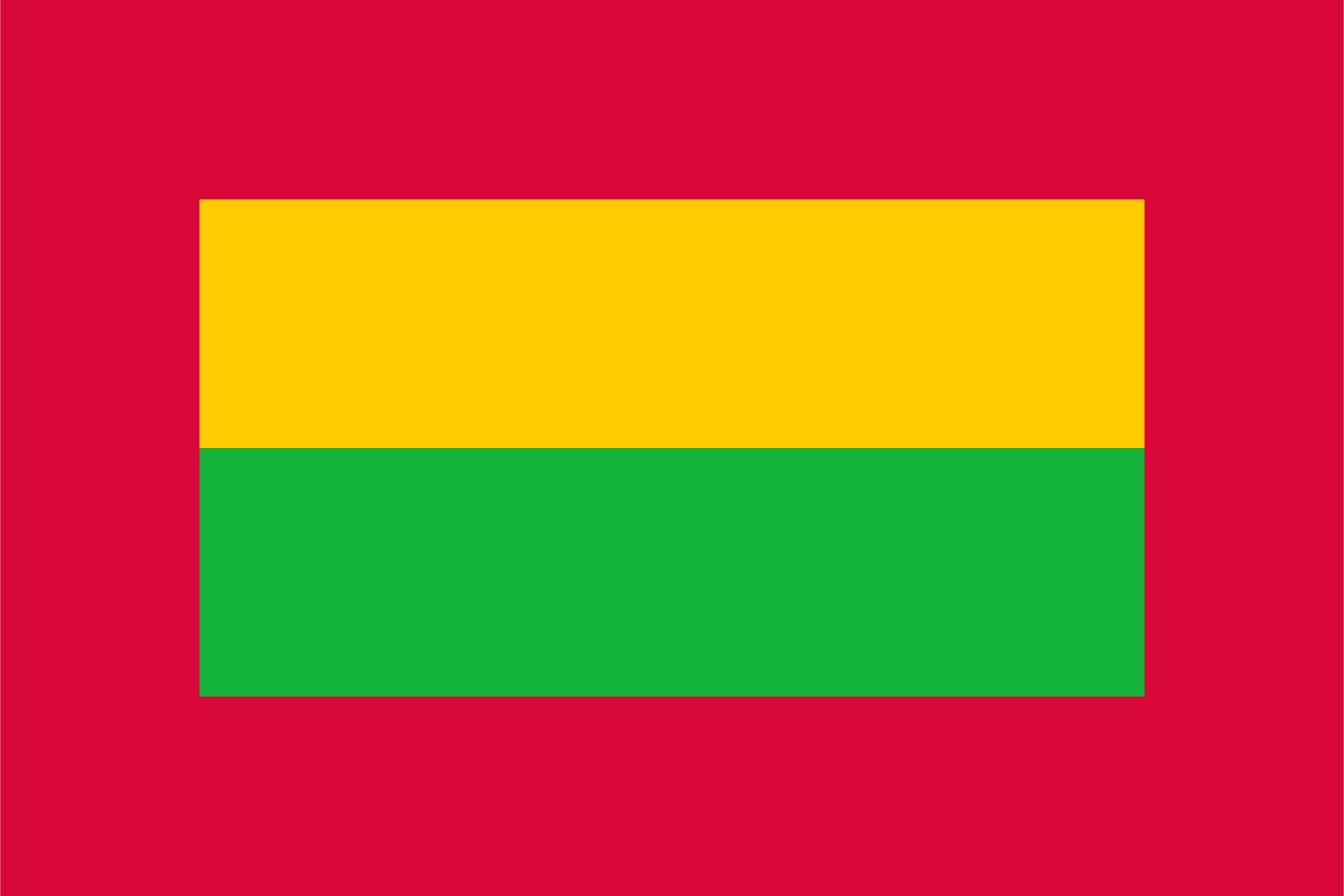 |
Mandea | Republic of Mandea | Bamako |
|
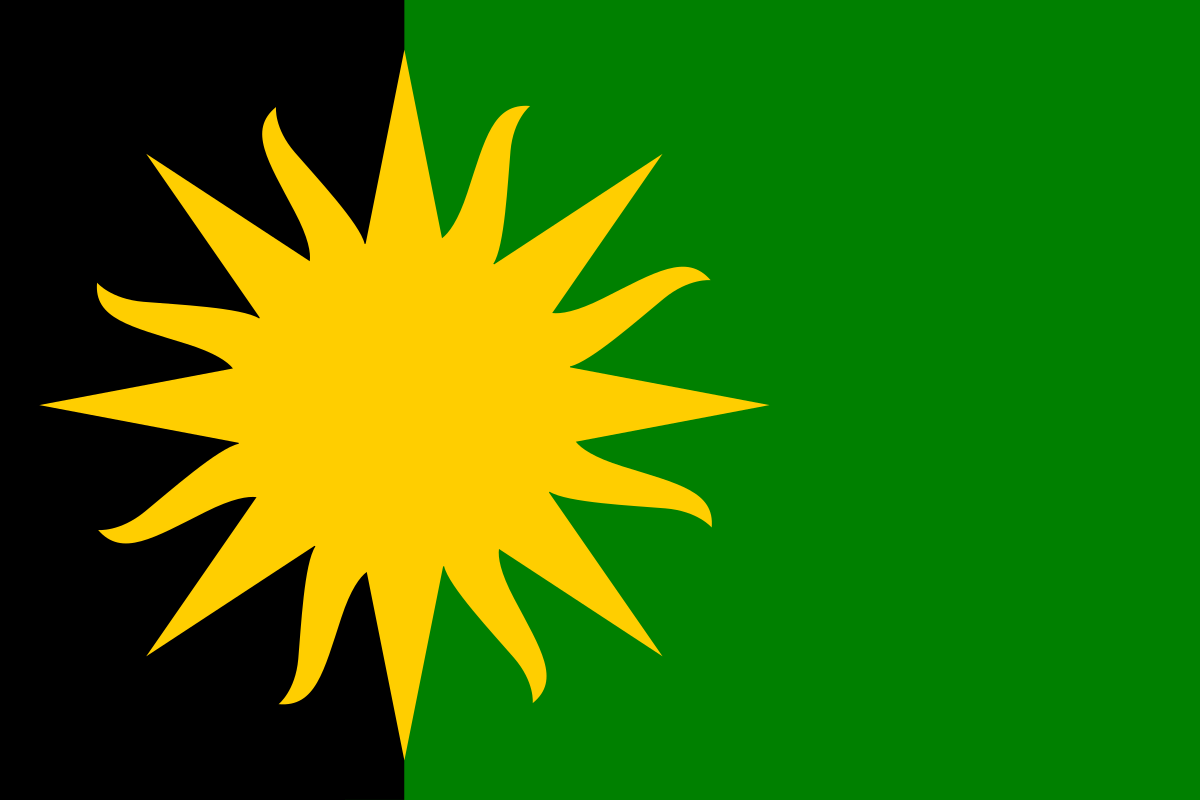 |
Mangbutu-Lese | Republic of Mangbutu-Lese | Bunia |
|
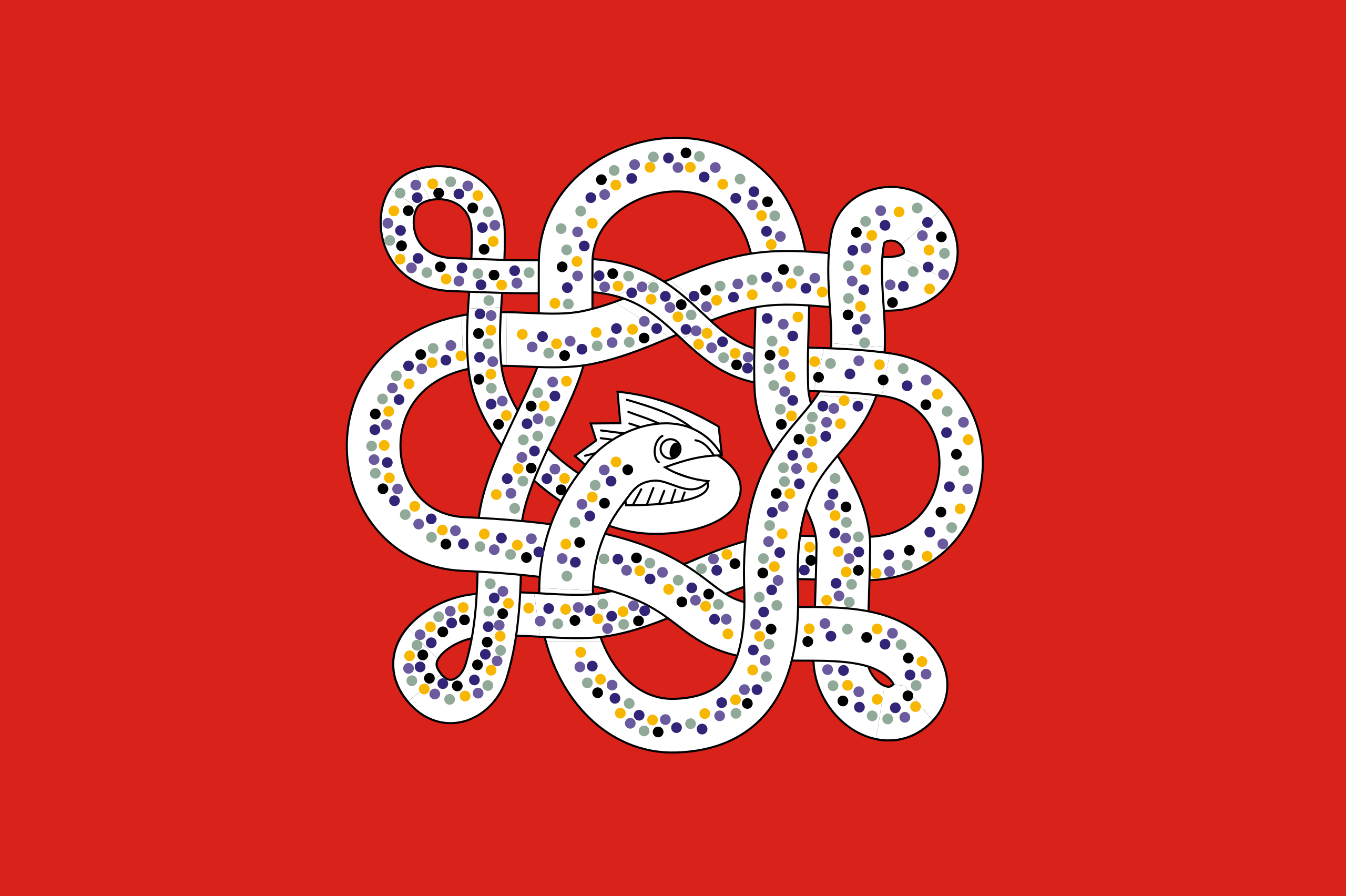 |
Manipur | Republic of Manipur | Imphal | Manipuri |
 |
Manus | Republic of Manus | Lorengau |
|
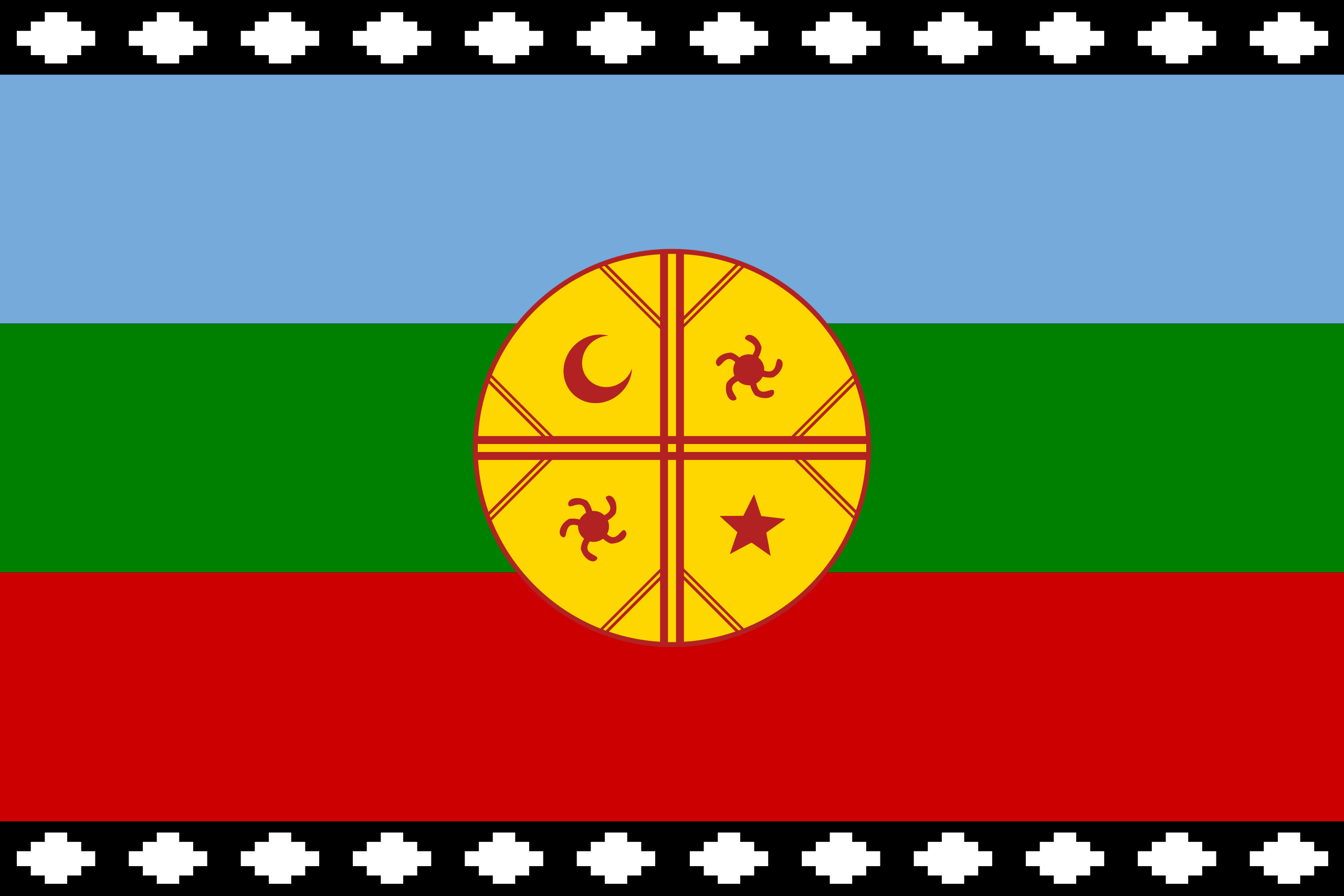 |
Mapuchia | Republic of Mapuchia | Temuco | Mapuche |
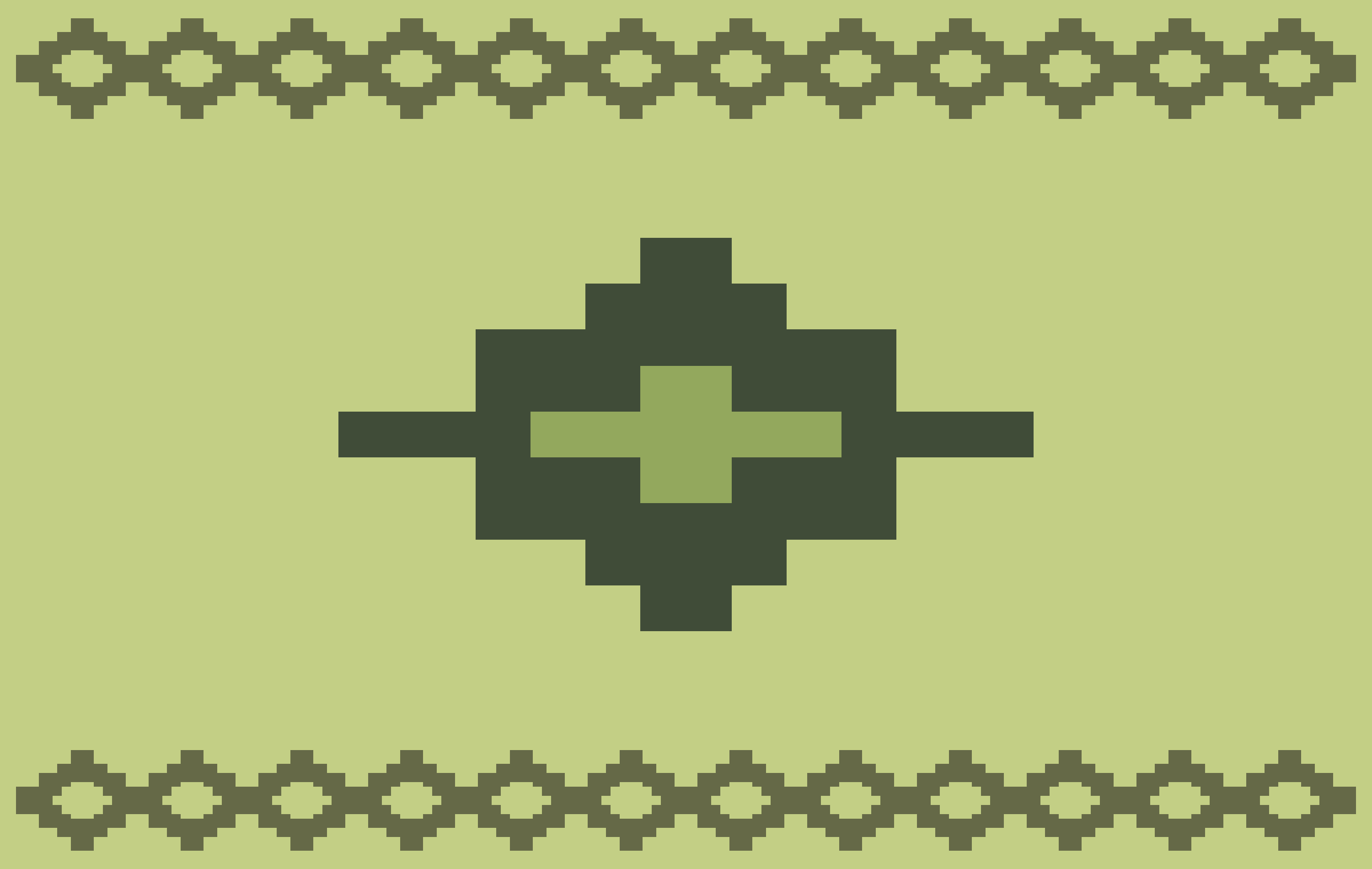 |
Mataco-Guaicuru | Republic of Mataco-Guaicuru | Corrientes |
|
 |
Mazandaran | Republic of Mazandaran | Sari |
|
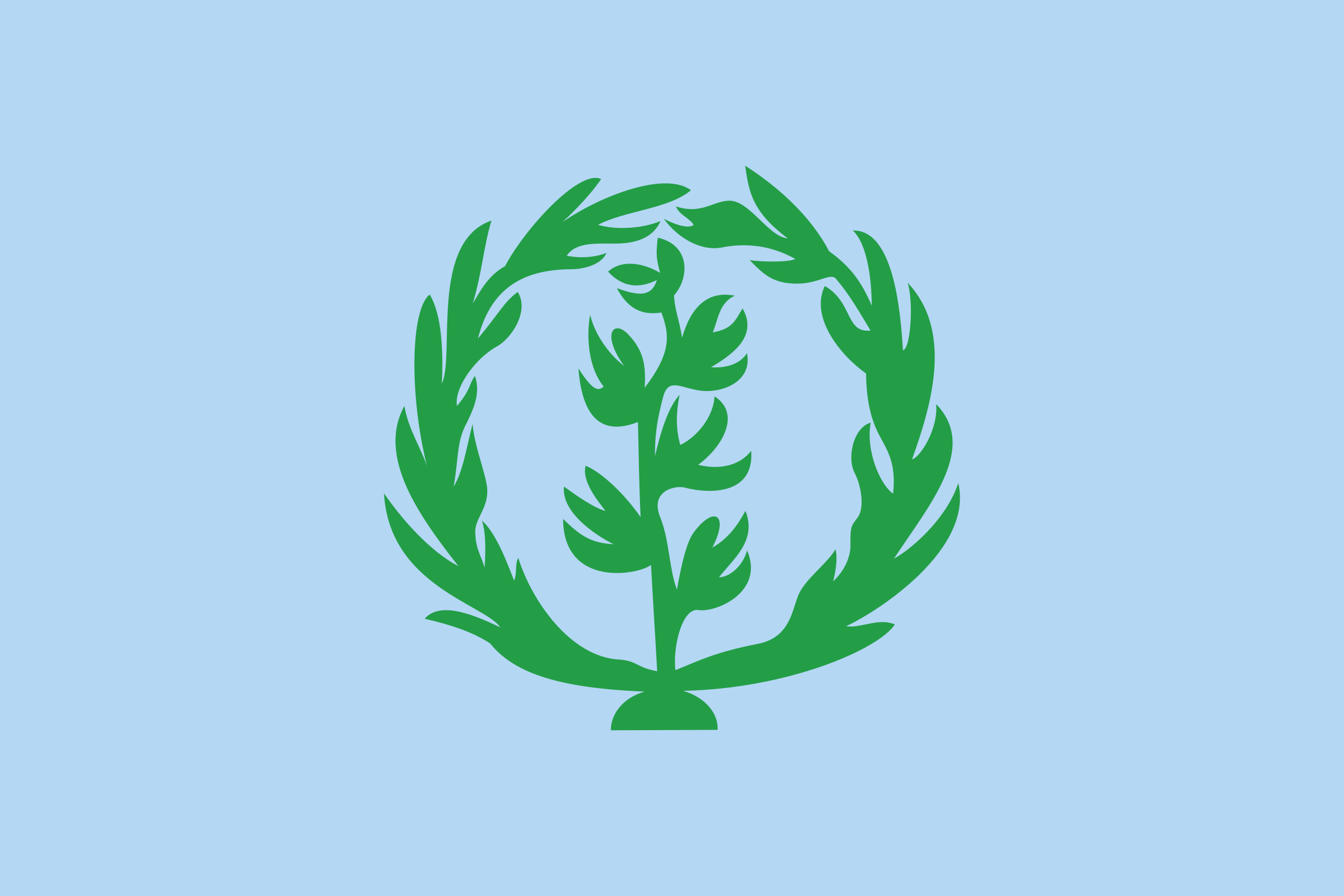 |
Mdree-Bahree | Republic of Mdree-Bahree | Asmara |
|
 |
Mefisinia | Republic of Mefisinia | Odessa | North Turkish |
 |
Maghalaya | Republic of Meghalaya | Shillong |
|
 |
Mentawai-Nias | Republic of Mentawai-Nias | Gunungsitoli |
|
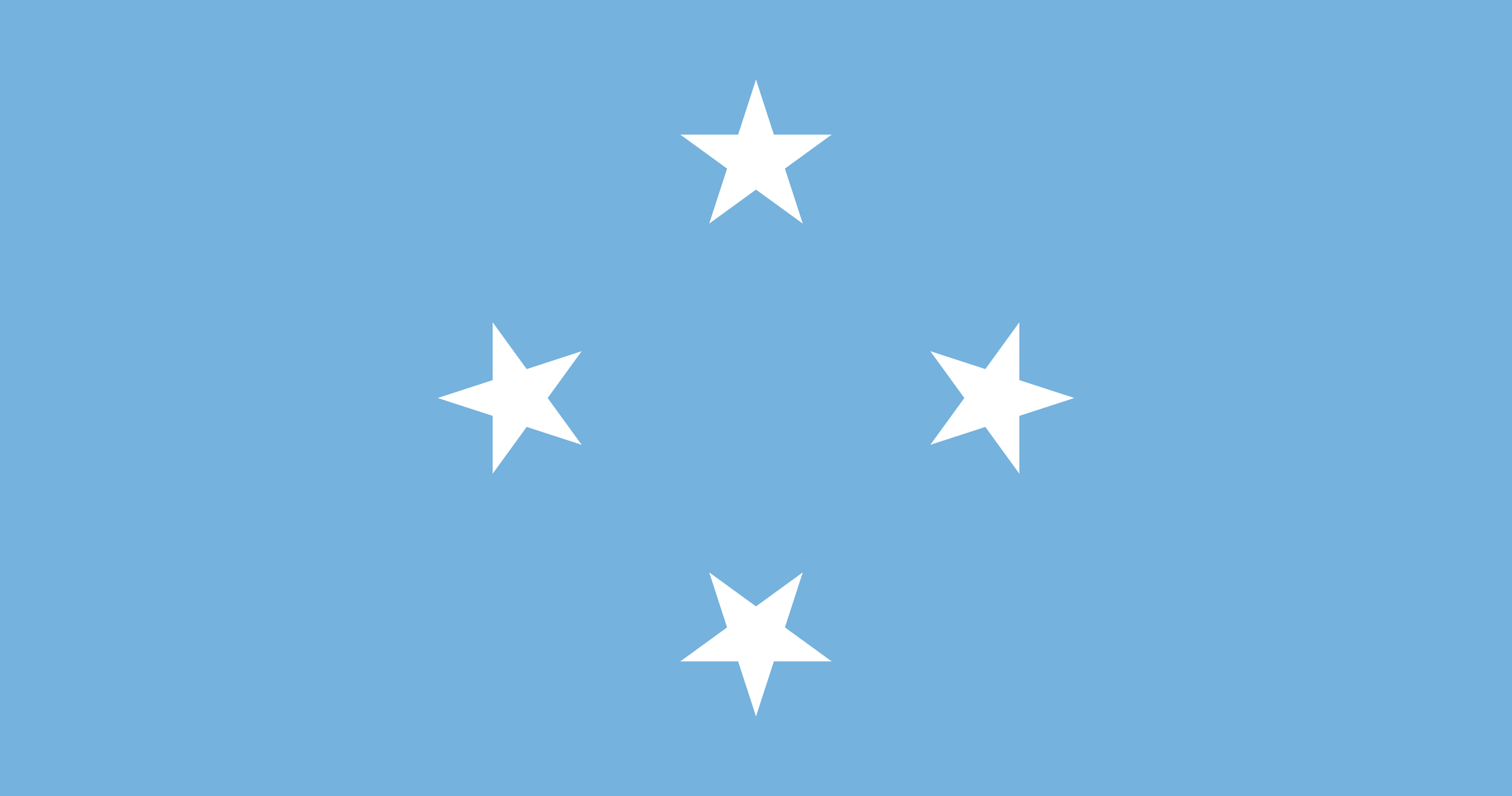 |
Micronesia | Republic of Micronesia | South Tarawa |
|
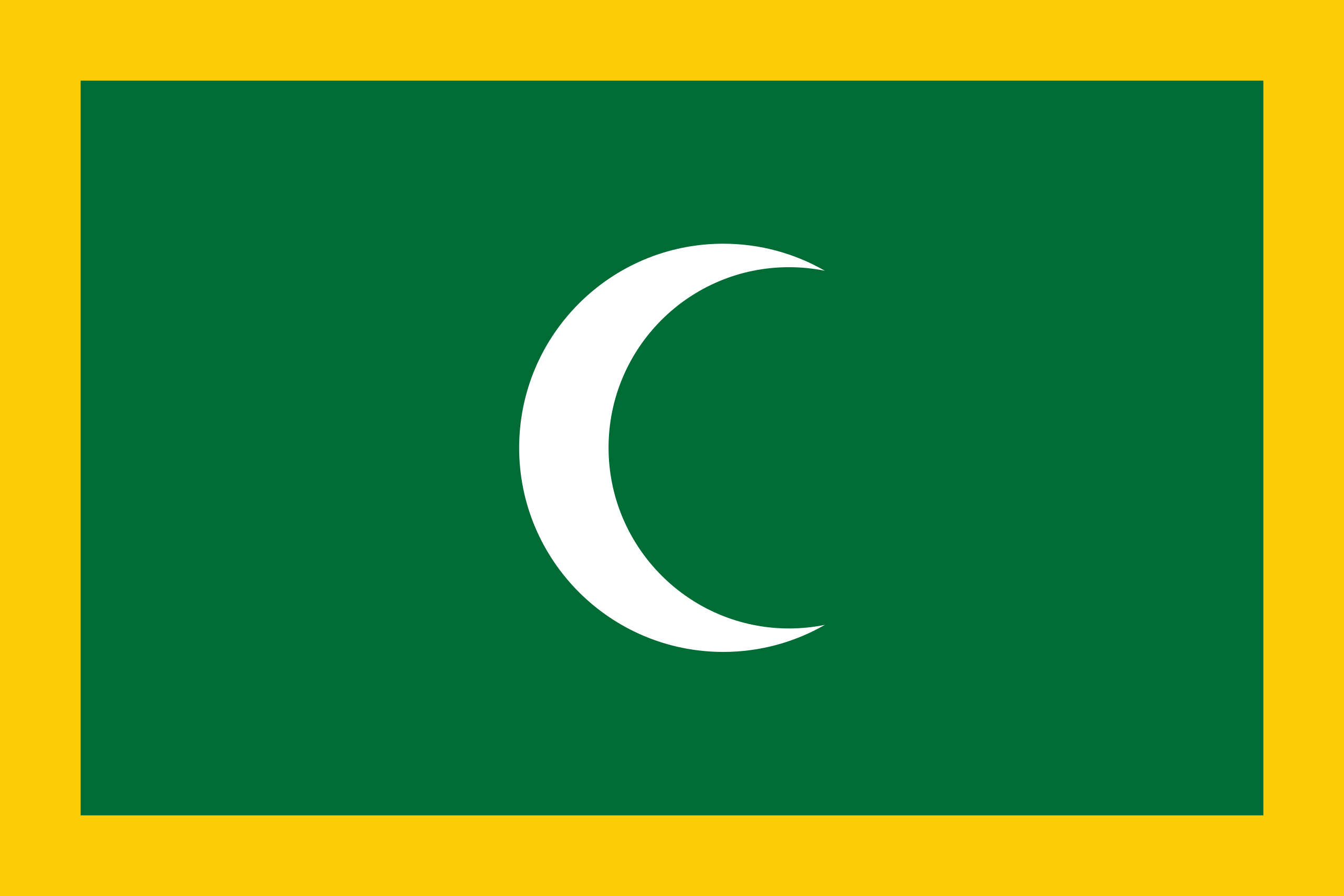 |
Minabistan | Republic of Minabistan | Minab |
|
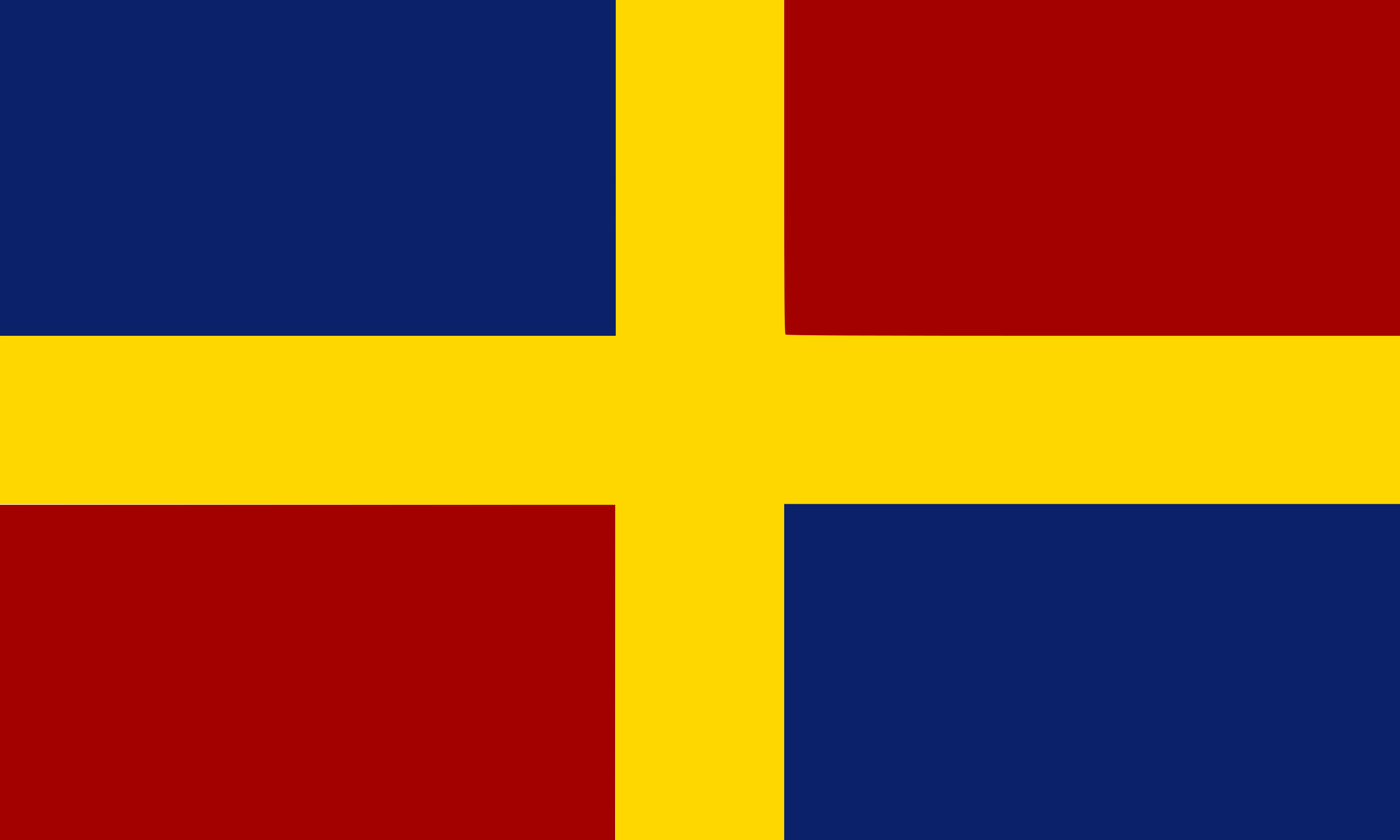 |
Mingrelia-Adjara | Republic of Mingeria-Adjara | Batumi |
|
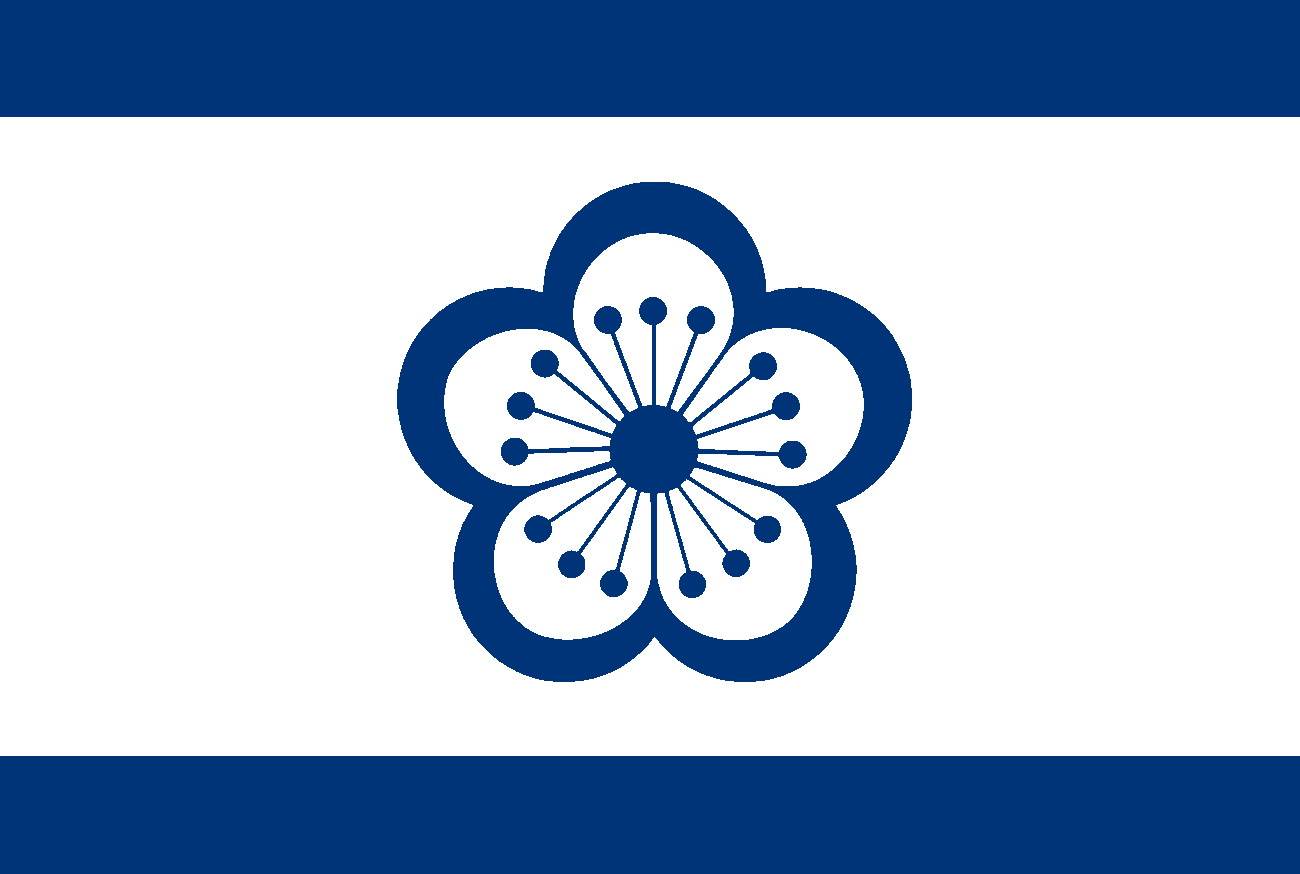 |
Minguk | Republic of Minguk | Seoul | Korean |
 |
Misumalpa | Republic of Misumalpa | Puerto Cabezas |
|
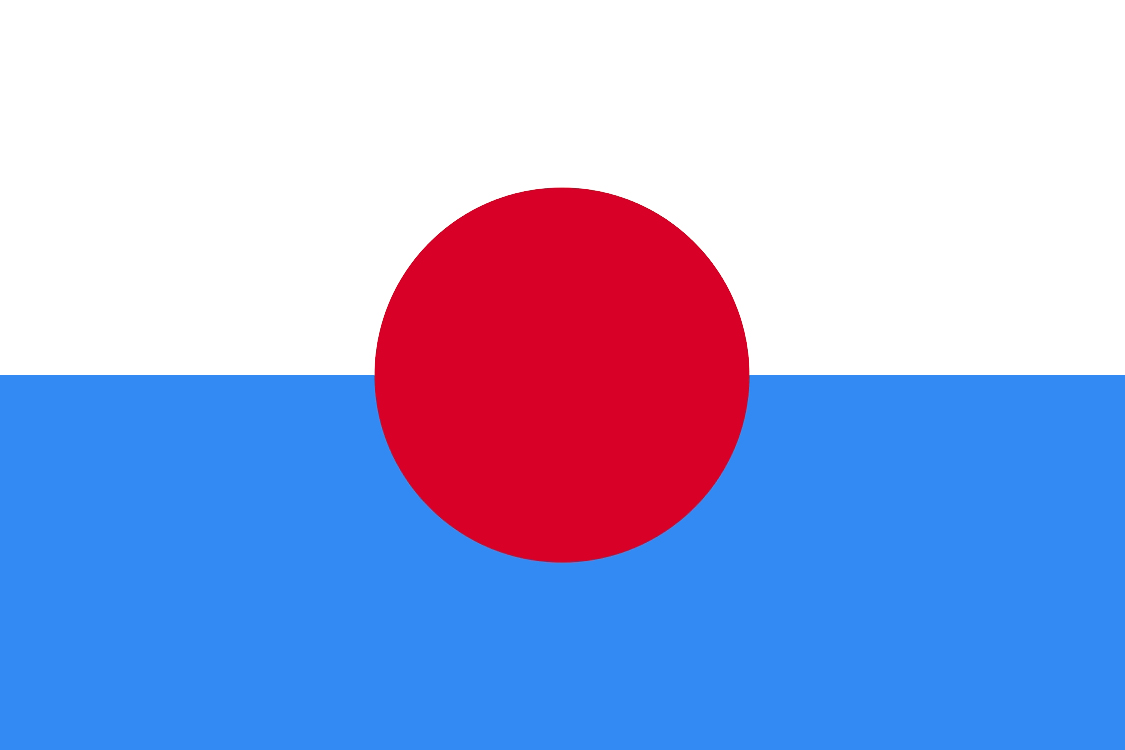 |
Mizoram | Republic of Mizoram | Aizawl | Mizo |
 |
Moldavia | Moldavian Republic | Chisinau | Romanian |
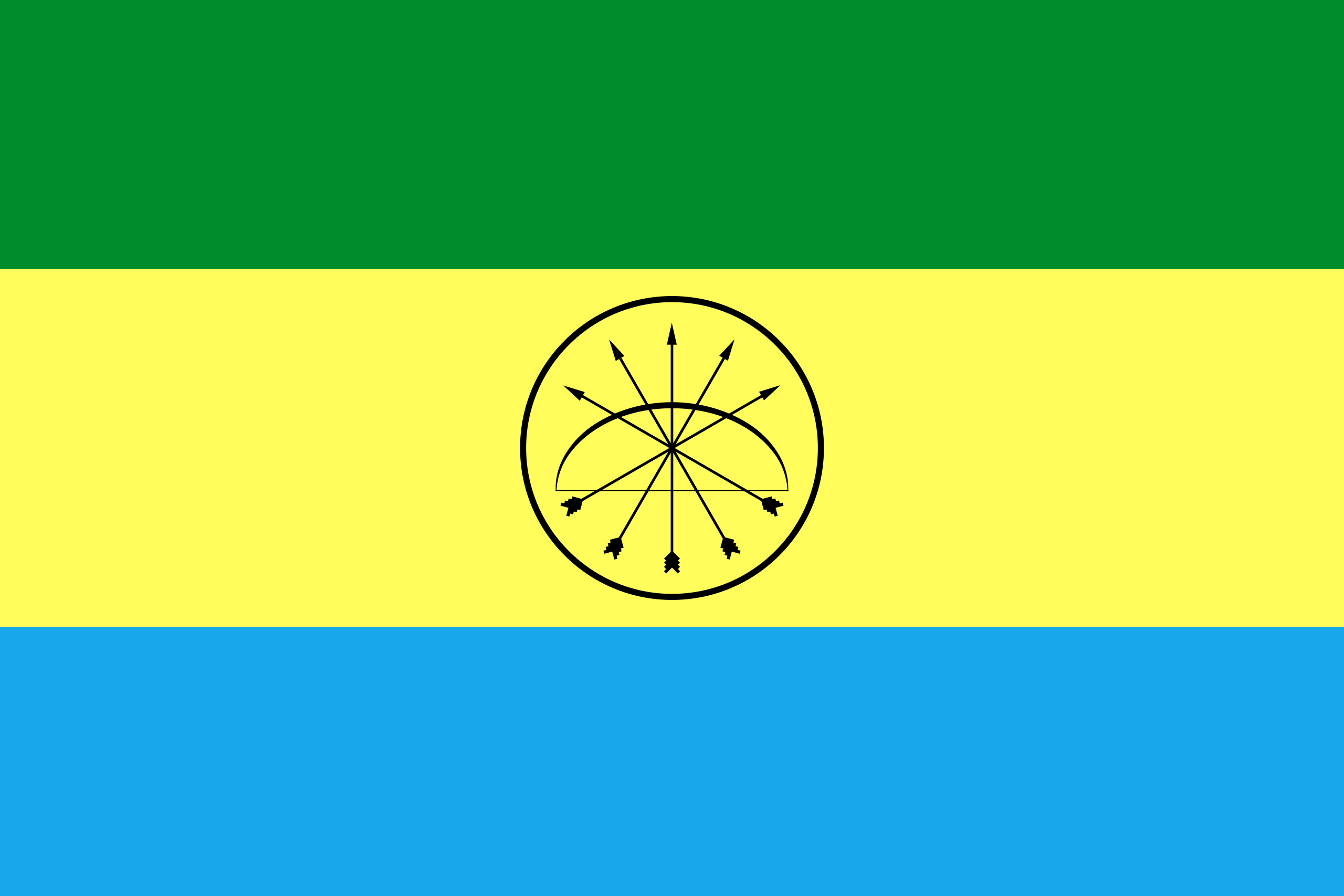 |
Monkoka | Republic of Monkoka | Roboré |
|
 |
Mon | Mon Republic | Mawlamyine | Mon |
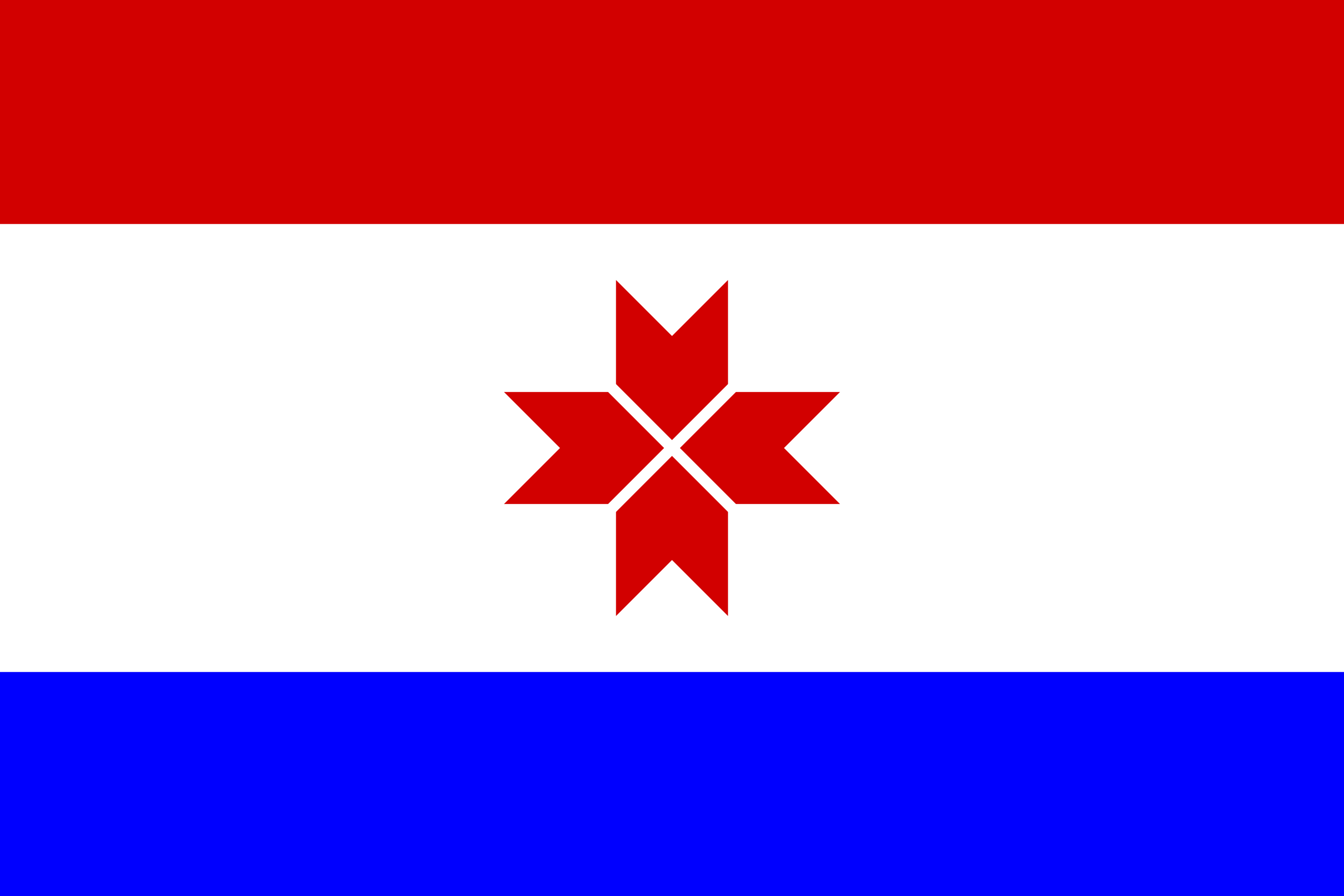 |
Mordovia | Republic of Mordovia | Saransk oš (Saransk) |
|
 |
Moxo | Republic of Moxo | Trinidad |
|
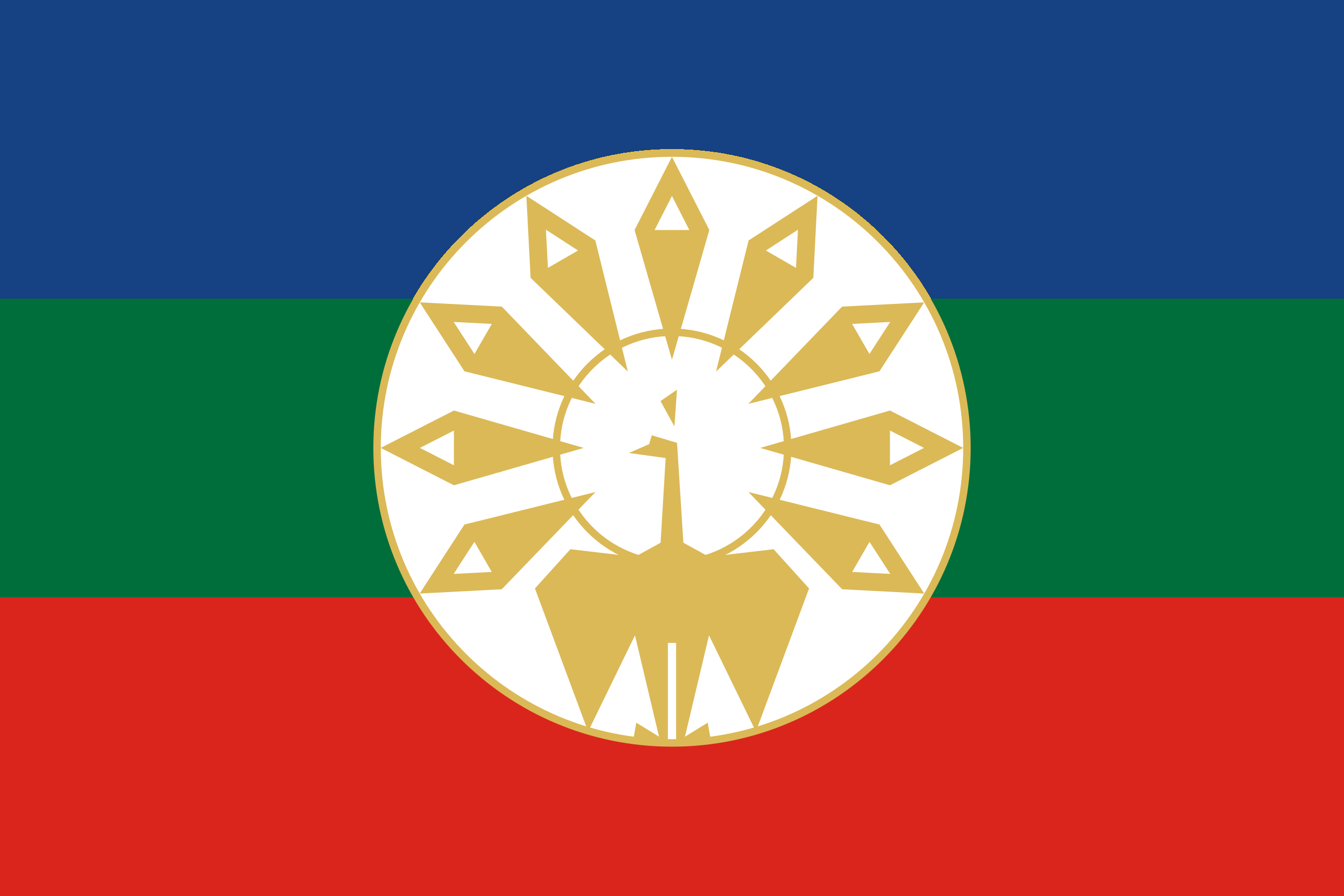 |
Myanmar | Republic of Myanmar | Hỏaquc | Burmese |
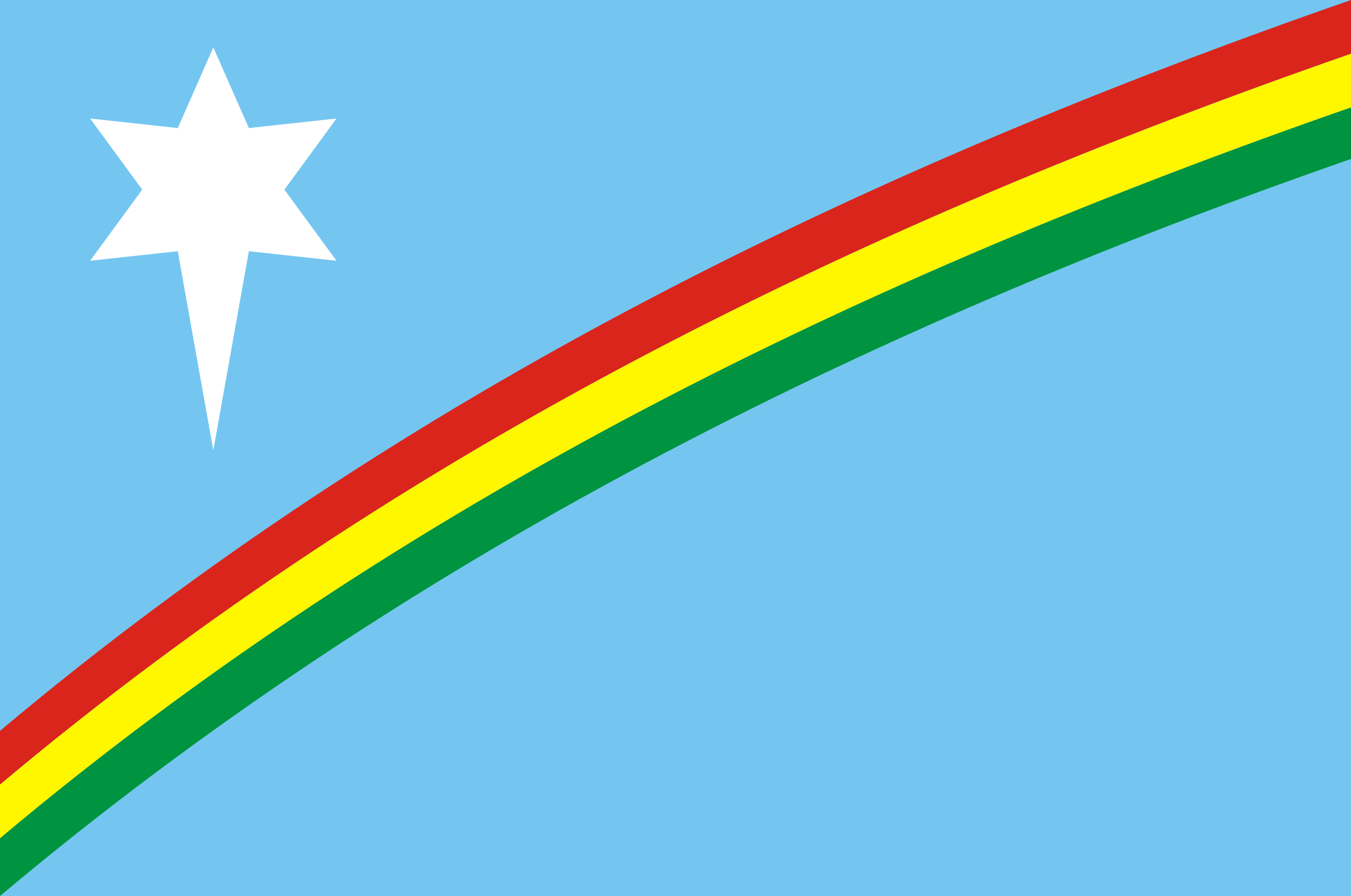 |
Nagaland | Republic of Nagaland | Dimapur |
|
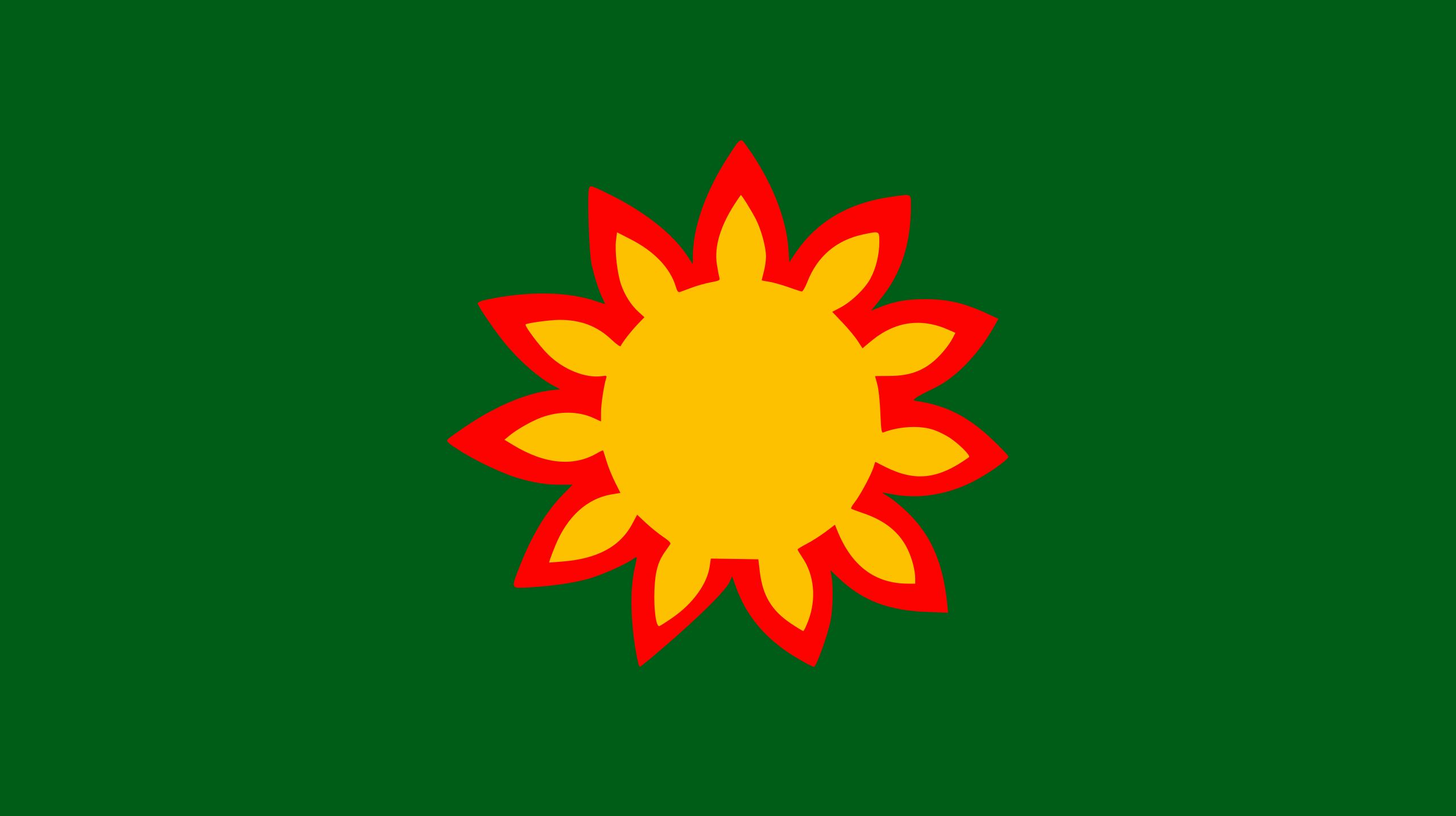 |
Nahua-Huasteca | Republic of Nahua-Huasteca | Tantoyuca |
|
 |
Nakmai | Federative Republic of Nakmai |
| |
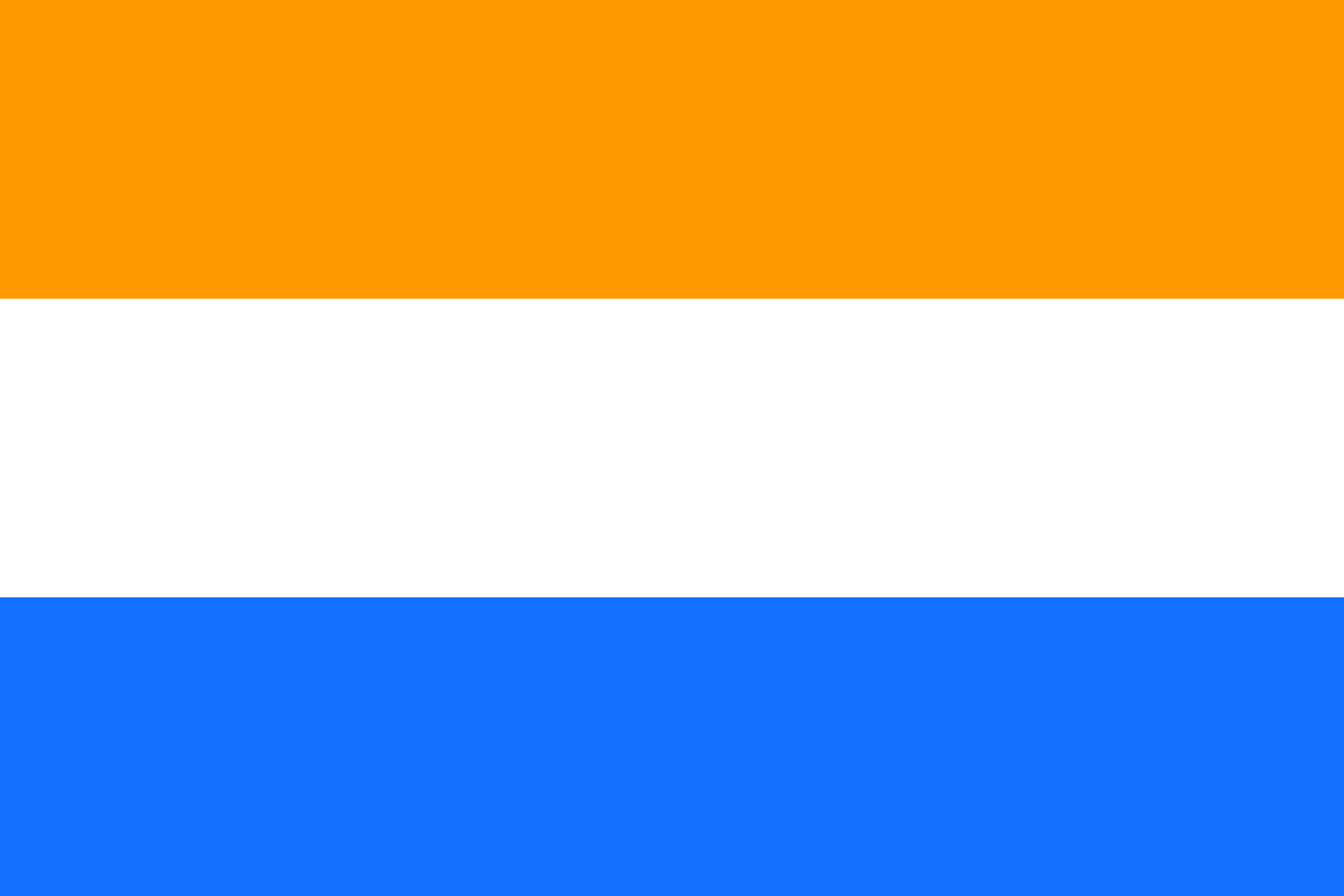 |
Nederland | Republic of Nederland | Vandam | Dutch |
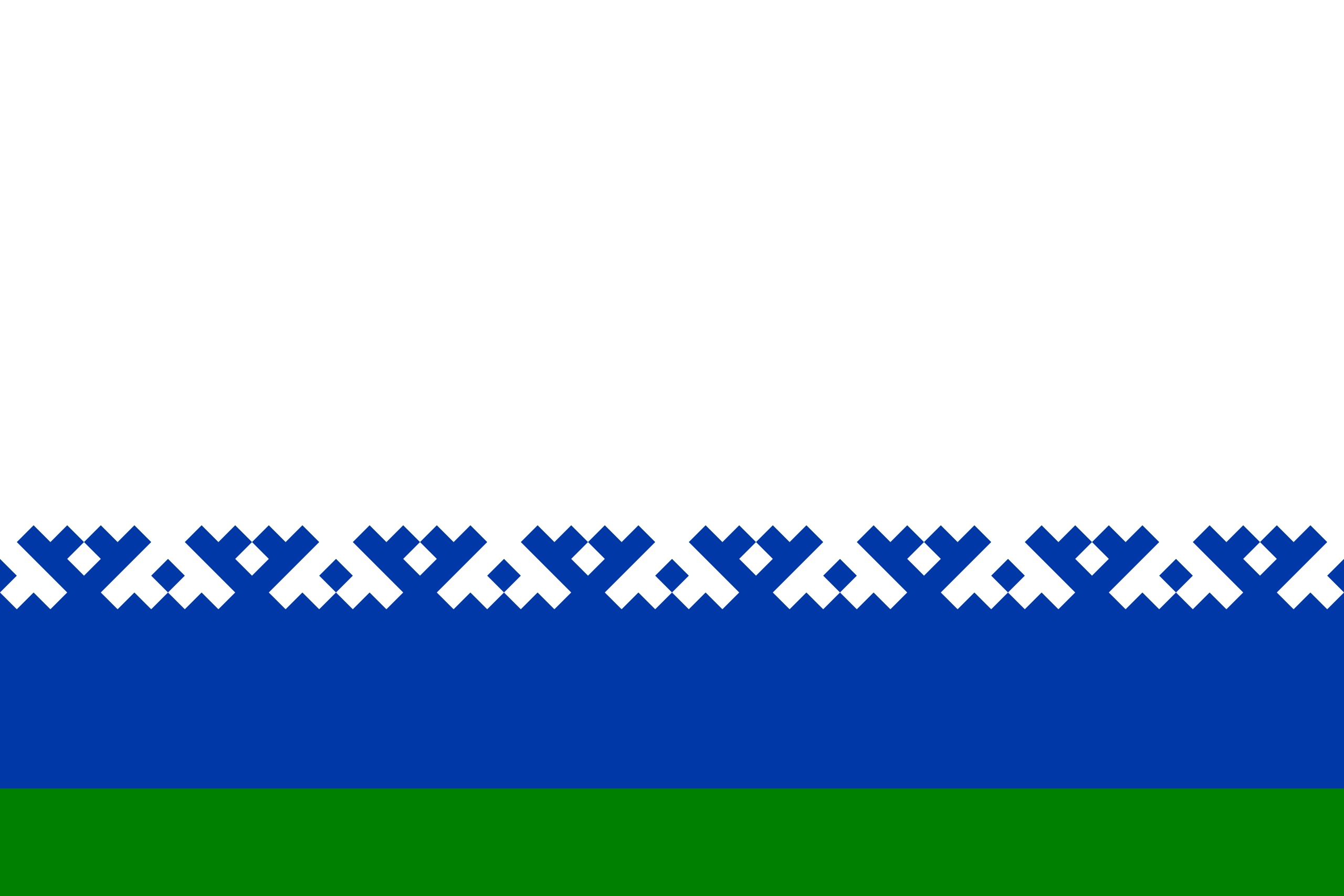 |
Nenetsia | Nenets Republic | Njarjana marꜧ (Naryan-Mar) |
|
 |
Nepal | Republic of Nepal | Kathmandu | Nepali |
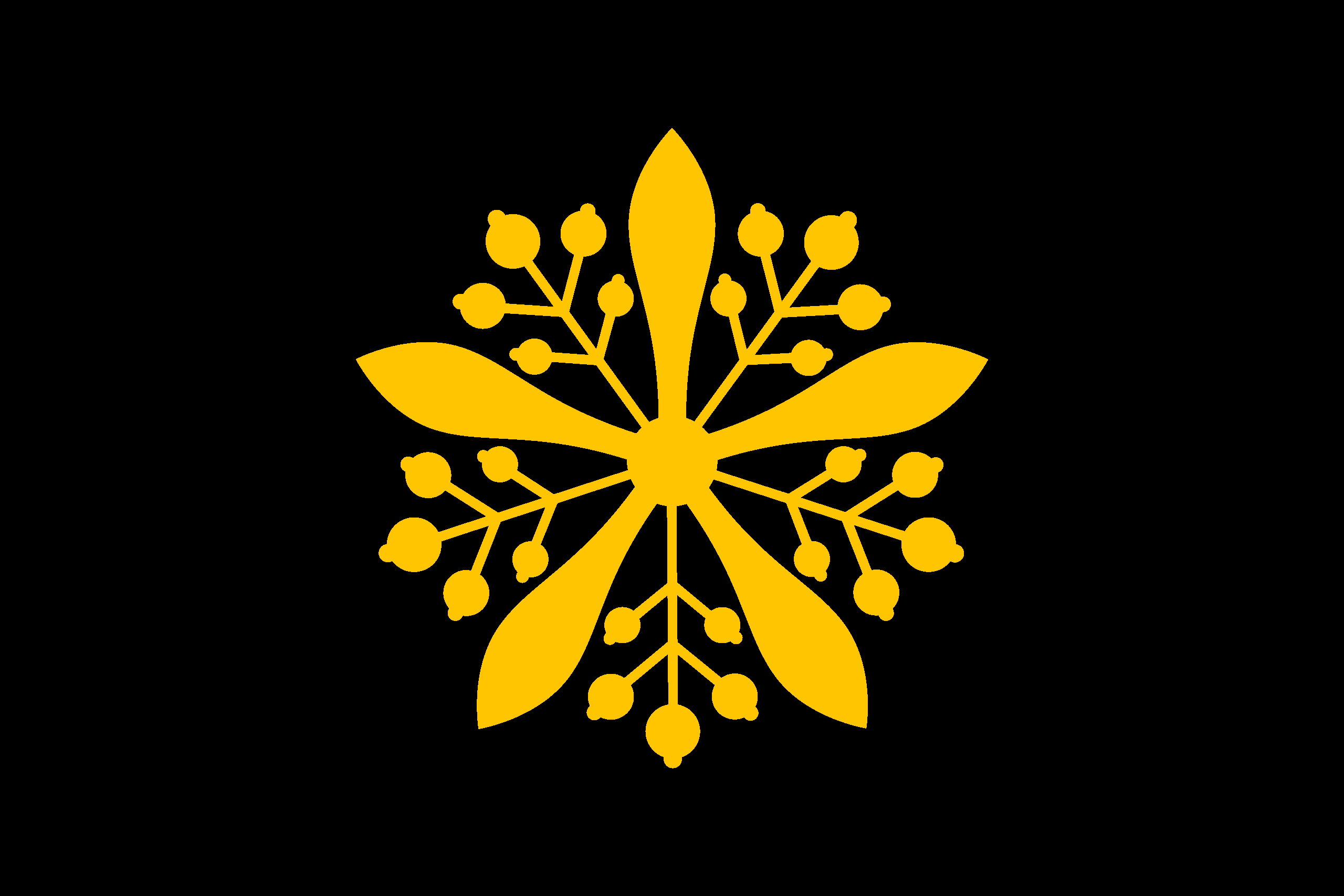 |
New Sizzle | Republic of New Sizzle | Semey |
|
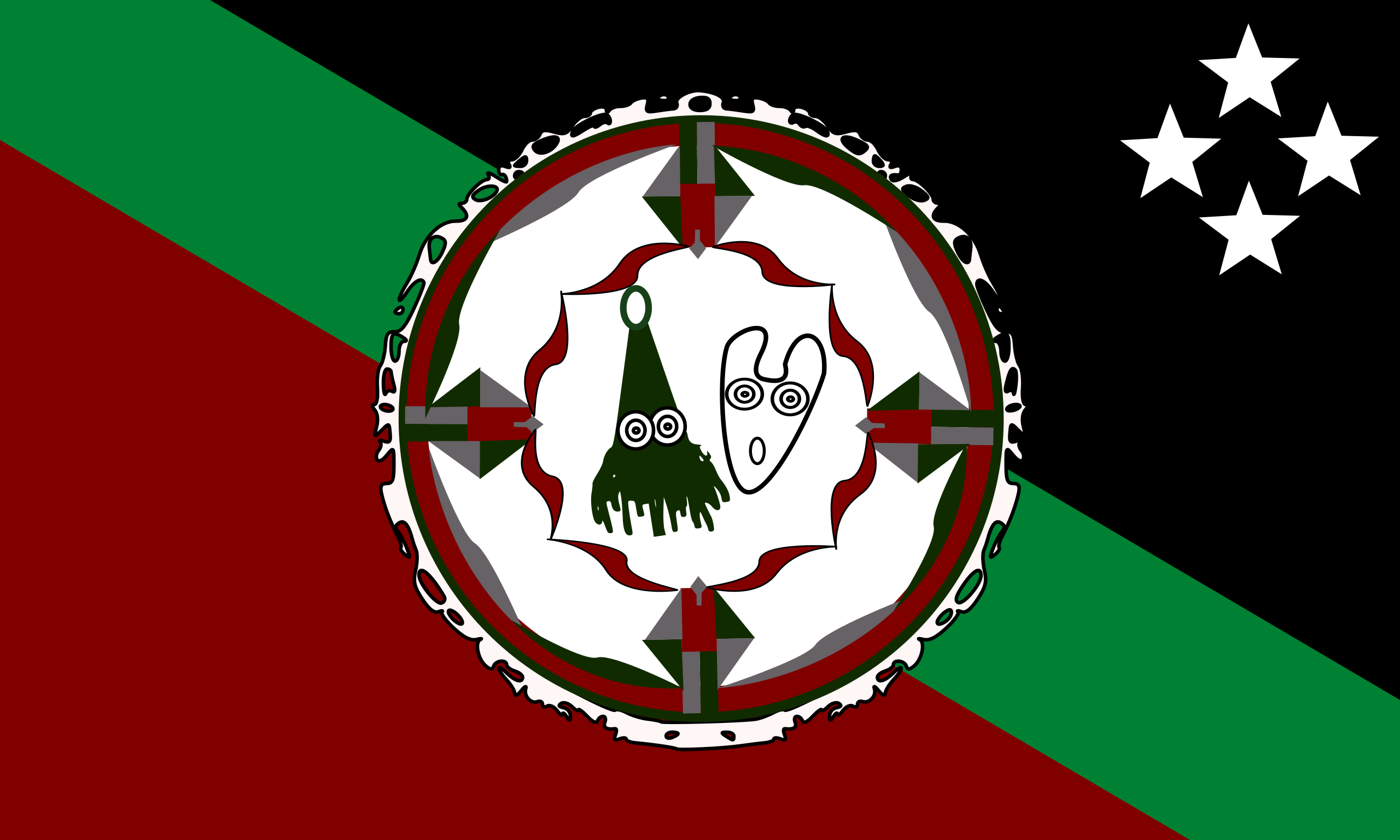 |
Ngero-Vitiaz | Republic of Ngero-Vitiaz | Kimbe |
|
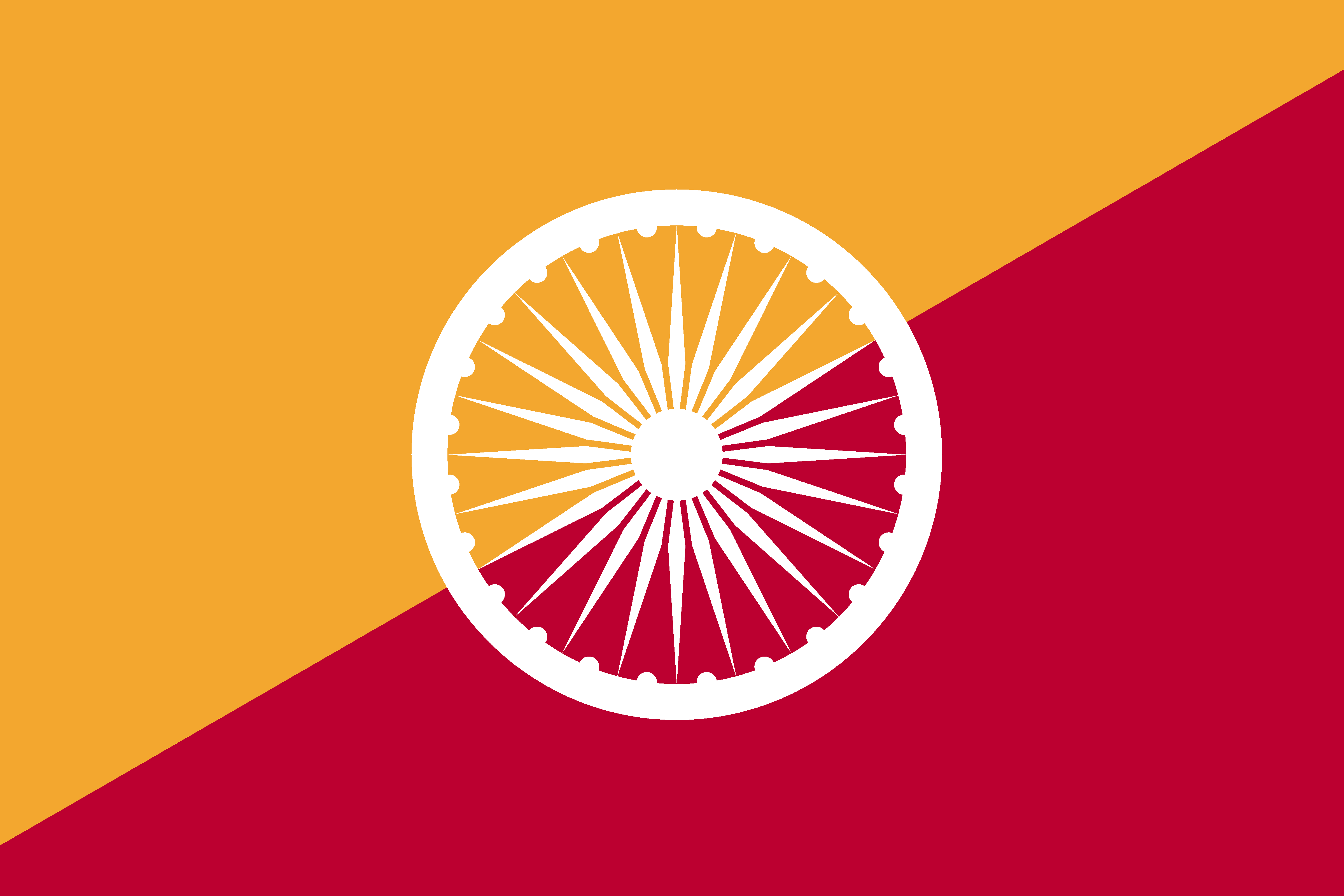 |
Nilastan | Federative Republic of Nilastan | Nayasha |
|
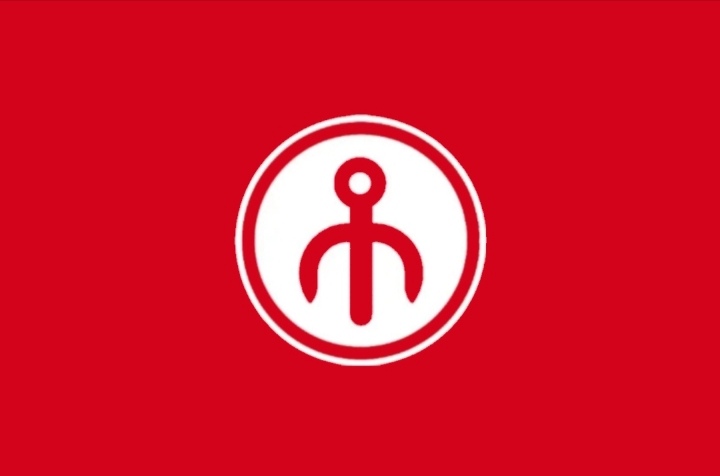 |
Nogai | Nogai Republic | Kochubei |
|
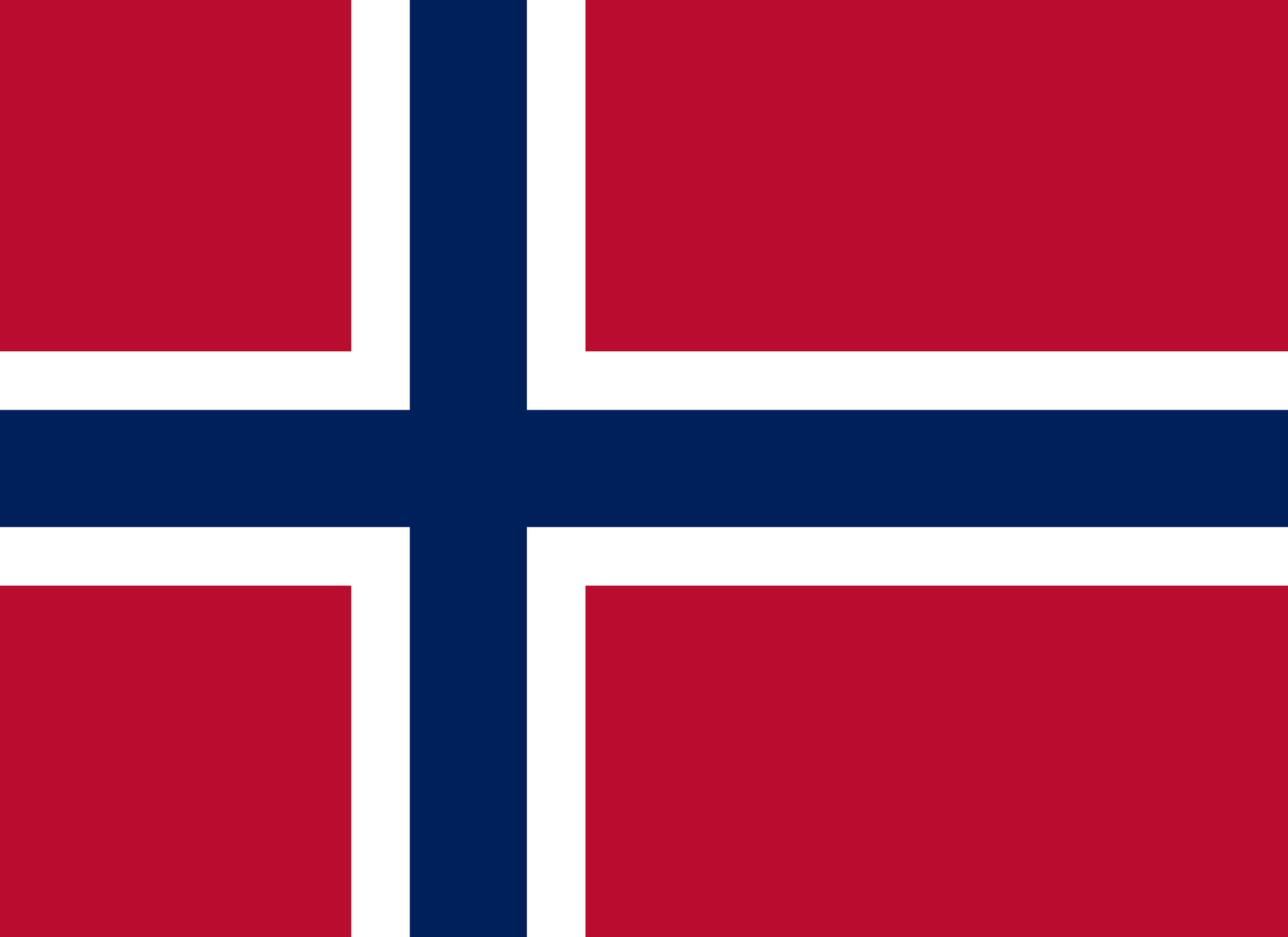 |
Norge | Republic of Norge | Bergen | Norwegian |
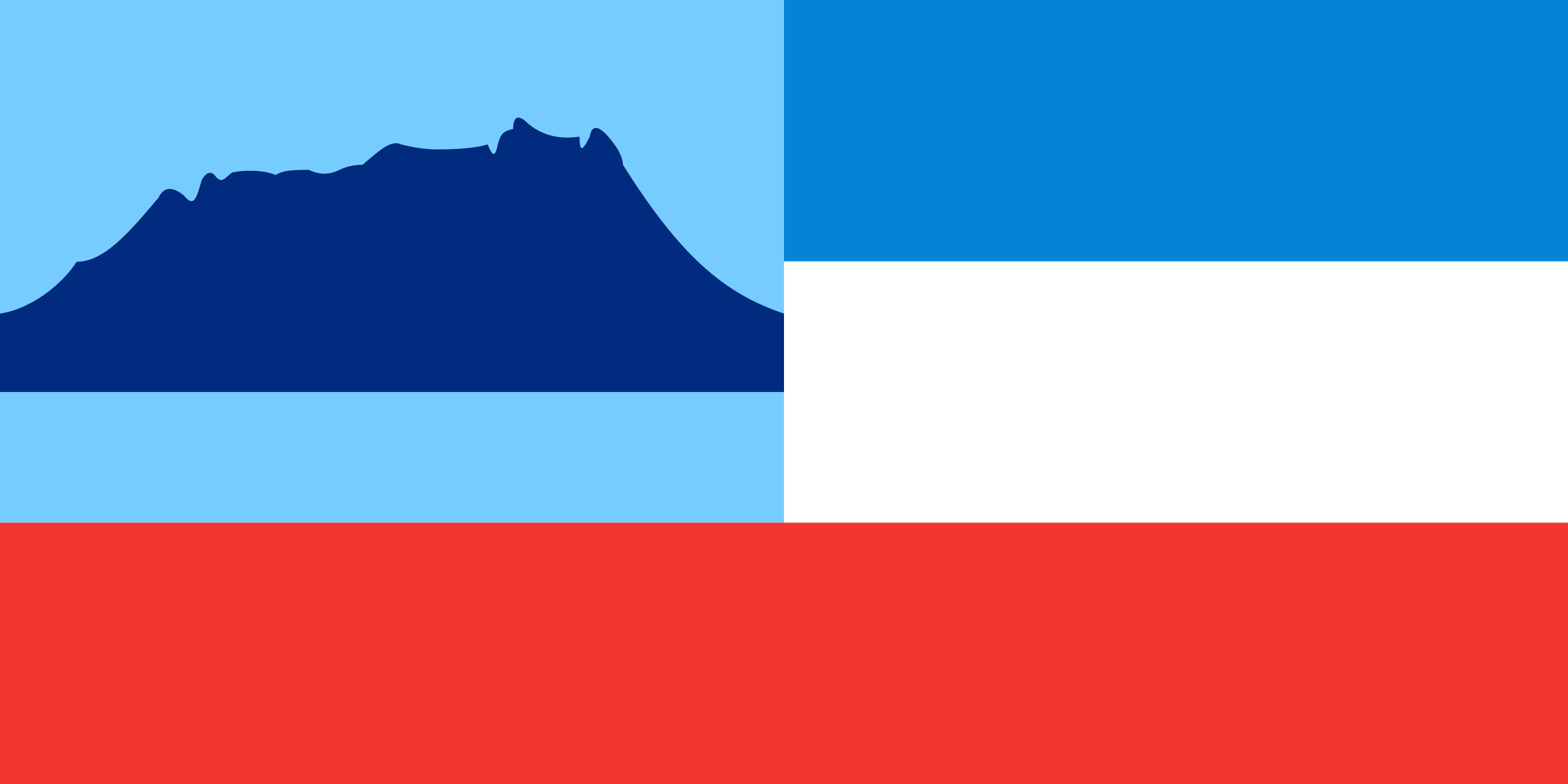 |
North Sabah | Republic of North Sabah | Kota Kinabalu |
|
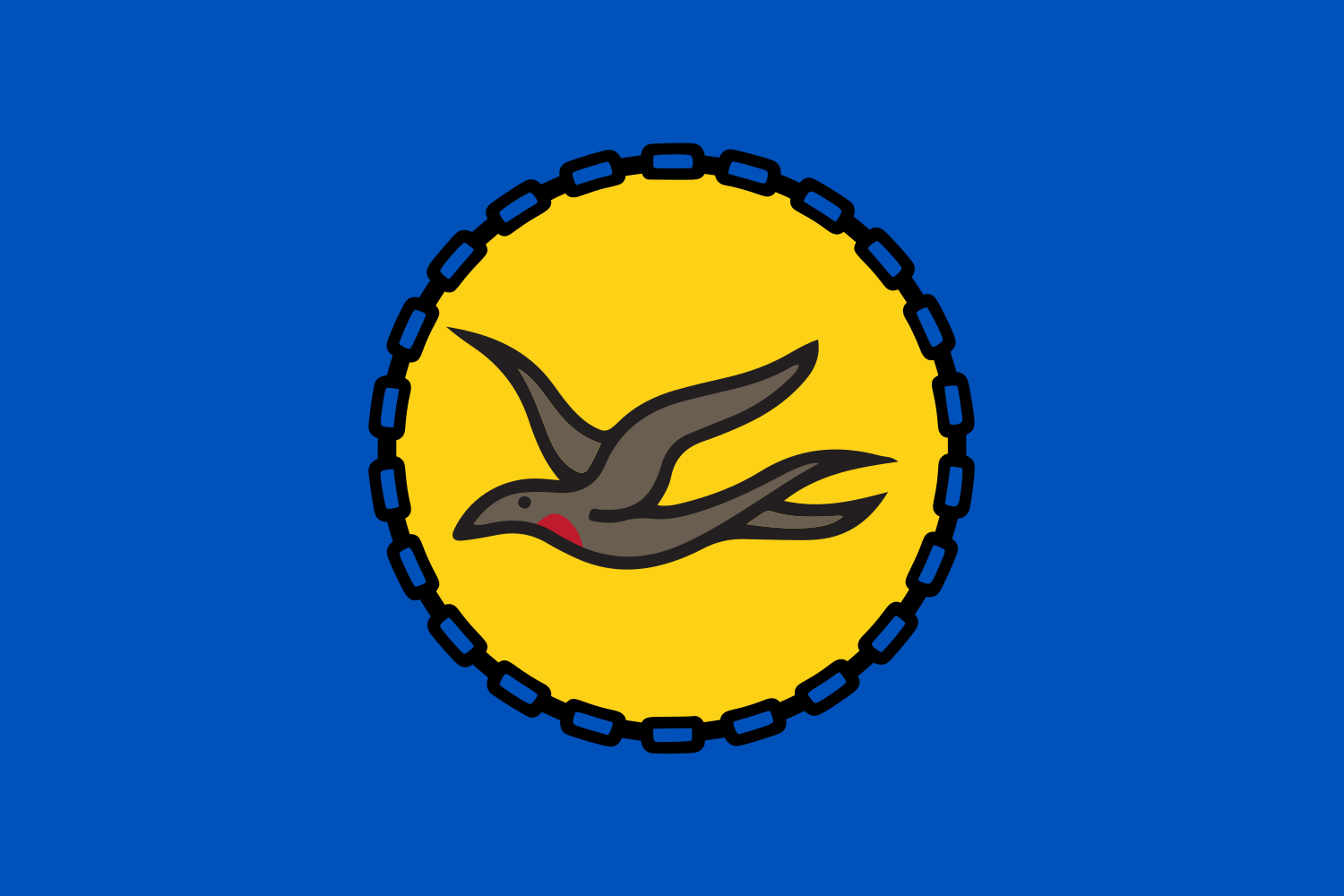 |
North Solomon Islands | Republic of the North Solomon Islands | Gizo |
|
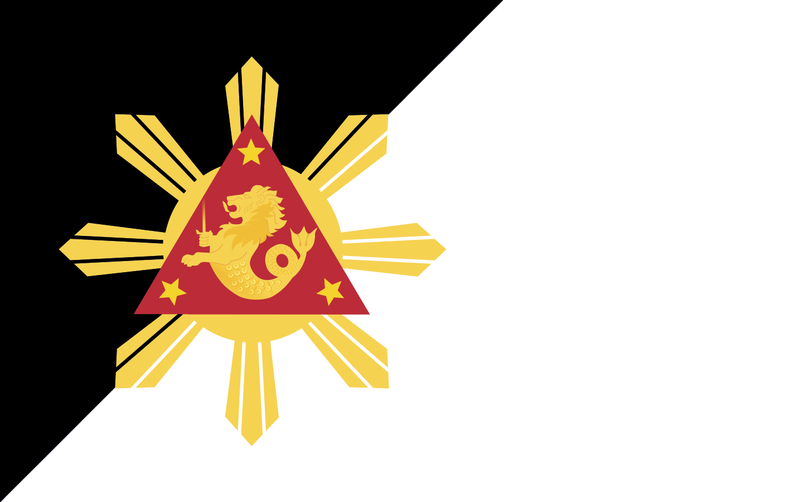 |
Northern Luzon | Republic of Northern Luzon | Baguio |
|
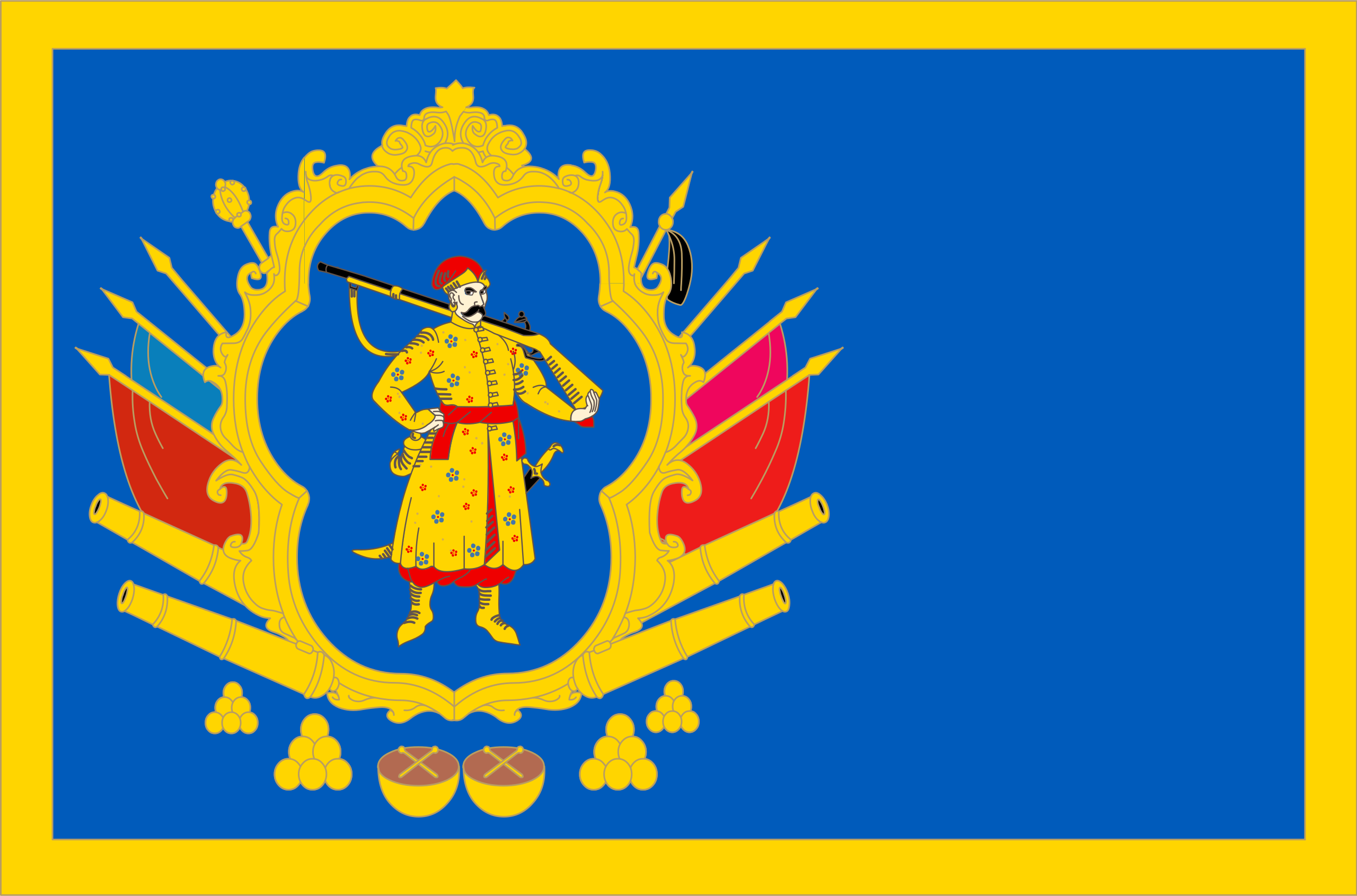 |
Novo Turkiye | Republic of Novo Turkiye | Dnipro | North Turkish |
 |
Nunavut | Republic of Nunavut | Iqaluit |
|
 |
Nuosu | Nuosu Republic | Lijiang |
|
 |
Nuristan | Republic of Nuristan | Parun | (Nuristani Languages) |
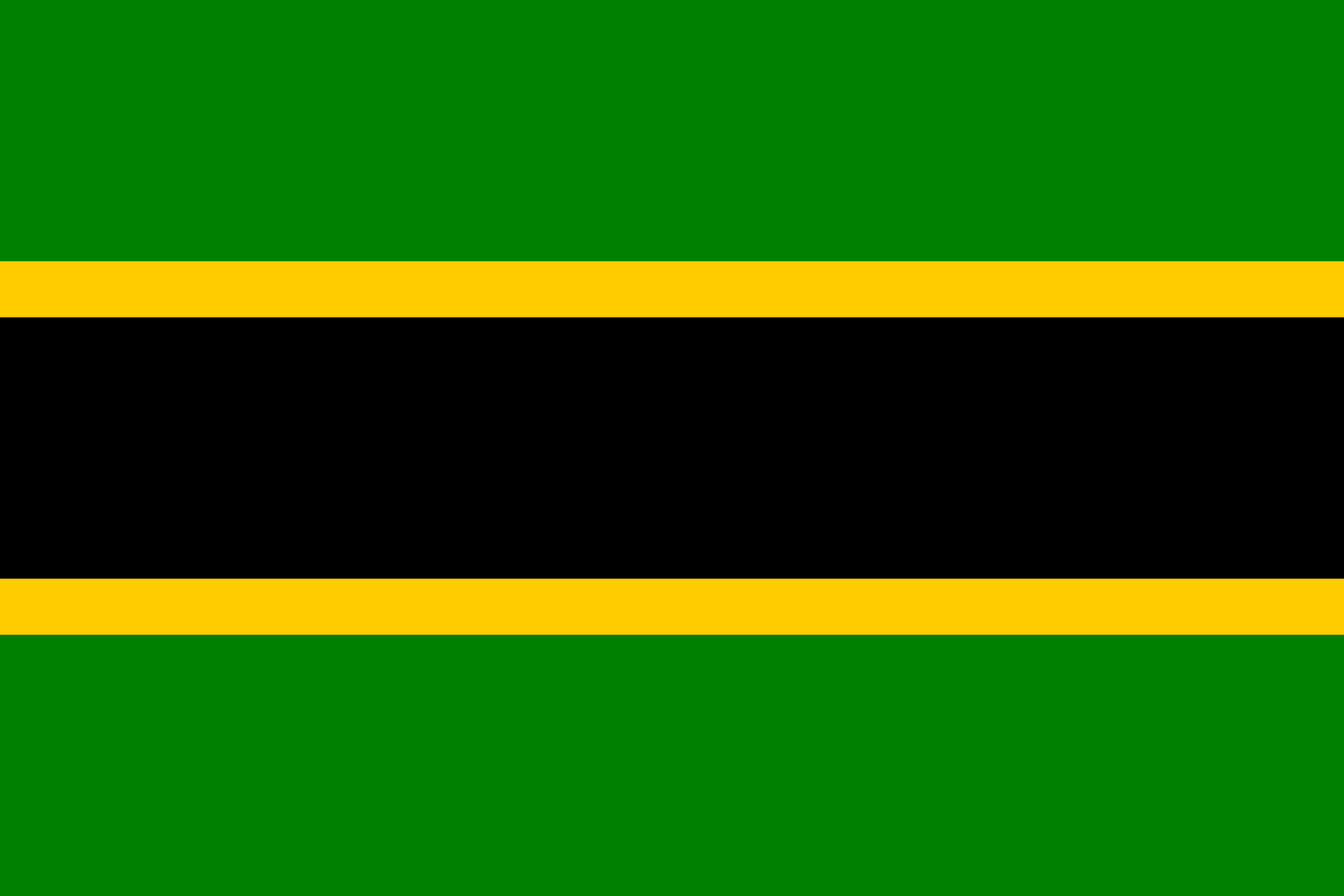 |
Nyanza | Republic of Nyanza | Mwanza |
|
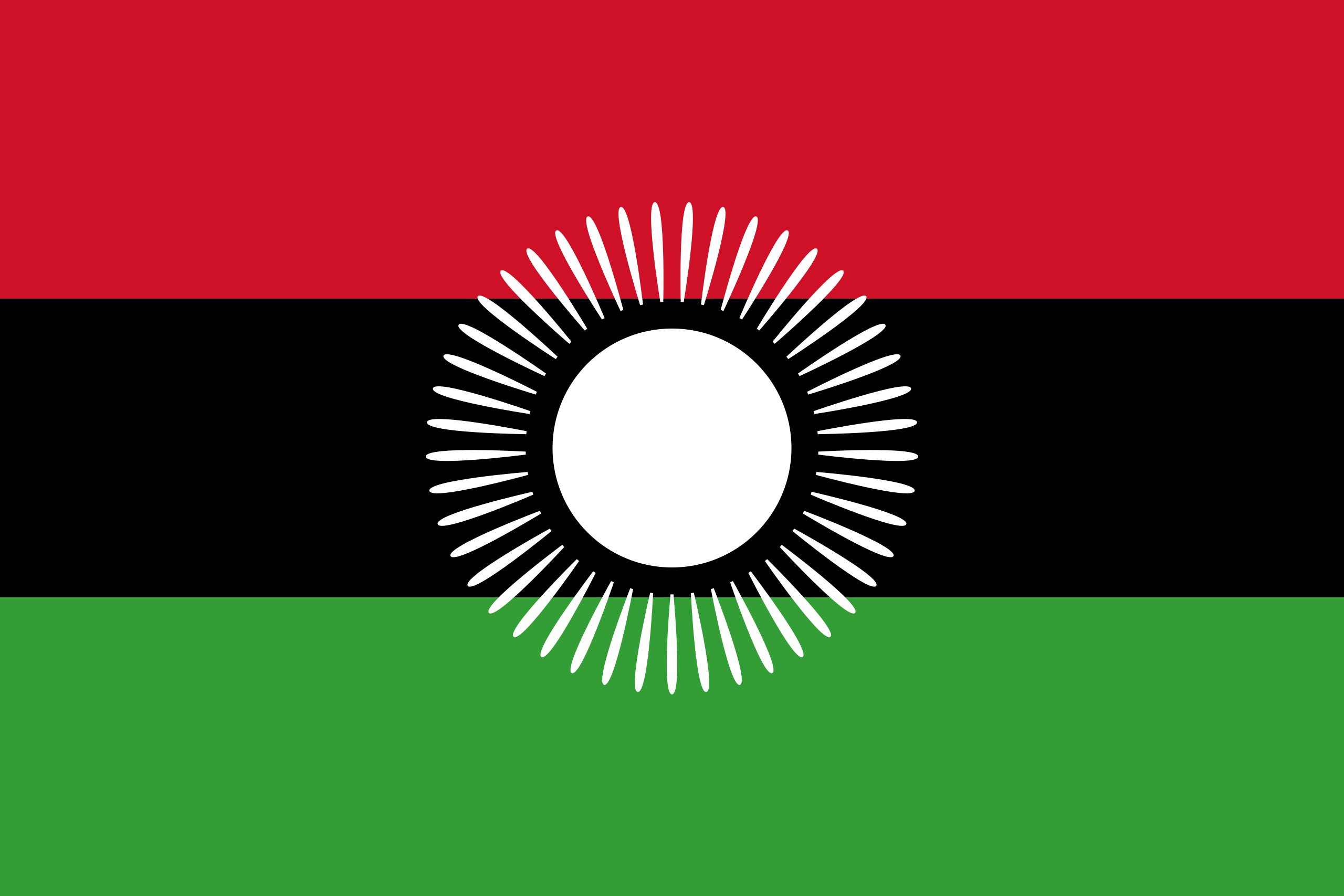 |
Nyasaland | Republic of Nyasaland | Lilongwe |
|
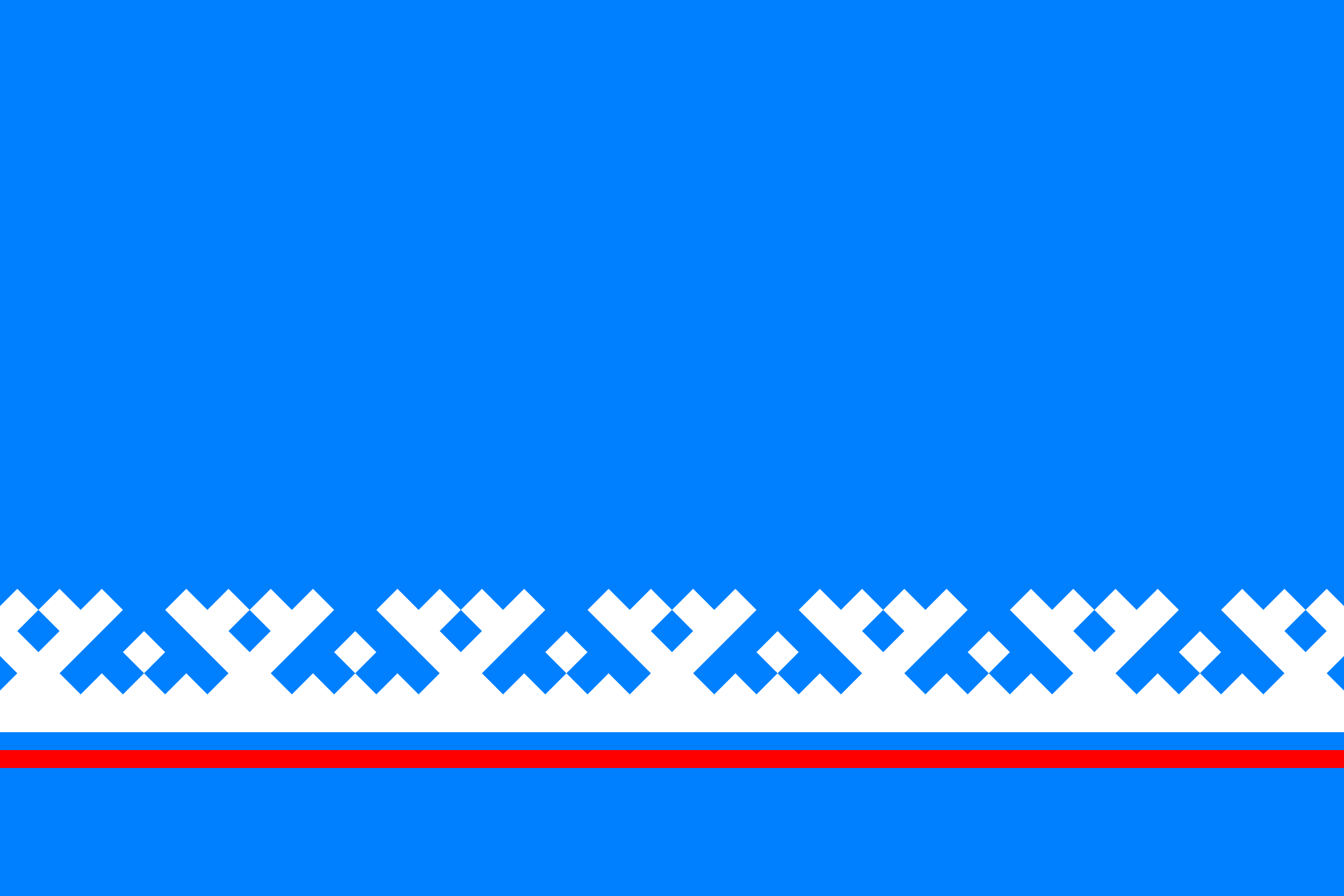 |
Ob-Nenetsia | Republic of Ob-Nenetsia | Yar-Sale |
|
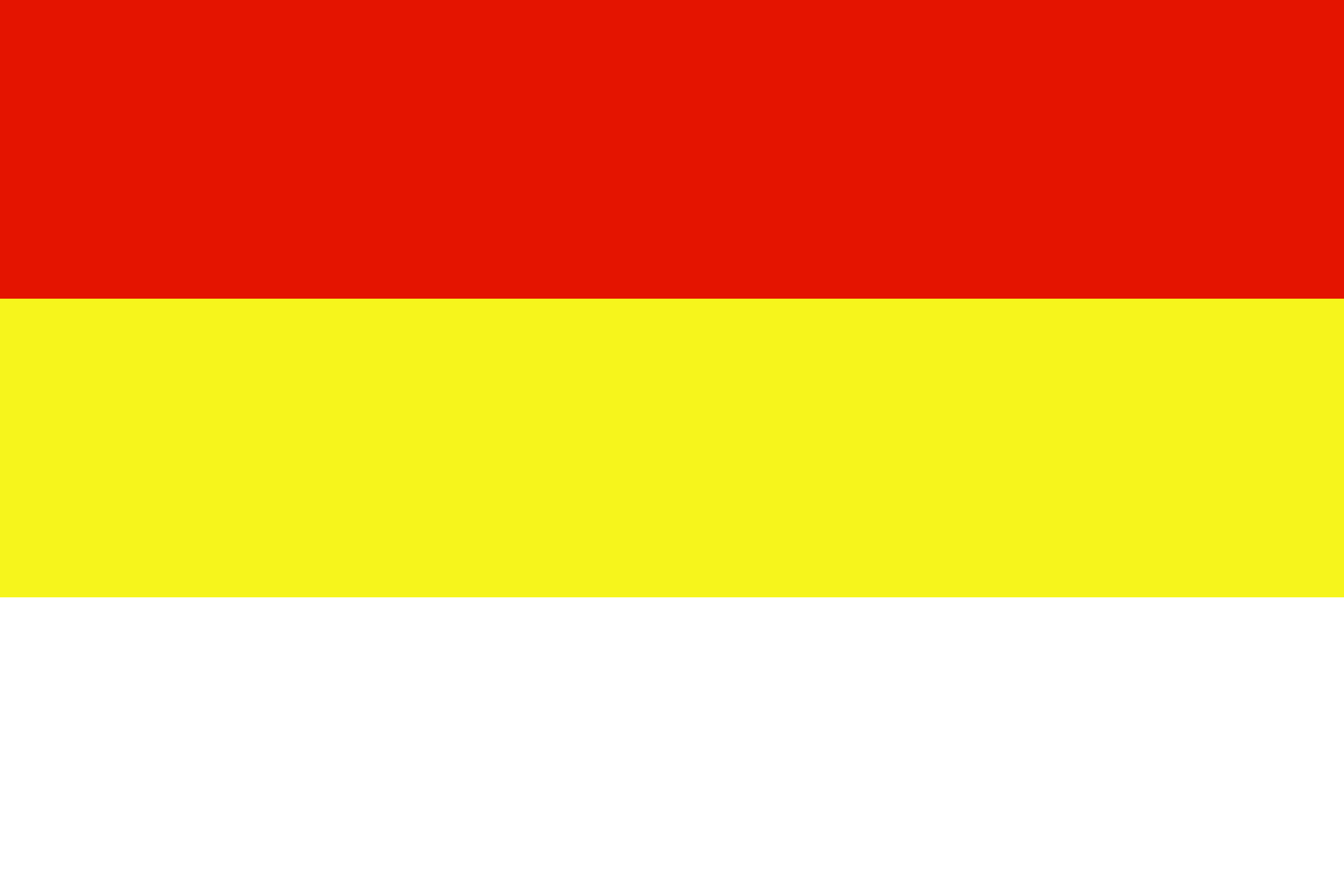 |
Odisha | Republic of Odisha | Bhubaneswar | Odia |
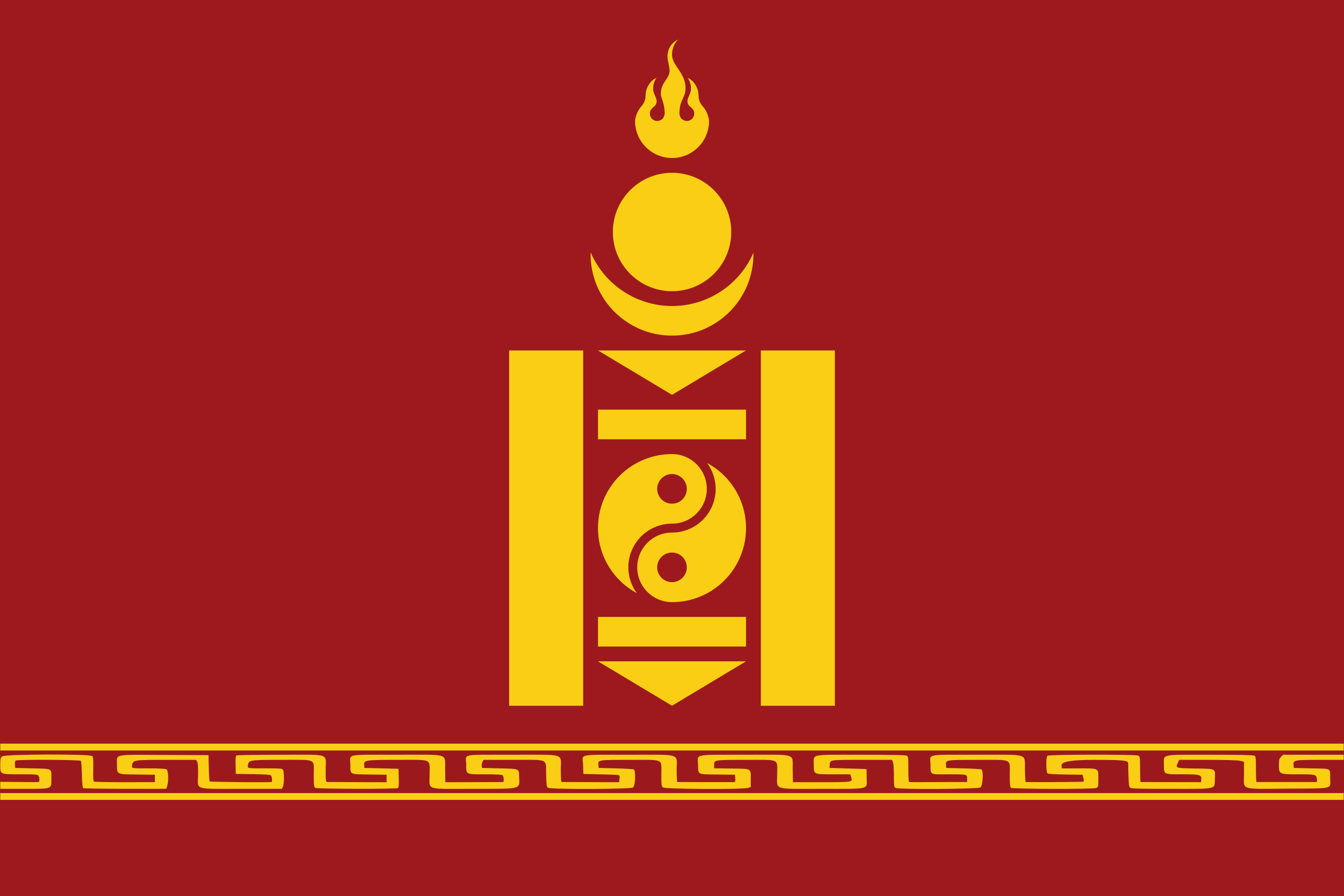 |
Oiratia | Oirat Republic | Mörön |
|
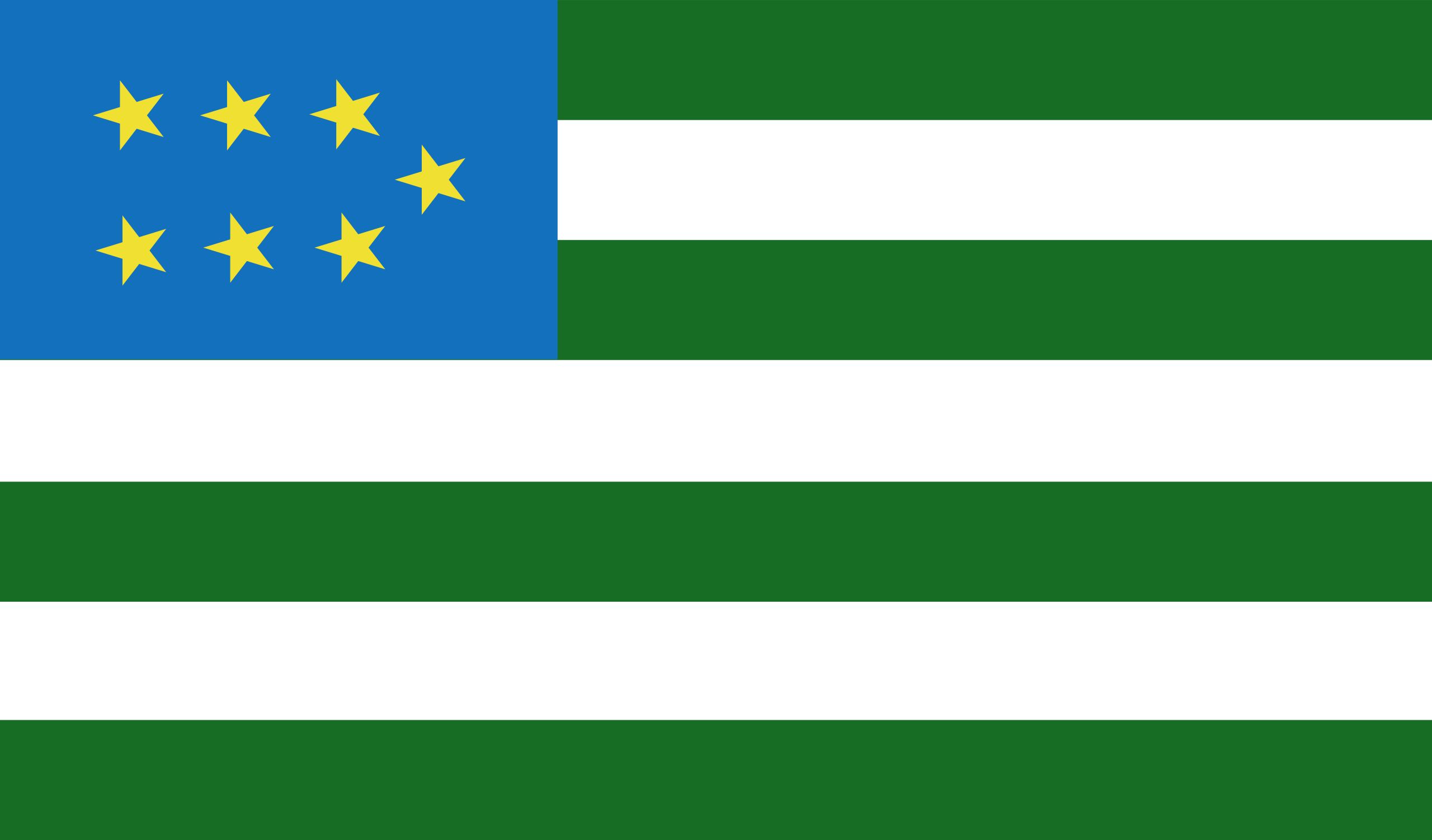 |
Oirat-Tritonia | Republic of Oirat-Tritonia | Armavir |
|
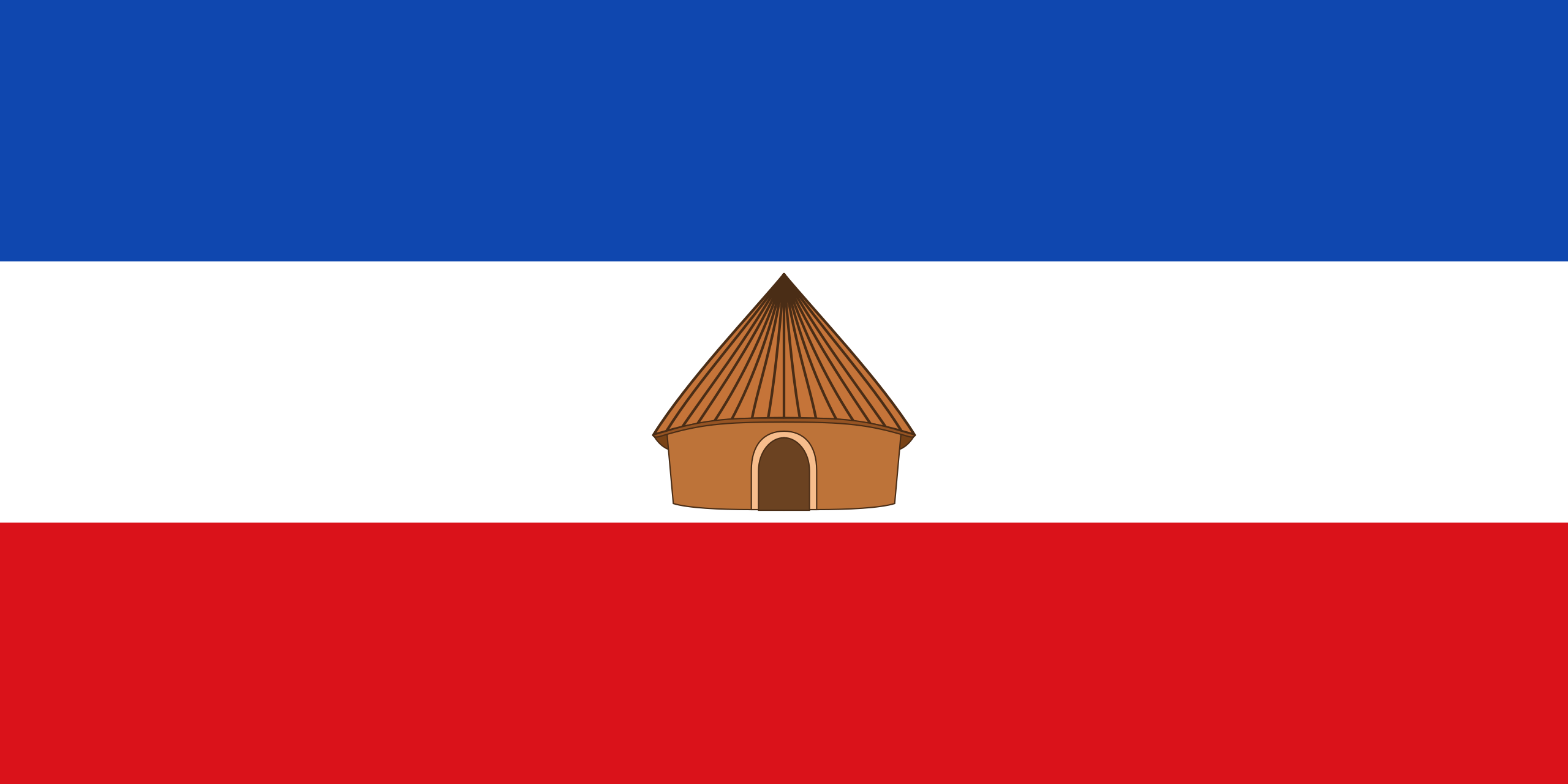 |
Omotia | Republic of Omotia | Hawassa |
|
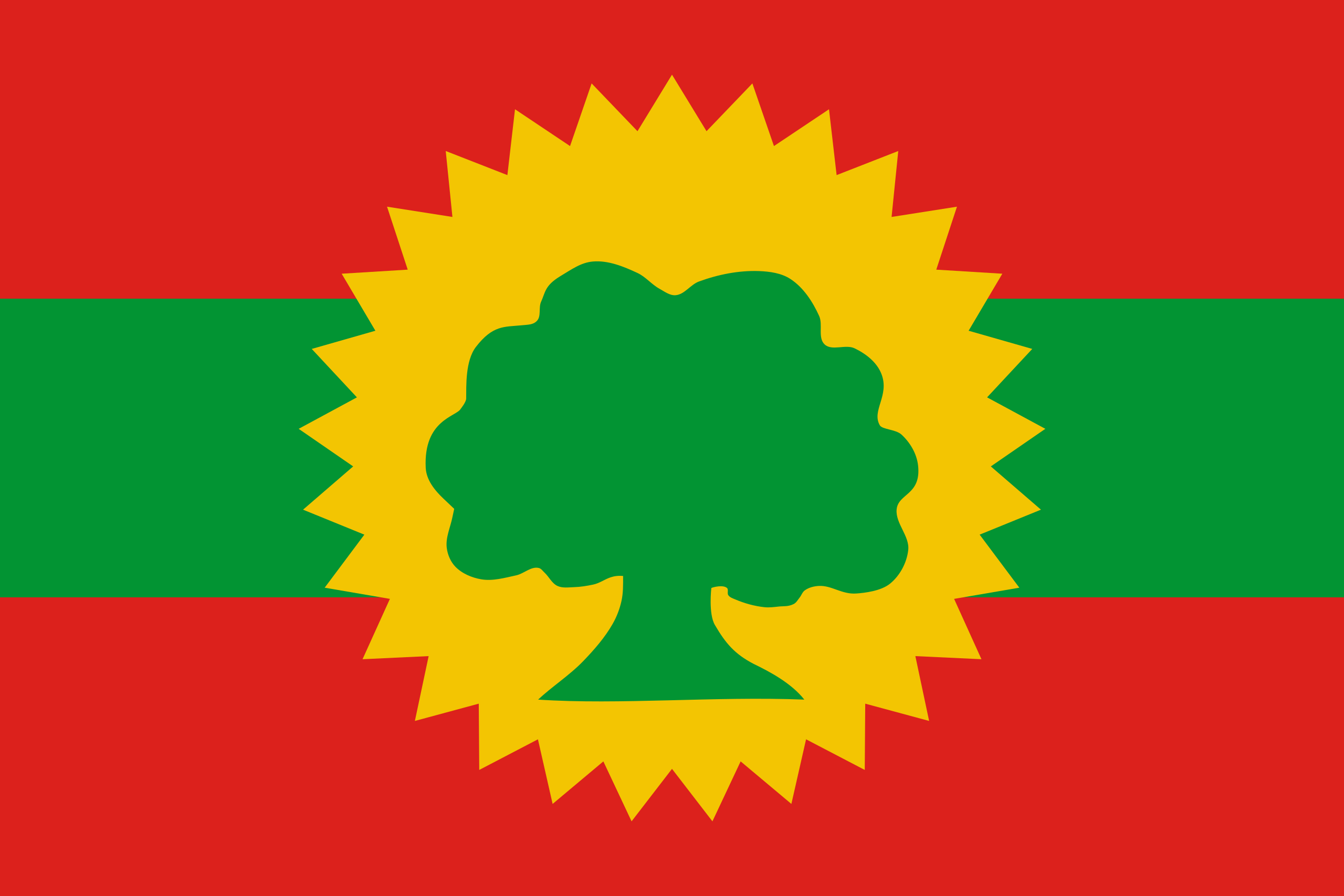 |
Oromia | Republic of Oromo-Goldaria | Galas |
|
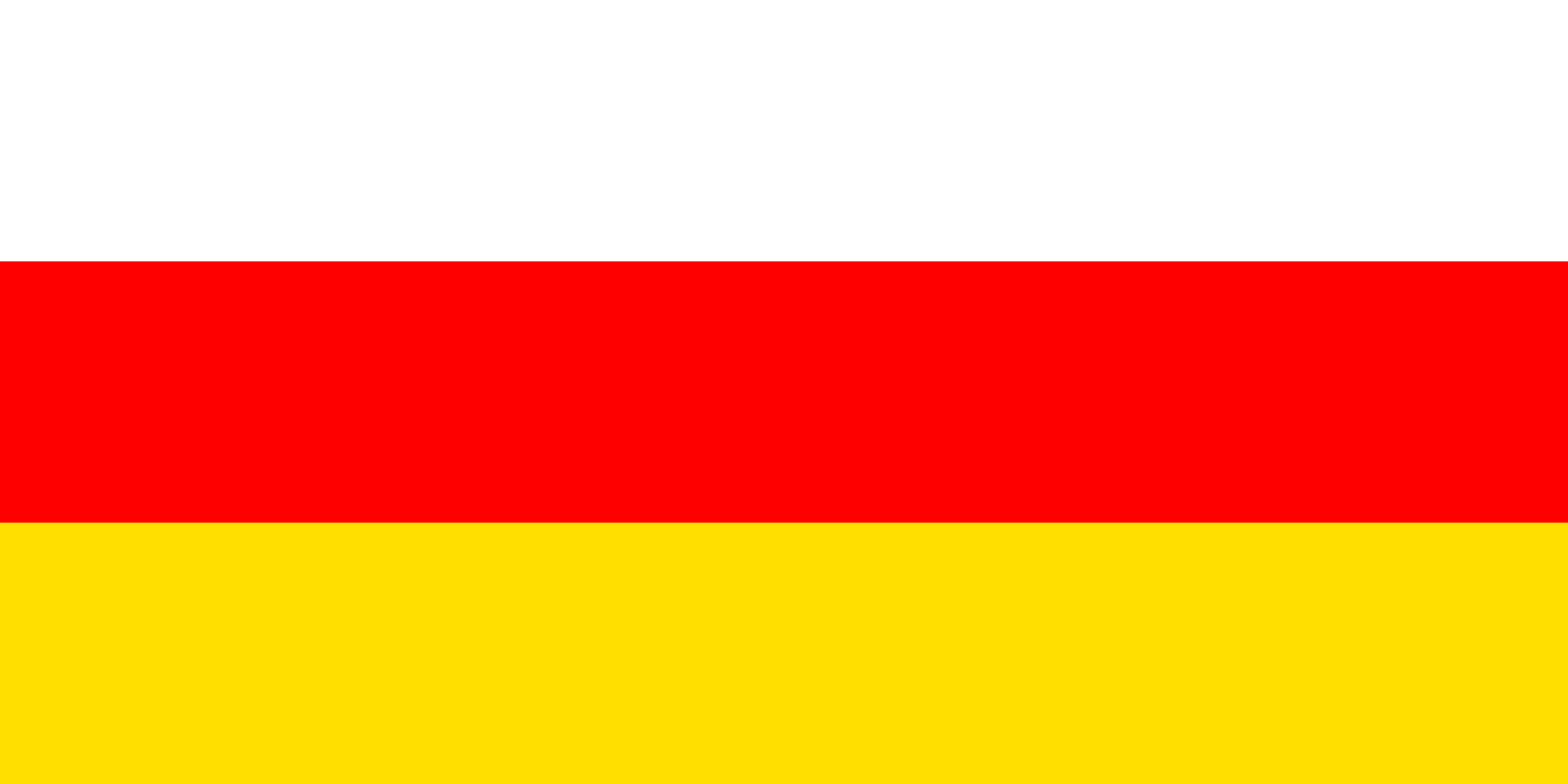 |
Ossetia | Republic of Ossetia | Vladikavkaz | Ossetian |
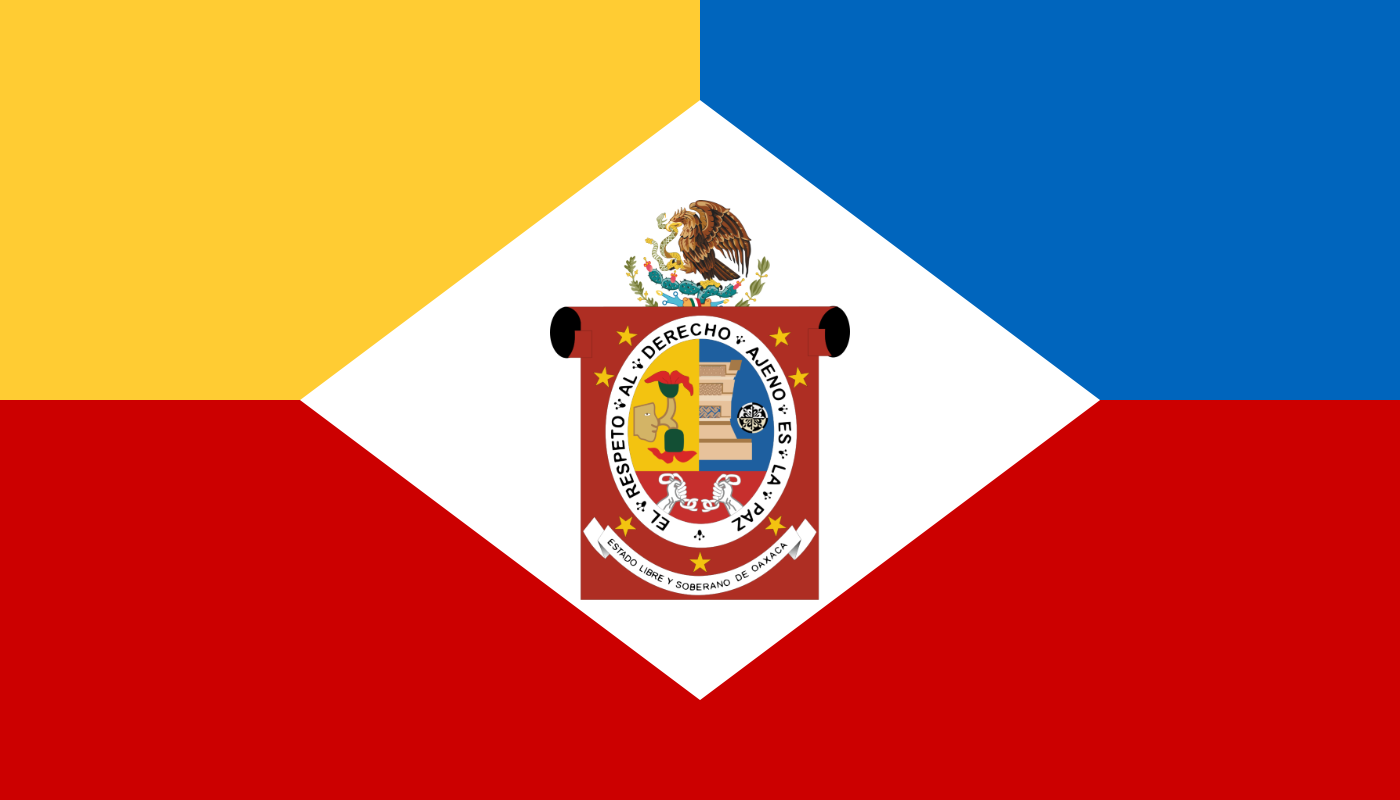 |
Oto-Manguea | Republic of Oto-Manguea | Oaxaca de Juárez |
|
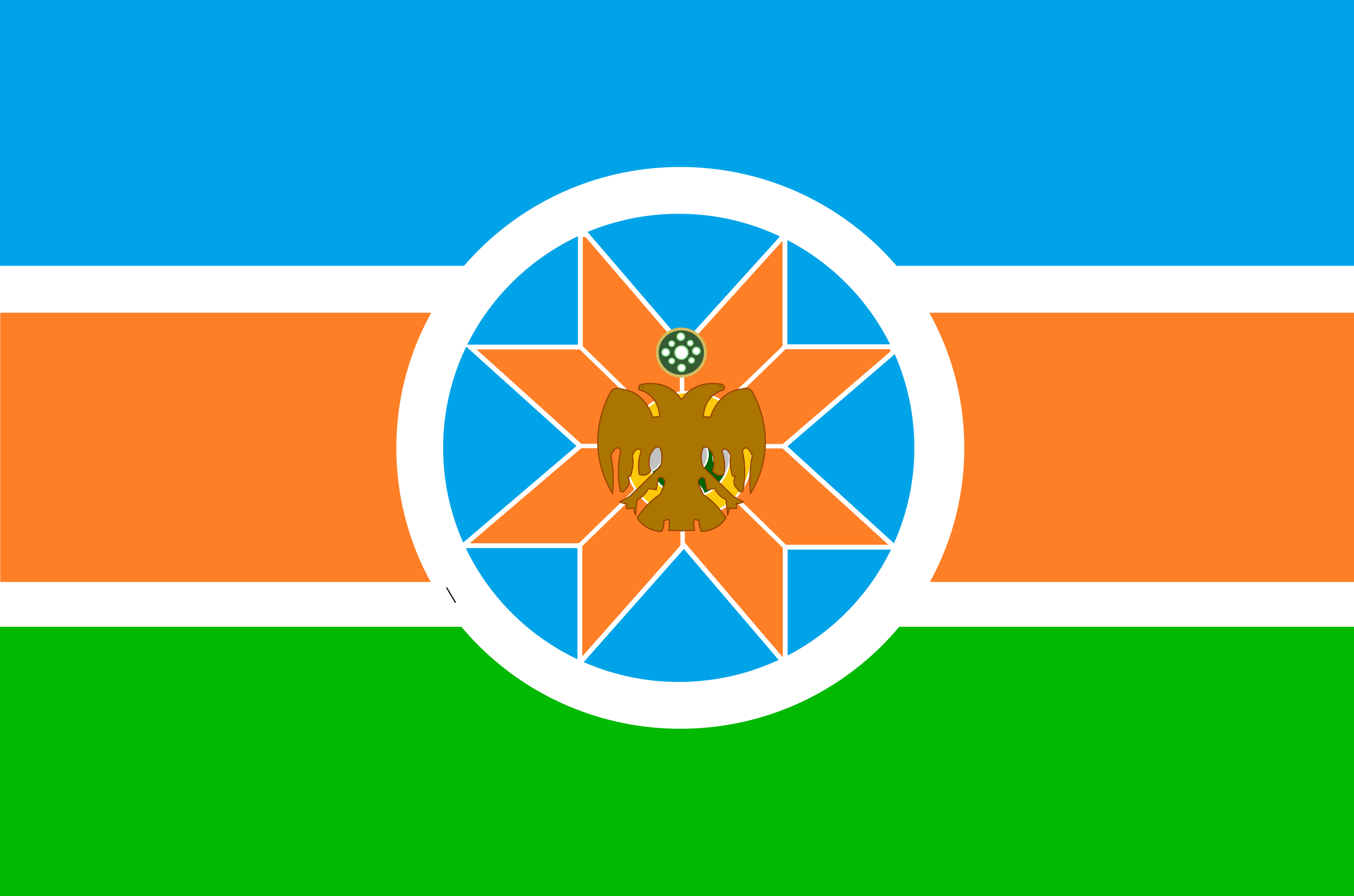 |
Otomia | Republic of Otomia | Querétaro |
|
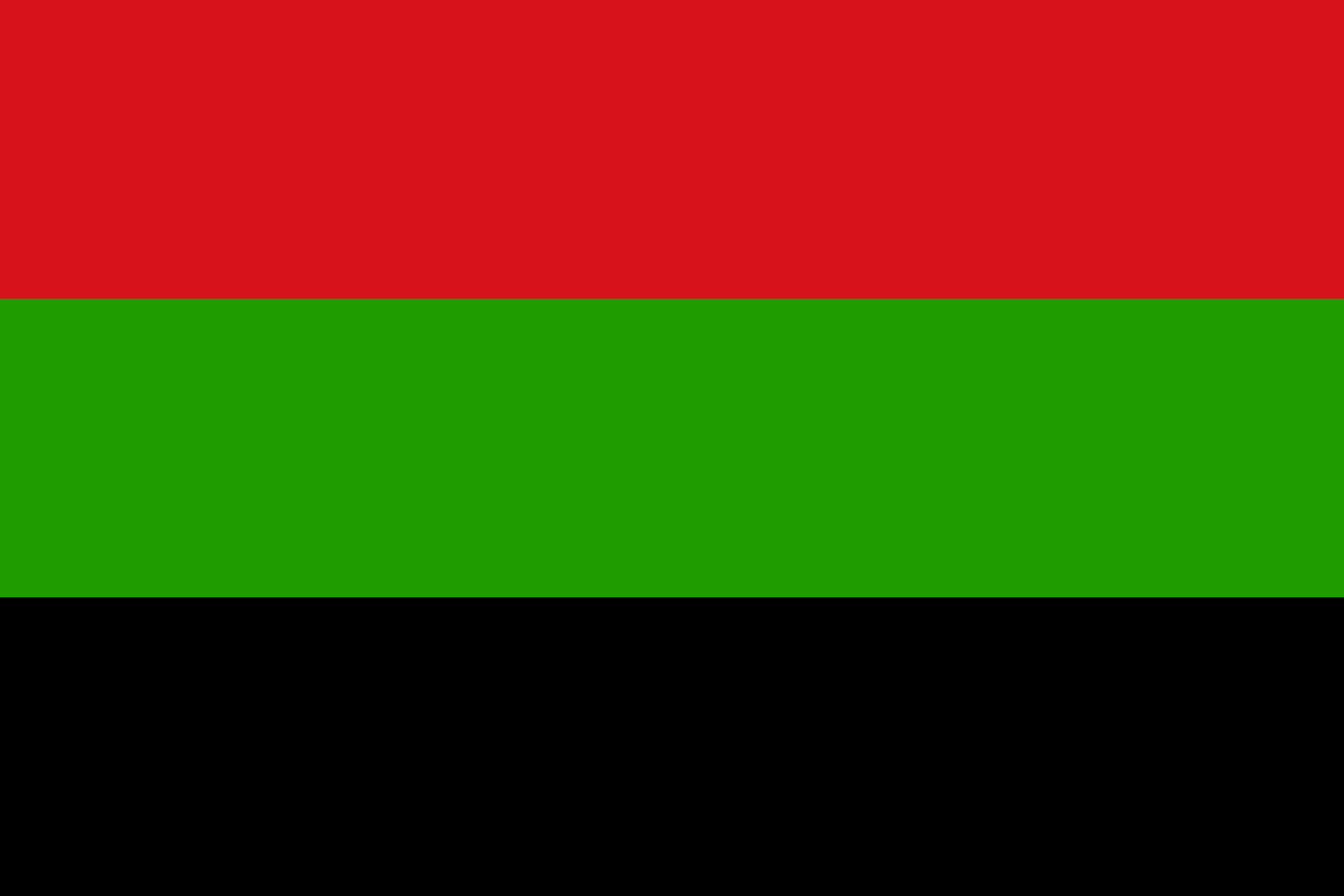 |
Ovambundu | Republic of Ovambundu | Lubango |
|
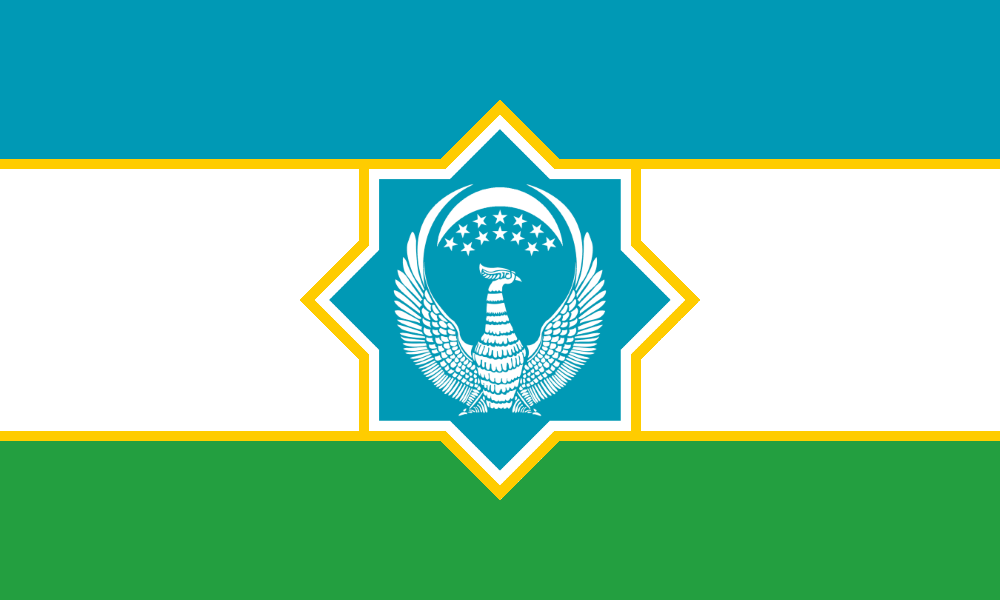 |
Ozbekiston | Republic of Ozbekiston | Tashkent | Uzbek |
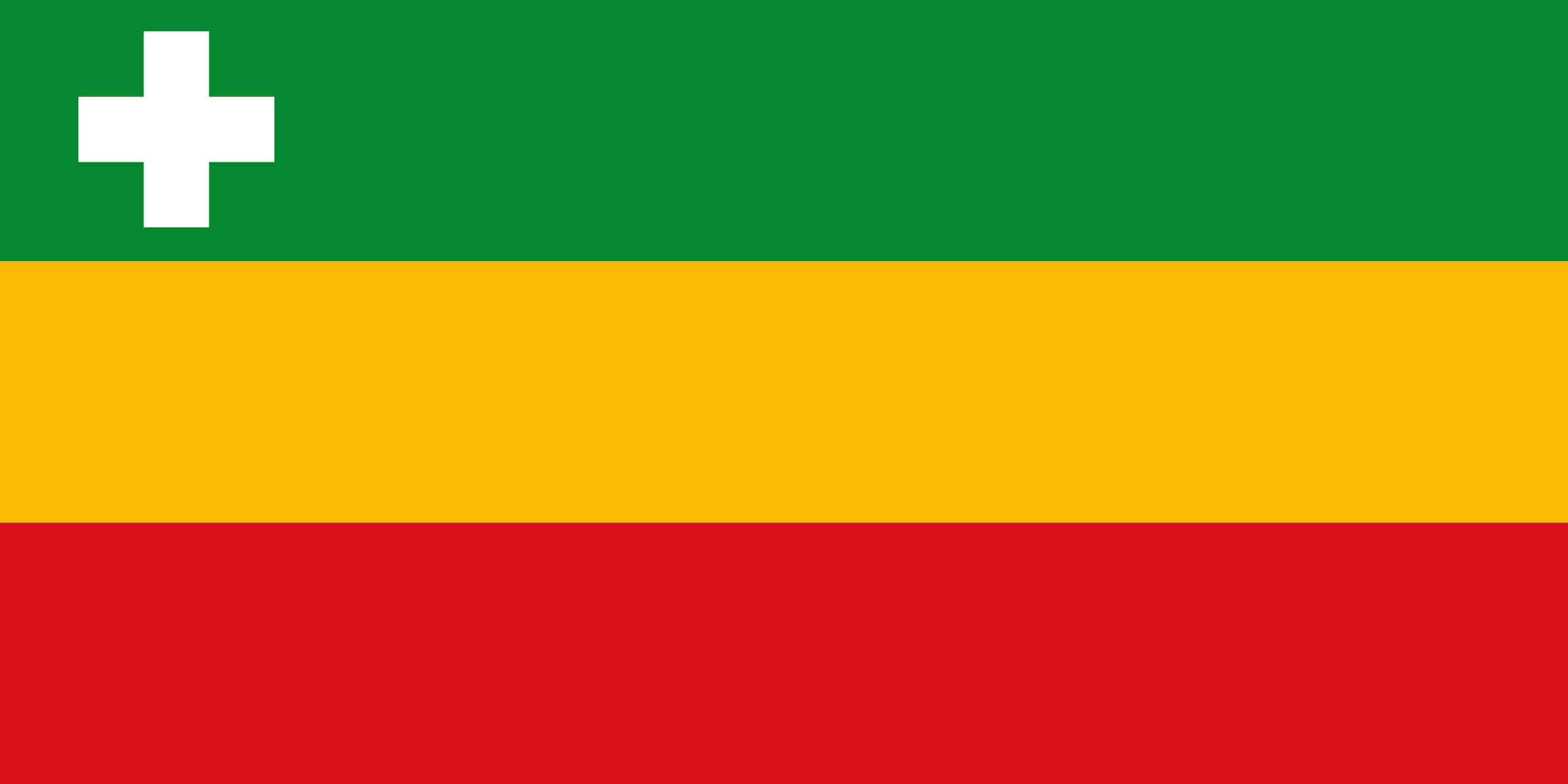 |
Paez | Republic of Paez | Páez |
|
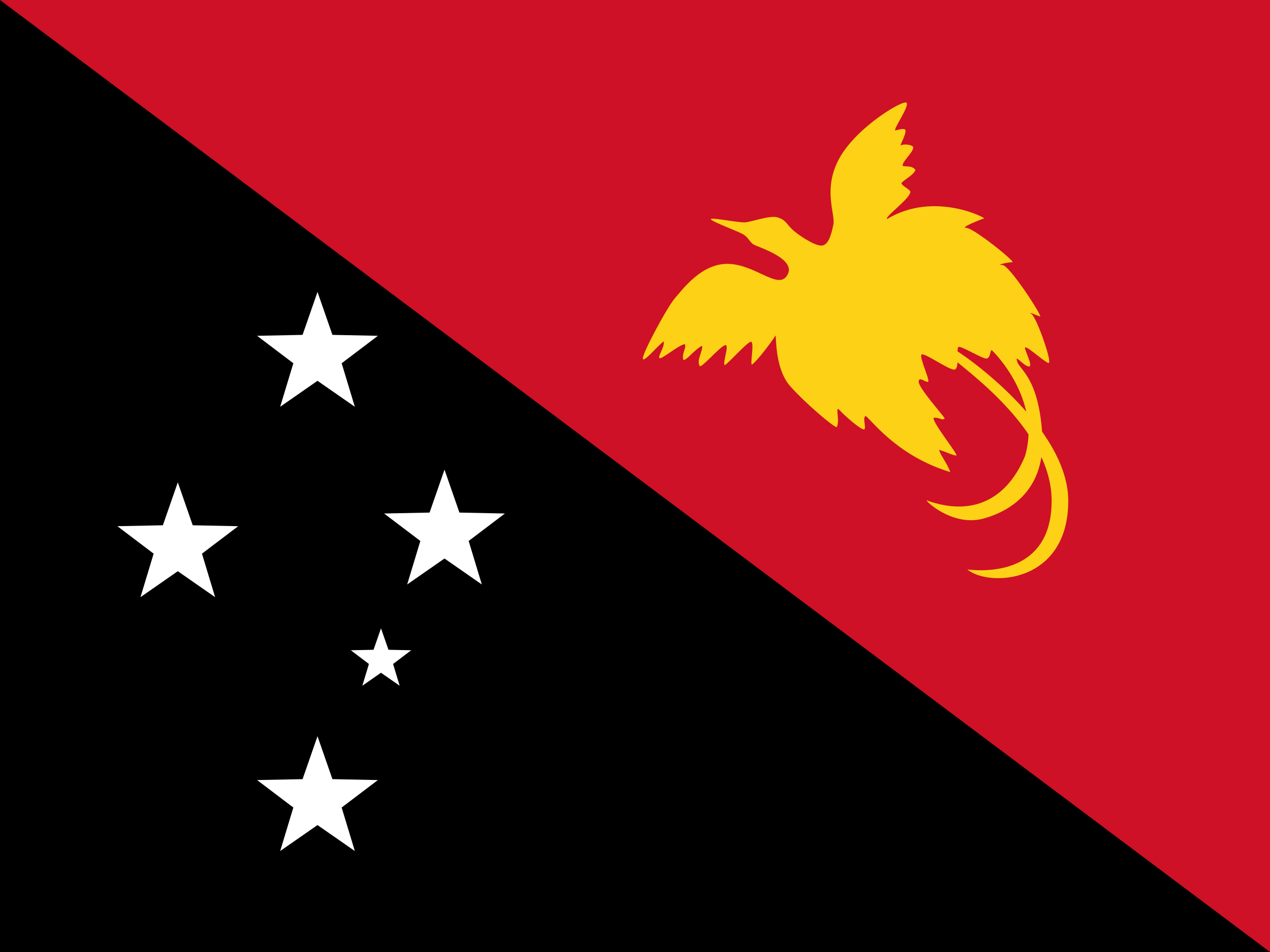 |
Papua | Federative Republic of Papua | Port Moresby |
|
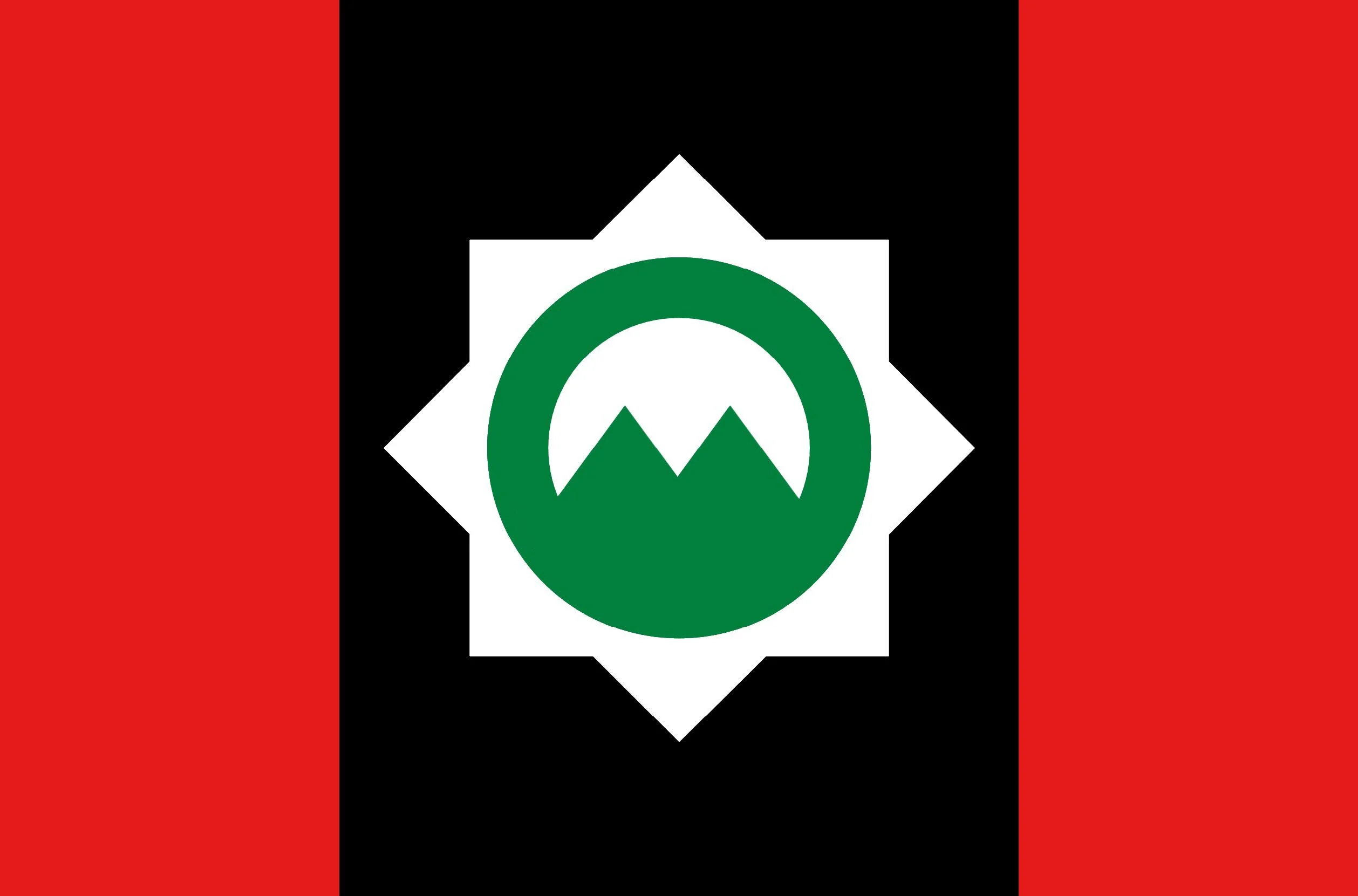 |
Pashtunistan | Republic of Pashtunistan | Kabul | Pashtun |
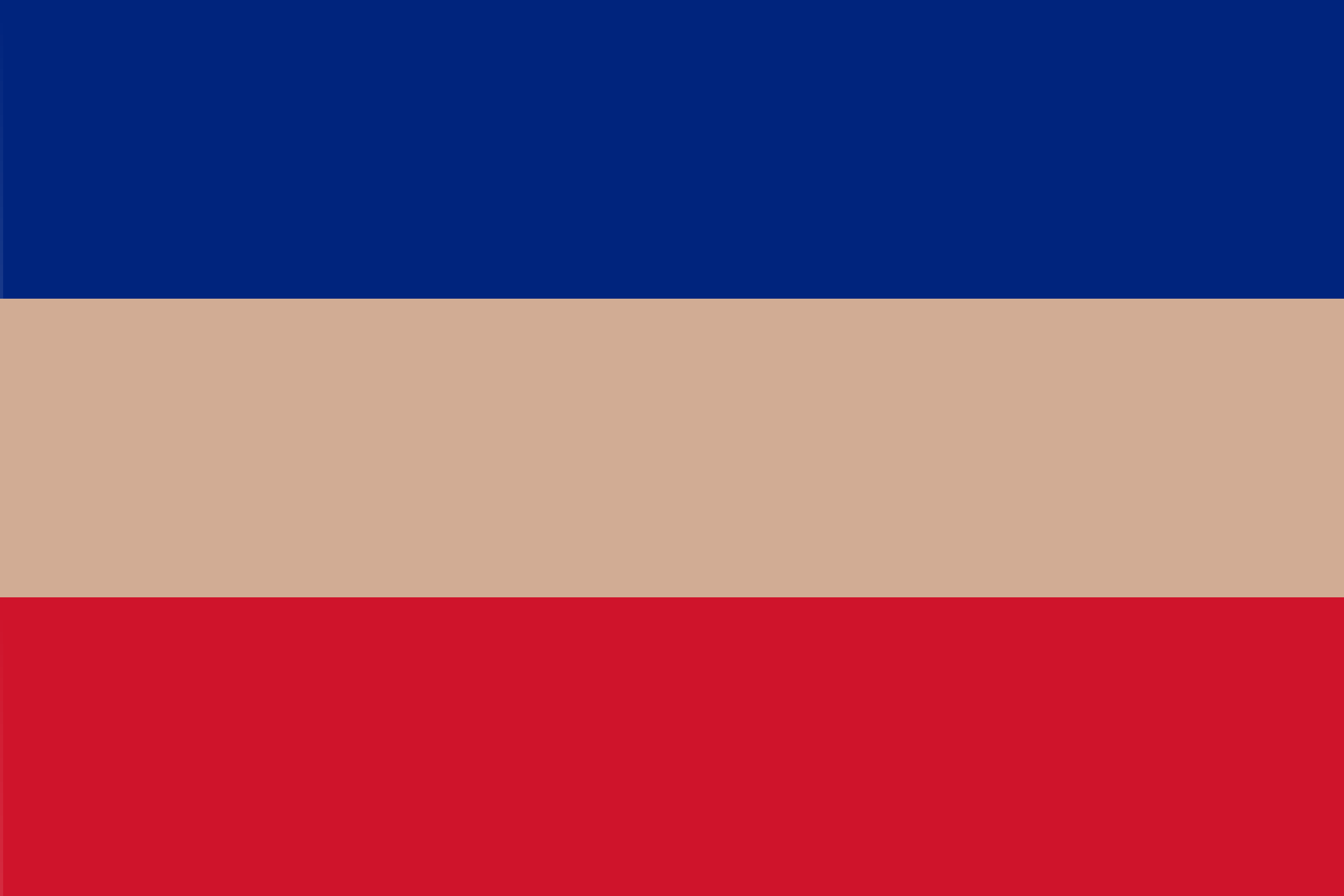 |
Piaroa-Saliba | Republic of Piaroa-Saliba | Inírida |
|
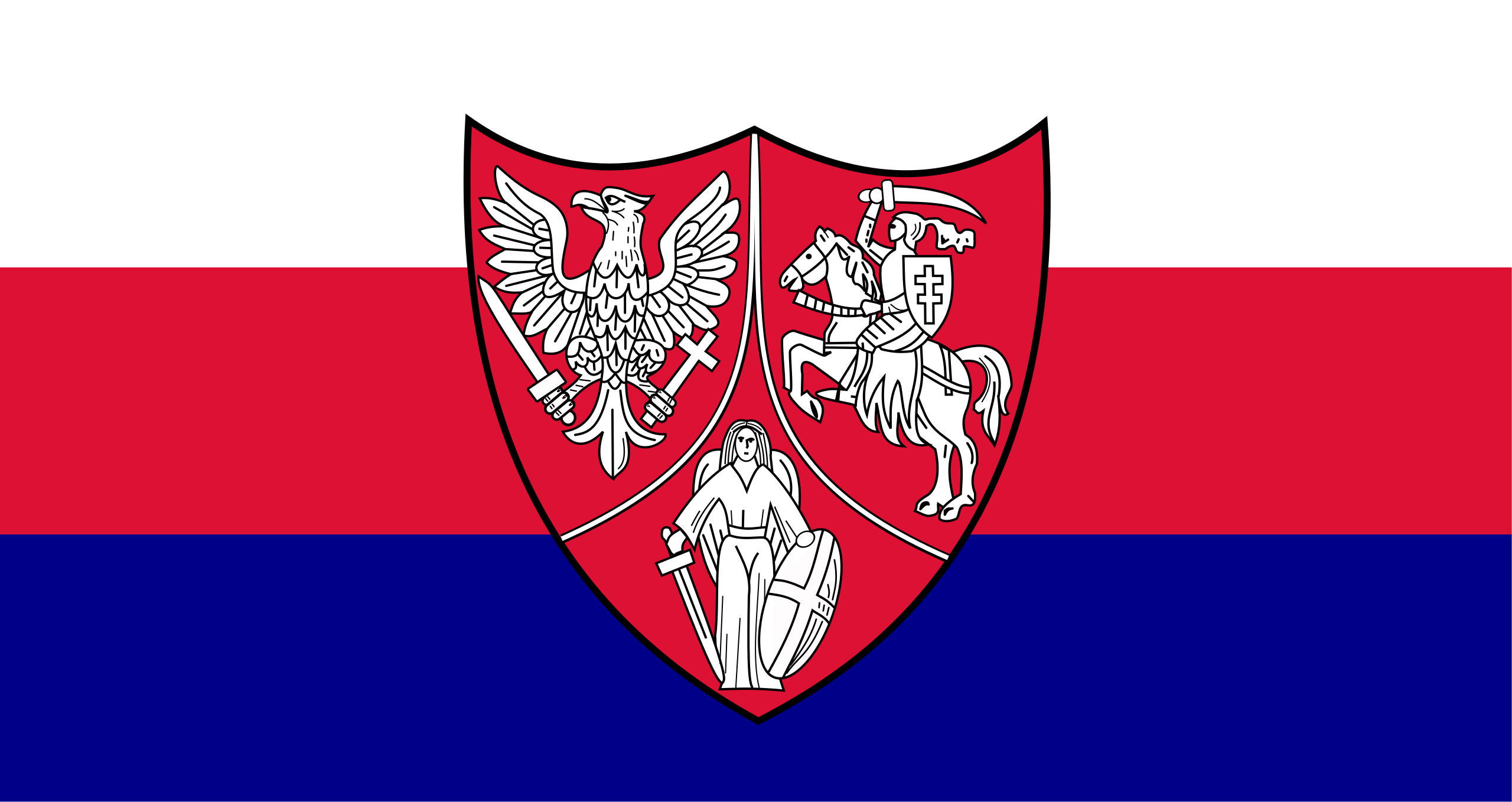 |
Polska | Republic of Polska | Warszawa (Warsaw) | Polish |
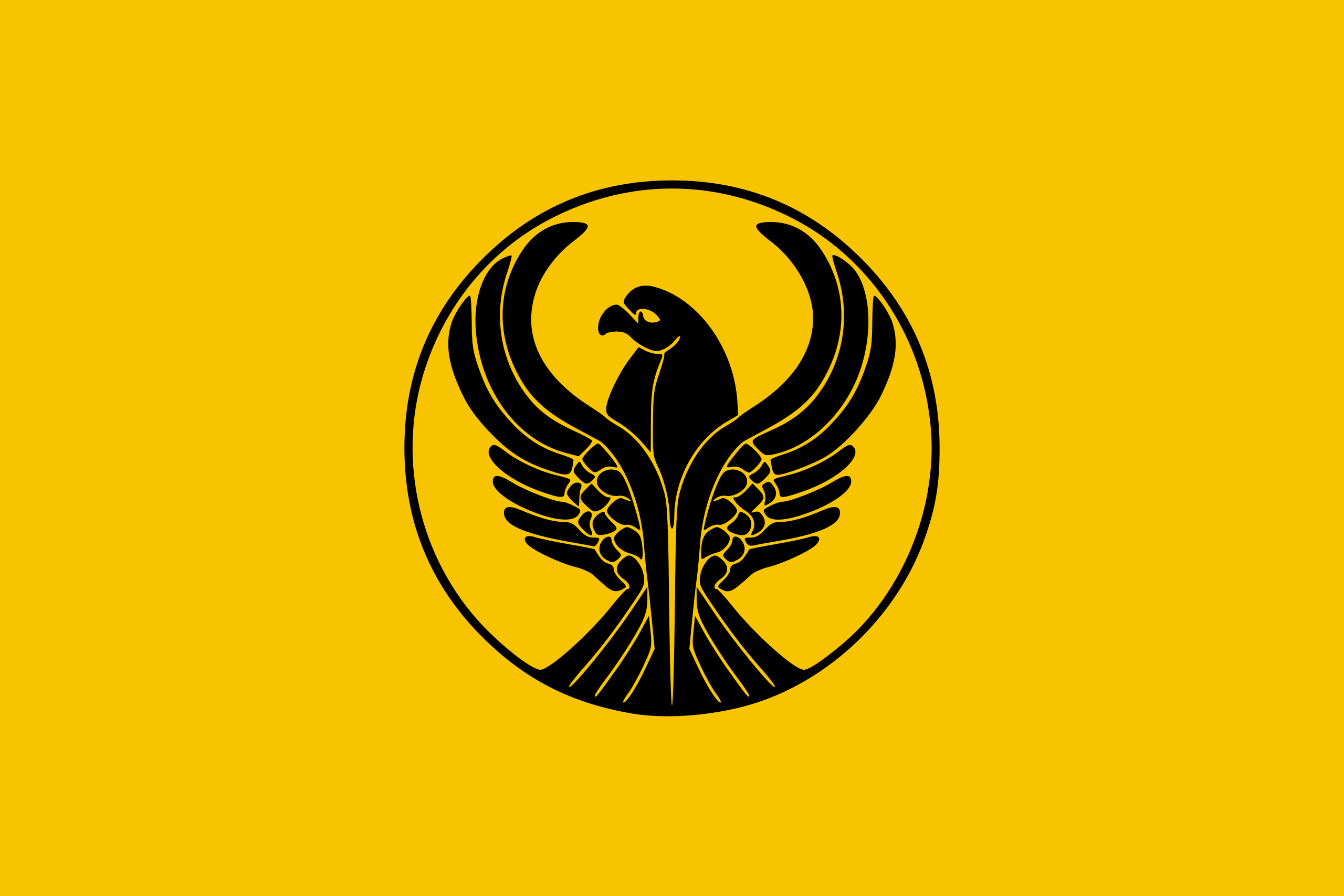 |
Pontus | Republic of Pontus | Trabzond |
|
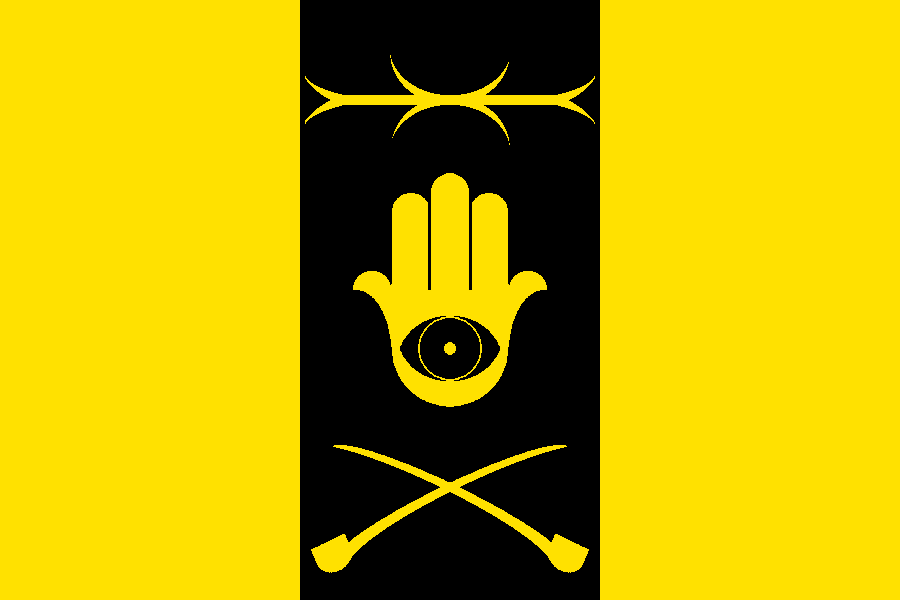 |
Prospero | Republic of Prospero | Limurya | Omani Arabic |
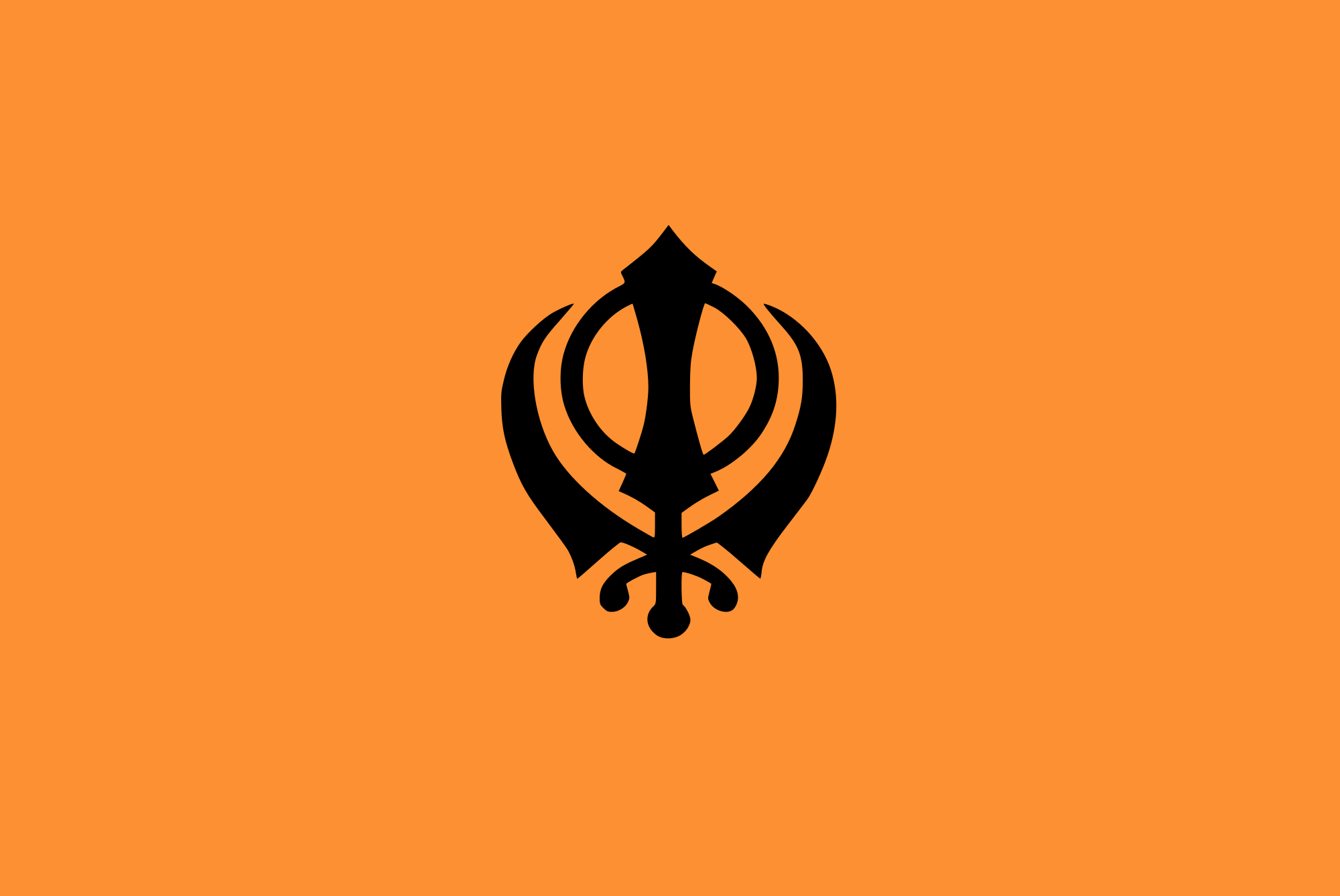 |
Punjab | Republic of Punjab | Lahore | Punjabi |
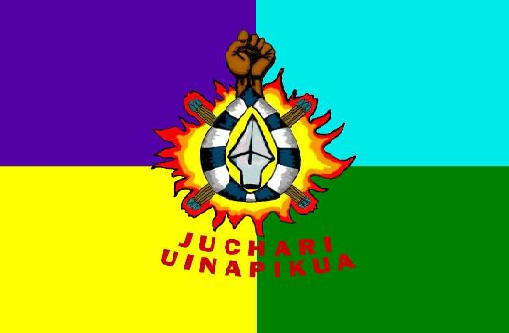 |
Purépecha | Republic of Purépecha | Pátzcuaro | Purépecha |
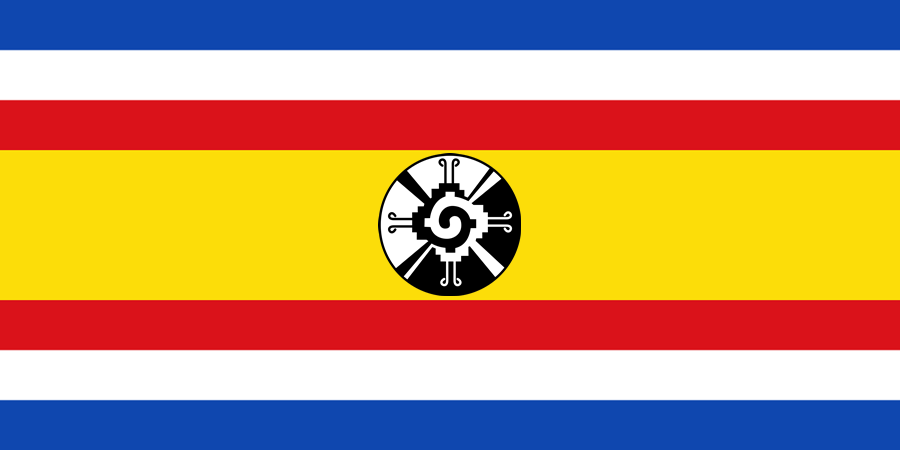 |
Q'anjobala | Republic of Q'anjobala | Villahermosa |
|
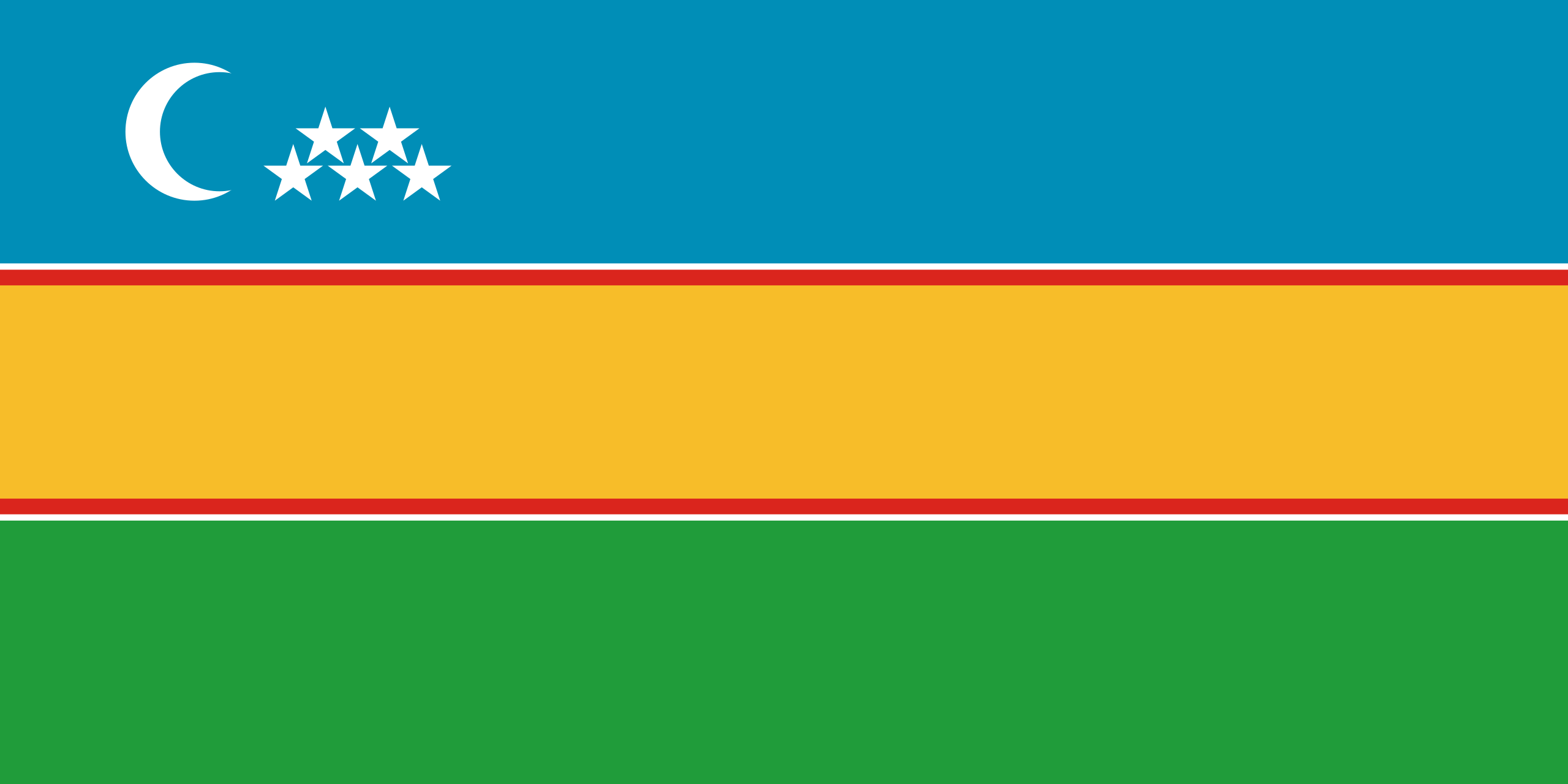 |
Qaraqalpaqstan | Republic of Qaraqalpaqstan | Nukus | Karakalpak |
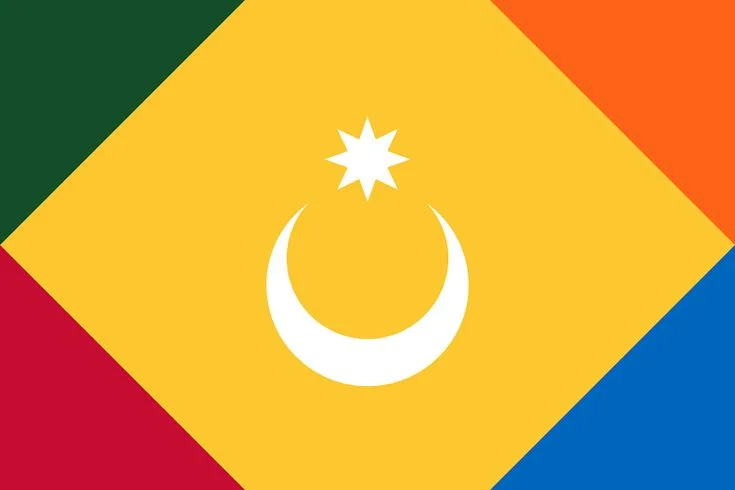 |
Qashqaistan | Republic of Qashqaistan | Shiraz |
|
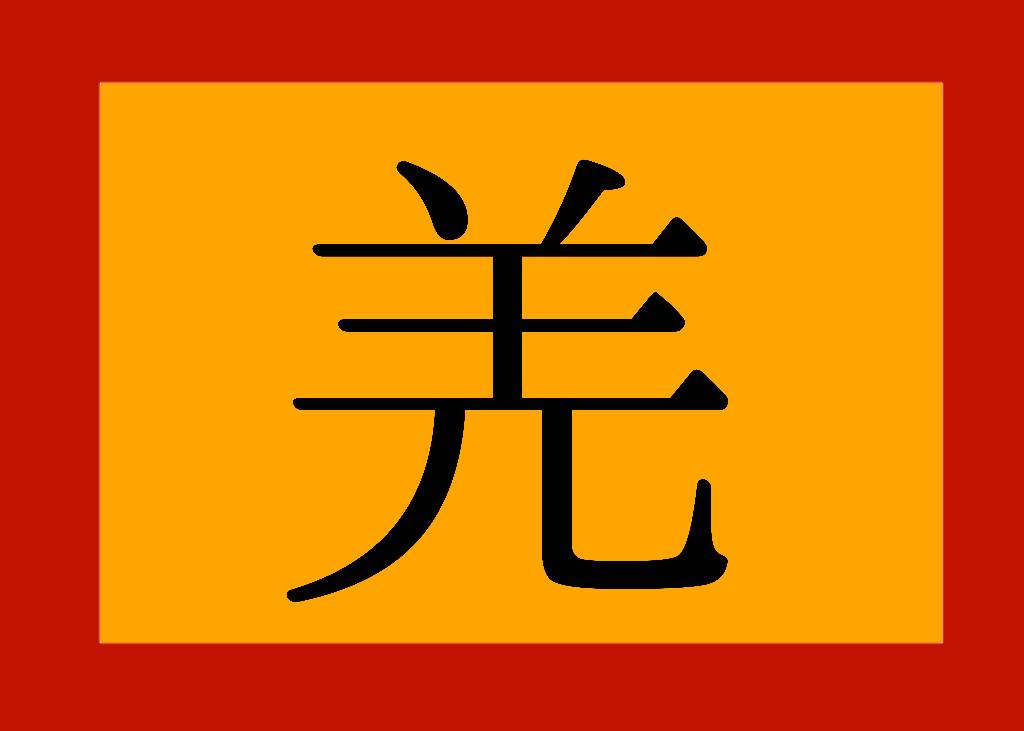 |
Qiang | Republic of Qiang | Maoxian | (Qiangic Languages) |
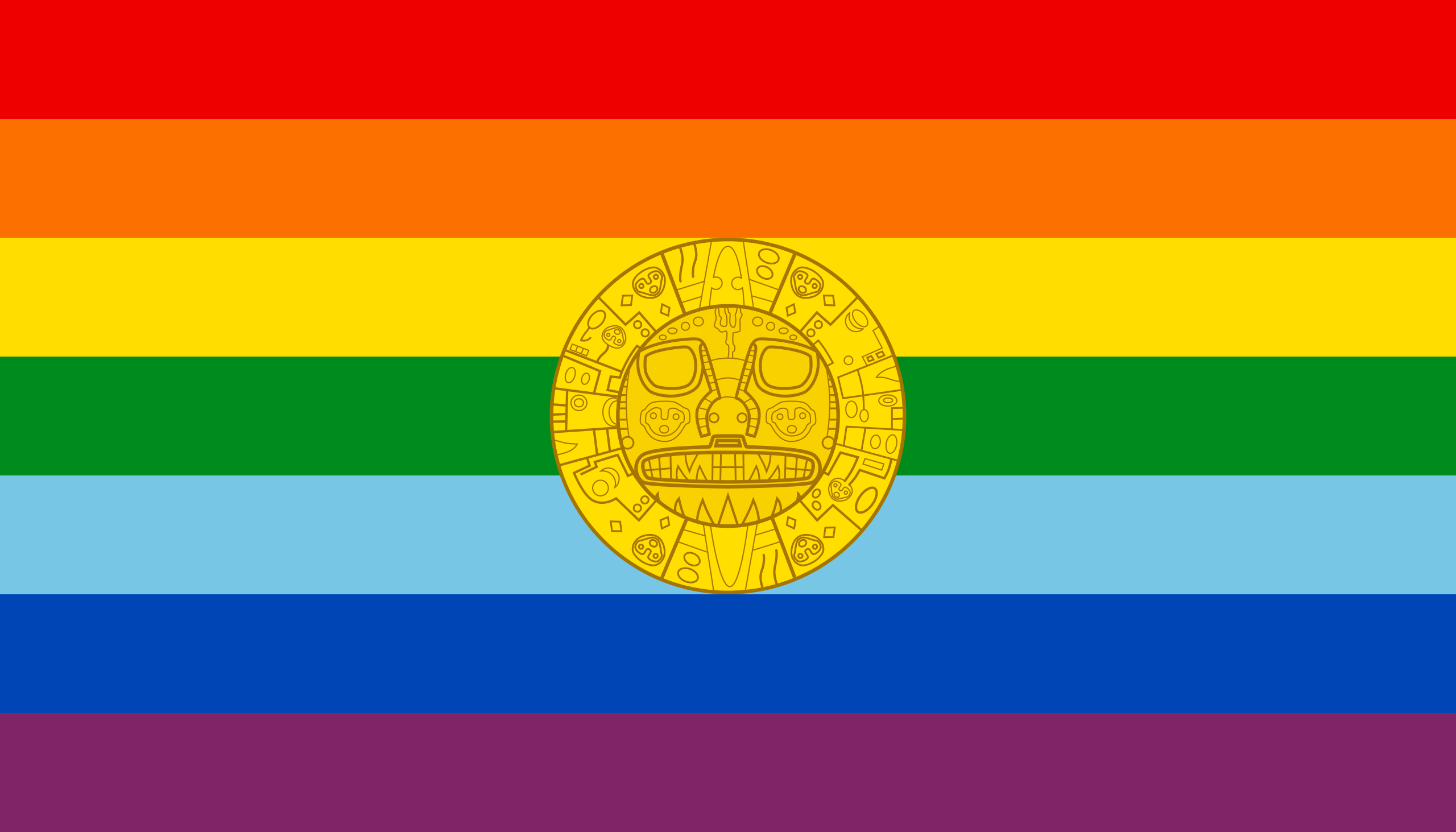 |
Quechua Propio | Republic of Quechua Propio | Cusco |
|
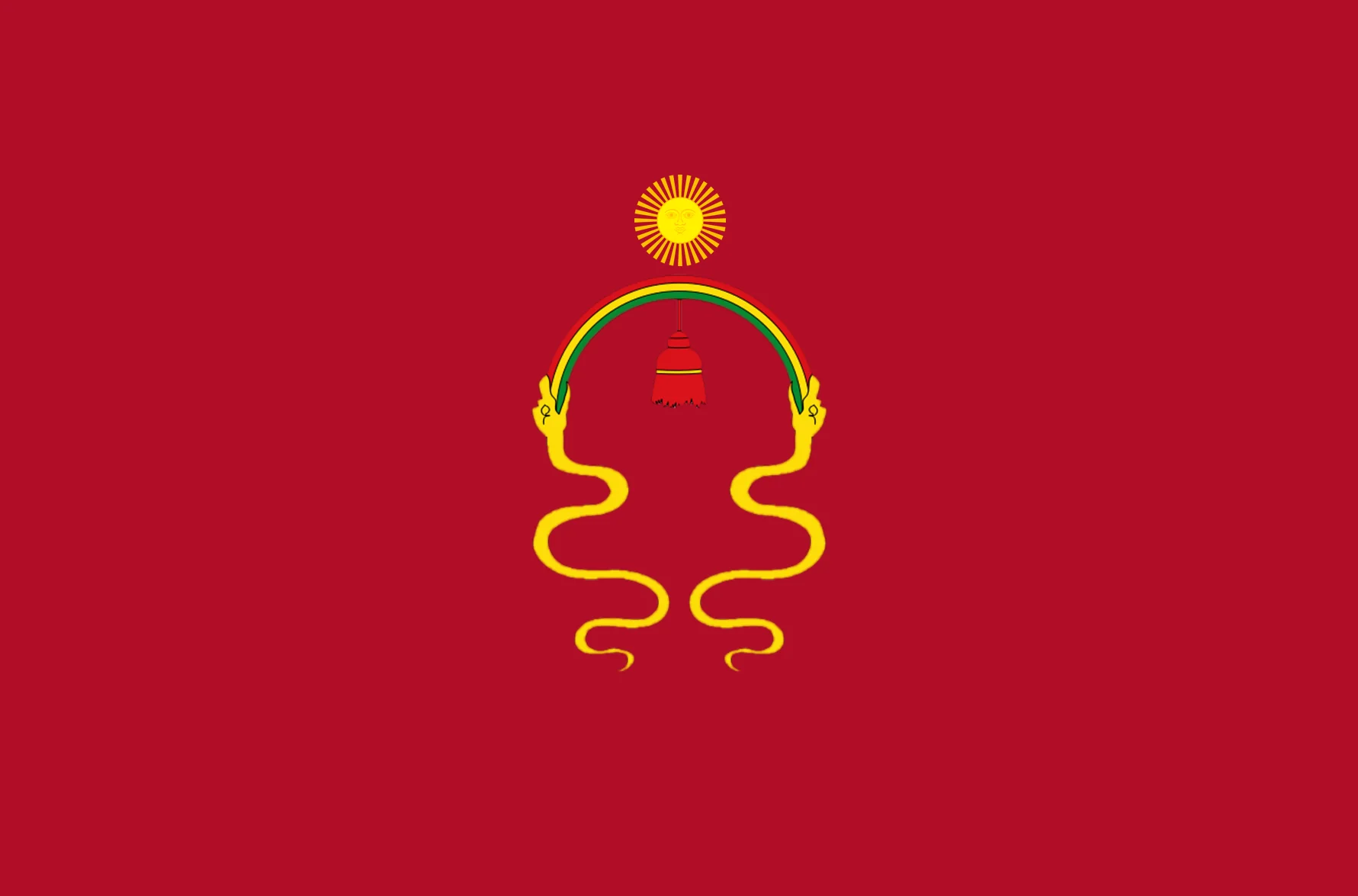 |
Quechua Sur | Republic of Quechua Sur | Sucre |
|
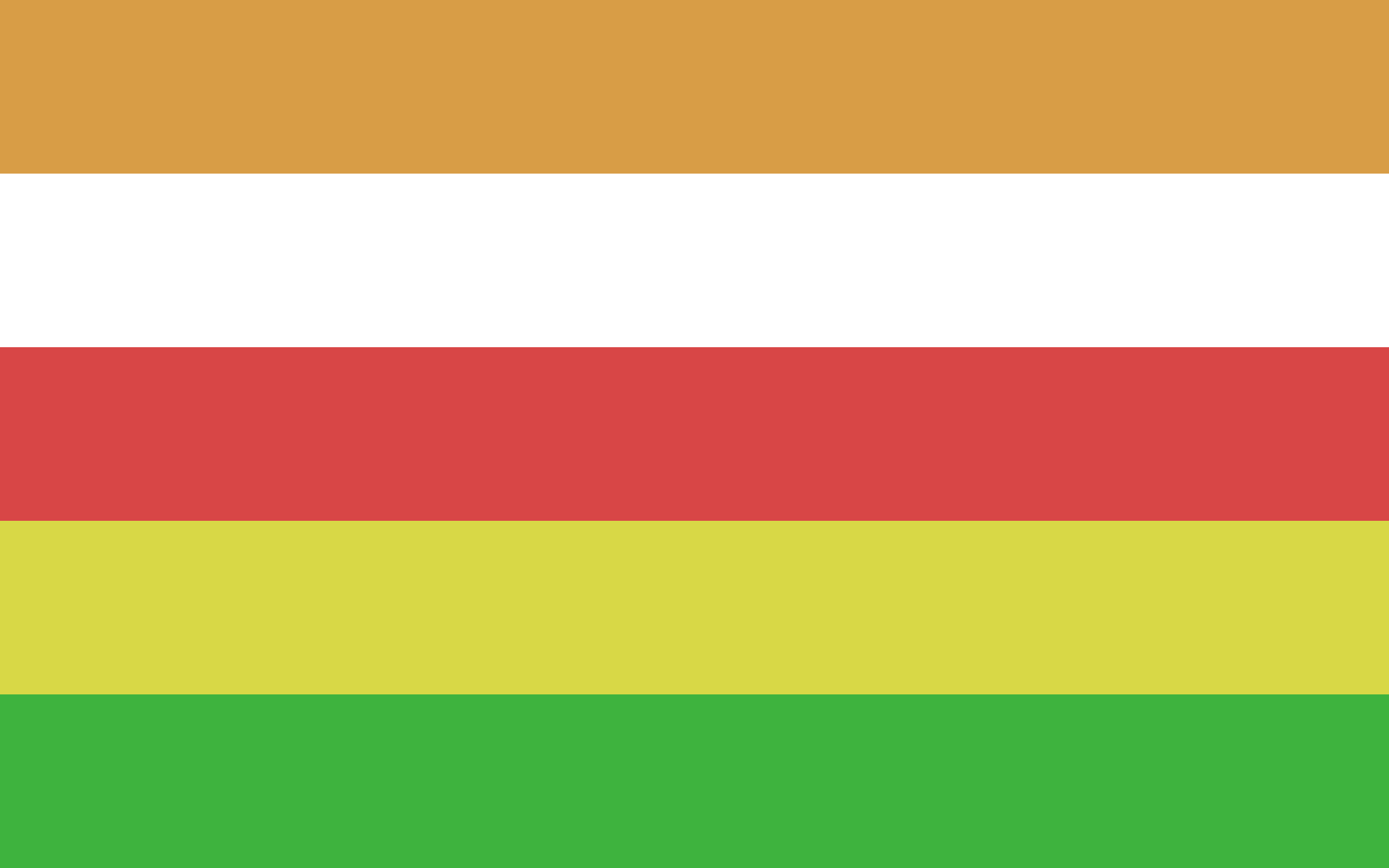 |
Rajasthan | Republic of Rajasthan | Jodhpur |
|
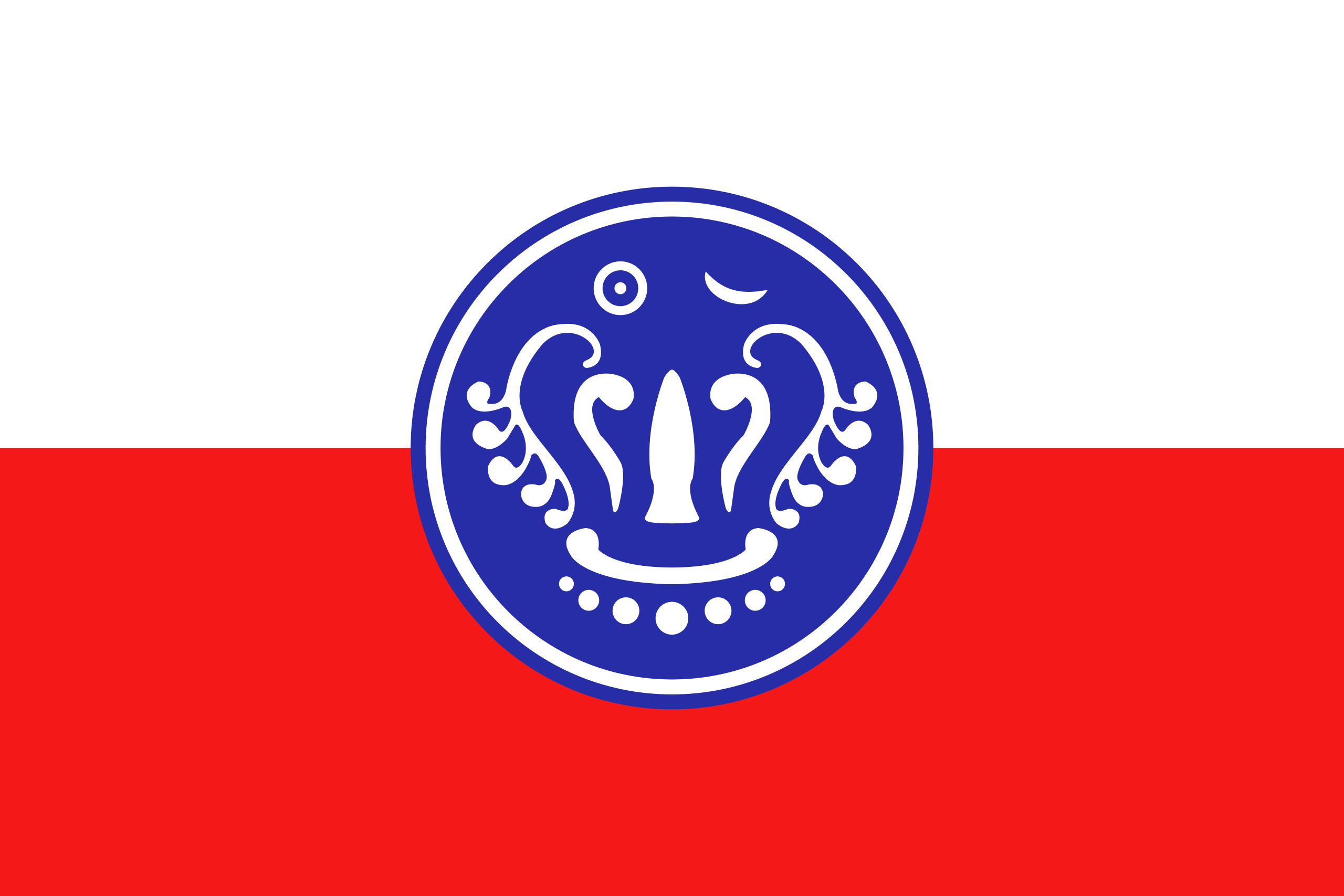 |
Rakhine-Tripura | Republic of Rakhine-Tripura | Agartala |
|
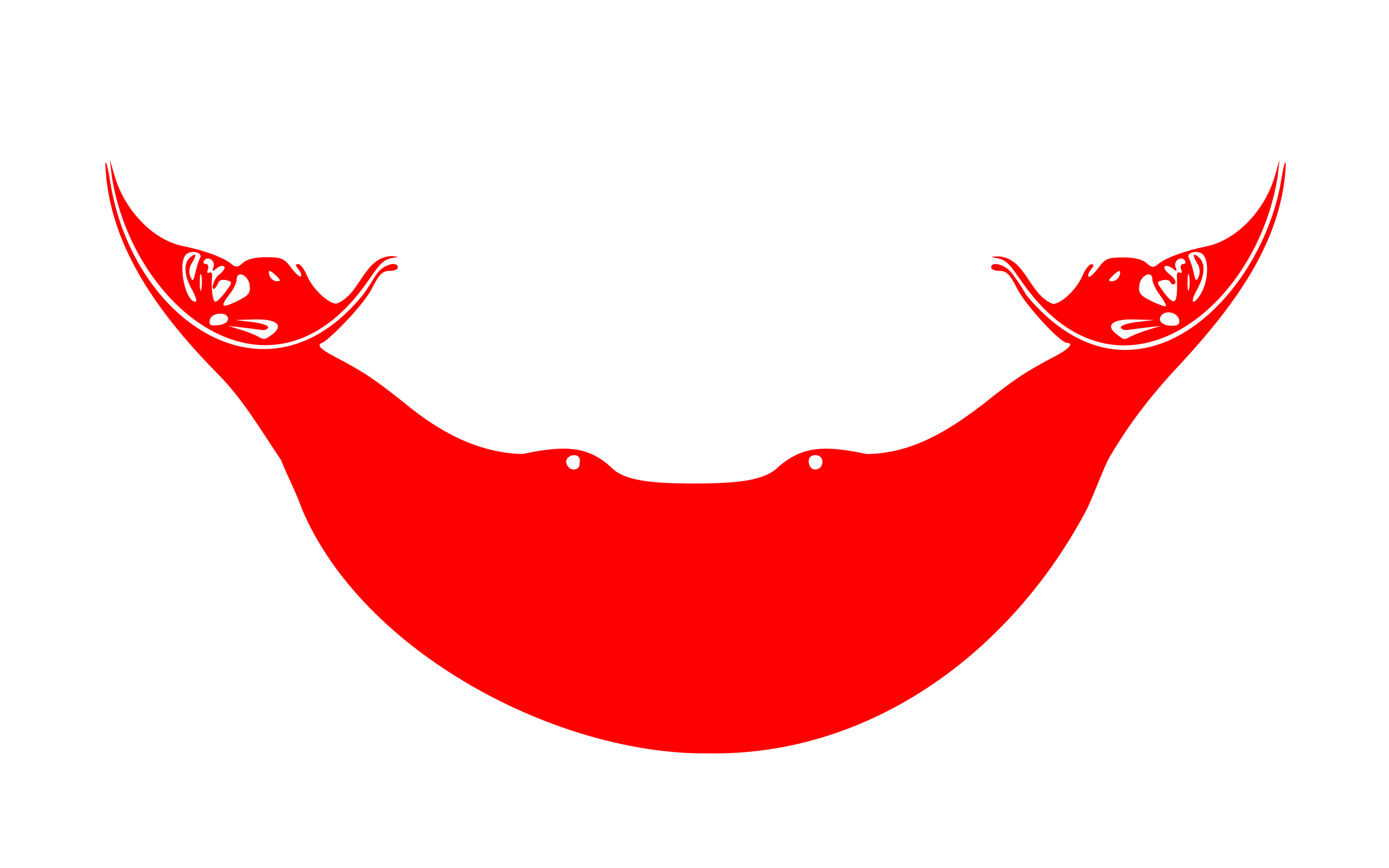 |
Rapa Nui | Republic of Rapa Nui | Hanga Roa | Rapa Nui |
 |
Rejang-Musi | Republic of Rejang-Musi | Bengkulu |
|
 |
Ruvuma | Republic of Rovuma | Nampula |
|
 |
Rus | Rus Federative Republic | Mylonagrad |
|
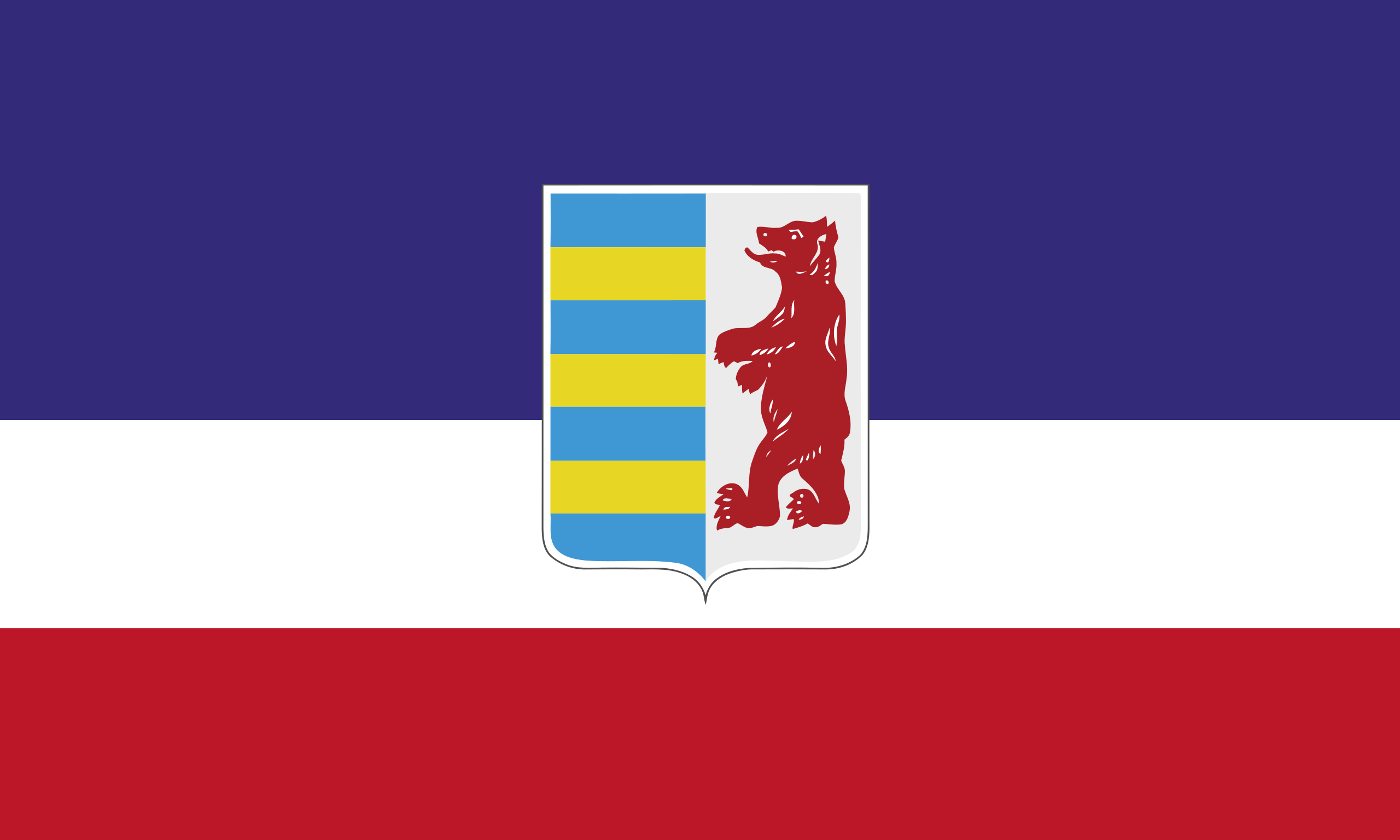 |
Rusynia | Rusyn Republic | Uzhorod | Rusyn |
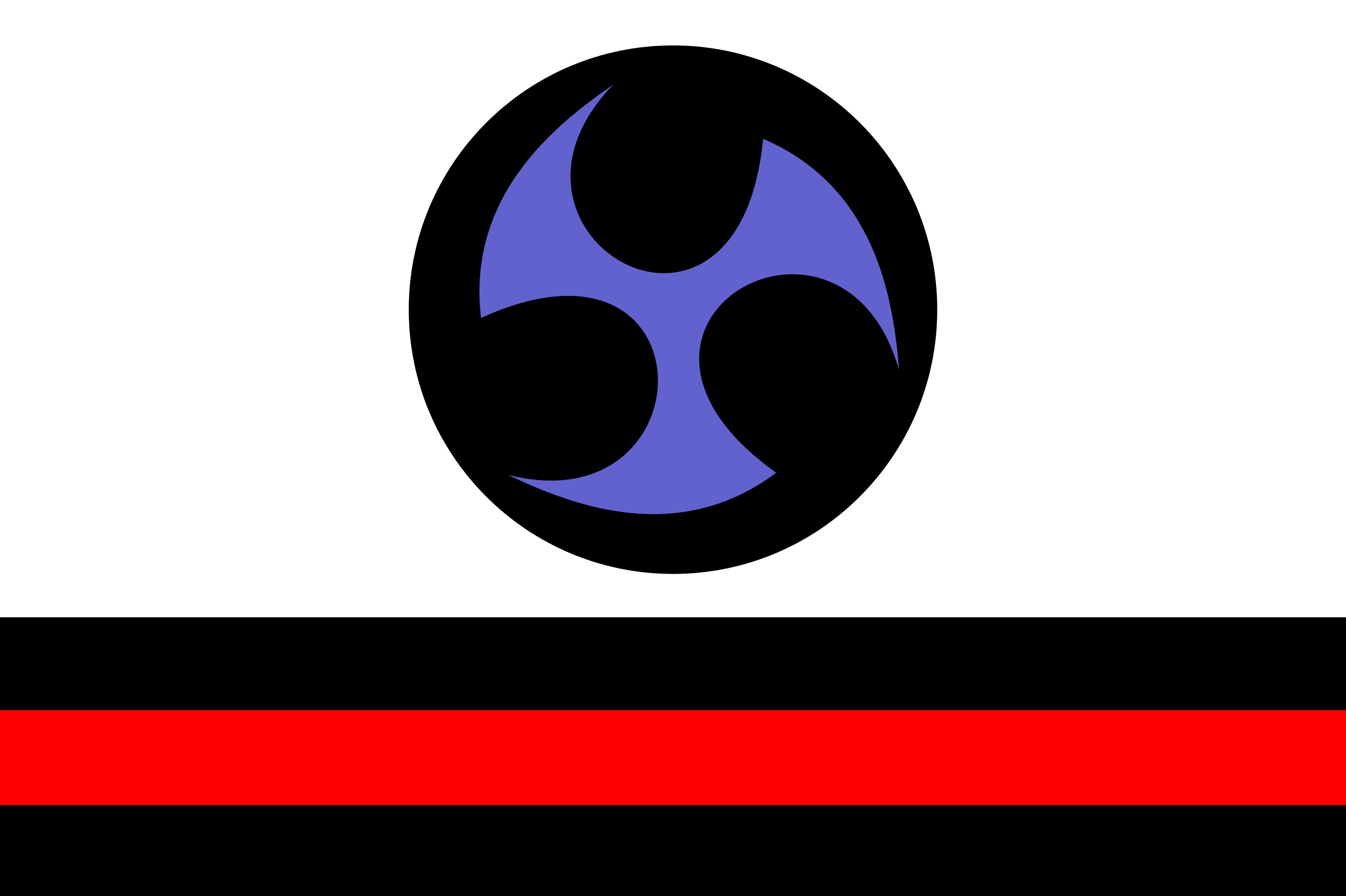 |
Ruuchuu | Republic of Ruuchuu | Naha | (Ryukyuan Languages) |
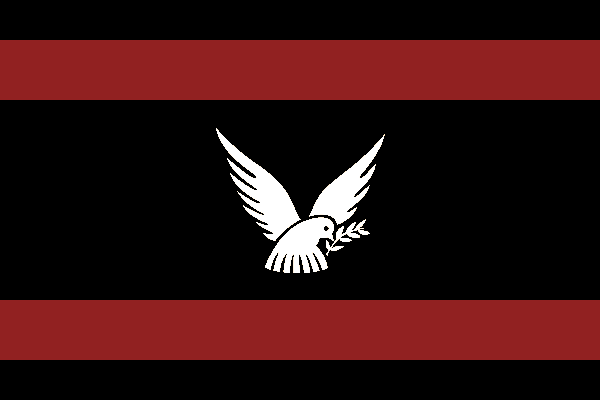 |
Saipulusi | Republic of Saipulusi | Paliurio |
|
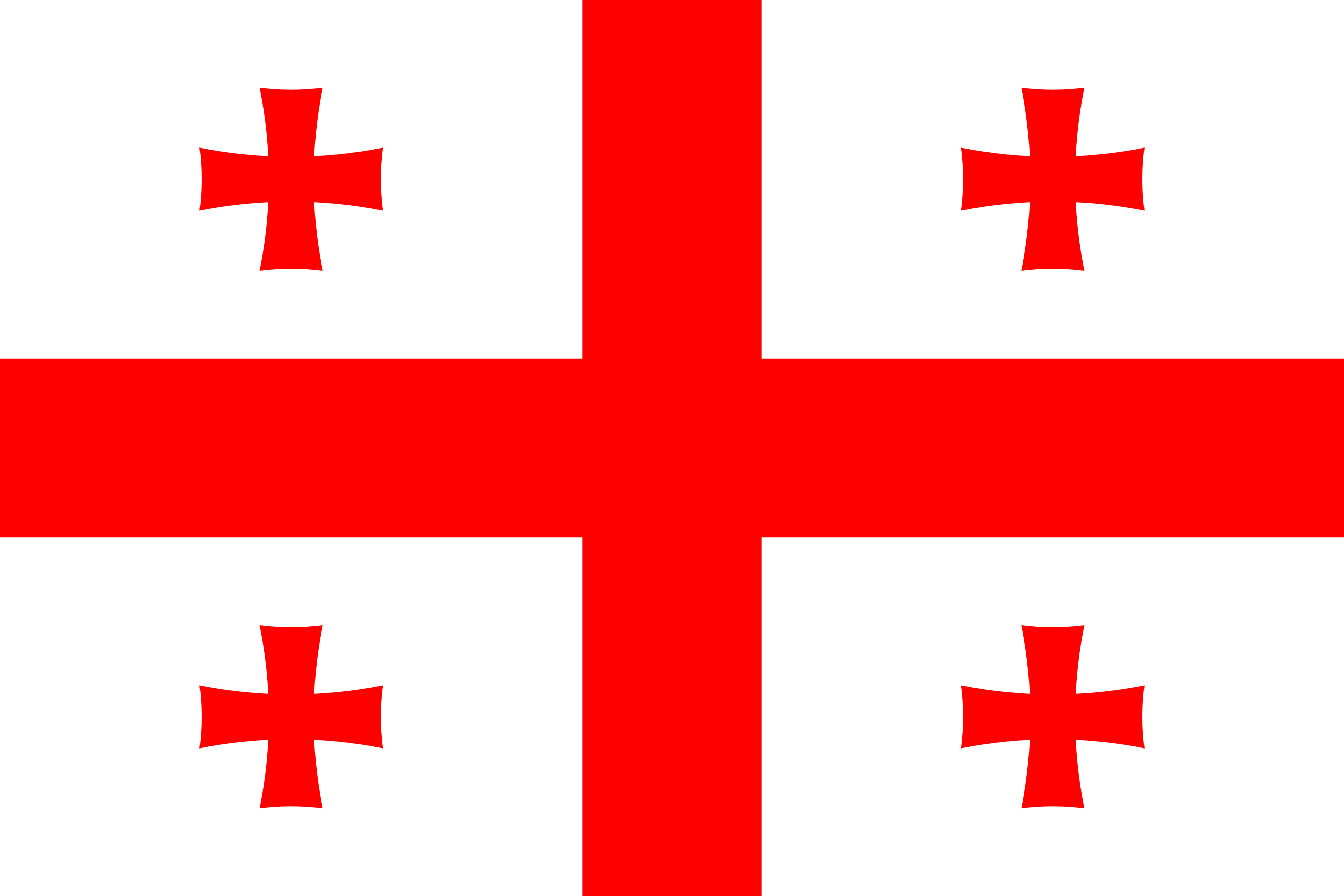 |
Sakartvelo | Republic of Sakartvelo | Tblisi | Georgian |
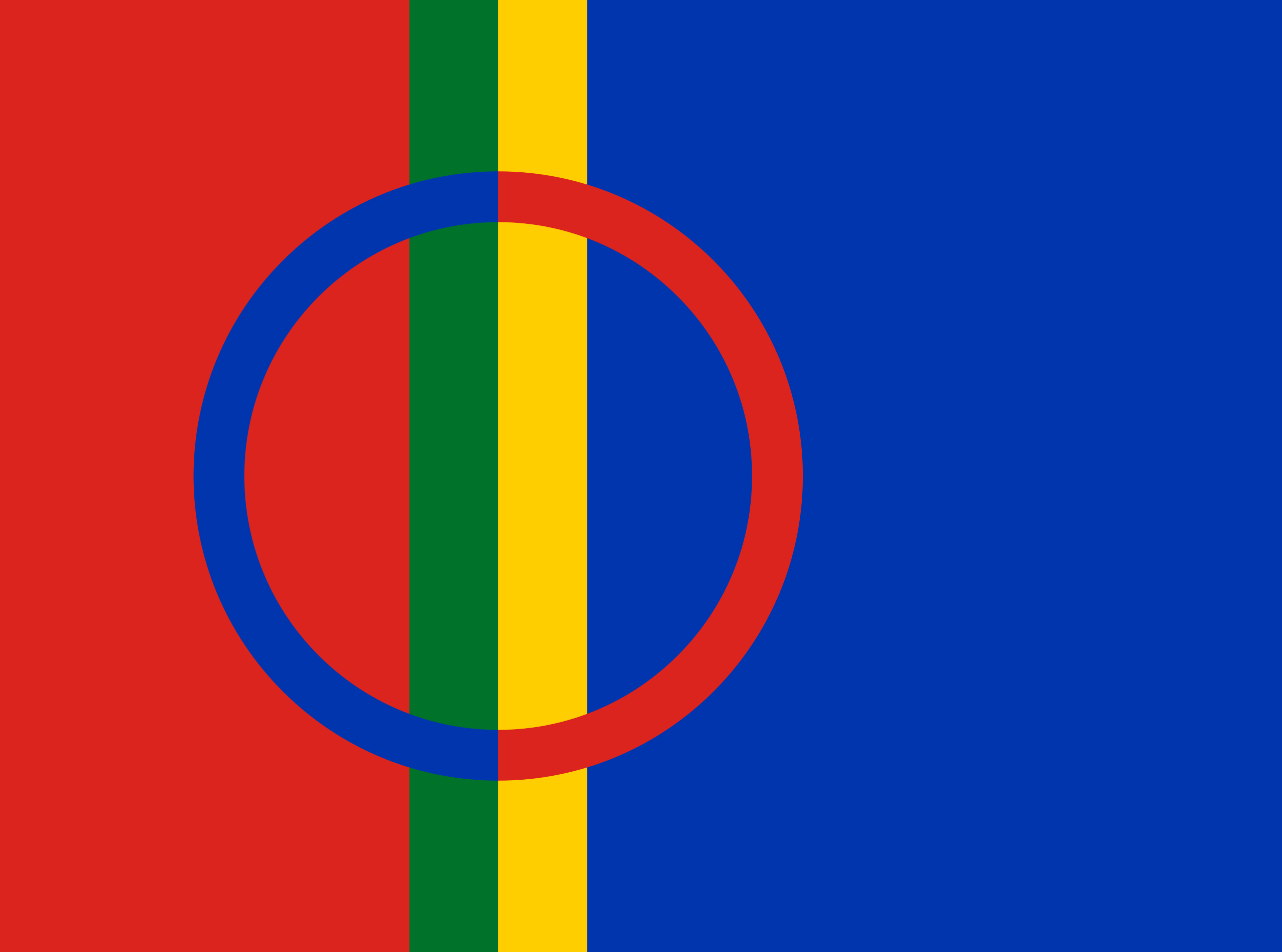 |
Sapmi | Republic of Sápmi | Aanaar (Inari) | Sami |
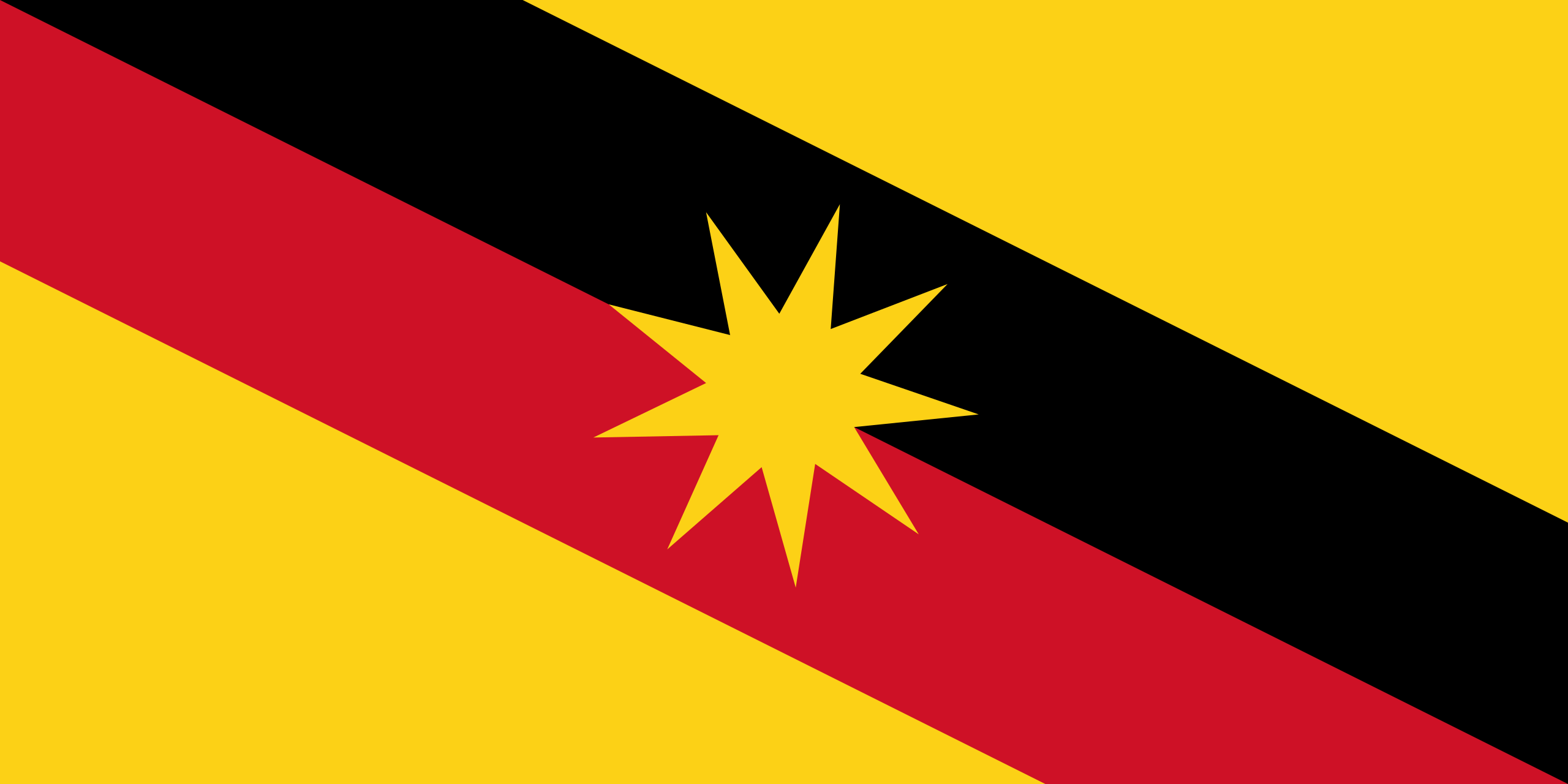 |
Sarawak | Republic of Sarawak | Belaga | (North Sarawakan Languages) |
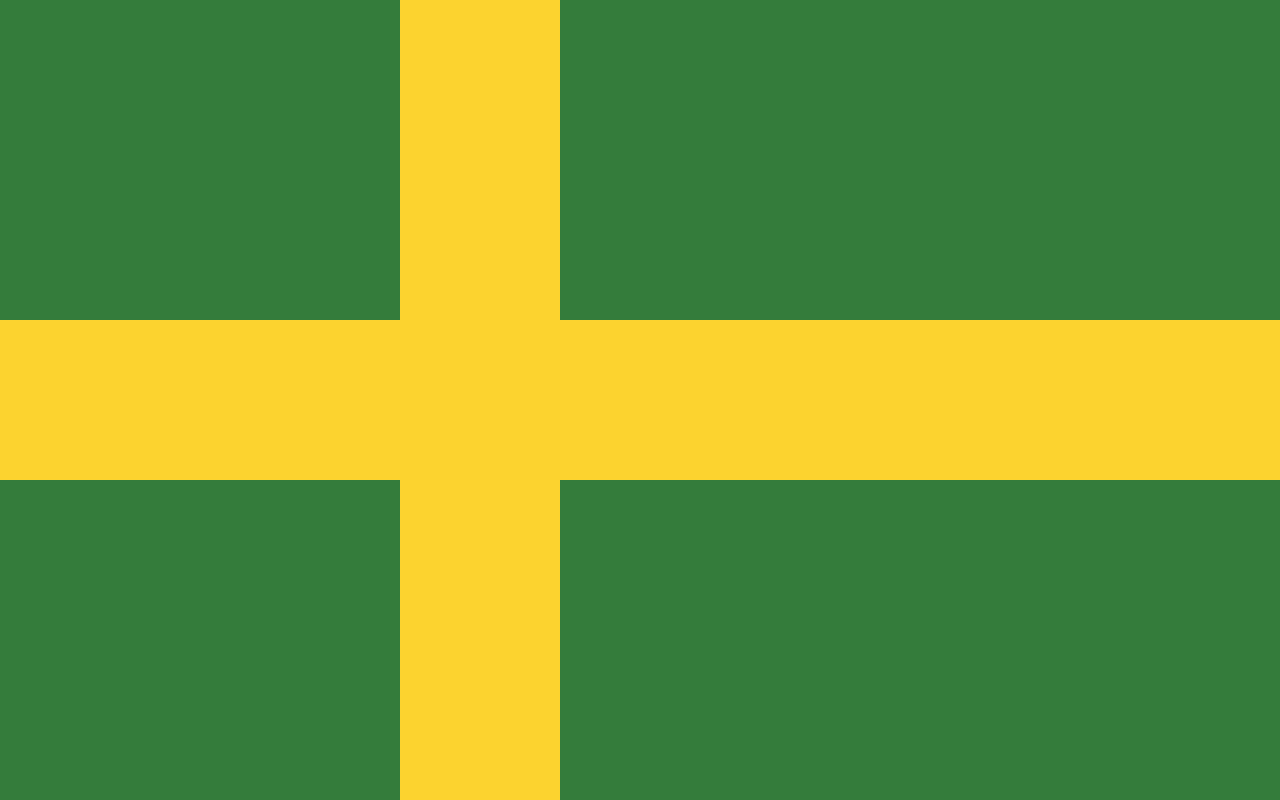 |
Scandimar | Republic of Scandimar | Flensborg | Danish |
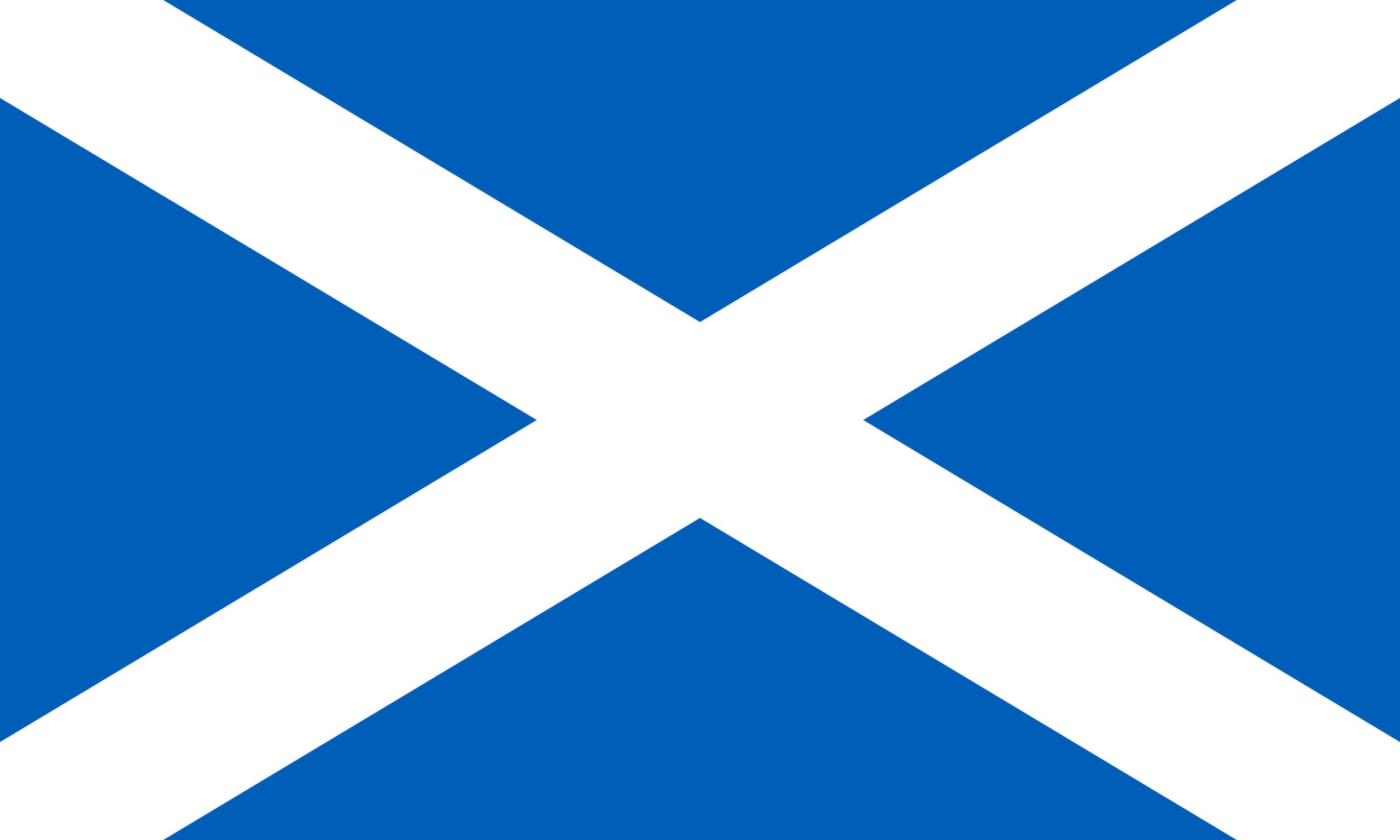 |
Scotland | Republic of Scotland | Edinburgh |
|
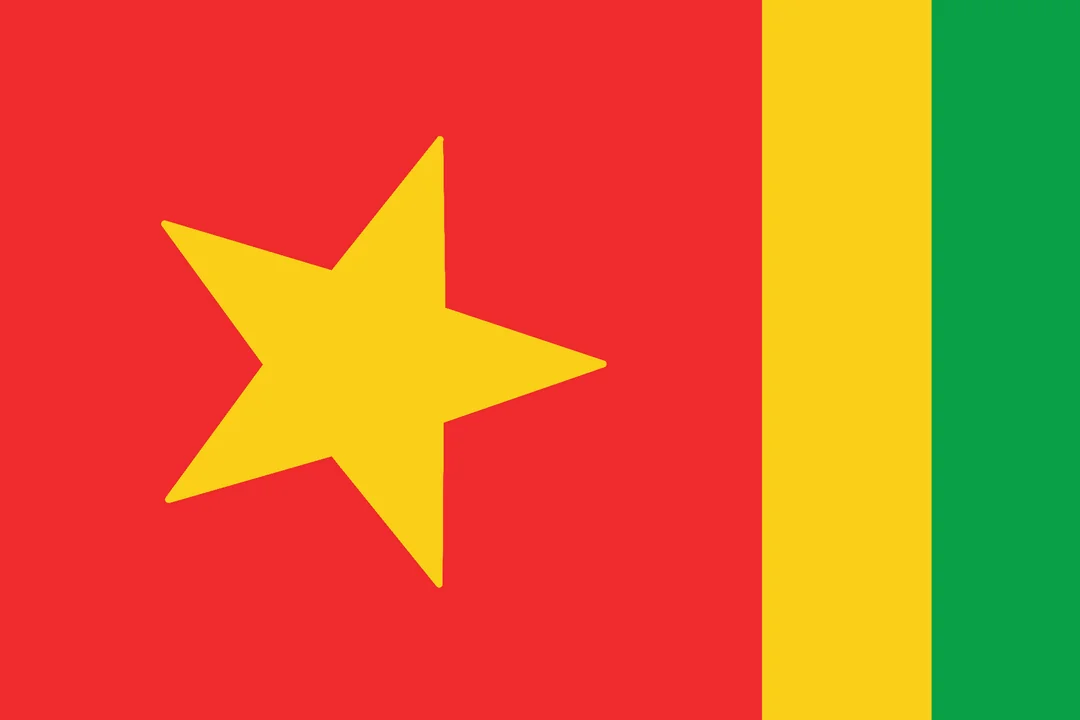 |
Senufia | Republic of Senufia | Korhogo | (Senufo Languages) |
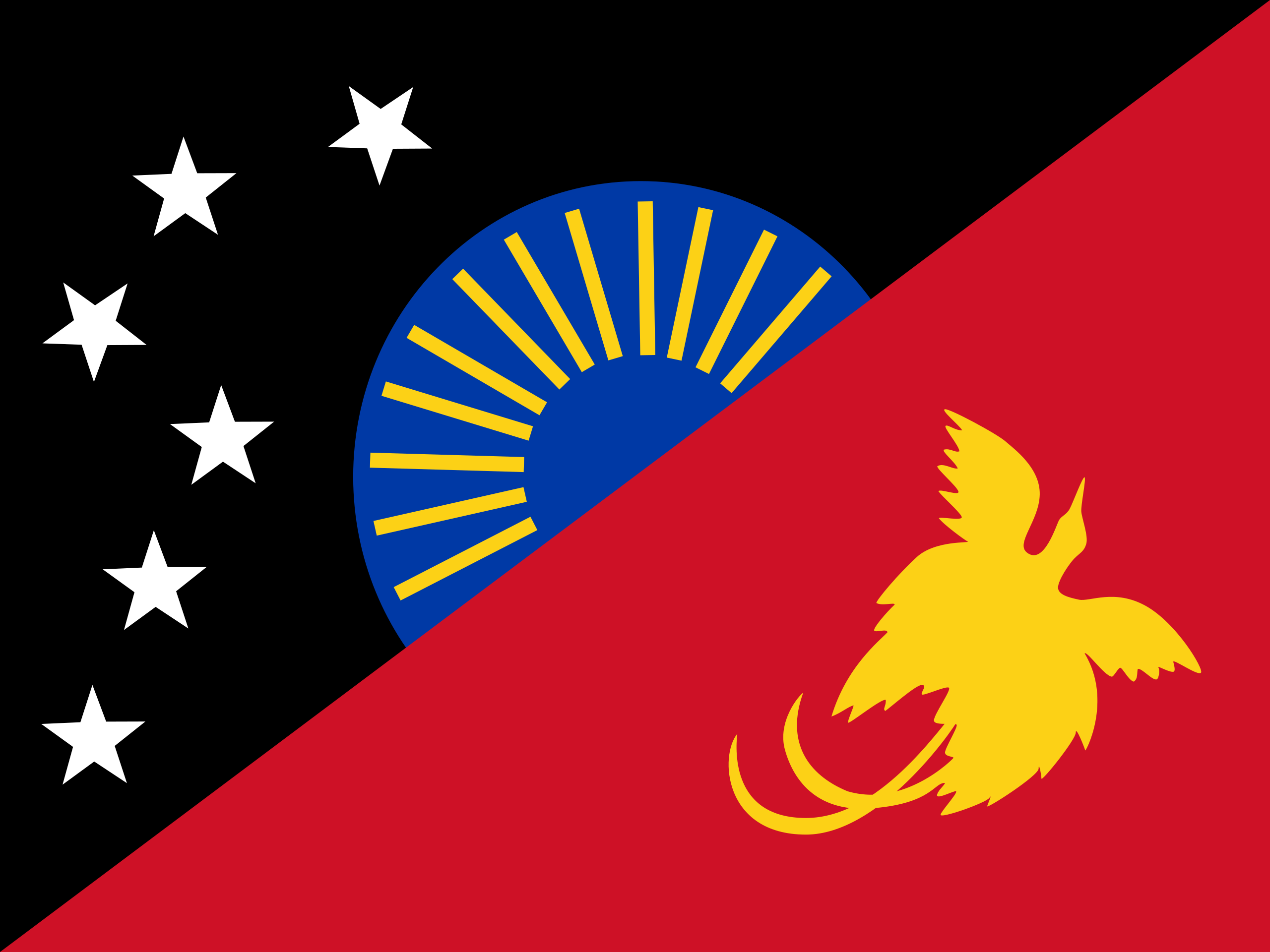 |
Sepik-Torricelli | Republic of Sepik-Torricelli | Wewak |
|
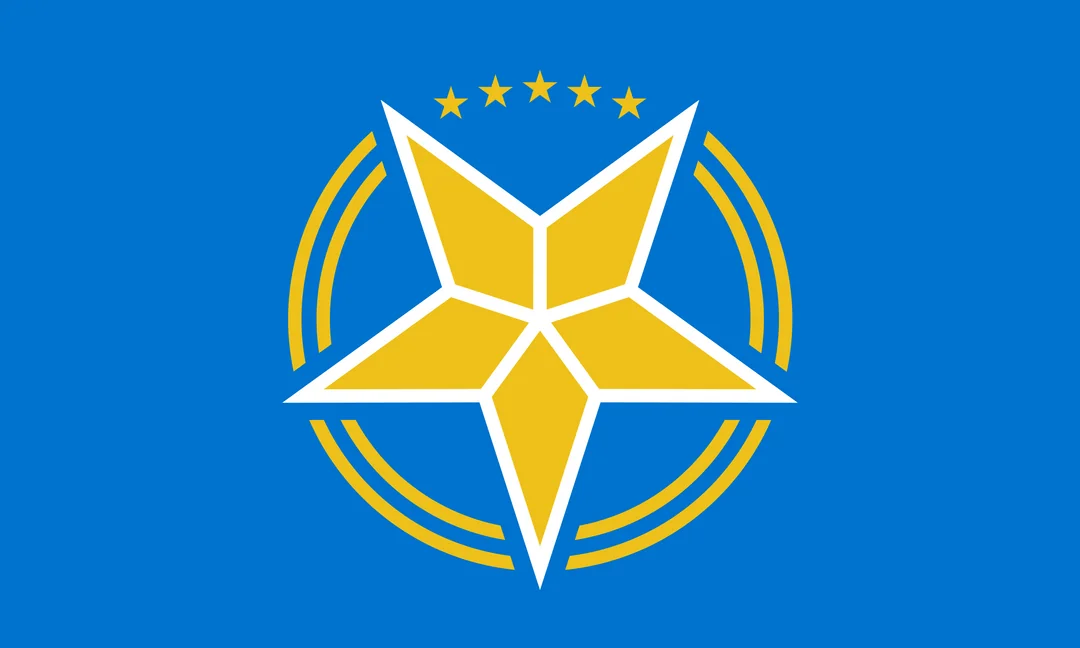 |
Sequoyah | Republic of Sequoyah | Tulsa |
|
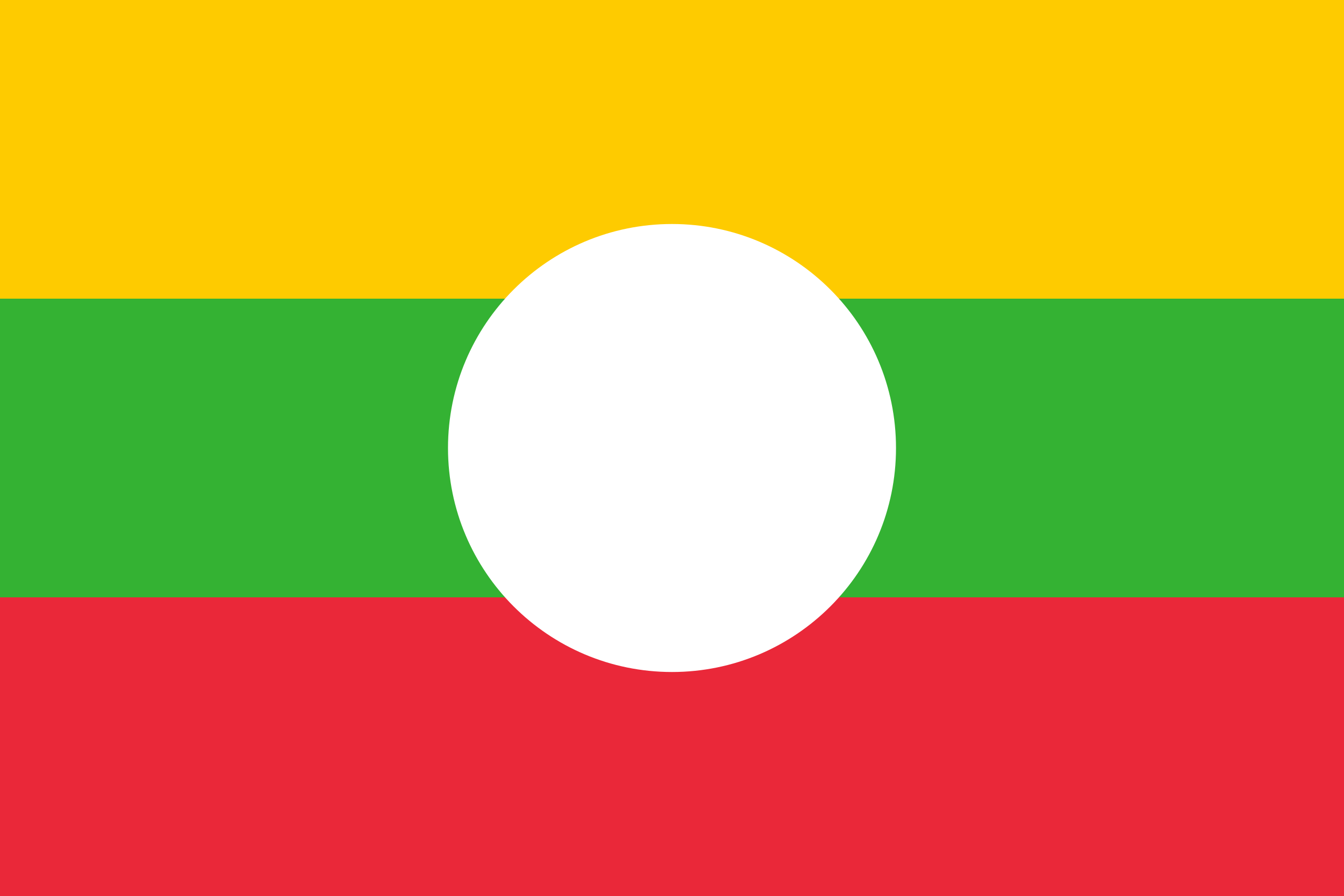 |
Shan | Shan Republic | Taunggyi | Shan |
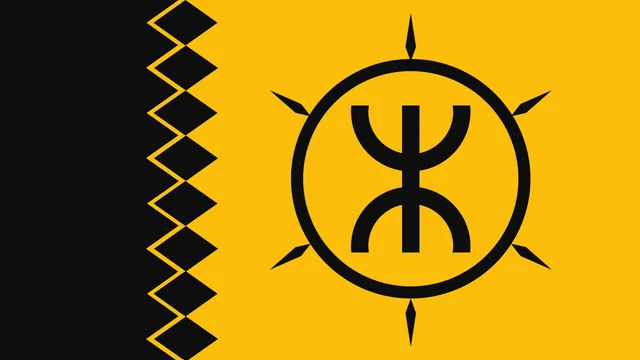 |
Shawia | Republic of Shawia | Batna | Shawiya |
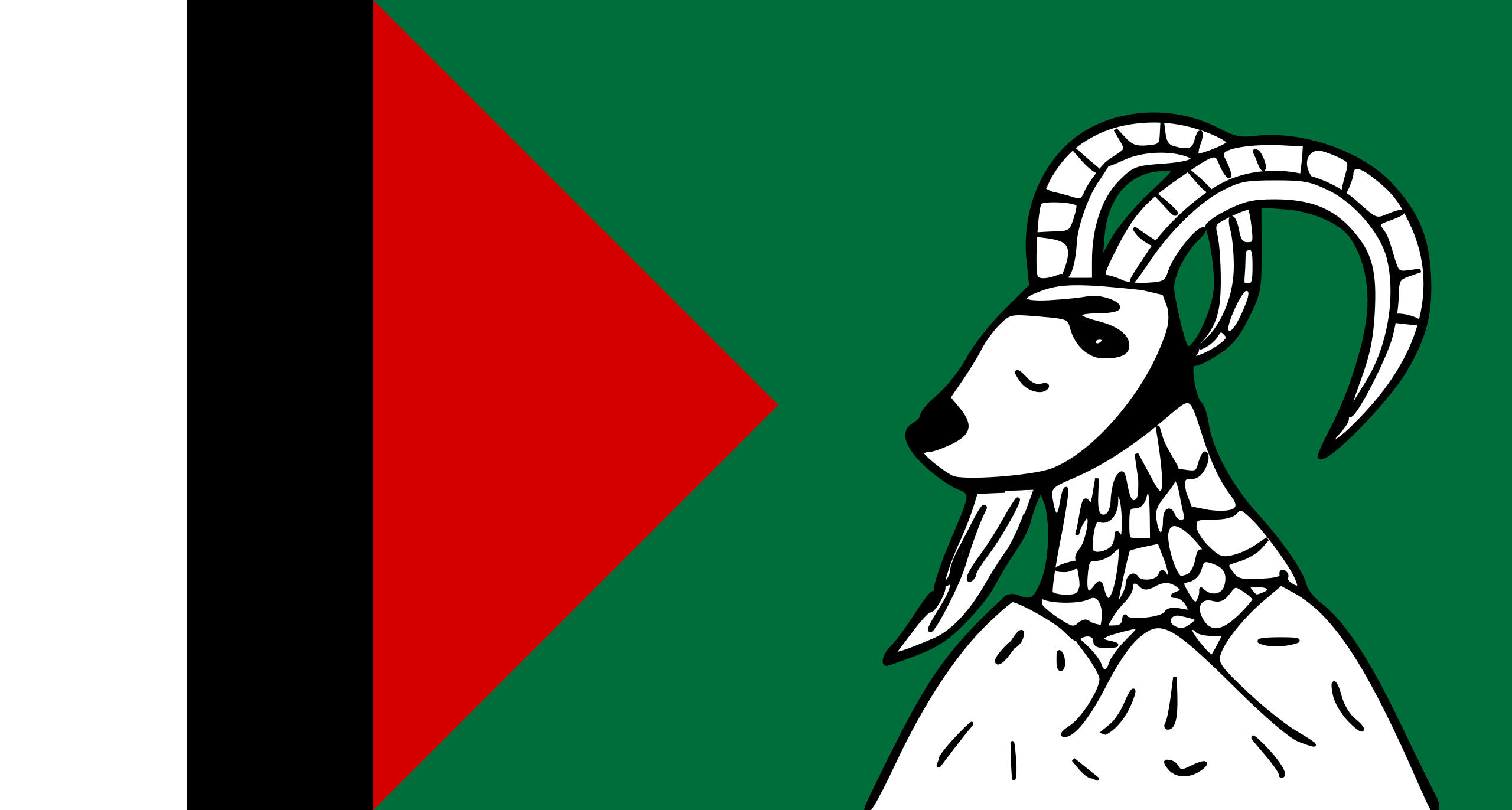 |
Shina-Baltistan | Republic of Shina-Baltistan | Gilgit |
|
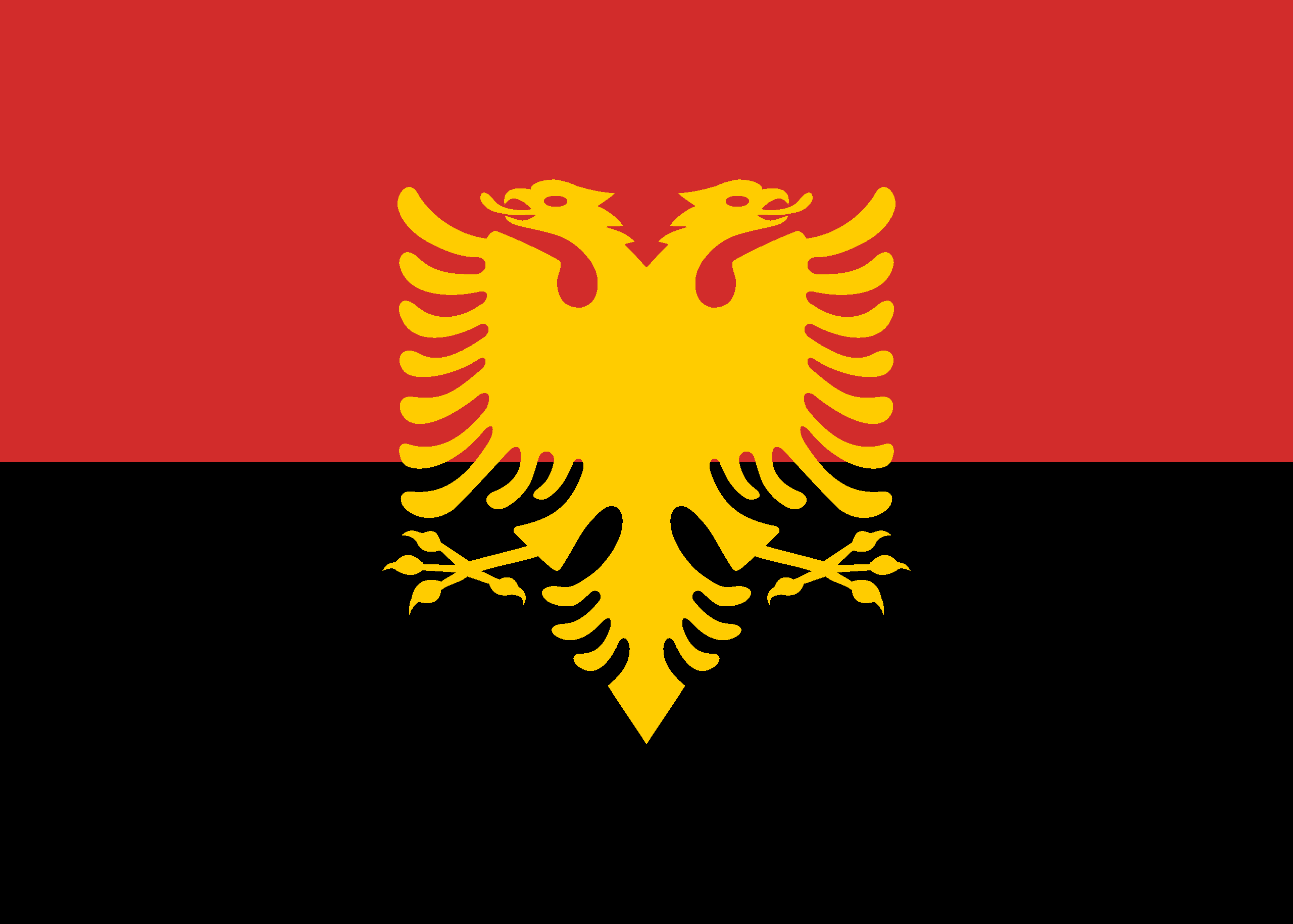 |
Shqiperia | Republic of Shqiperia | Tirana | Albanian |
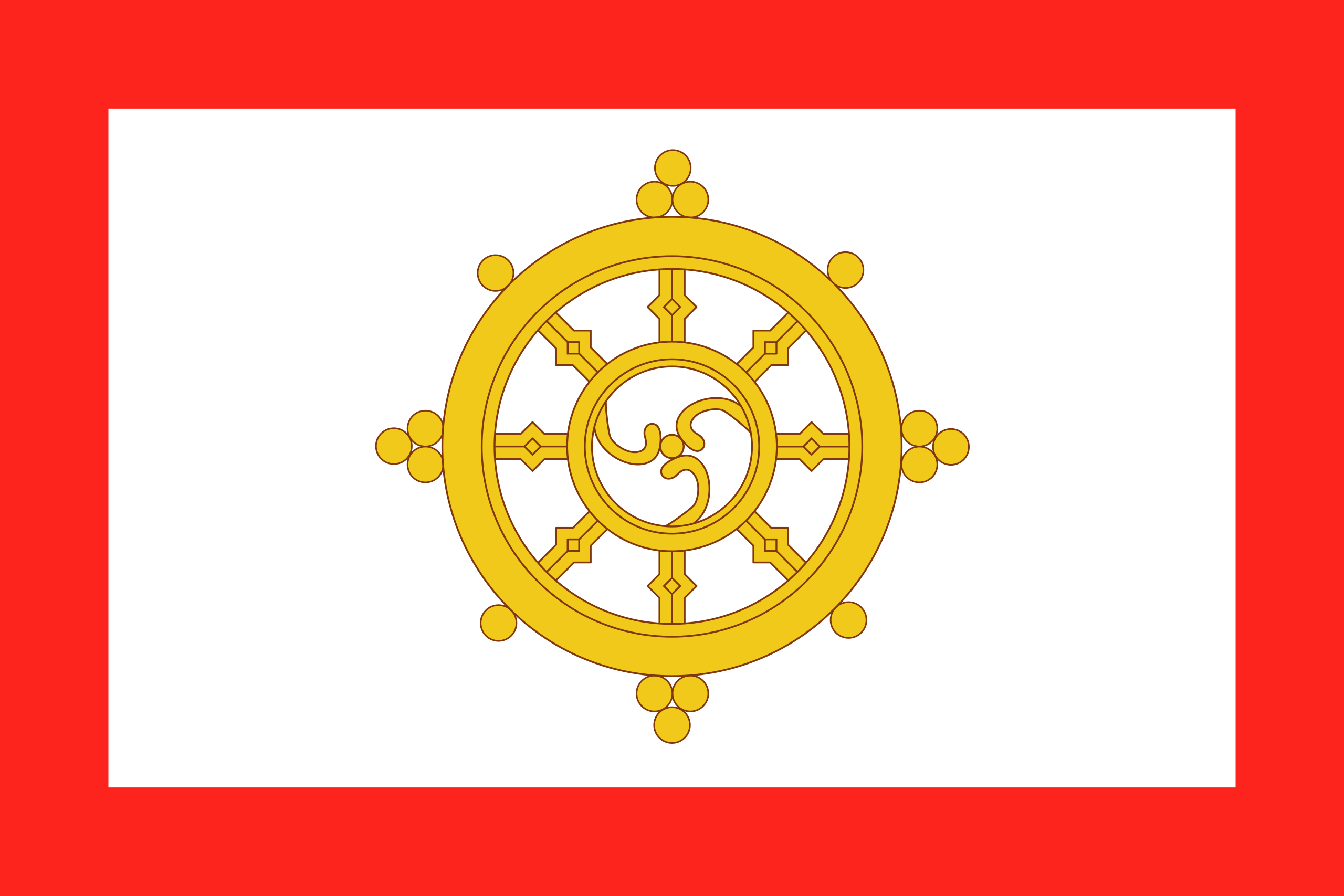 |
Sikkim | Republic of Sikkim | Gangtok |
|
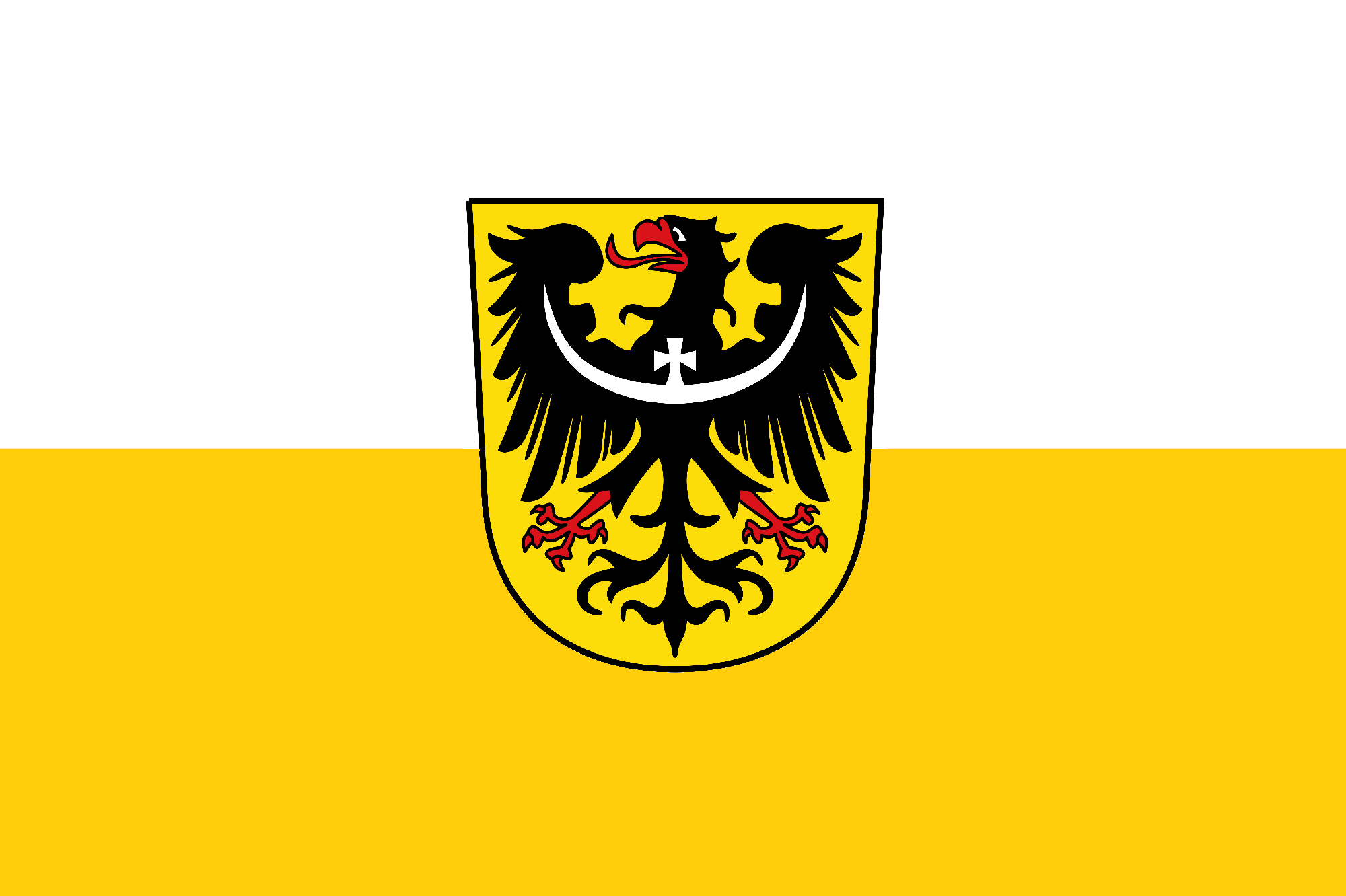 |
Silesia | Republic of Silesia | Wrocław |
|
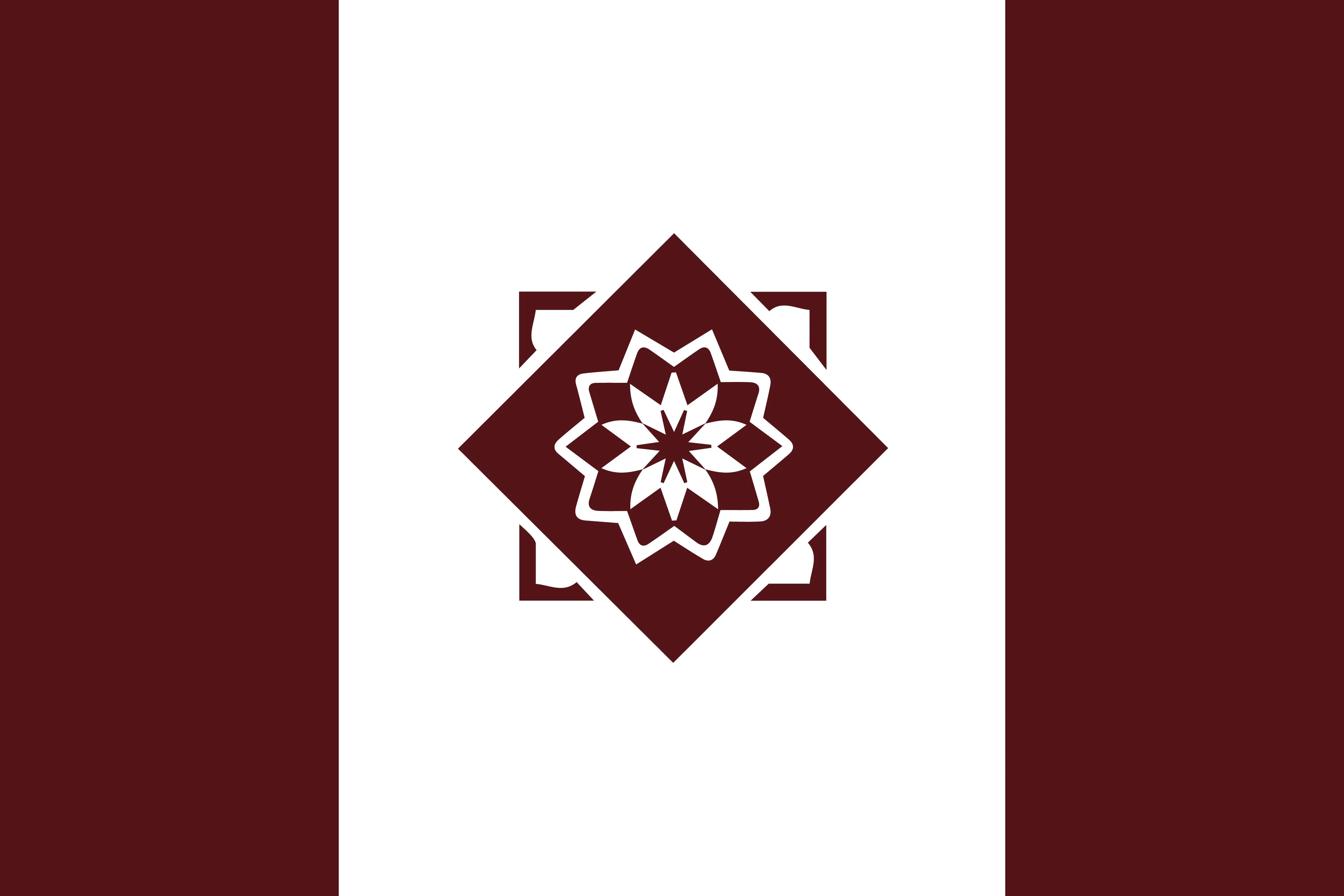 |
Sindh | Republic of Sindh | Indus (De Facto) | Sindhi |
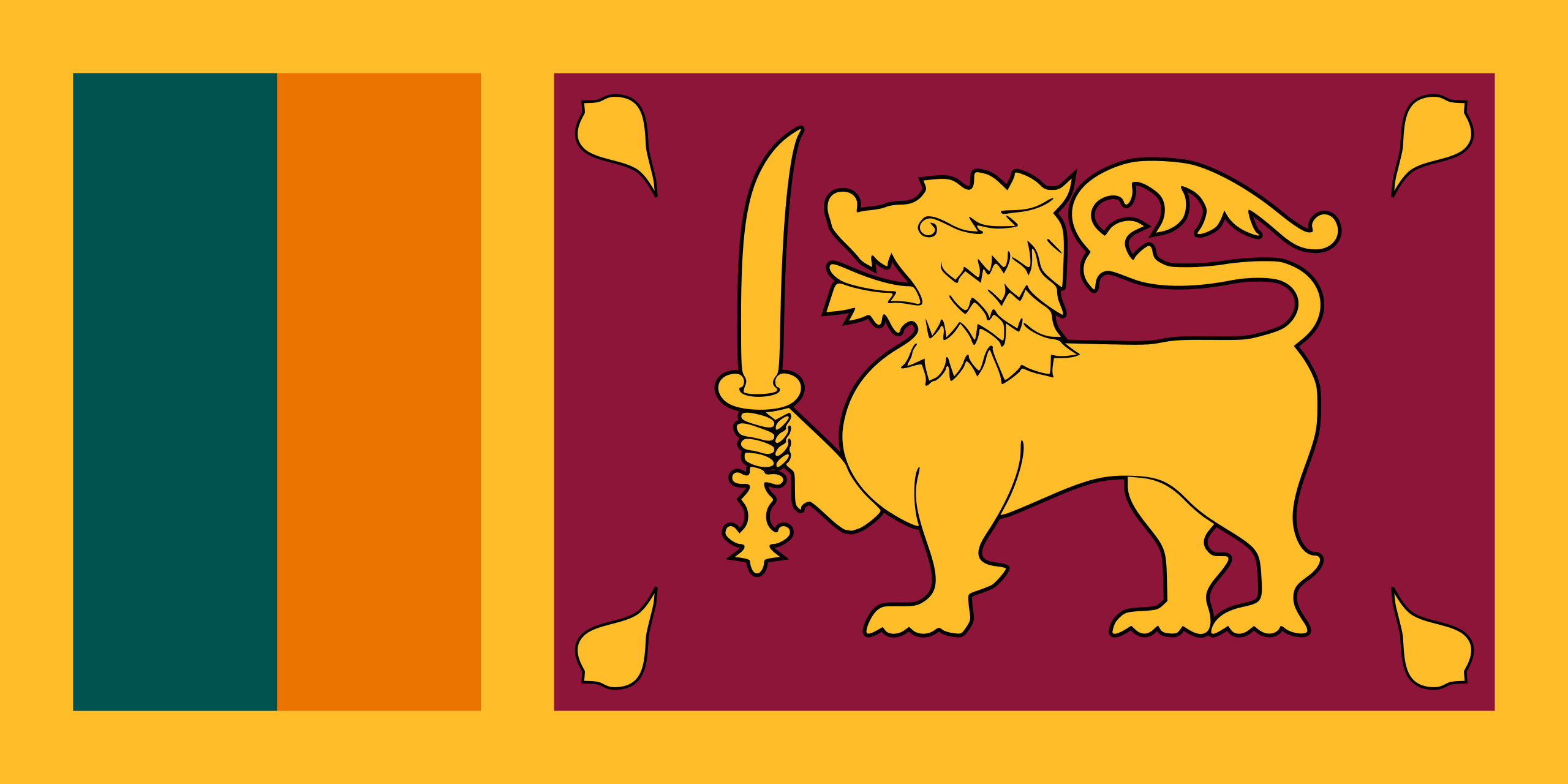 |
Sinhala | Republic of Sinhala | [[Colombo | Sinhali]] |
 |
Sizhou | Republic of Sizhou | Beijing | Chinese |
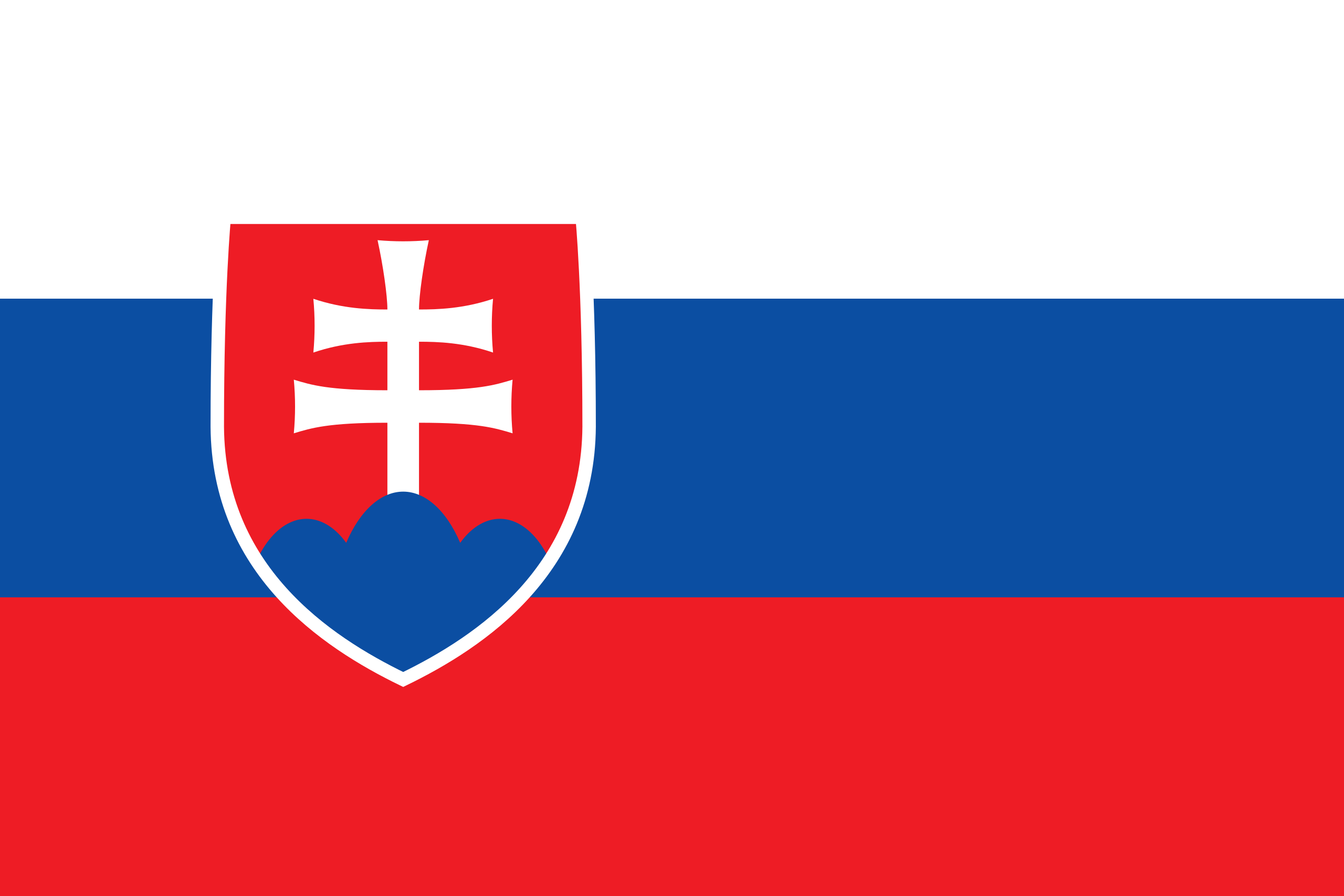 |
Slovakia | Republic of Slovakia | Bratislava | Slovak |
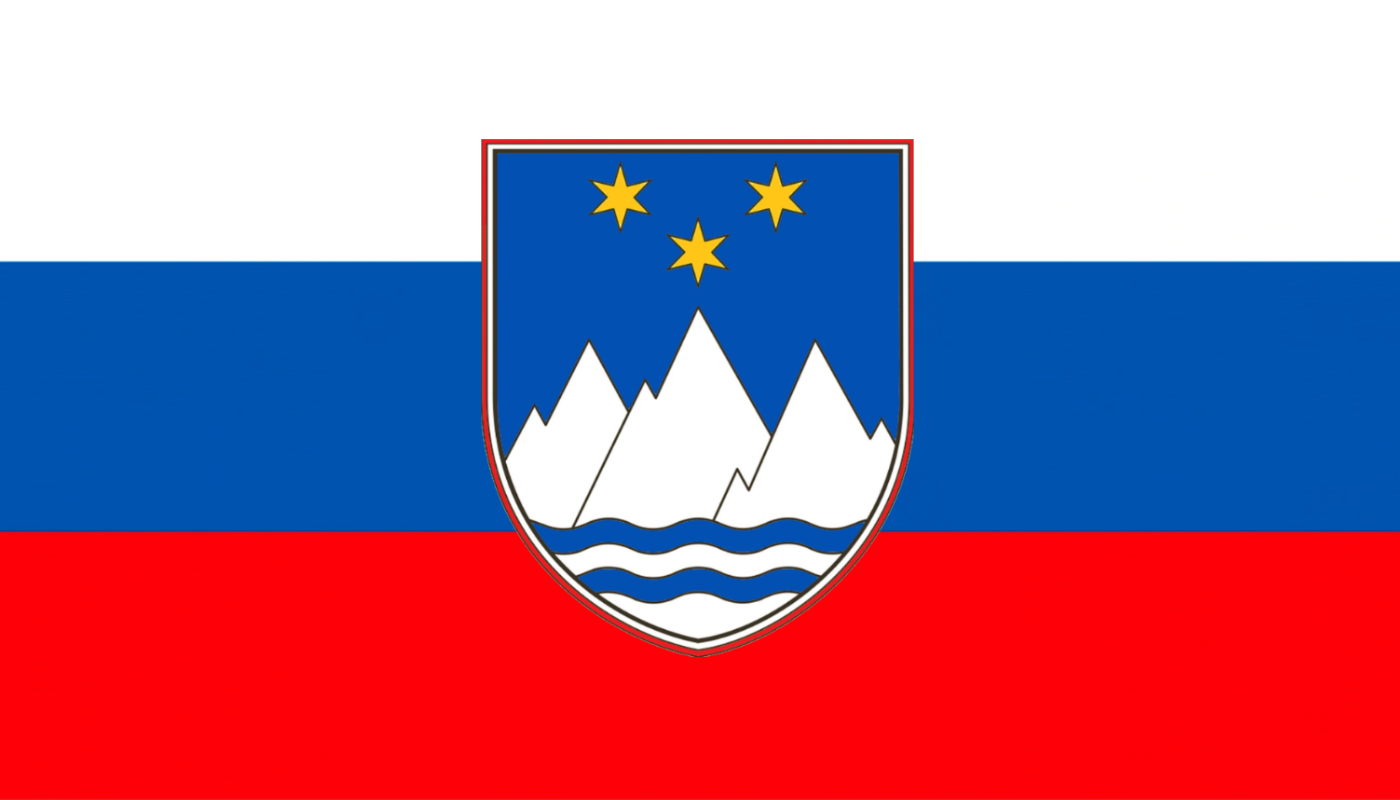 |
Slovenia | Republic of Slovenia | Ljubliana | Slovenian |
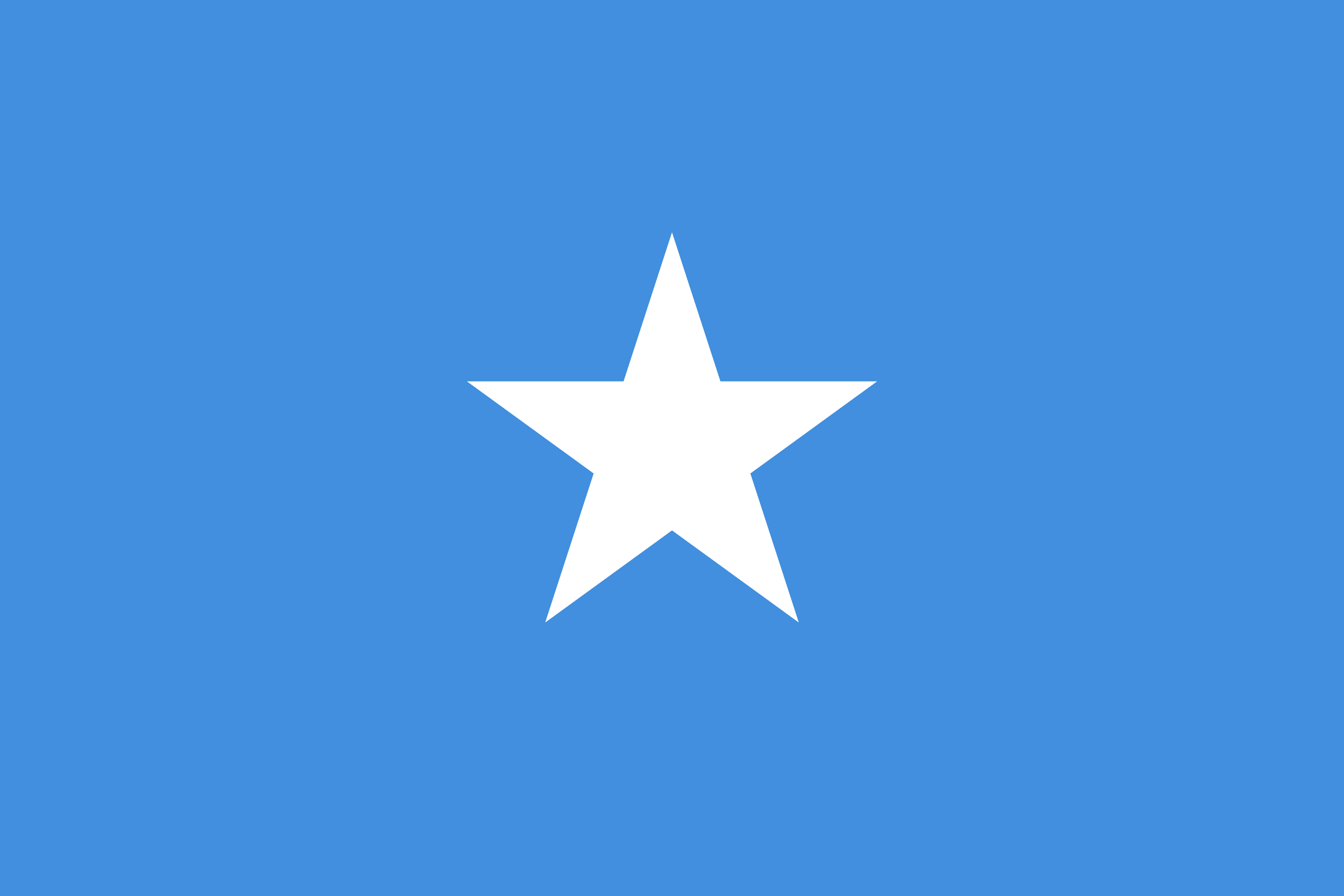 |
Somaliya | Republic of Somaliya | Mogadishu | Somali |
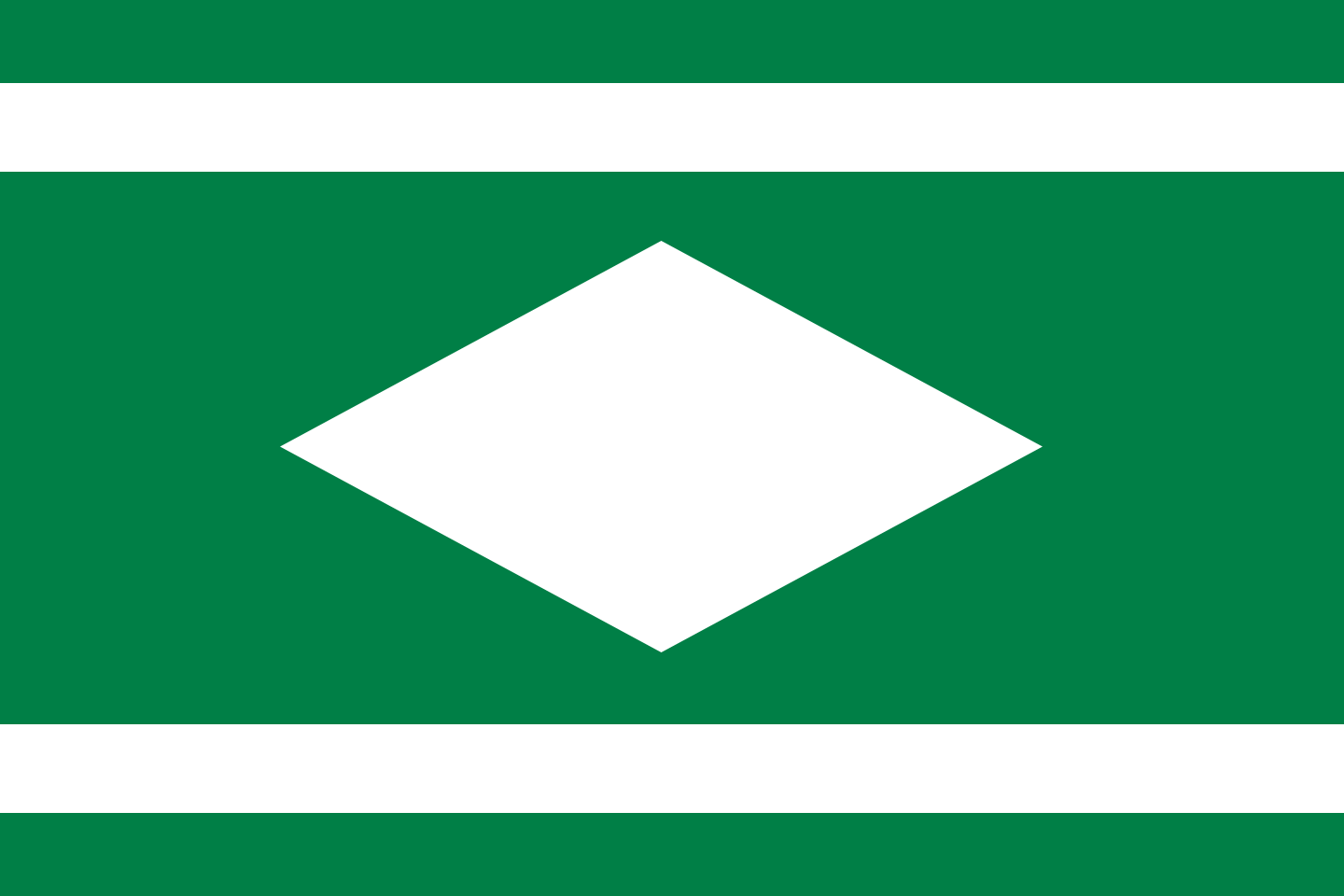 |
Songhai | Songhai Republic | Niamey |
|
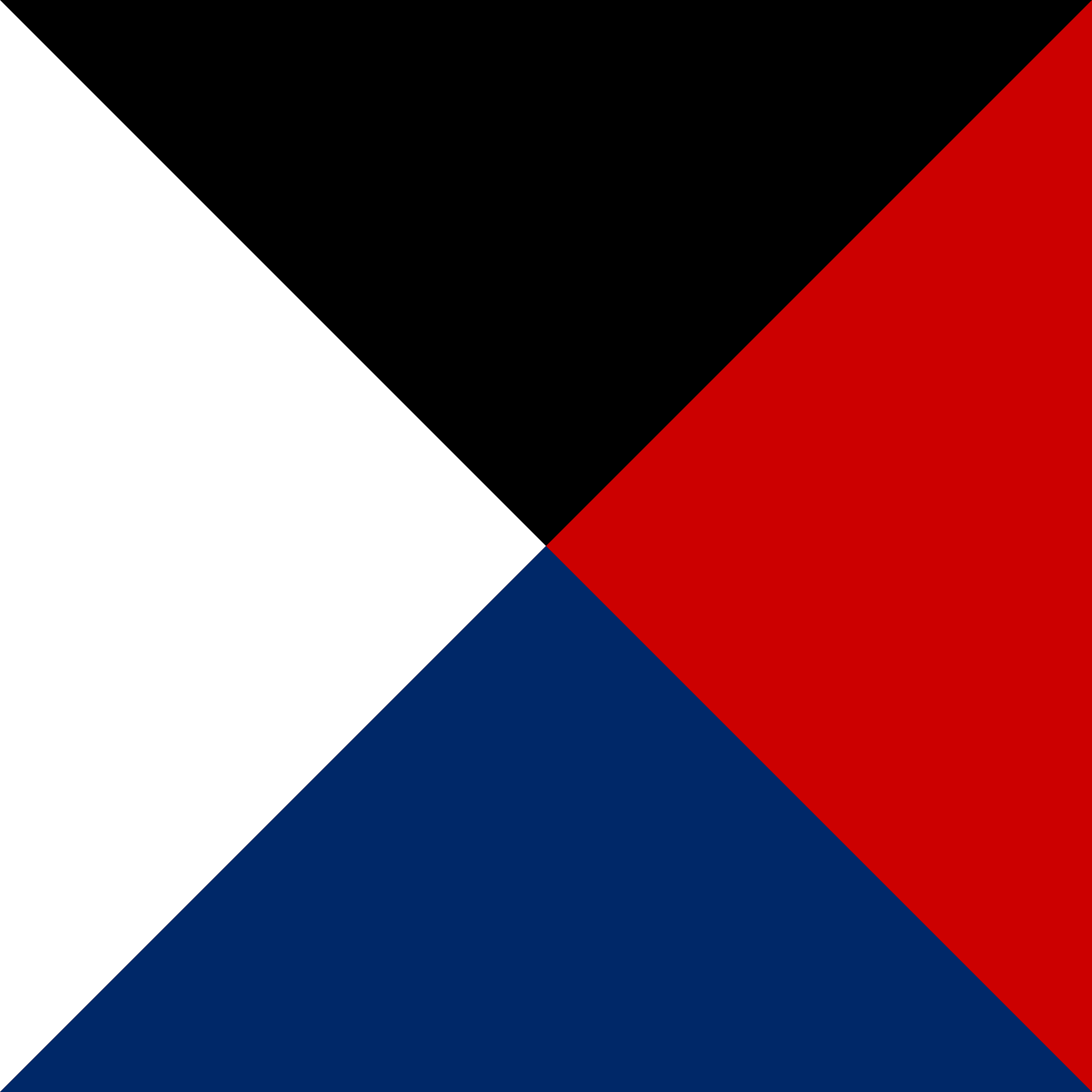 |
South Nahua | Republic of South Nahua | Tehuacán |
|
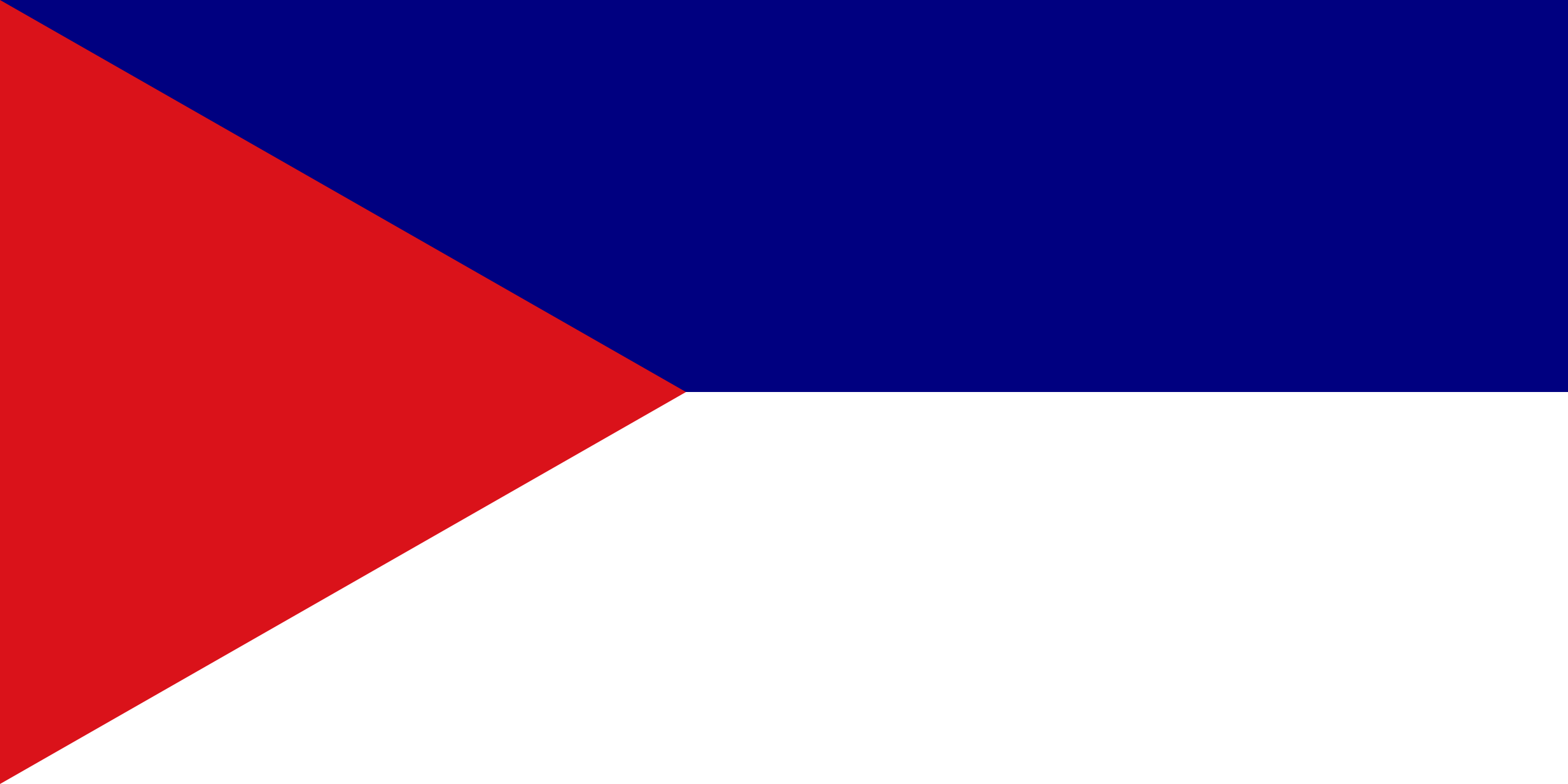 |
South Sabah | Republic of South Sabah | Tawau | (Murutic Languages) |
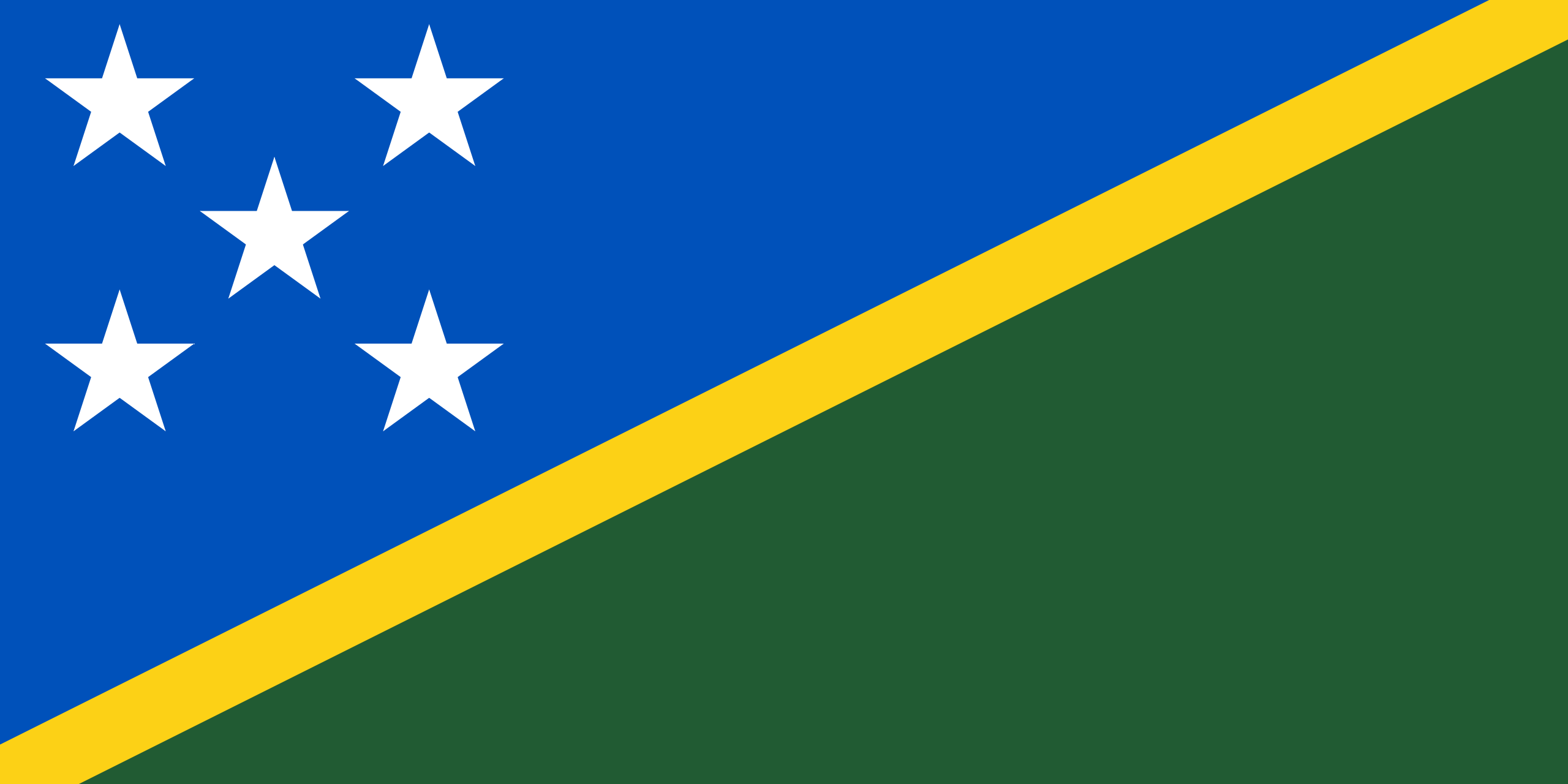 |
South Solomon Islands | Republic of the South Solomon Islands | Honiara |
|
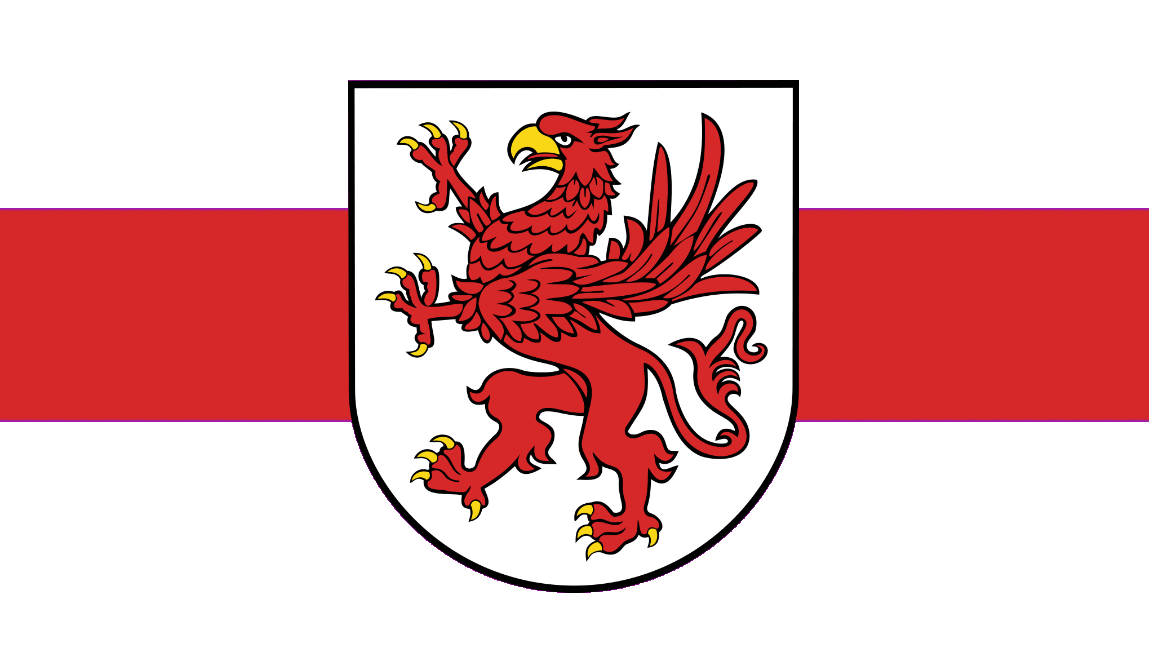 |
Spisos | Republic of Spisos | Vancouver |
|
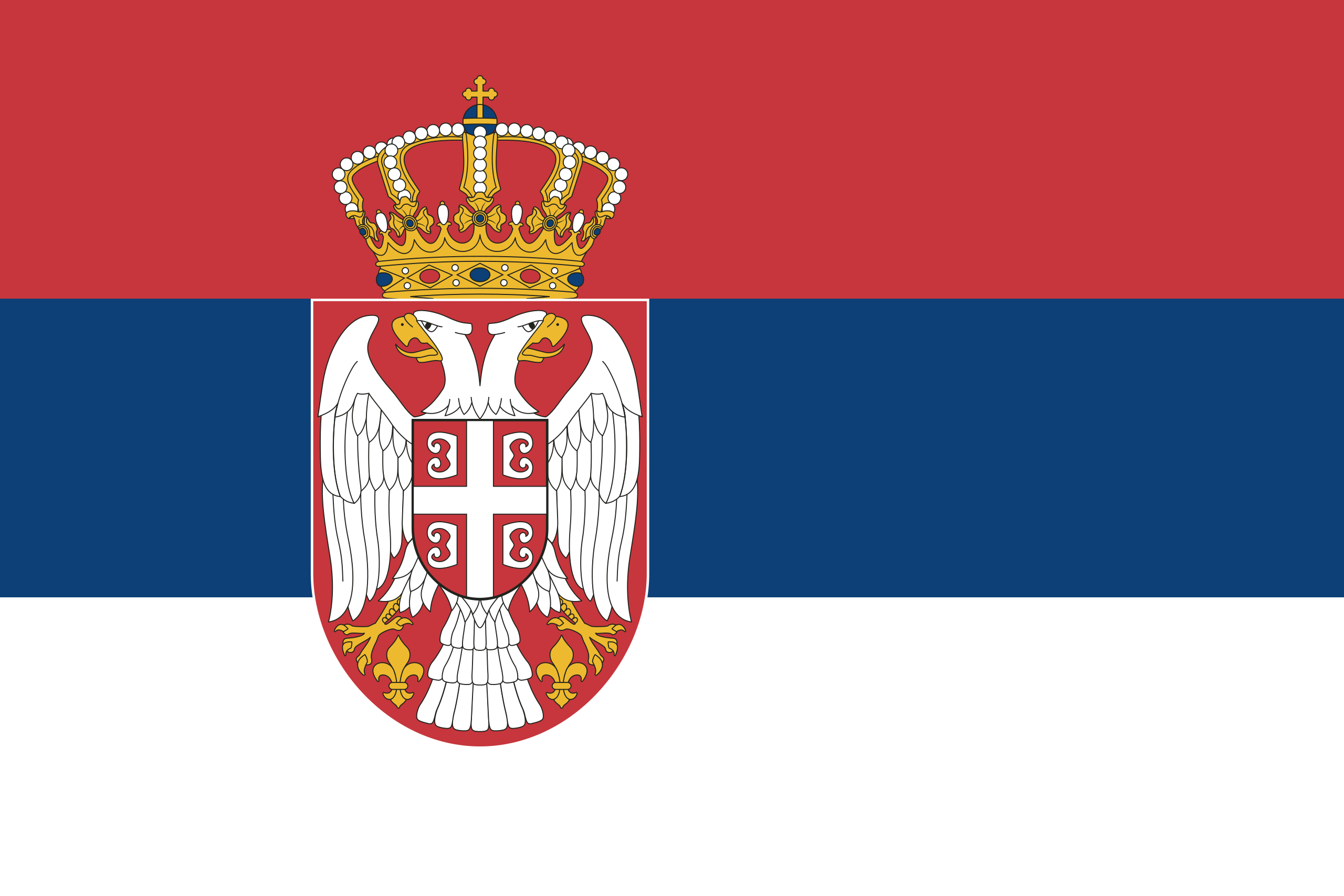 |
Srbija | Republic of Srbija | Belgrade | Serbian |
 |
Sudan | Federative Republic of Sudan | Nyala |
|
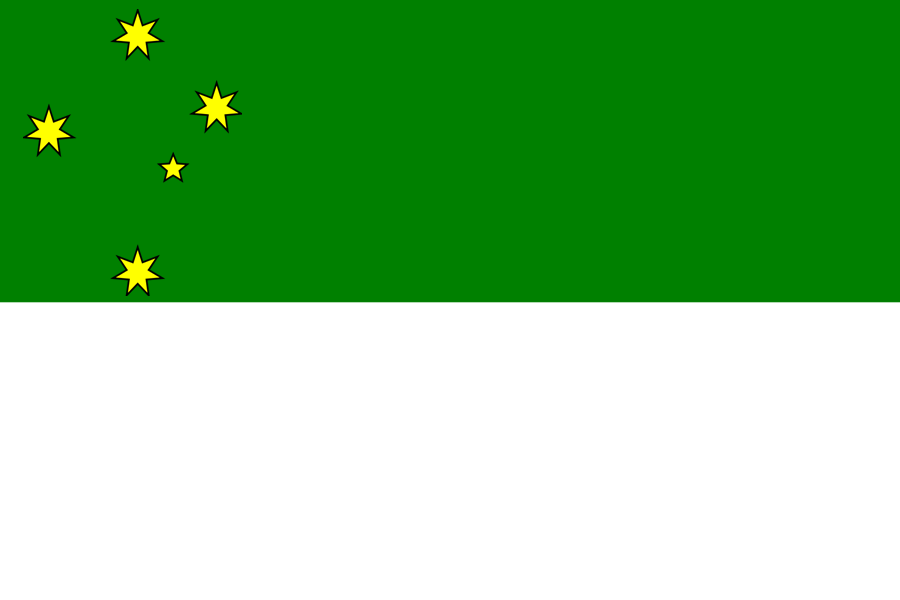 |
Sumba-Flores | Republic of Sumba-Flores | Ende |
|
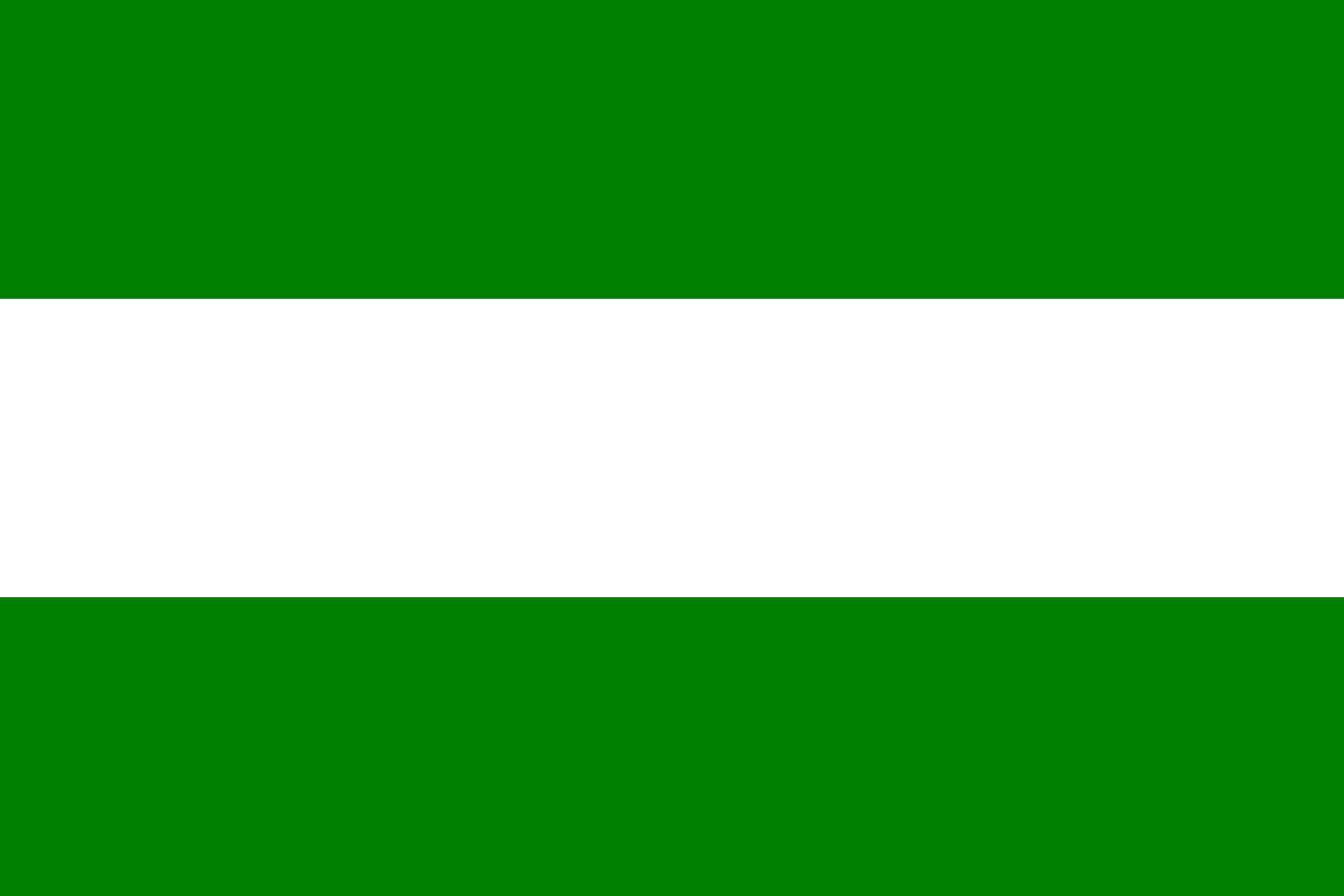 |
Sunda | Sunda Republic | Bandung | Sundanese |
 |
Suomi | Republic of Suomi | Helsinki | Finnish |
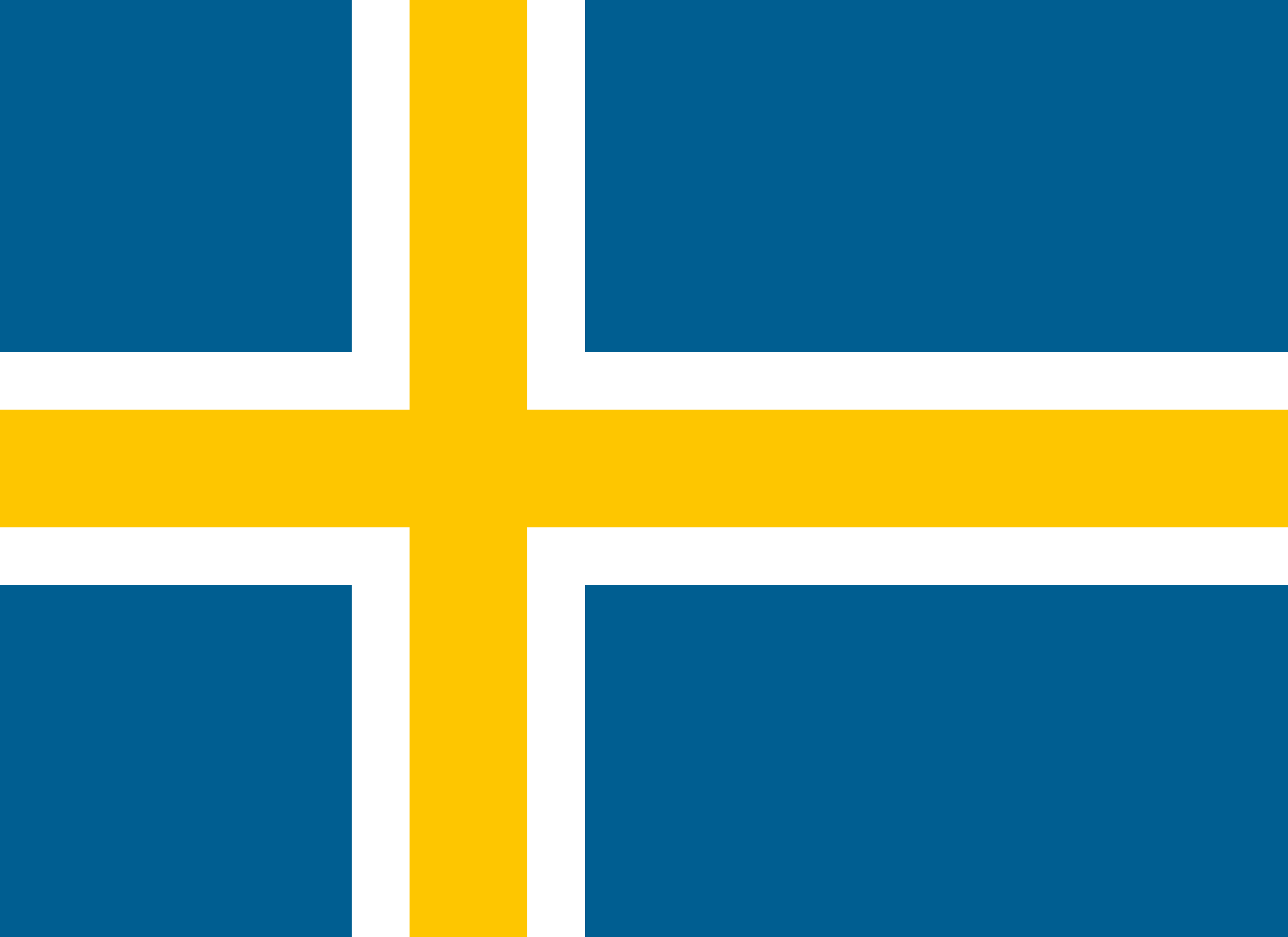 |
Svealand | Republic of Svealand | Stockholm | Swedish |
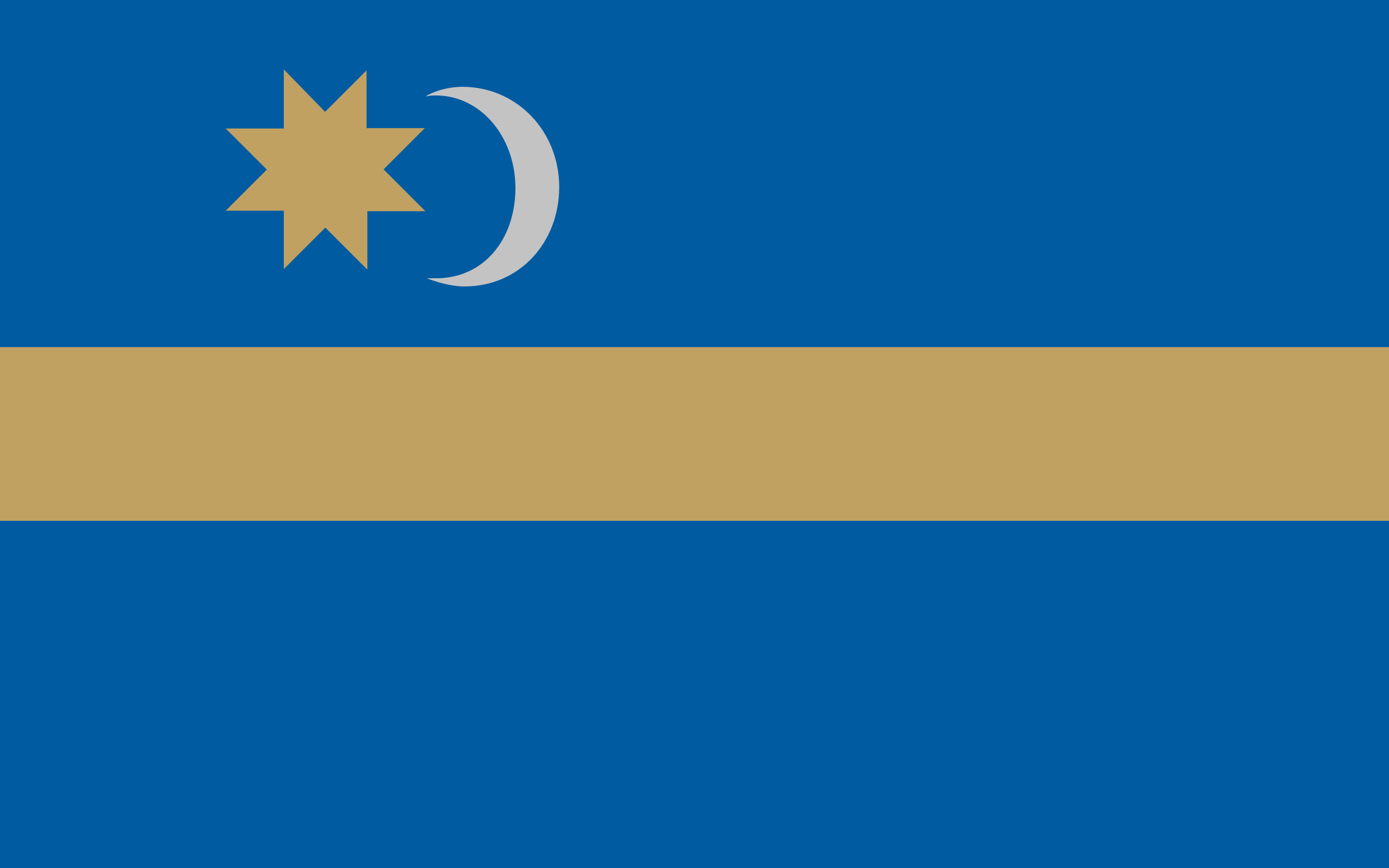 |
Szekely-Magyar | Magyar Republic of Szekelyland | Marosvásárhely (Târgu Mureș) | Hungarian |
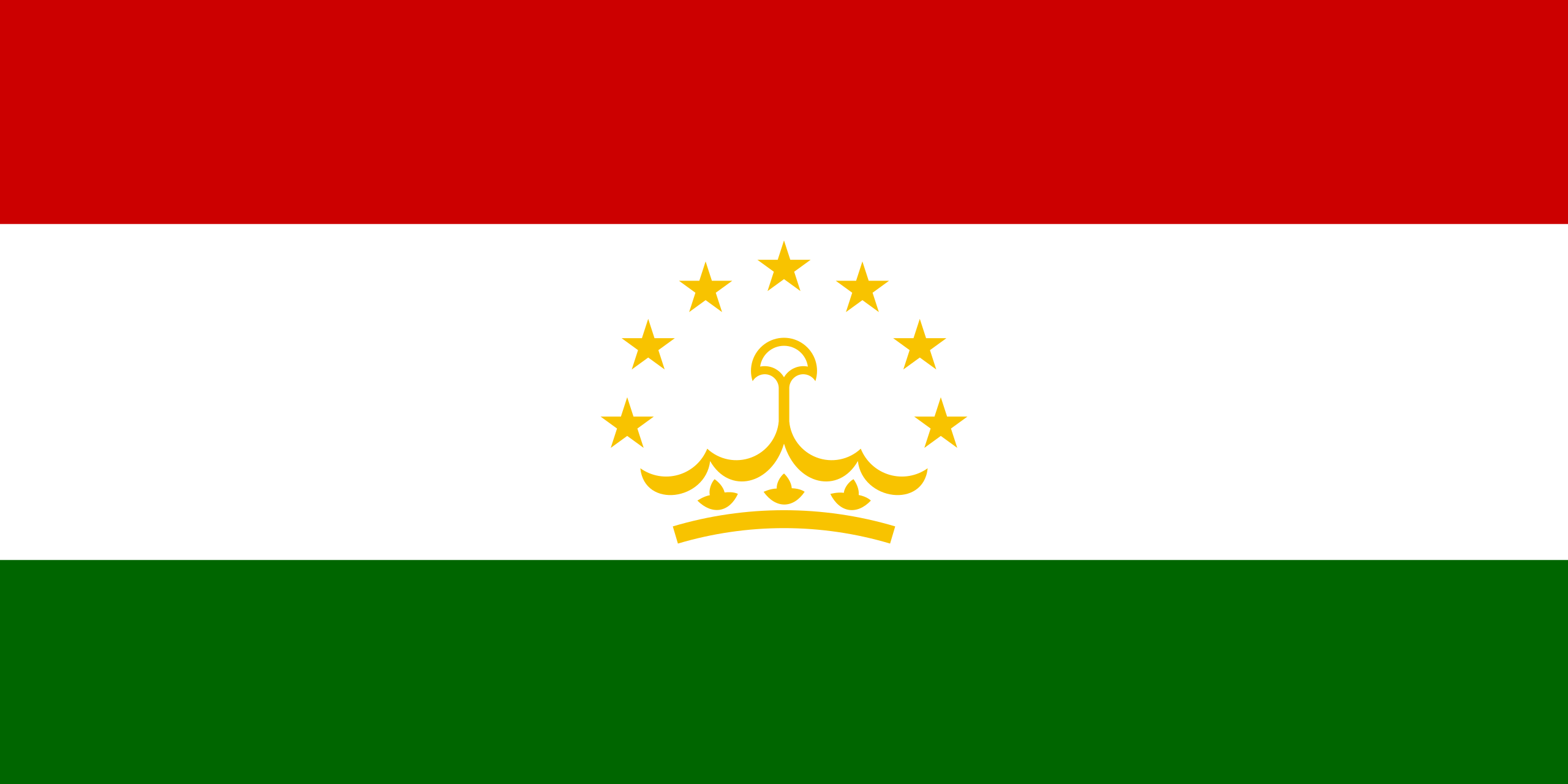 |
Tajikistan | Republic of Tajikistan | Kunduz | Tajik |
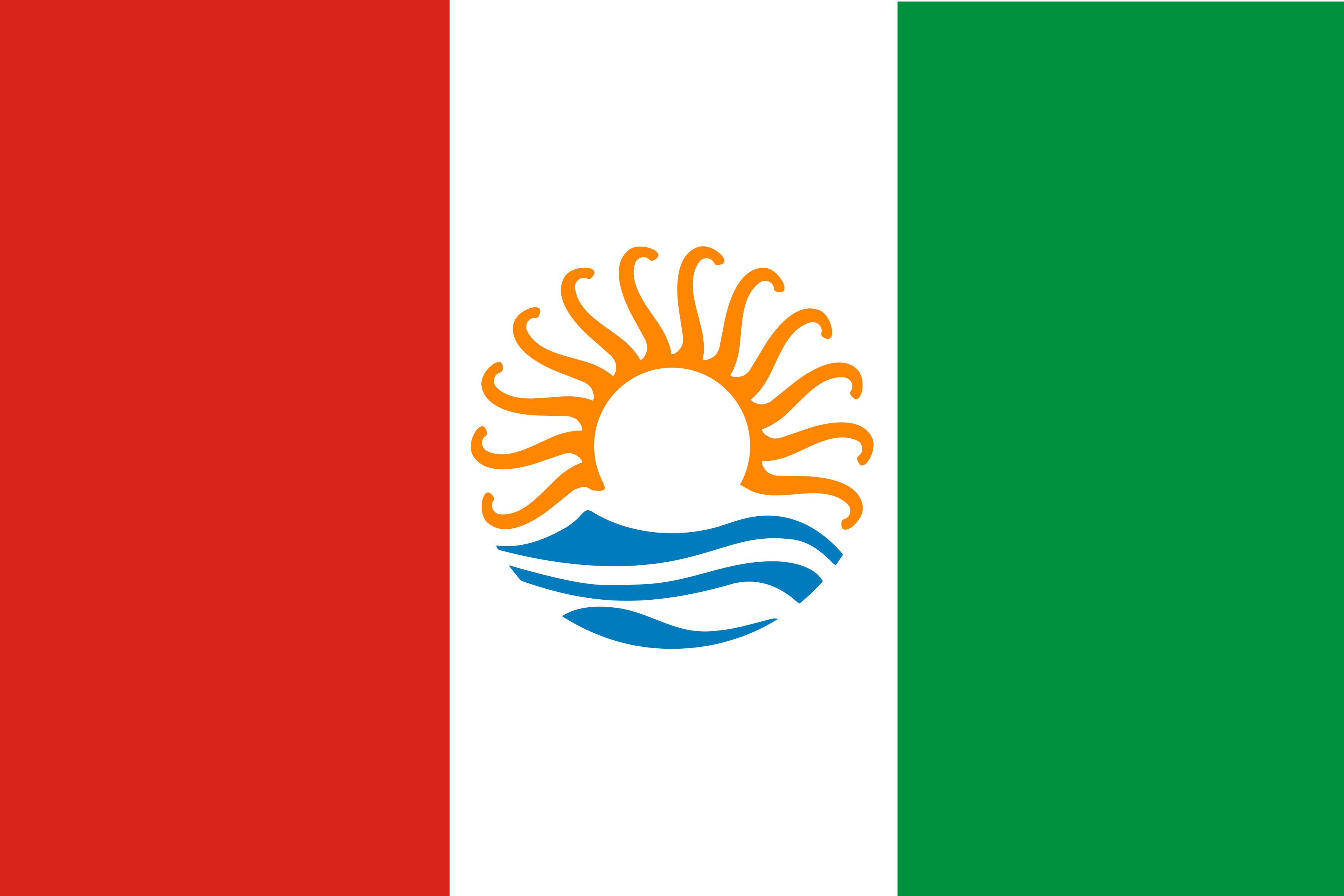 |
Talyshia | Republic of Talyshia | Hashtpar | Talysh |
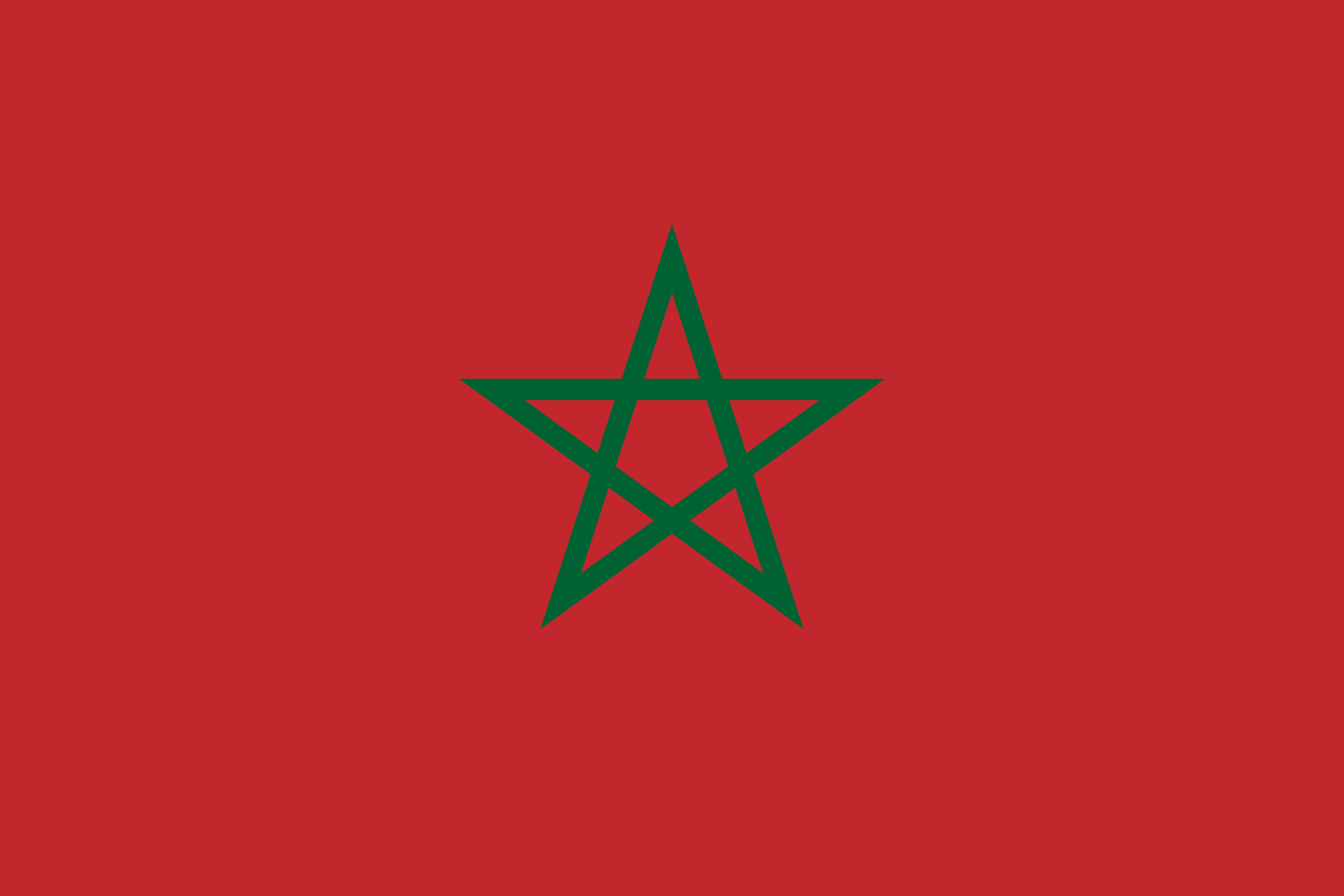 |
Tamazgha | Republic of Tamazgha | Meknes |
|
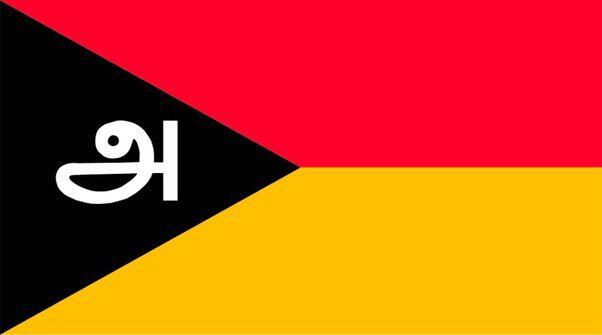 |
Tamil Nadu | Republic of Tamil Nadu | Pirtil (De Facto) | Tamil |
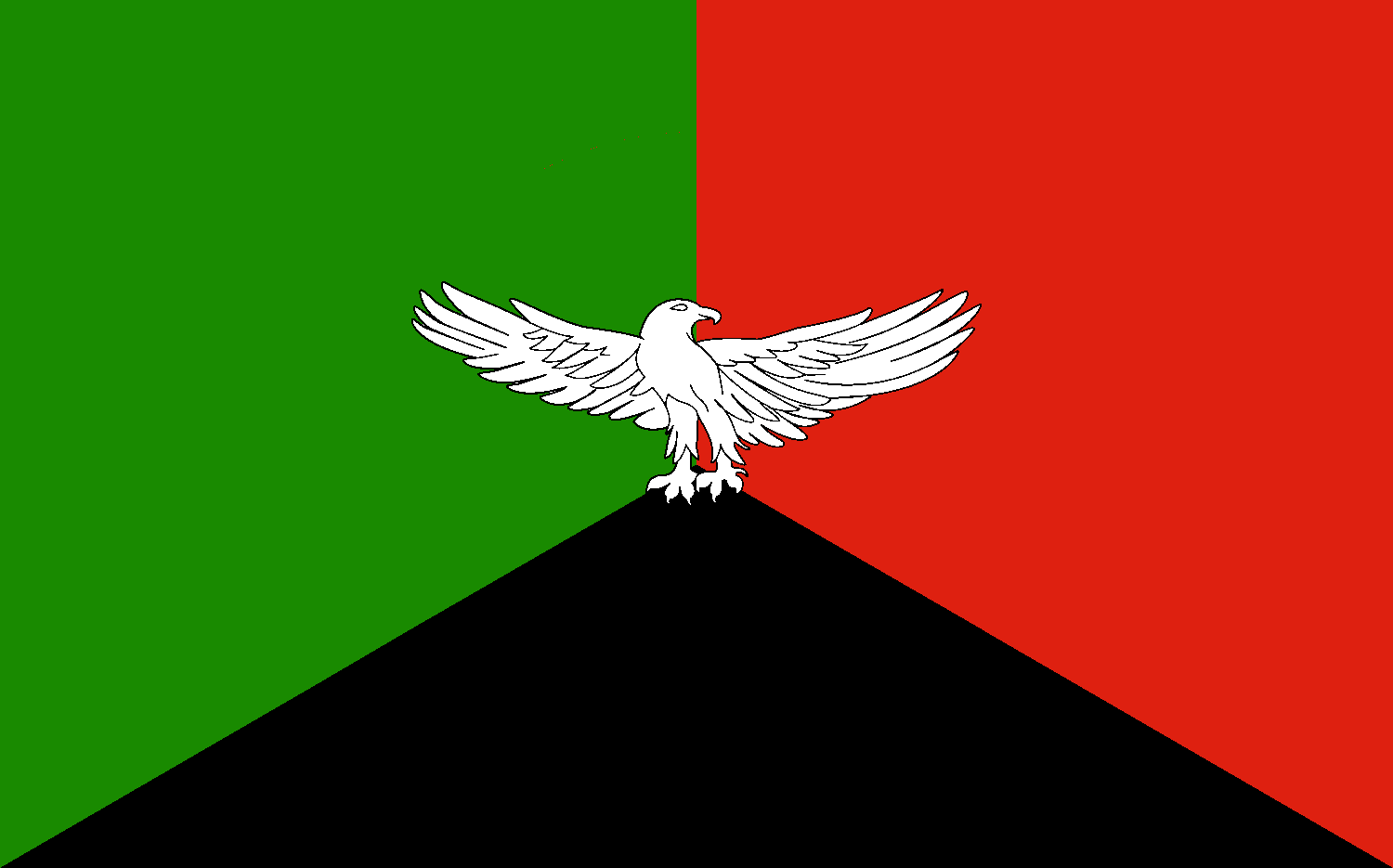 |
Tanganyika | Republic of Tanganyika | Moja |
|
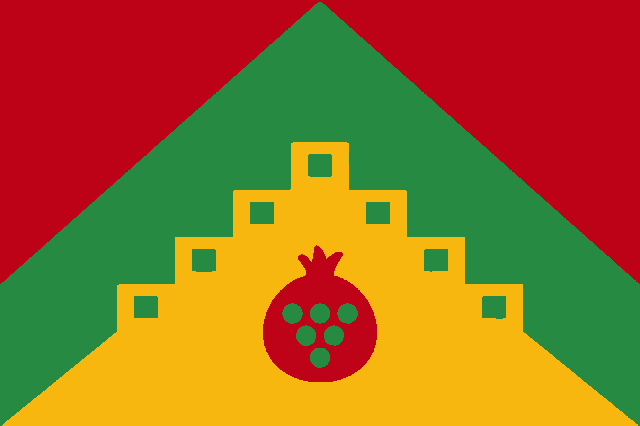 |
Tat | Republic of Tat | Qazvin | Tati |
| Tatarstan | Republic of Tatarstan | Kazan | Tatar | |
 |
Thailand | Republic of Thailand | Bangkok |
|
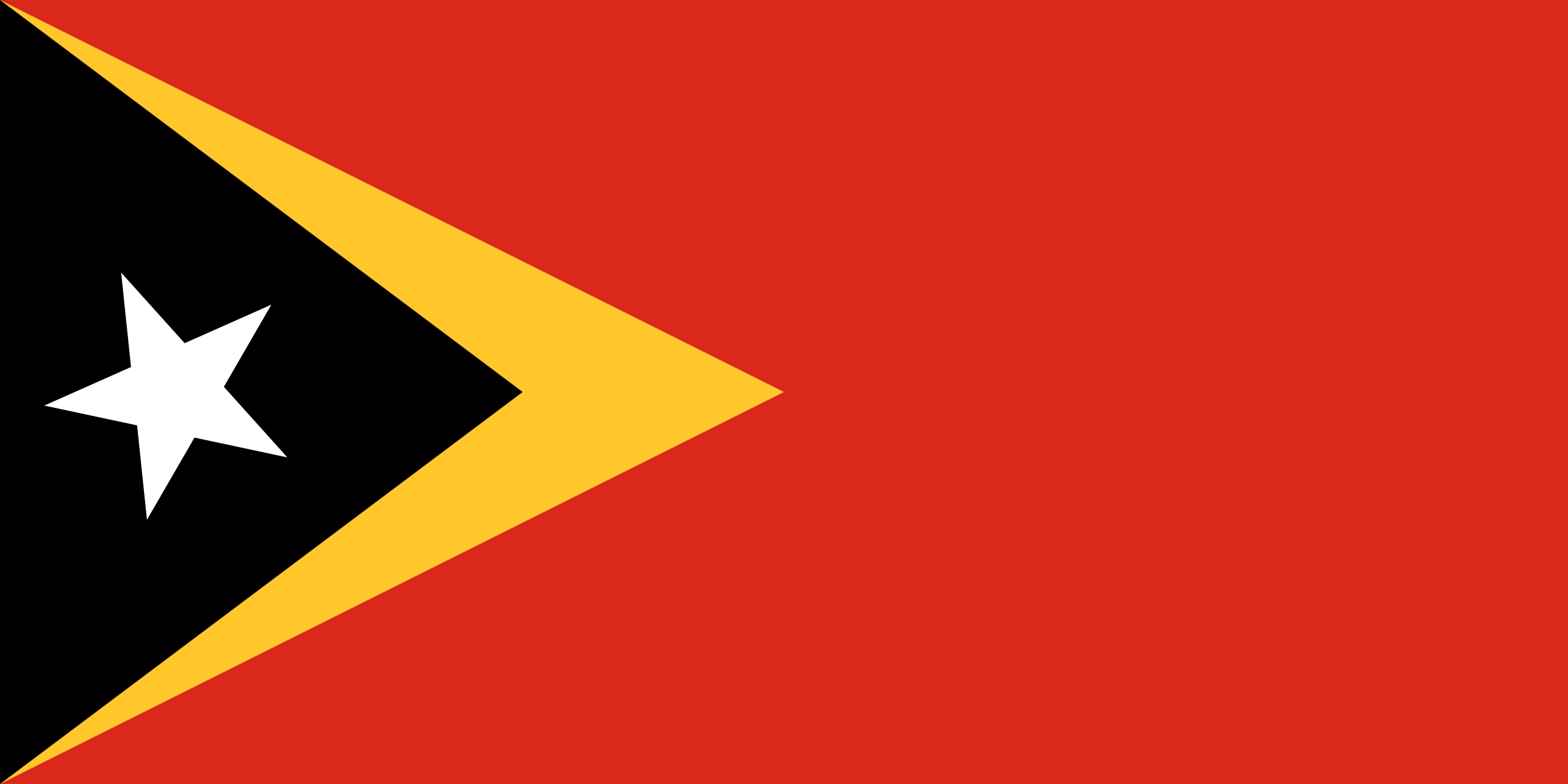 |
Timor | Republic of Timor | Kupang |
|
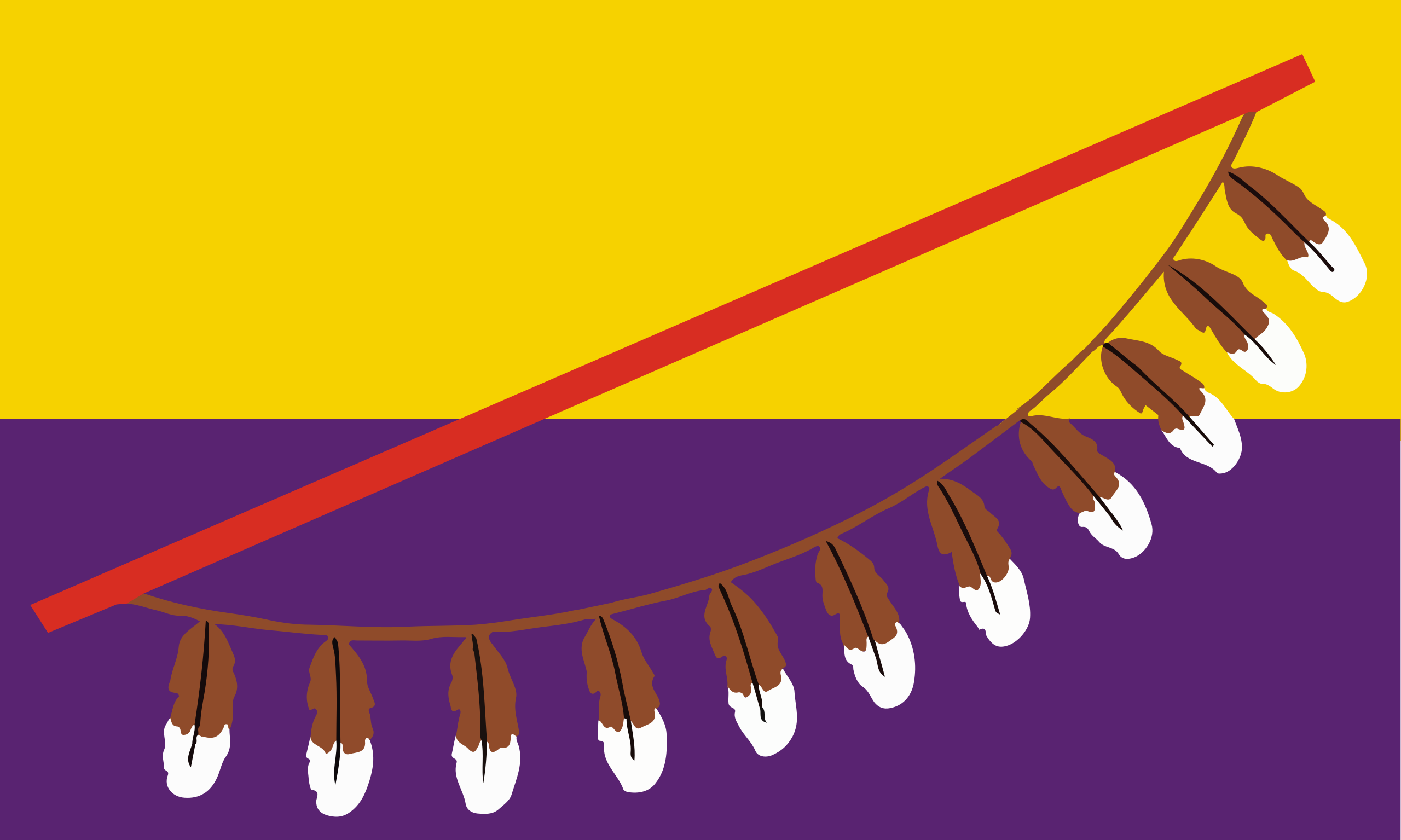 |
Tohono O'odham | Republic of Tohono O'odham | Komkcʼeḍ ʼe-Wa:ʼosidk |
|
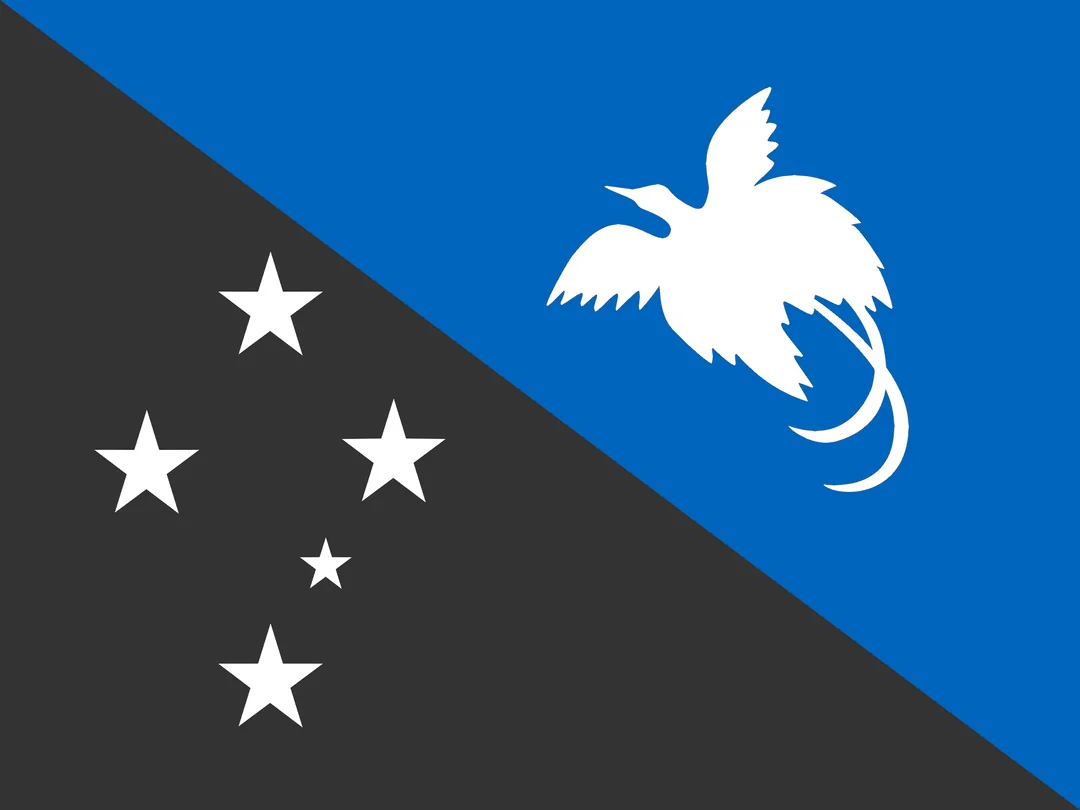 |
Tor-Kwerba | Republic of Tor-Kwerba | Nemporewa | (Foja Range languages) |
 |
Transbelt | Federative Republic of Transbelt | Jos |
|
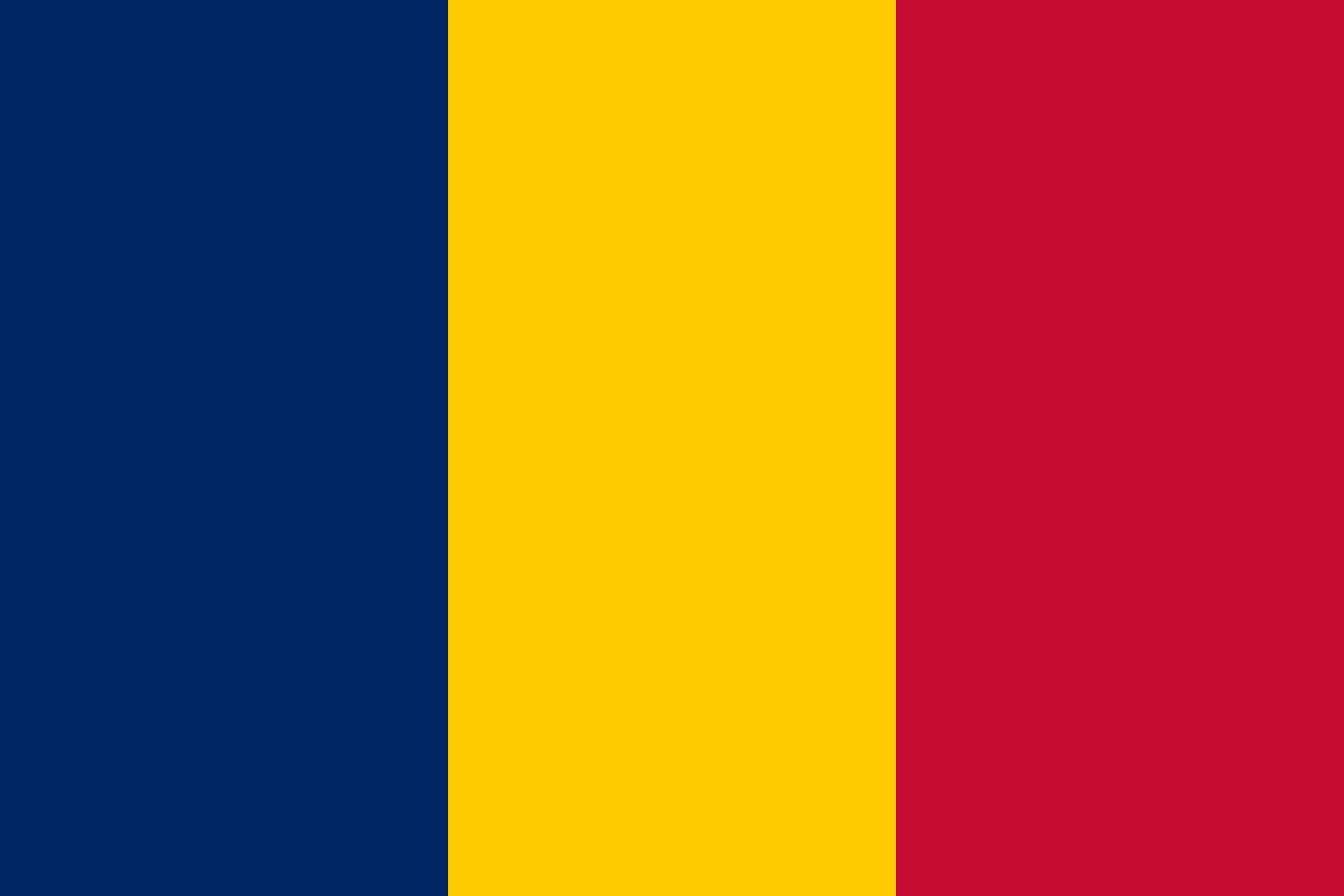 |
Tshad | Republic of Tshad | N'djamena |
|
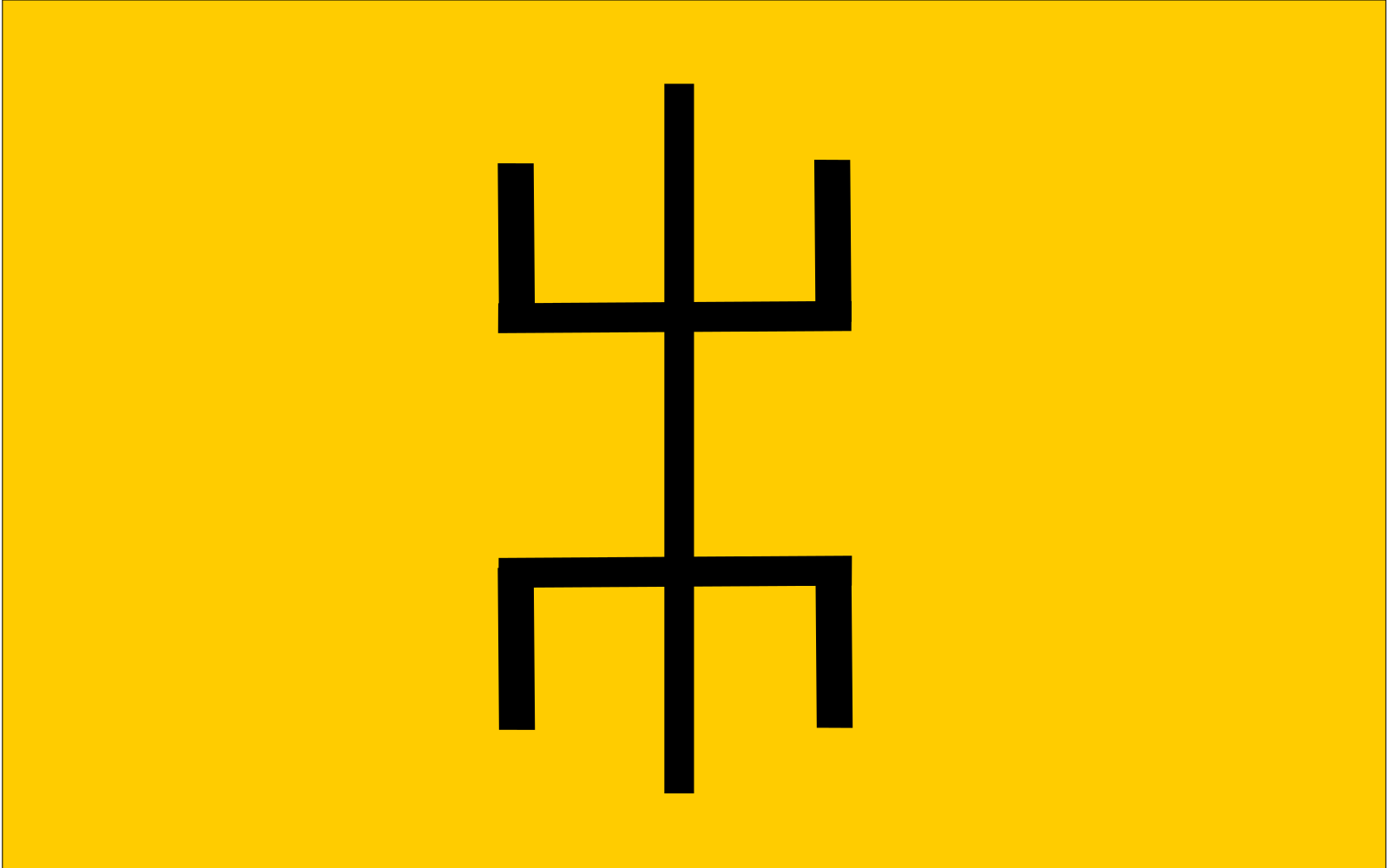 |
Tuareg | Tuareg Republic | Alshqati | Tamahaq |
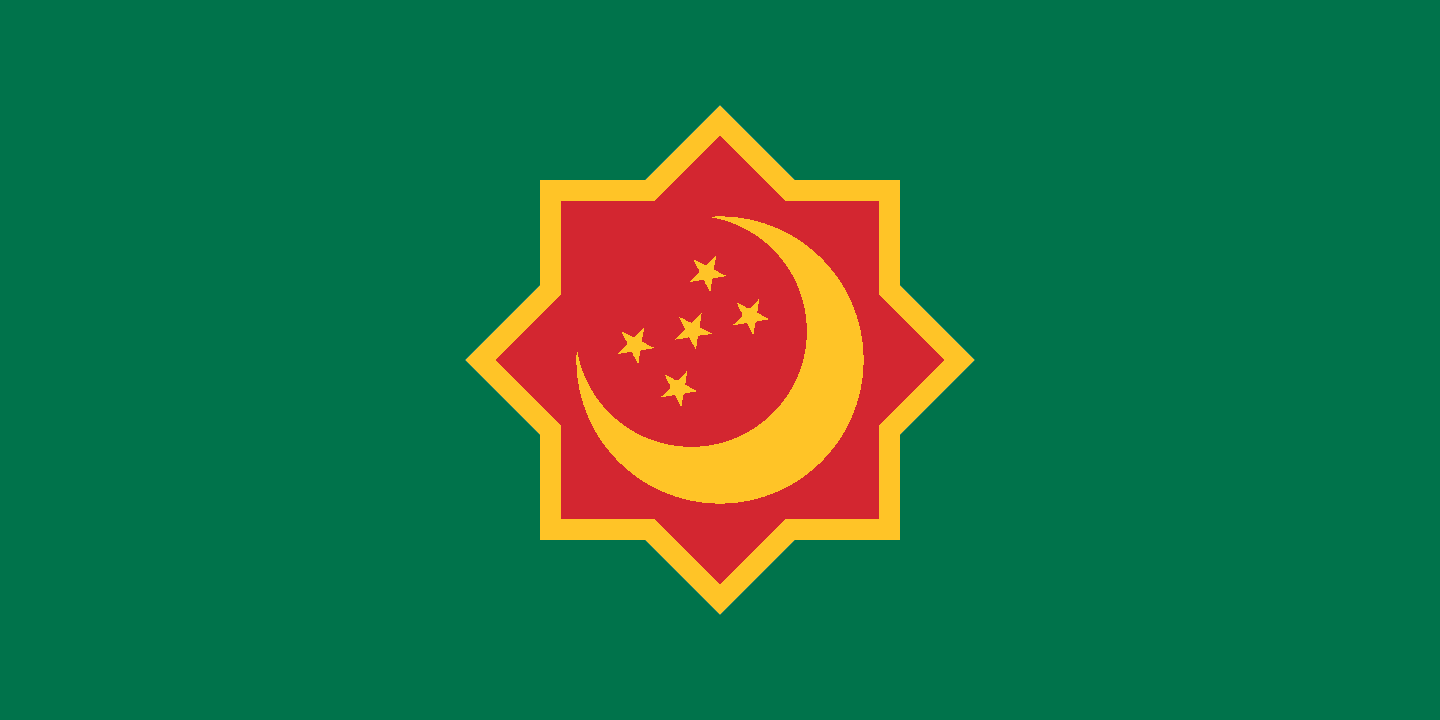 |
Turkmenistan | Republic of Turkmenistan | Ashgabat | Turkmen |
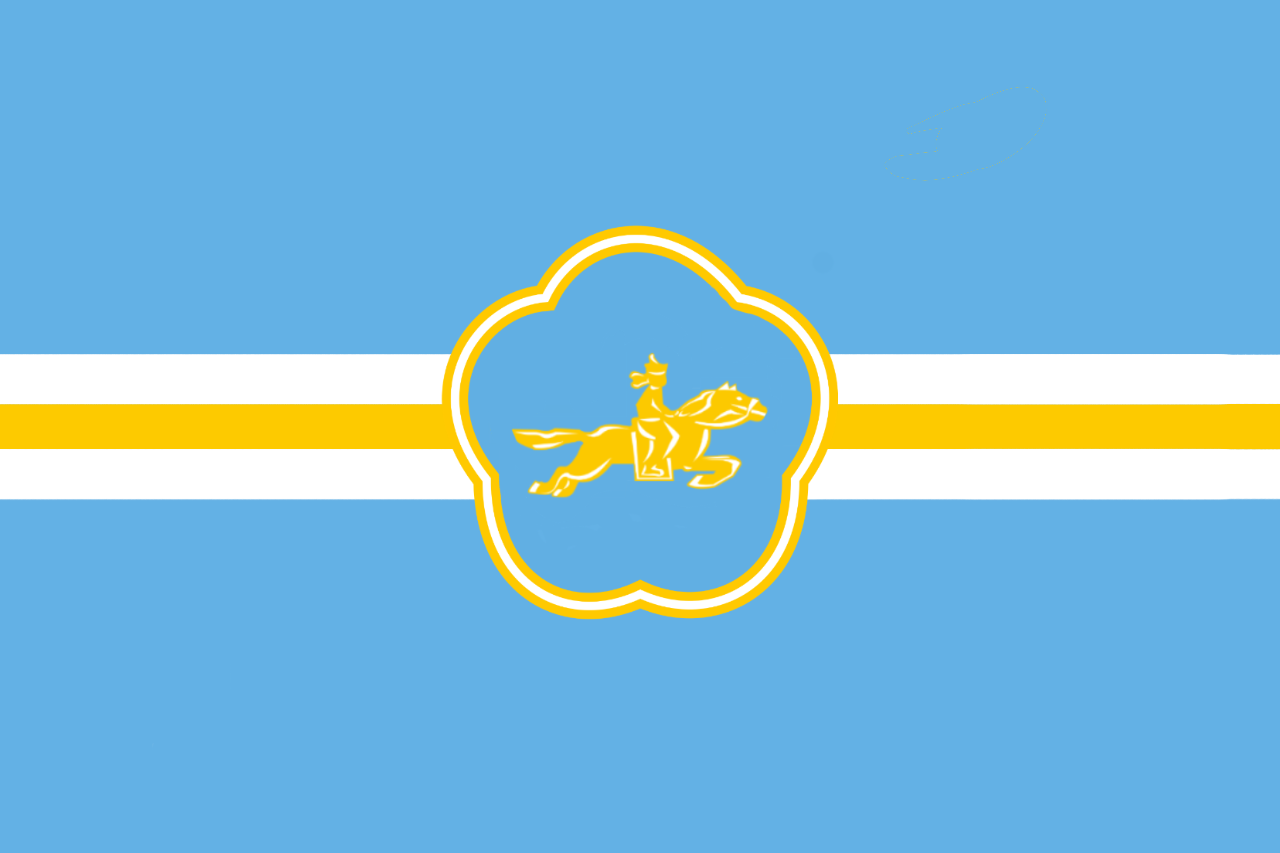 |
Tuva | Tuvan Republic | Kızıl (Kyzyl) | Tuvan |
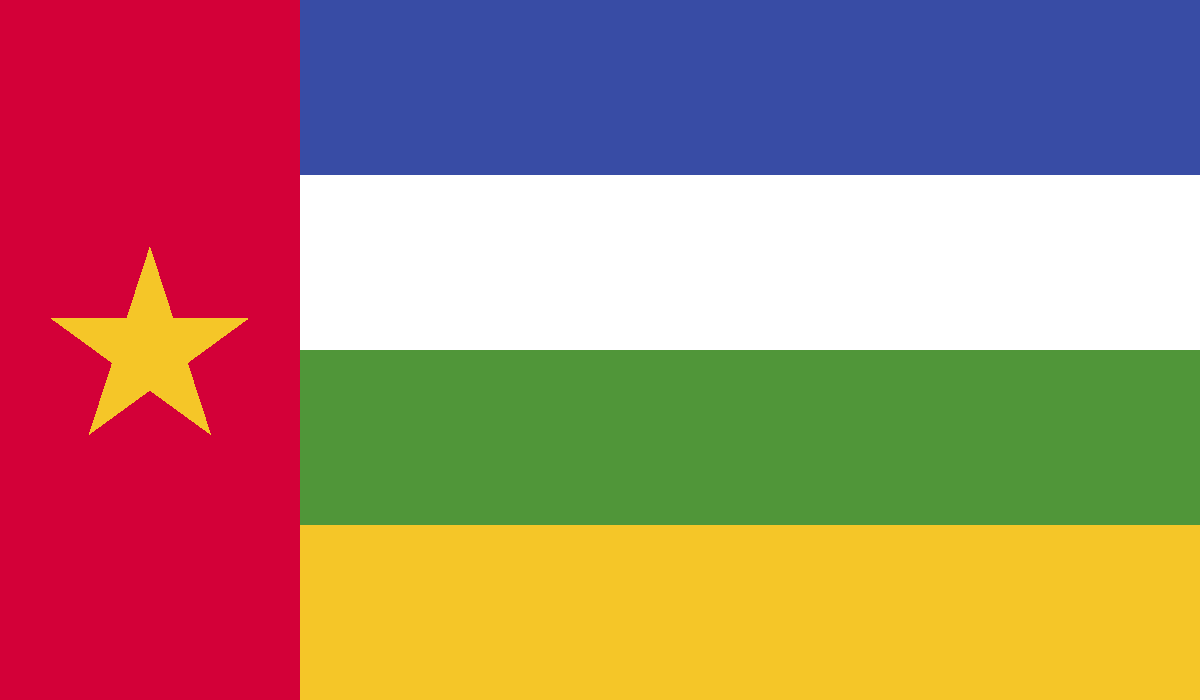 |
Ubangia | Republic of Ubangia | Bangui |
|
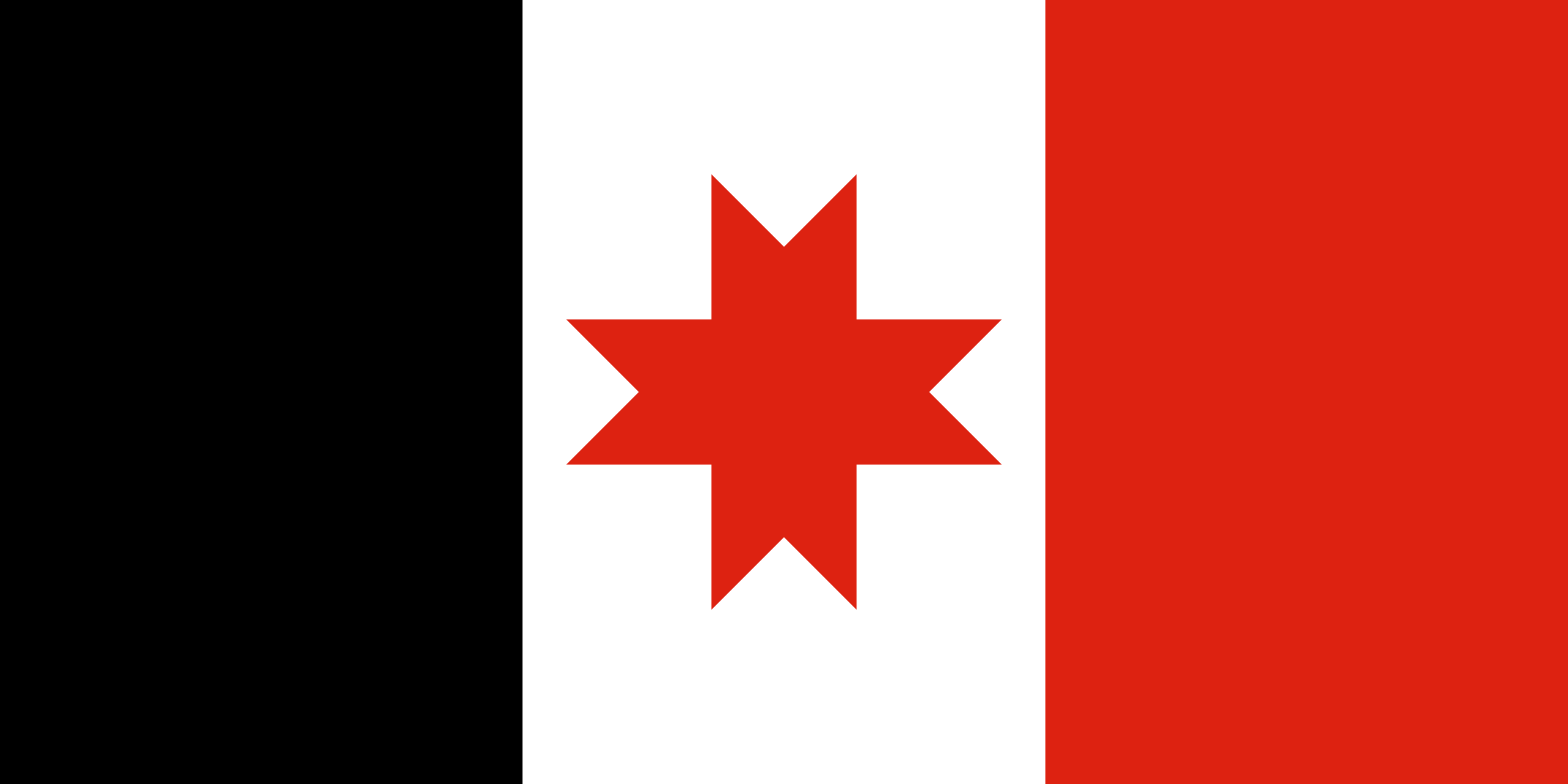 |
Udmurtia | Republic of Udmurtia | Ižkar (Izhevsk) | Udmurt |
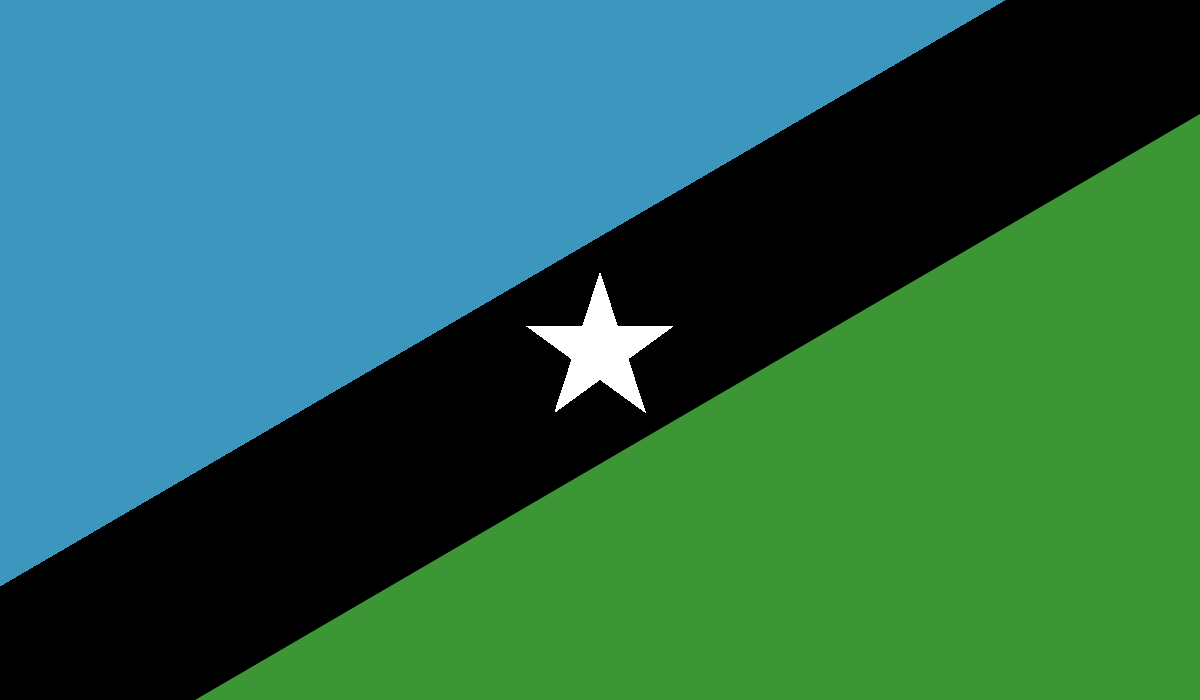 |
Uganda-Hututsi | Republic of Uganda-Hututsi | Kampala |
|
 |
Ukraine | Republic of Ukraine | Kharkiv | Ukrainian |
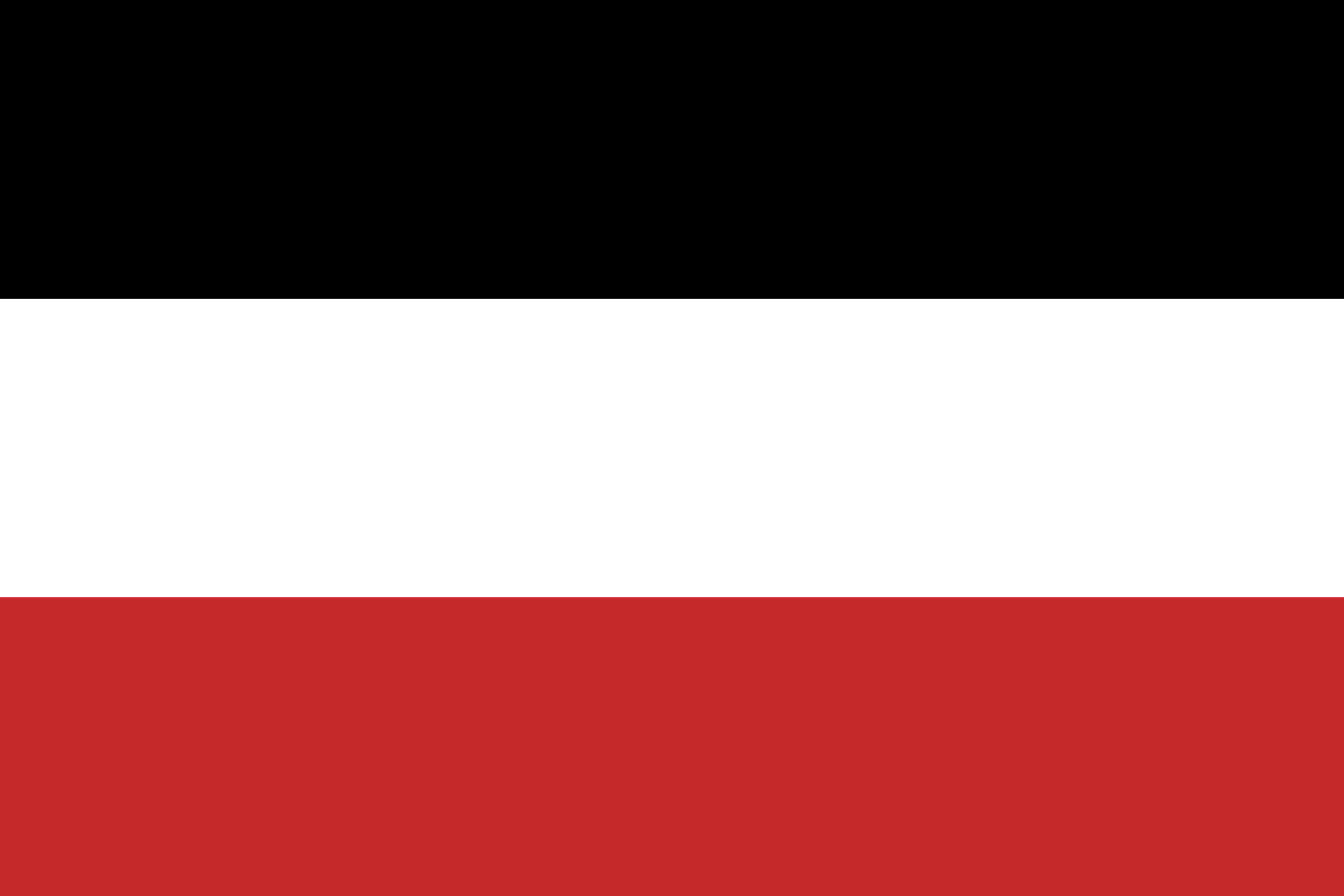 |
Upper Volta | Republic of Upper Volta | Ouagadougou |
|
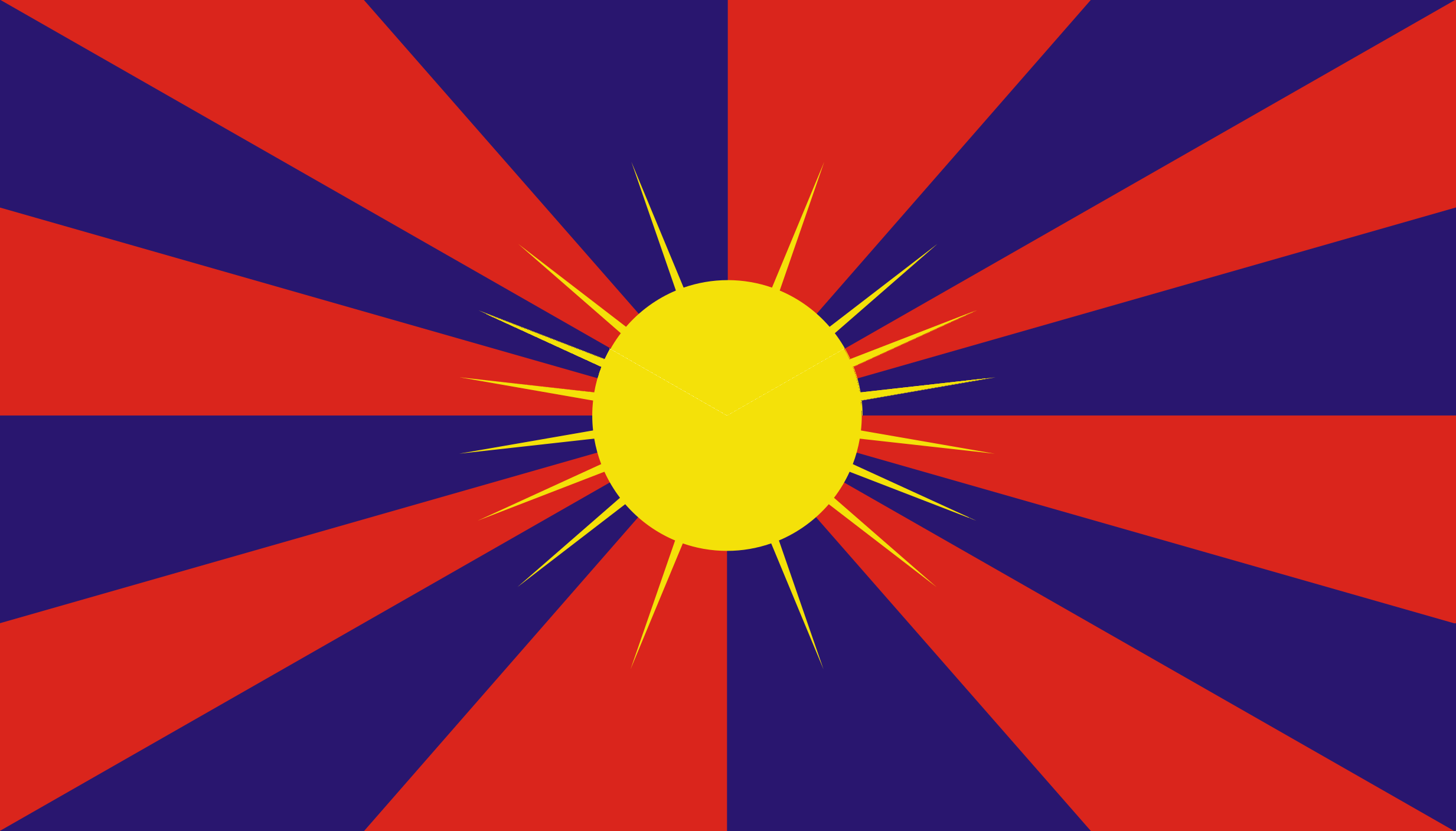 |
Utsong | Republic of Utsong | Lhasa | Tibetan |
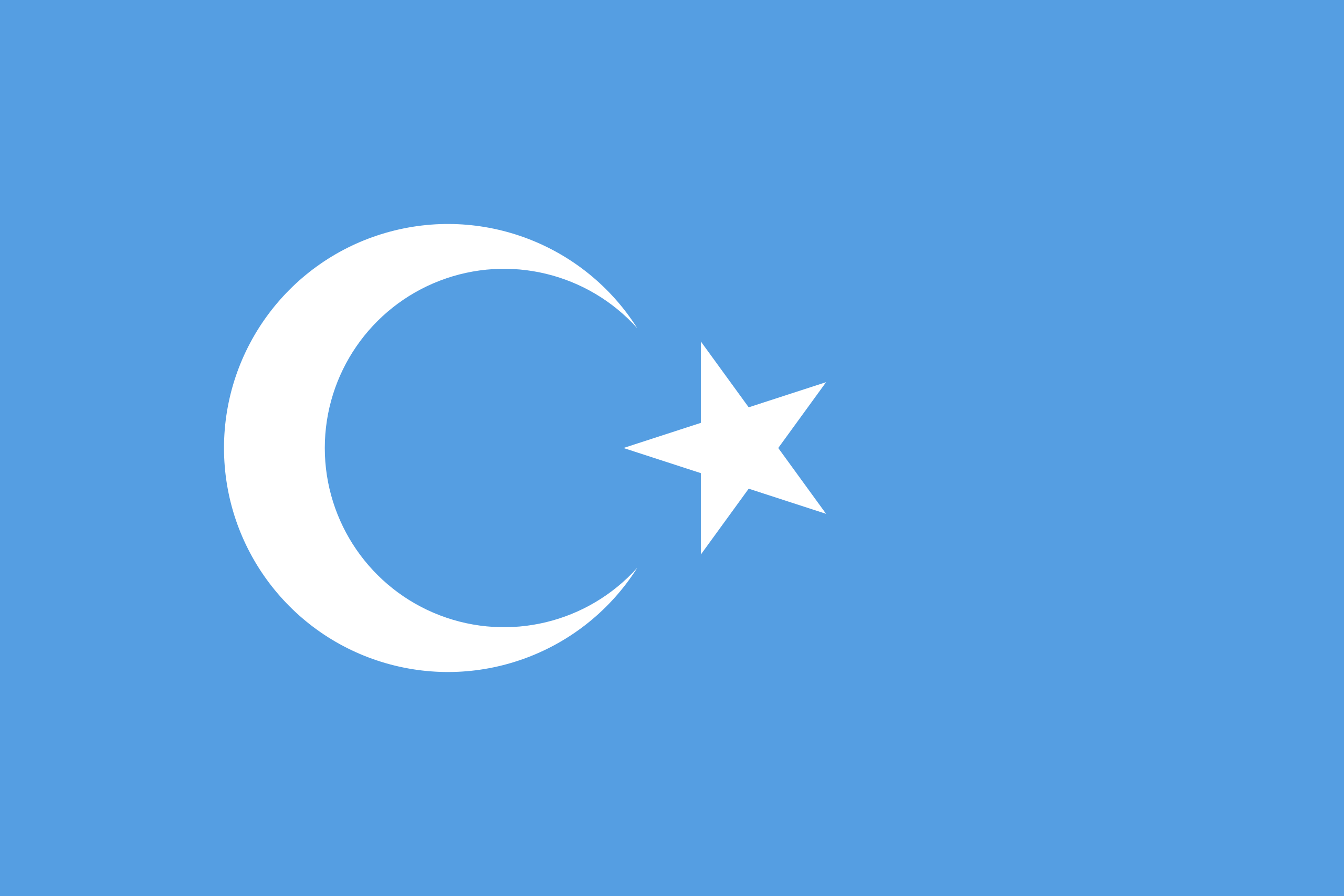 |
Uyghurstan | Republic of Uyghurstan | Kashgar | Uyghur |
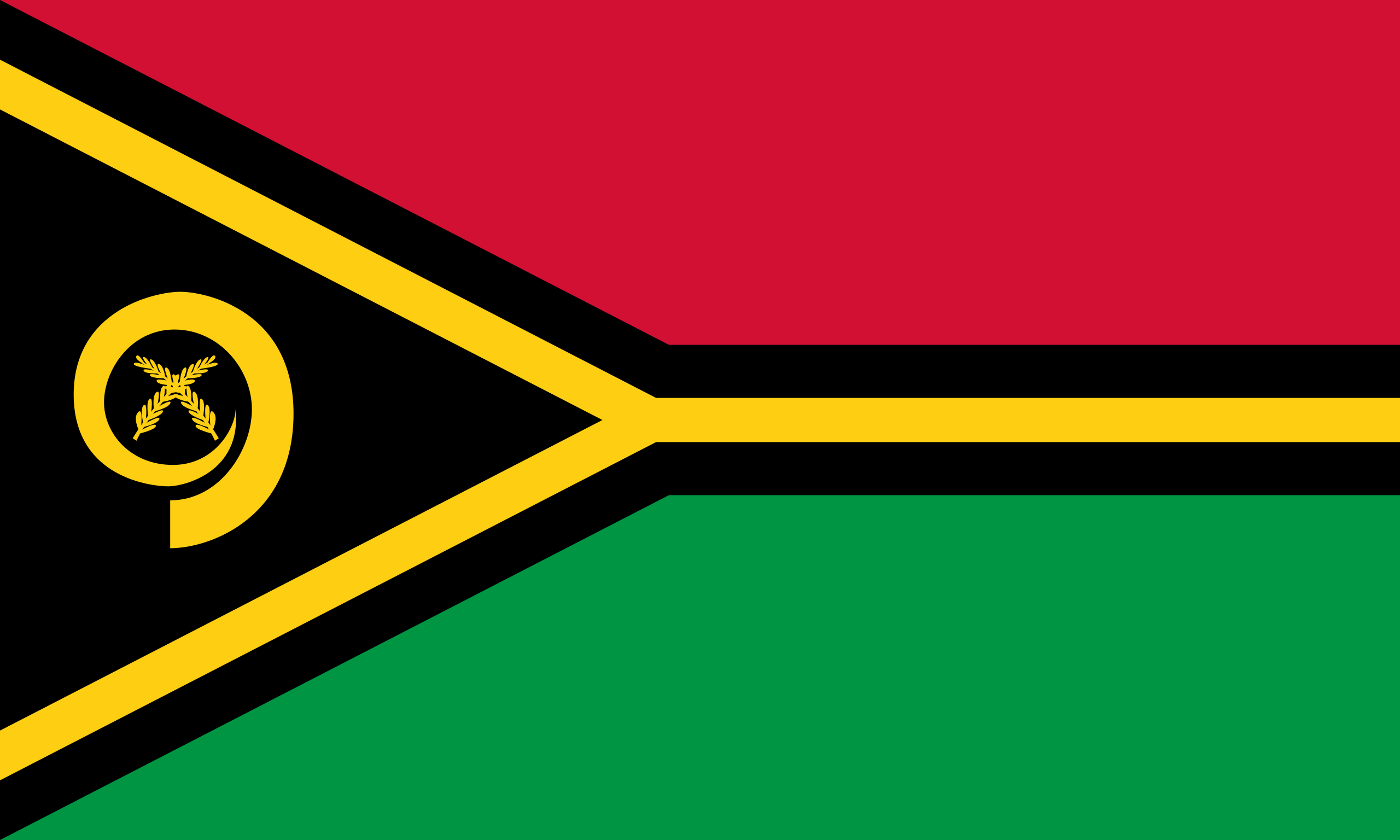 |
Vanuatu | Republic of Vanuatu | Islandian Islands City |
|
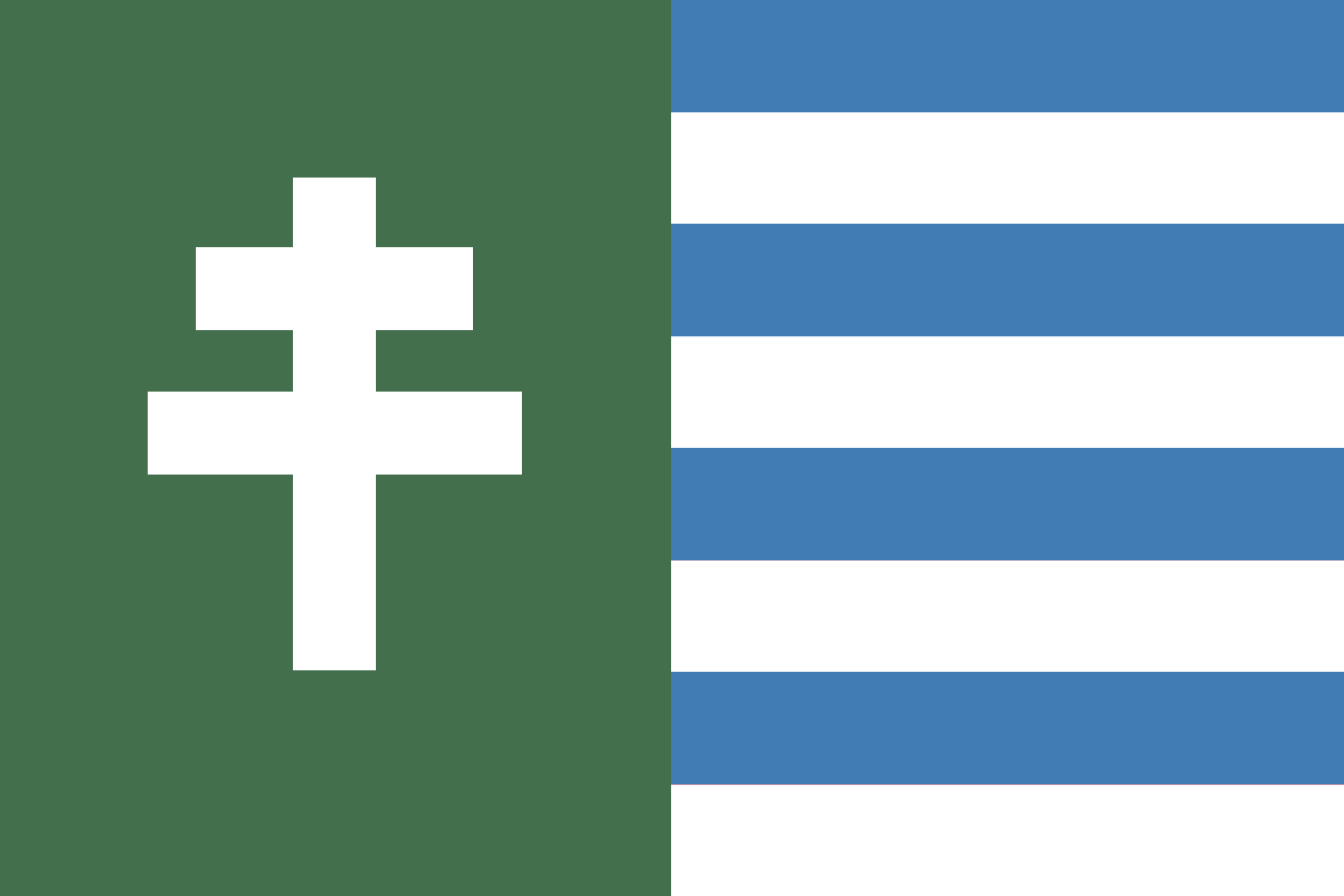 |
Vedagyar | Confederate Republic of Vedagyar | Vedaburg City | Hungarian |
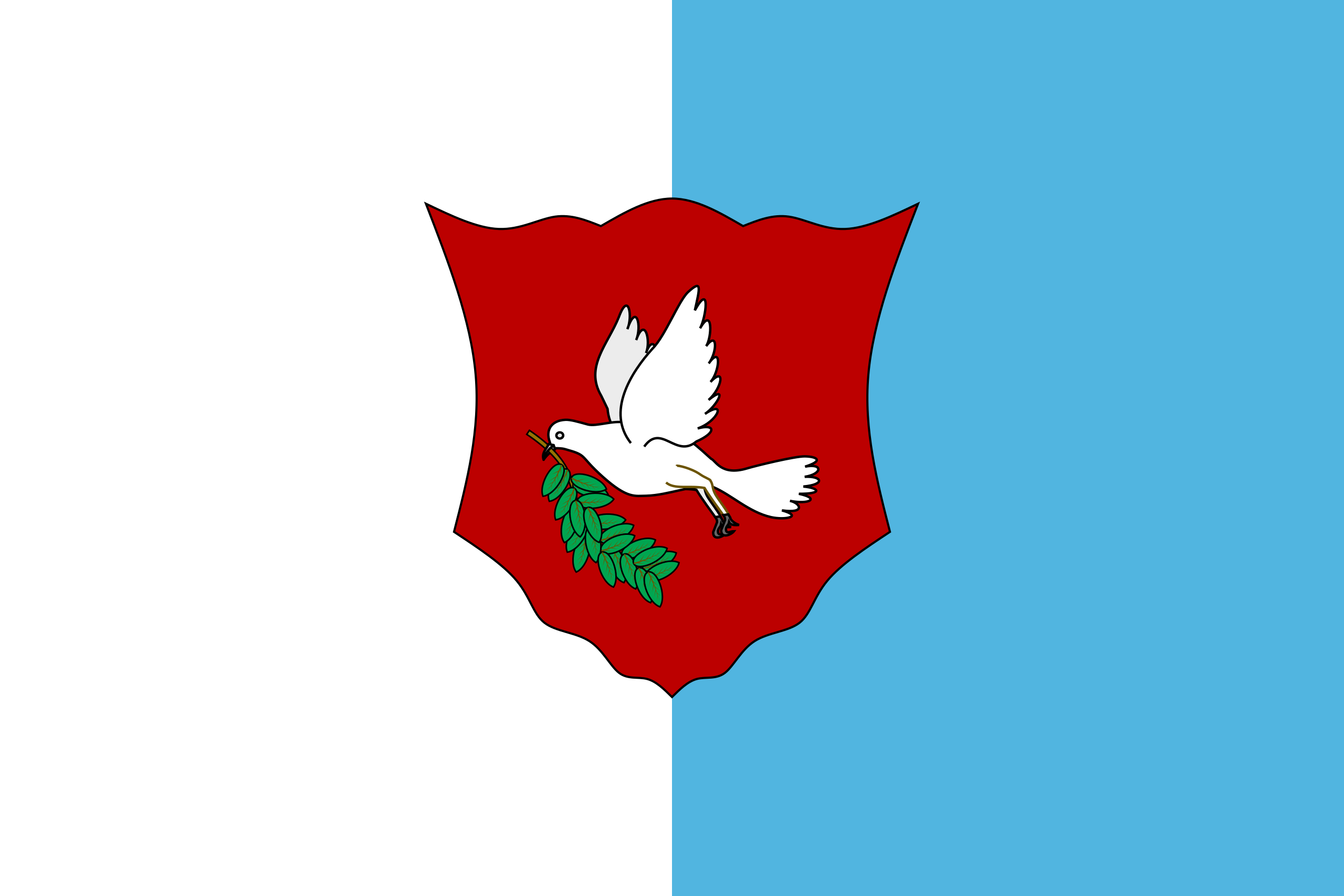 |
Viti | Republic of Viti | Suva |
|
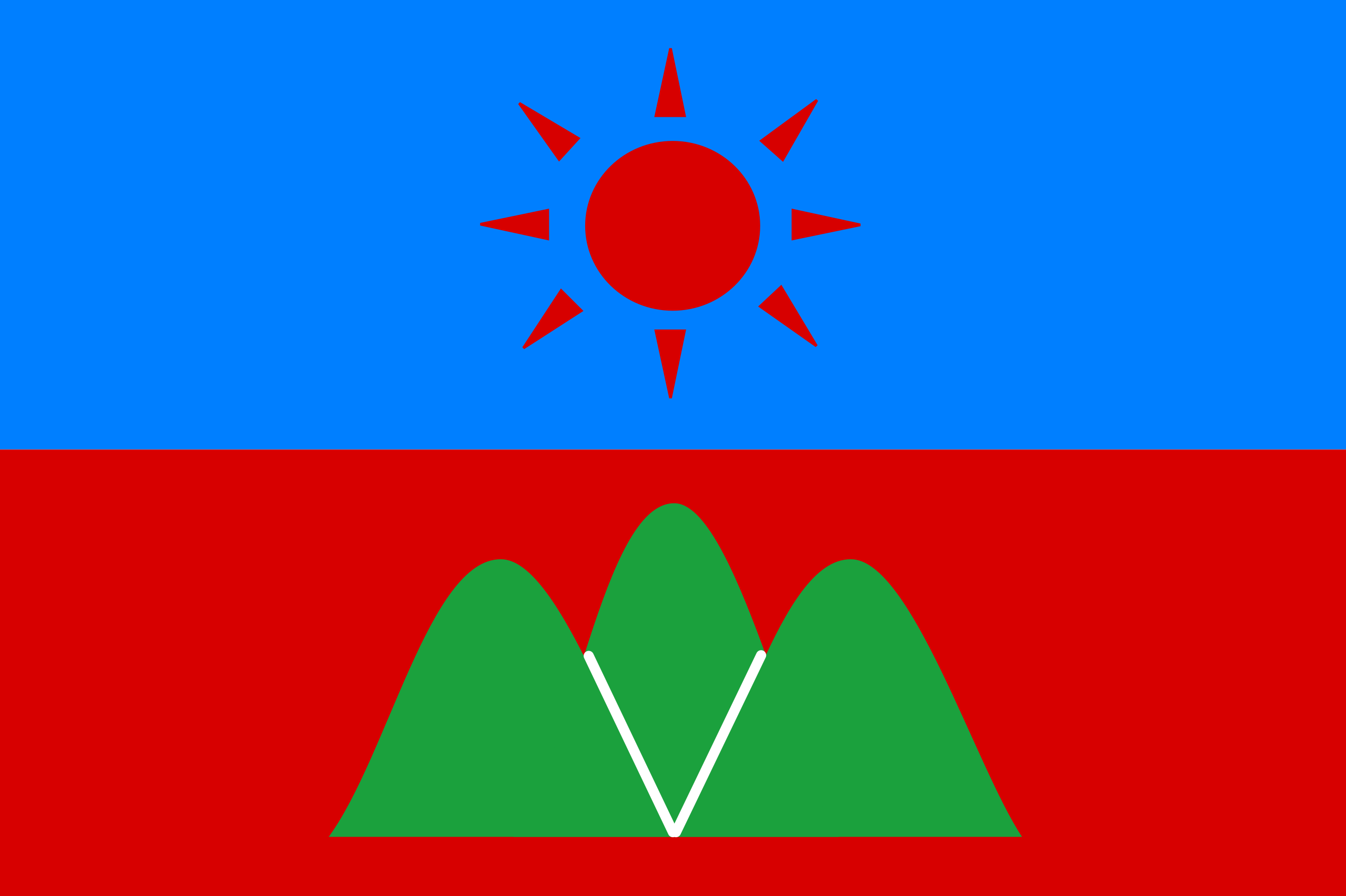 |
Wa | Wa Republic | Pangkham | Wa |
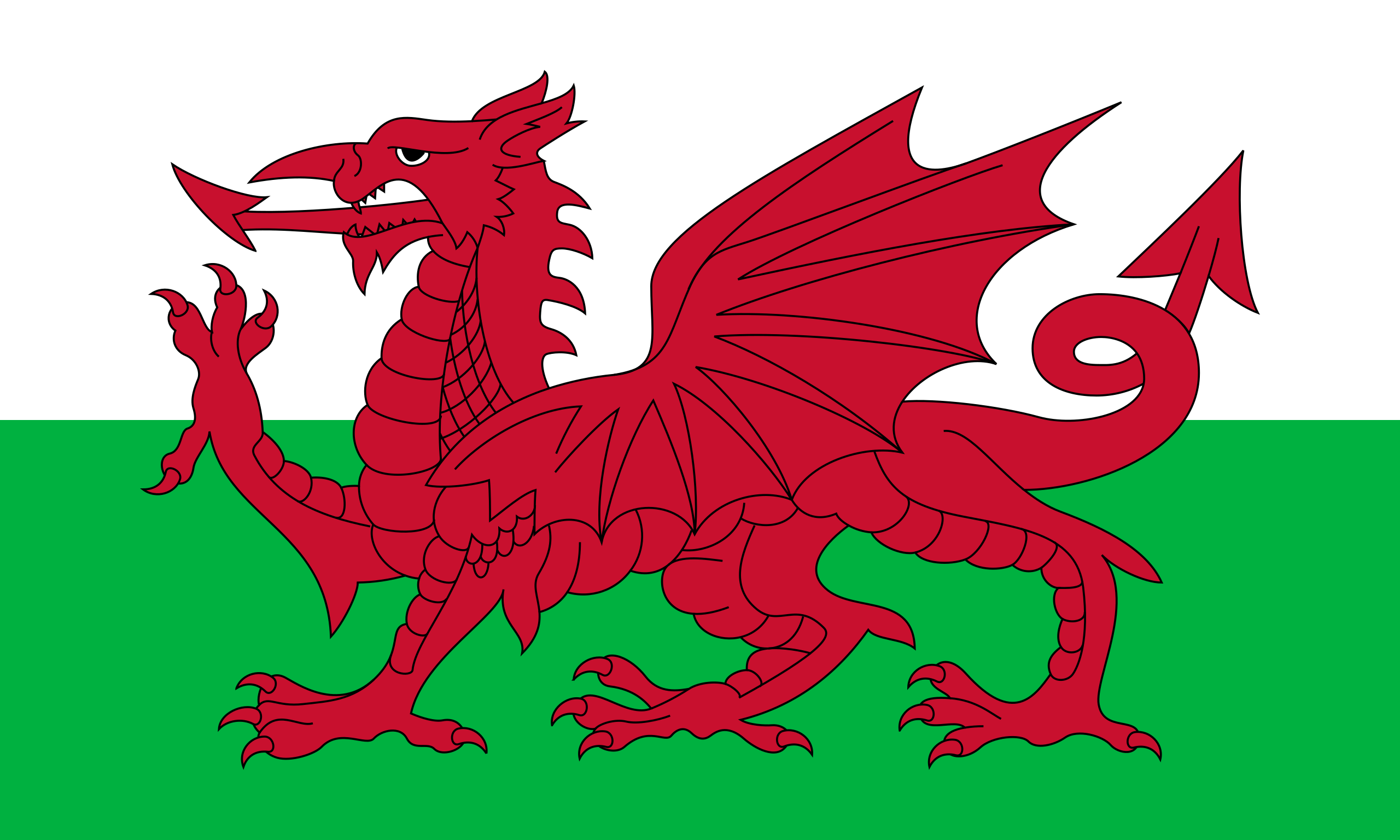 |
Wales | Republic of Wales | Wrexham | Welsh |
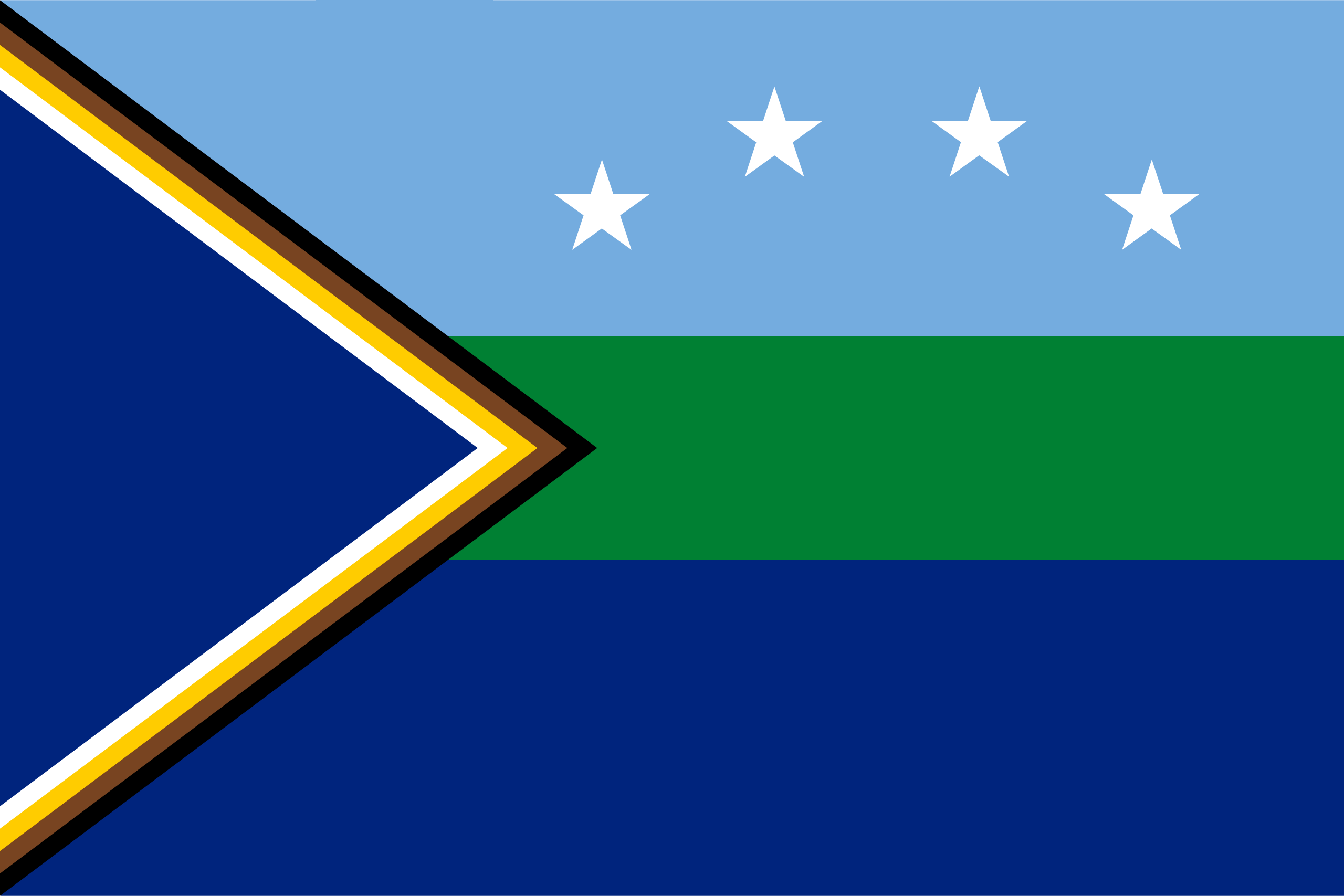 |
Warao | Republic of Warao | Tucupita |
|
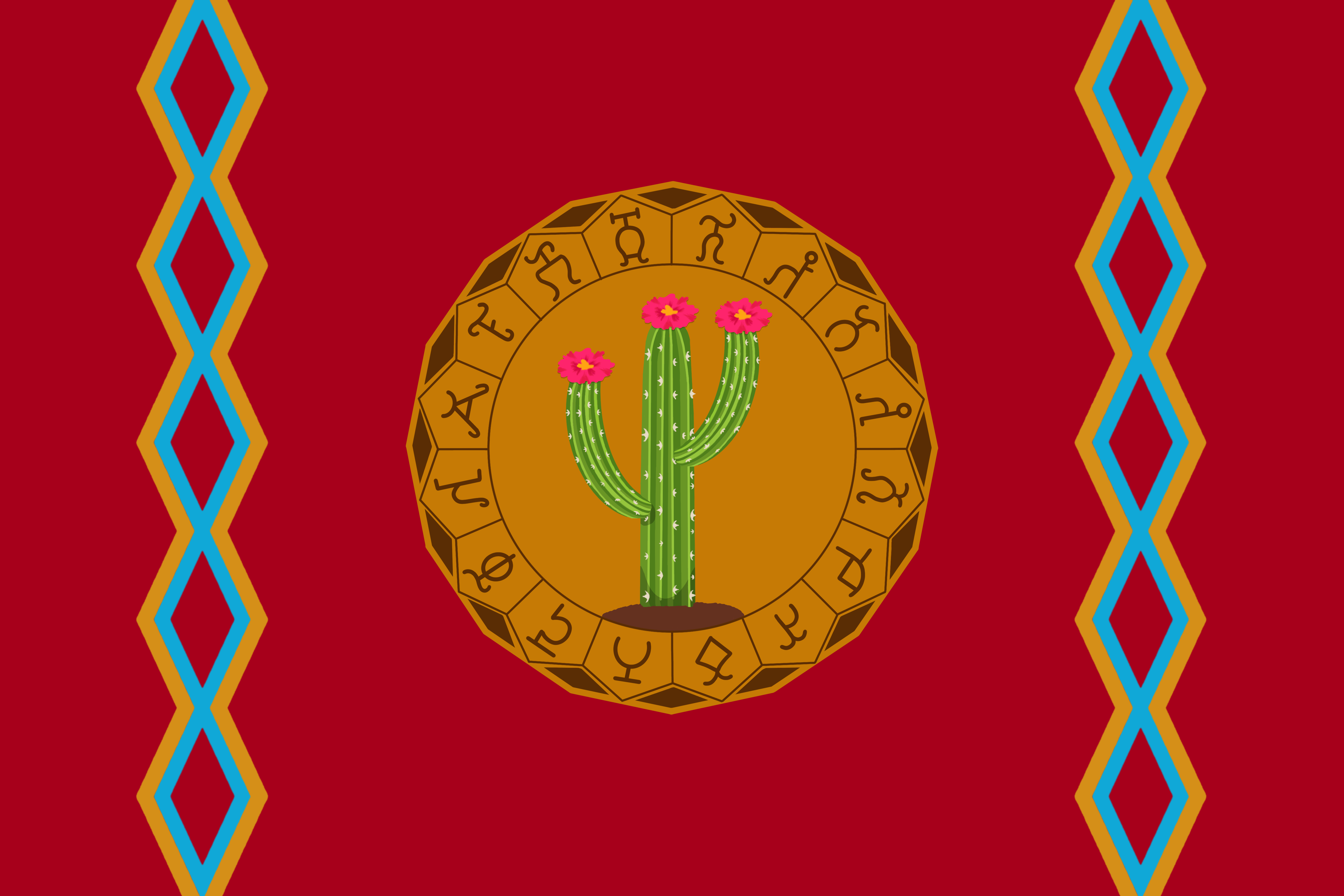 |
Wayuu | Republic of Wayuu | Maracaibo |
|
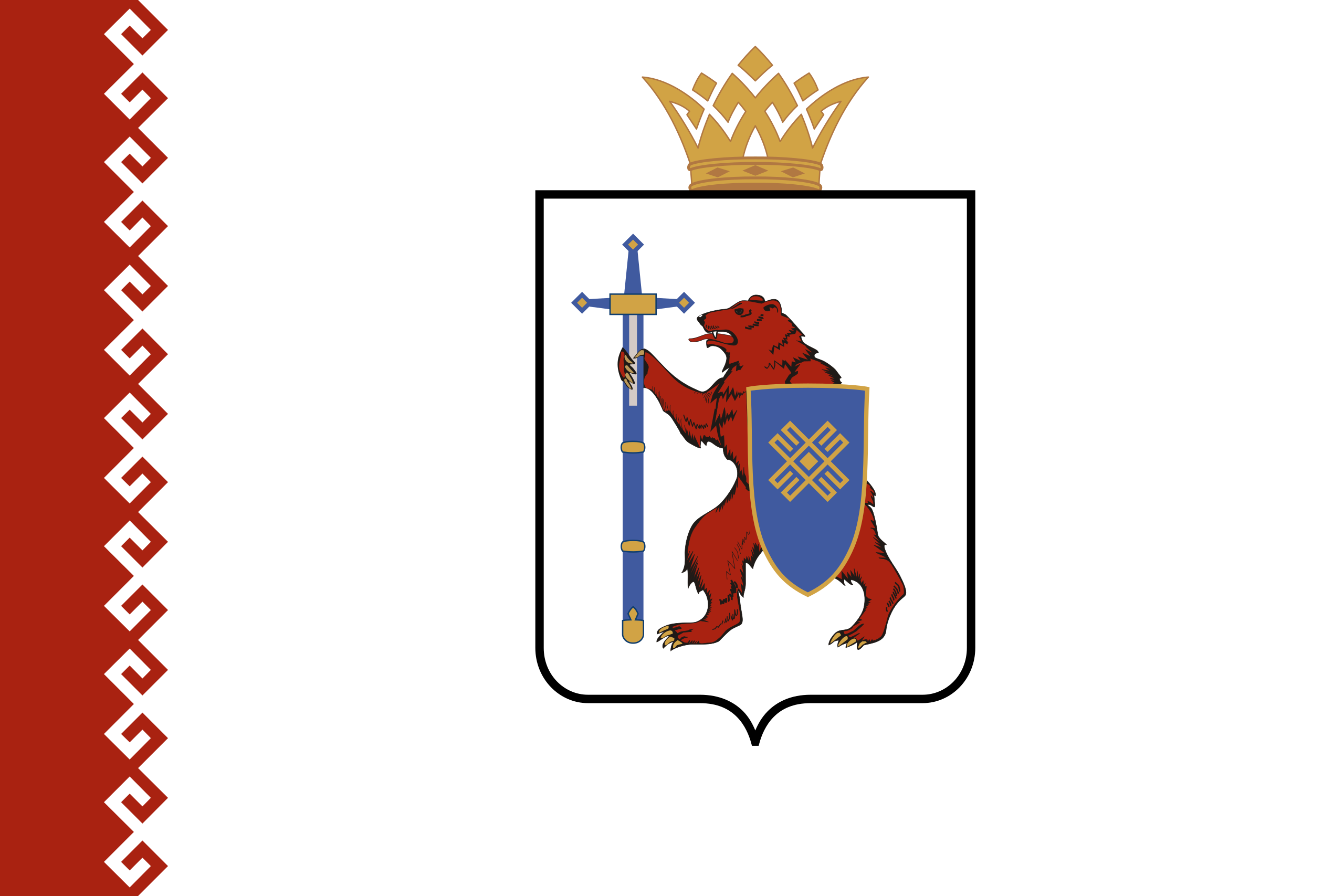 |
Western Mari | Republic of Western Mari | Yoshkar-Ola |
|
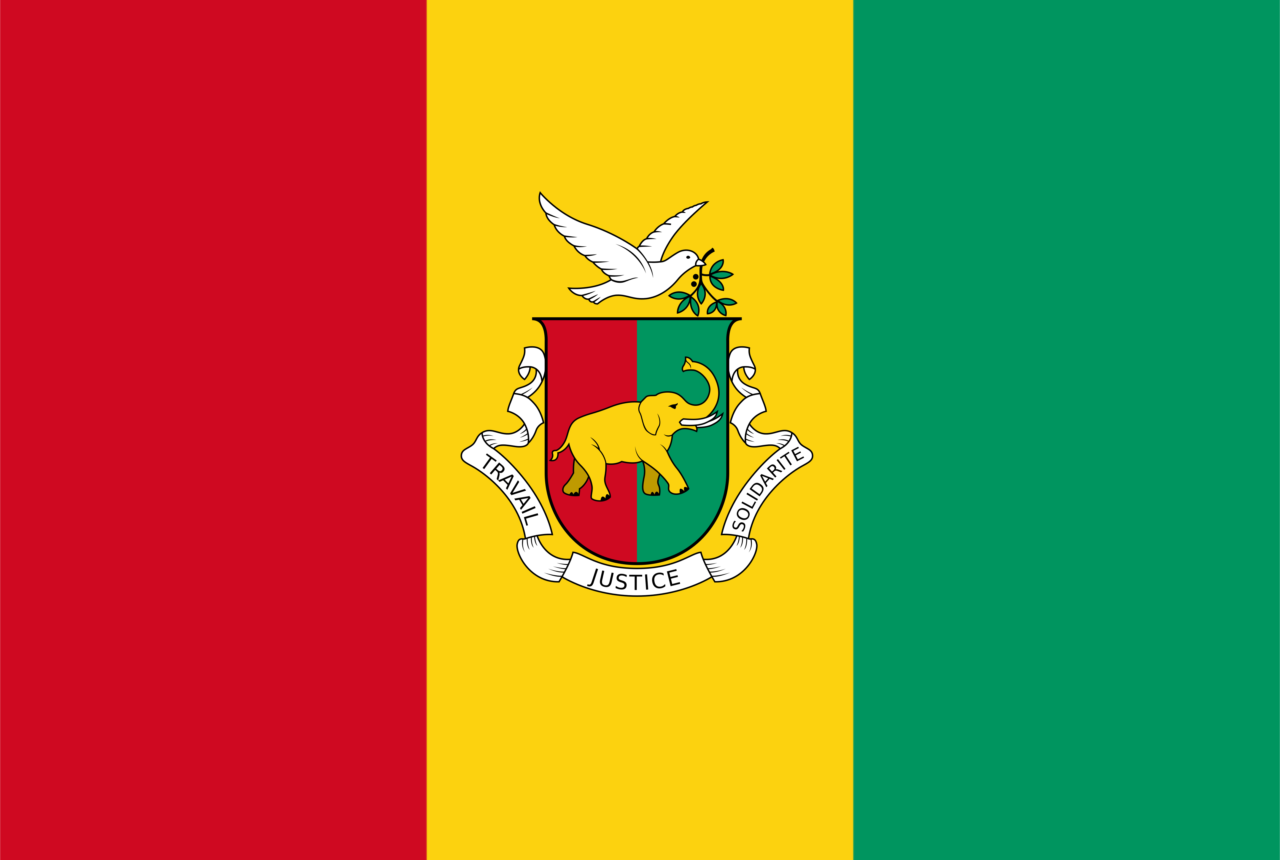 |
West Fulania | Republic of West Fulania | Conakry |
|
 |
West Papua | Republic of West Papua | Sorongwaiwoga...[7] |
|
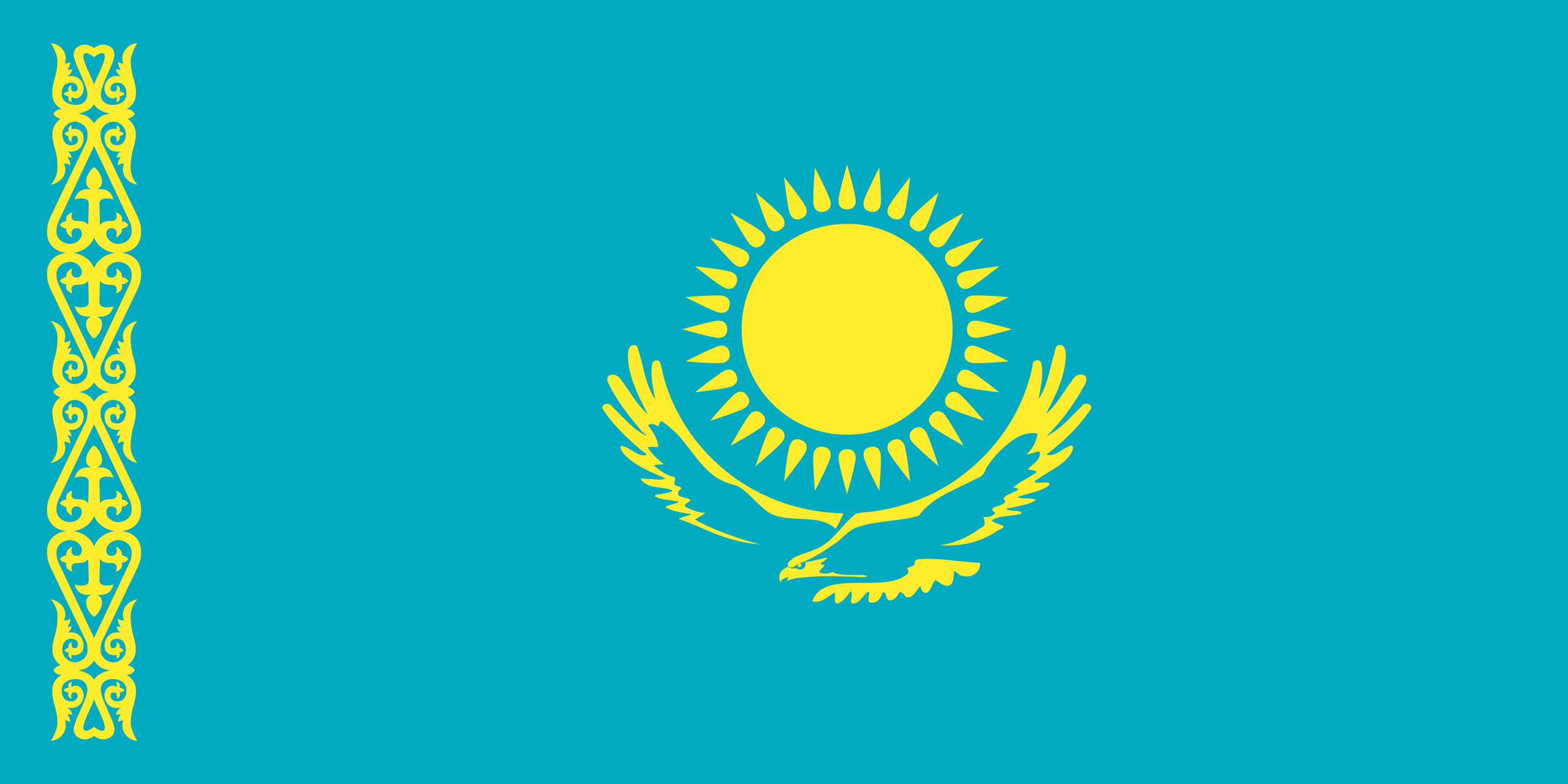 |
West Qazaq | Republic of West Qazaqstan | Atyrau | Kazakh |
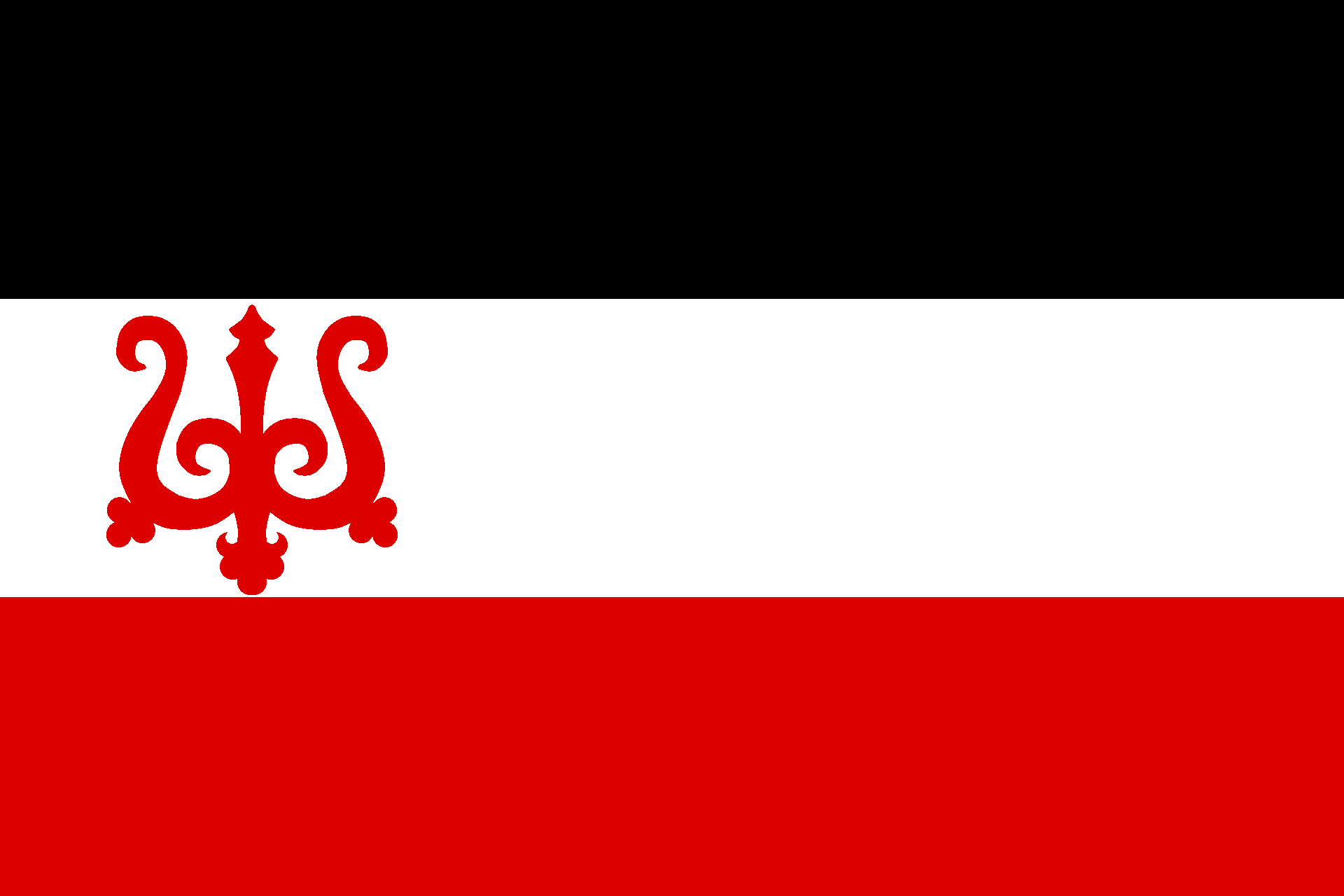 |
West Sakha | Republic of West Sakha | Ajchal (Aykhal) |
|
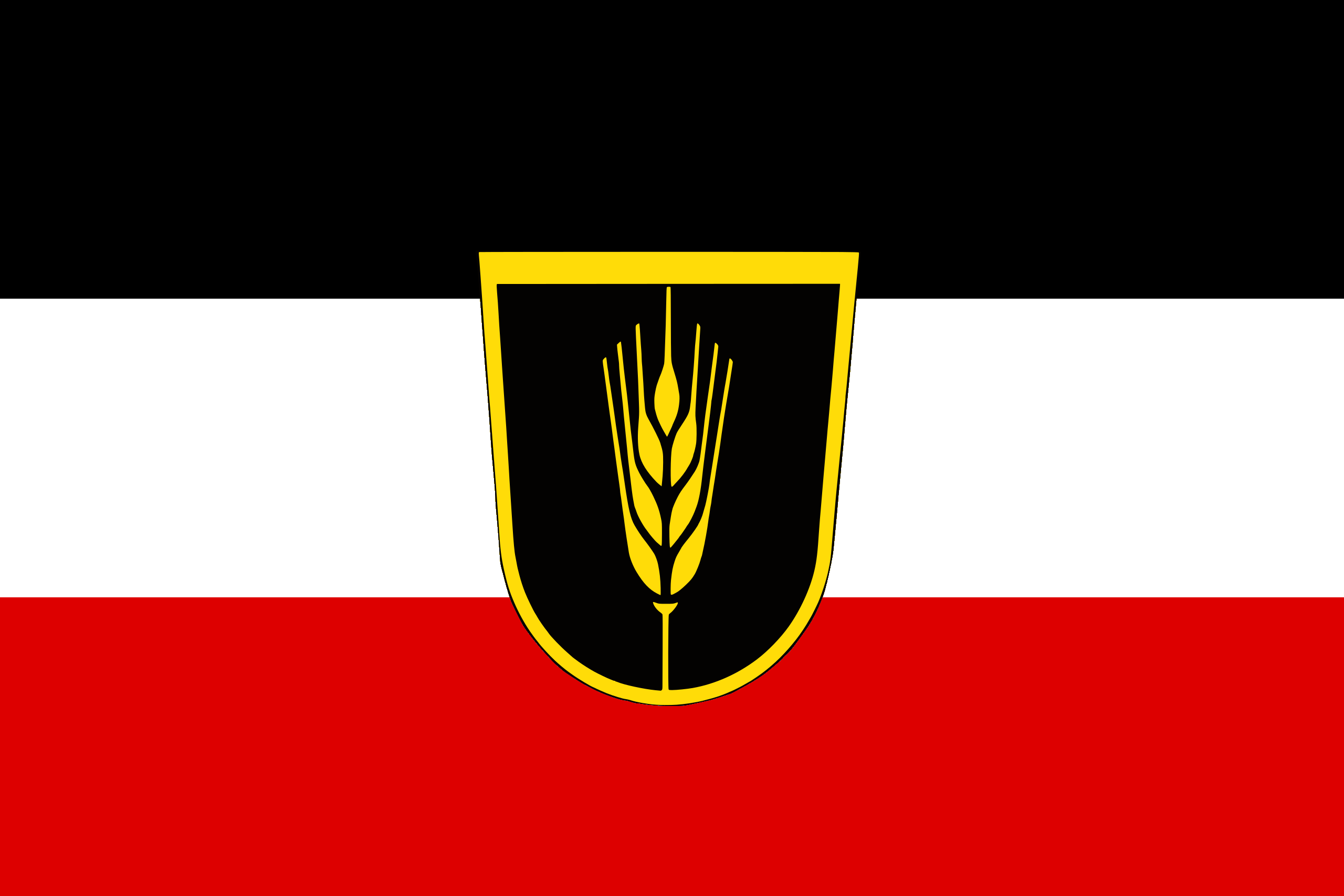 |
Wolga Germania | Republic of Wolga-Germania | Kosakenstadt | German |
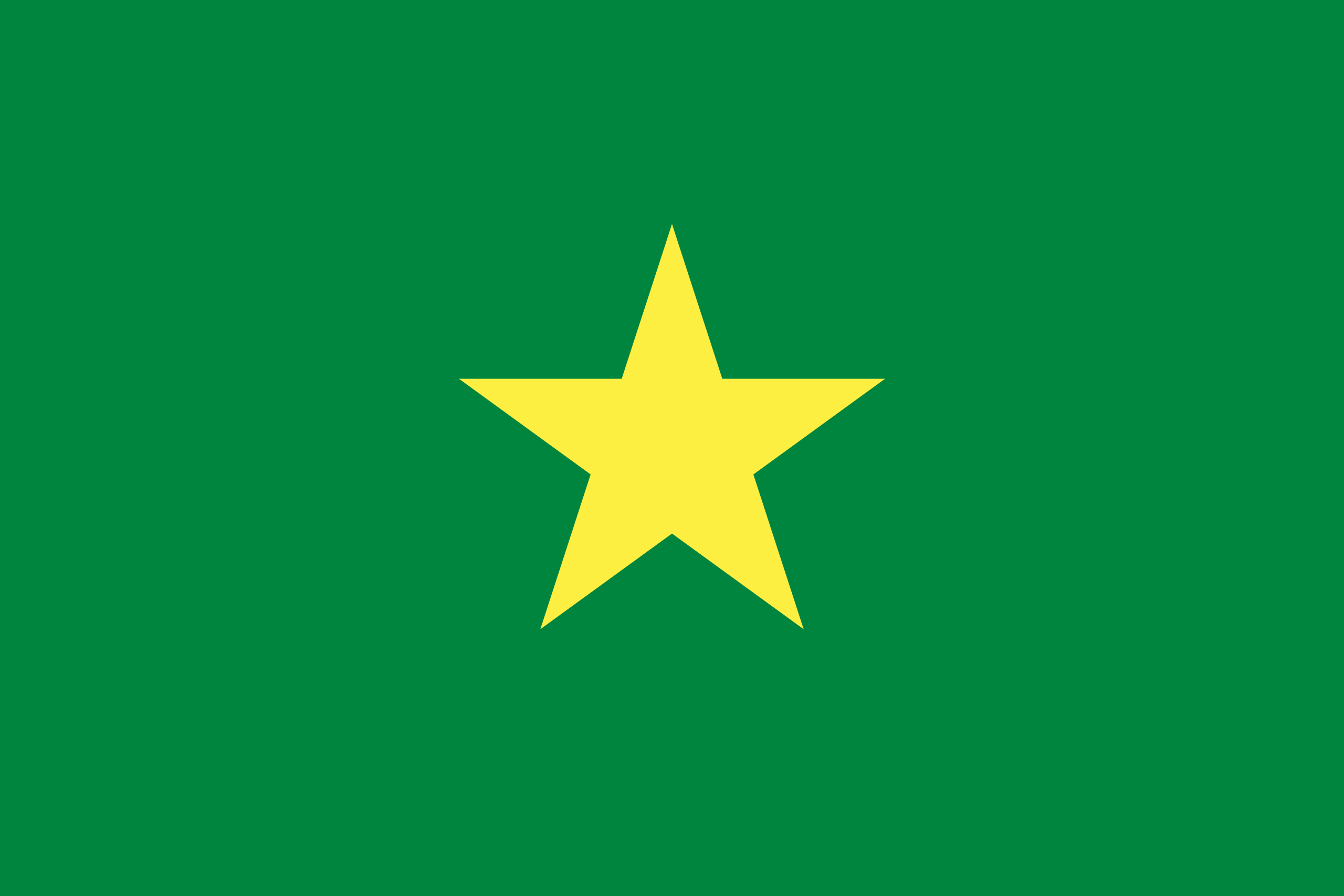 |
Wolofia | Republic of Wolofia | Dakar |
|
 |
Yakamoto | Federative Republic of Yakamoto | Sapporo |
|
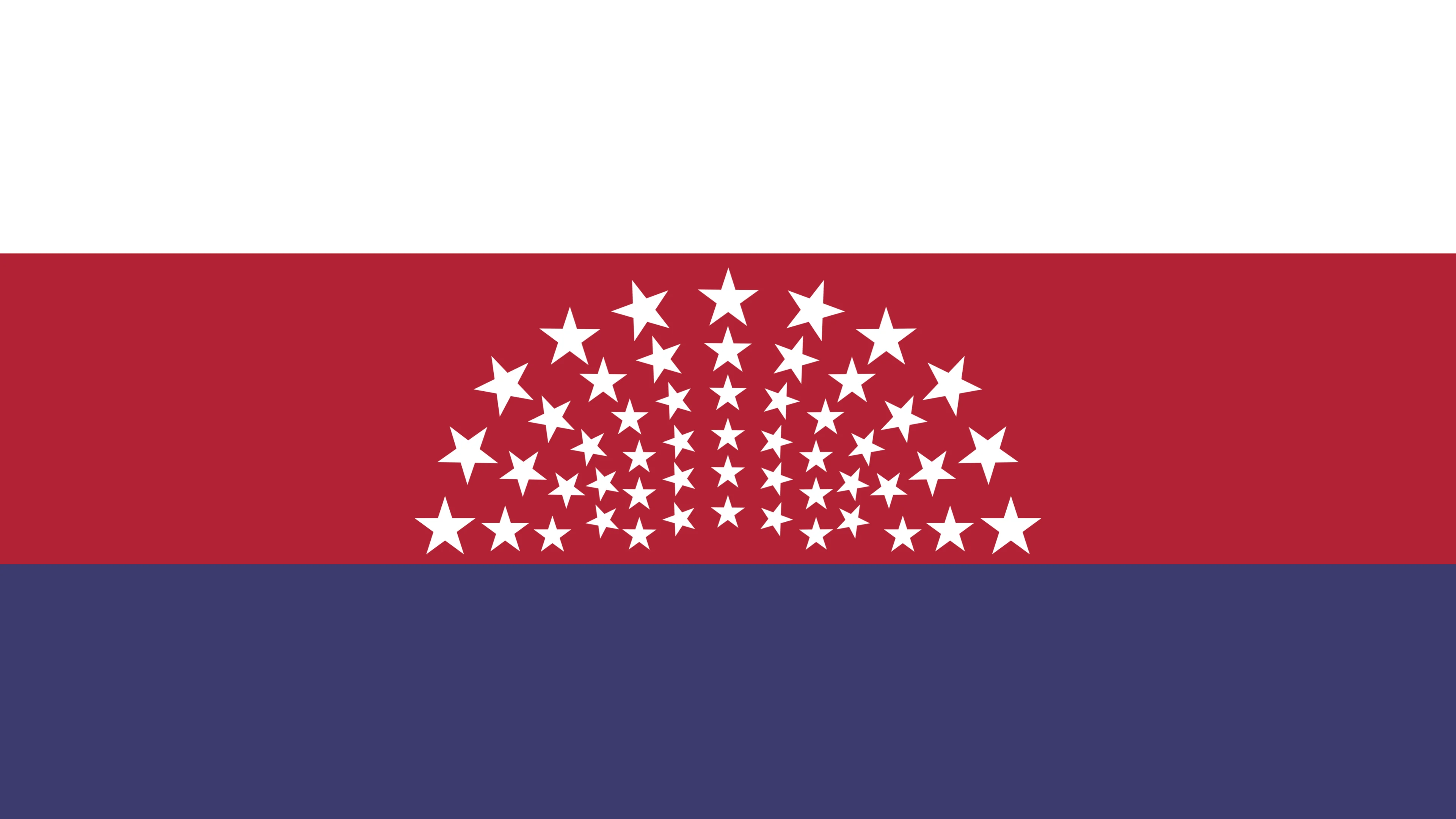 |
Yorica | Federative Republic of Yorica | Emiro |
|
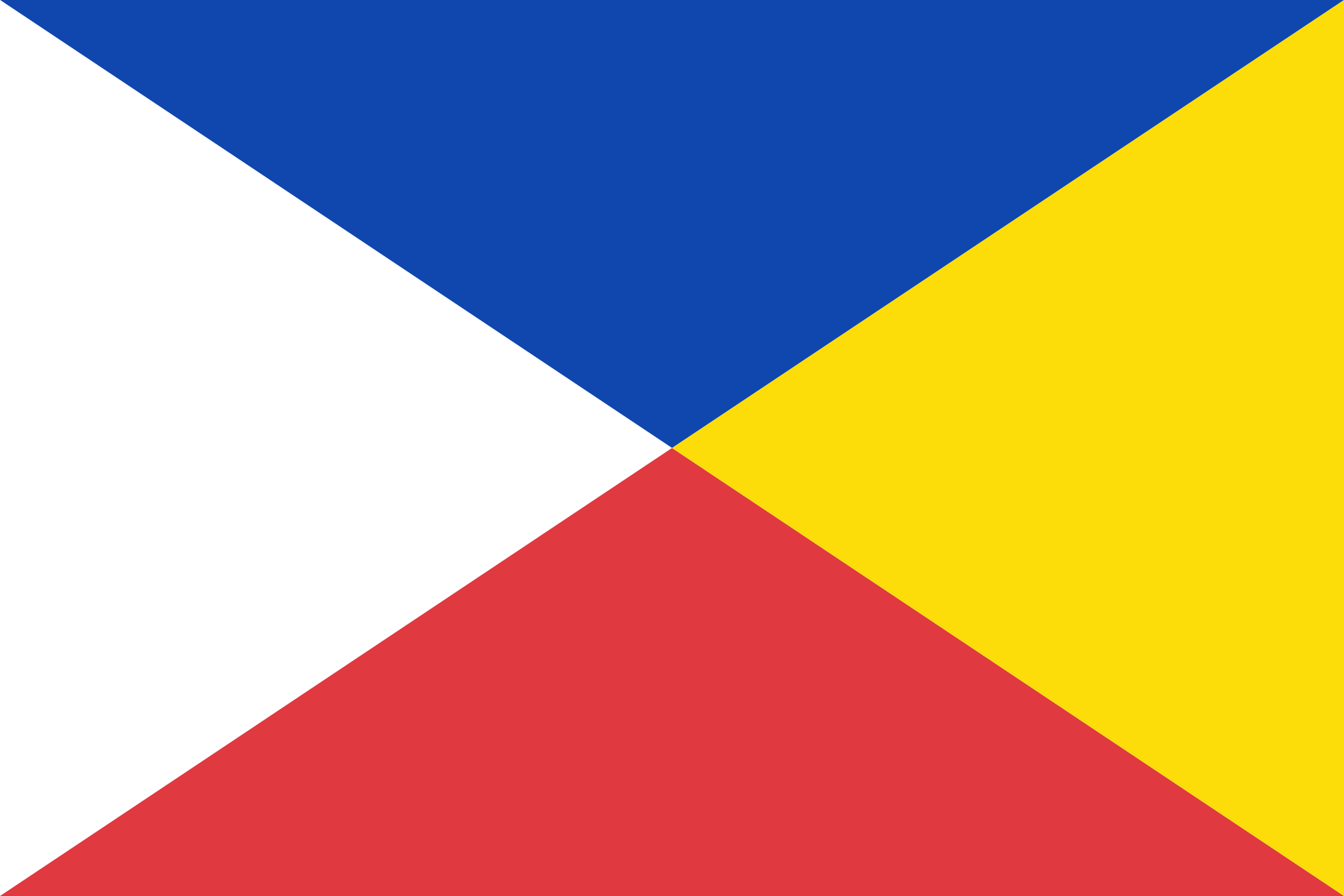 |
Yukateka | Republic of Yukateka | Mérida |
|
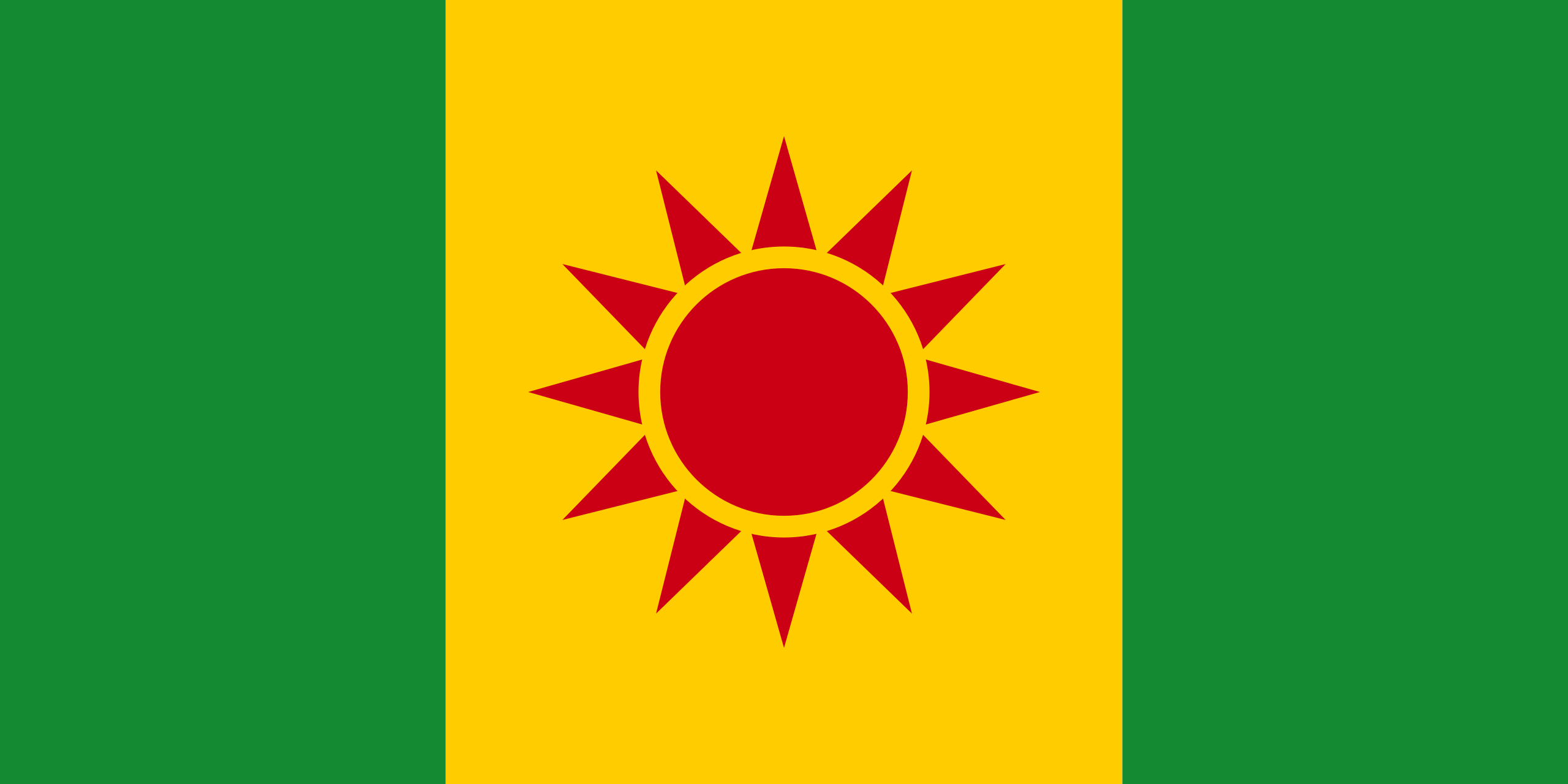 |
Zazaistan | Republic of Zazaistan | Mamekiye (Tunceli) | Zaza |
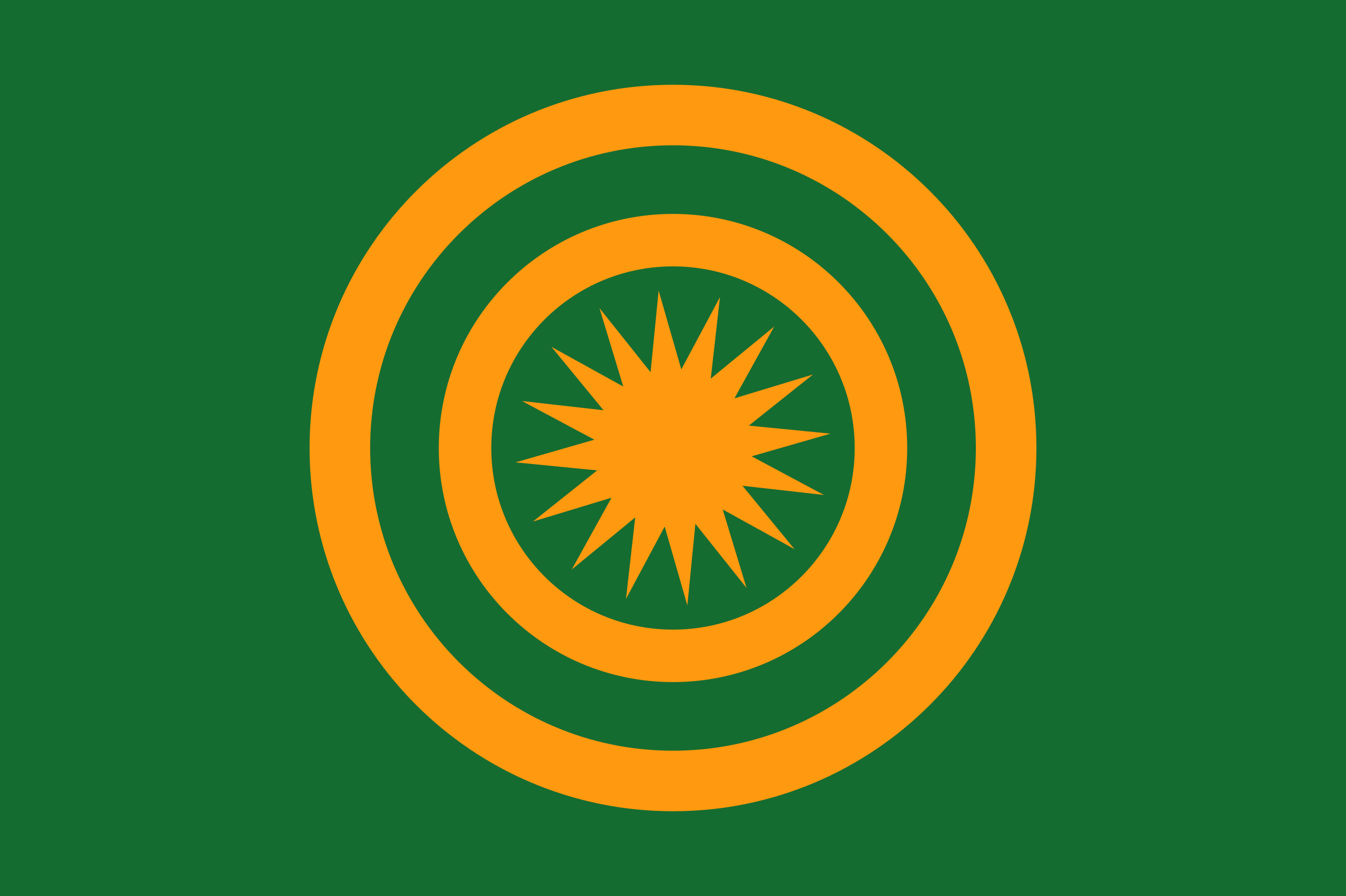 |
Zhuang | Zhuang Republic | Nanning |
|
- ↑ In the conference, the restoration of Rossiya was also proposed, however was denied due to its failure and collapse, alongside the risks of Rossiyan russo-centrism alienating non-rus regions.
- ↑ A select number of seats were government-selected delegates from claimed republics and their territories (that were otherwise not part of the Confederacy, were in the process of joining or had expressed a desire to join,)
- ↑ New Federalist Party
- ↑ Avoids instigating conflicts, but is willing to participate if its for the greater good or defensive.
- ↑ Supports reorganizing the confederacy into a Federation, and thus stronger government
- ↑ "Kalatay" in Kazakh
- ↑ Sorongwaiwogasimrawaskumurkekkoormanokwarimomimogoibintunimodanberapikaimanagariaubawenabirewaghetetimikaamamapare'dobo
